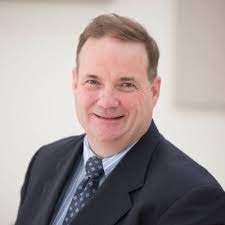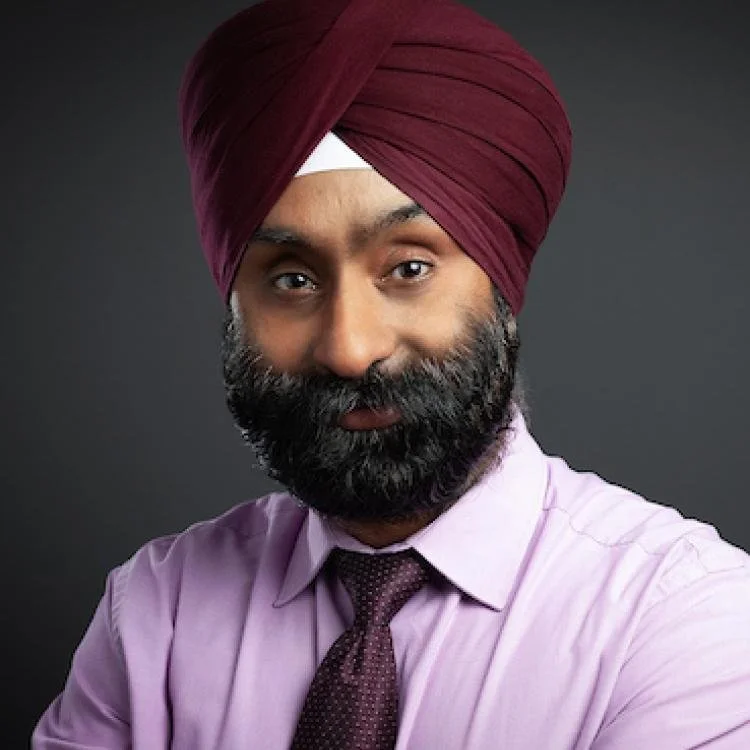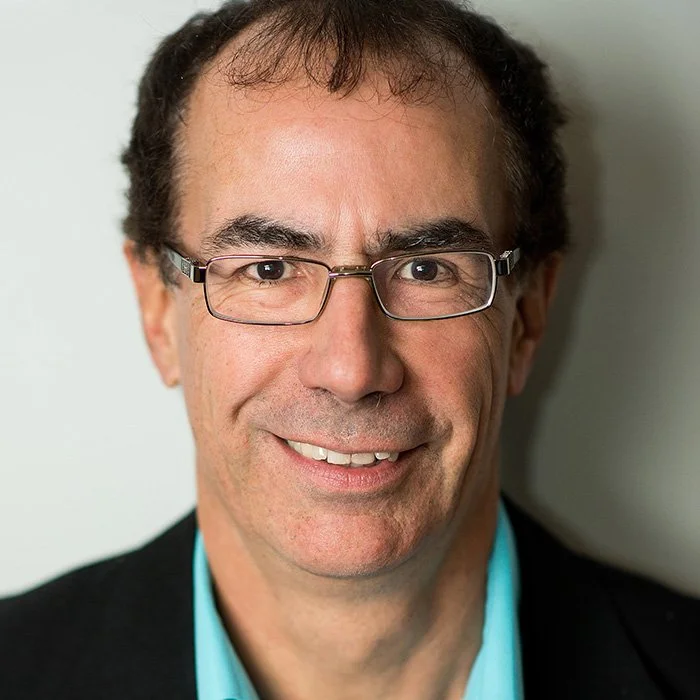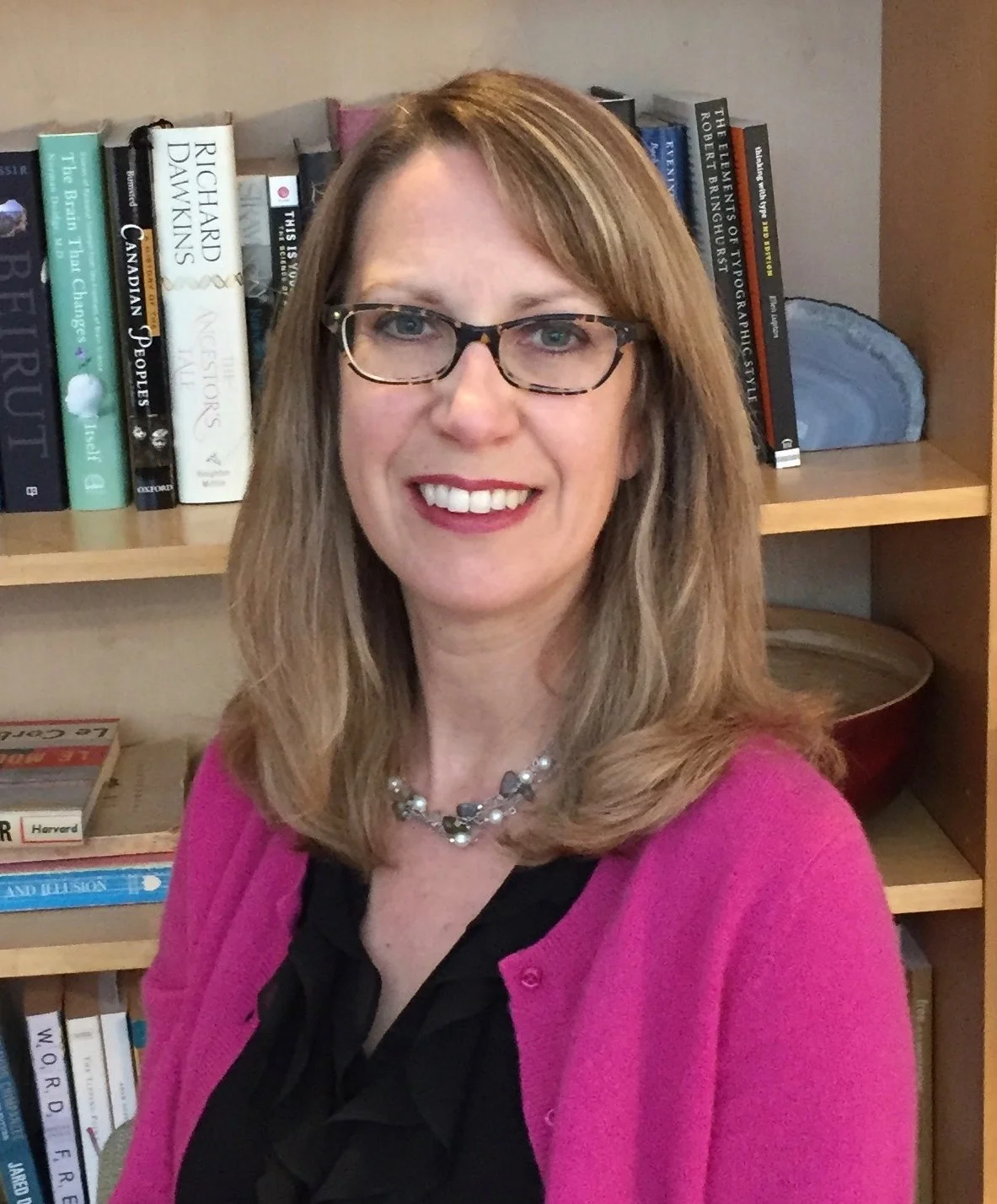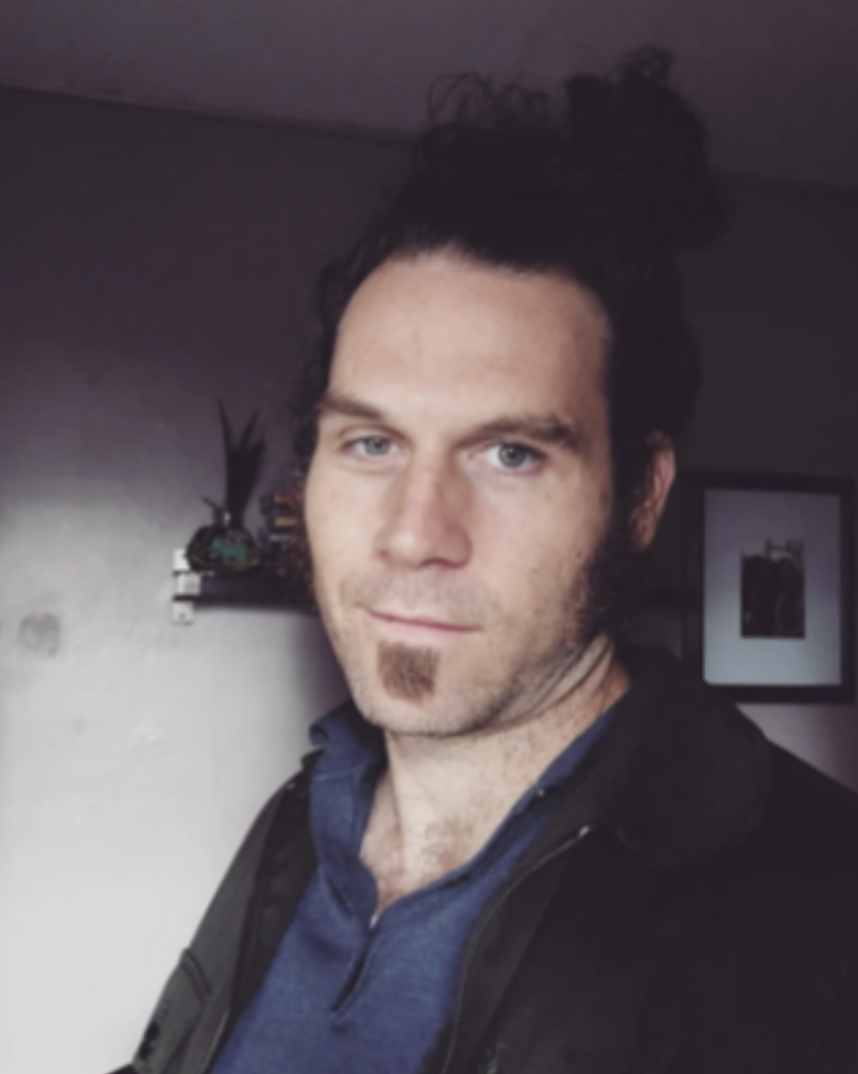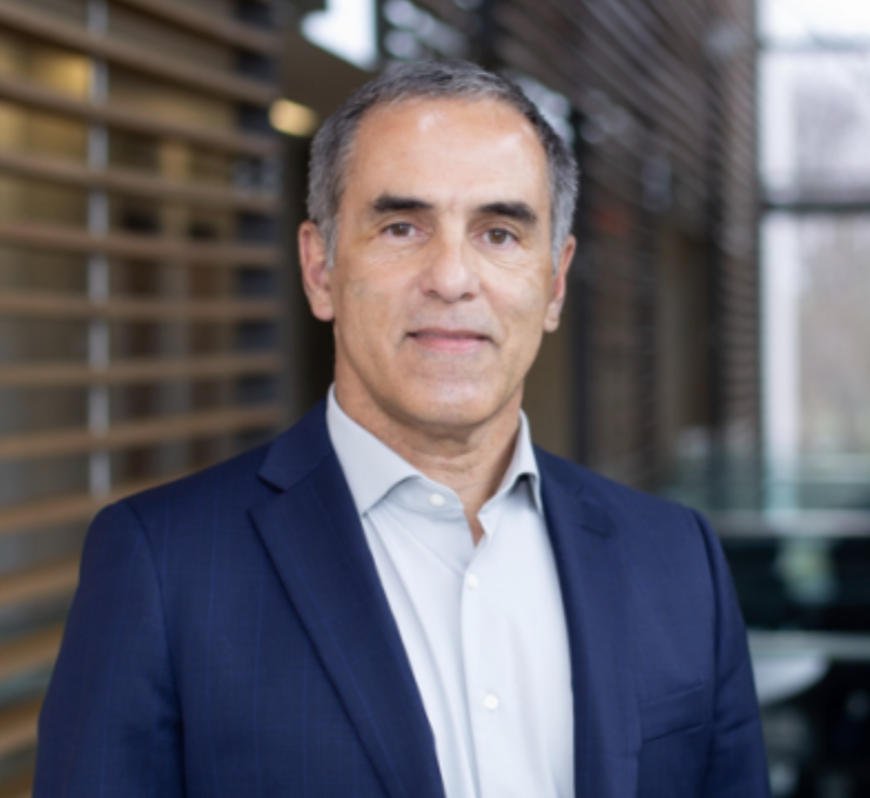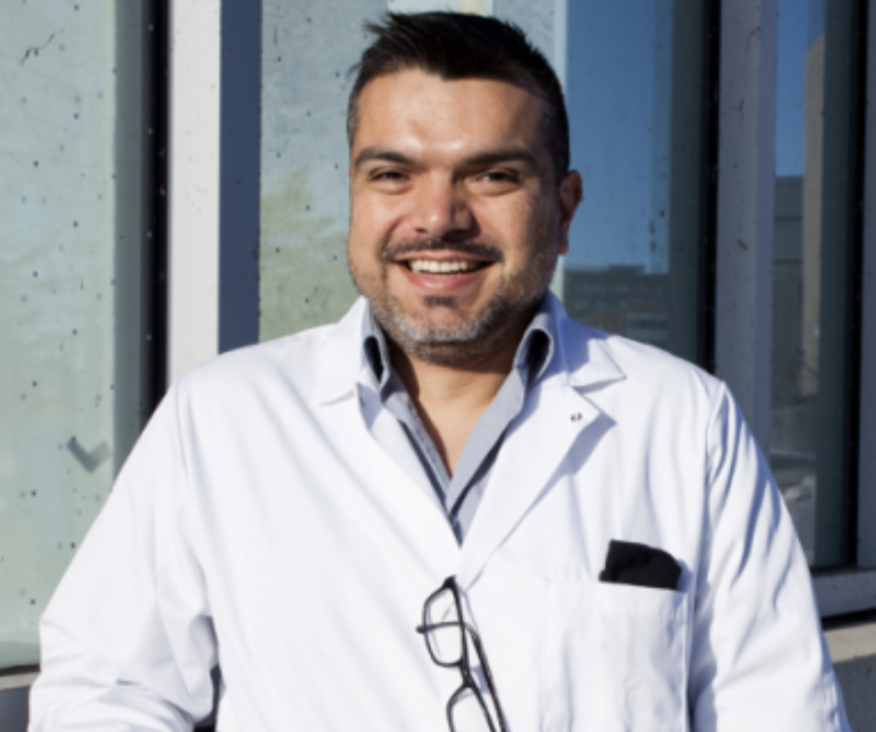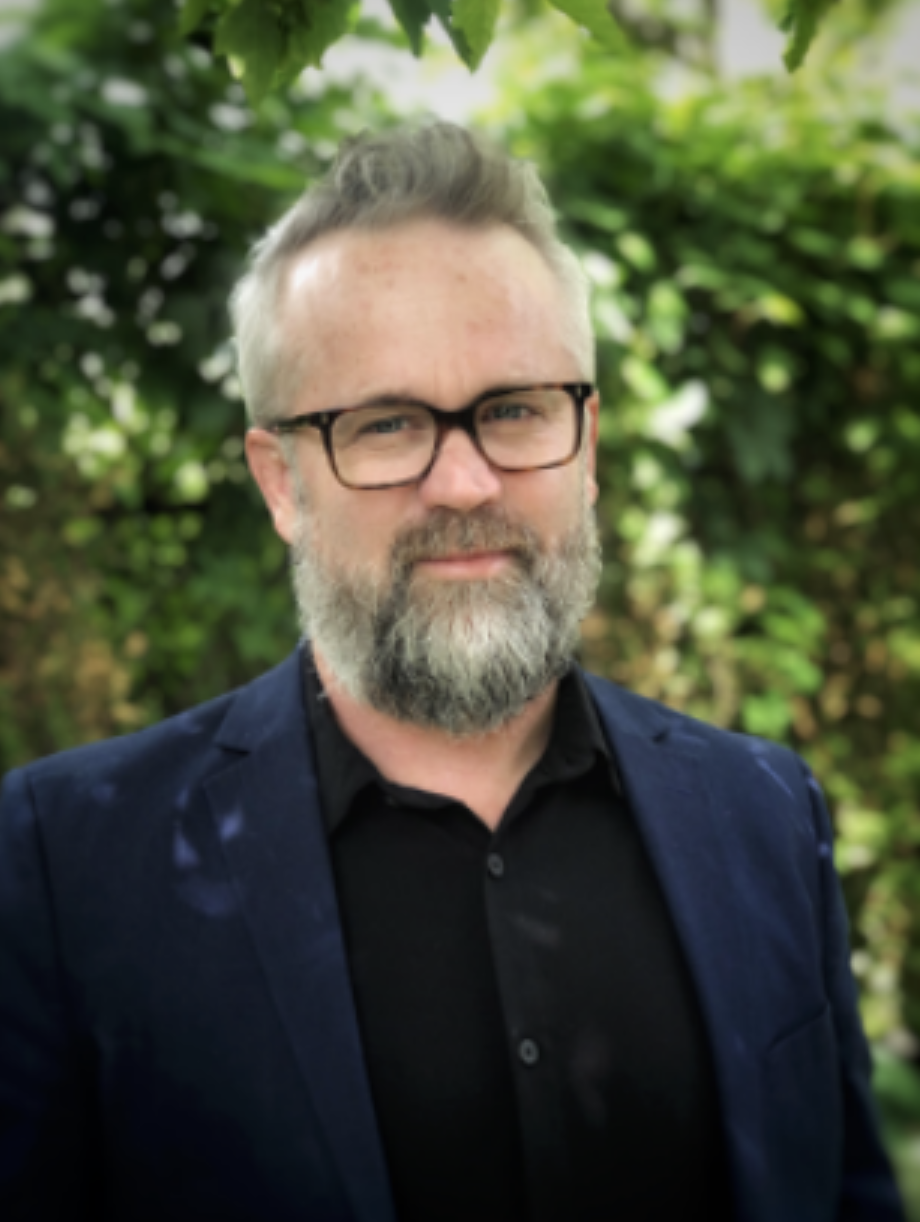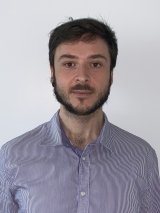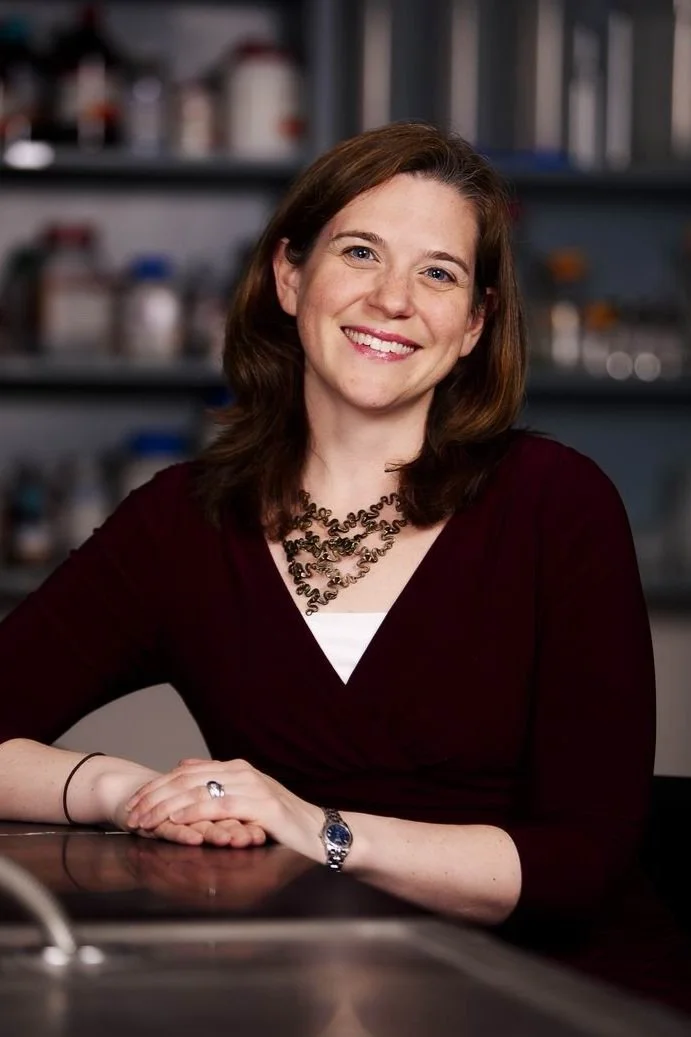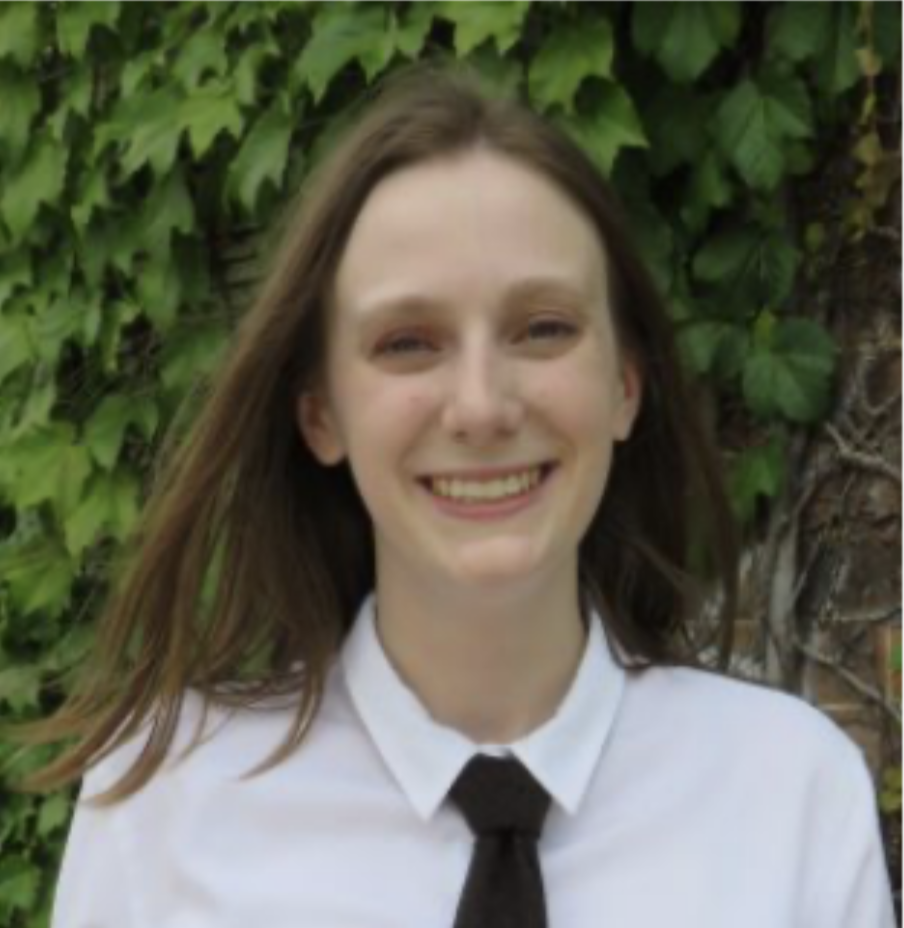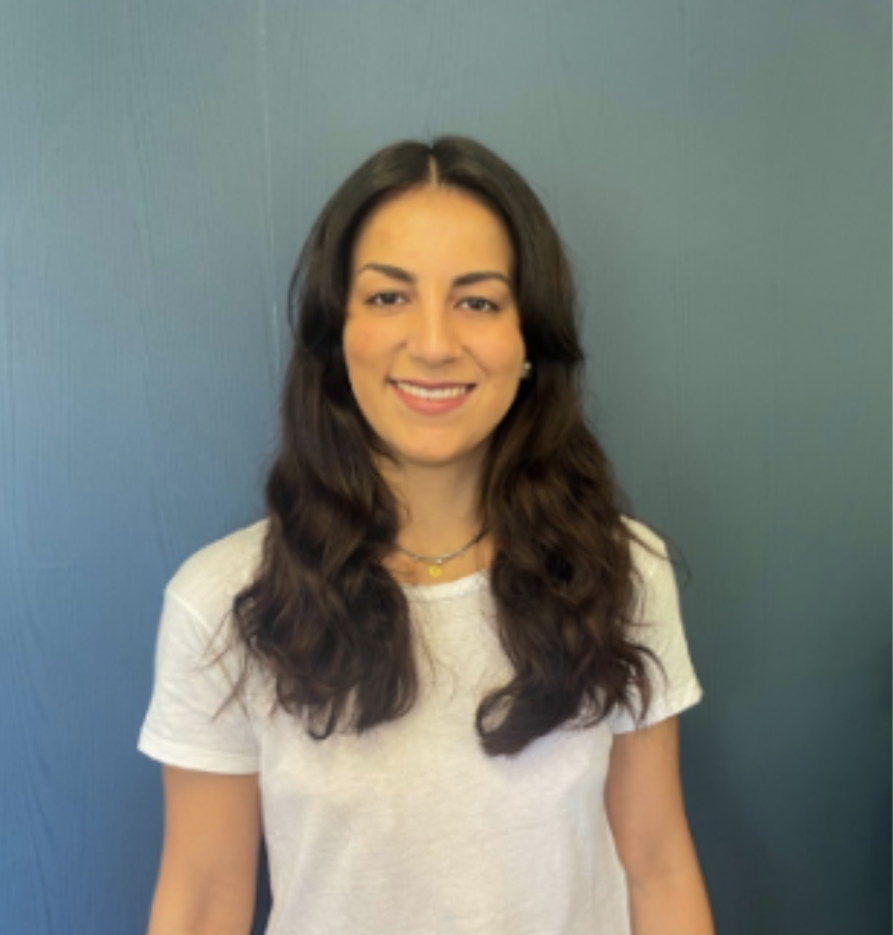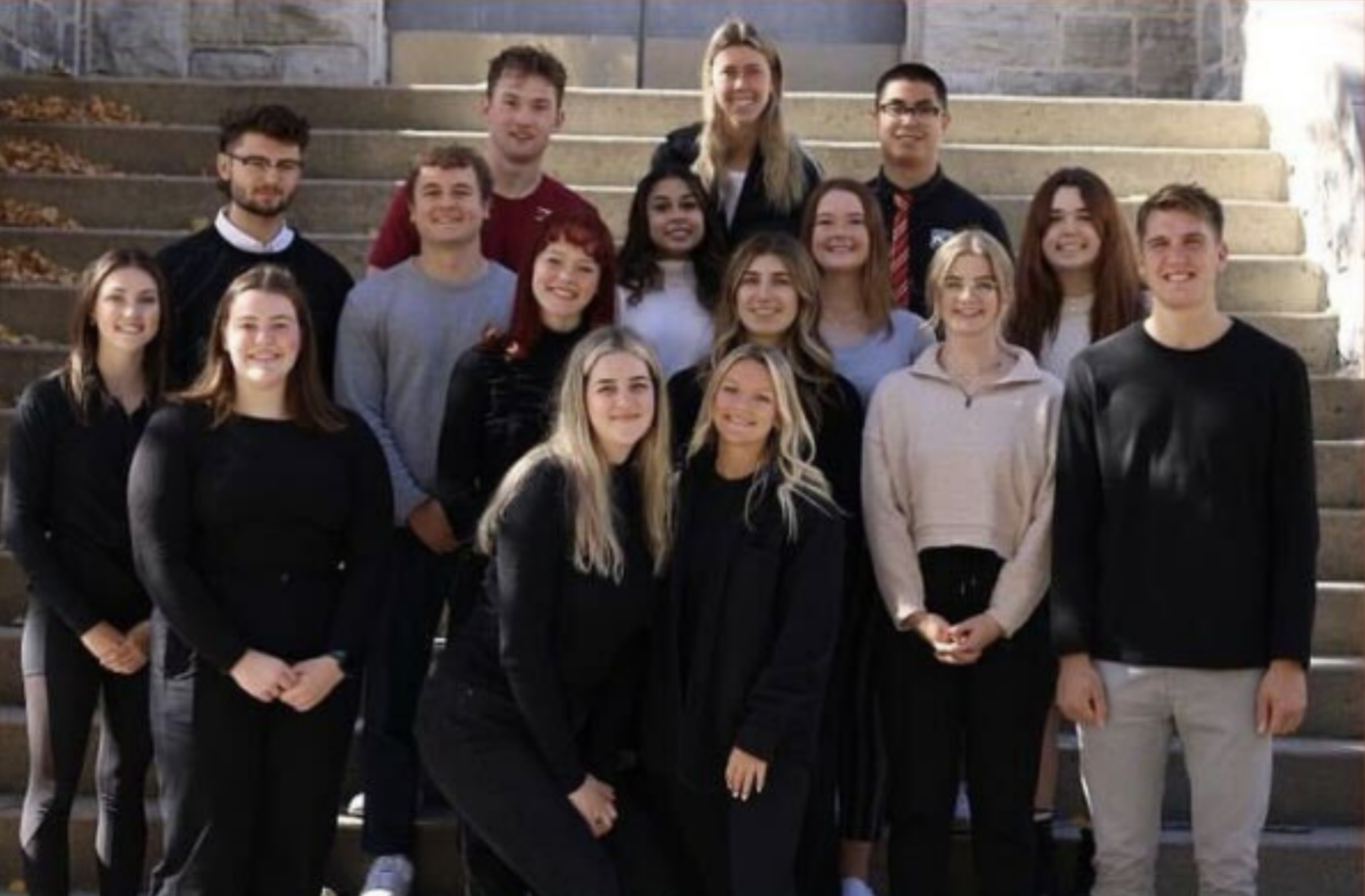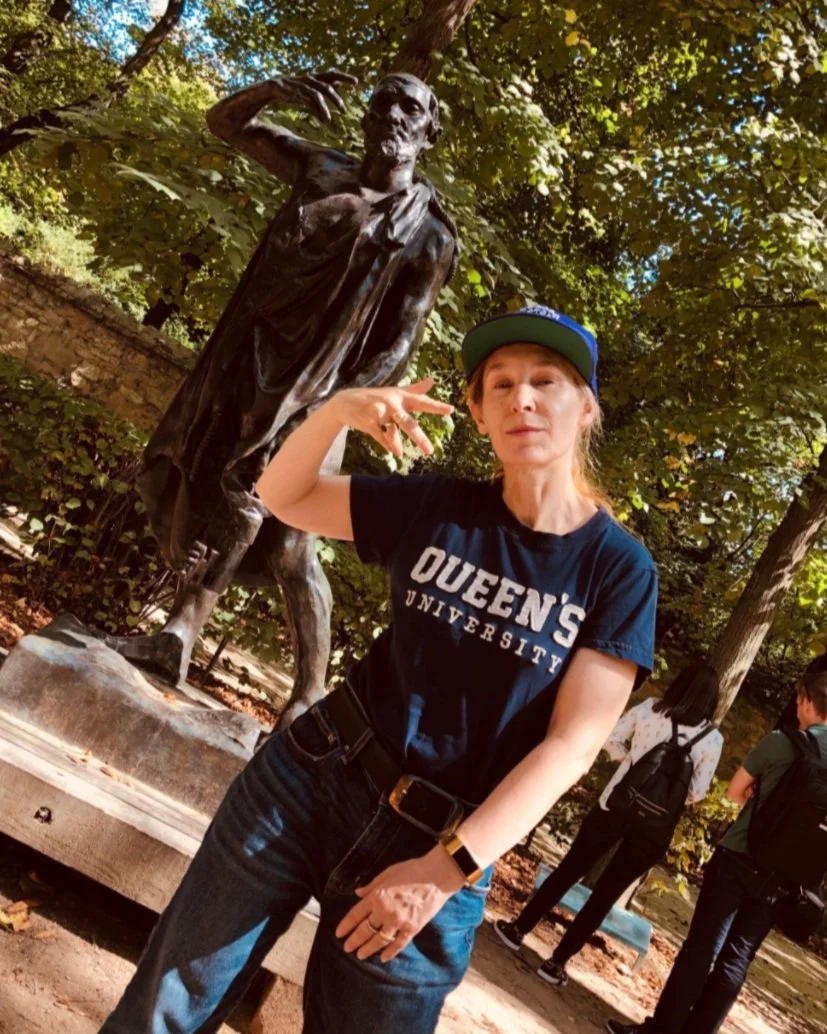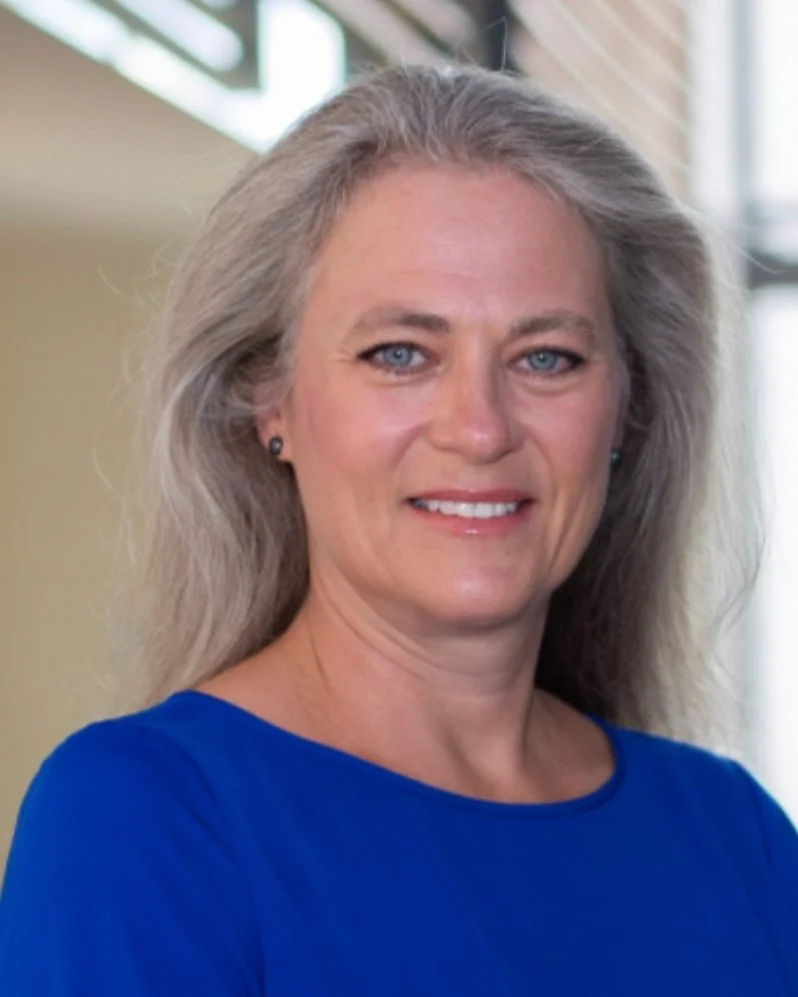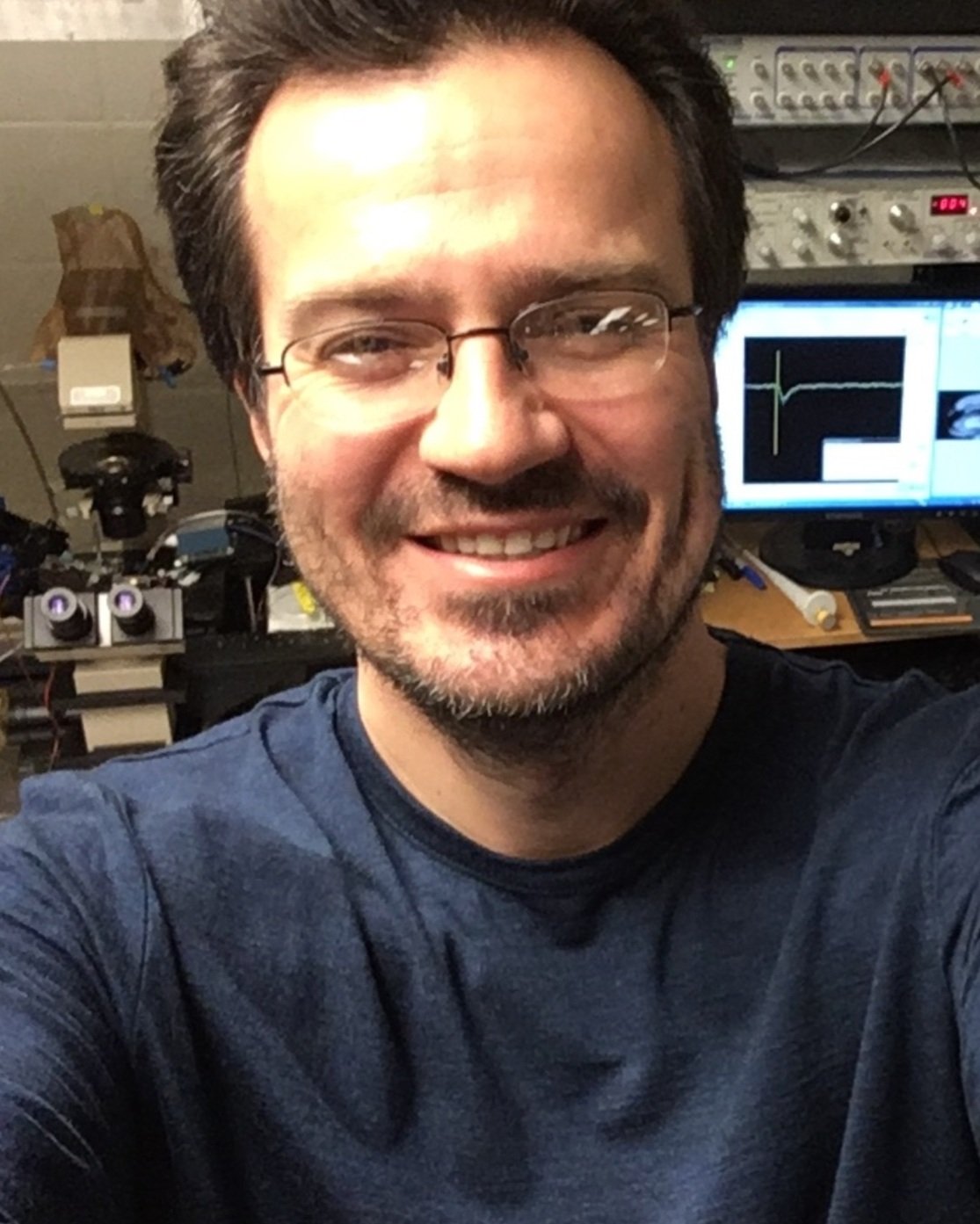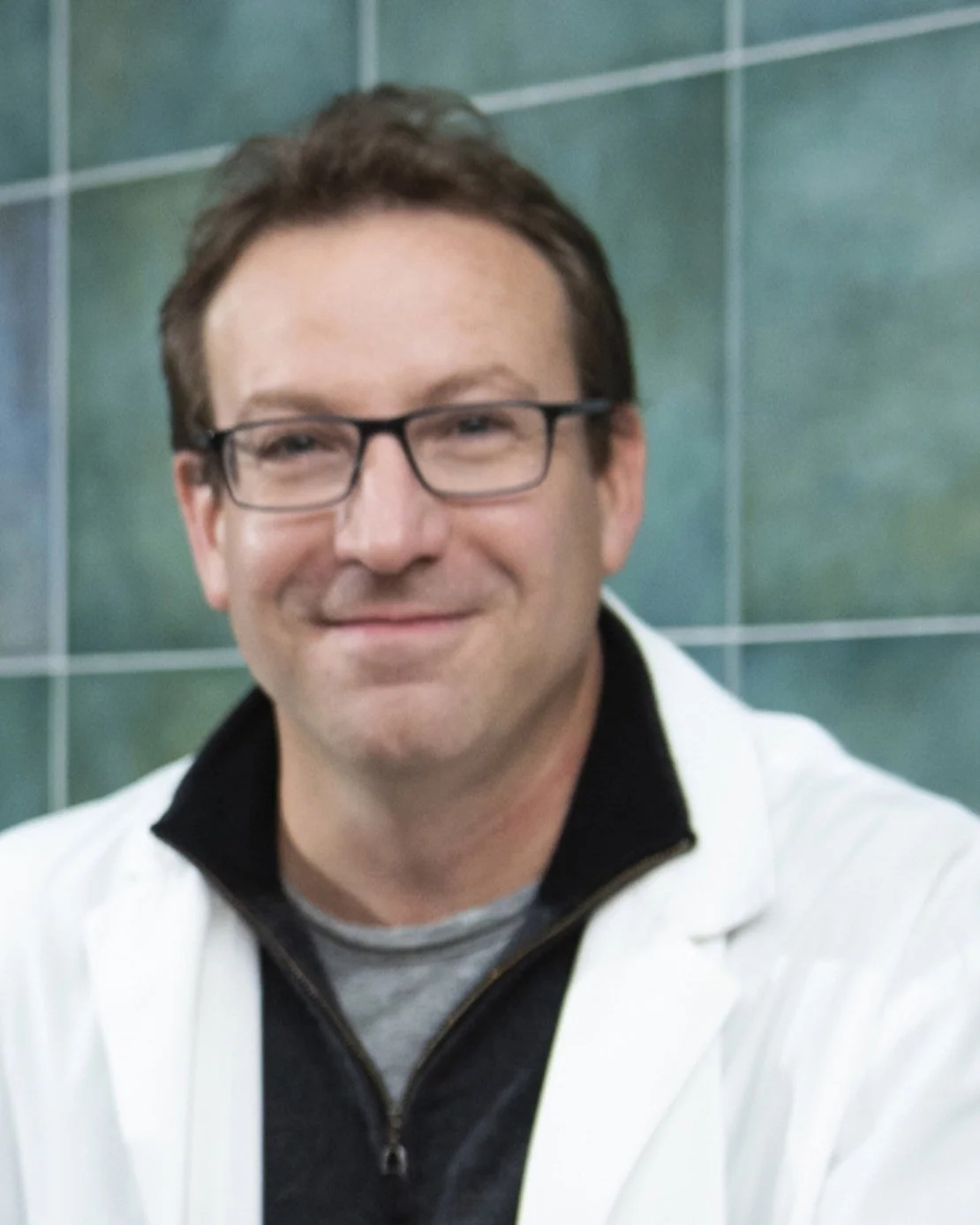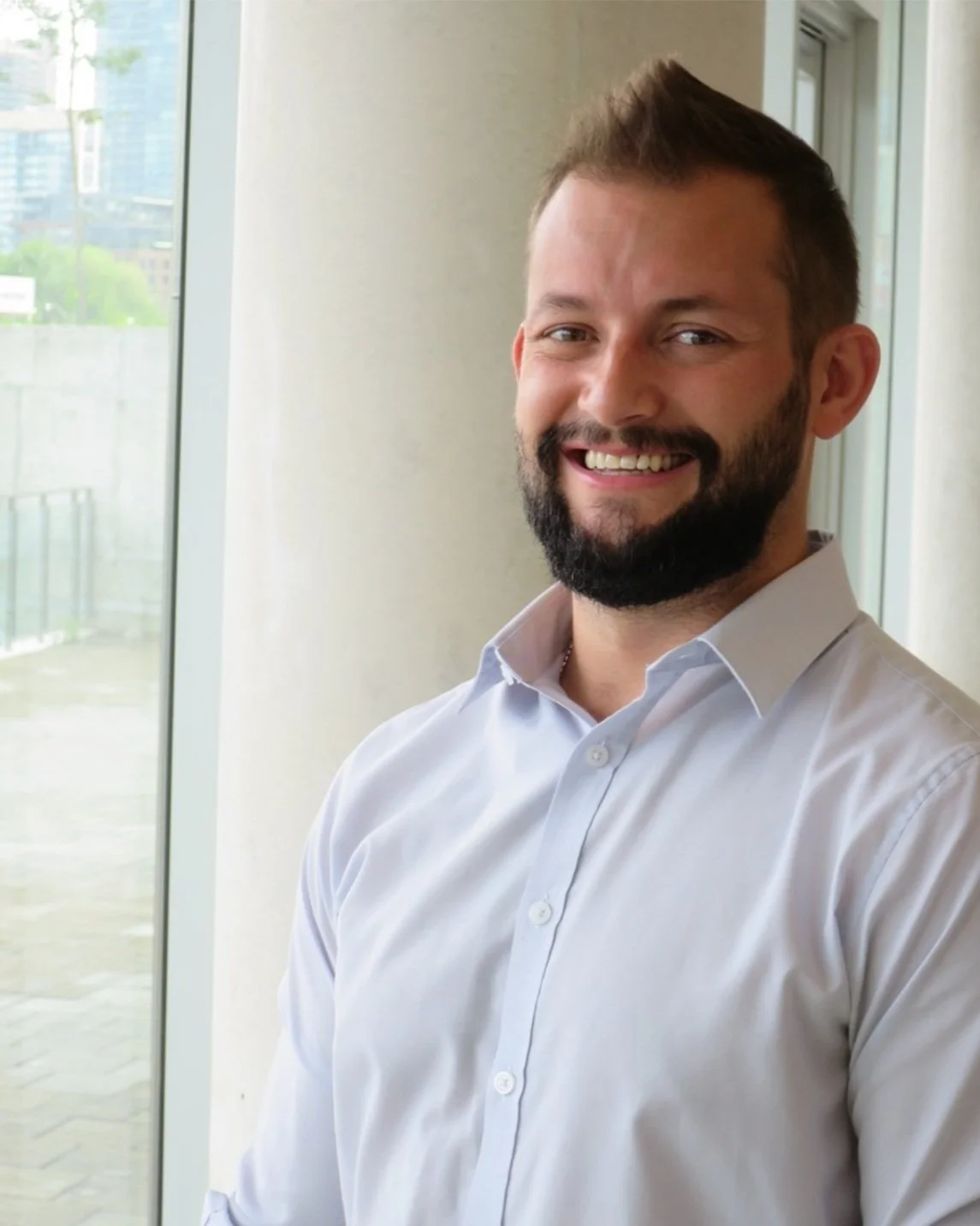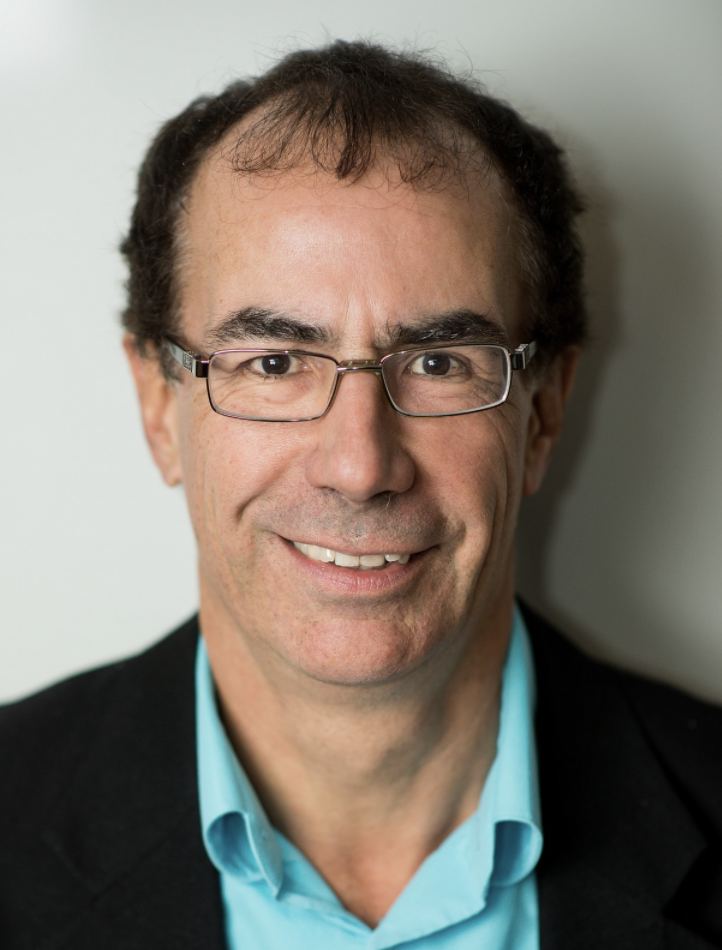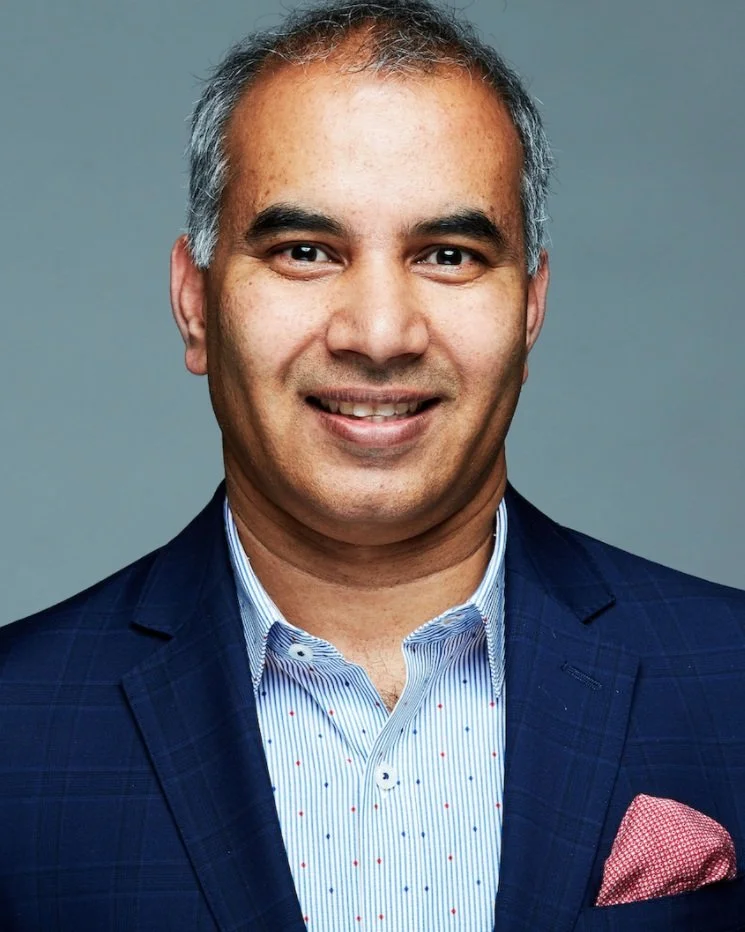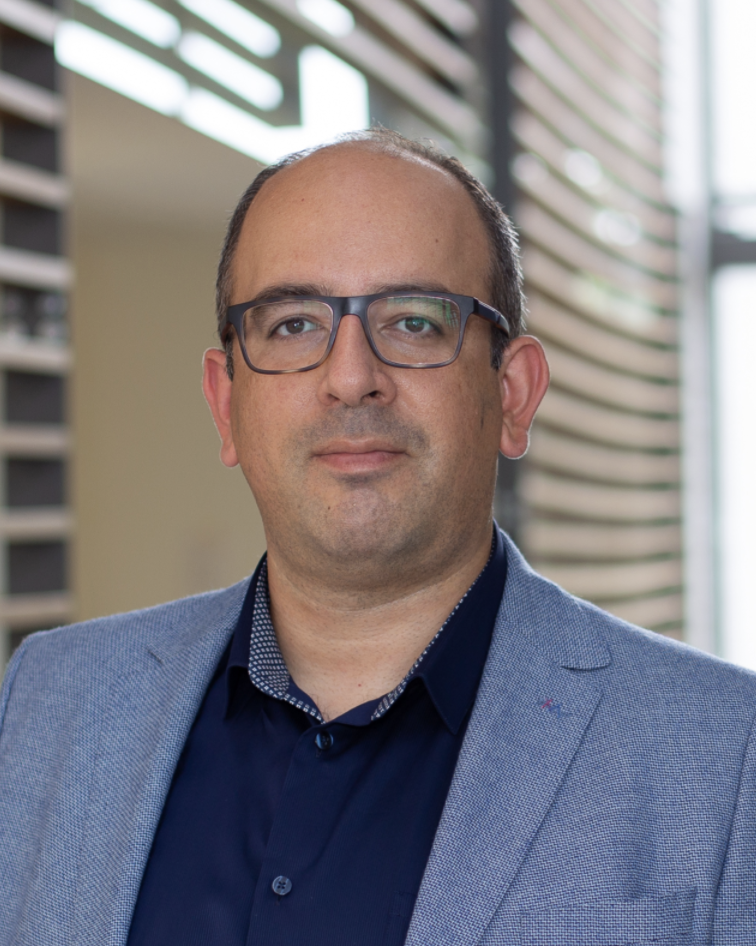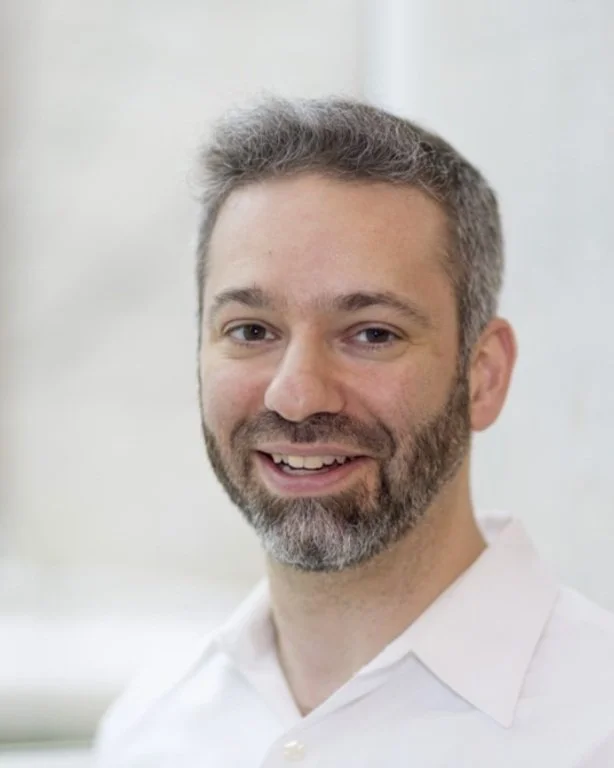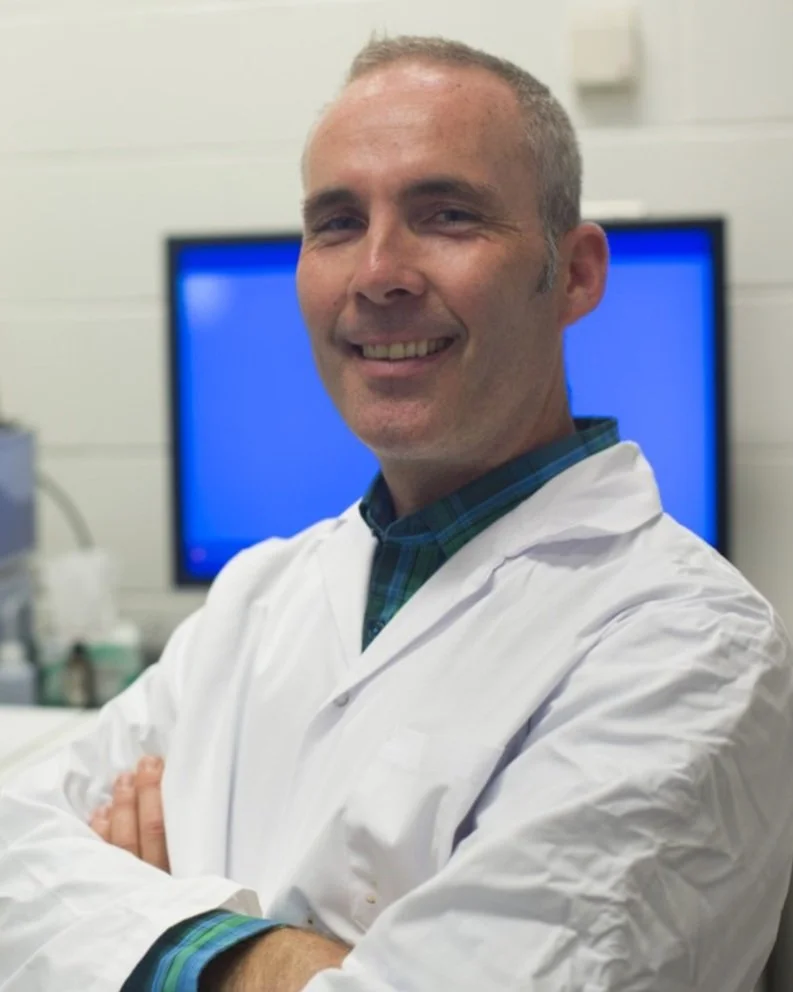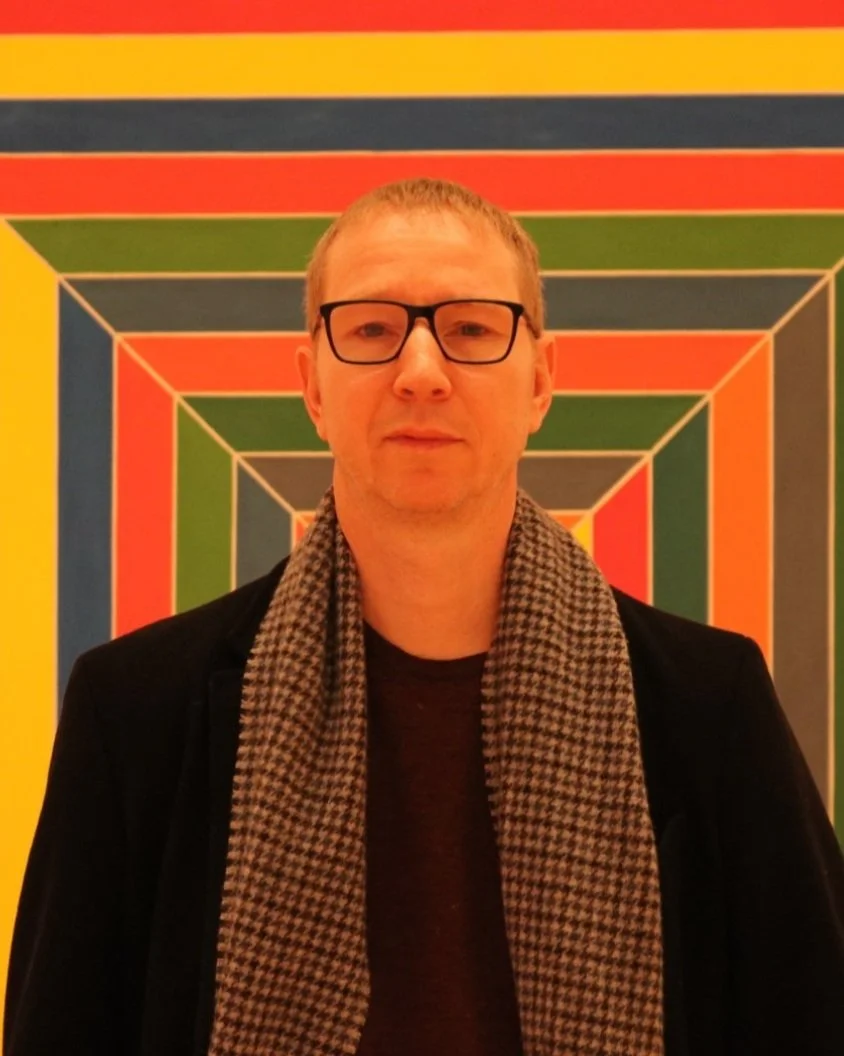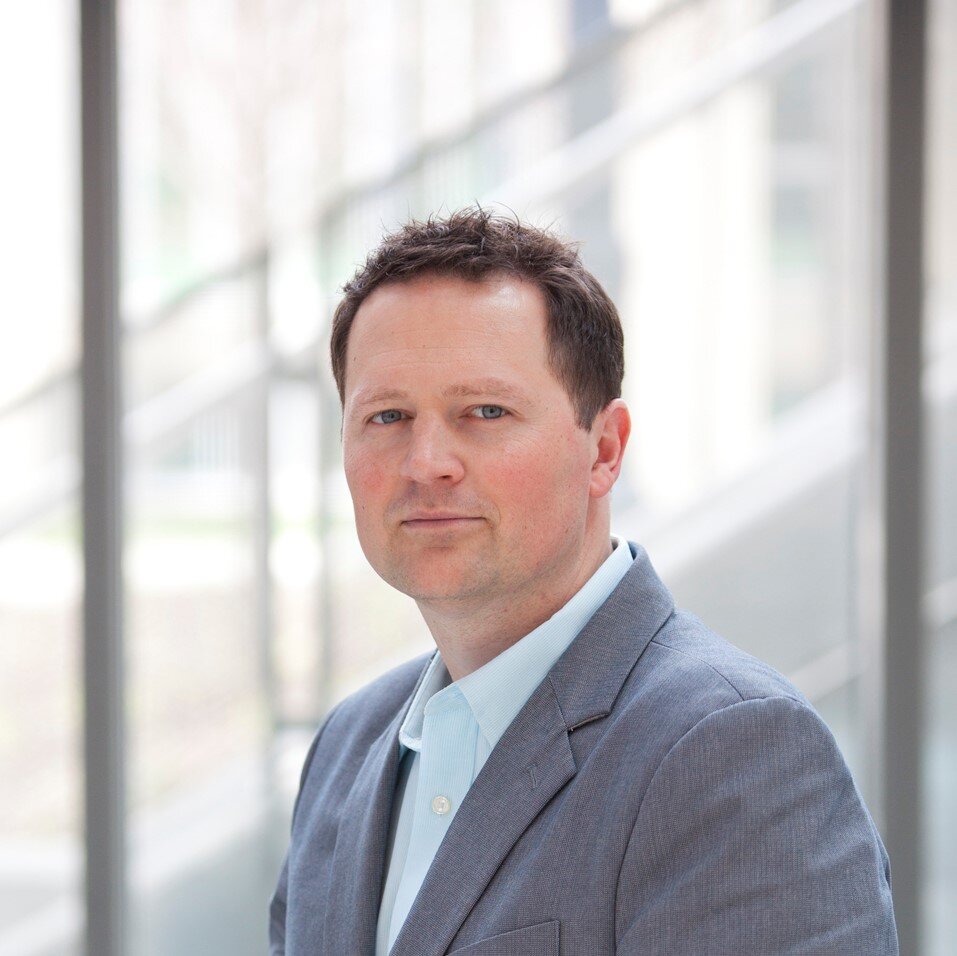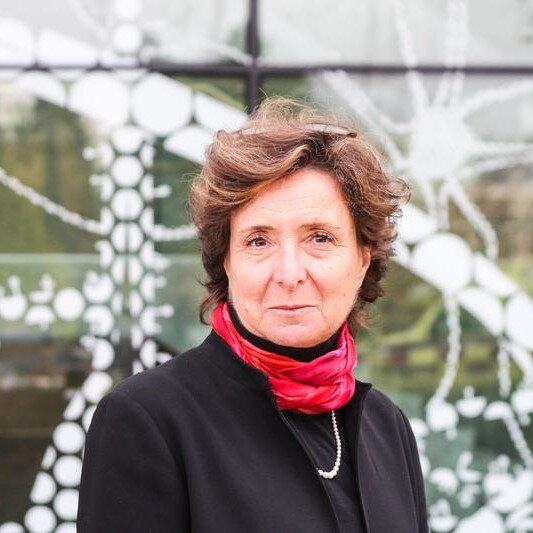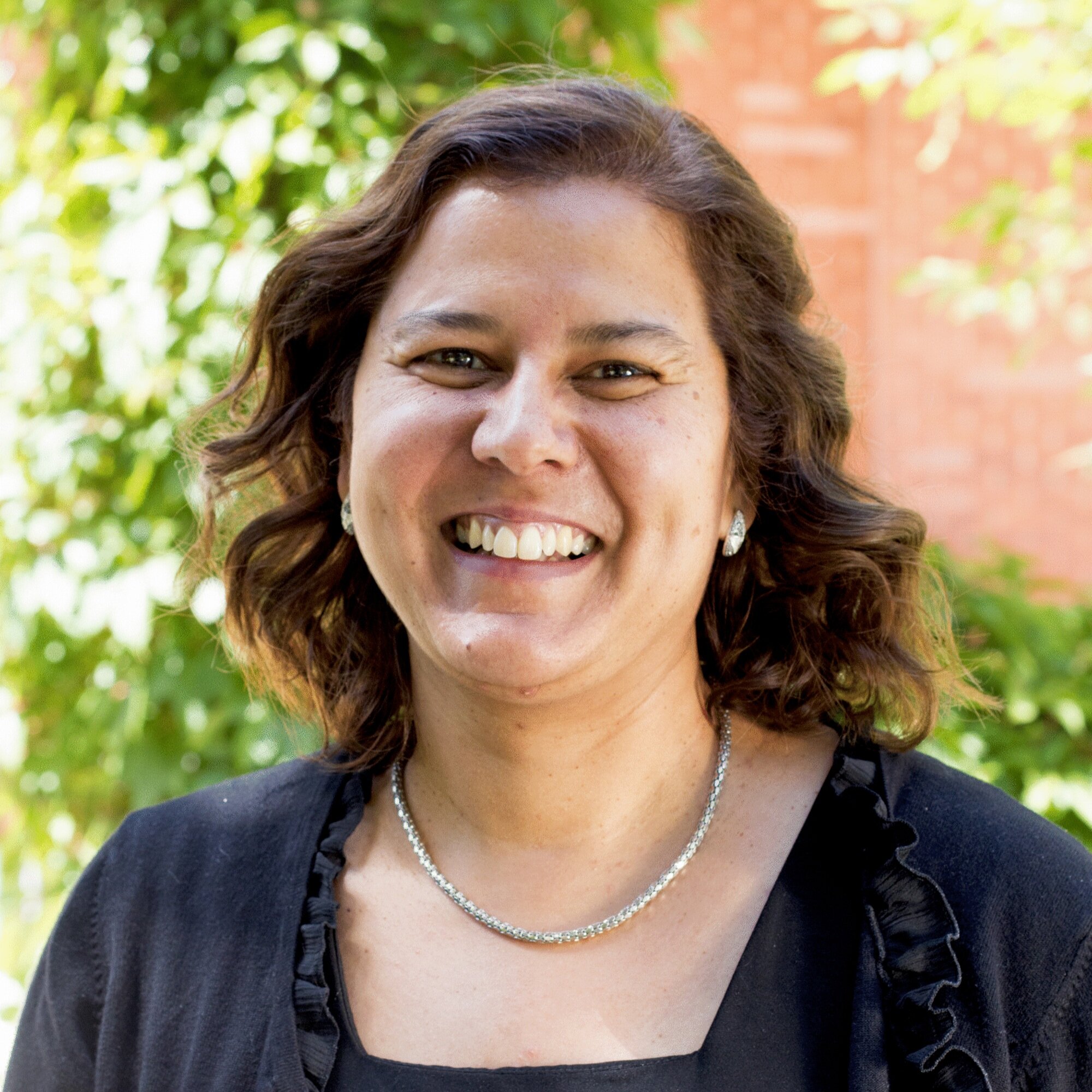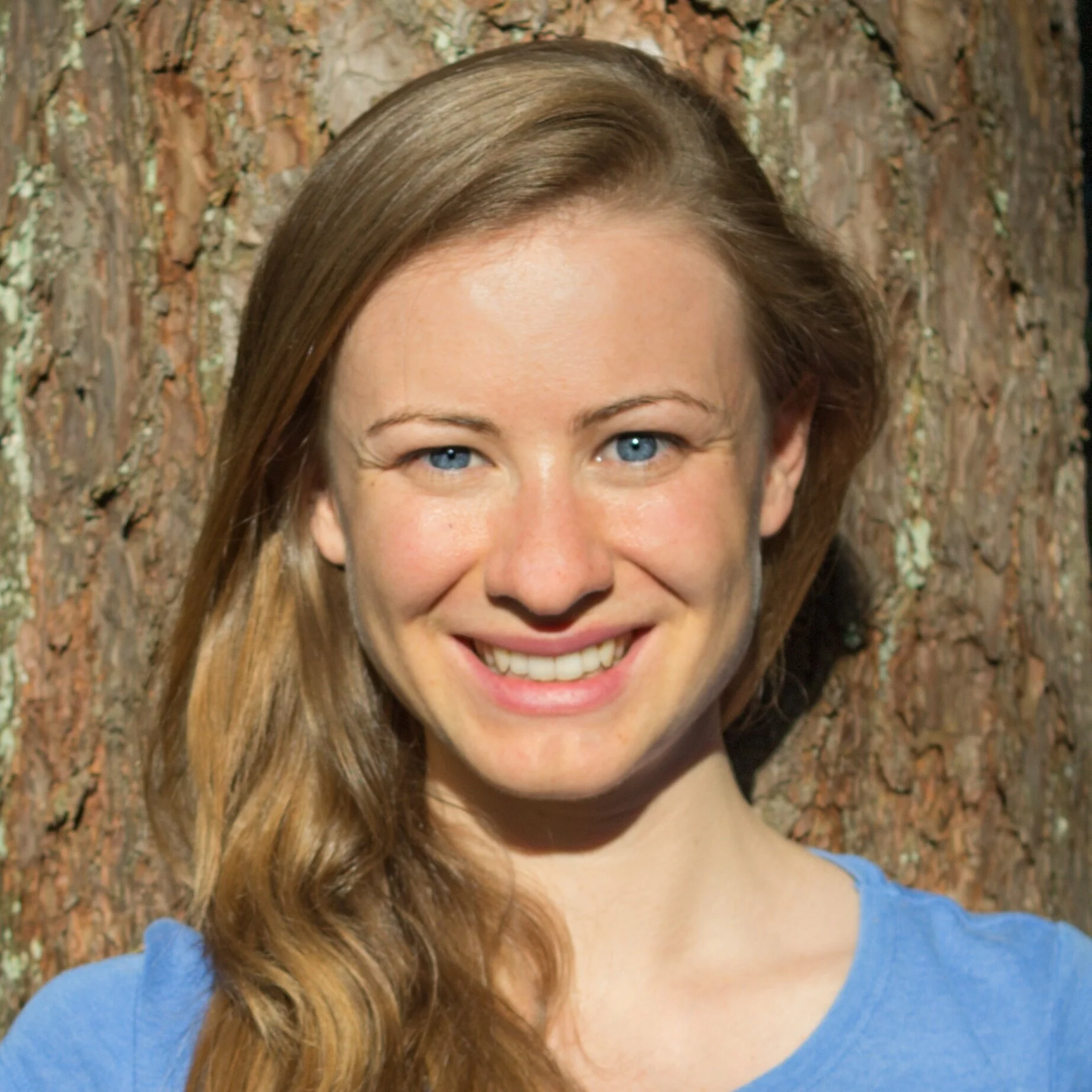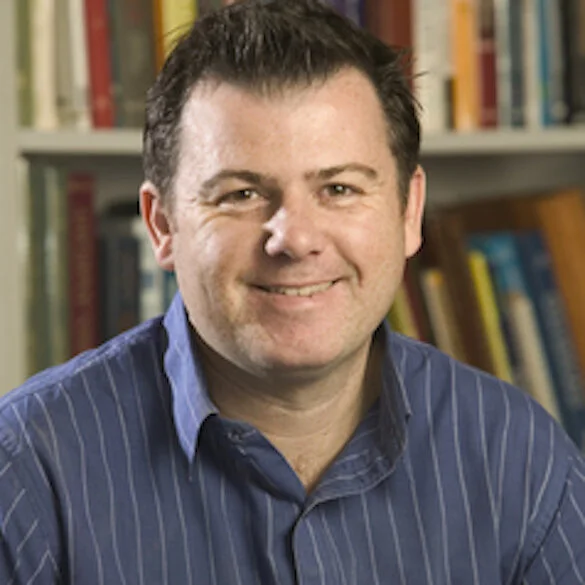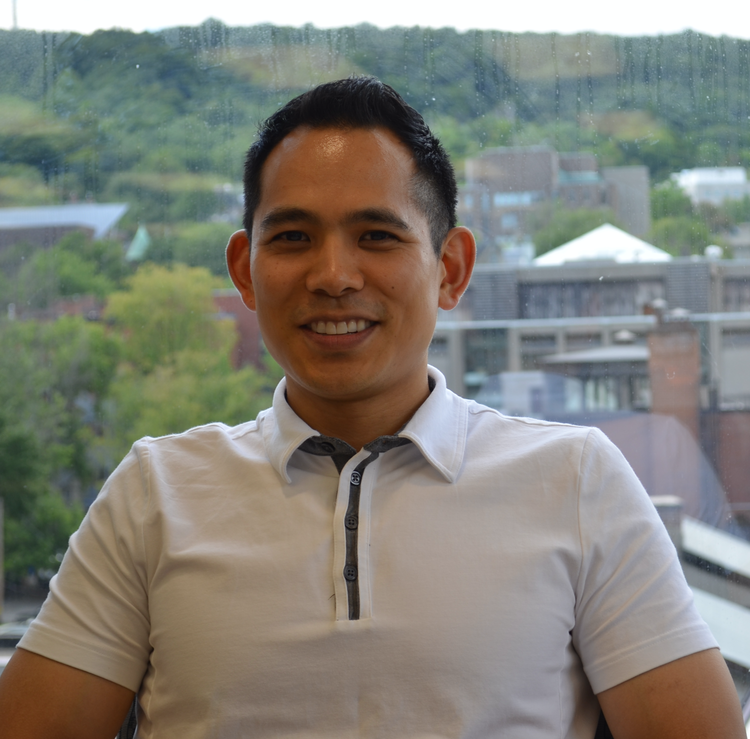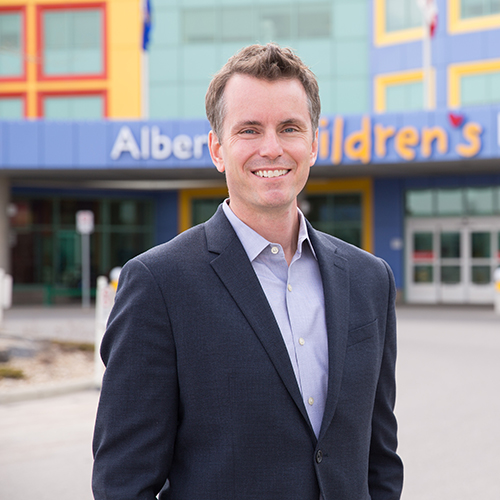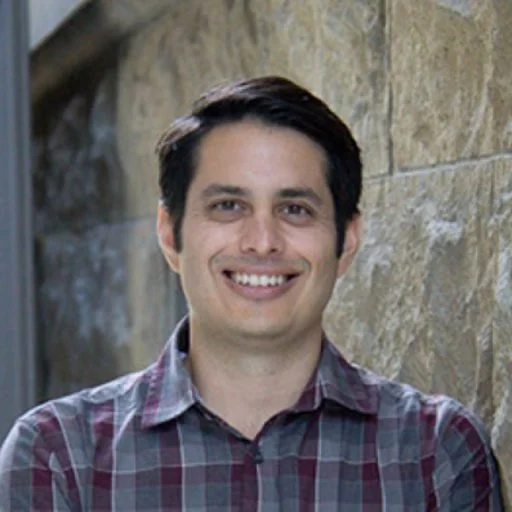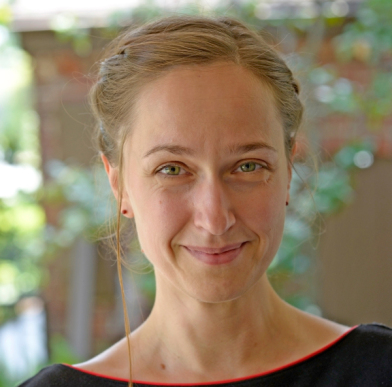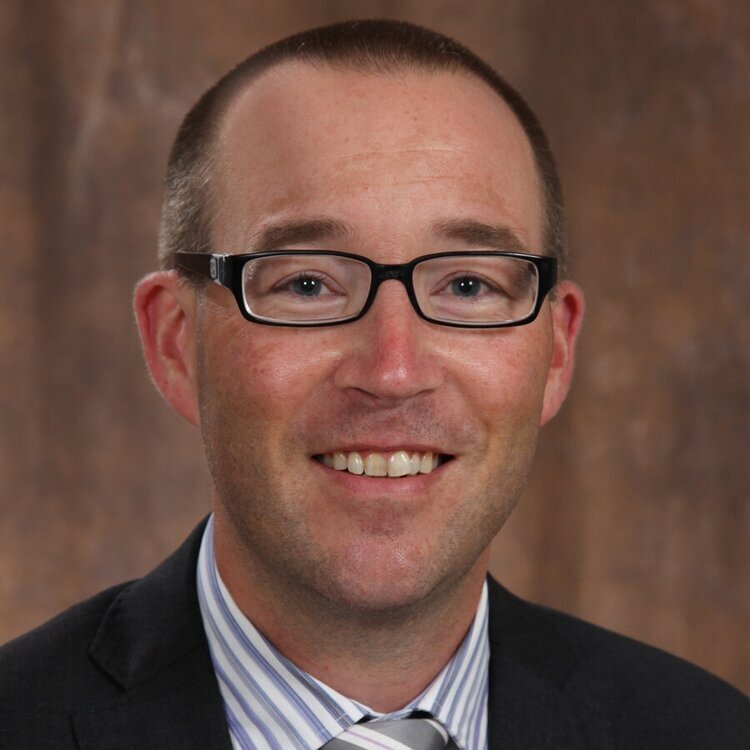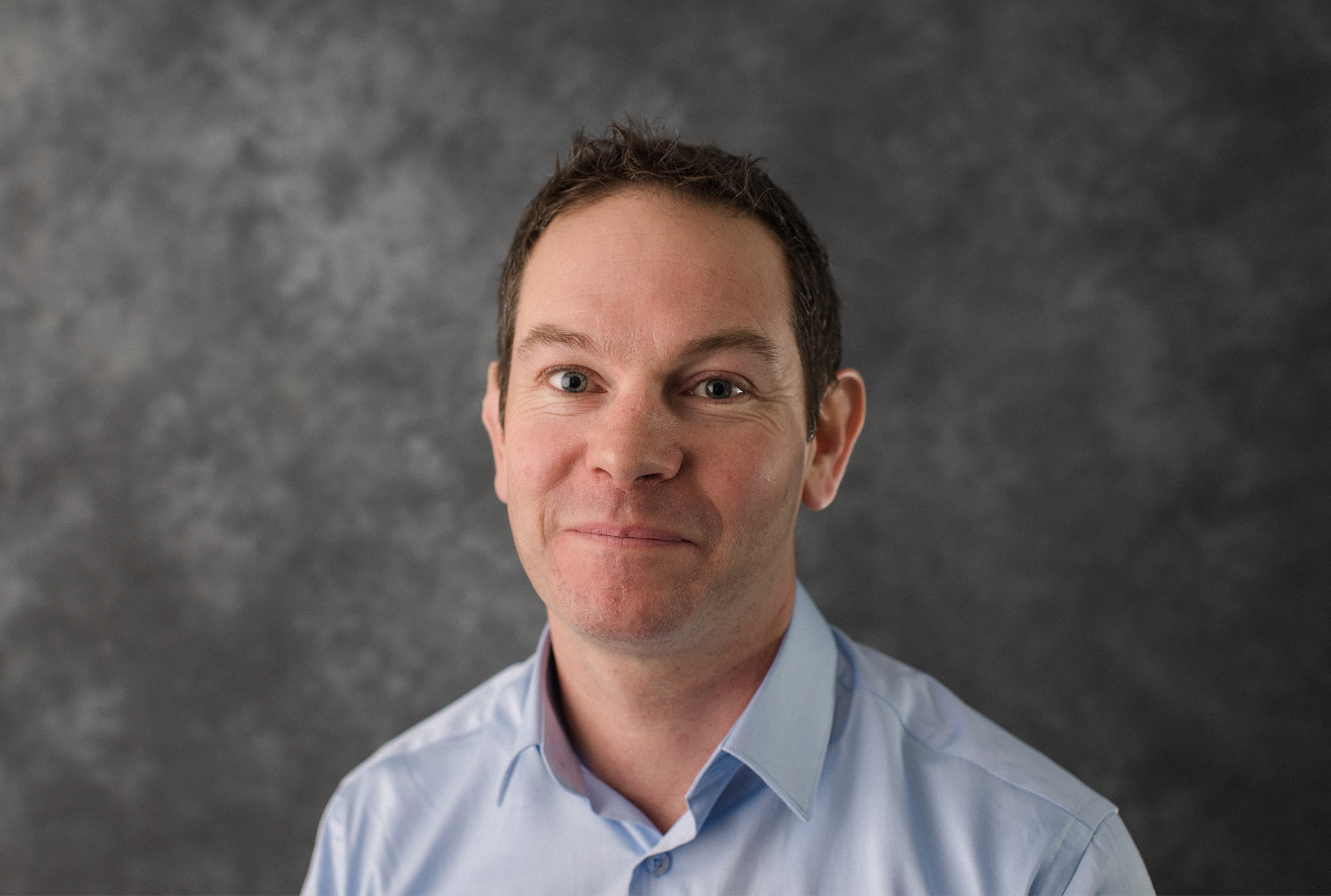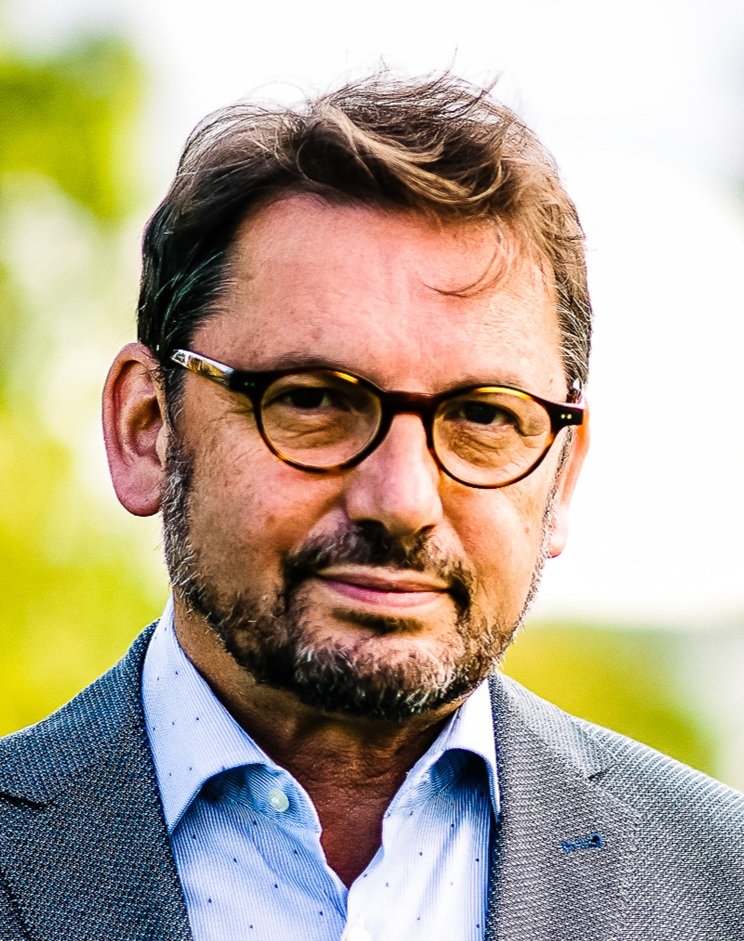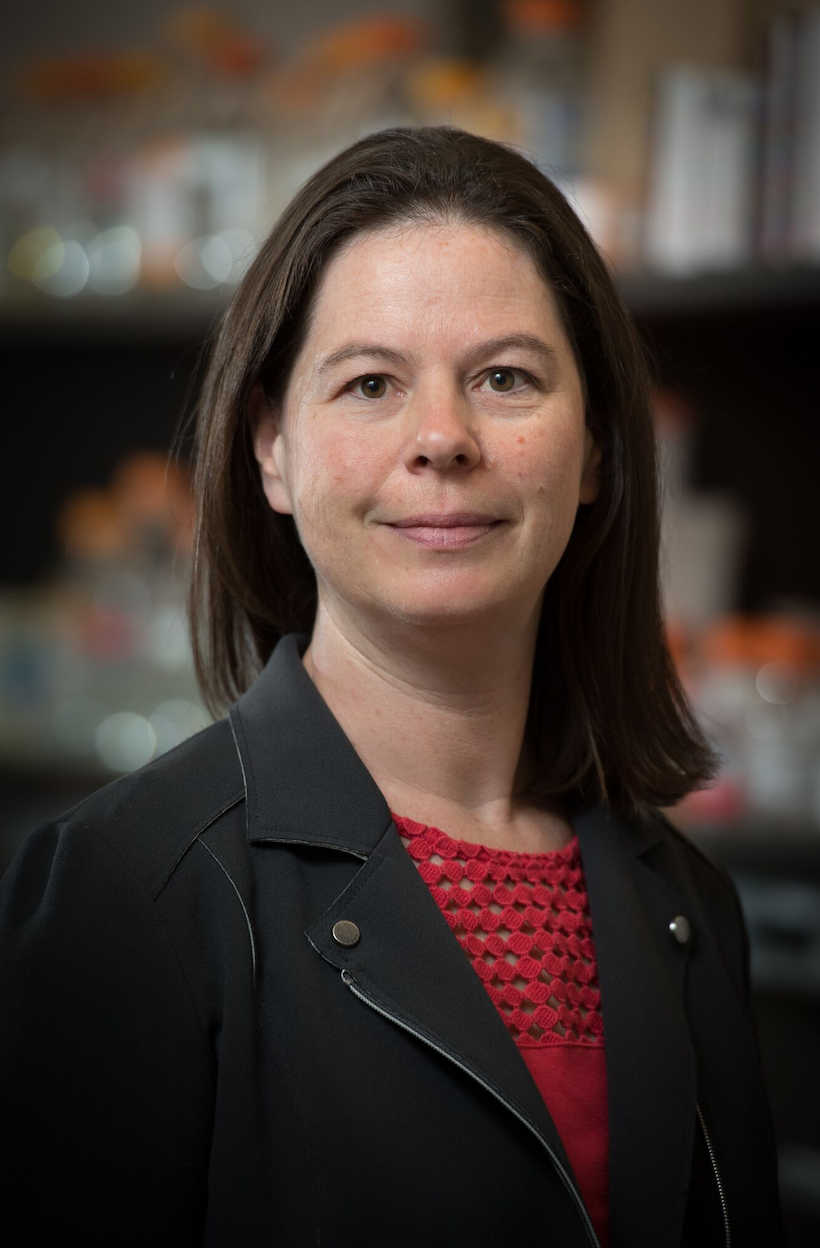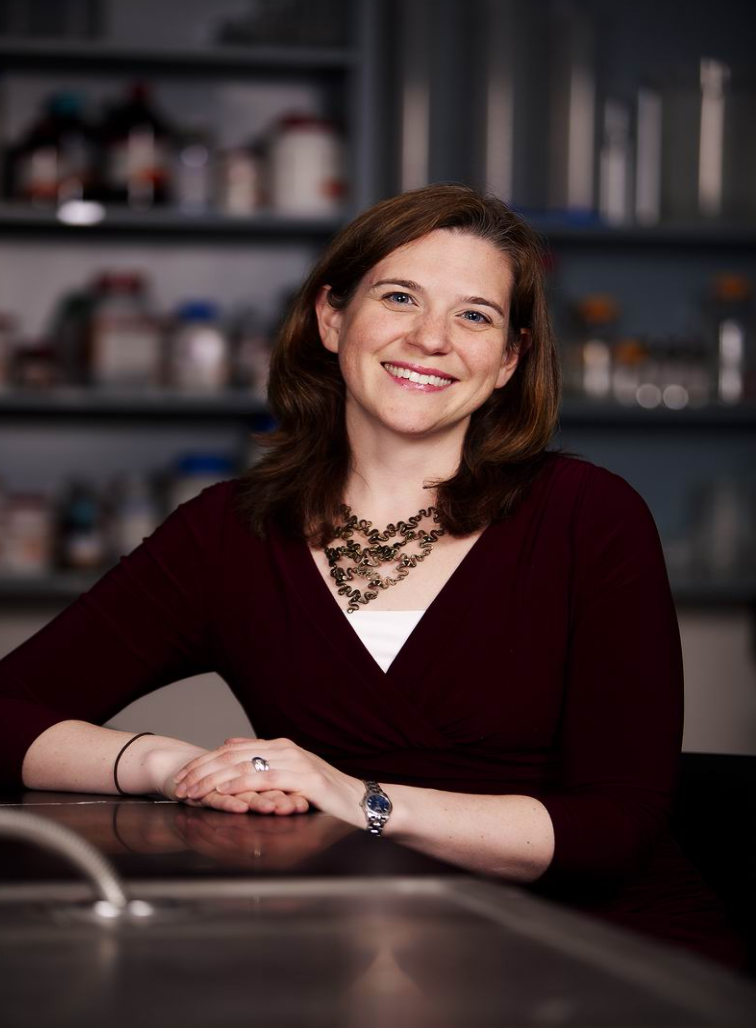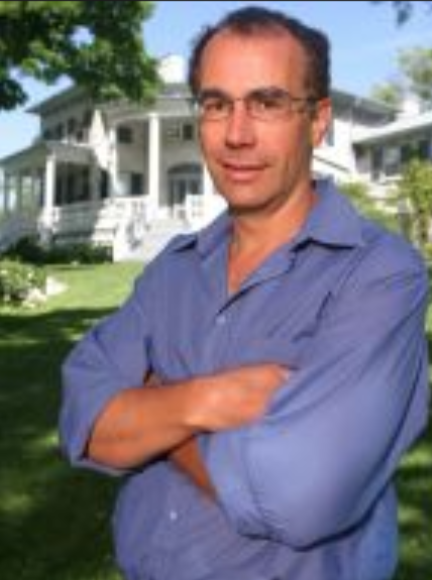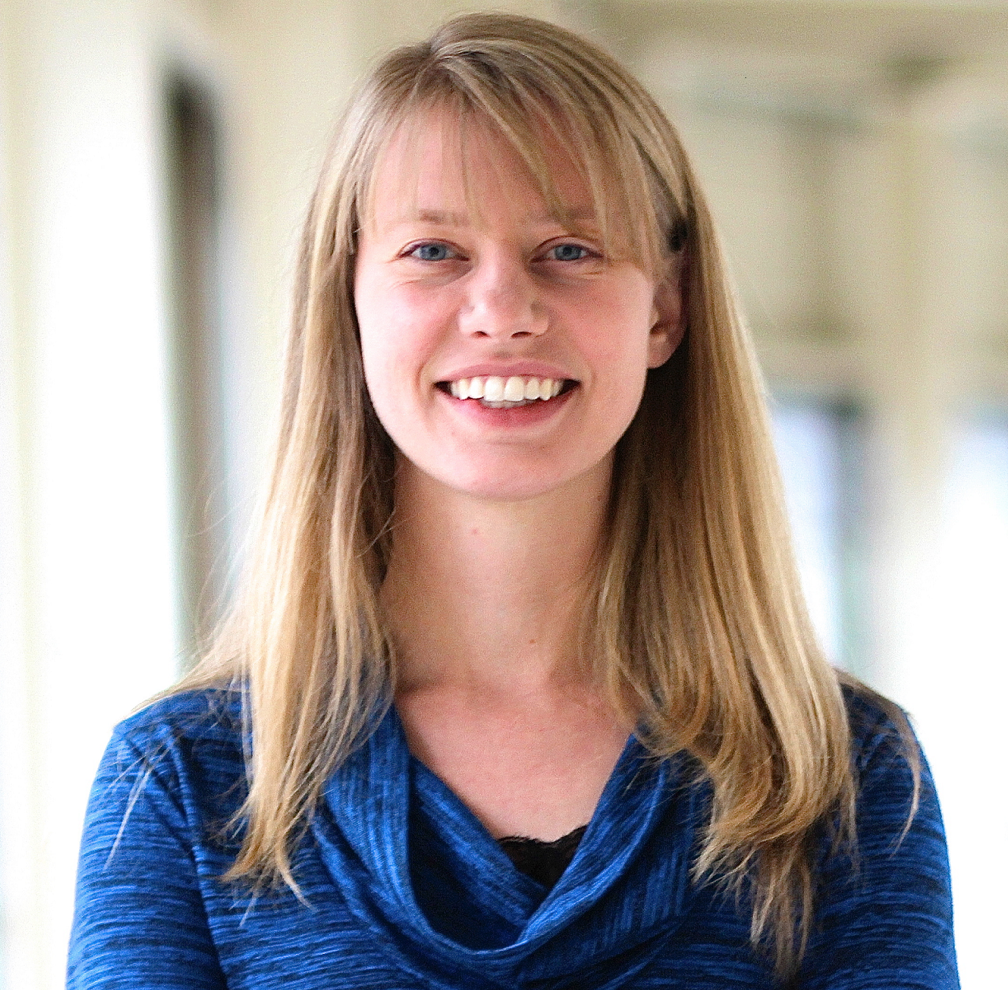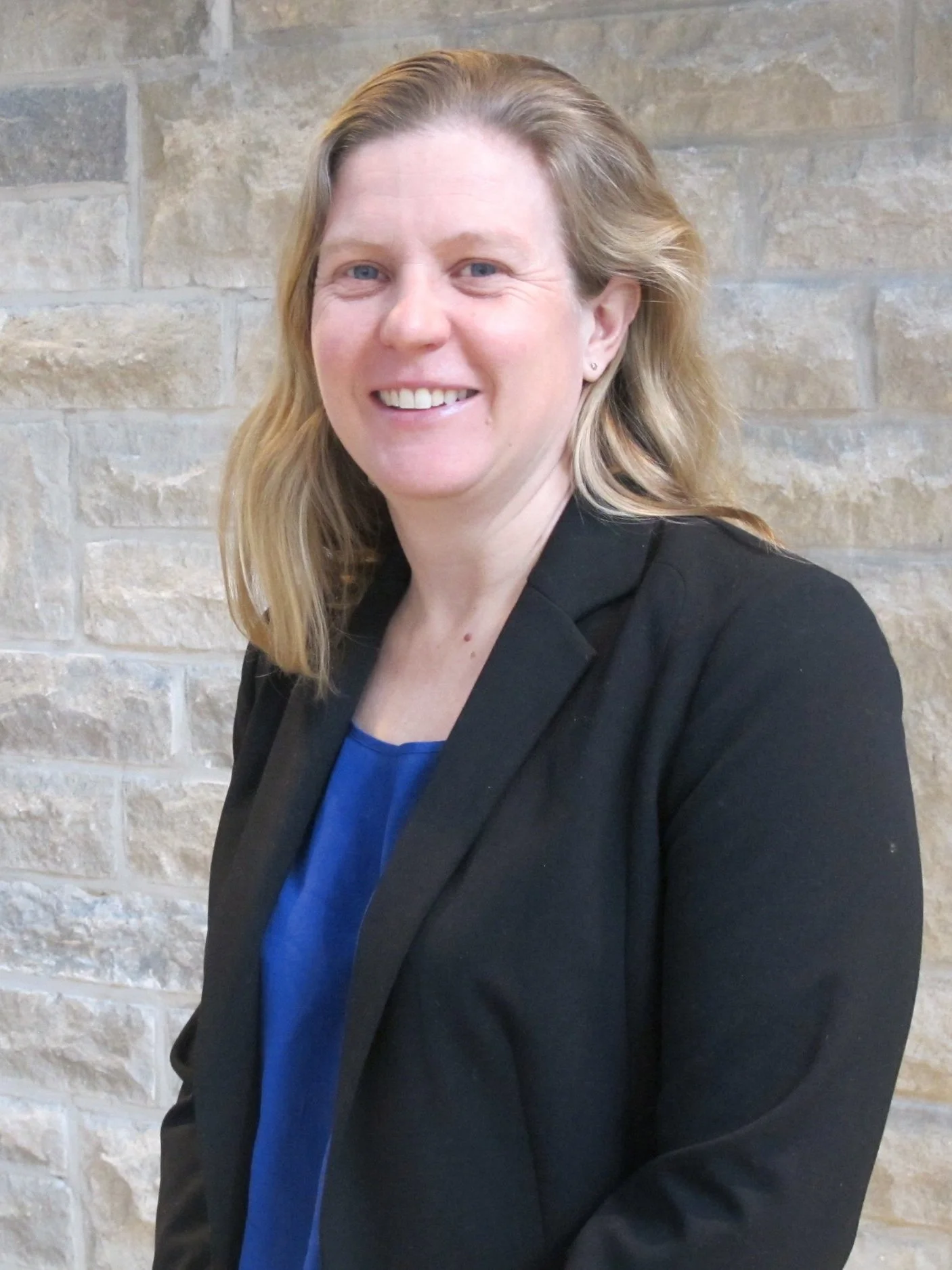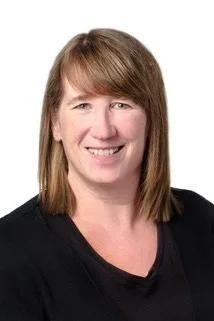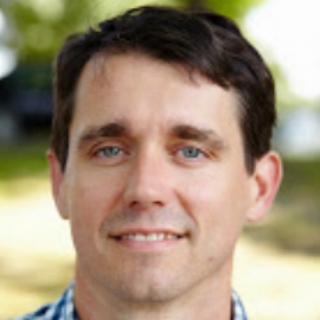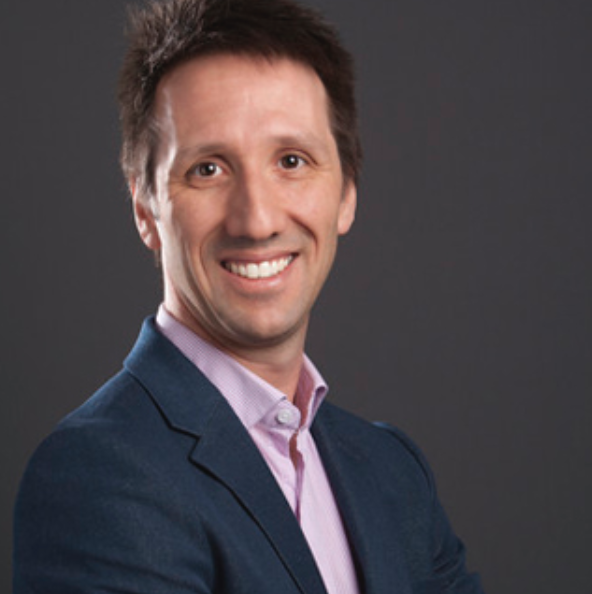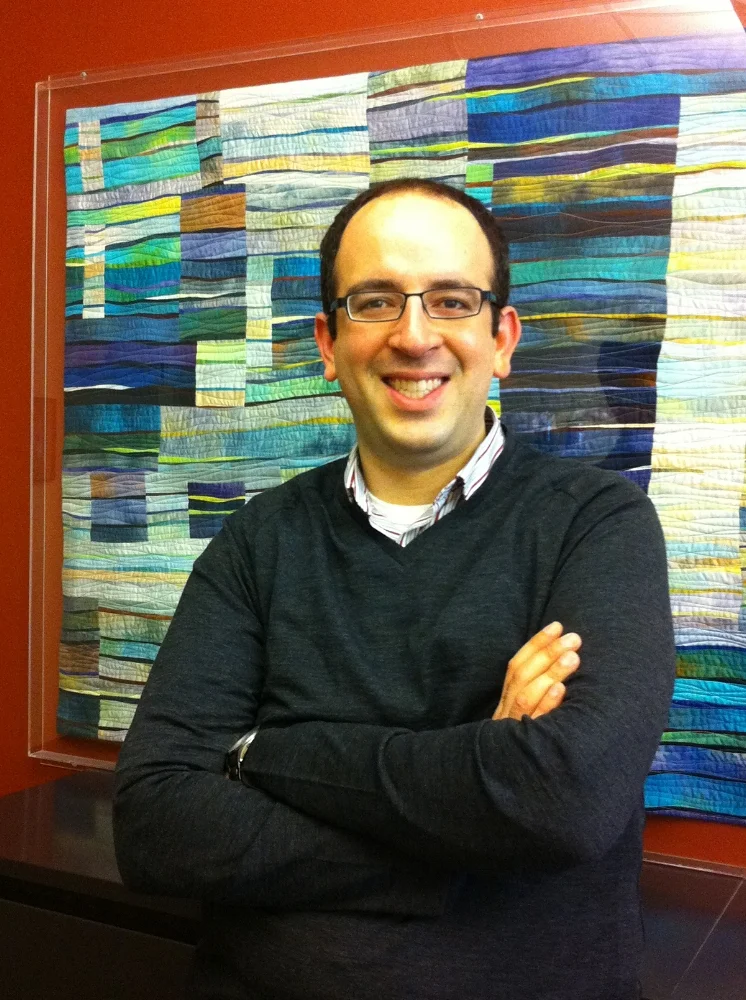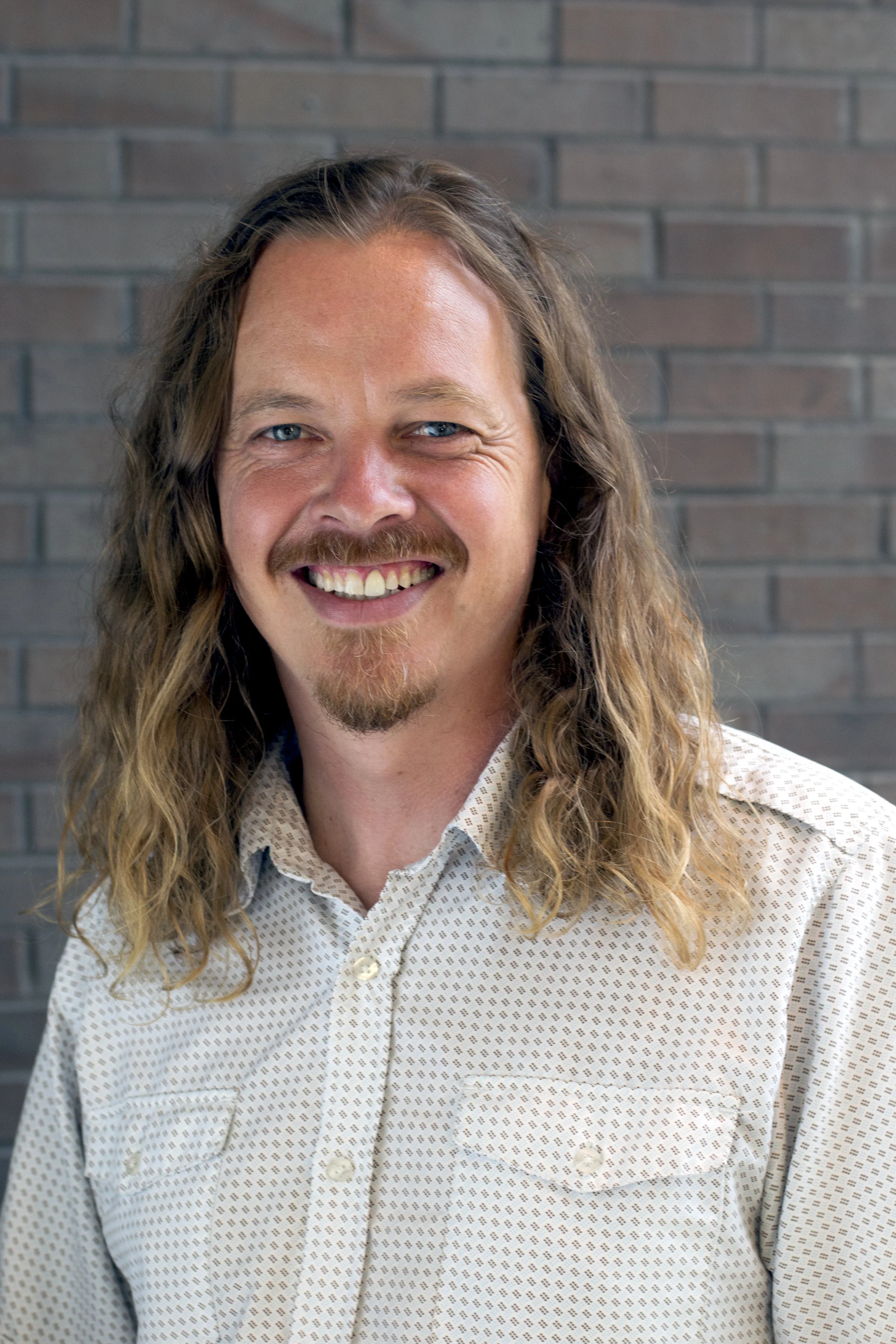NeuGeneration 2023
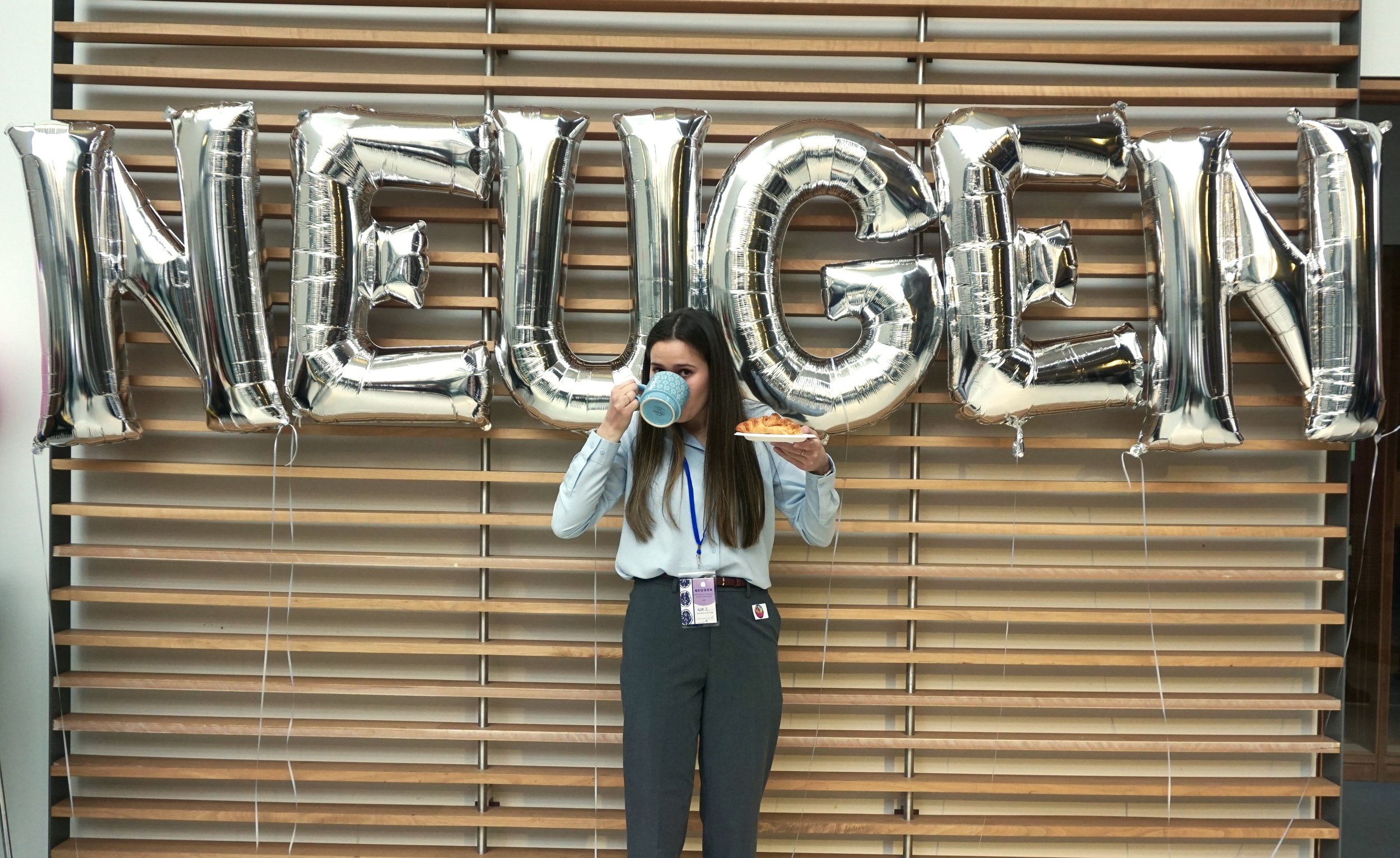
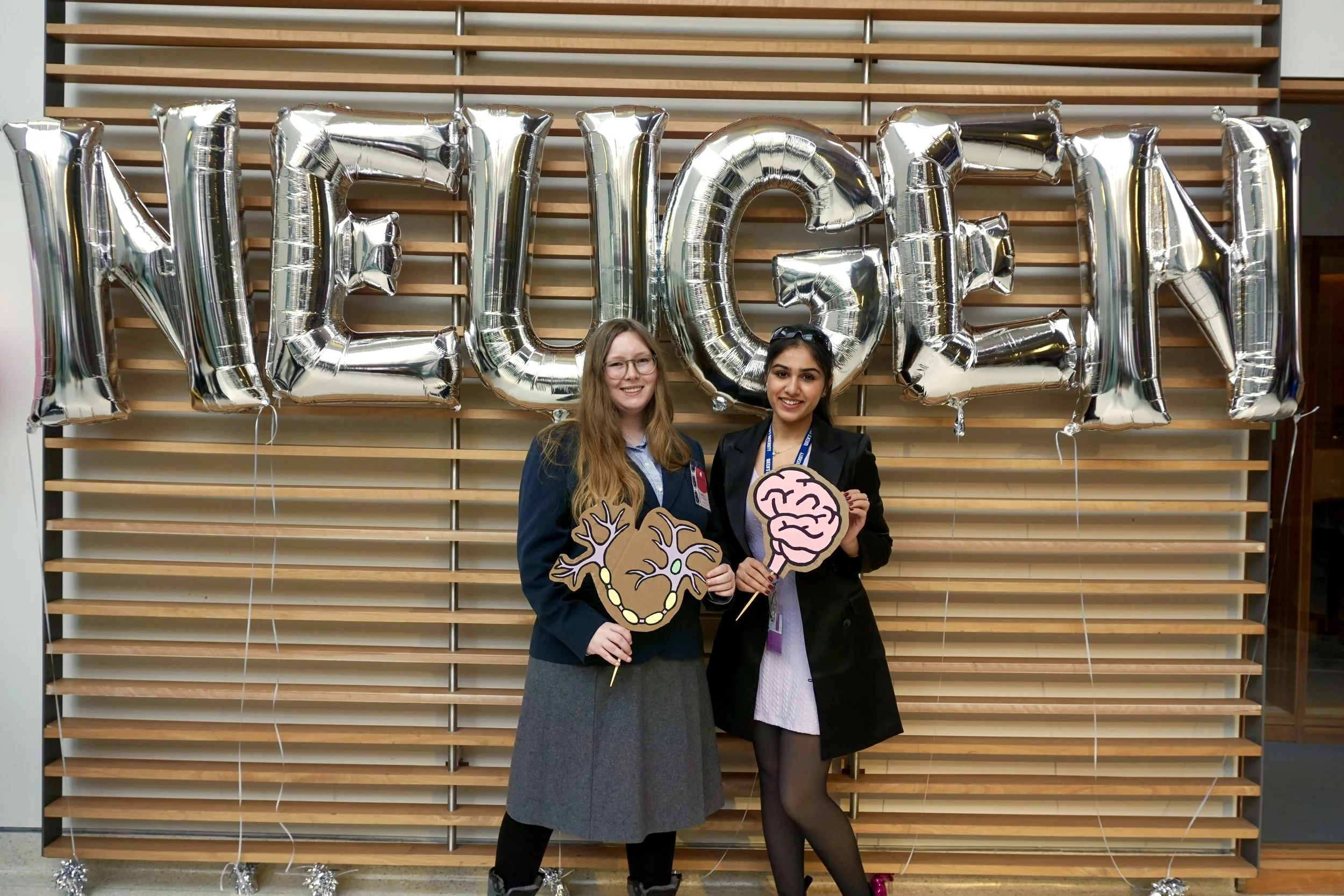
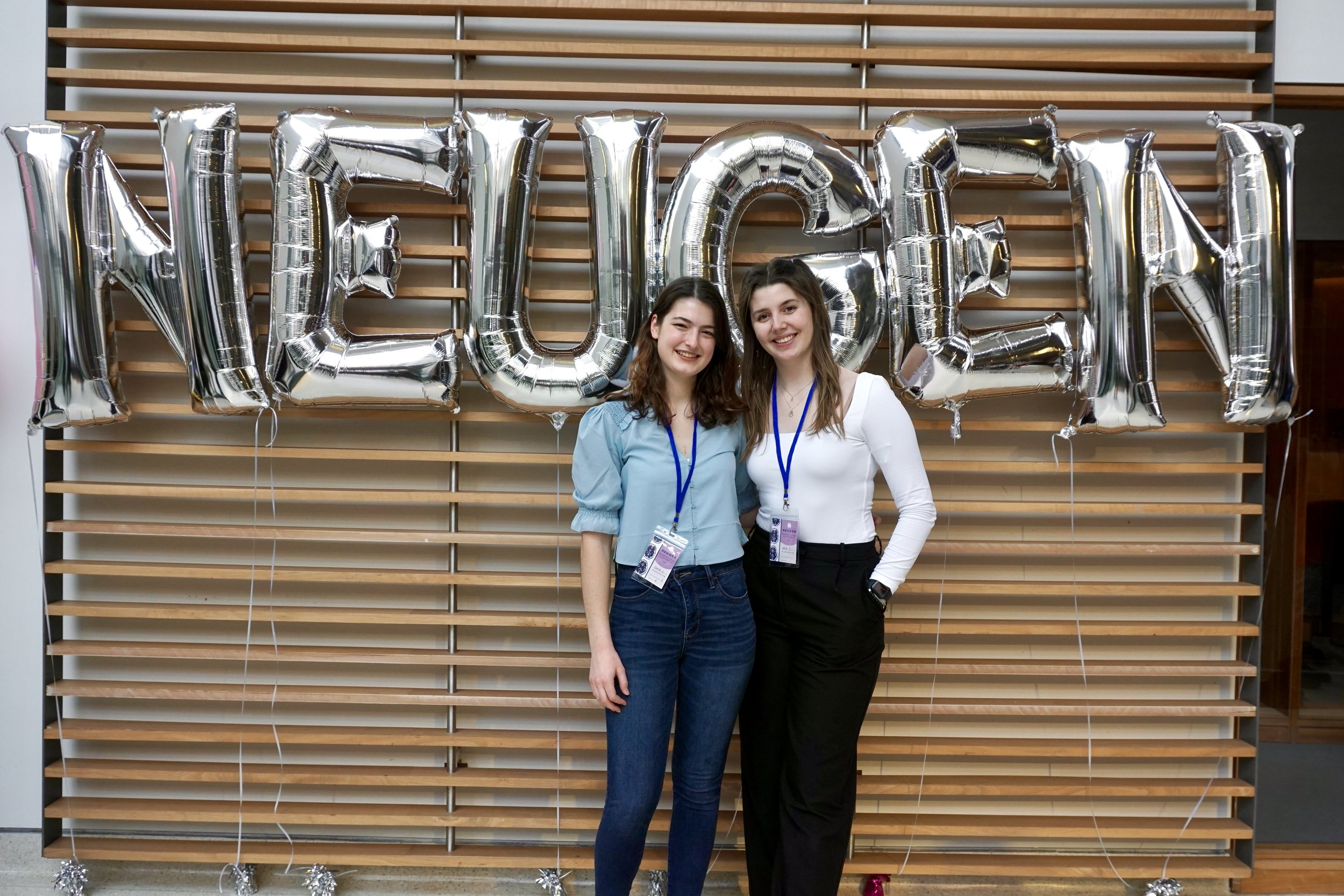
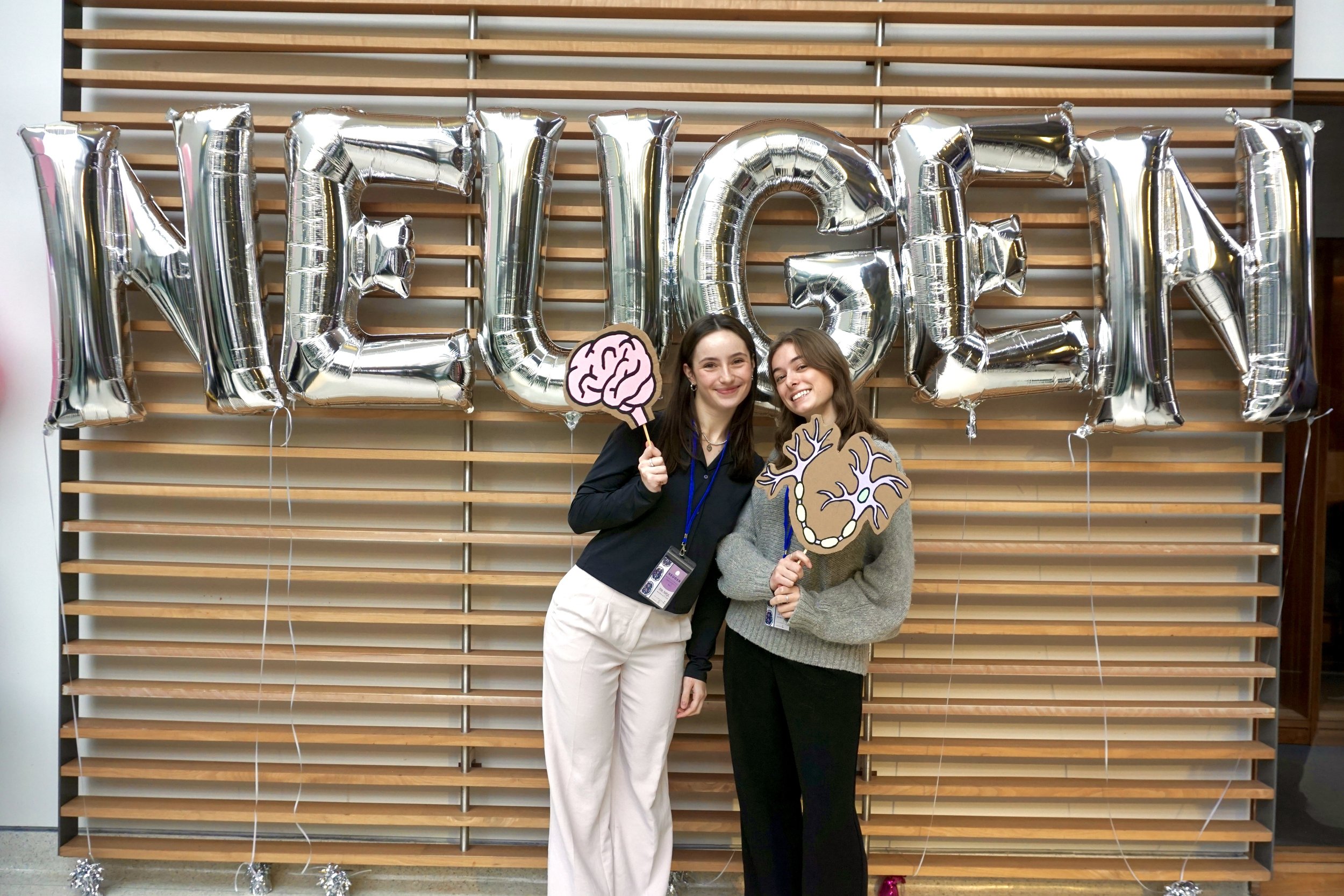
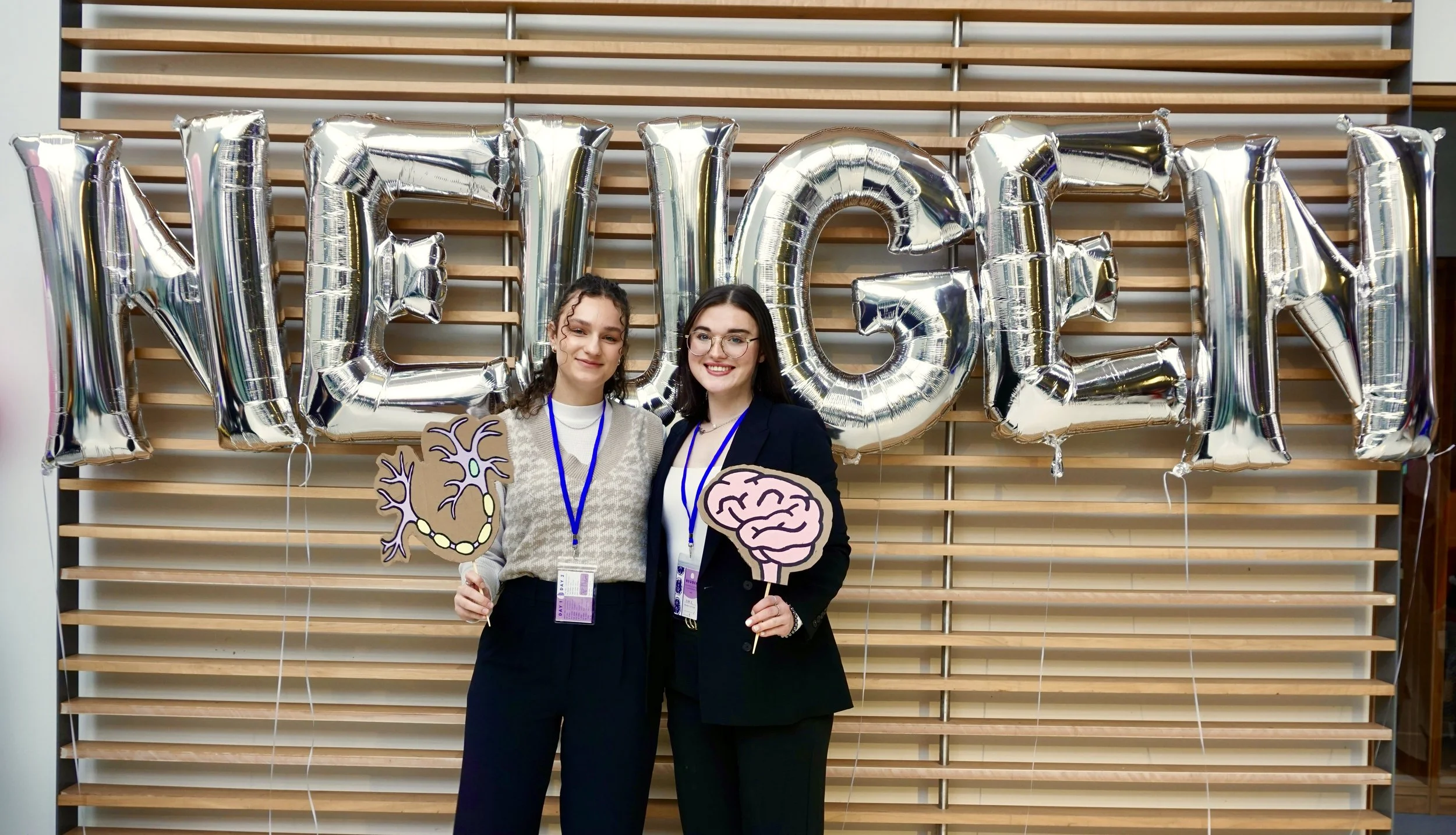
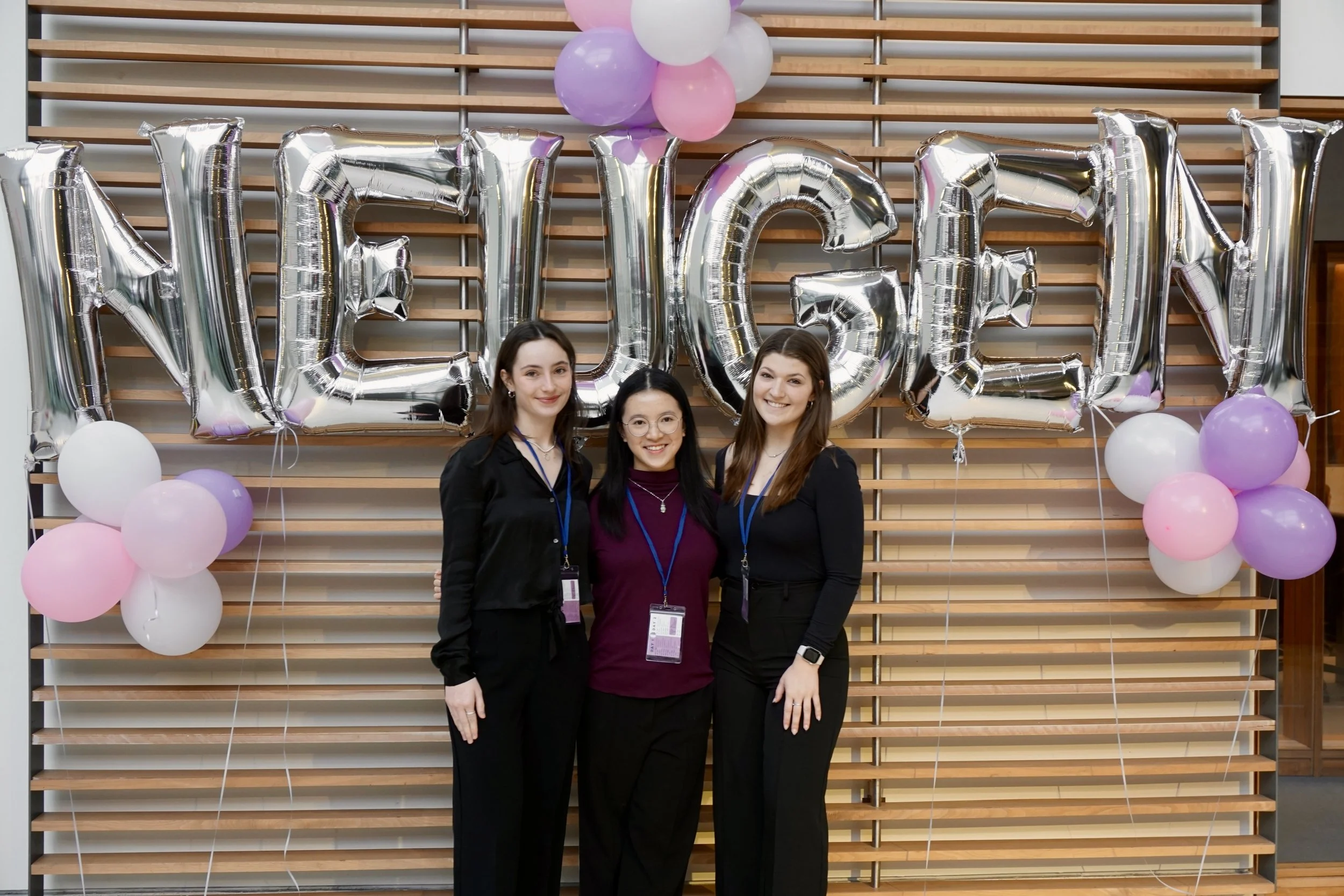
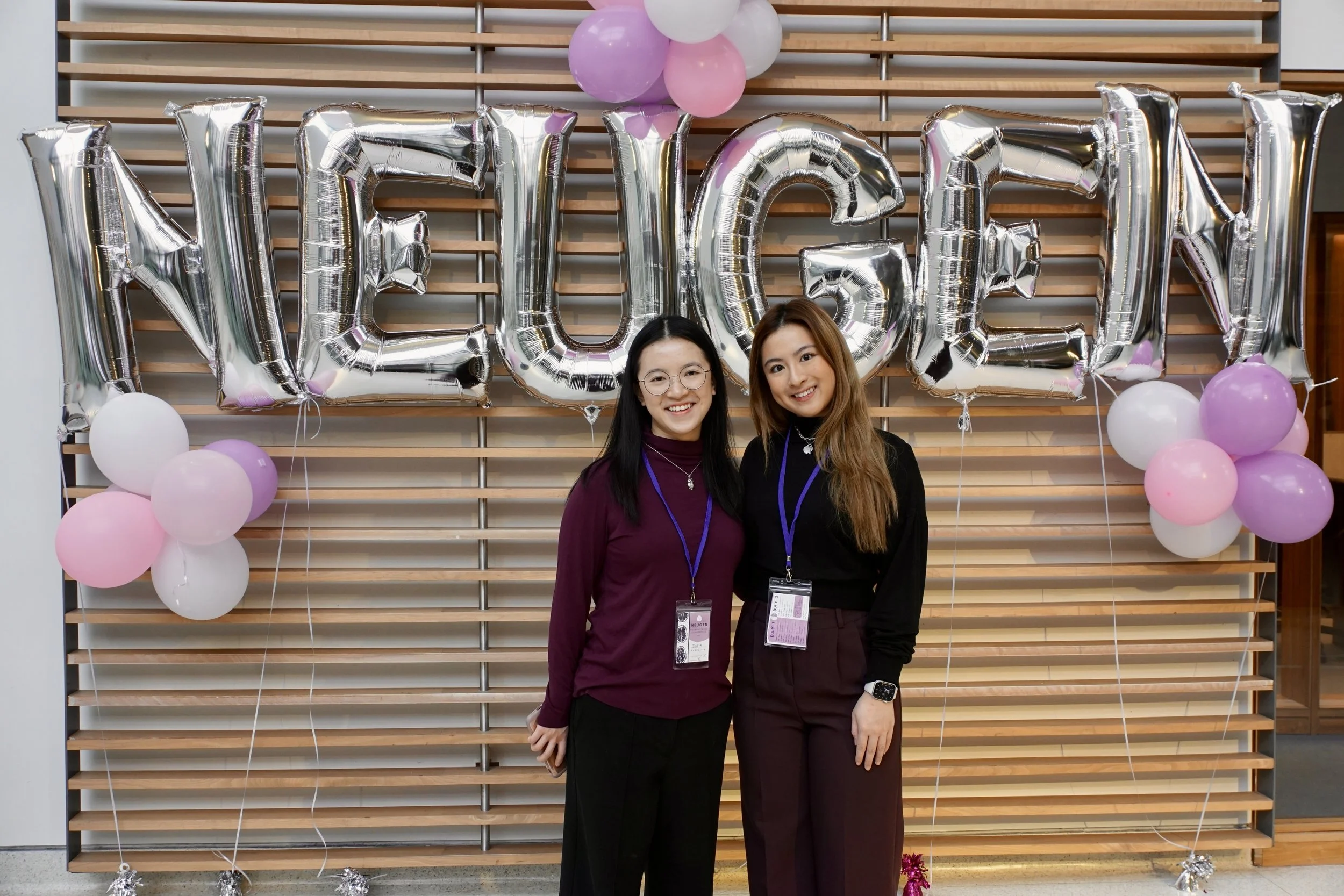
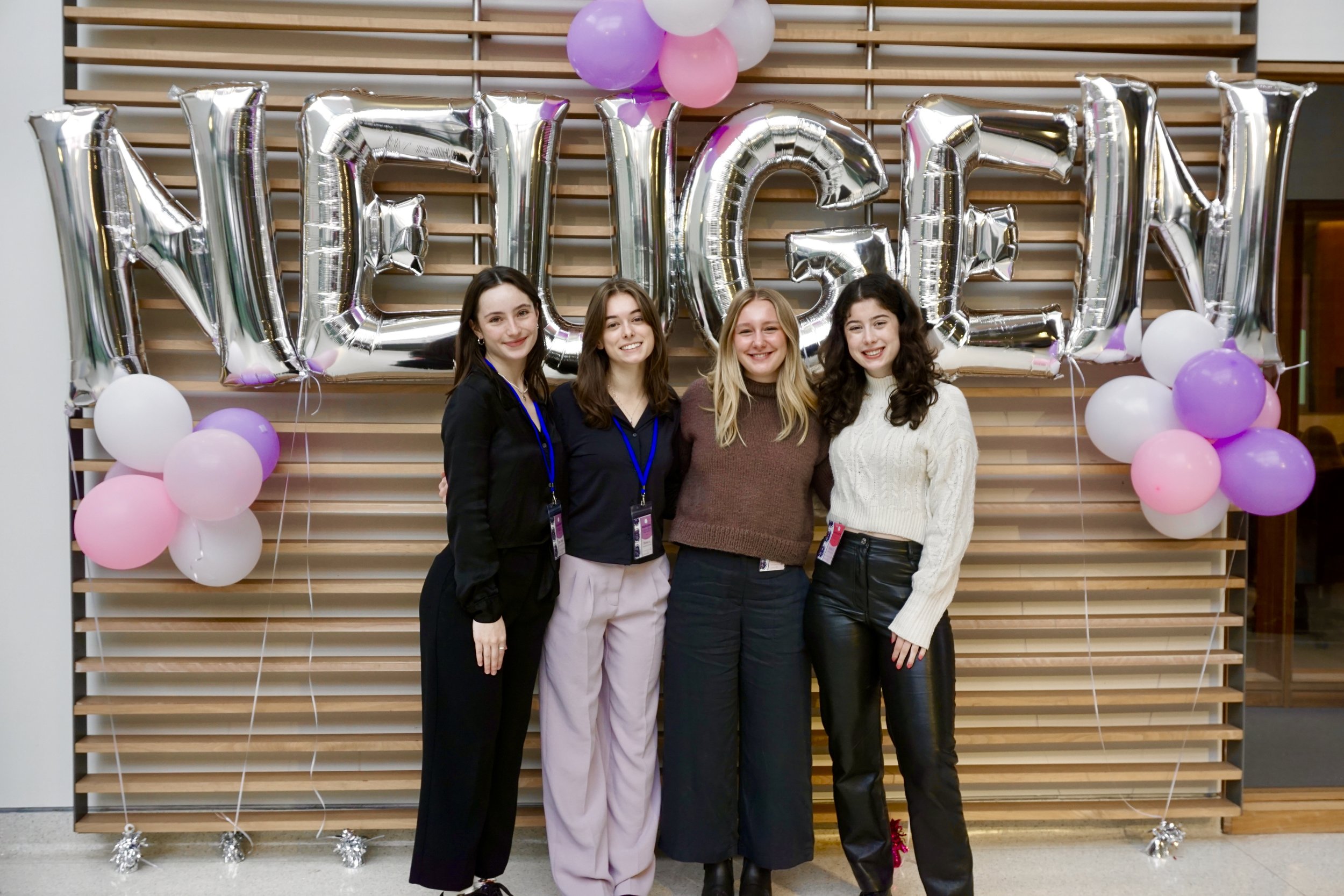
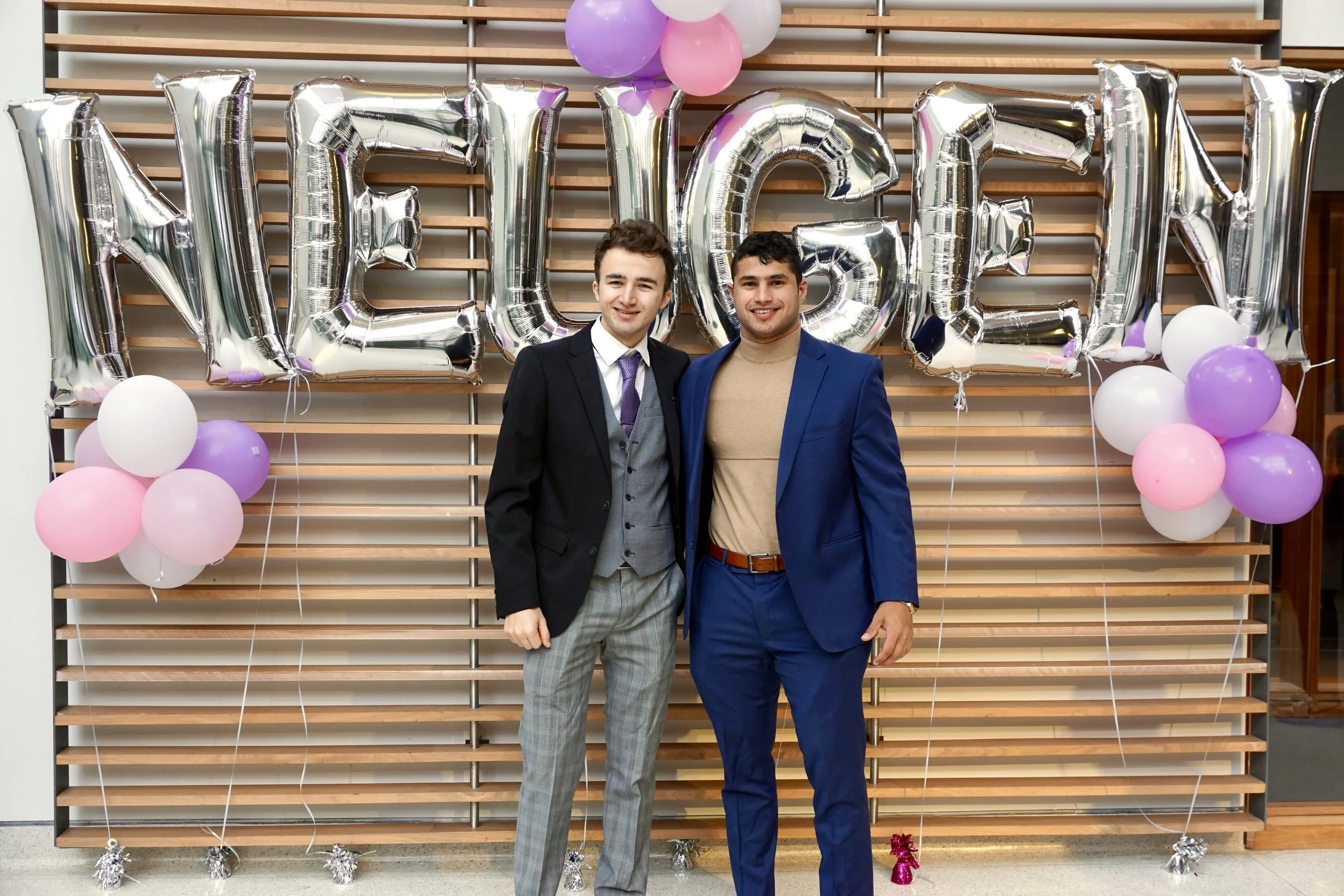
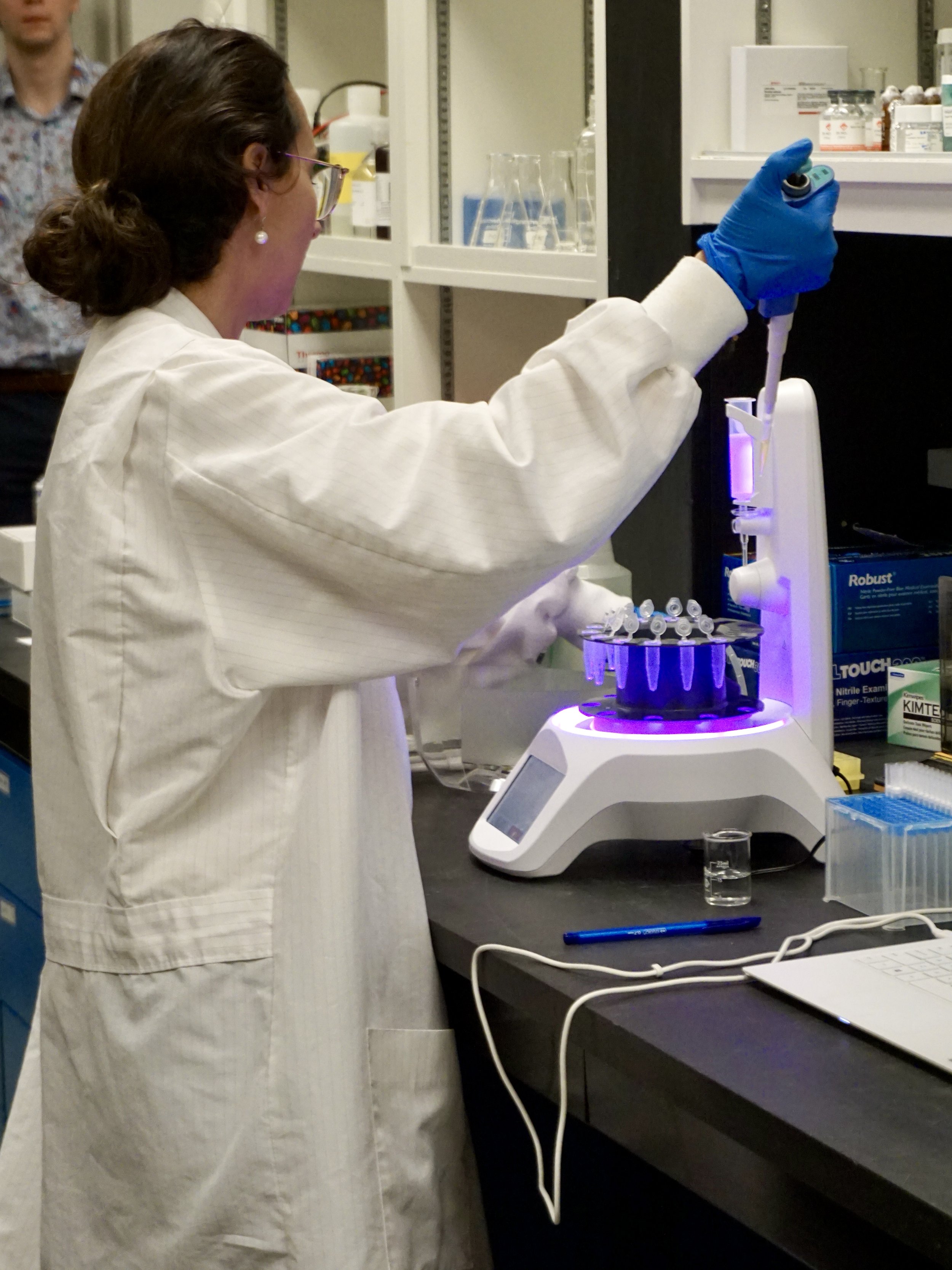
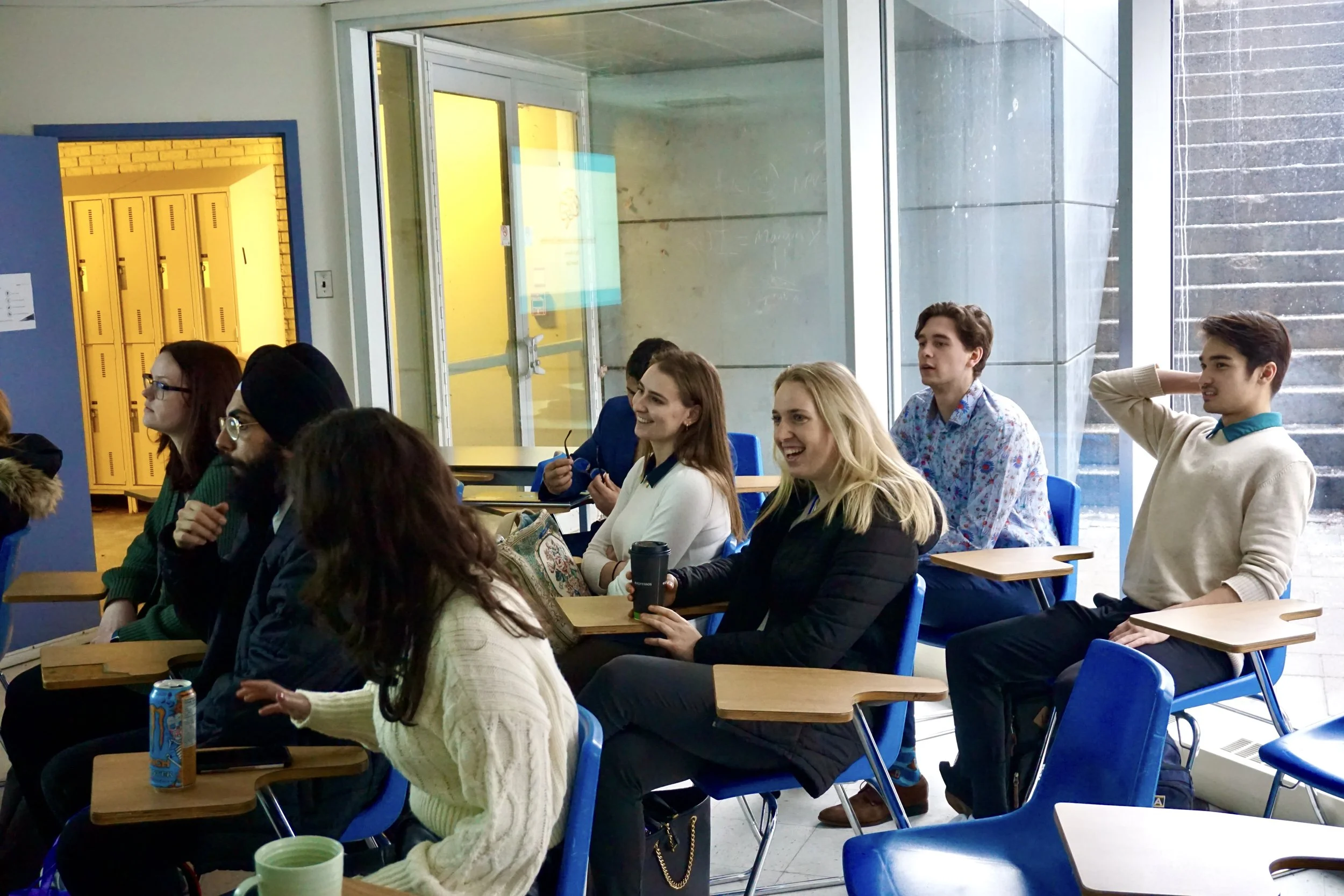
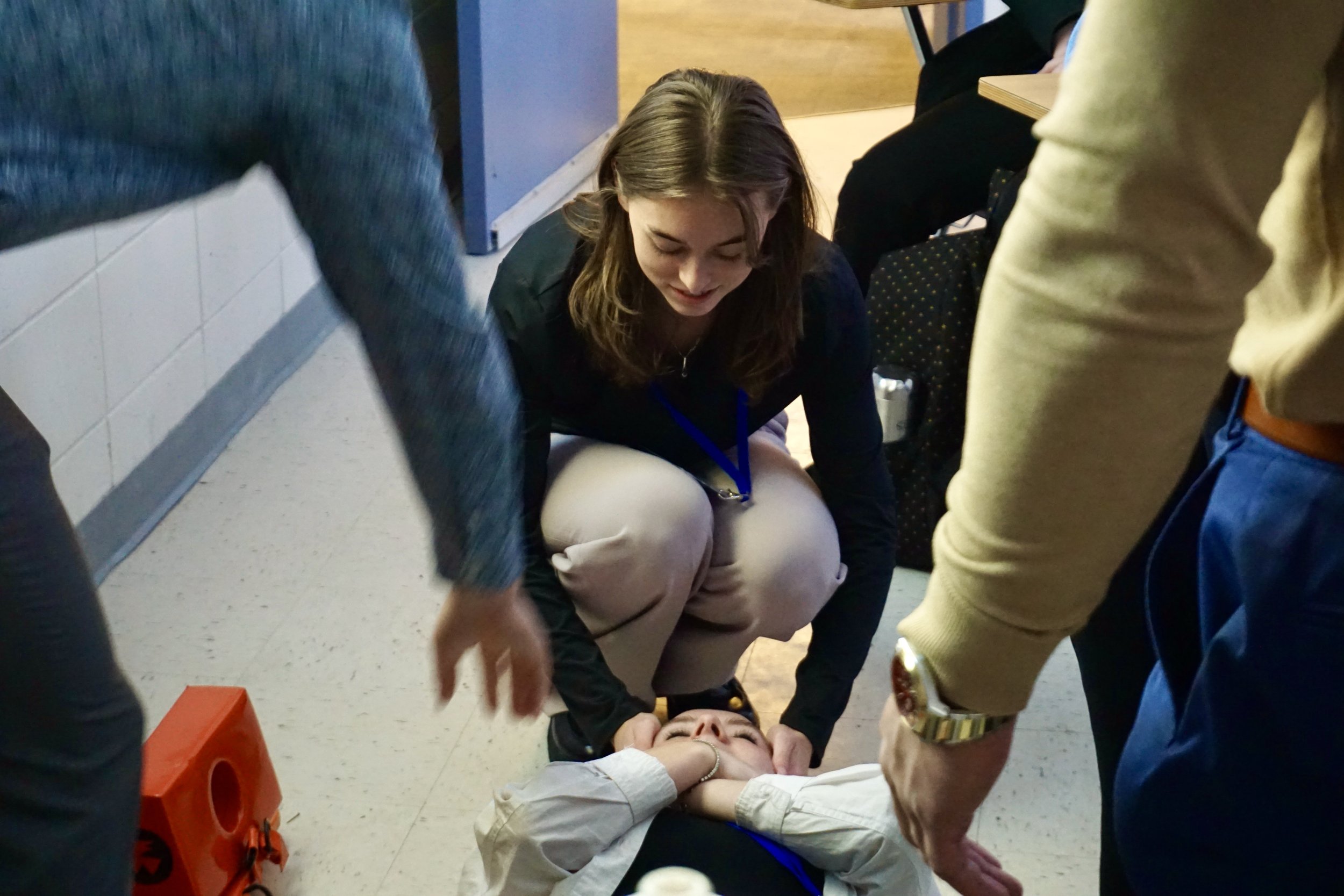
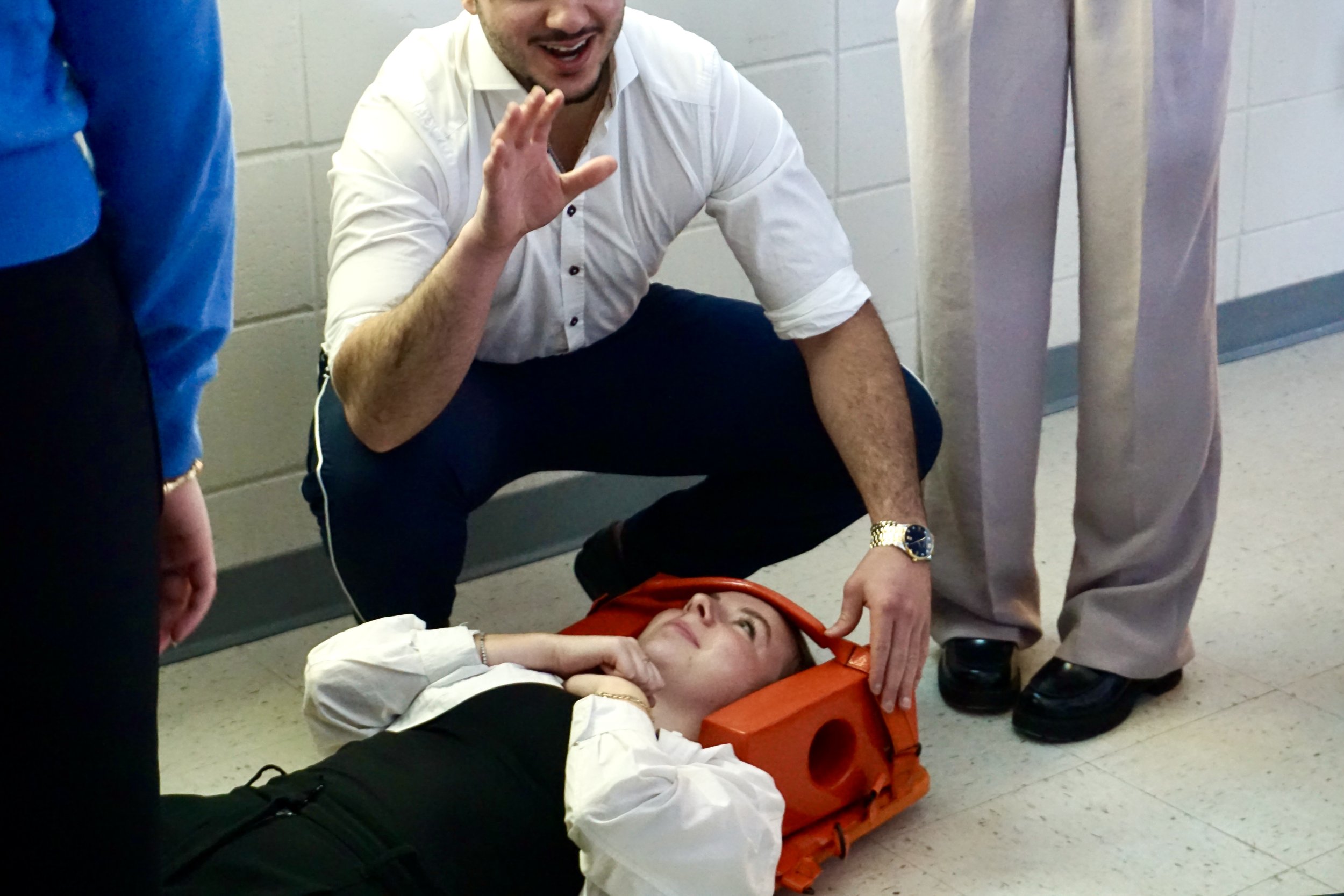
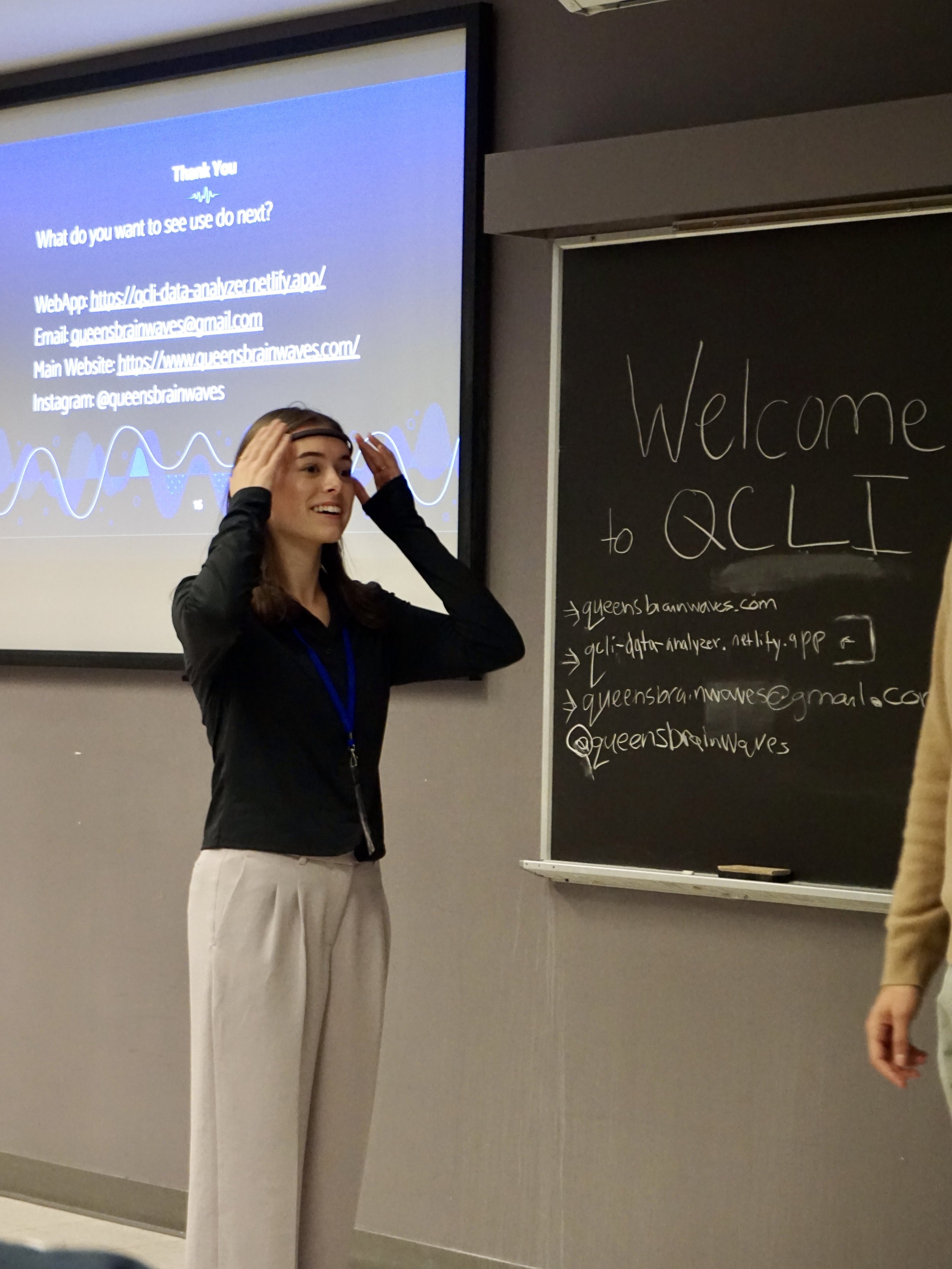
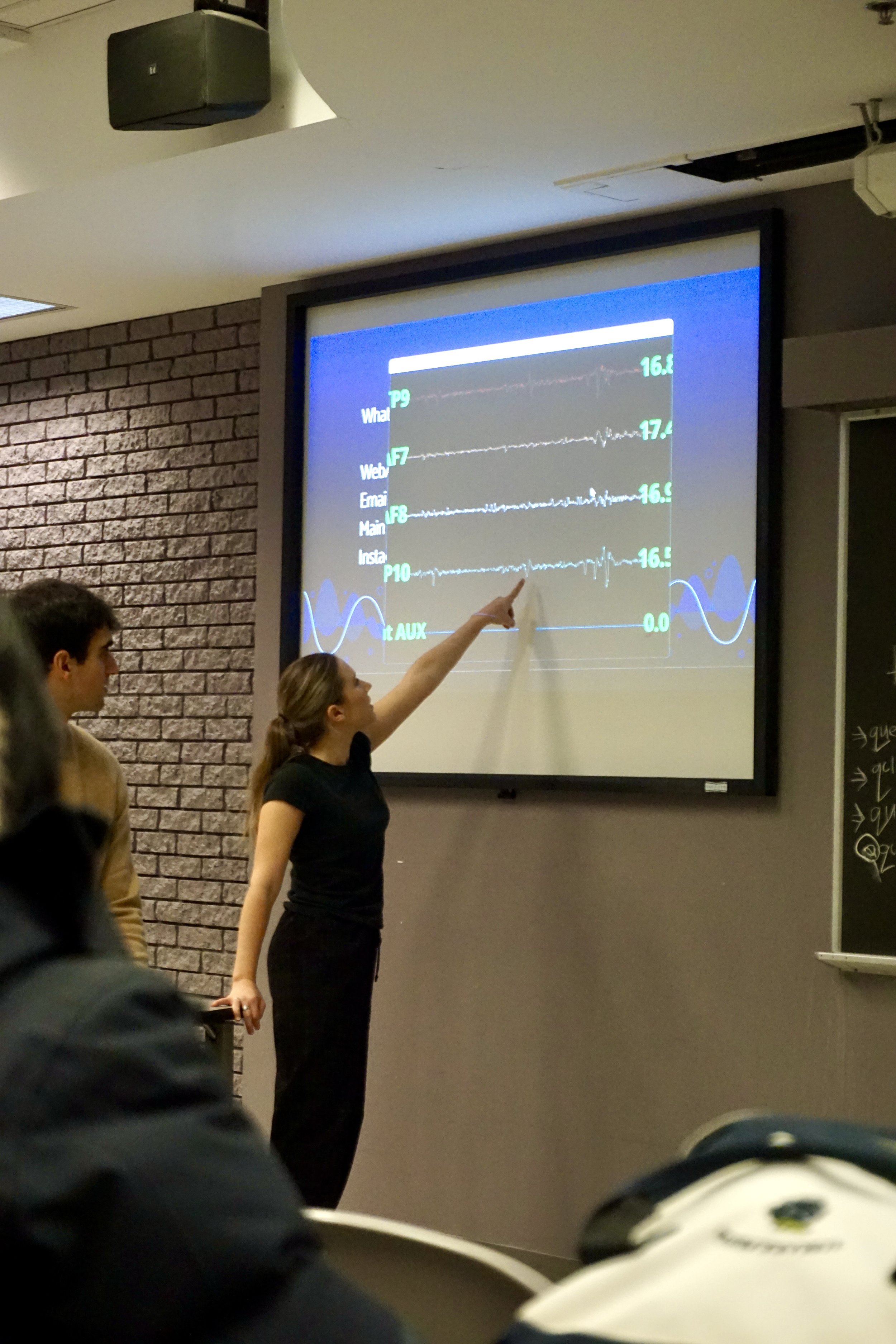
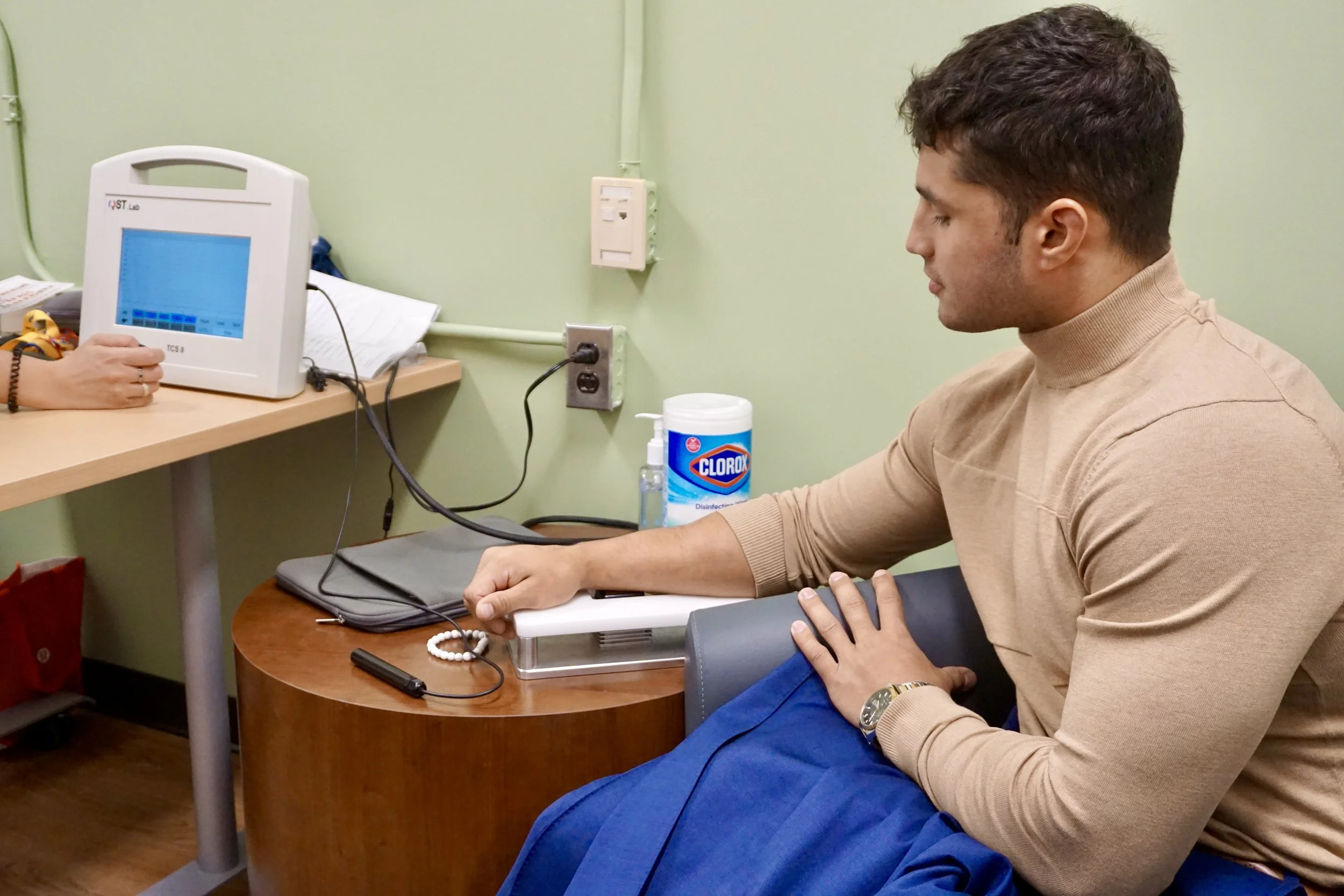
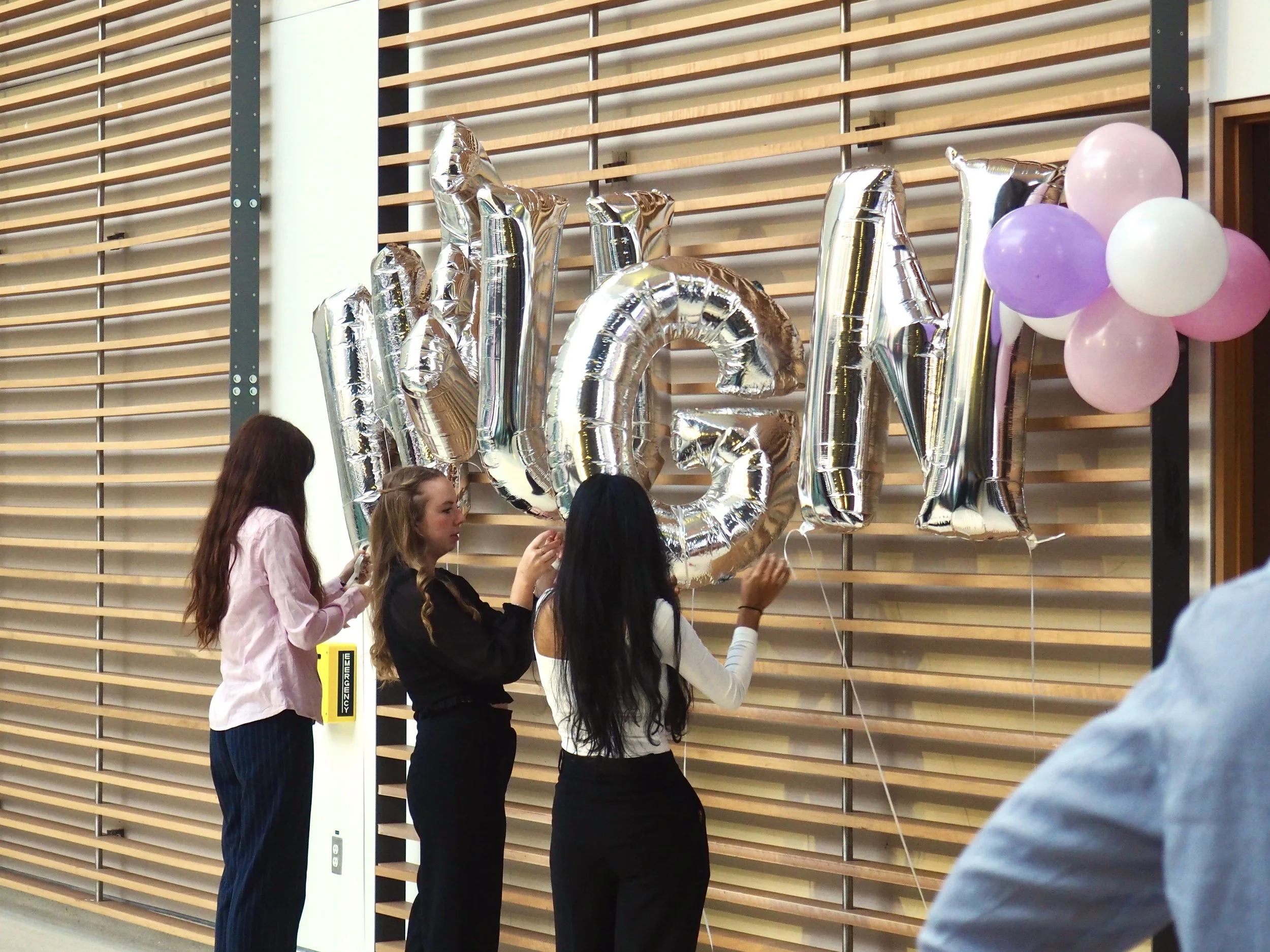
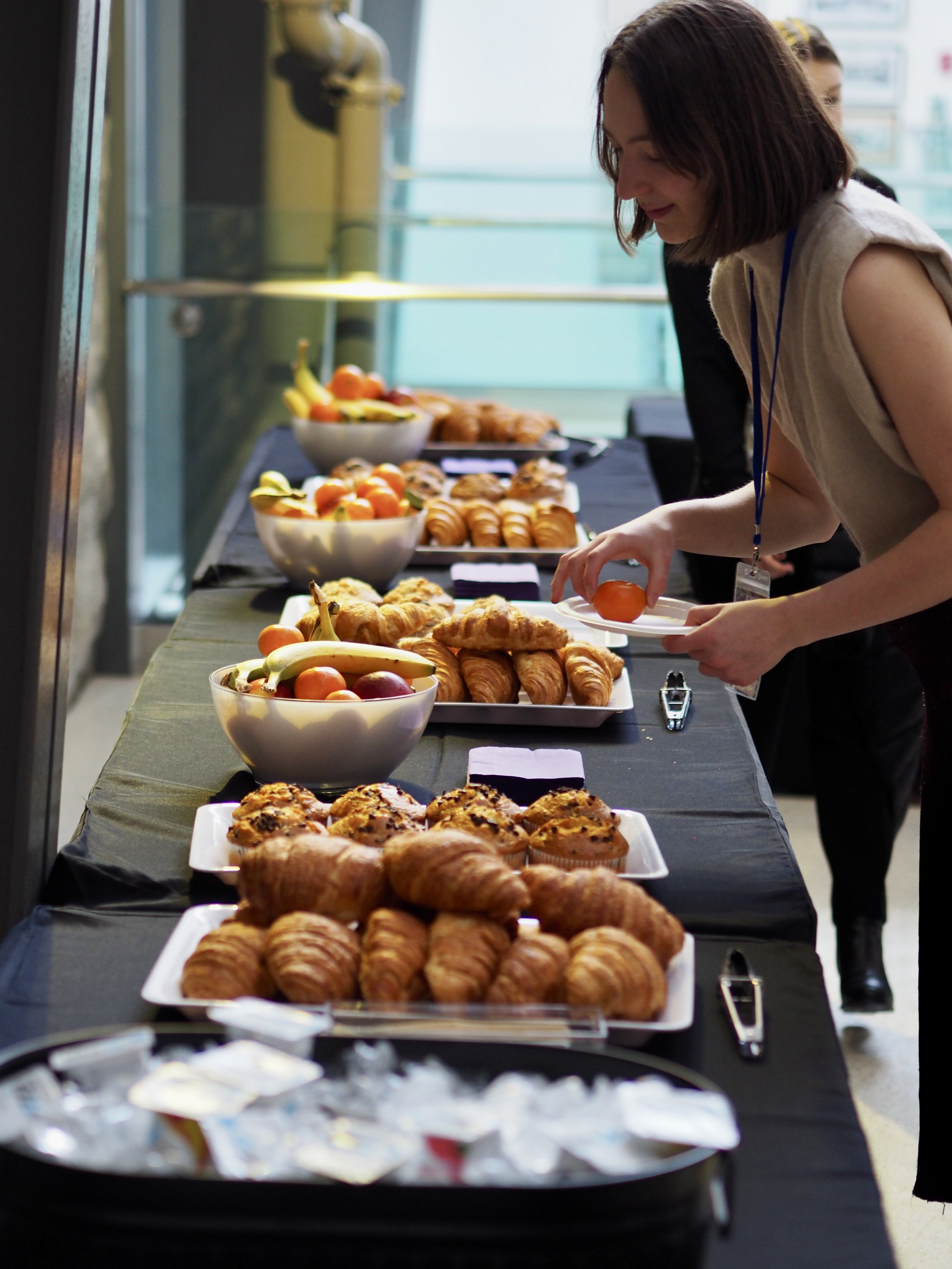
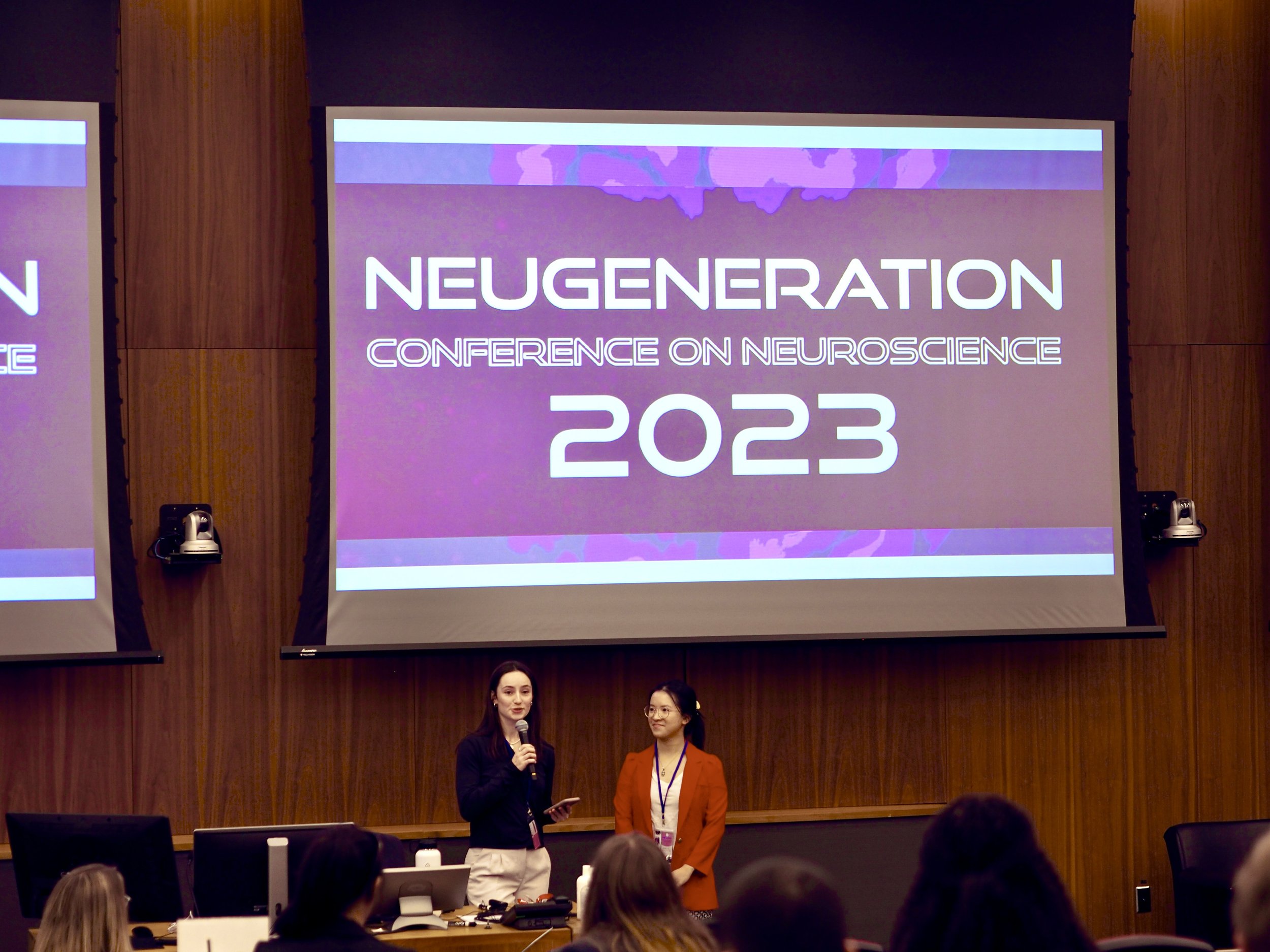
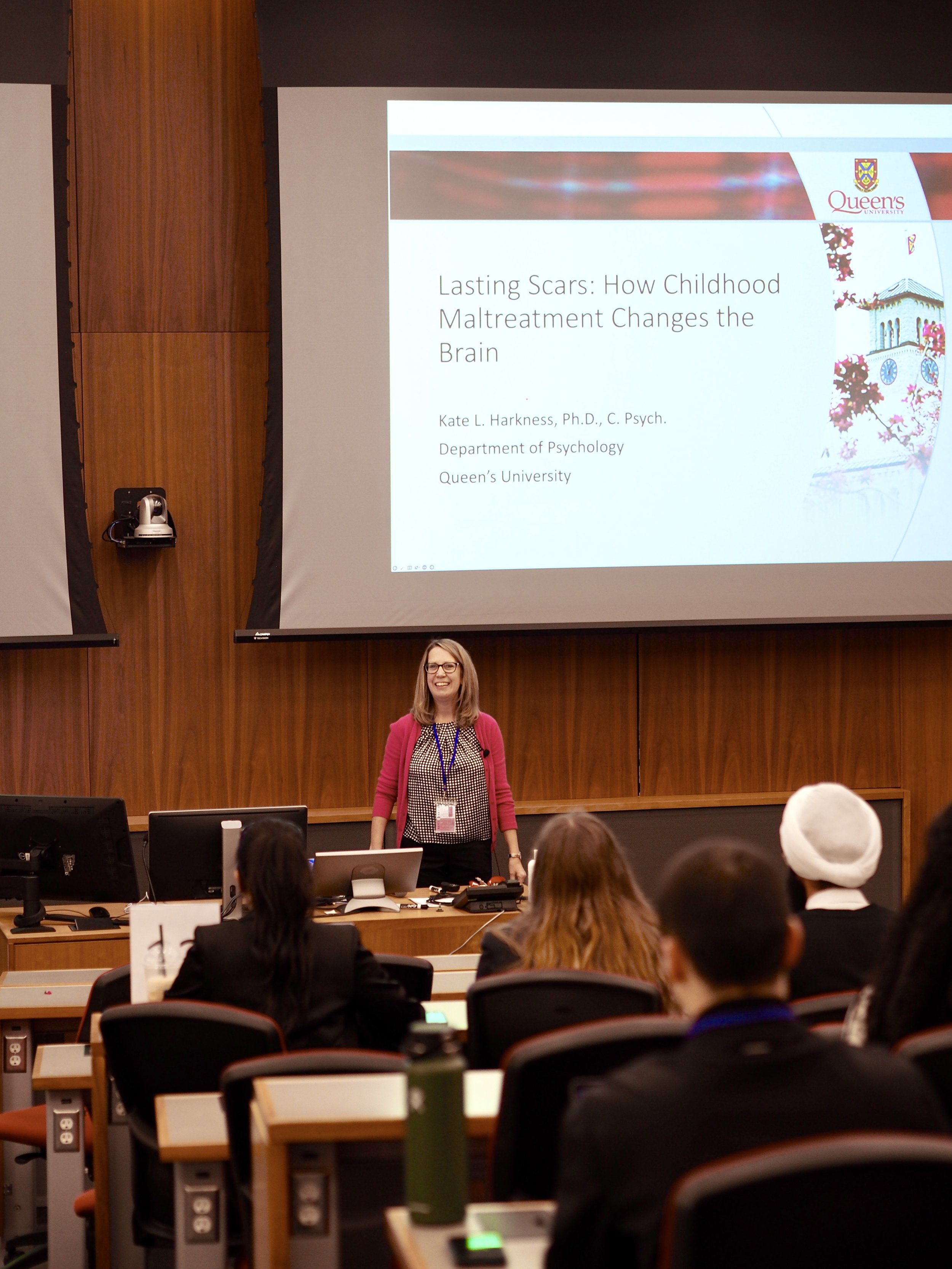
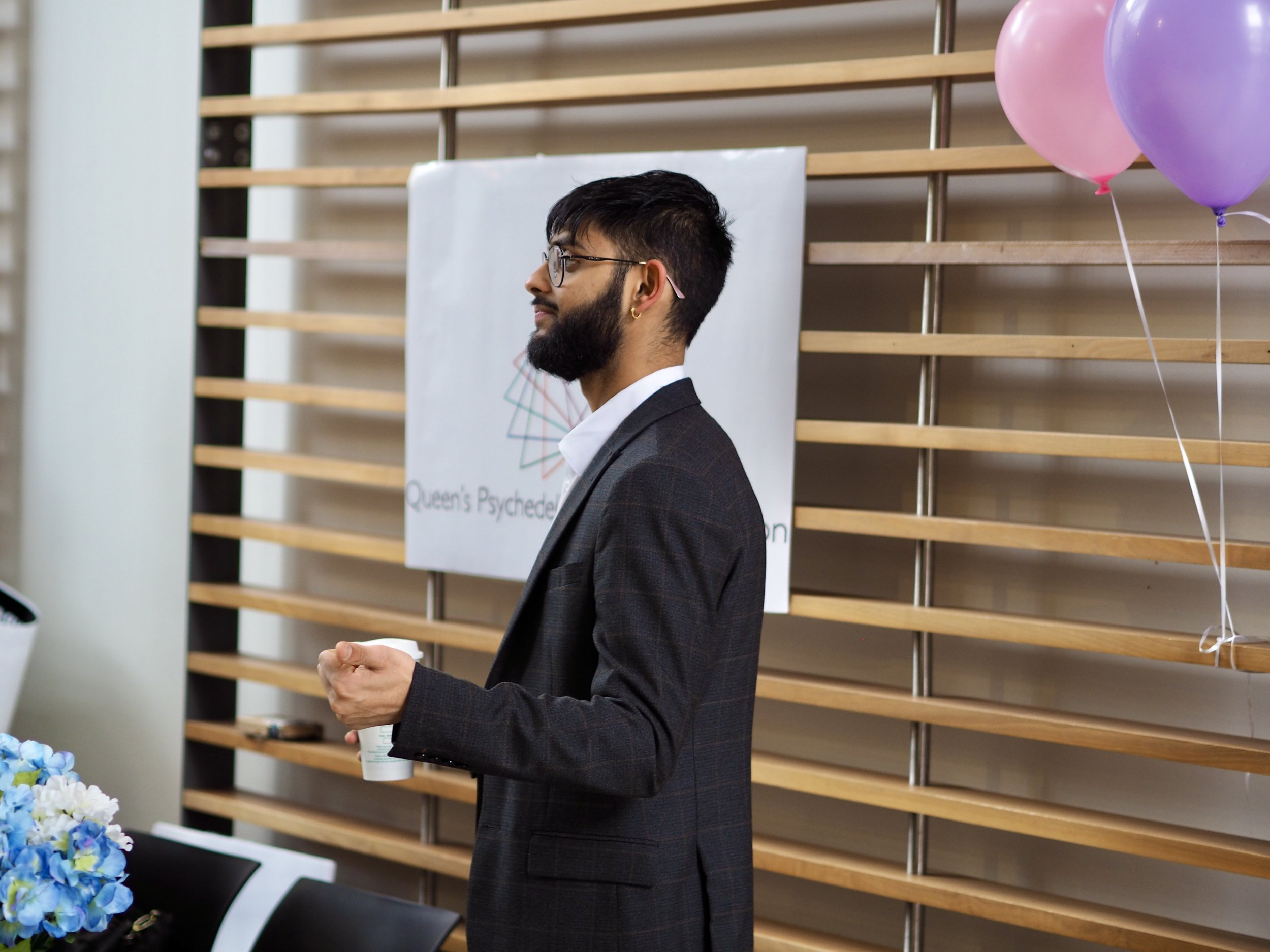
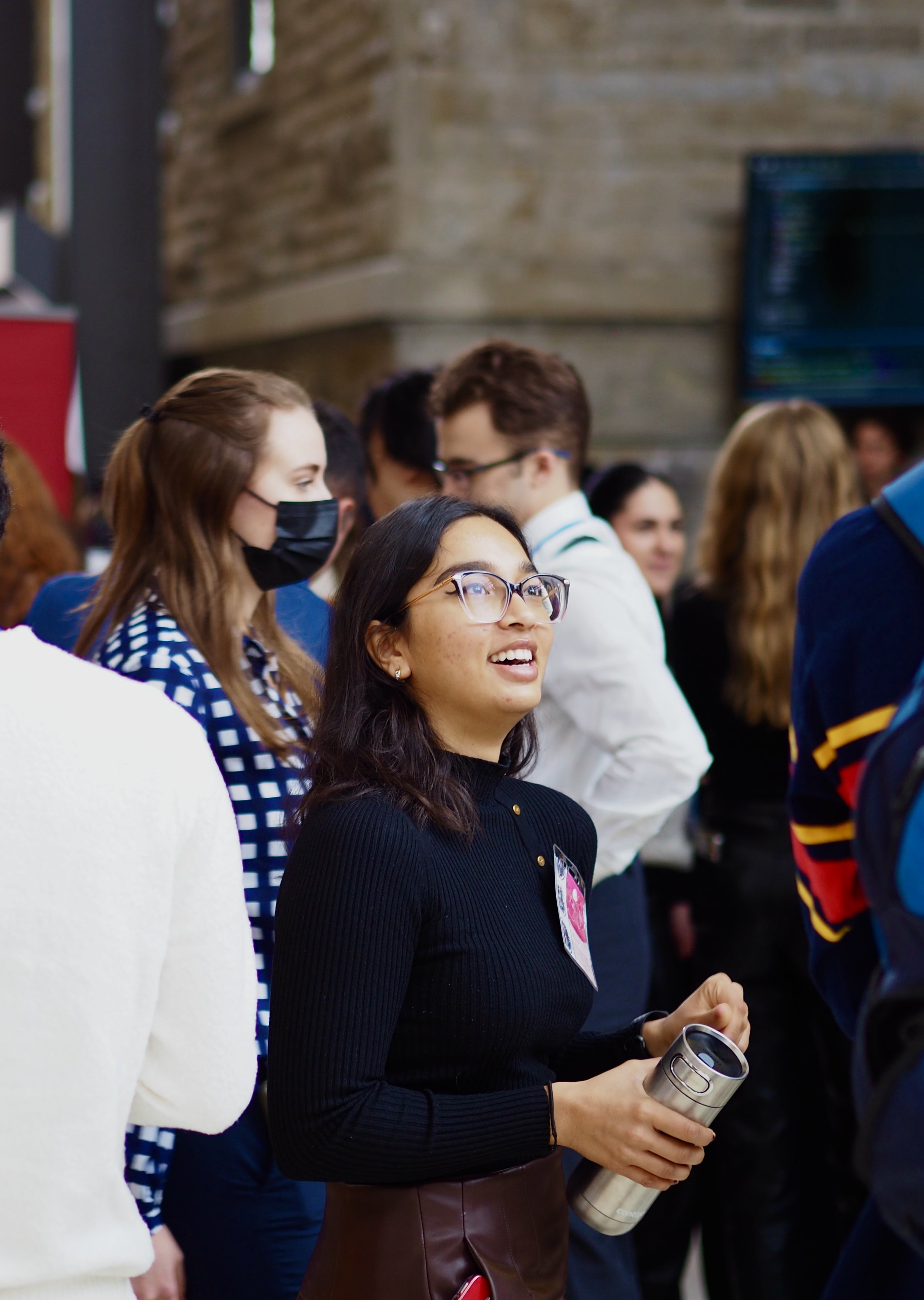
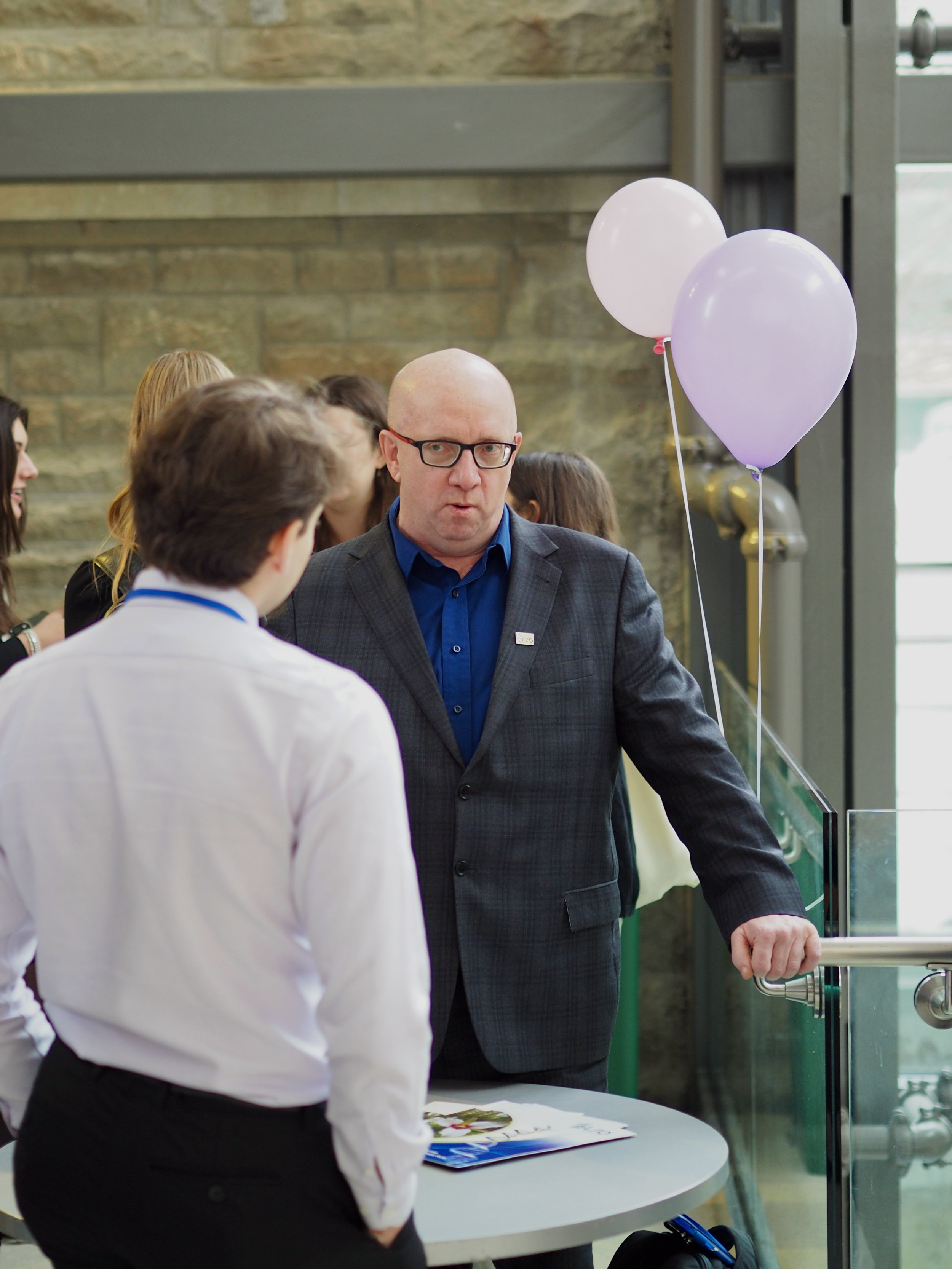
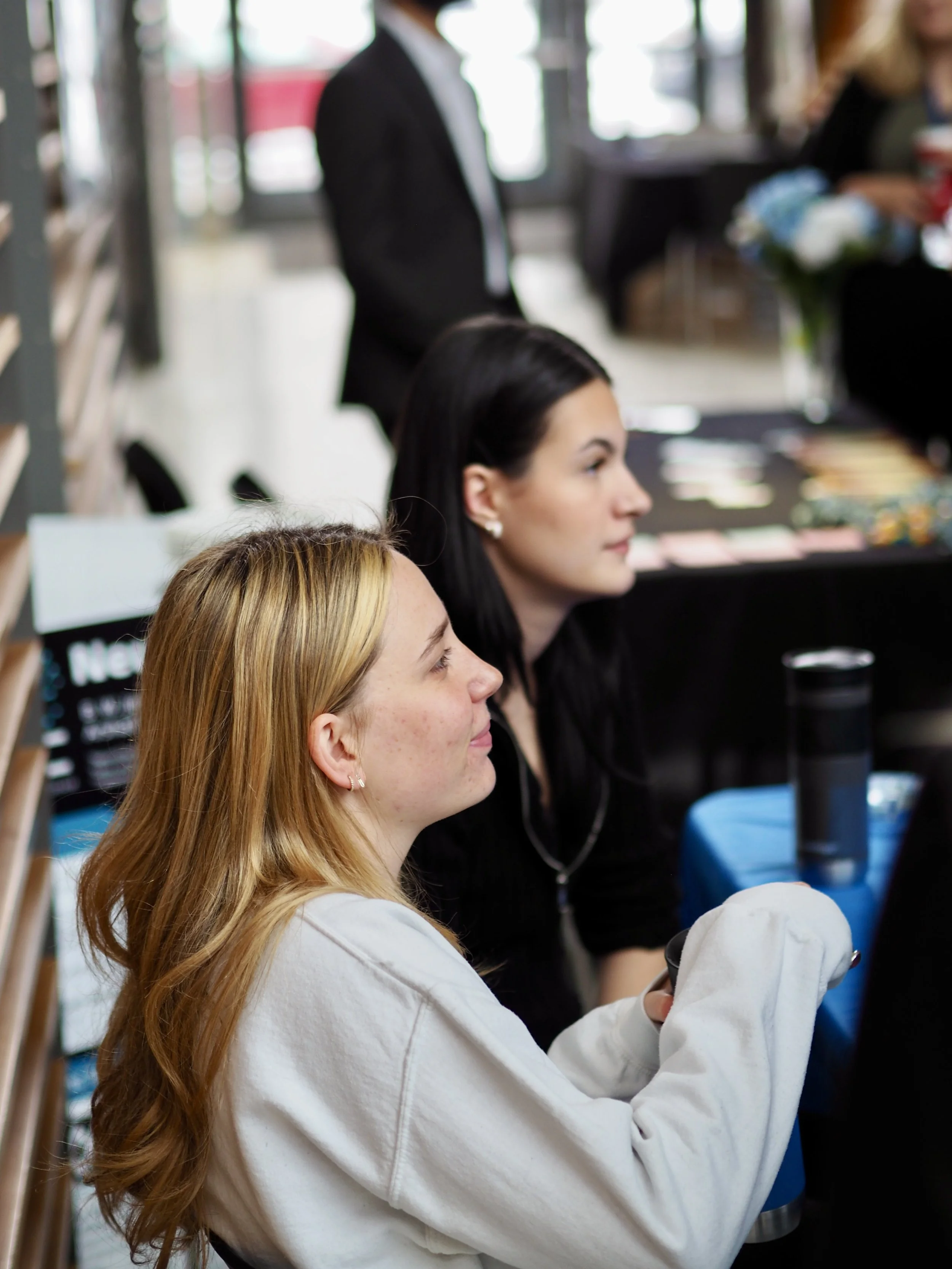
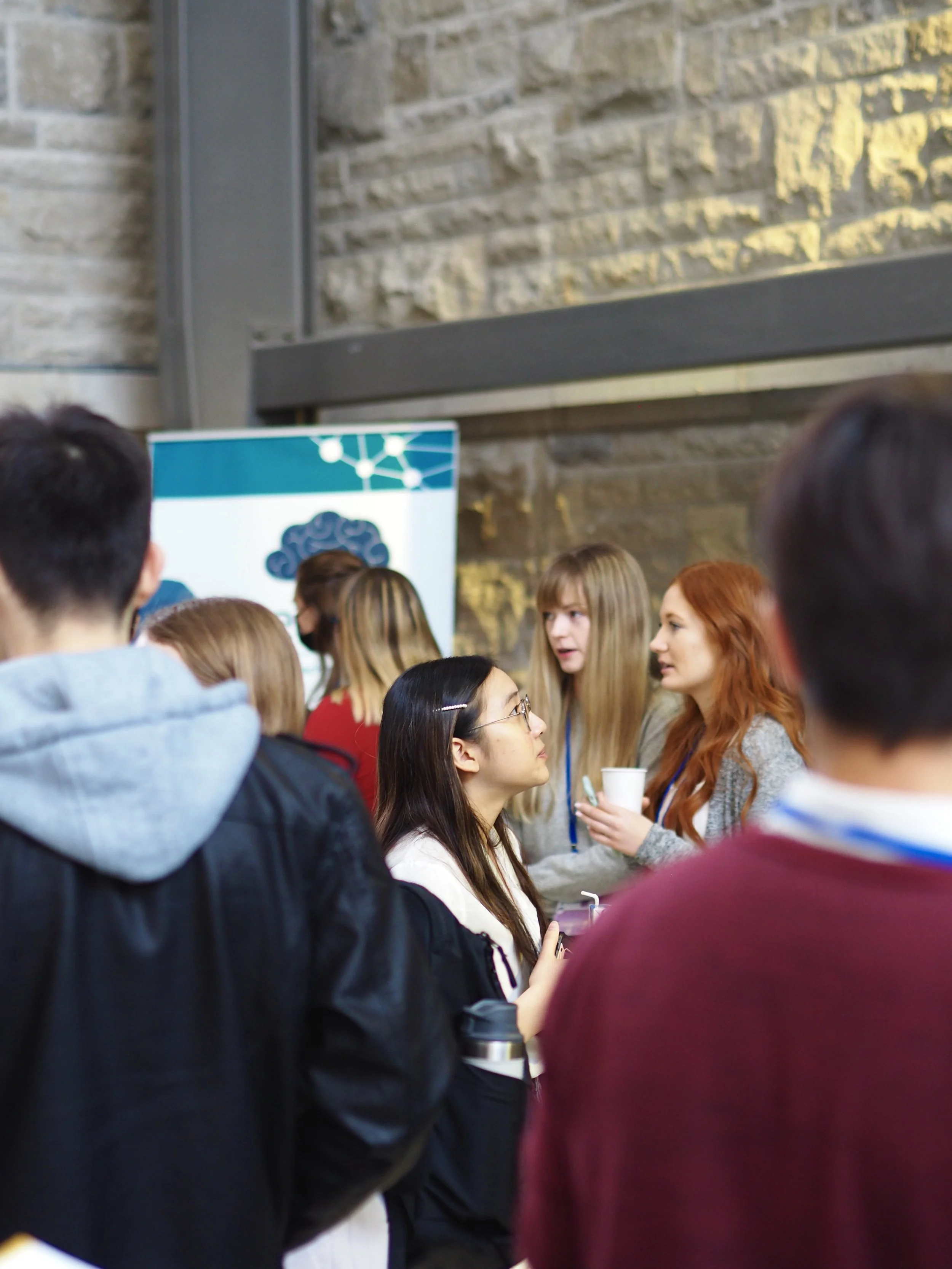
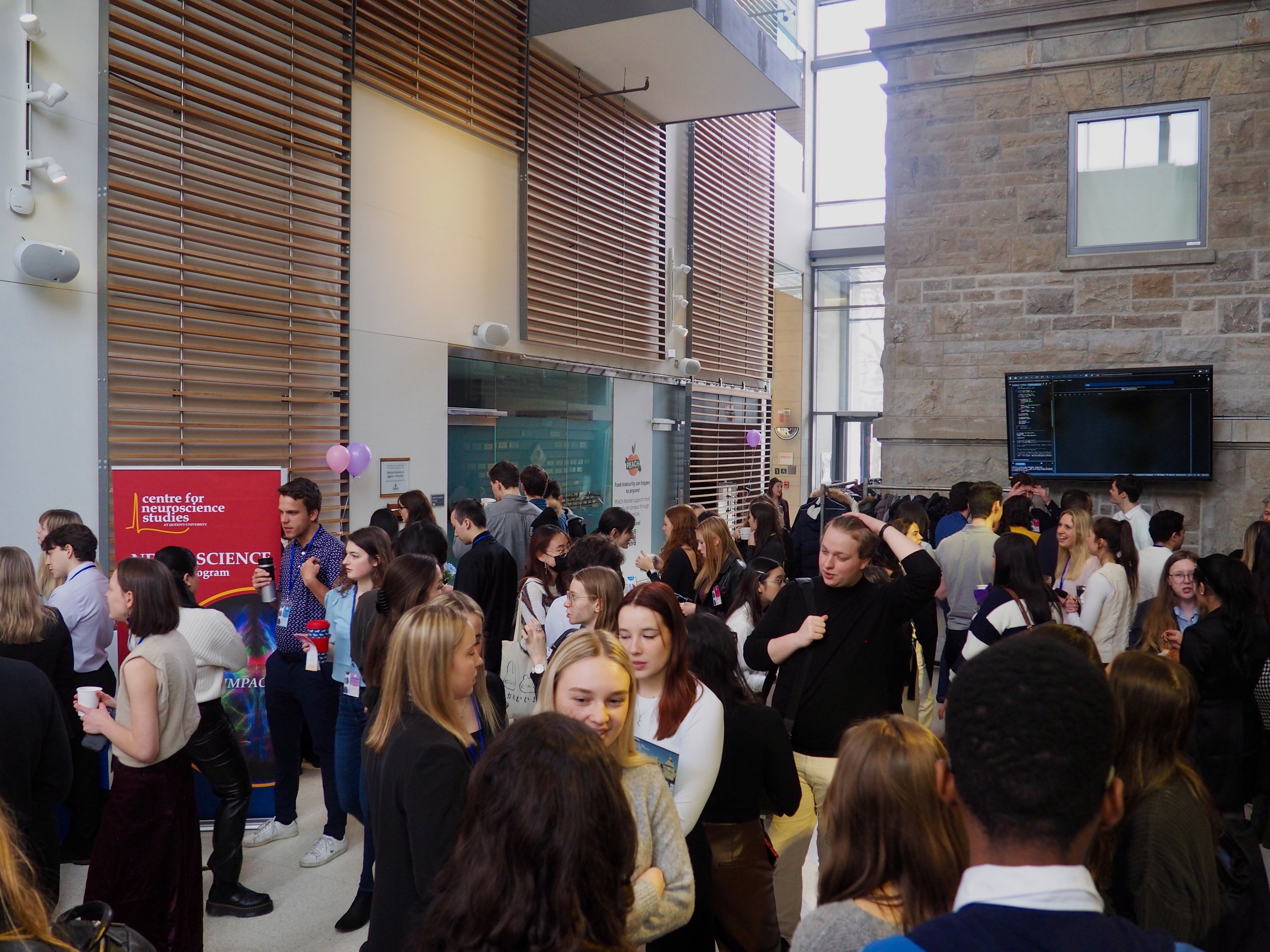
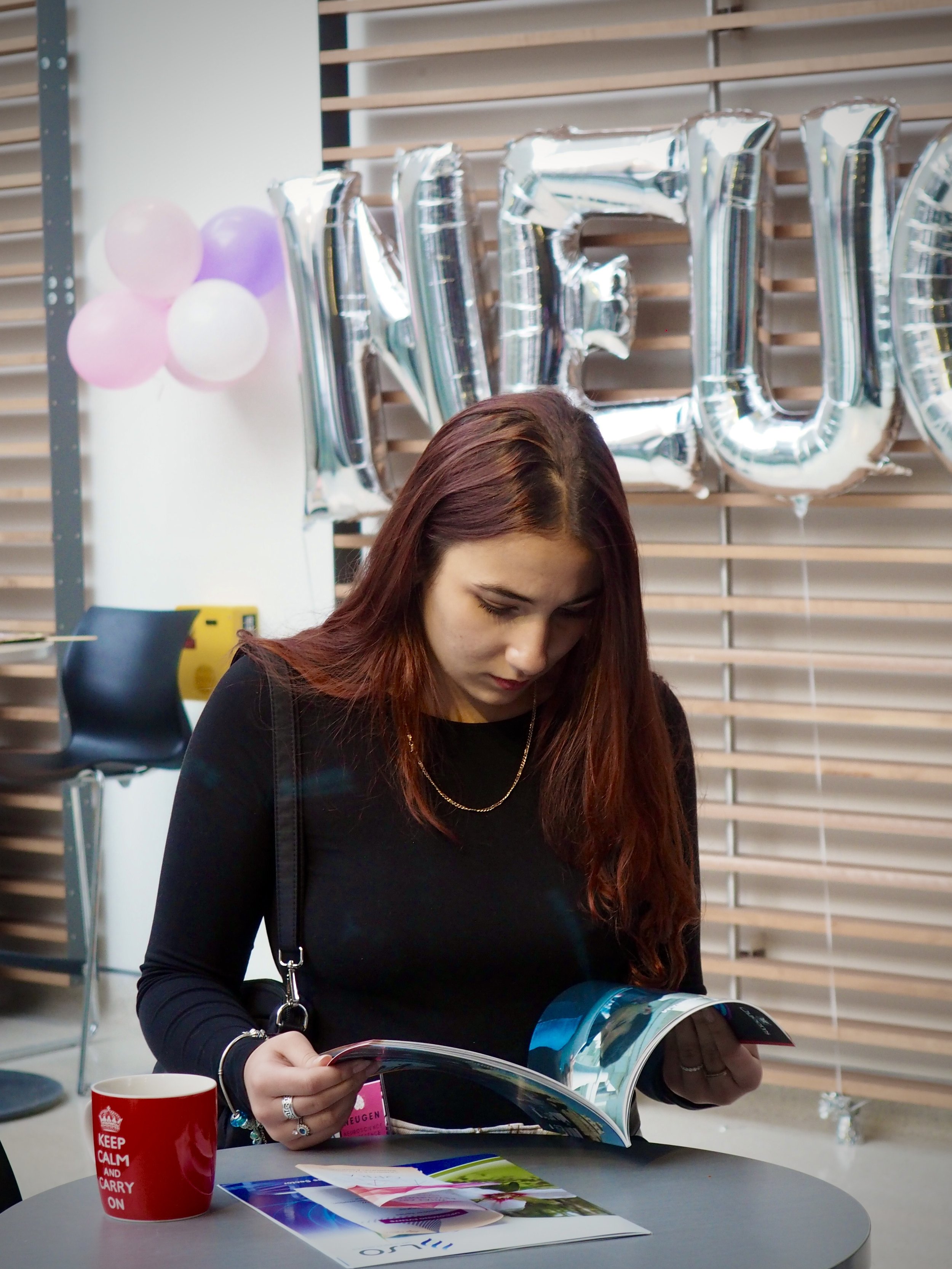
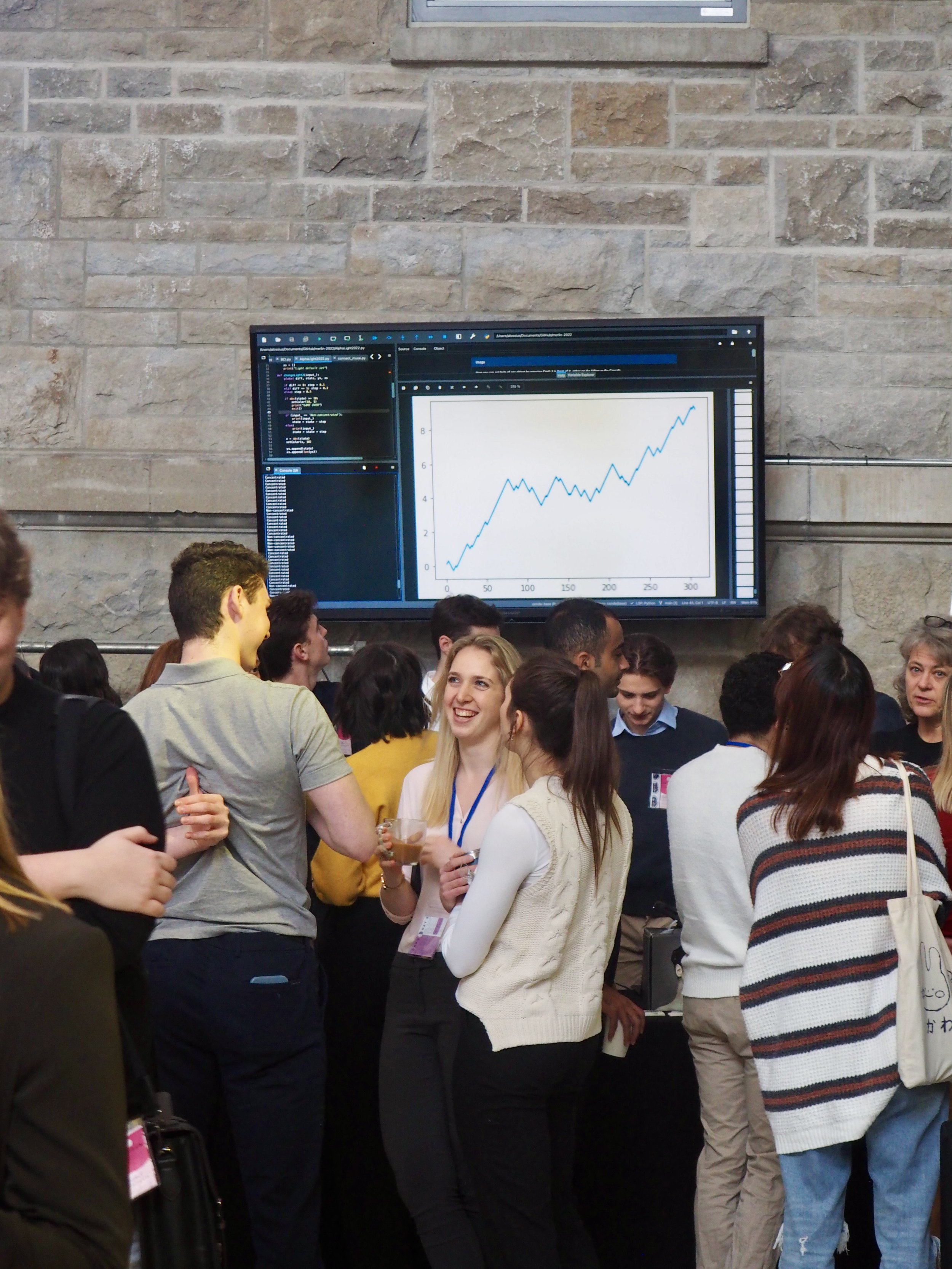
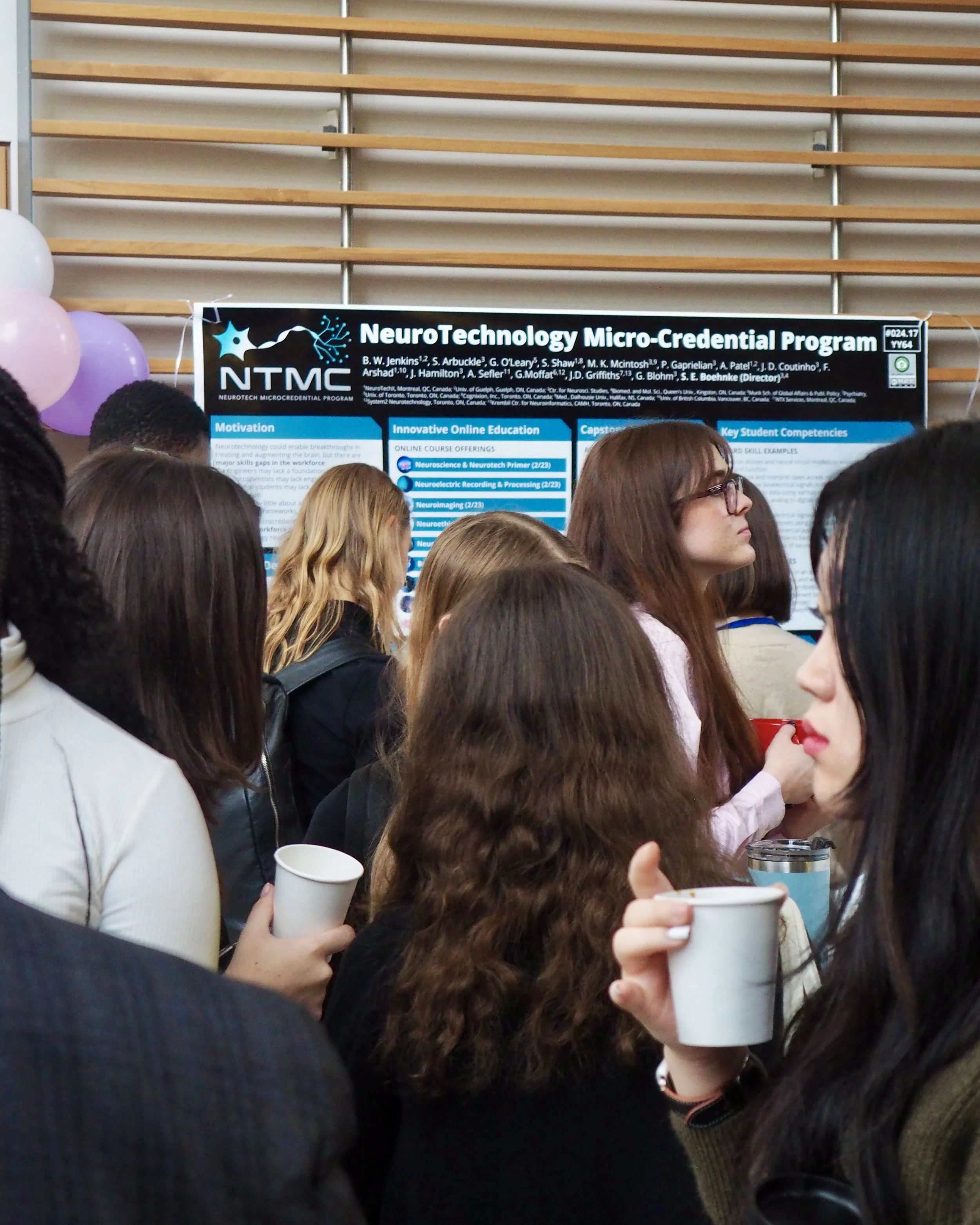
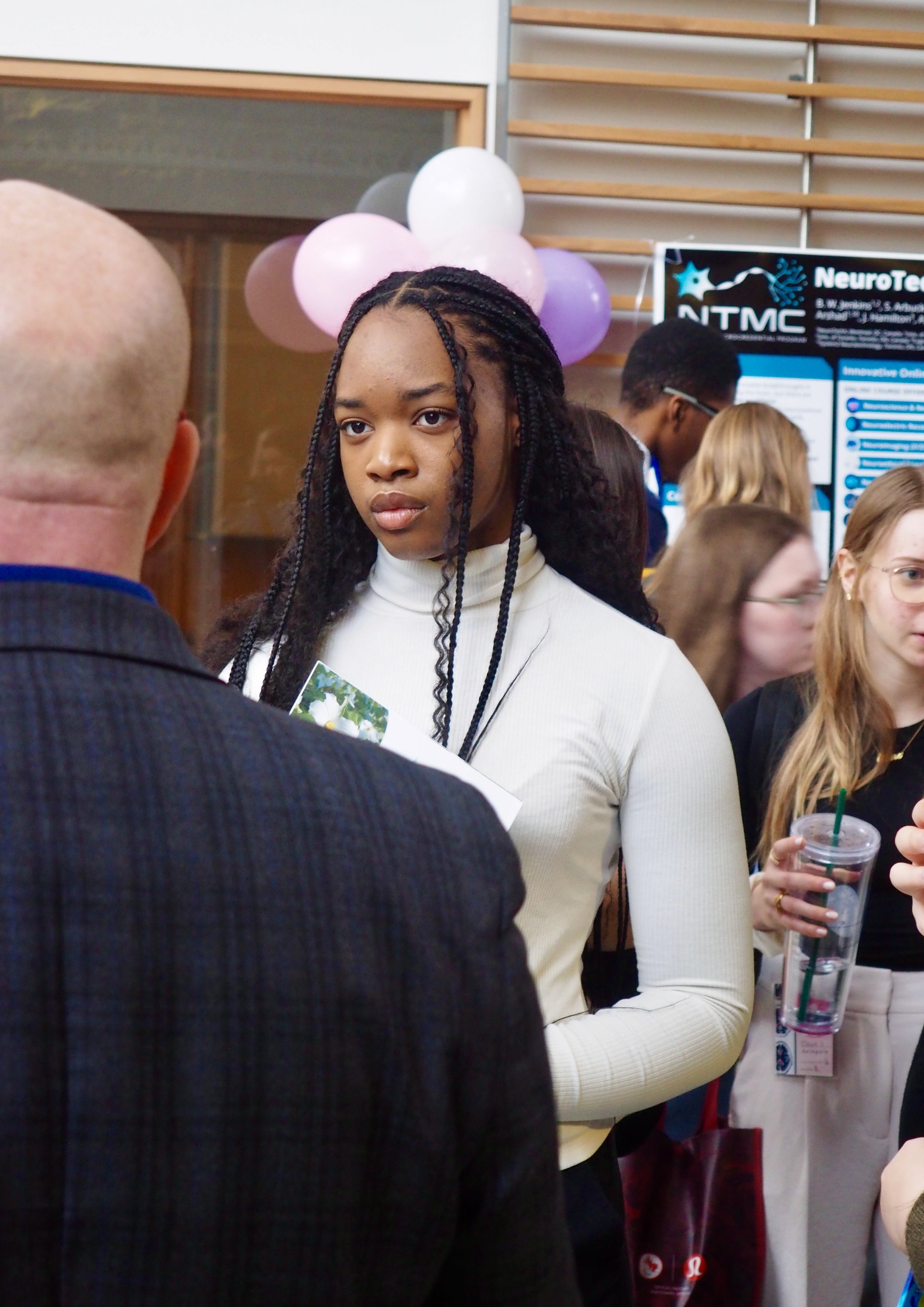
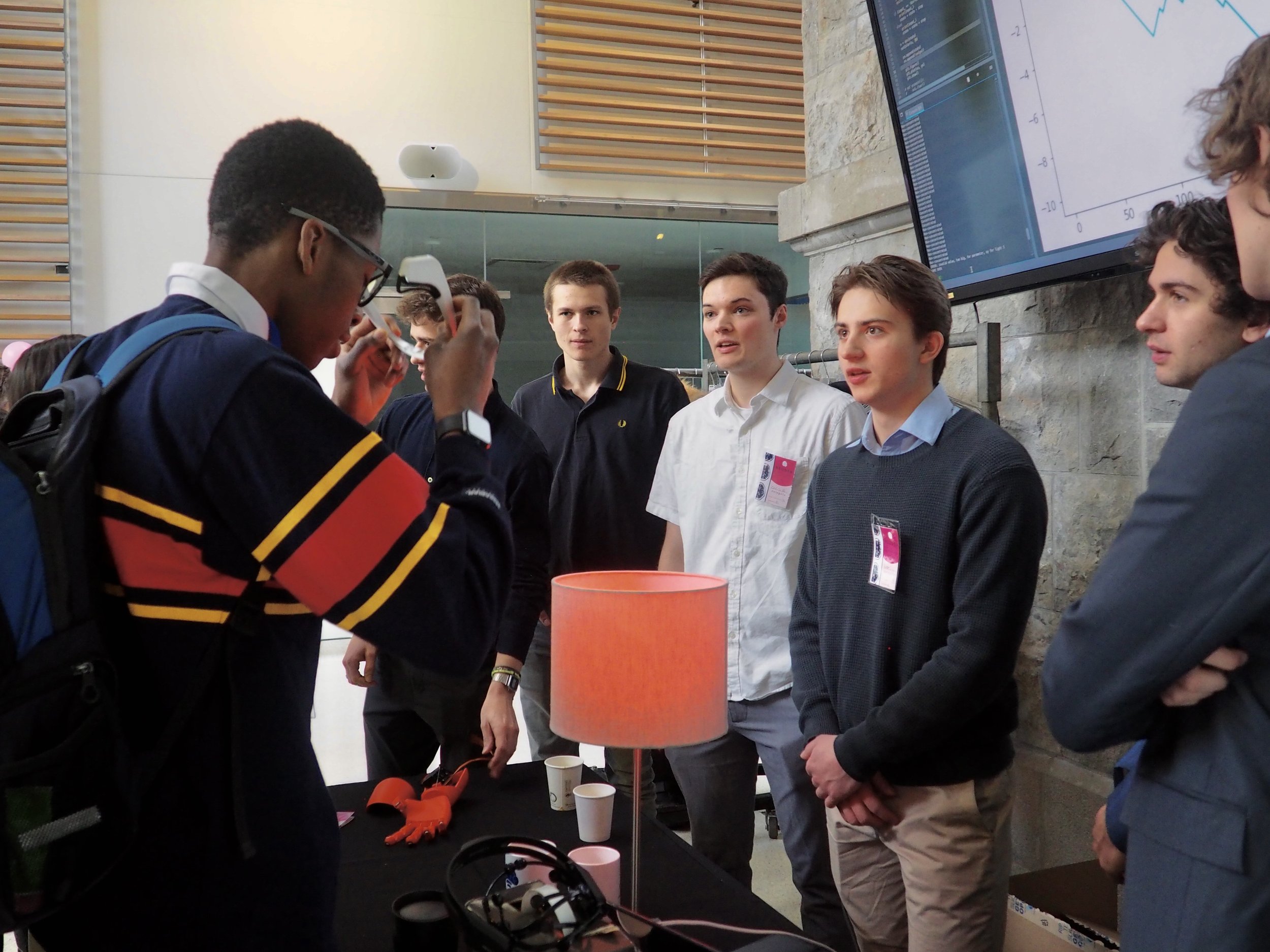
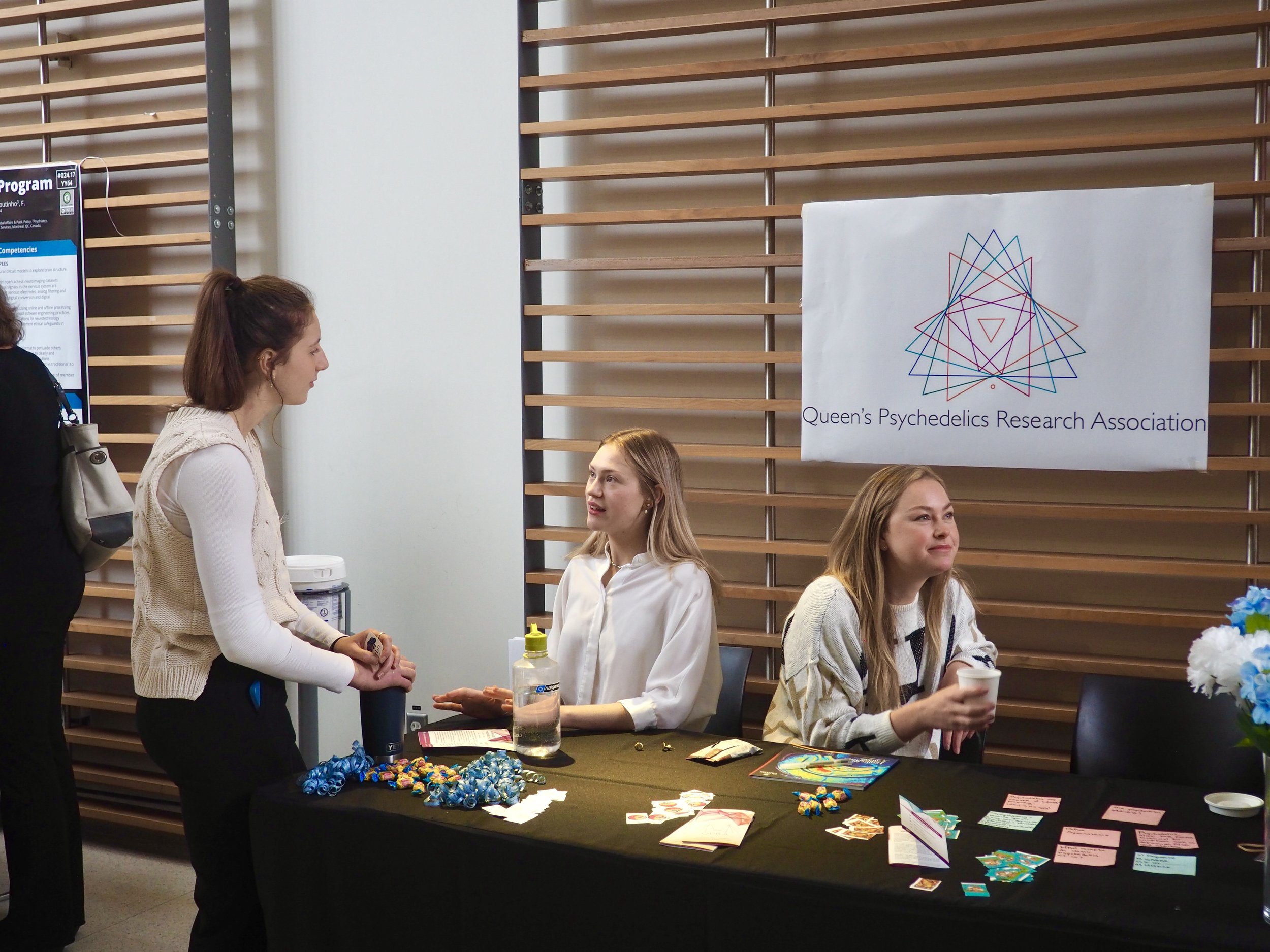
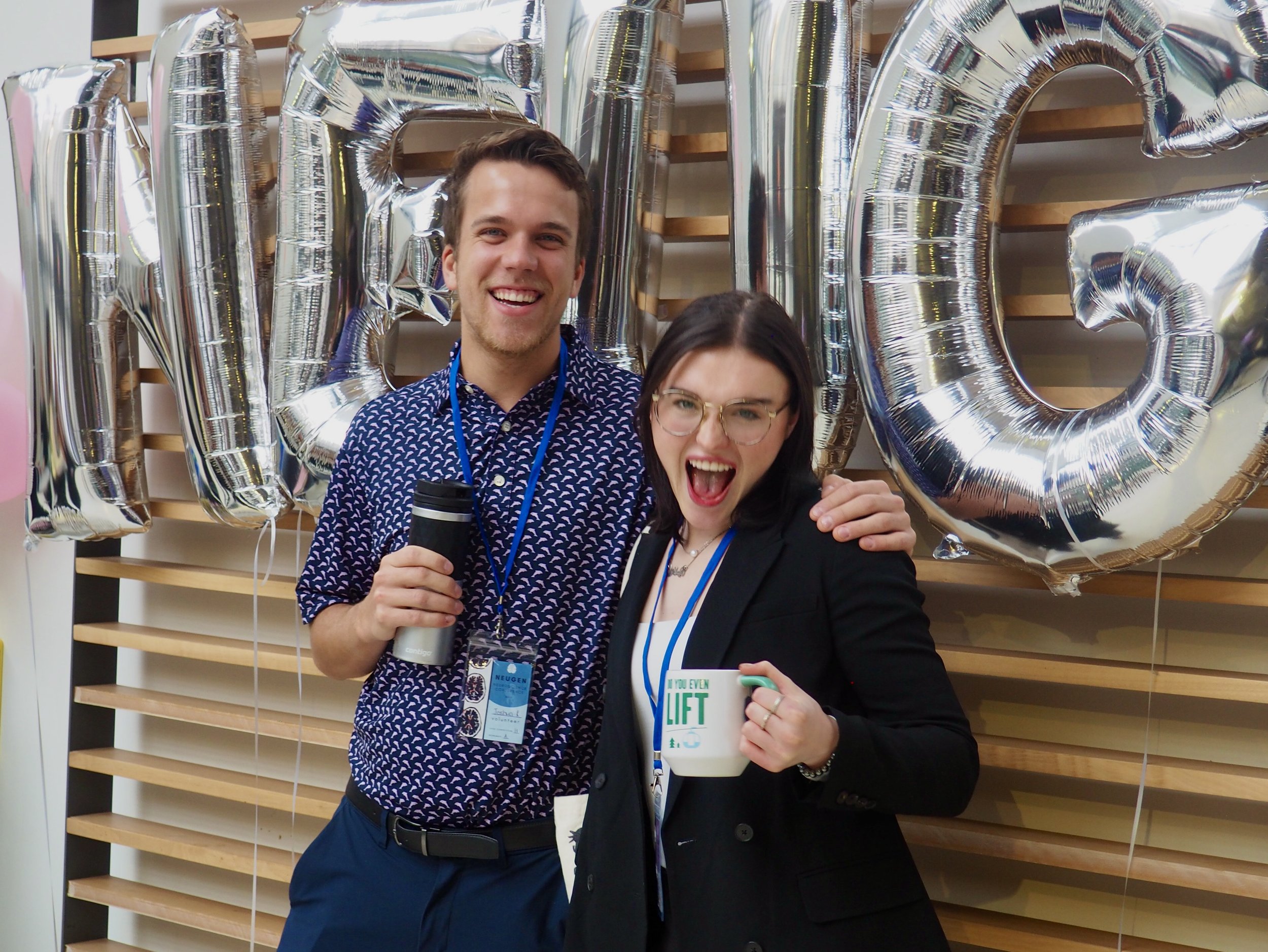
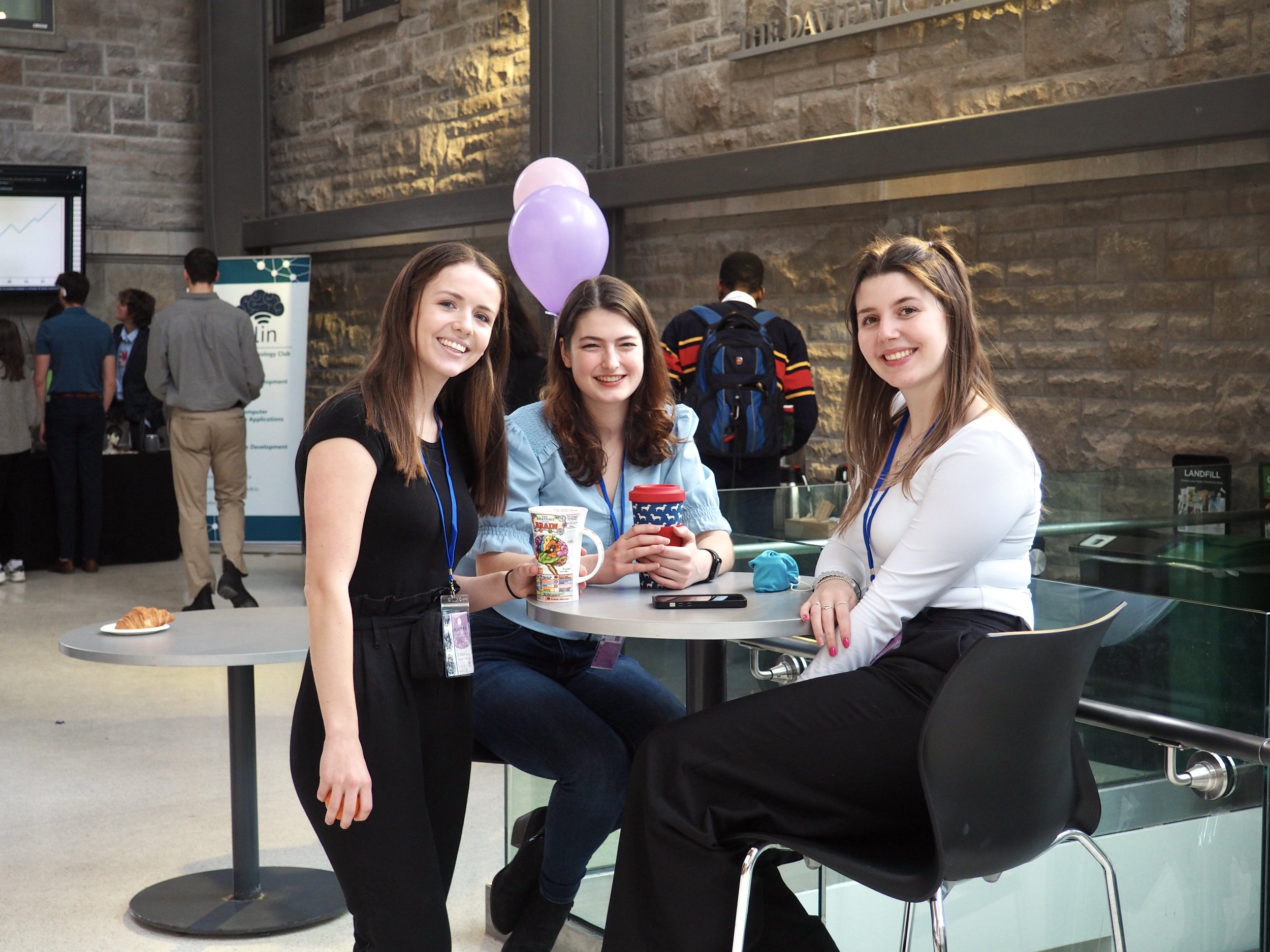
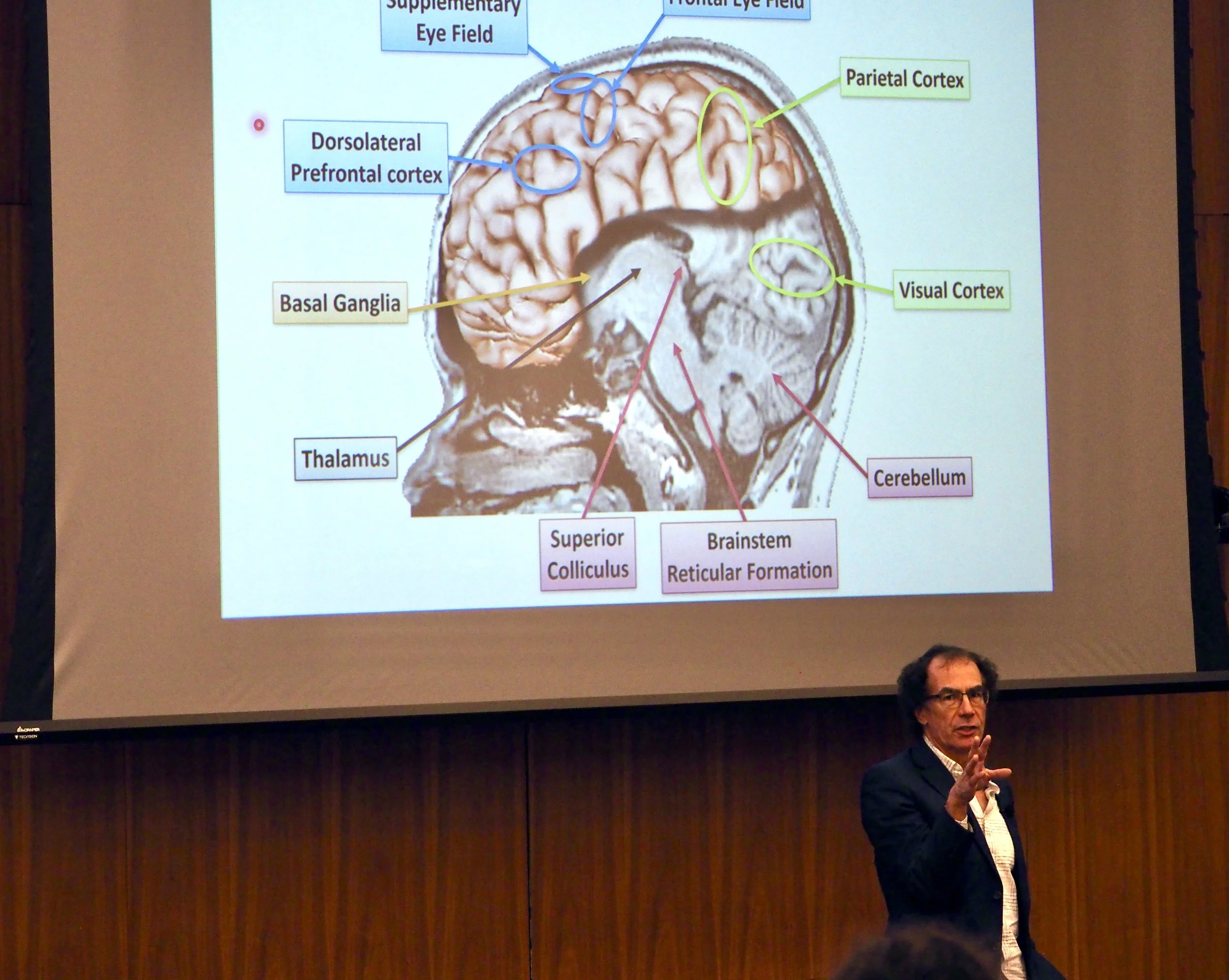
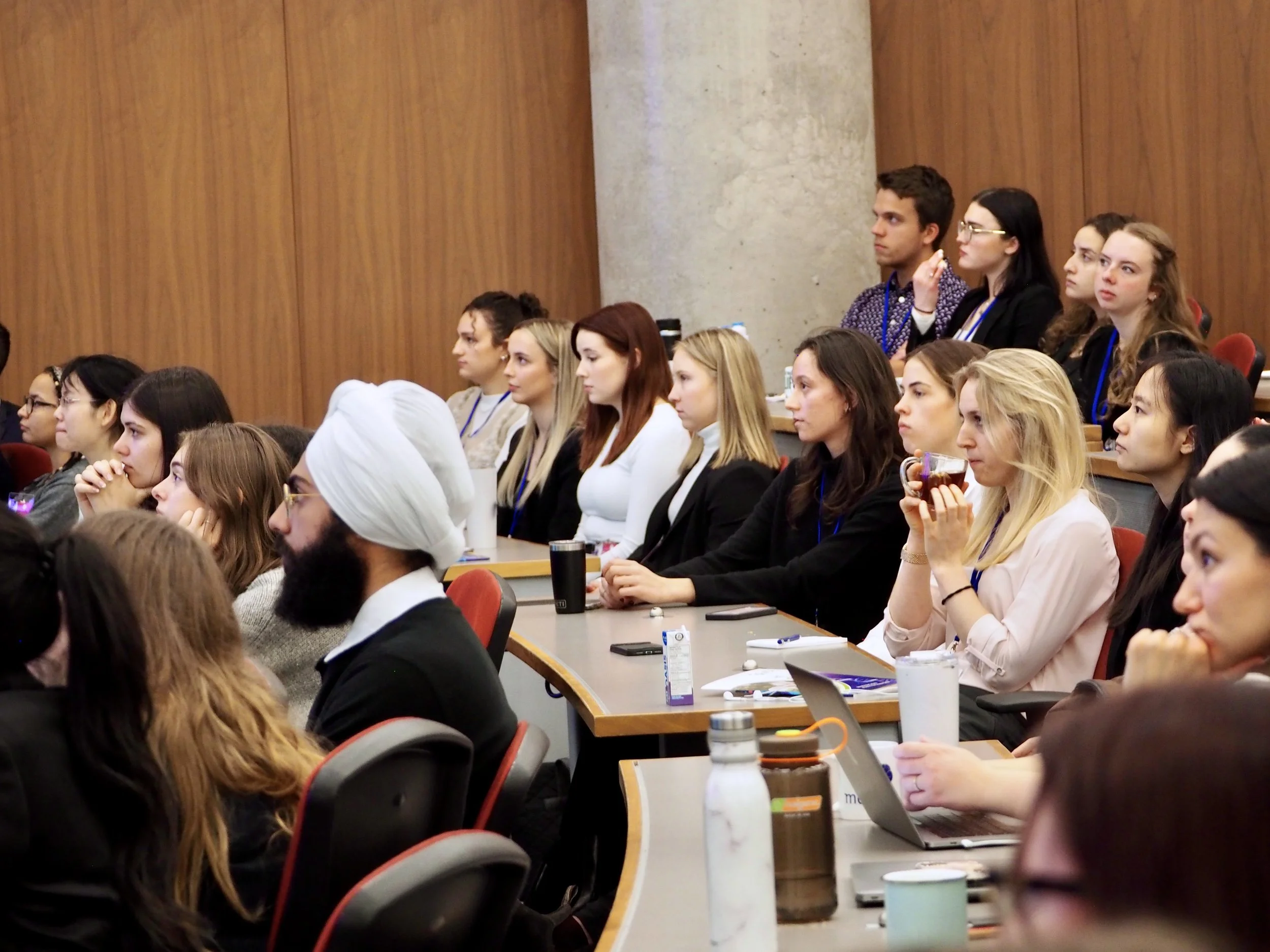
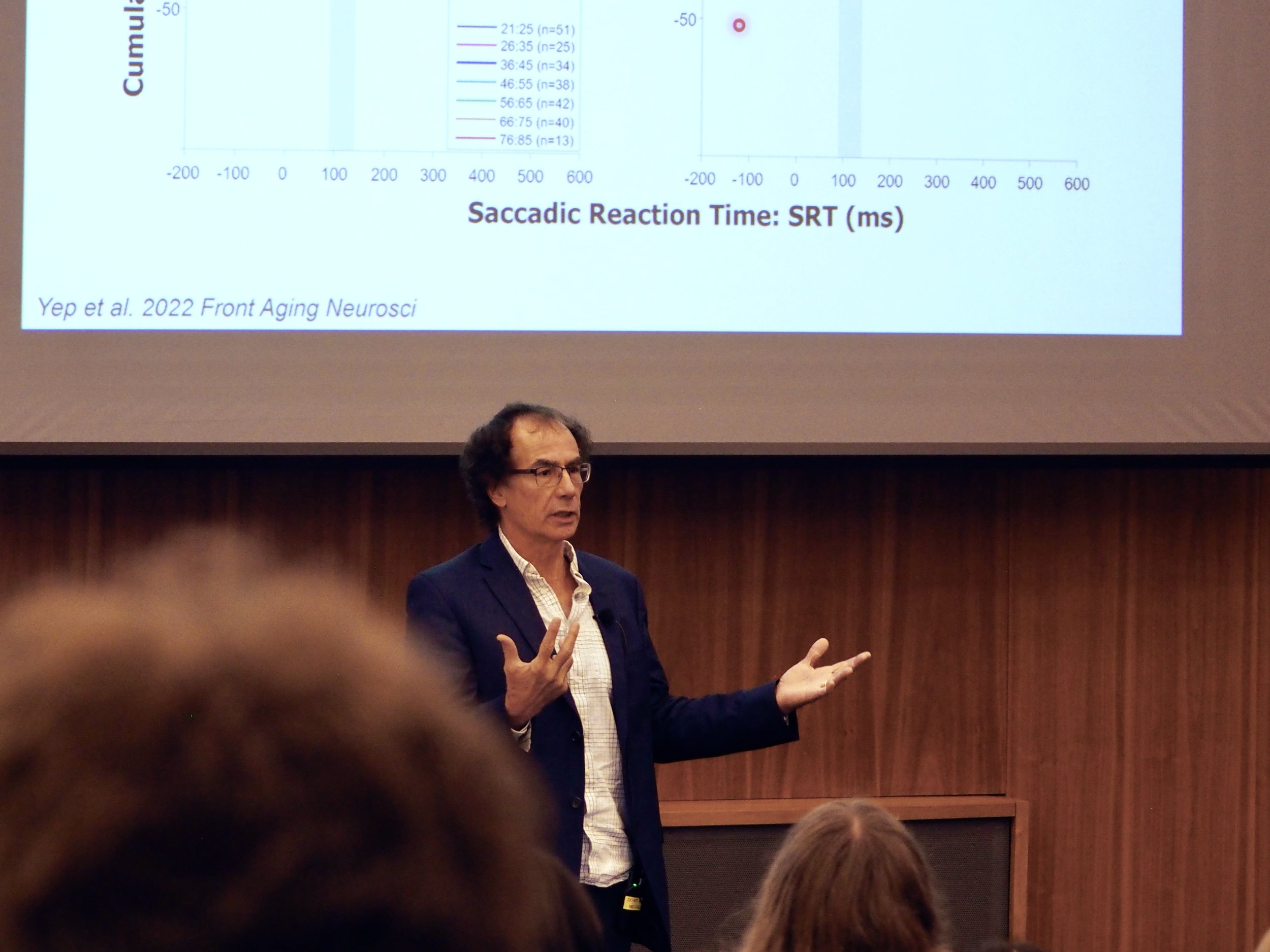
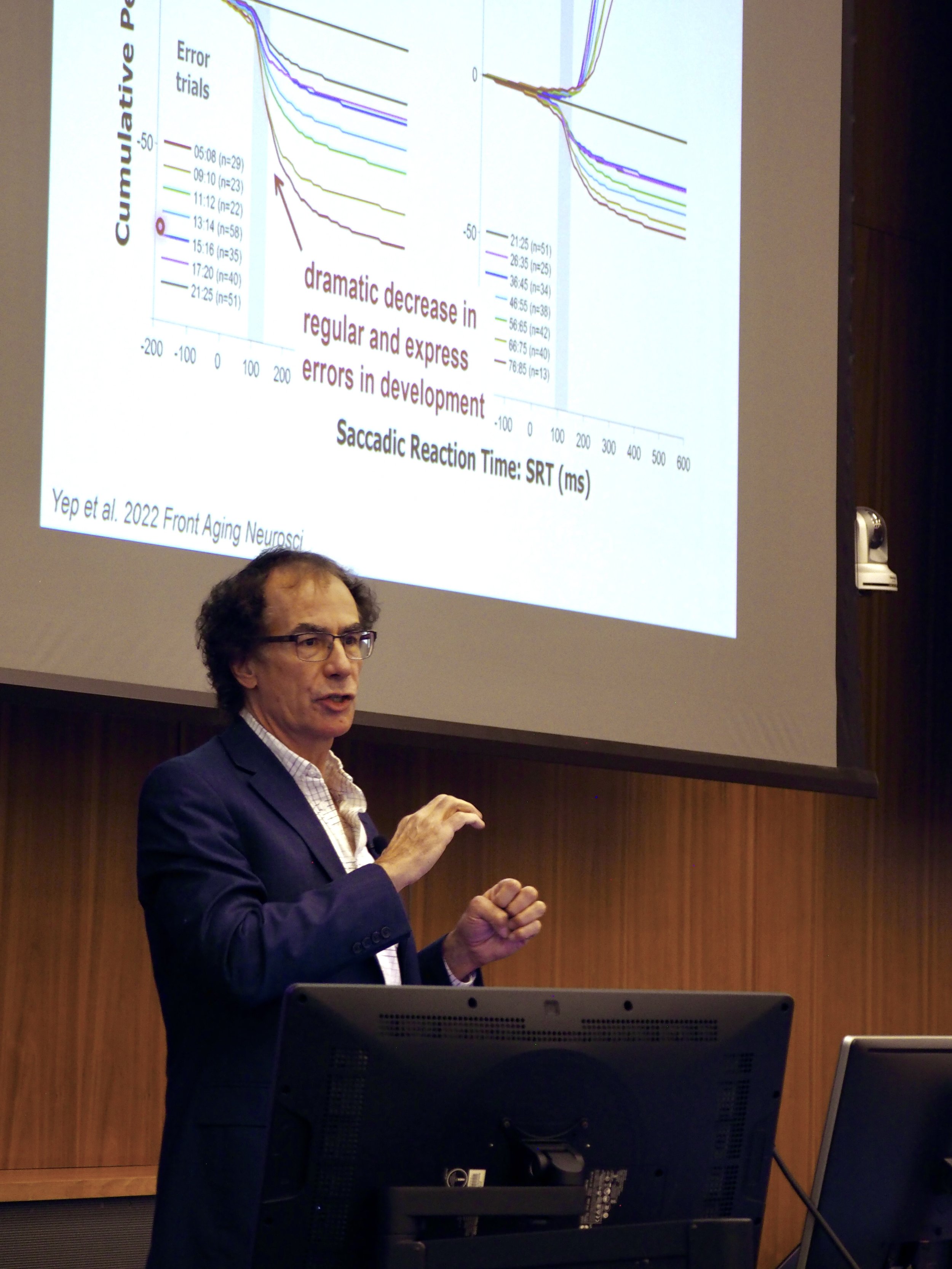
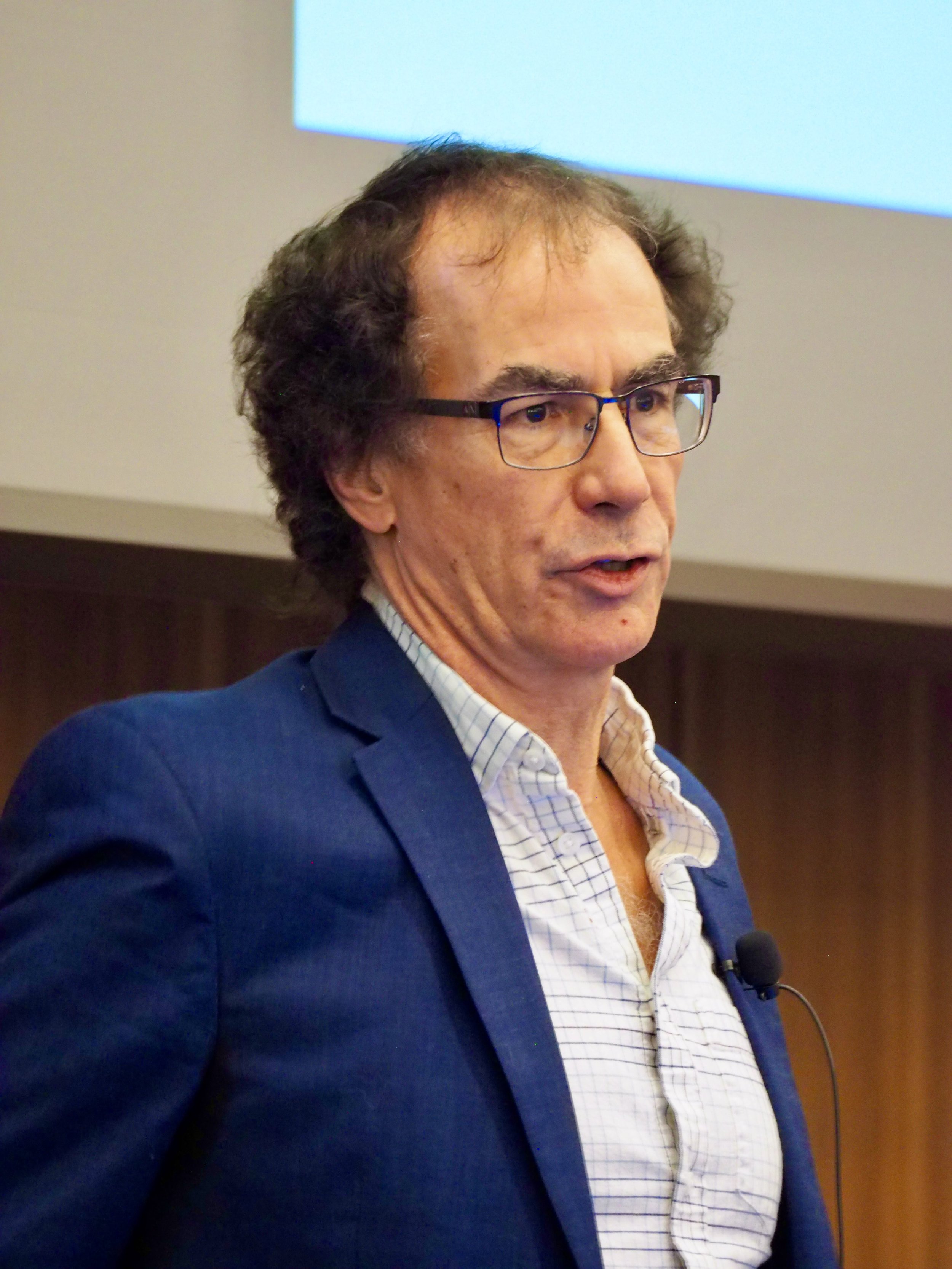
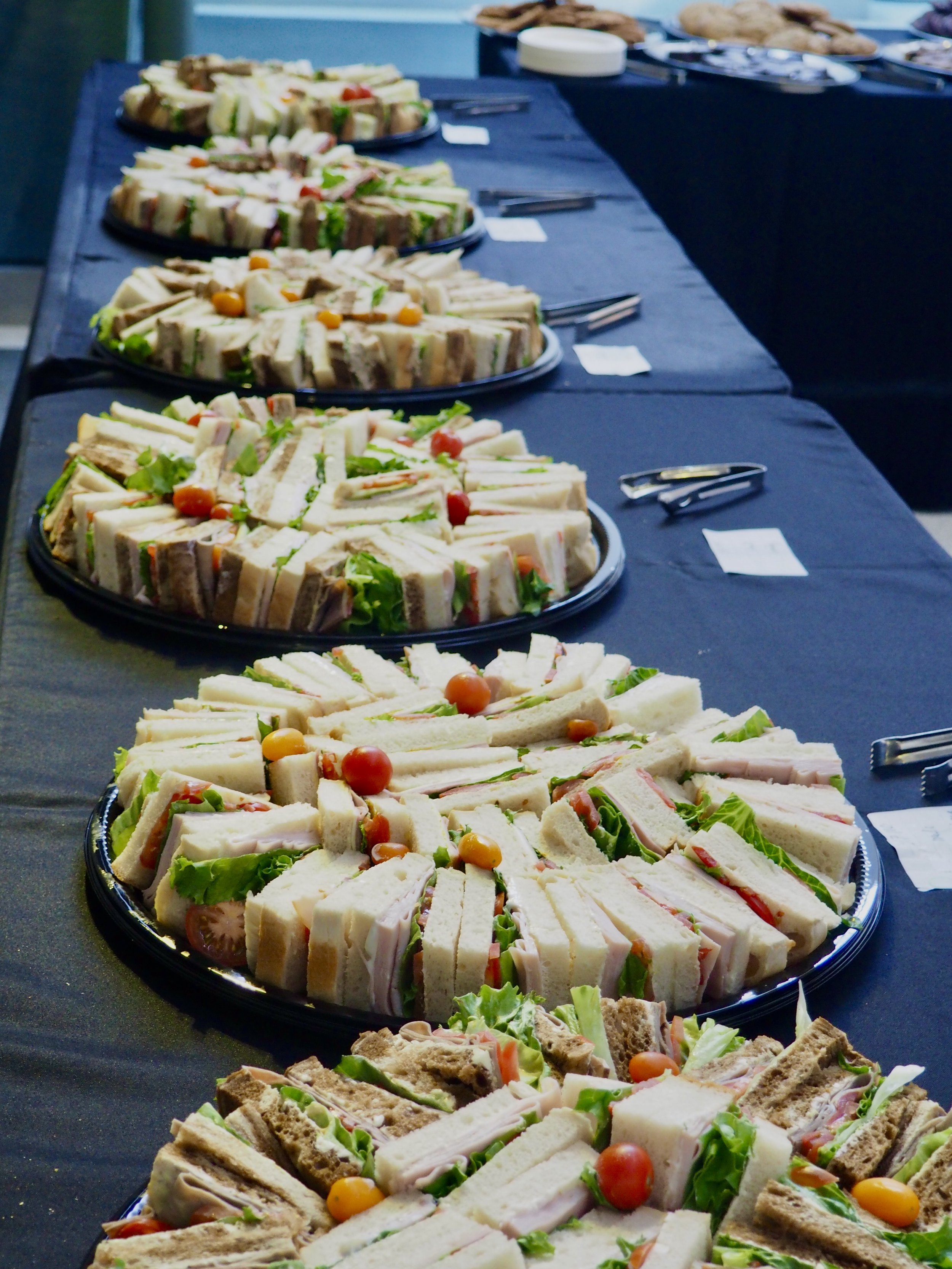
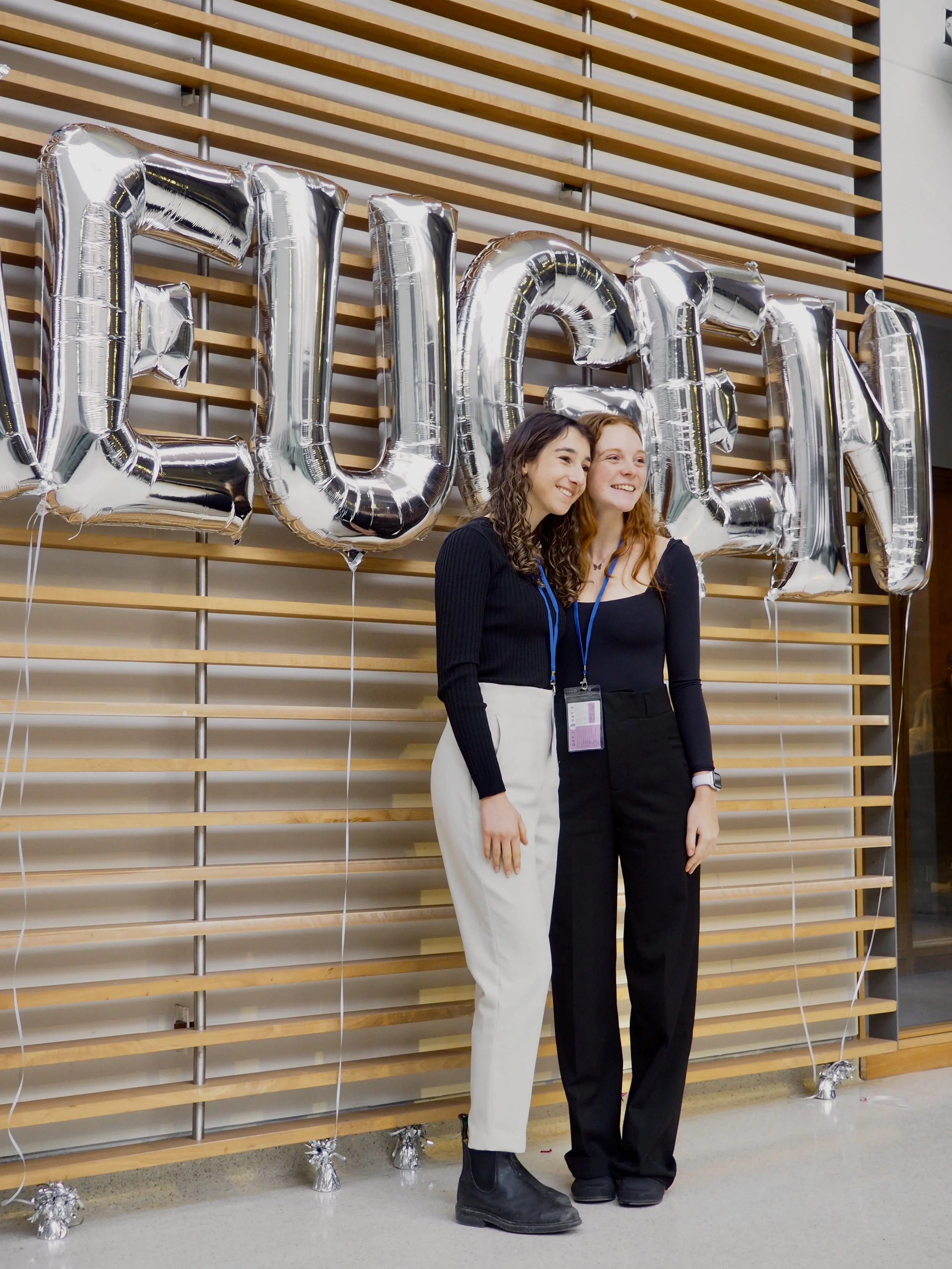
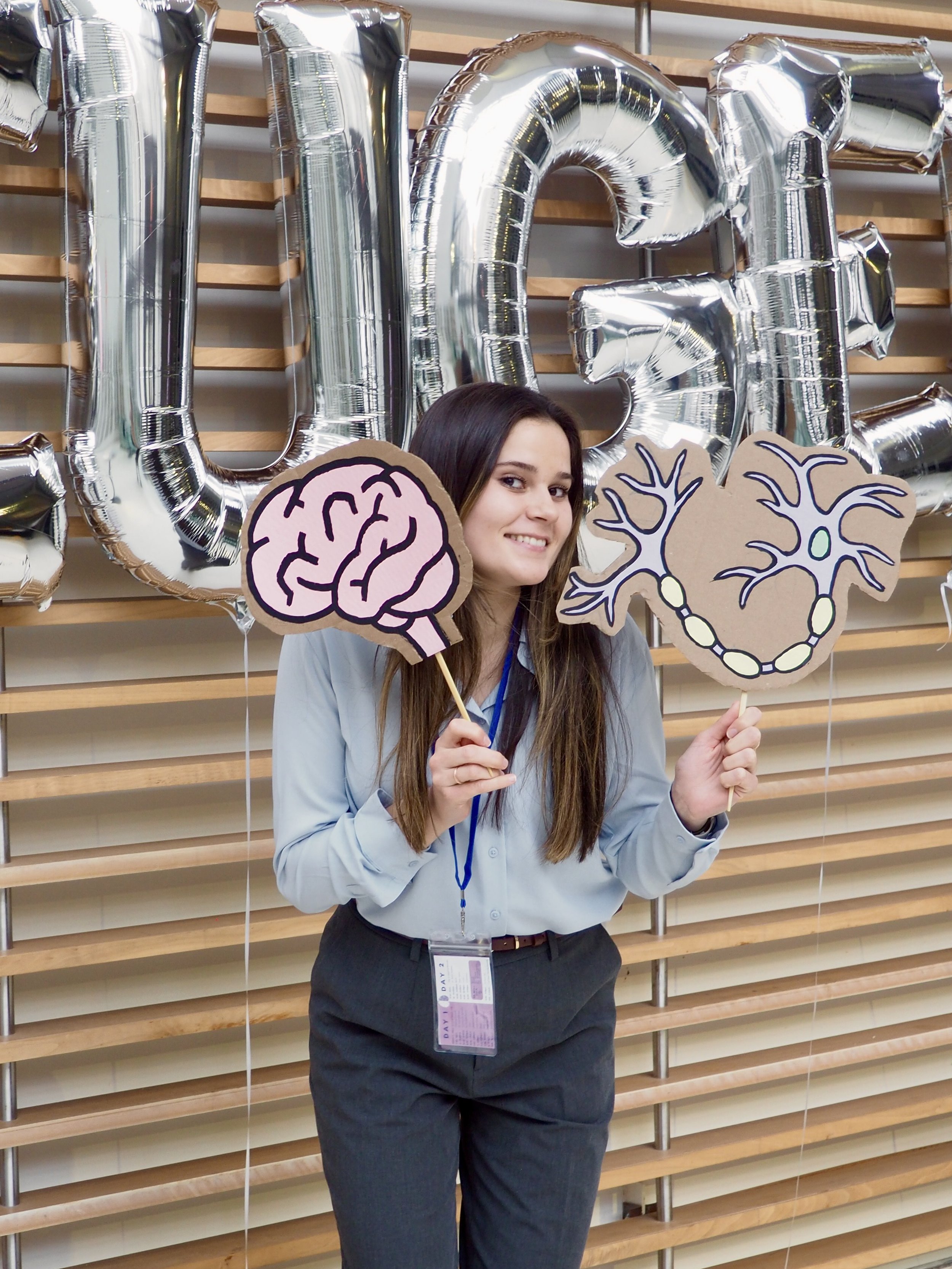
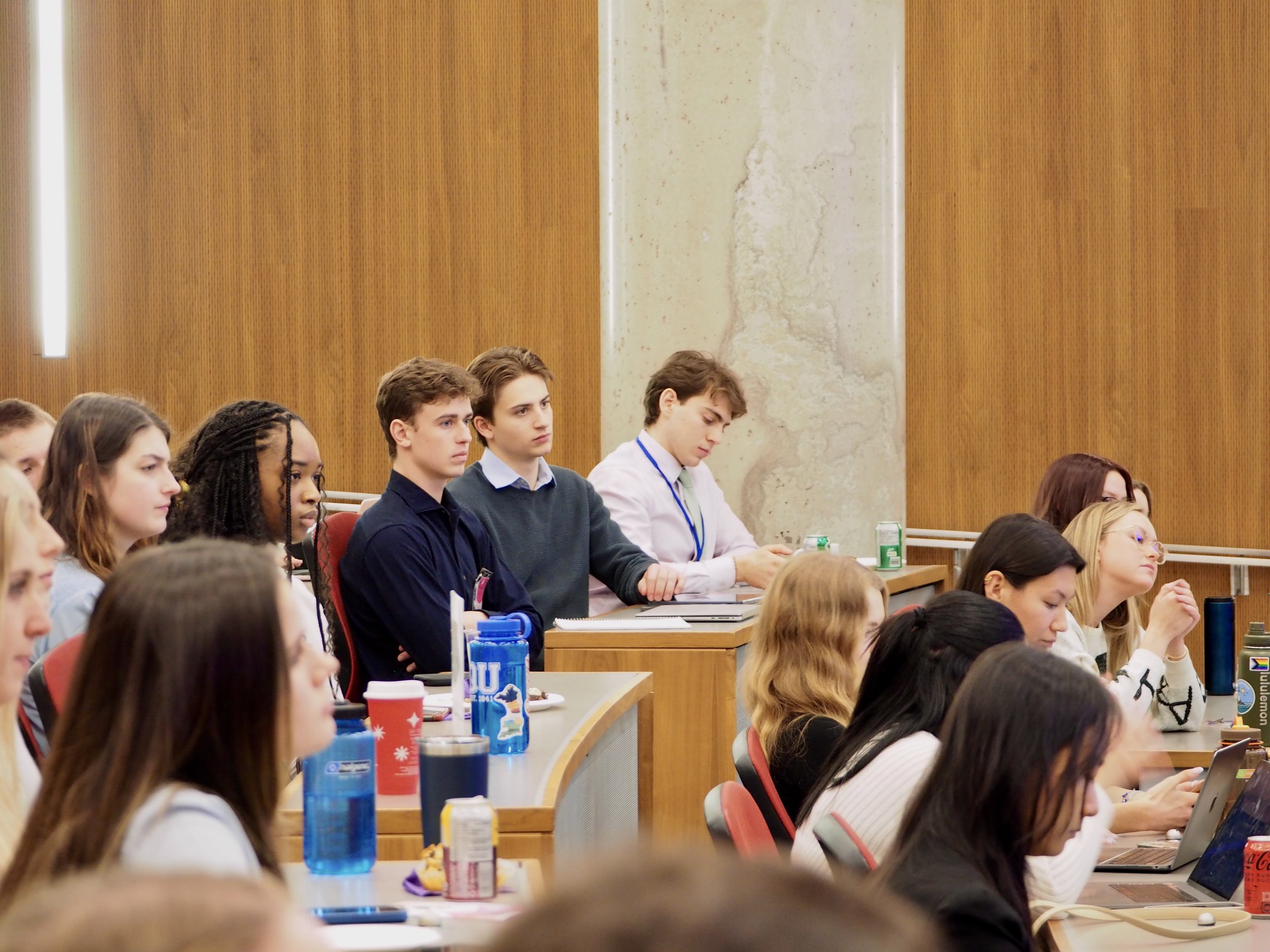
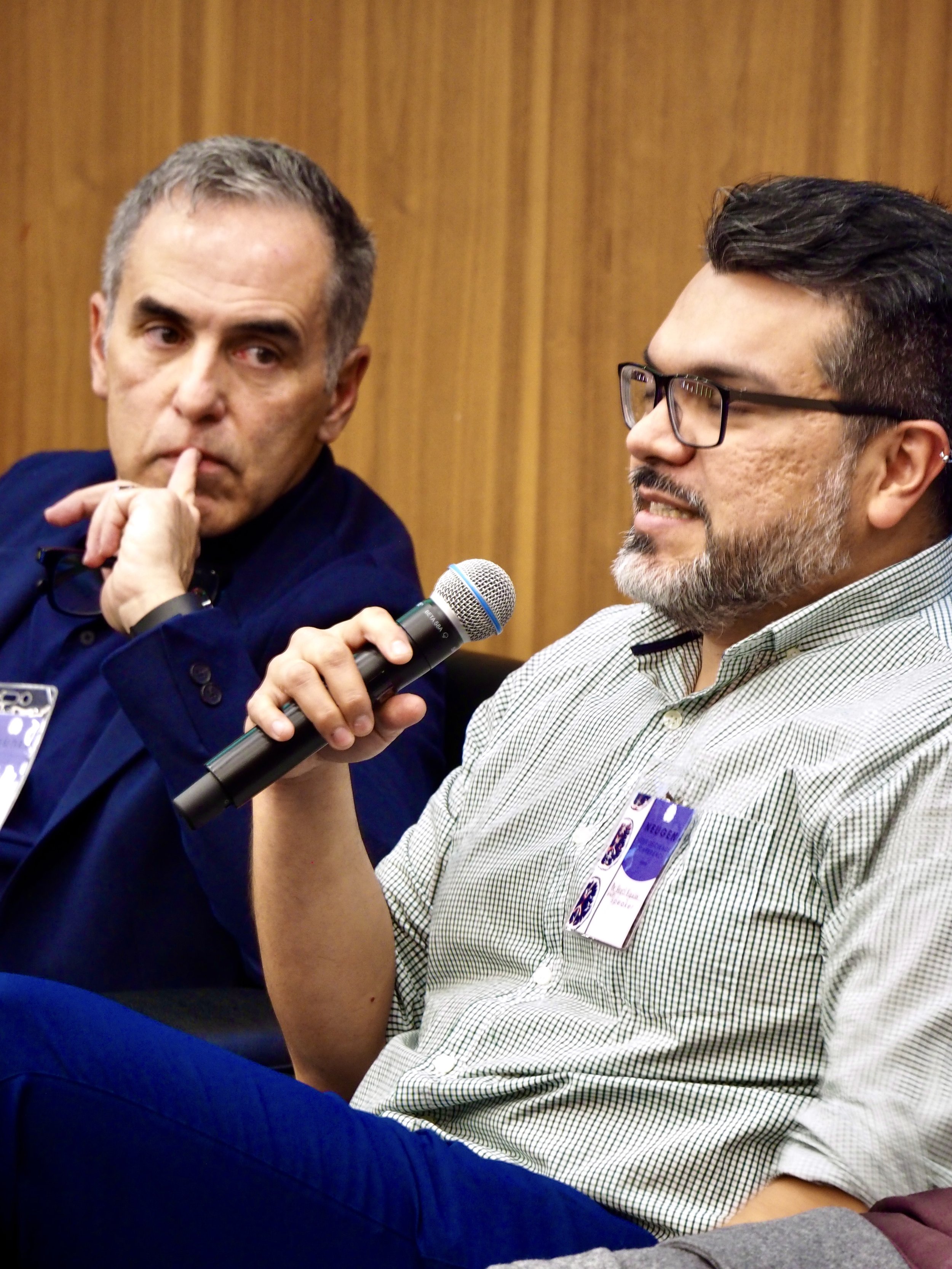
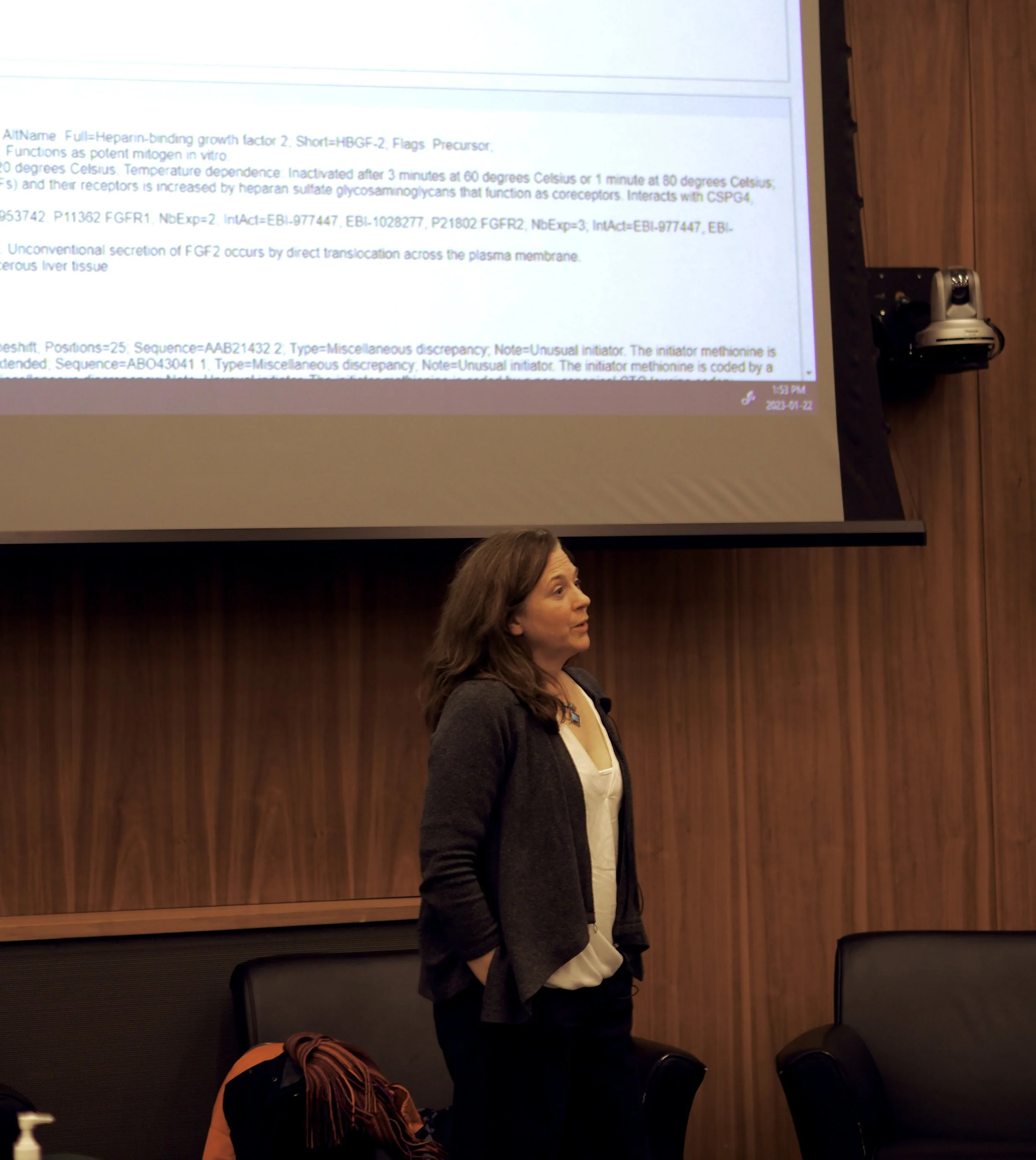
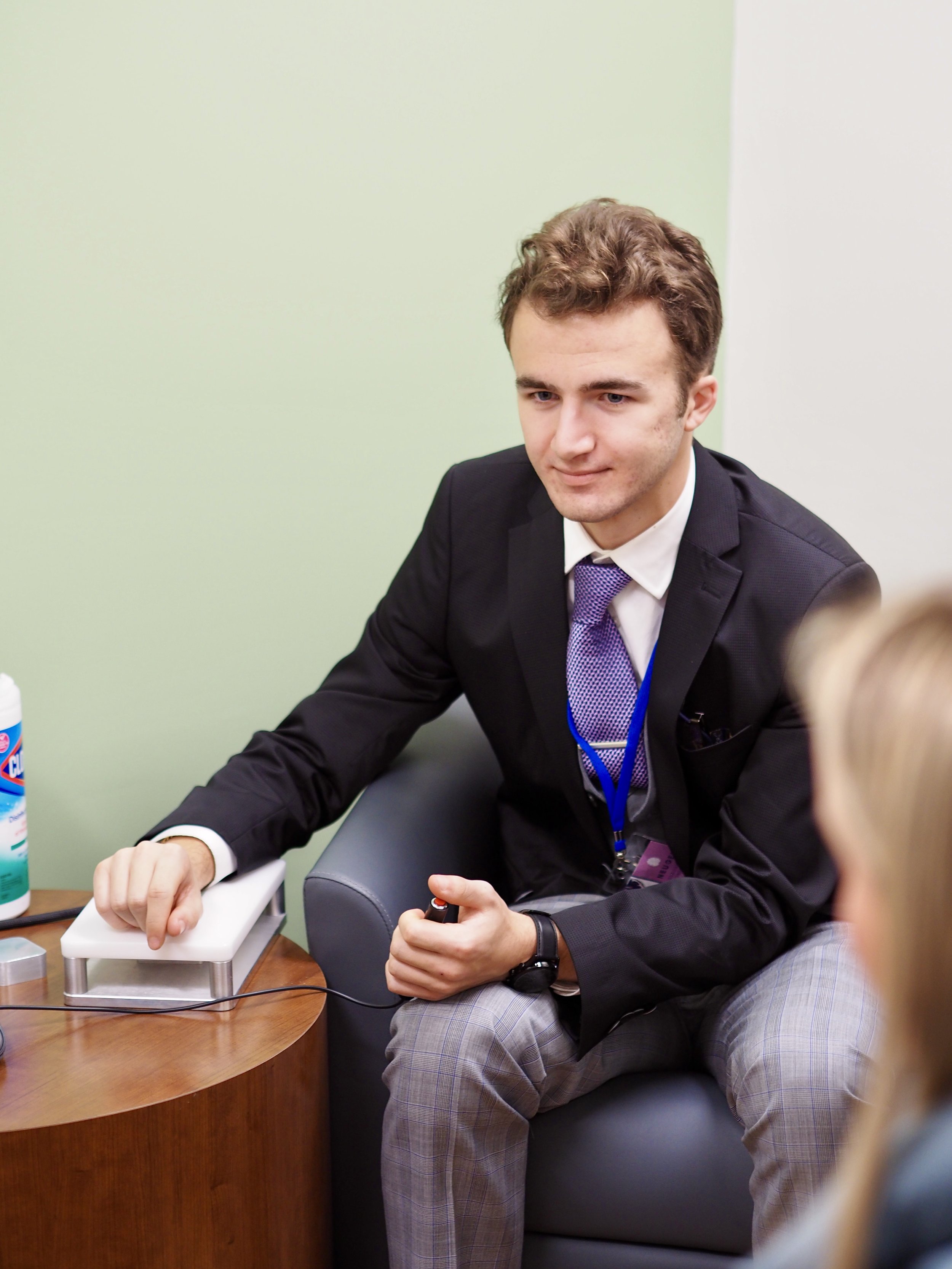
presenters for neugeneration 2023 conference
Peter Suma
Peter is Chairman and co-CEO of Applied Brain Research Inc. Prior to ABR, Peter led start-ups in robotics and financial services as well as managed two seed venture capital funds. Peter holds degrees in systems engineering, science, law and business. At ABR they have taken algorithms discovered by fitting models to what certain neural cells and/or circuits do and turned them into AI products, such as their very efficient edge AI chip, the ABR Time-Series Processor, (TSP).
Dr. Jagdeep Walia
Dr. Jagdeep Walia is a medical geneticist and full-time professor in the Division of Medical Genetics, Department of Pediatrics at Queen’s University. A graduate of the Guru Nanak Dev University School of Medicine, he joined Queen’s University in 2012. In his clinical work, Dr. Walia consults across a broad range of genetic issues that affect children and adults, including cancer, prenatal diagnosis, metabolics and general genetics. He teaches genetics at the undergraduate and postgraduate levels.
Dr. Douglas Munoz
Doug Munoz received his Ph.D. from McGill University in 1988 in Neurology and Neurosurgery followed by a Postdoctoral Fellowship at the National Eye Institute, National Institutes of Health in Bethesda, MD, USA. He came to Queen’s in 1991 as an Assistant Professor in the Department of Physiology. He currently holds a position of Canada Research Chair in Neuroscience and Professor in the Departments of Biomedical and Molecular Sciences, Medicine, and Psychology. He held the position of Director of the Centre for Neuroscience Studies for 17 years. The main goals of his research are devoted to understanding the neural circuitry controlling saccades, pupil, and blink behaviour using this knowledge to identify specific eye-tracking biomarkers of neurological and psychiatric disease.
Dr. Kate Harkness
Dr. Kate Harkness is a Professor and Head of the Department of Psychology at Queen’s University, and President-Elect of the Society for Research in Psychopathology. In addition, Dr. Harkness currently serves on the Executive Board of the Canadian Biomarker Integration Network for Depression (CAN-BIND), a pan-Canadian research 6 initiative aimed at developing personalized treatments for depression. Dr. Harkness received her PhD from the University of Oregon, and completed her residency and post-doctoral fellowship at Western Psychiatric Institute and Clinic in Pittsburgh, Pennsylvania. Her research program is focused on understanding how stress, both in childhood and later in adulthood, causes and maintains depression. Her recent work is particularly concerned with the ways in which childhood stress leads to critical changes in biological and psychological processes that enhance sensitivity to the stressful life events that trigger depression.
Rich Tyo
Rich Tyo is a mental health advocate, registered psychotherapist, musician, arts educator, and founder of the Kingston Psychedelic Society. His education is in criminology and psychology and his background is in community mental health and addictions crisis work. For the last 10 years, Rich has supported individuals in their preparation and integration of transpersonal/ psychedelic experiences with a transpersonal, somatic, and harm reduction lens. He also leads psychedelic cannabis ceremonies for groups and individuals and has spoken internationally on topics such as psychedelic harm reduction, micro-dose research, spirituality, and shadow work. He has trained underground as a somatic and relational psychedelic therapist as well as with Medicinal Mindfulness’ psychedelic cannabis training. Rich is passionate about community building and holistic mental health education. He feels this is needed in order to support people in finding their skills to navigate the deep healing within our collective and individual psyches that is essential during these uncertain times.
Dr. Claudio Soares
INTERACTIVE Q&A PANELIST: PSYCHEDELIC ASSISTED THERAPY
Dr. Soares is a Professor and Head of the Department of Psychiatry at Queen’s University School of Medicine in Kingston, Ontario – Canada. He is also the Executive Lead for the Canadian Biomarker Integration Network in Depression (CAN-BIND) and Chair of the Psychedelic Science Advisory Committee for Queen’s University. Dr. Soares’ research has focused on mood across the lifespan, particularly hormonal and non-hormonal treatments for symptomatic midlife women. including mood and anxiety disorders, vasomotor symptoms, and sleep problems. His most recent research explores mobile health technologies (M-Health) for treatment monitoring, sustained wellness, and relapse in depression. He is a sought-after educator with more than 200 presentations at national and international meetings and published extensively in the areas of mood disorders and women’s mental health. He is currently an executive member of the Board of Trustees for the North American Menopause Society (NAMS). Dr. Soares is a recipient of numerous grants and awards, including 3 NARSAD Awards from the Brain and Behavior Research Foundation and the 2019 NAMS/Thomas Clarkson Award for Outstanding Research from the North American Menopause Society. His body of work has more than 10,000 citations to date.
Dr. Argel Aguilar Valles
INTERACTIVE Q&A PANELIST: PSYCHEDELIC ASSISTED THERAPY
Dr. Argel Aguilar-Valles received his PhD in Neuroscience from McGill University in 2011. He went on to complete two postdoctoral fellowships at the Scripps Research Institute (Florida Campus) in 2012 and at McGill University in 2018. He joined Carleton University in 2019 as a faculty member. The Aguilar-Valles Lab is interested in the molecular mechanisms that underlie psychiatric and neurodevelopmental disorders. They use a combination of biochemistry, molecular biology, neuronal culture, and animal models to understand how genetic risk factors contribute to mental illness.
Dr. Ronald Shore
INTERACTIVE Q&A PANELIST: PSYCHEDELIC ASSISTED THERAPY
Dr. Ron Shore, PhD, is a Research Scientist with Queen’s Health Sciences and a post-doctoral fellow in Public Health Sciences at Queen’s University in Kingston Ontario. Over a 16-year period, Ron taught drug studies, psychedelics and public policy at Queen’s University and the University of Ottawa. Ron is the founder of Kingston’s Street Health Centre and spent 23 years in front-line harm reduction and public/community health, starting as a prison outreach and needle exchange worker in 1991. Ron’s research interests include the clinical application of psilocybin, psychedelics trial design, best practices in psychedelic therapy, drug policy, harm reduction, knowledge synthesis and science education.
Dr. Antonio Inserra
INTERACTIVE Q&A PANELIST: PSYCHEDELIC ASSISTED THERAPY
Dr. Antonio Inserra, BSc, MSc, PhD, has a background in Biotechnology for the production of diagnostics, therapeutics and vaccines, and neuroimmunomodulation in the treatment of depression and other psychiatric disorders with a focus on the gut-brain axis. He is a Postdoctoral Research Fellow at the Neurobiological Psychiatry Unit, Department of Psychiatry, McGill University, where he holds a Canadian Institutes of Health Research postdoctoral fellowship to investigate the neurobiological and electrophysiological mechanisms underlying therapeutic improvements elicited by serotonergic psychedelics in translational models of autism spectrum disorder, depression, and anxiety. His latest research outputs include the effects of LSD on the epigenetic regulation of gene expression, thalamic gating, the endocannabinoid system, and the gut microbiome.
Dr. Susan Crocker
WORKSHOP: NEURODEGENERATIVE DISEASES
Dr. Crocker is the Director of Cytogenetics at Kingston Health Sciences Centre (KHSC) and an Associate Professor at Queen’s University in the Department of Pathology and Molecular Medicine. She is a certified cytogeneticist (FCCMG), with broad expertise in genomics, and constitutional and acquired genetic disorders. Her research is in the study of neurodegenerative disease. Dr. Crocker is actively involved in improving diagnostic and prognostic testing in acquired and constitutional abnormalities. She is passionate about advancing our understanding and improving care for individuals at risk and living with neurodegenerative disease. With expertise in human genetics, genomic technologies and neuroscience her unique background is applied to the field of neurogenomics, studying large-scale to single base variation, and its influence on the neurological phenotype in humans.
Hailey Gowdy and Doriana Taccardi
WORKSHOP: PAIN AND NEUROIMMUNOLOGY IN THE GHASEMLOU LAB
The Ghasemlou Lab uses a bedside-to-bench and back approach in an effort to develop new therapeutic strategies for neuroimmune diseases. Work in their lab is centered on three main themes – neuroinflammation, circadian rhythms, and pain. Diseases studied include acute/chronic pain, multiple sclerosis, and spinal cord injury using both animal models and human populations. Their goal is to translate findings from the laboratory to the clinic in an effort to reduce the burden of disease.
Hailey Gowdy is an MSc Candidate in Biomedical and Molecular Science.
Doriana Taccardi is a PhD Candidate in Biomedical and Molecular Science.
Queen’s Concussion Awareness Committee
WORKSHOP: CONCUSSION TREATMENT AND AWARENESS
The Queens Concussion Awareness Committee is working to bridge the gap between concussion awareness and resources at Queen’s and in the Kingston community. Their workshop focused on understanding the mechanics involved in concussions and will involve discussions on second impact syndrome, Rowan’s law and more.
NeuGeneration 2022
Our second virtual conference!
PRESENTERS FOR NEUGENERATION 2022 CONFERENCE
Dr. Sheena Josselyn
MAKING MEMORIES IN MICE
Dr. Josselyn is a Professor of Behavioural Neuroscience at the University of Toronto and works as a Senior Scientist at the Hospital for Sick Children. She holds a Canada Research Chair in Brain Mechanisms underlying Memory, is a Senior Fellow in the Canadian Institute for Advanced Research (CIFAR), and is a Fellow of the Royal Society of Canada. Dr. Josselyn’s lab focuses on the transcription factors that regulate the protein synthesis necessary for long-term memory (LTM) formation and examines the pathogenesis of human cognitive disorders. Her current research interests are molecular and cellular neuroscience, learning and memory, transcription factors, and mouse models of cognitive disorders.
Dr. Susan Boehnke
INTERACTIVE Q&A PANELIST: RESEARCH METHODS IN NEUROLOGICAL DISORDERS
Dr. Boehnke is an Assistant Professor in the Department of Biomedical and Molecular Sciences, as well as a Senior Scientist and Lead-Executive Education for the Centre of Neuroscience Studies at Queen’s University. She has extensive research experience in the fields of sensory, motor and cognitive neuroscience, and is currently focusing on Alzheimer’s Disease. She is particularly interested in how emerging neurotechnologies are intersecting with society (neuroethics, neurolaw, neuromarketing) and is an advocate for people with neurological differences.
Dr. Peter Gagolewicz
INTERACTIVE Q&A PANELIST: RESEARCH METHODS IN NEUROLOGICAL DISORDERS
Dr. Gagolewicz is a postdoctoral fellow in the Centre for Neuroscience Studies at Queen’s University. His work involves synaptic plasticity, Alzheimer’s, and ischemic stroke. His doctoral research examined synaptic plasticity and metaplasticity in the adult brain, especially how it relates to learning and memory. More recently he has taken an interest in hippocampal plasticity in animal models of Alzheimer's disease, as well as the cellular mechanisms of neuronal damage during ischemic stroke.
Dr. Baptiste Lacoste
INTERACTIVE Q&A PANELIST: RESEARCH METHODS IN NEUROLOGICAL DISORDERS
Dr. Lacoste is an Assistant Professor and Scientist at the Ottawa Hospital Research Institution at the University of Ottawa in the Department of Cellular and Molecular Medicine. His lab investigates 1) how cerebrovascular networks form properly after birth, 2) what mechanisms underlie their plasticity, 3) how their integrity is altered in neurological conditions, and 4) how targeting cerebrovascular remodeling may oer innovative therapeutic options throughout life. He emphasizes that studying neuro-vascular interactions is essential to gain a better understanding of brain and mind health.
Dr. Ronan Rogers
INTERACTIVE Q&A PANELIST: RESEARCH METHODS IN NEUROLOGICAL DISORDERS
Dr. Ronan Rogers is a Senior Manager and Medical Lead for rare diseases at Biogen Canada, focusing on advancing discourse between academia, industry and government to optimize patient outcomes in this disease space. Over the past 15 years, Ronan’s breadth of experience has involved analytical research, development and coordination of dozens of industry-leading projects, and collaborations to introduce and support novel products into the Canadian market for various neurological diseases. His current focus is advancing discourse between academia, industry and government to optimize patient outcomes in this disease space.
Dr. Douglas Munoz
WORKSHOP: EYE TRACKING
Dr. Munoz is a Tier 1 Canada Research Chair in Neuroscience Professor in the Department of Biomedical and Molecular Sciences at Queen’s University. Dr. Munoz is a world leader in his research field of understanding eye saccades in relation to brain function. His lab combines eye tracking with neurophysiology and neuroimaging to study the brain pathways that control these voluntary eye movements. In this presentation, the audience will be able to “participate” in some eye-tracking experiments and gain a new appreciation for what happens in your brain when you watch TV!
Dr. Vinay Singh
WORKSHOP: DIGITAL COGNITIVE REMEDIATION THERAPY
Dr. Vinay Singh is CEO of Orange Neurosciences, an Emerging Technologies company for Digital Therapeutics. Orange Neurosciences has developed an Online Software-based Cognitive Remediation Therapy Platform for neurological conditions, ageing-related conditions and post-stroke rehabilitation. This workshop will discuss digital cognitive remediation therapy for struggling readers, reading as an acquired skill, socio-economic impact of learning dierences, dyslexia, and ADHD.
Dr. Nader Ghasemlou
HOW MOLECULAR CLOCKWORK SHAPES PAIN: A TRANSLATIONAL STUDY OF PAIN NEUROIMMUNOLOGY
Dr. Ghasemlou is an Assistant Professor in the Biomedical and Molecular Sciences Department at Queen’s University and conducts research in the Pain Chronobiology and Neuroimmunology Lab. His research seeks to understand the interactions that occur between the nervous and immune systems, in both health and pathogenesis of disease, using pain as a physiological measure of these interactions. Endogenous mediators from both systems are identified by taking advantage of circadian rhythms. Current research topics being studied in his lab include chronobiology of neuropathic pain, contribution of the early immune response to inflammatory pain, and peripheral neuroimmune interaction in the onset and maintenance of pain.
Dr. Michael Schutz
WORKSHOP: MUSIC COGNITION
Dr. Michael Schutz is currently an Associate Professor of Music Cognition/Percussion at McMaster University in Canada, where he conducts the percussion ensemble and teaches courses on music perception and cognition. He is also the founding director of the MAPLE (Music, Acoustics, Perception, LEarning) Lab – the world’s first federally funded research facility with a percussion focus
Dr. James Reynolds
FETAL ALCOHOL SPECTRUM DISORDERS: BUILDING A PICTURE OF THE BRAIN-BEHAVIOUR RELATIONSHIP
Dr. Reynolds is a Professor of Pharmacology and Toxicology in the Department of Biomedical and Molecular Sciences at Queen’s University. He is the Program Lead for the Fetal Alcohol Spectrum Disorders (FASD) Research Program in the Kids Brain Health Network and his lab was the first to publish the results of studies describing deficits in saccadic eye movement control in children with FASD. Future studies will be aimed at developing eye movement tasks and other novel tools that can be used to assess brain function in children with FASD and other neurodevelopmental disorders.
Dr. John Peever
REM SLEEP IN HEALTH AND DISEASE
Dr. Peever is a Professor at the University of Toronto in the Department of Cell and Systems Biology. His research explores how the brain controls sleep and why changes in sleep control contribute to neurological disorders. Dr. Peever’s lab uses optogenetics, chemogenetics, and live cell imaging to interrogate the brain circuits that control sleep, particularly REM sleep. His research also focuses on understanding how and why pathology in sleep circuitry contributes to sleep disorders (e.g., narcolepsy and REM sleep behaviour disorder), and neurodegenerative diseases (e.g., Parkinson’s disease and dementia).
Dr. Dominic Standage
WHOLE-BRAIN DYNAMICS OF COGNITION (AND CONSCIOUSNESS)
Dr. Dominic Standage is a Senior Research Fellow in the Department of Biomedical and Molecular Sciences at Queen’s University. His research investigates brain function with modelling and analysis methods, ranging from the simulation of intracellular physiology to analyses of whole-brain neuroimaging data. The main focus of Dr. Standage’s research is the neural basis of cognition, so he investigates phenomena like decision making, executive control, learning and working memory. He works closely with experimentalists using a wide range of techniques, including in vitro and behavioural electrophysiology, behavioural psychology and neuroimaging methods (fMRI, EEG, MEG).
Vonara Kalahe Pathirana
RETHINKING HUMANITIES BIGGEST QUESTIONS
Vonara is a third year life science undergraduate student at Queen's University that recently wrote a novel called Be In The Conversation: Rethinking Humanities Biggest Questions. It examines various topics about the harsh realities of global healthcare. It explores multiple perspectives of healthcare worldwide, from how society is educating healthcare professionals to how accessible the information really is to patients, while also discussing controversial aspects and healthcare ethics.
NeuGeneration 2021
Our first virtual conference!
Presenters for NeuGeneration 2021 Conference
Dr. Chris Bowie
TREATING COGNITIVE IMPAIRMENT IN MENTAL ILLNESS
Dr. Chris Bowie is a Professor in the Department of Psychology, and a member of the Psychiatry Department and Centre for Neuroscience Studies, at Queen’s University in Kingston, Ontario. He is the Head Consulting Psychologist at the Early Psychosis Intervention Program in Kingston and a Clinician Scientist at the Centre for Addiction and Mental Health in Toronto. His research interests focus on determining the causes and correlates, and developing treatments for, cognitive deficits in mental disorders such as schizophrenia and mood disorders.
Dr. Judy Illes
MOVING OUT OF THE DARKNESS OF NEUROCOVID
Dr. Judy Illes is a Professor of Neurology and Canada Research Chair in Neuroethics at UBC. She is the Director of Neuroethics Canada, and a faculty in the Centre for Brain Health and at the Vancouver Coastal Health Research Institute. Dr. Illes’ research, teaching and outreach initiatives are devoted to ethical, legal, social and policy challenges at the intersection of the brain sciences and biomedical ethics. She has made groundbreaking contributions to neuroethical thinking for neuroscience discovery and clinical translation
Dr. Myra Fernandes
INTERACTIVE Q&A PANELIST
Dr. Myra Fernandes is a Professor at the University of Waterloo under the Department of Psychology. Dr. Fernandes teaches cognitive neuroscience and her lab, the Fernandes Lab, investigates the cognitive and neural factors that influence our ability to encode and remember the past. Her research interests lie in the area of developing an understanding of the cognitive processes, and brain regions, that are involved in memory and language. Dr. Fernandes was recently elected President of the Canadian Society for Brain Behaviour & Cognitive Sciences.
Felicitas Kluger
INTERACTIVE Q&A PANELIST
Felicitas Kluger is a PhD candidate in the faculty of science at the University of Alberta. Felicitas studies human verbal memory behaviour and its basis in cognitive and neural processes at the Computational Memory Lab under supervision by Dr. Jeremy Caplan. Her research interest and background lie in mnemonic strategies that allow extraordinary memory recall abilities, as seen in the World Memory Championships.
Dr. Myuri Ruthirakuhan
INTERACTIVE Q&A PANELIST
Dr. Myuri Ruthirakuhan is a postdoctoral fellow at the Sunnybrook Research Institute. Dr. Ruthirakuhan earned her PhD at the University of Toronto in the Department of Pharmacology and Toxicology. Her most recent work has dealt with topics surrounding biomarkers of Alzheimer’s and the use of nabilone to treat agitation and aggression caused by Alzheimer's.
Dr. Con Stough
INTERACTIVE Q&A PANELIST
Dr. Con Stough is a Professor of Cognitive Neuroscience and Psychology at Swinburne University of Technology in Australia. Dr. Stough is also the Director of the Swinburne's University's Centre for Human Psychopharmacology. His research interests lie in the area of intelligence, the biological basis of intelligence, and ways in which we can improve our intelligence.
NeuGeneration 2020
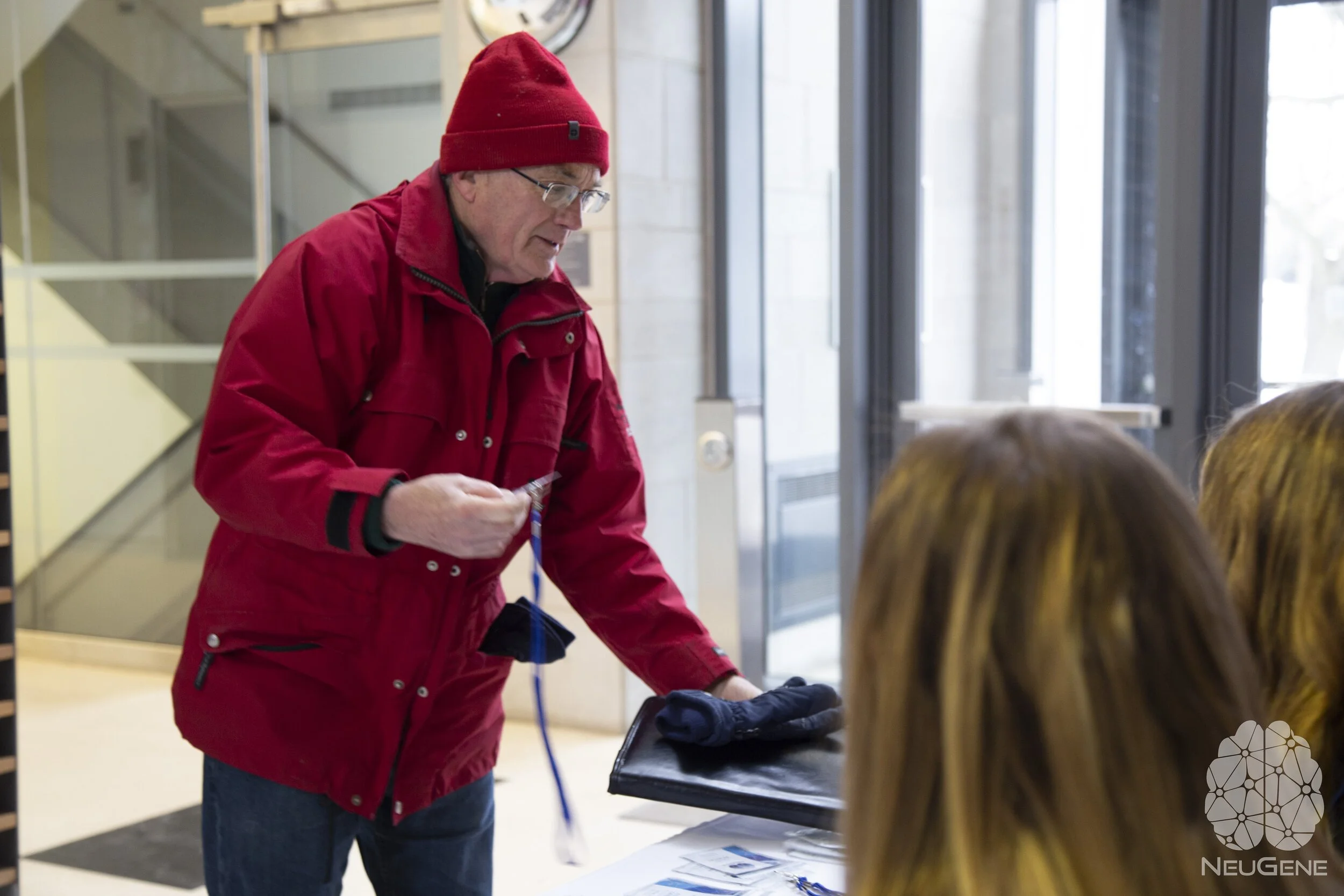
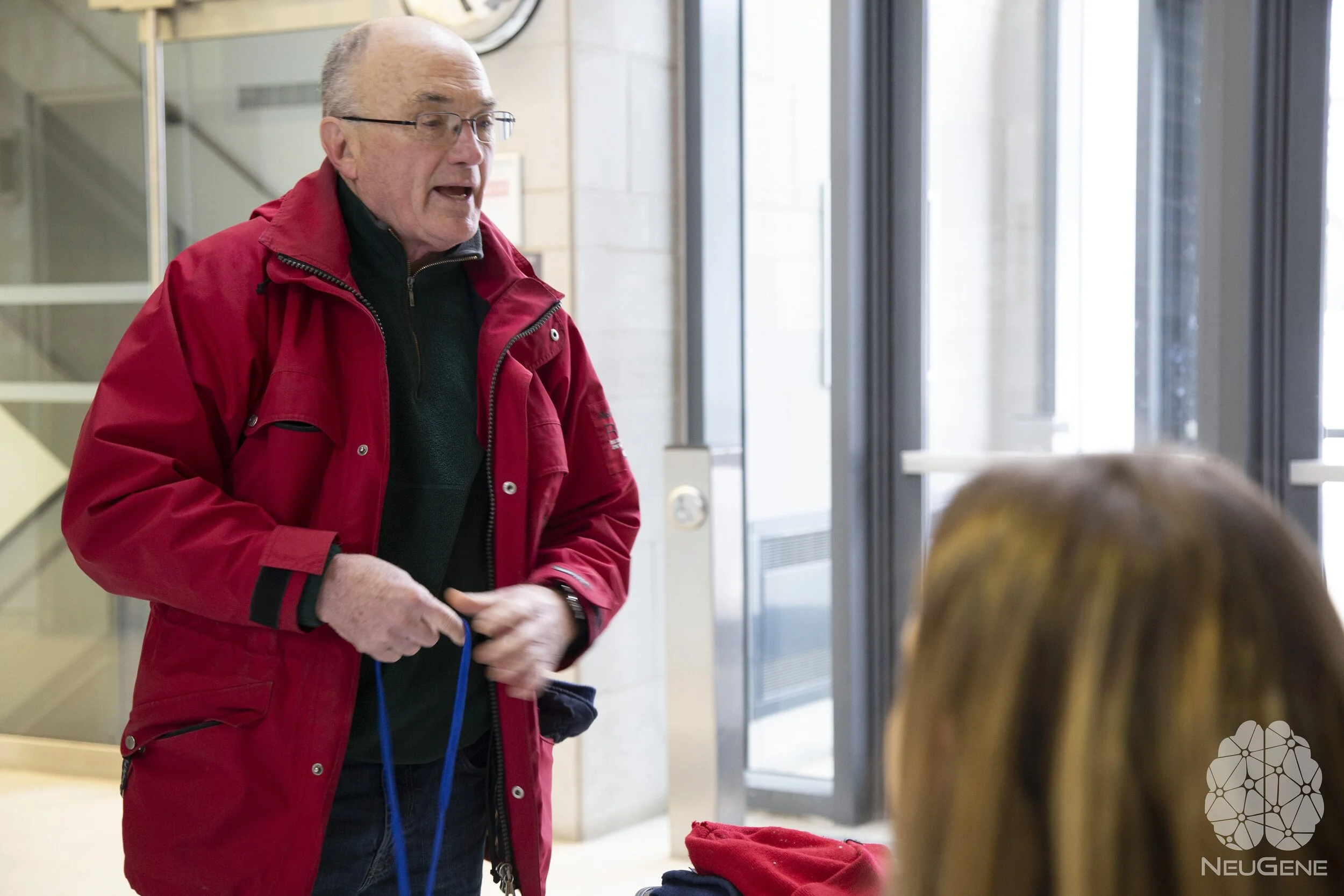
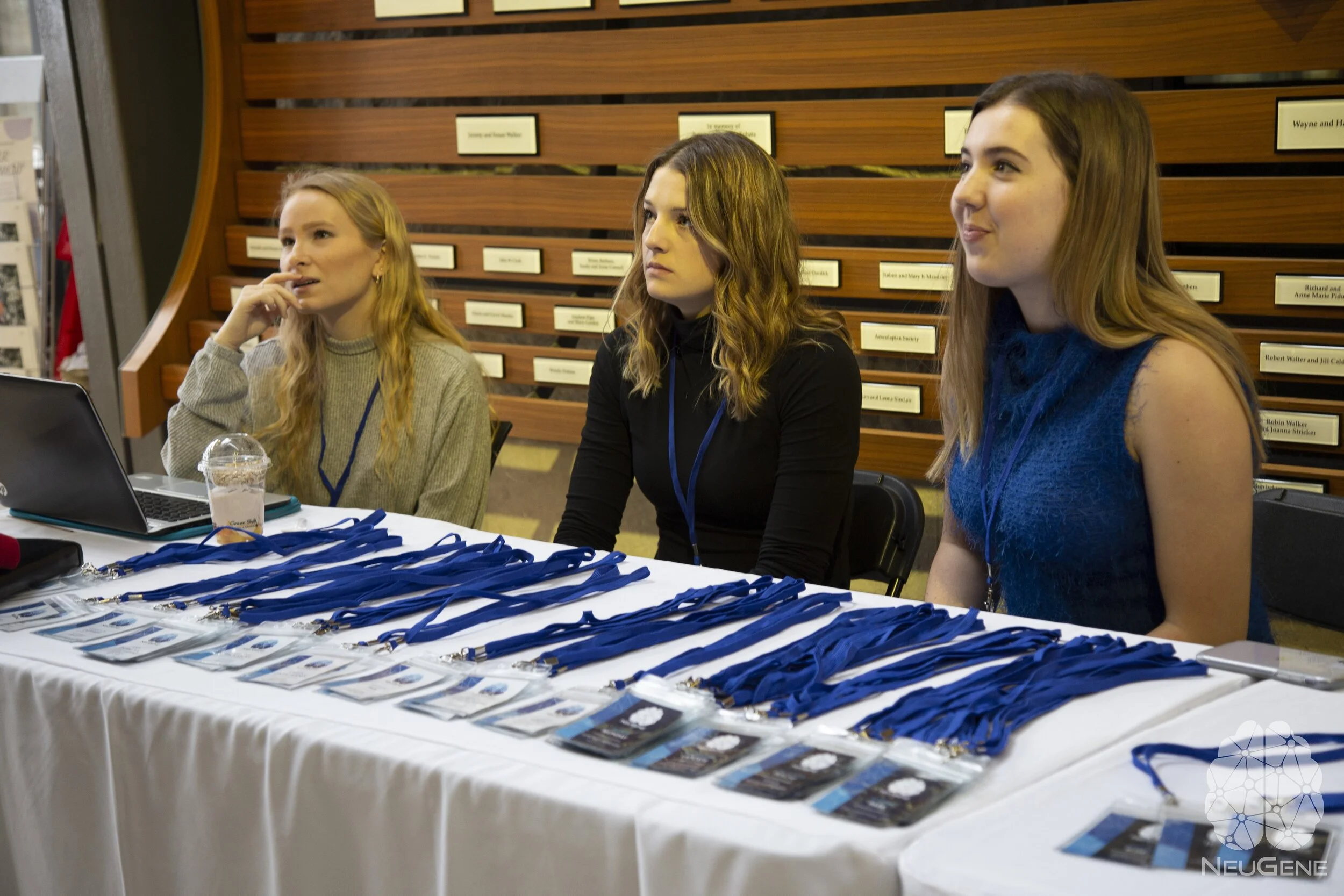
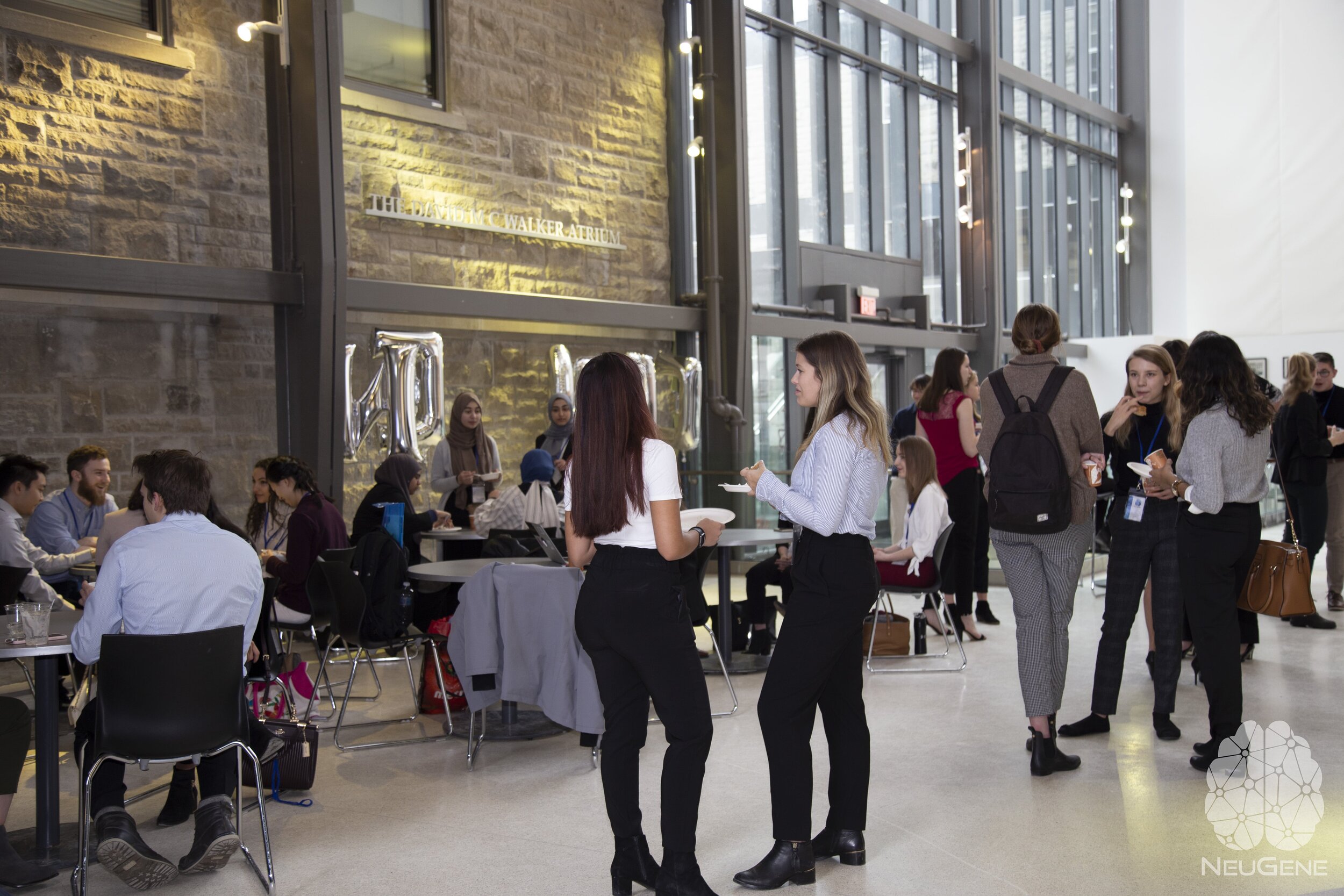
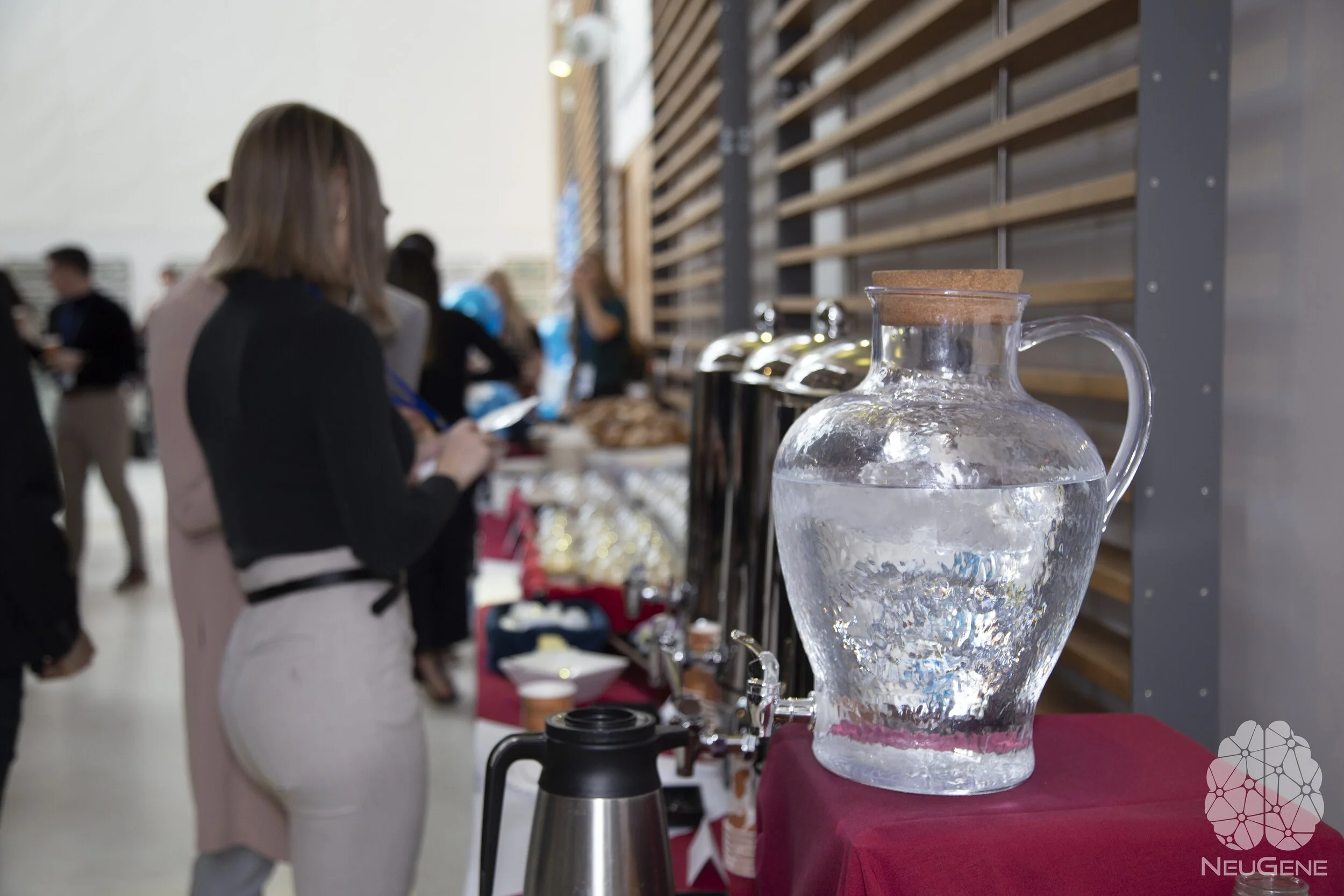
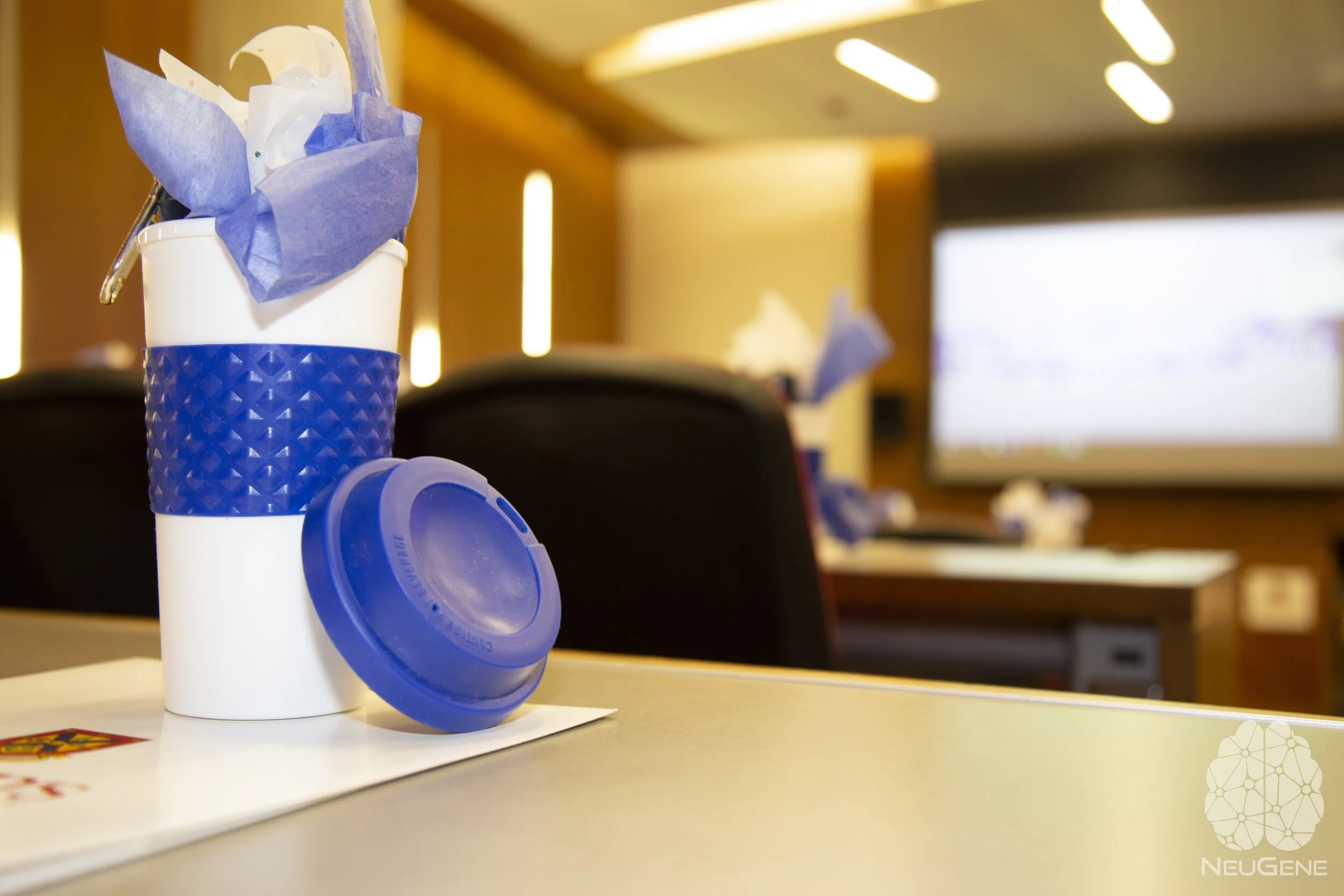
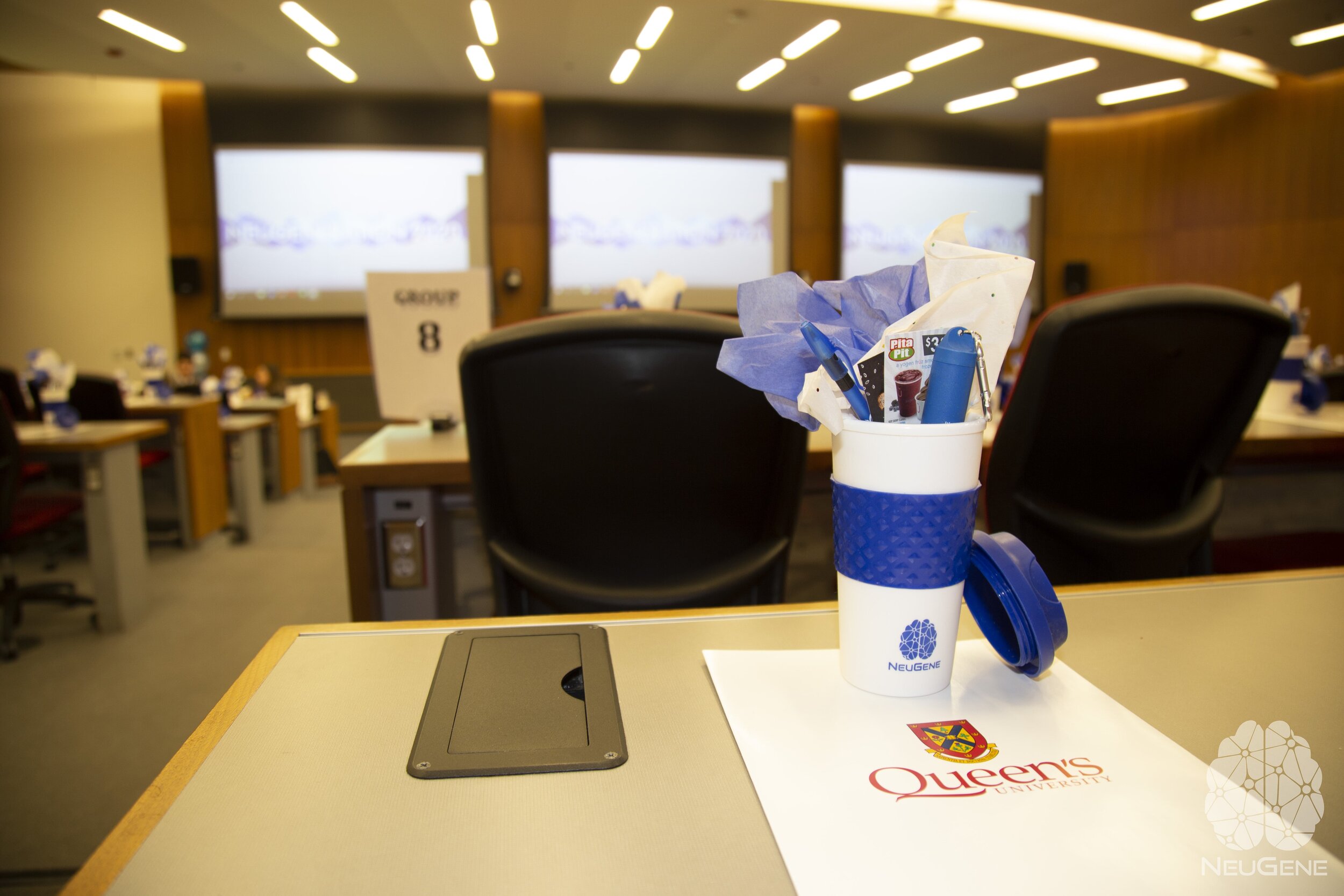
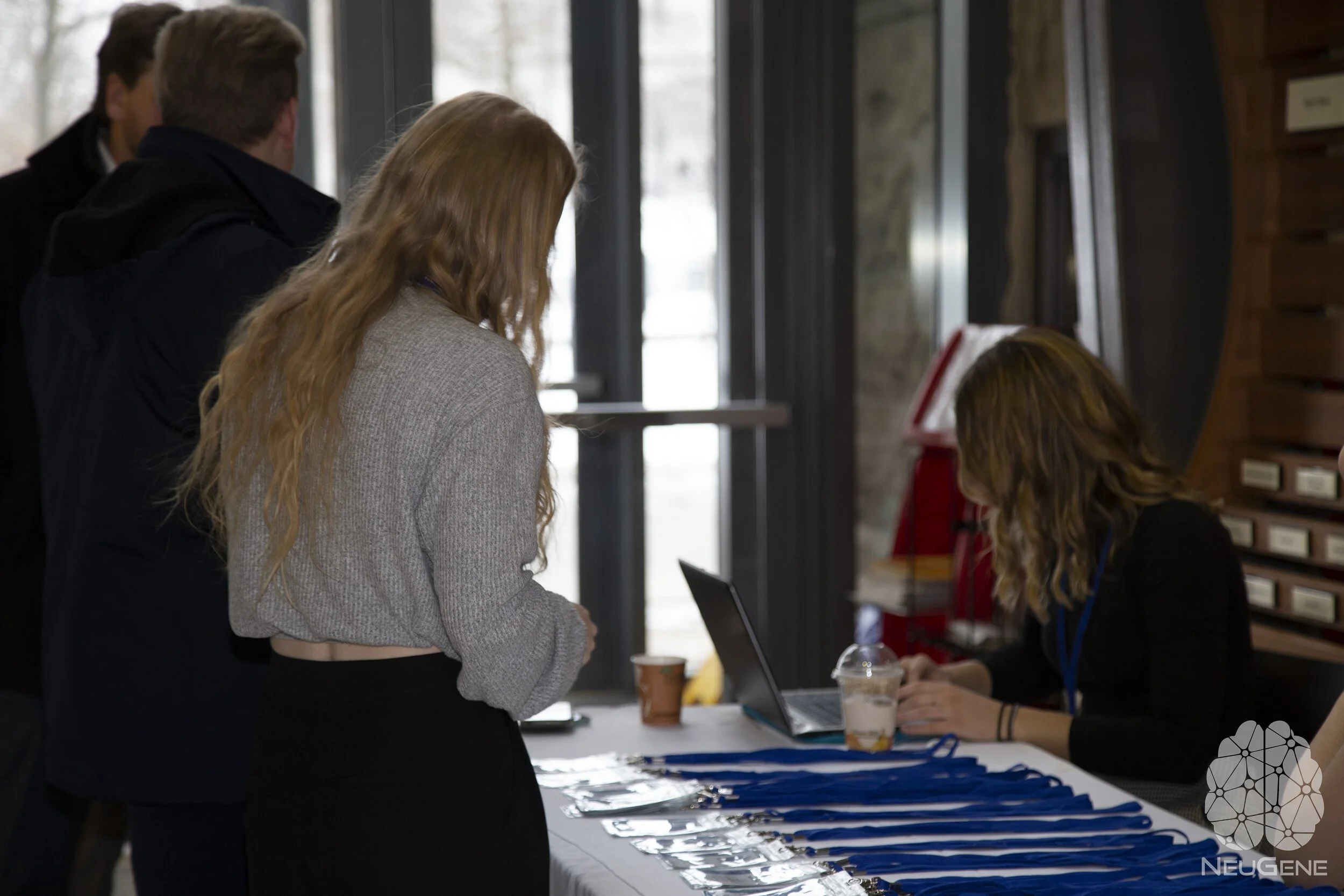
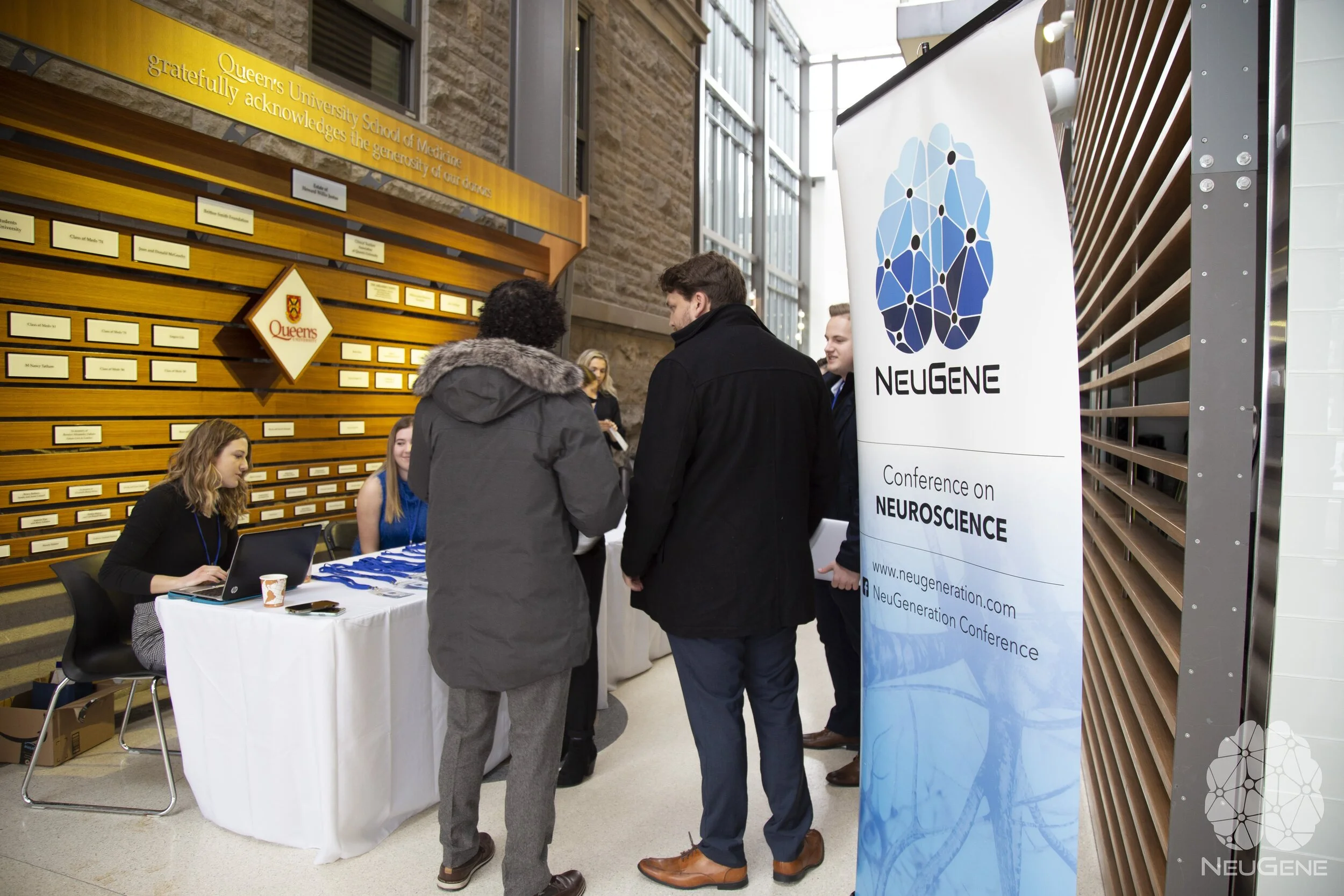
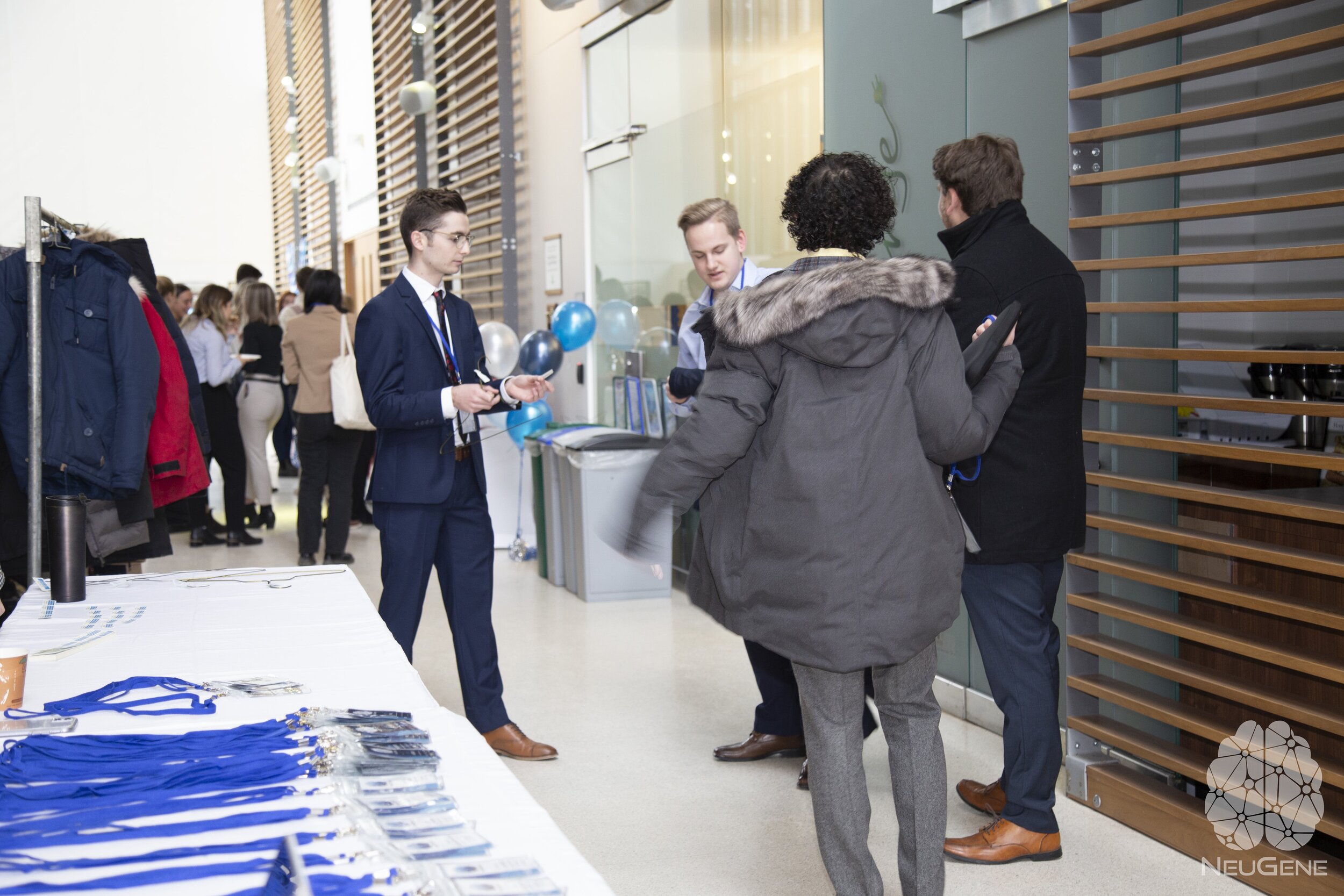
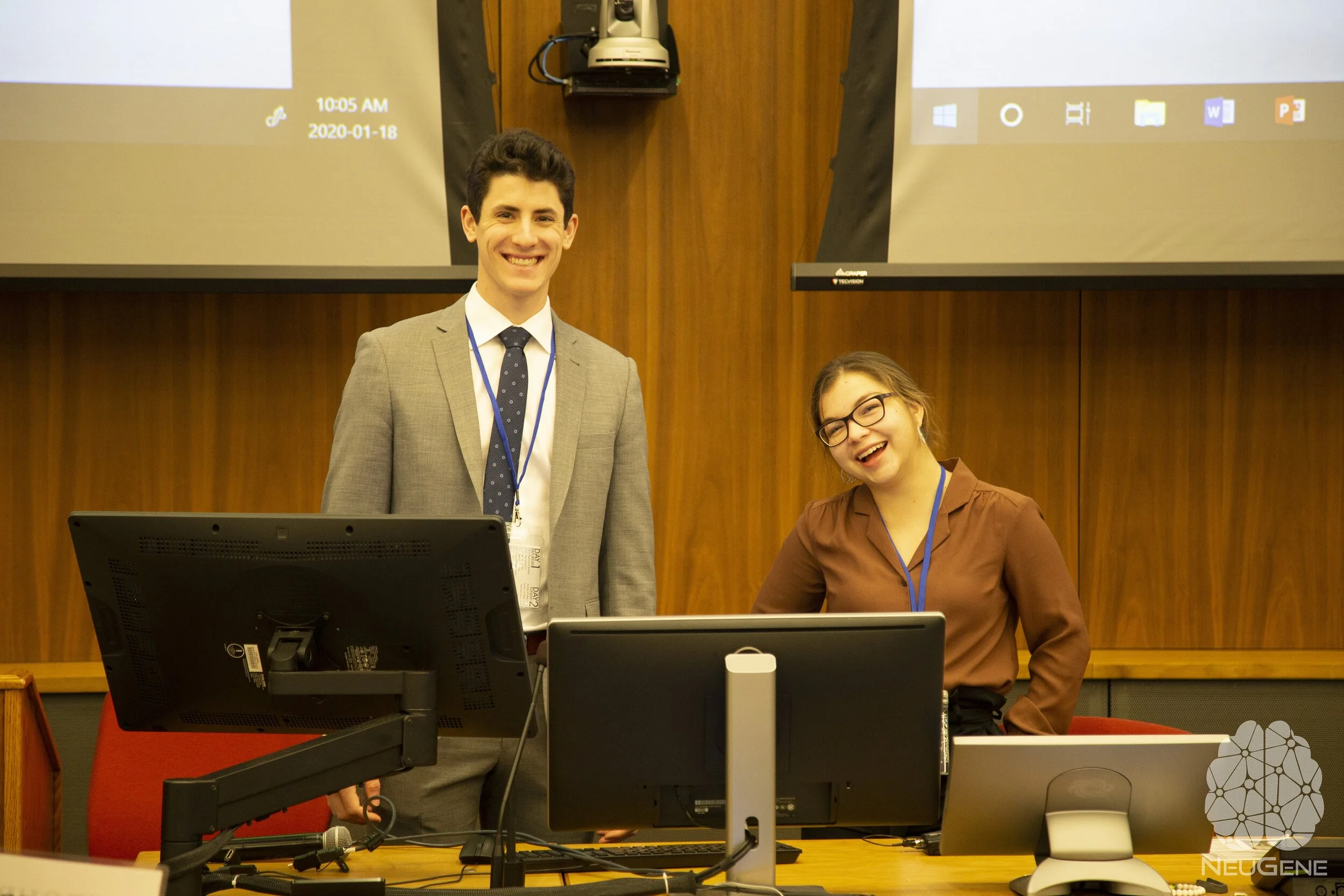


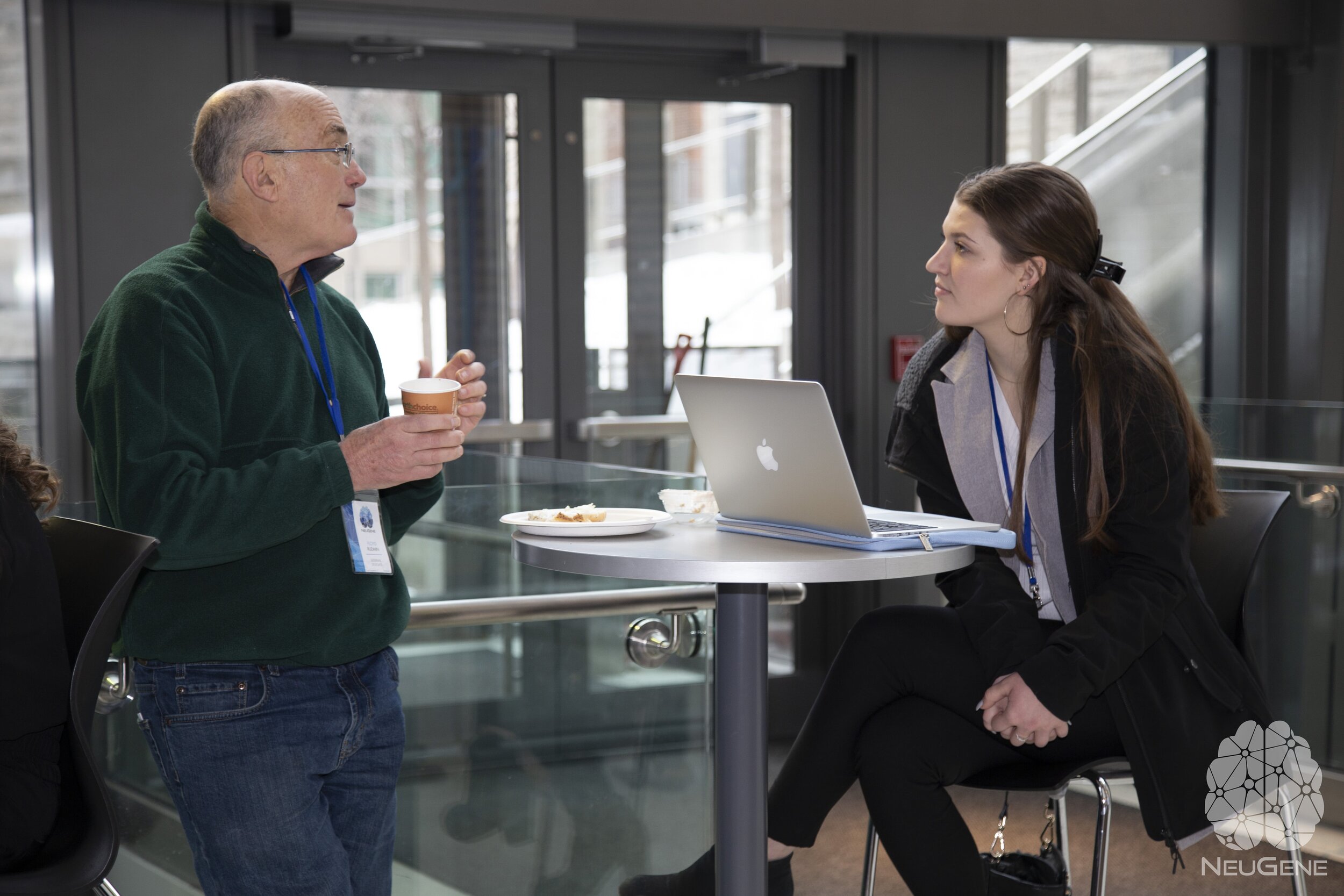
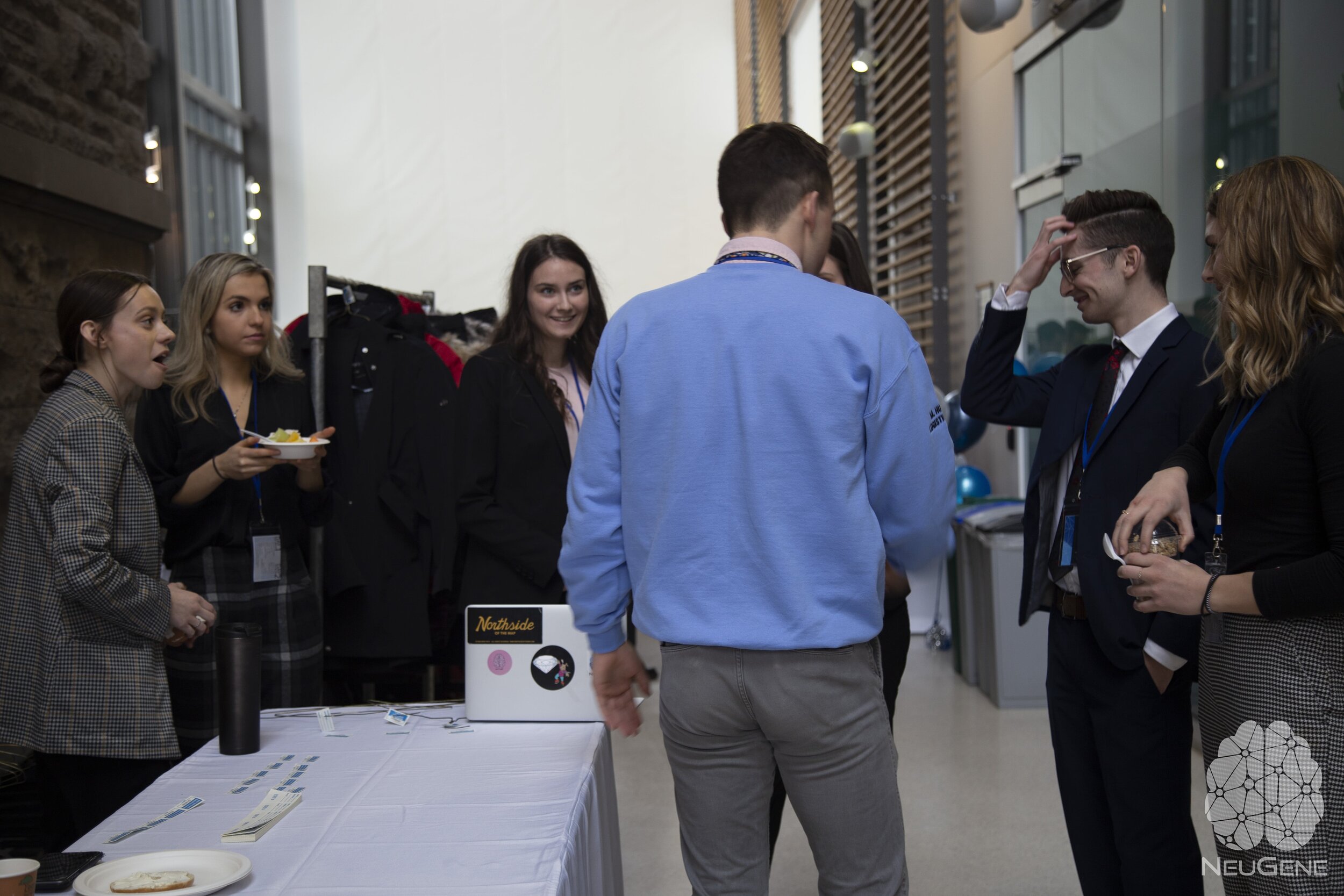
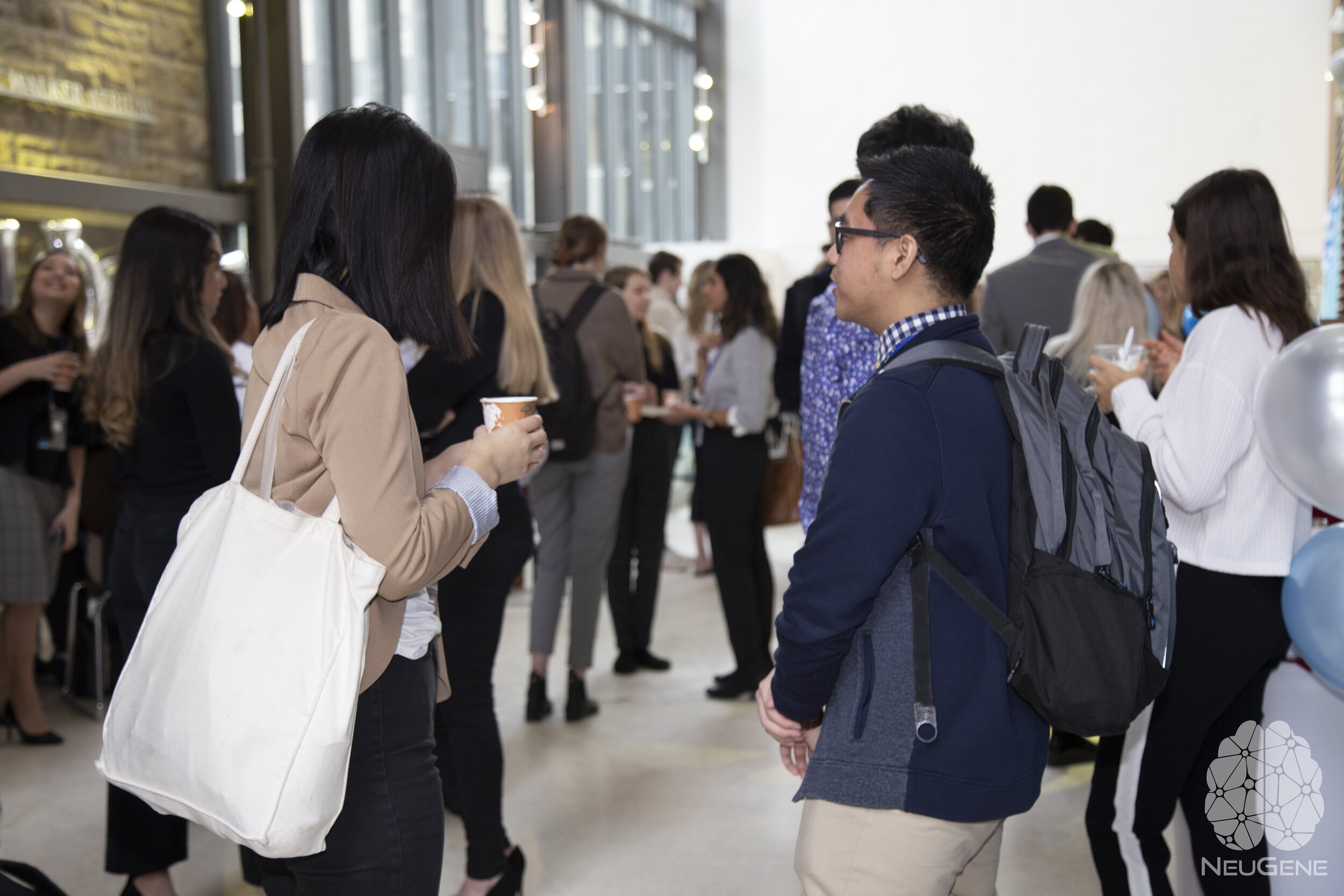
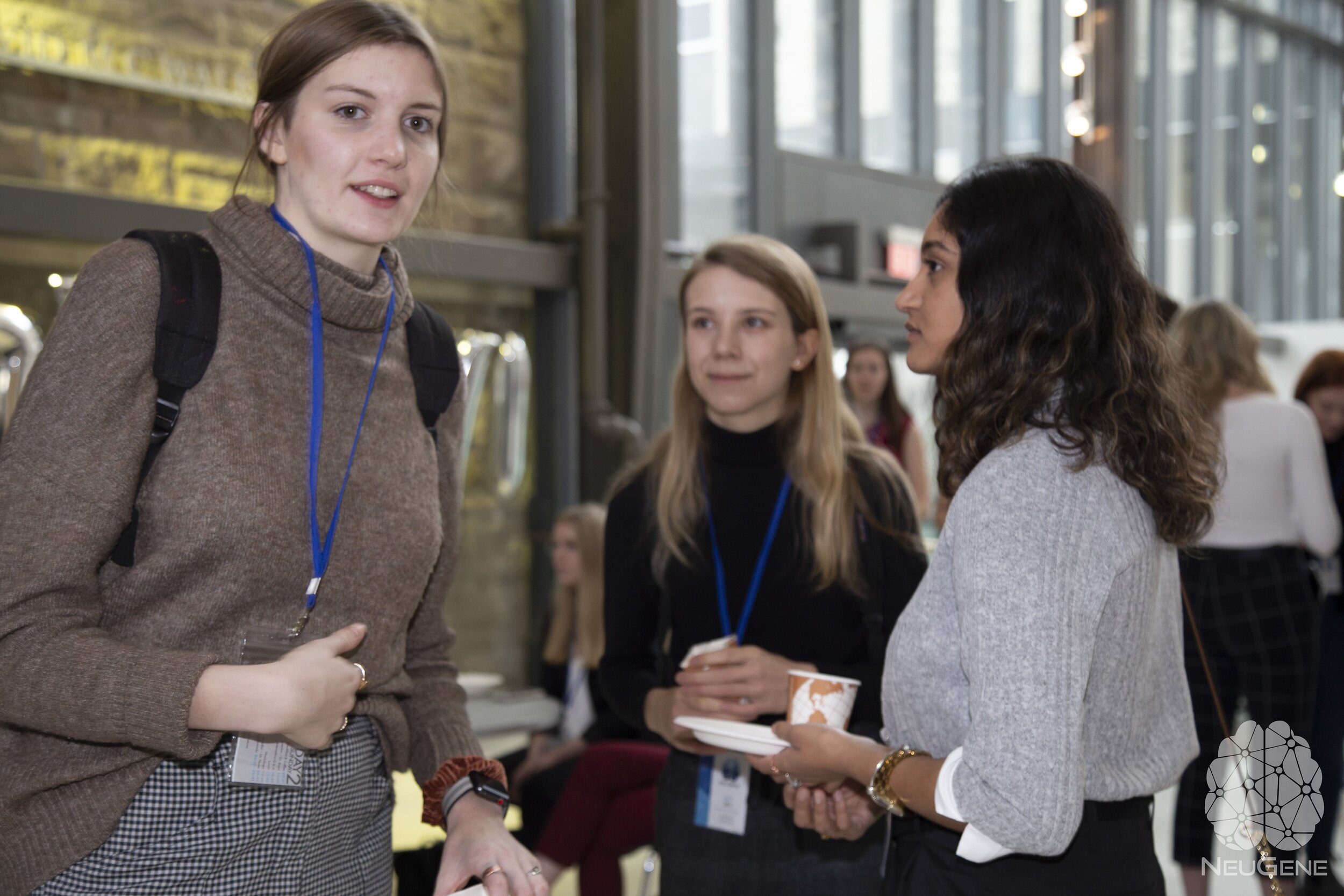
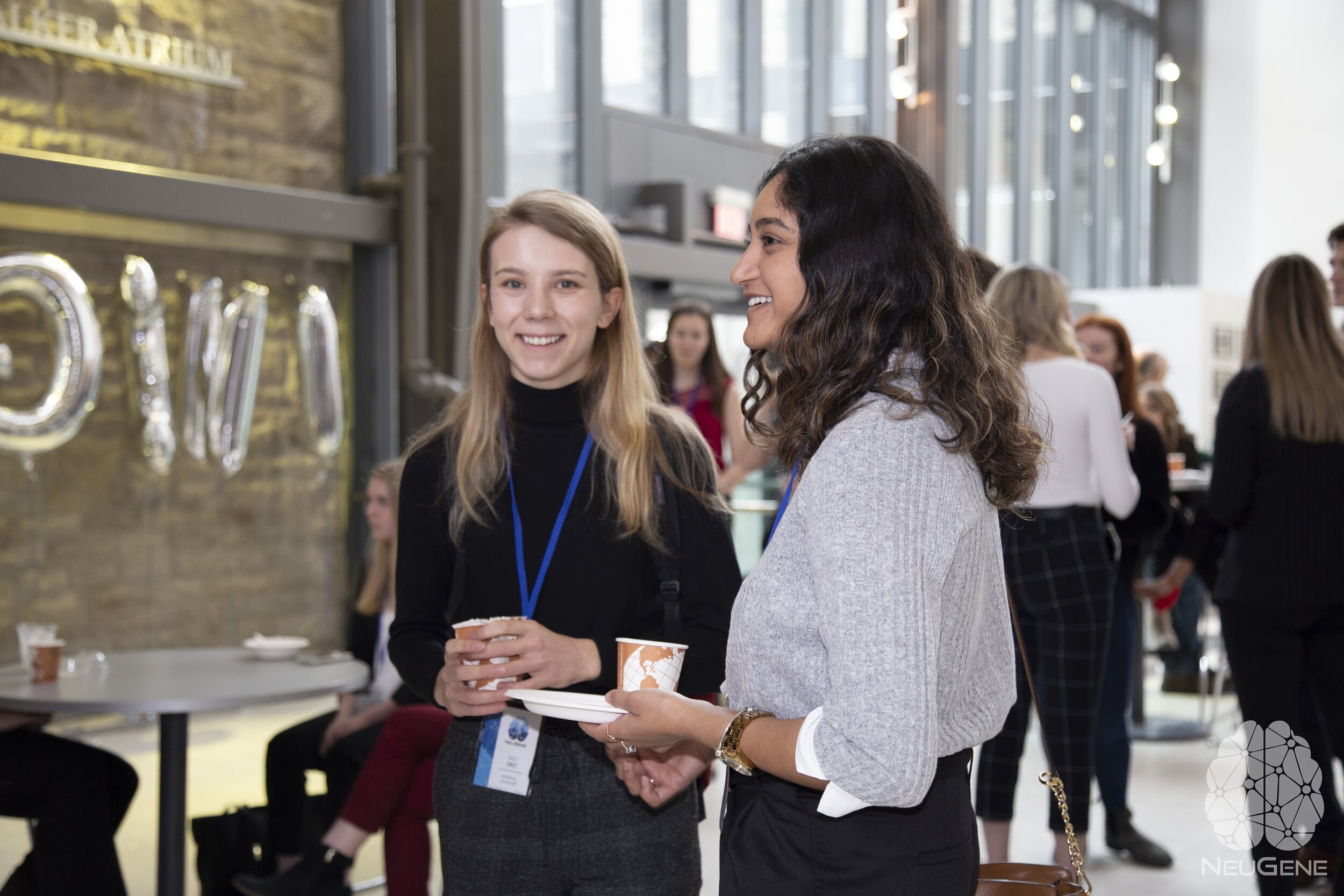
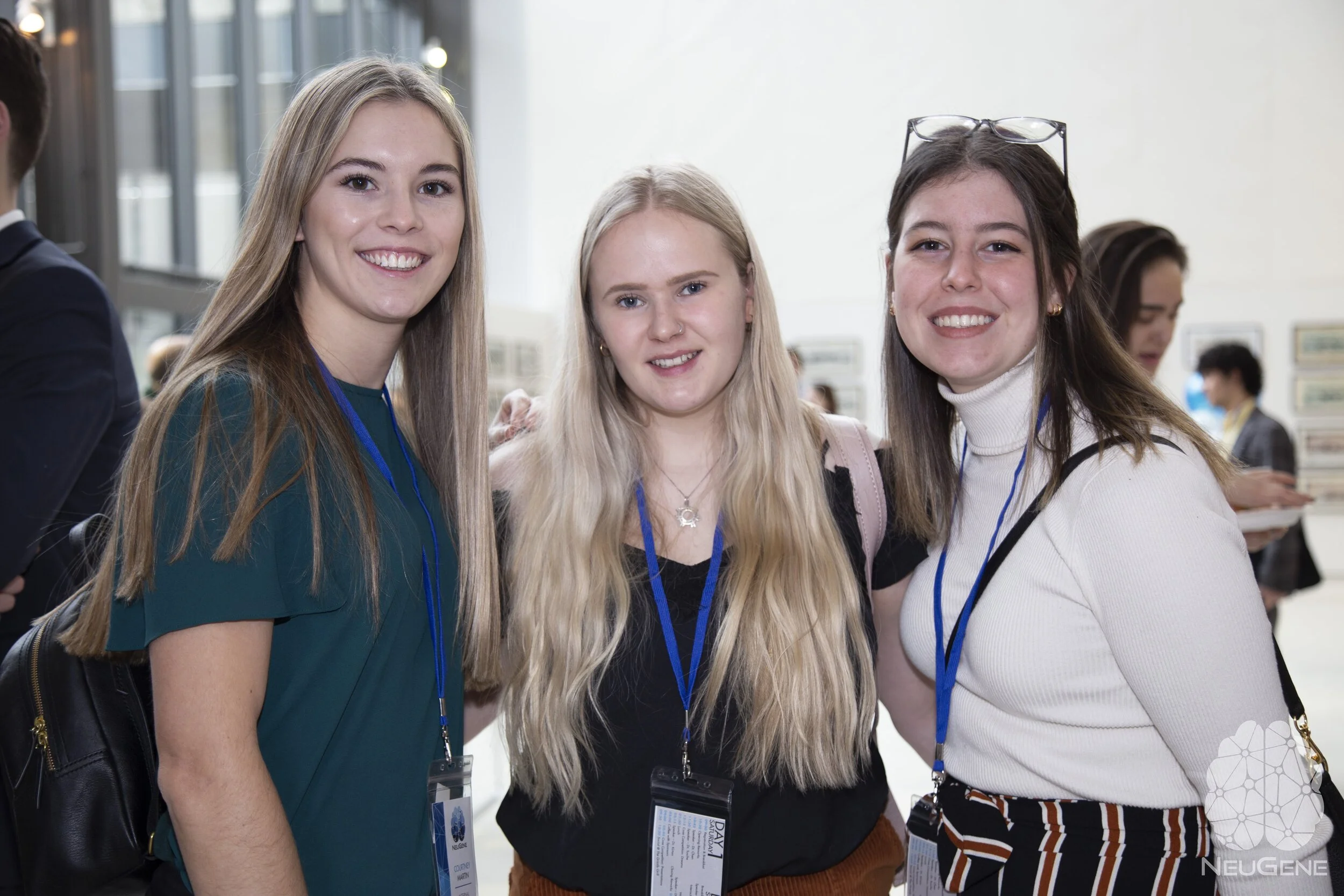
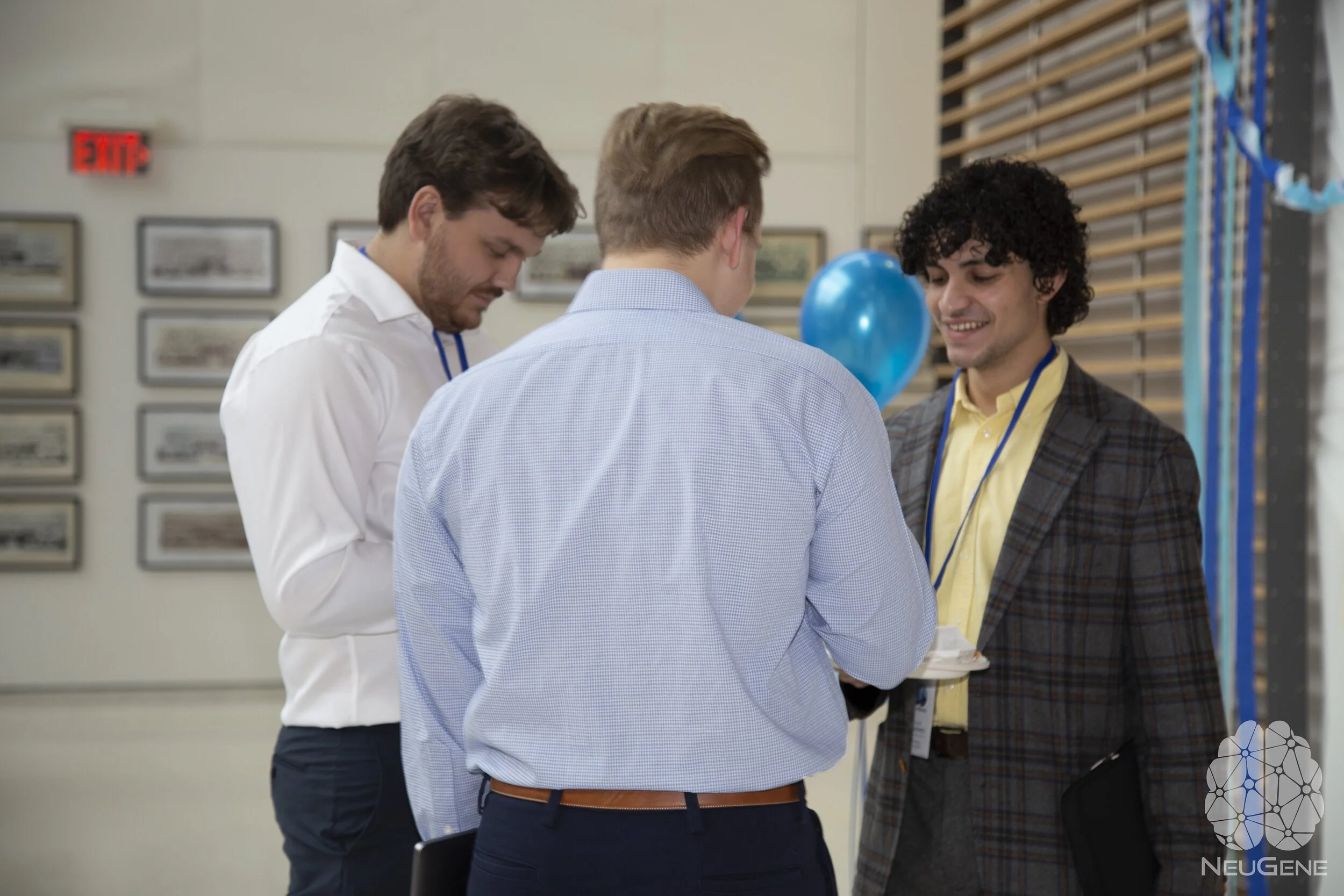
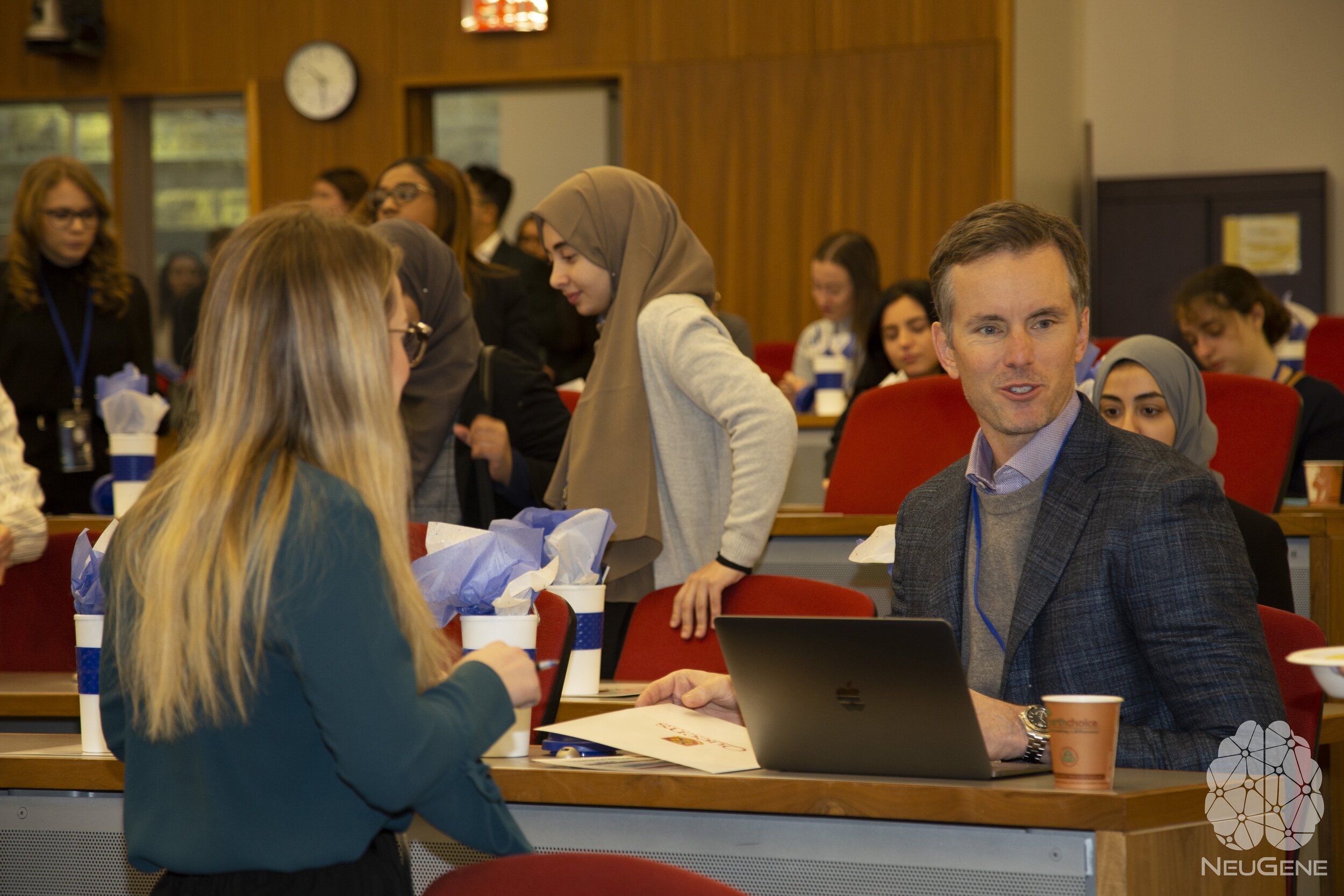
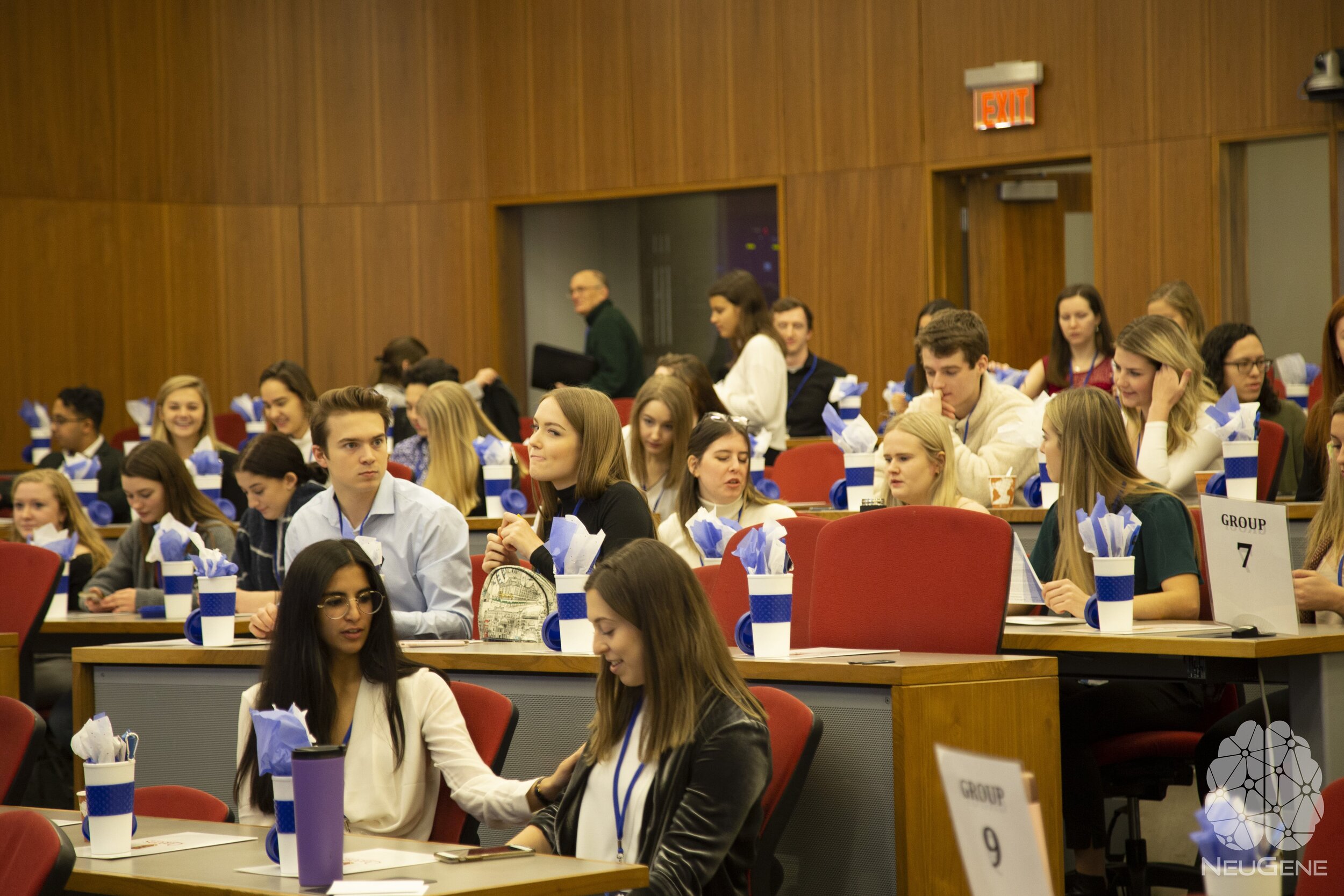
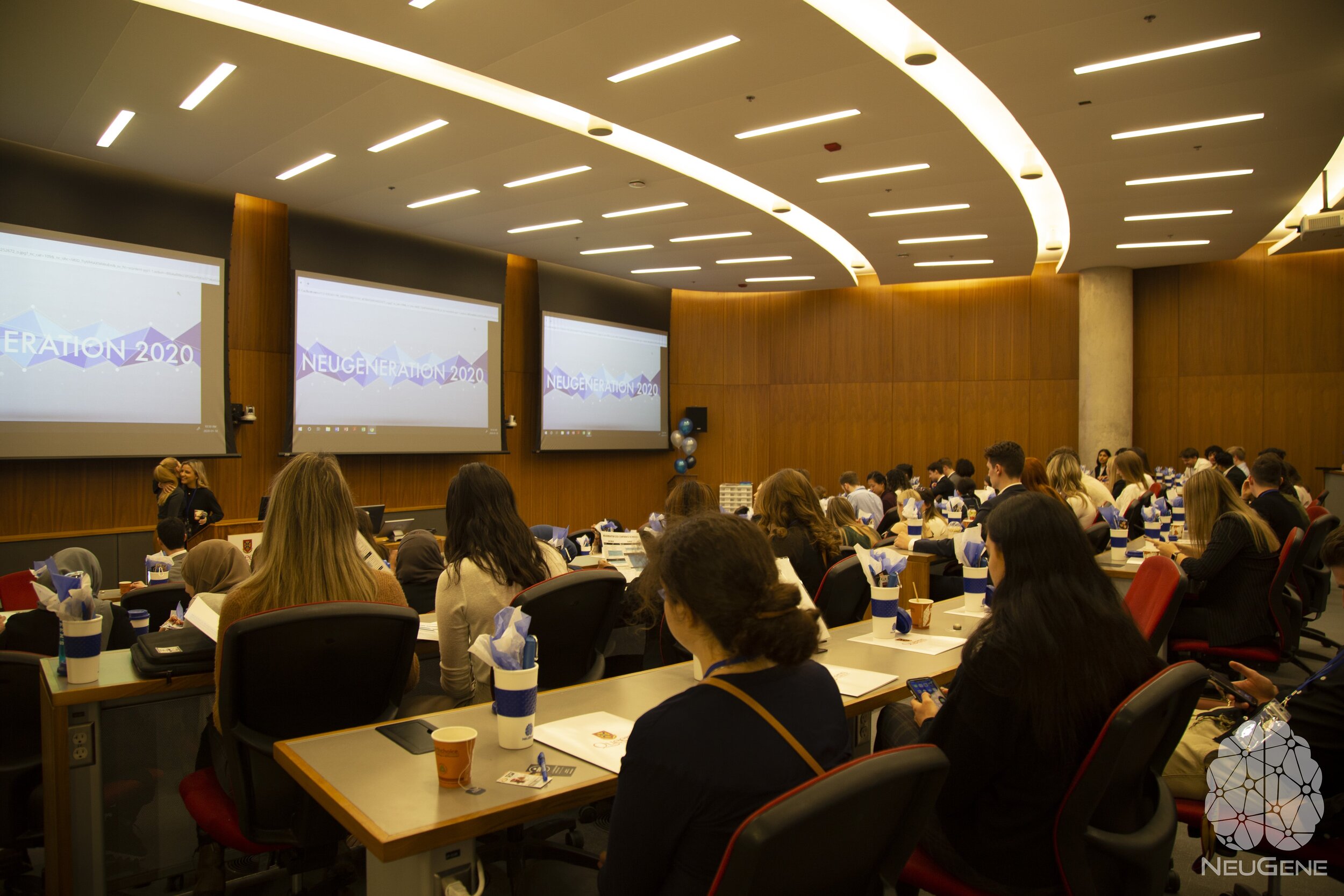
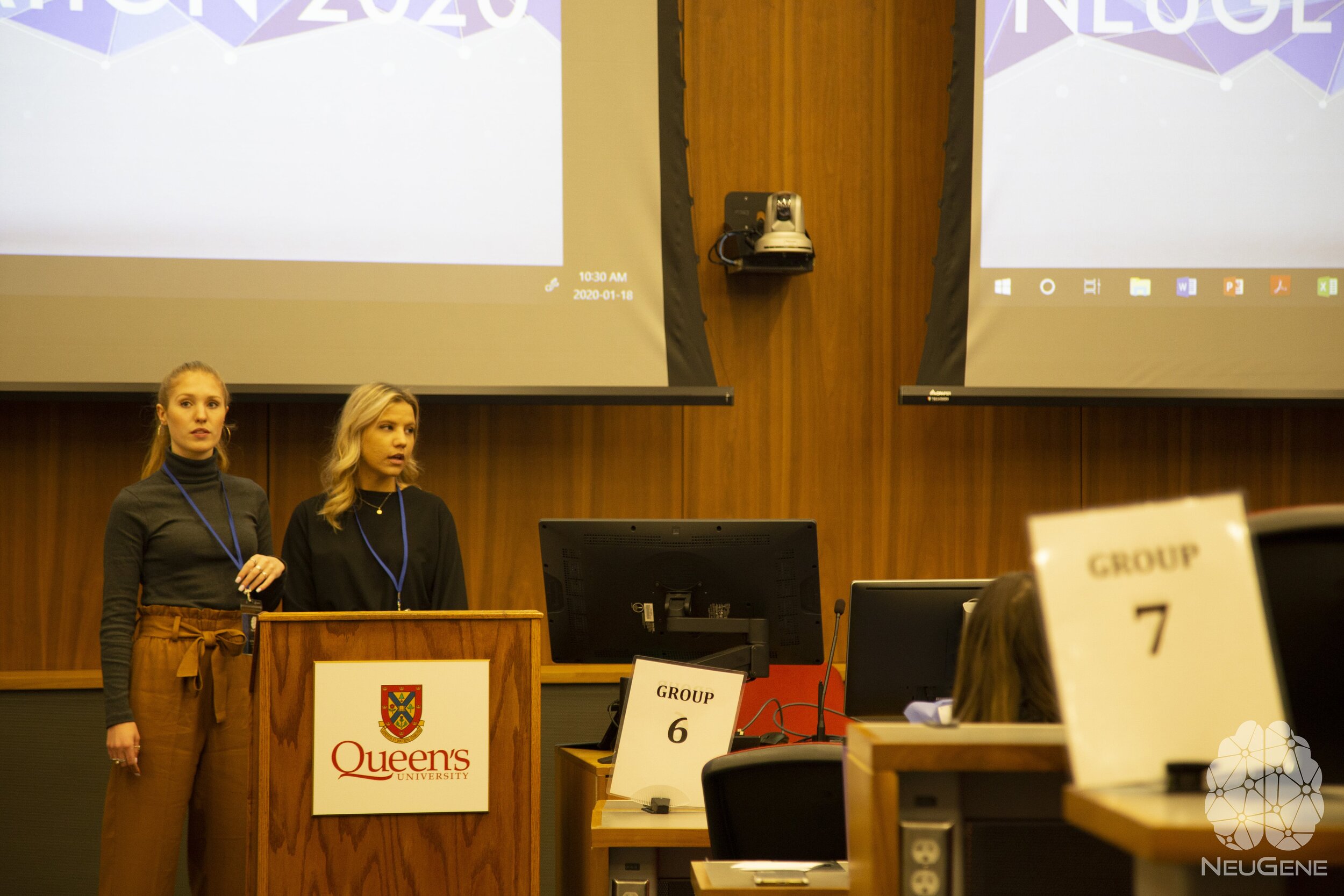
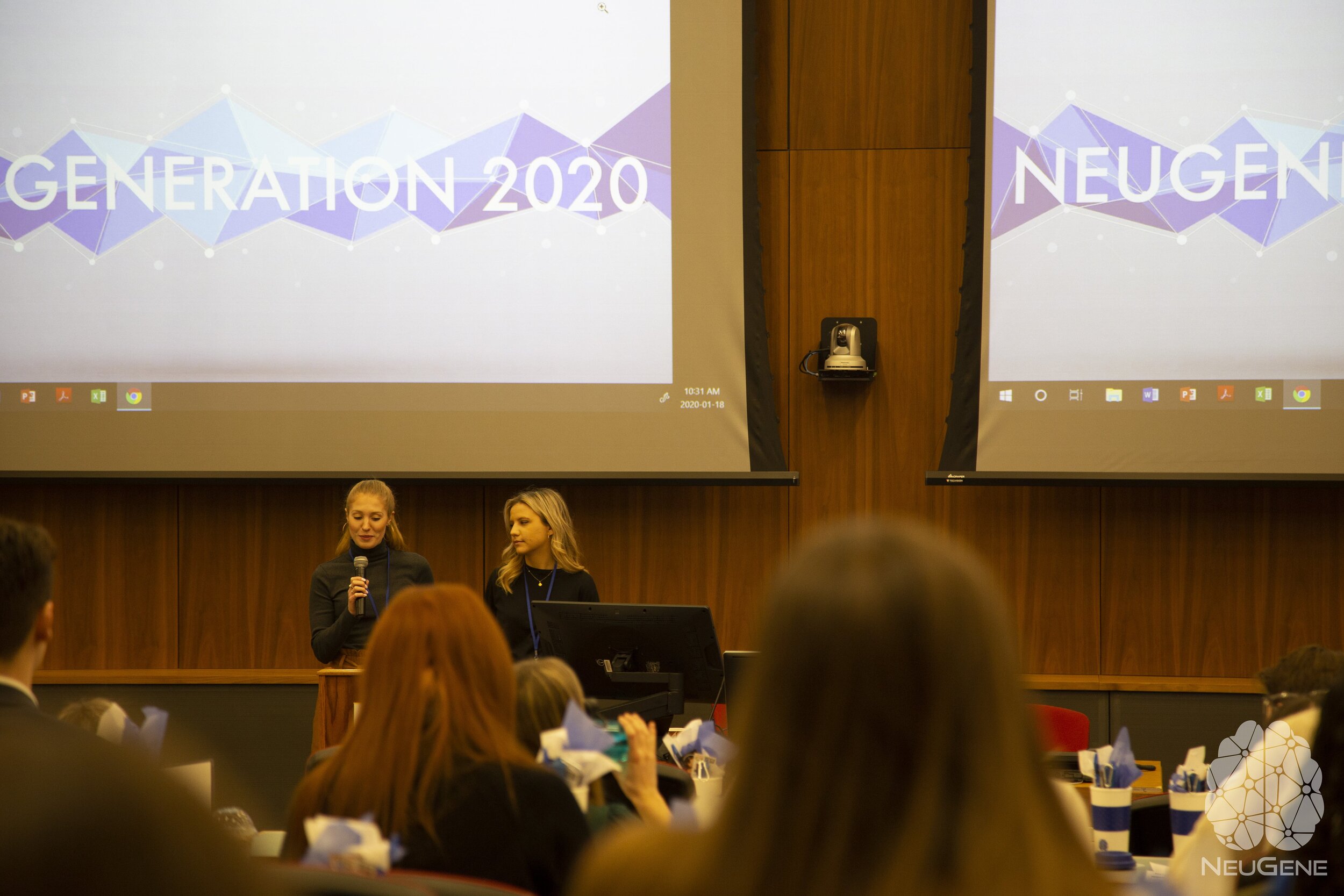
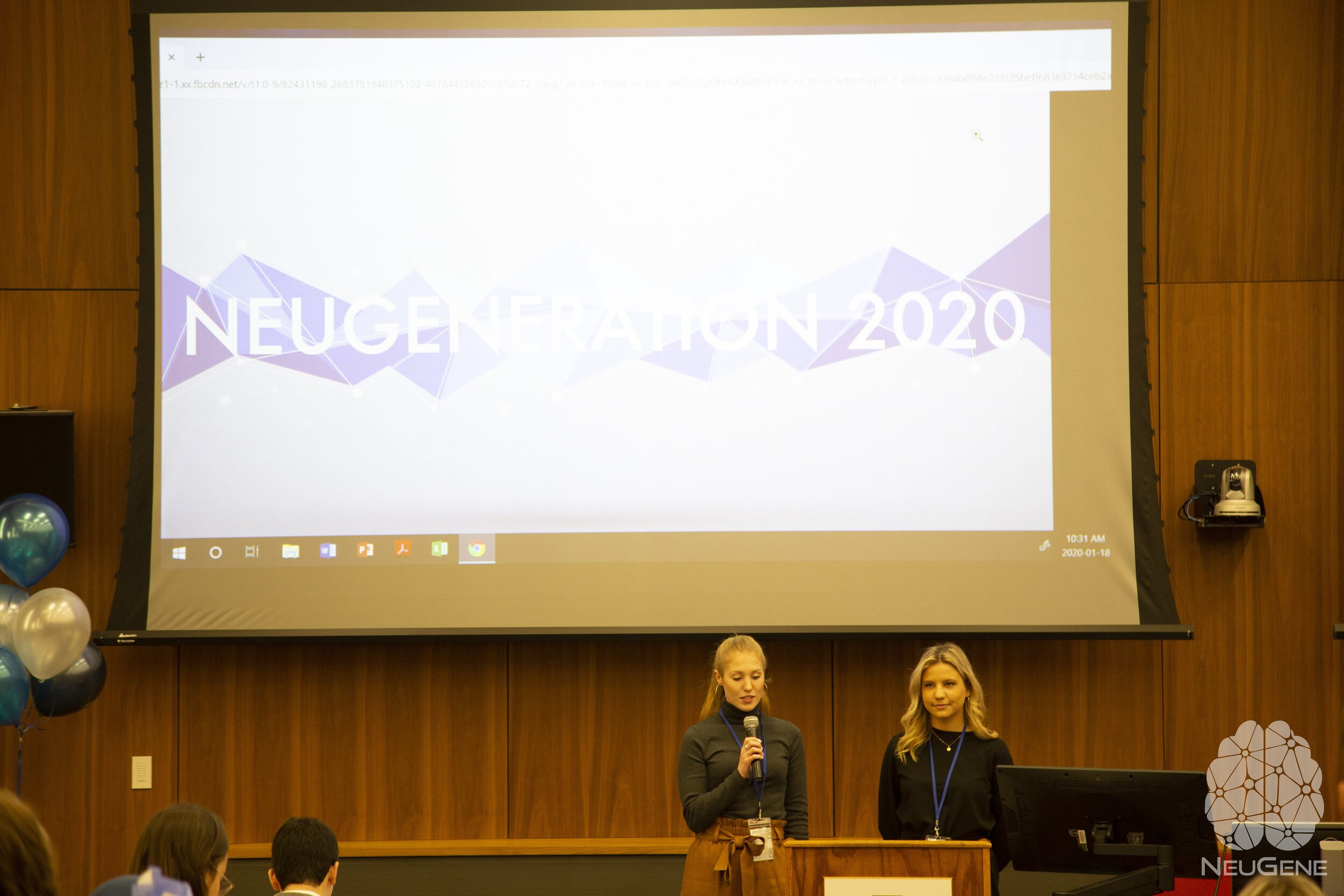
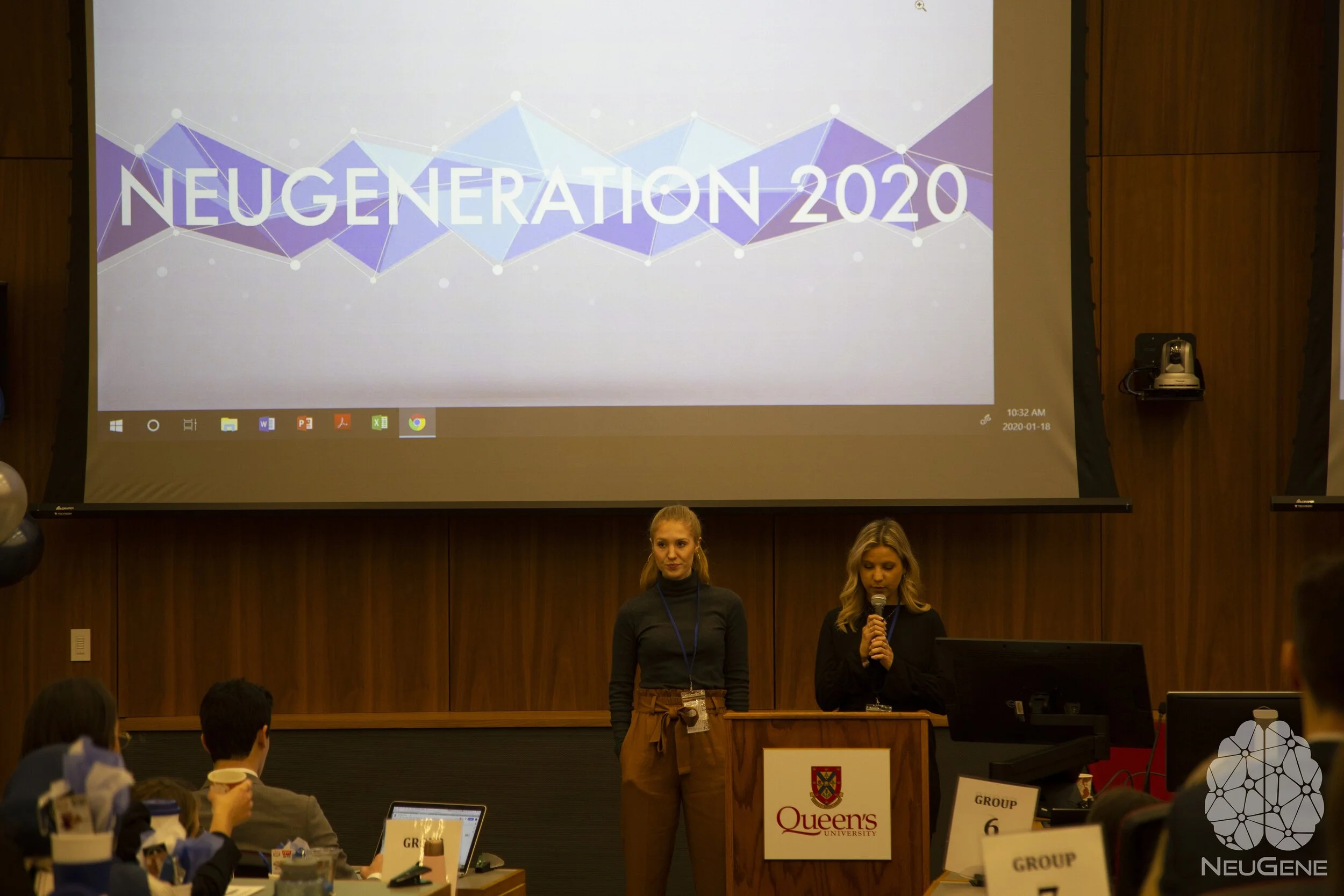
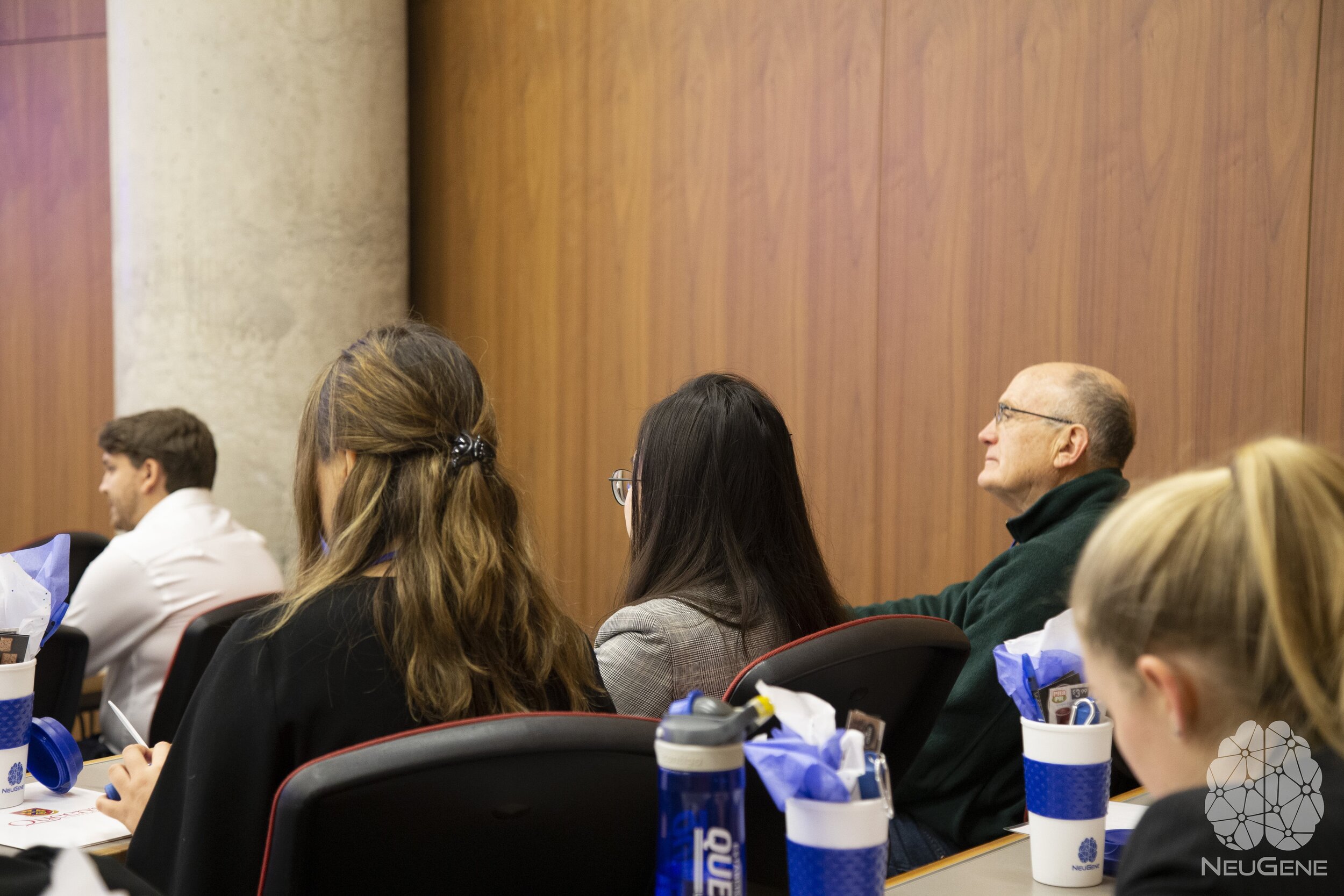
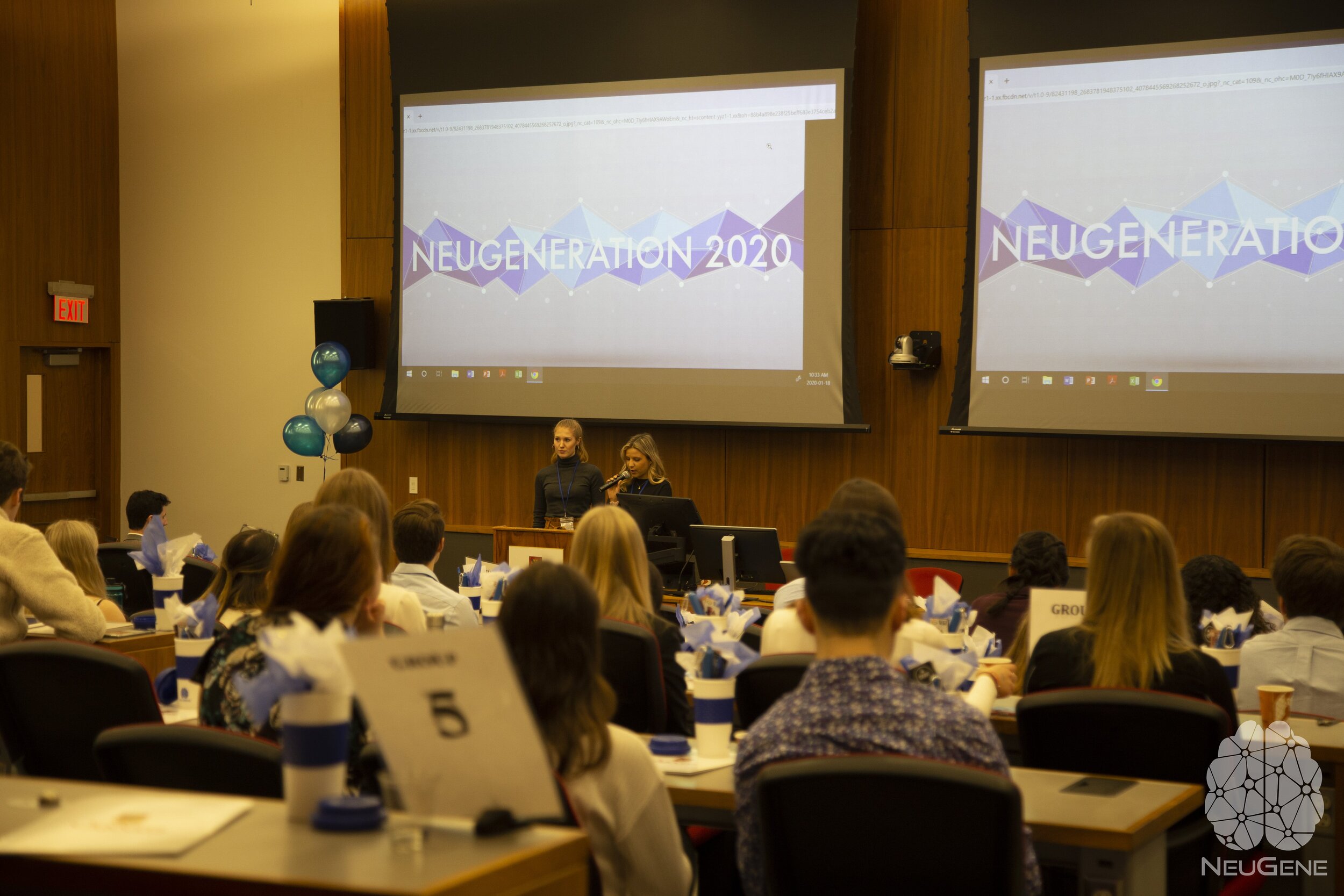
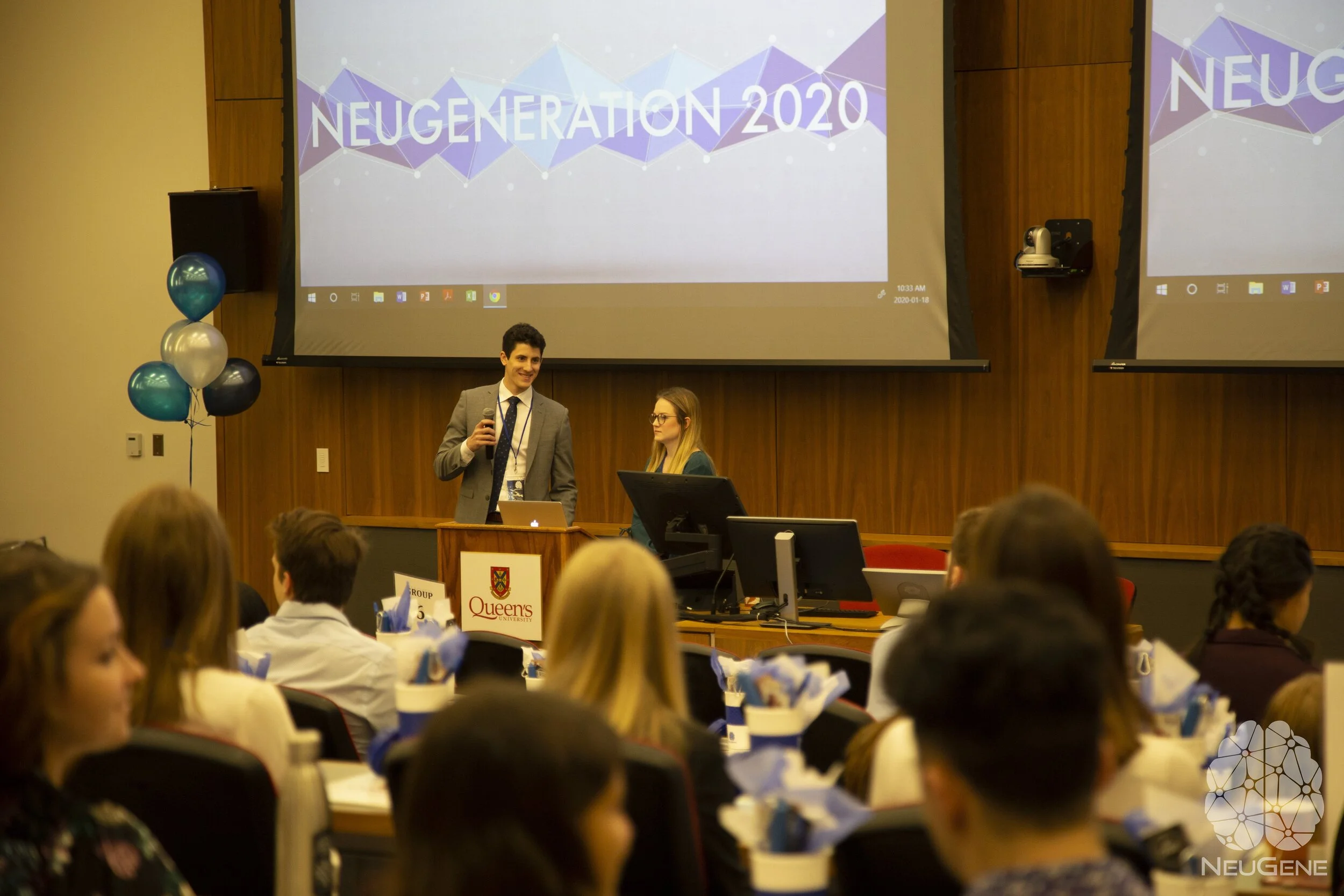
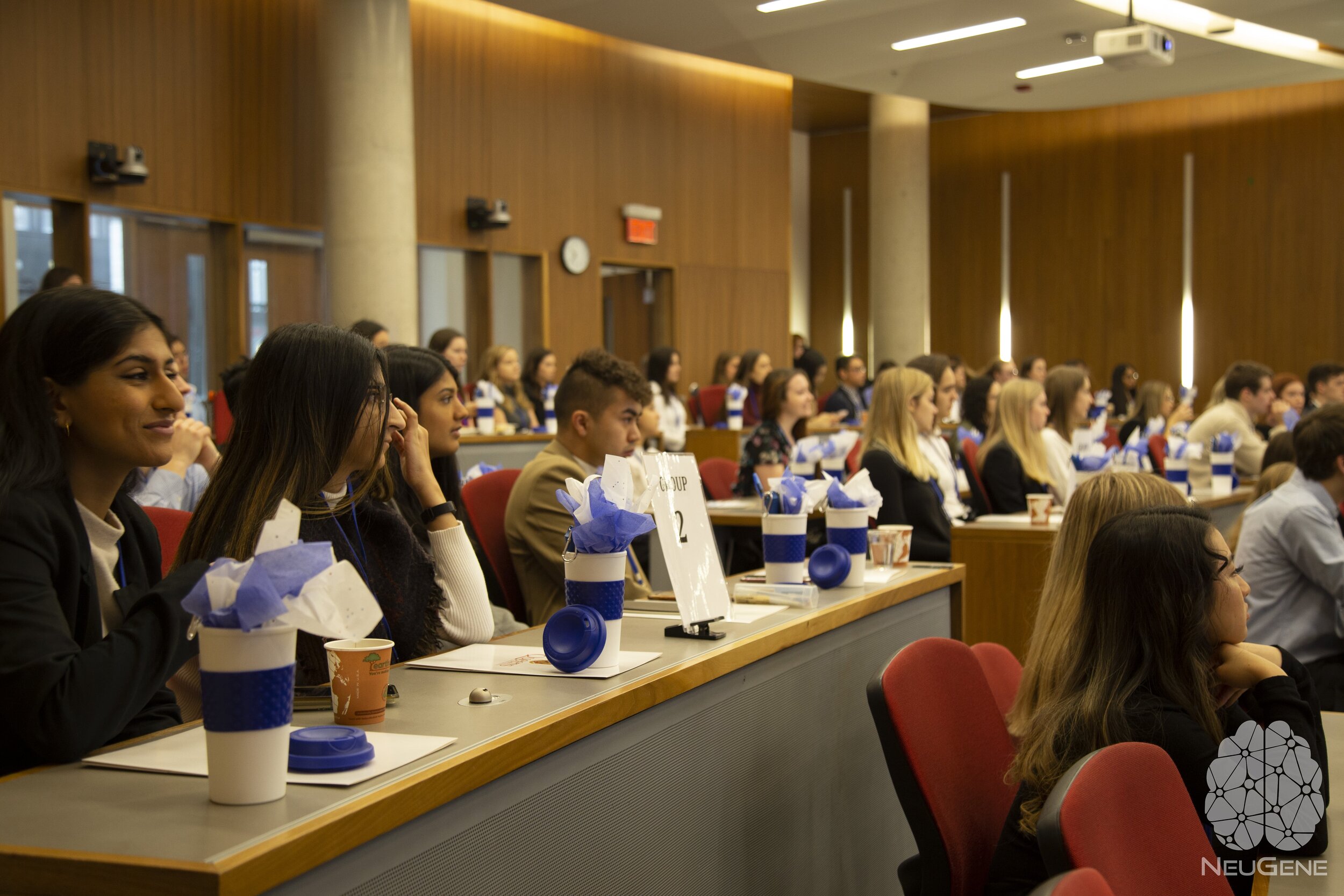
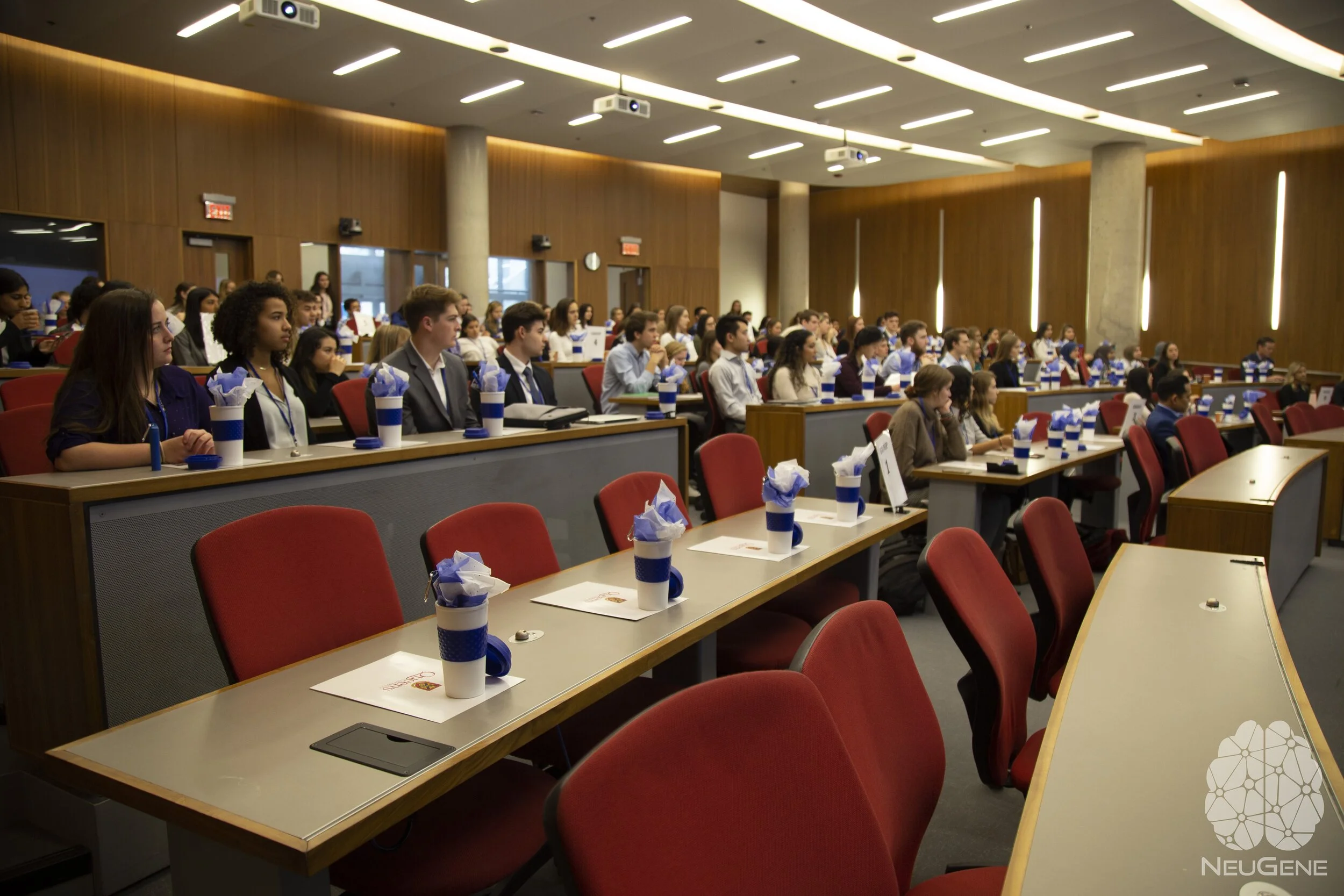
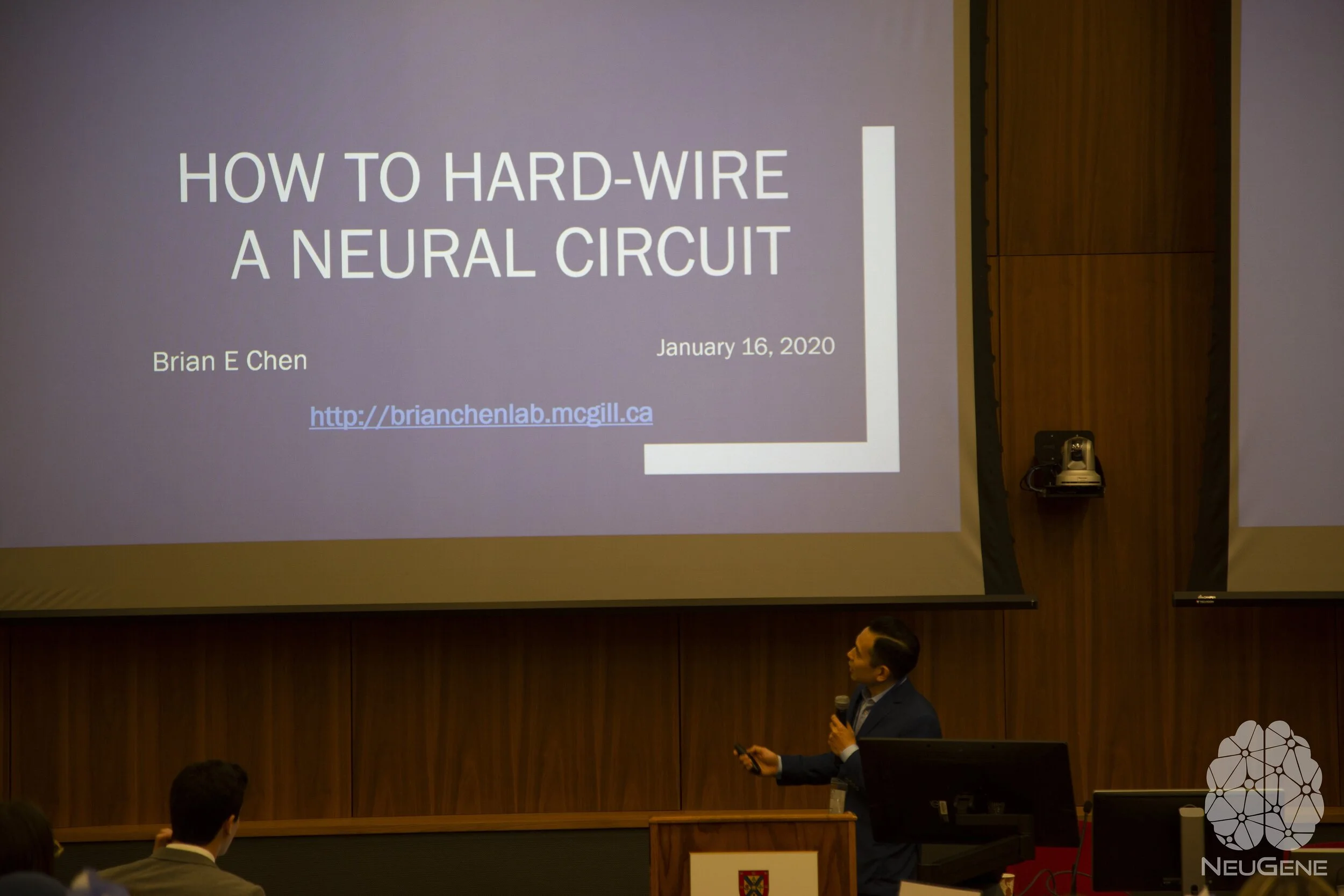
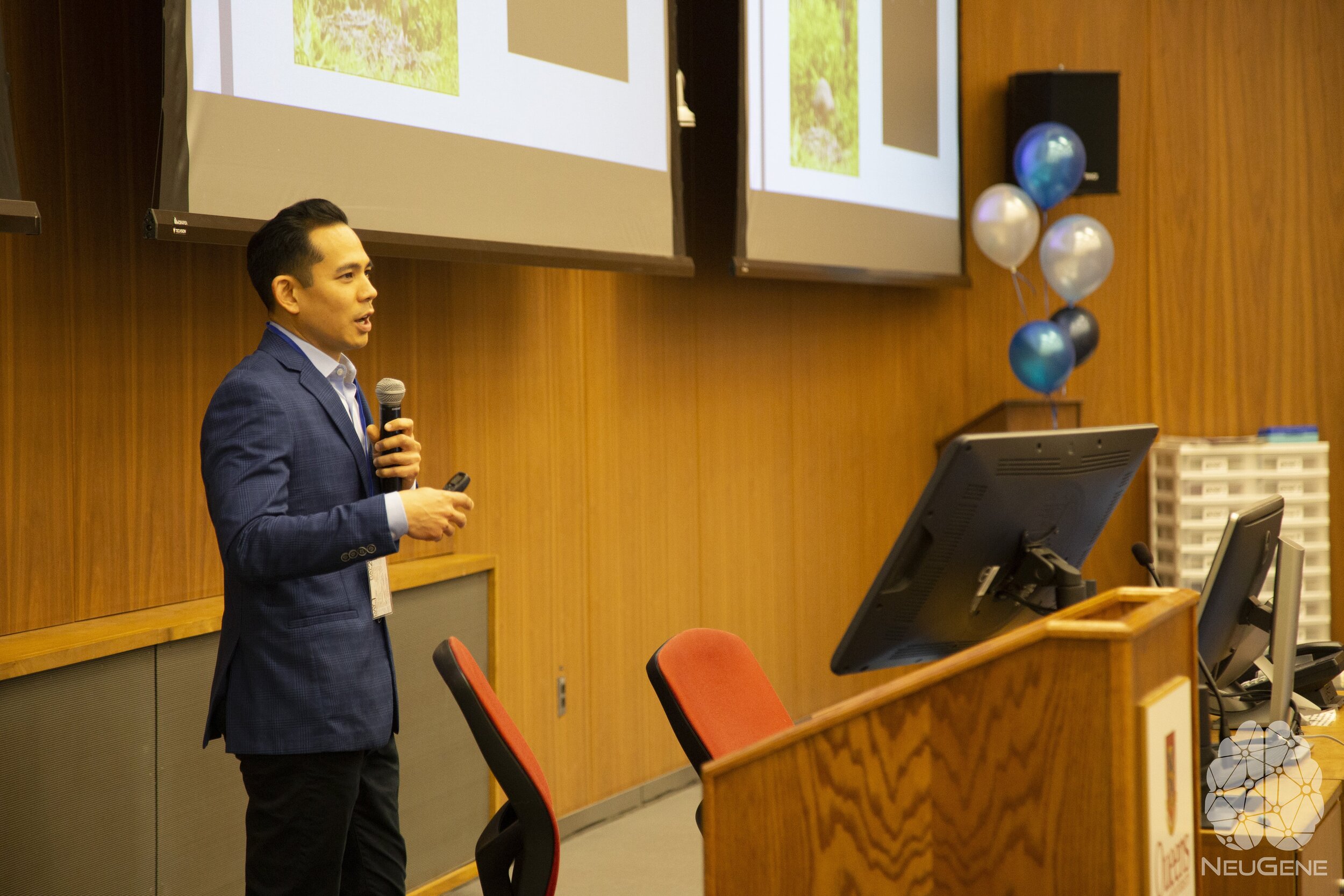
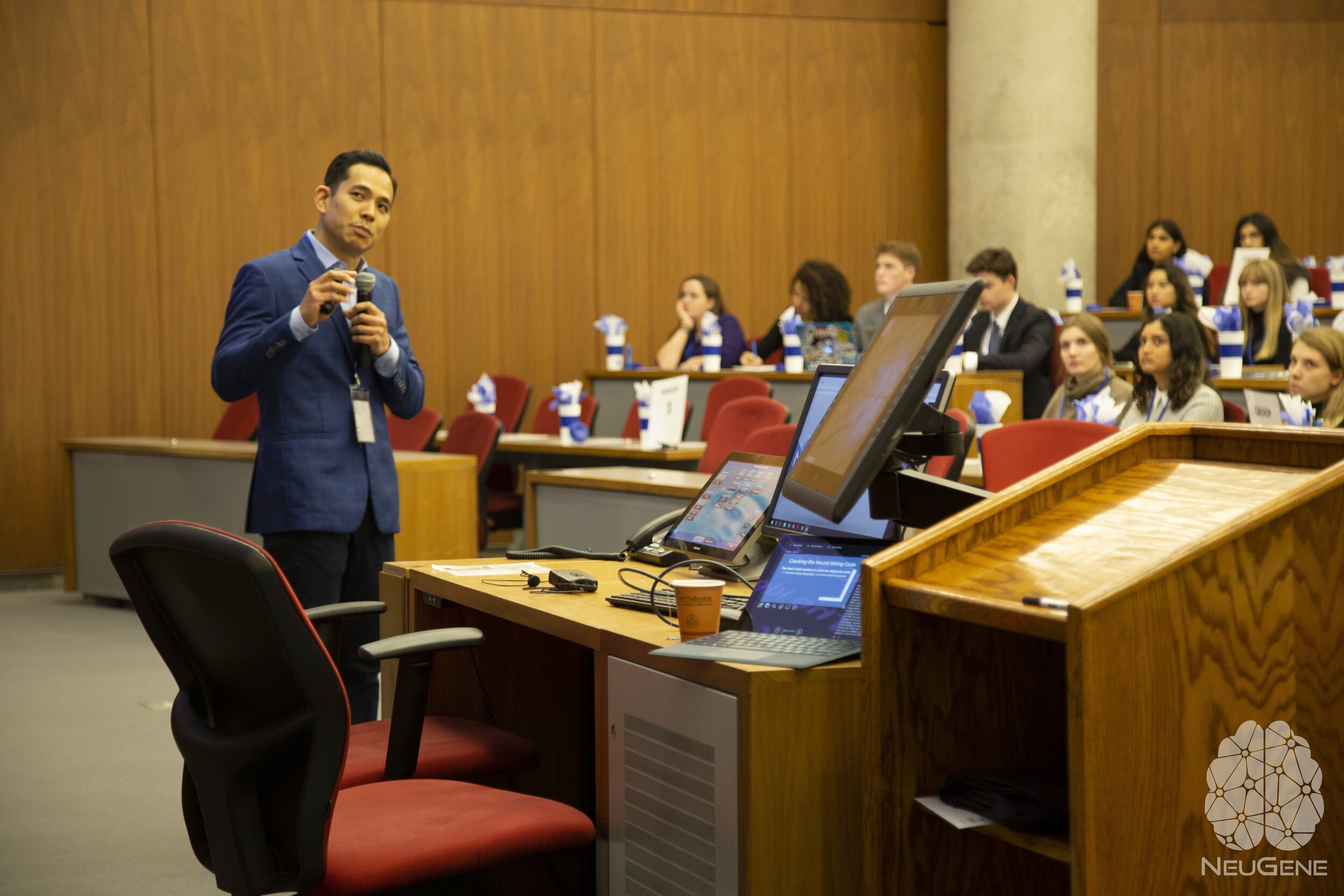
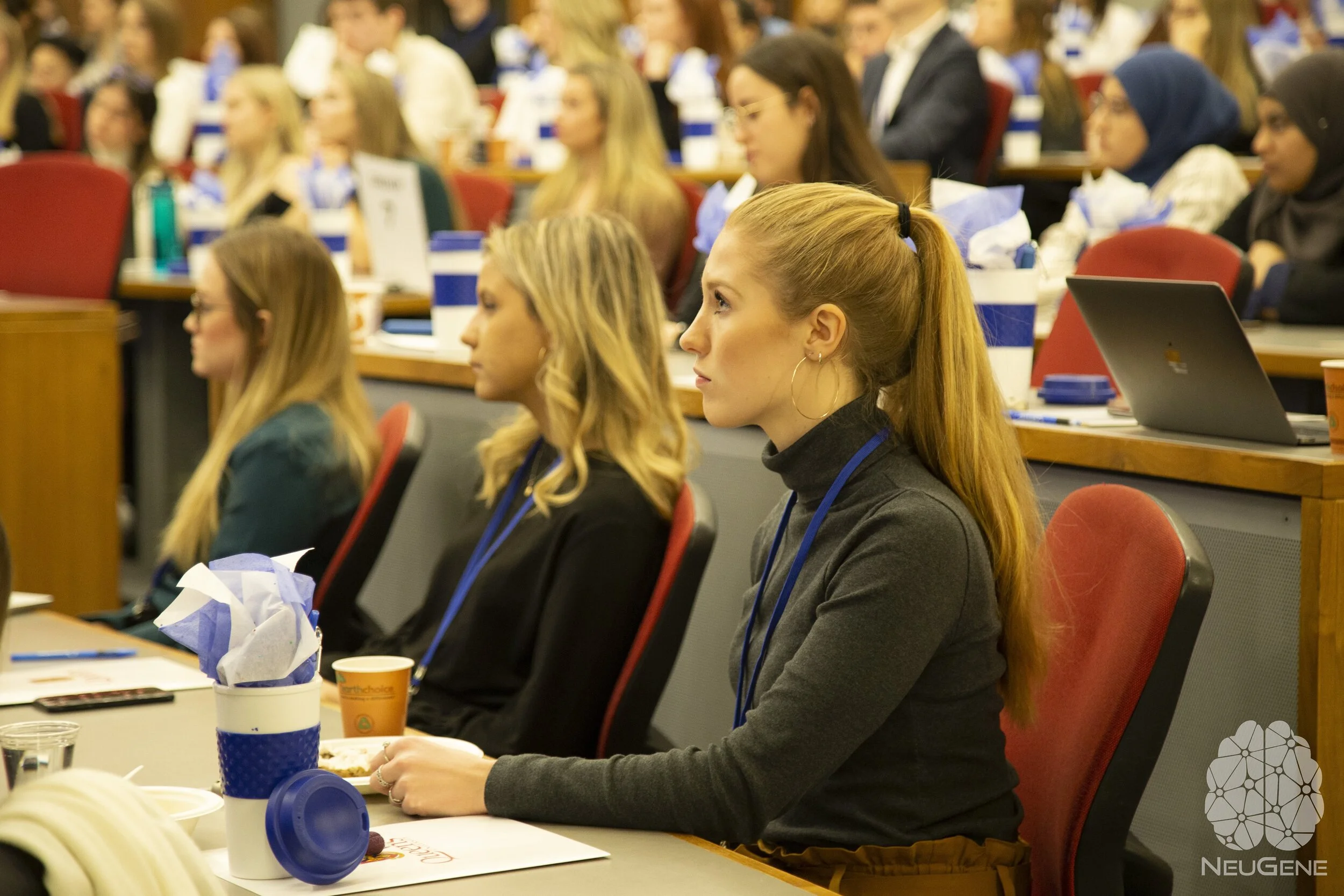
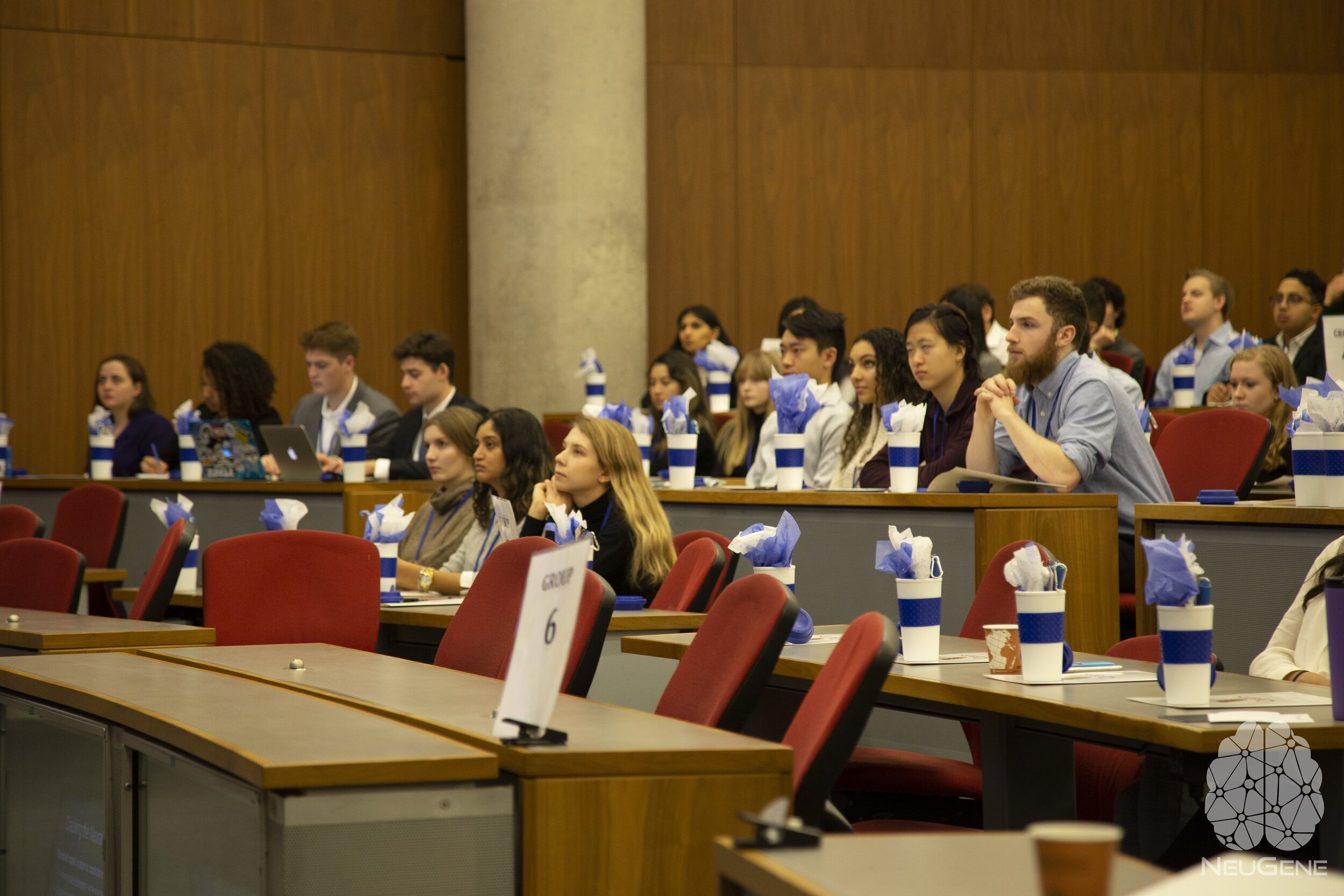
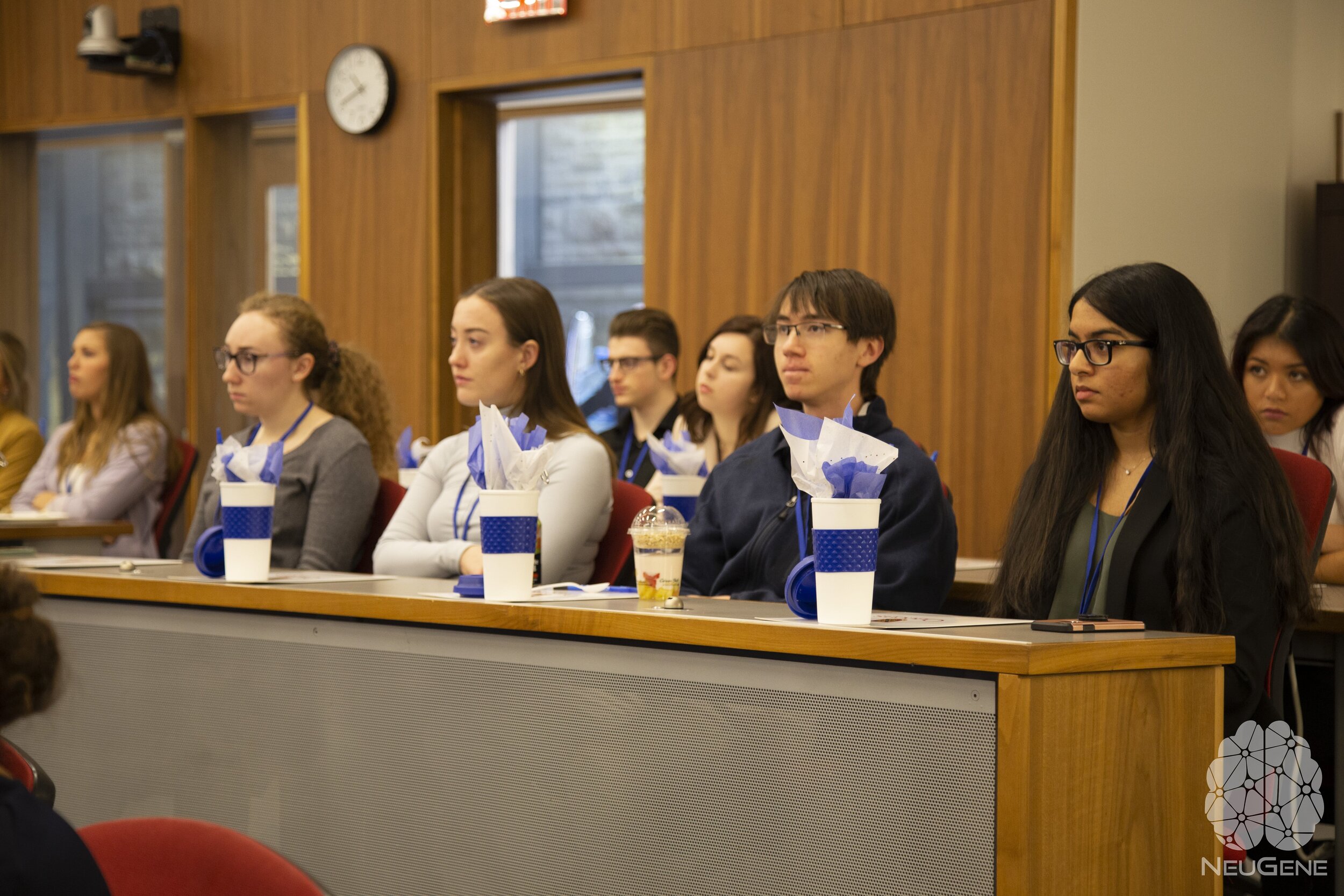
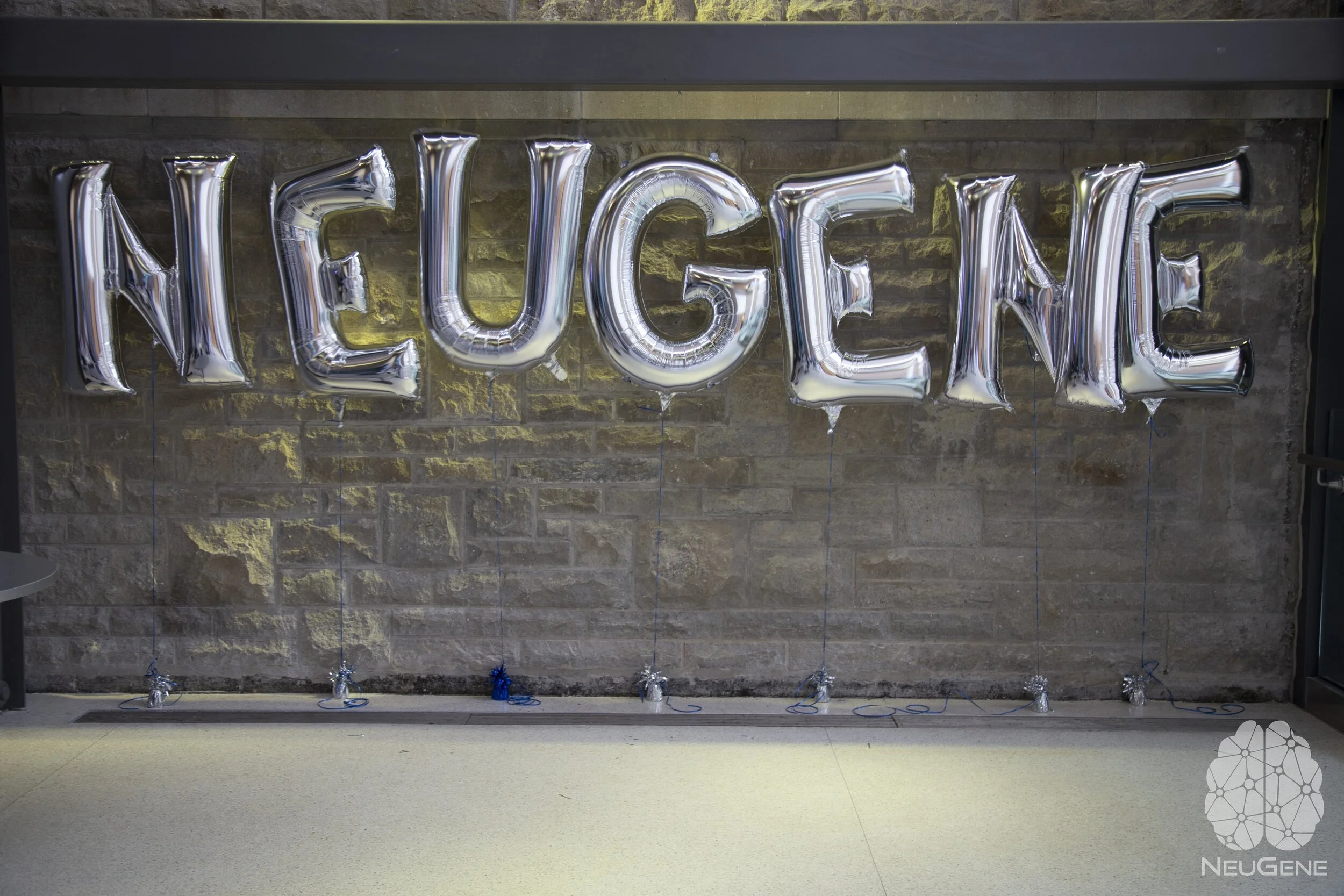

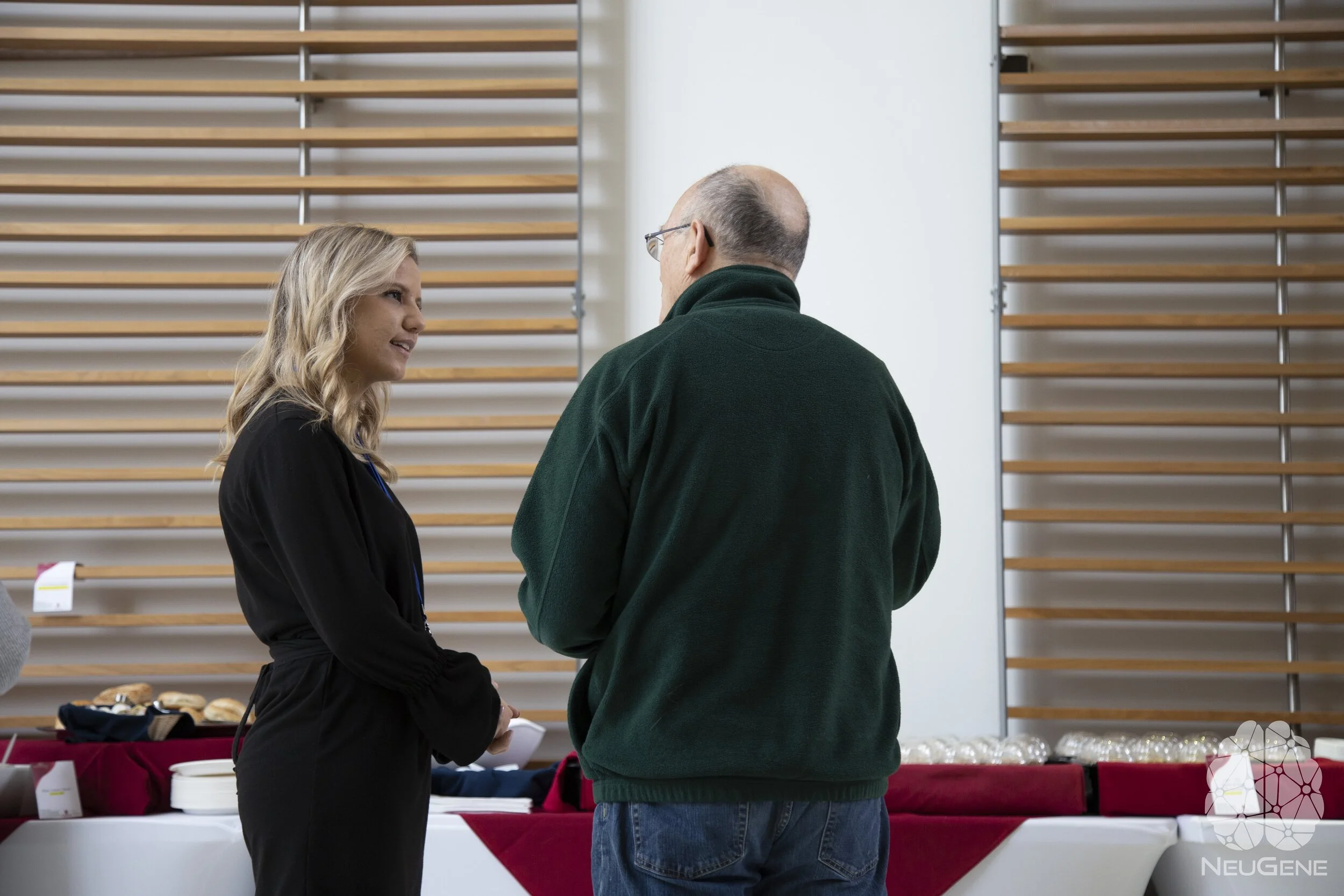
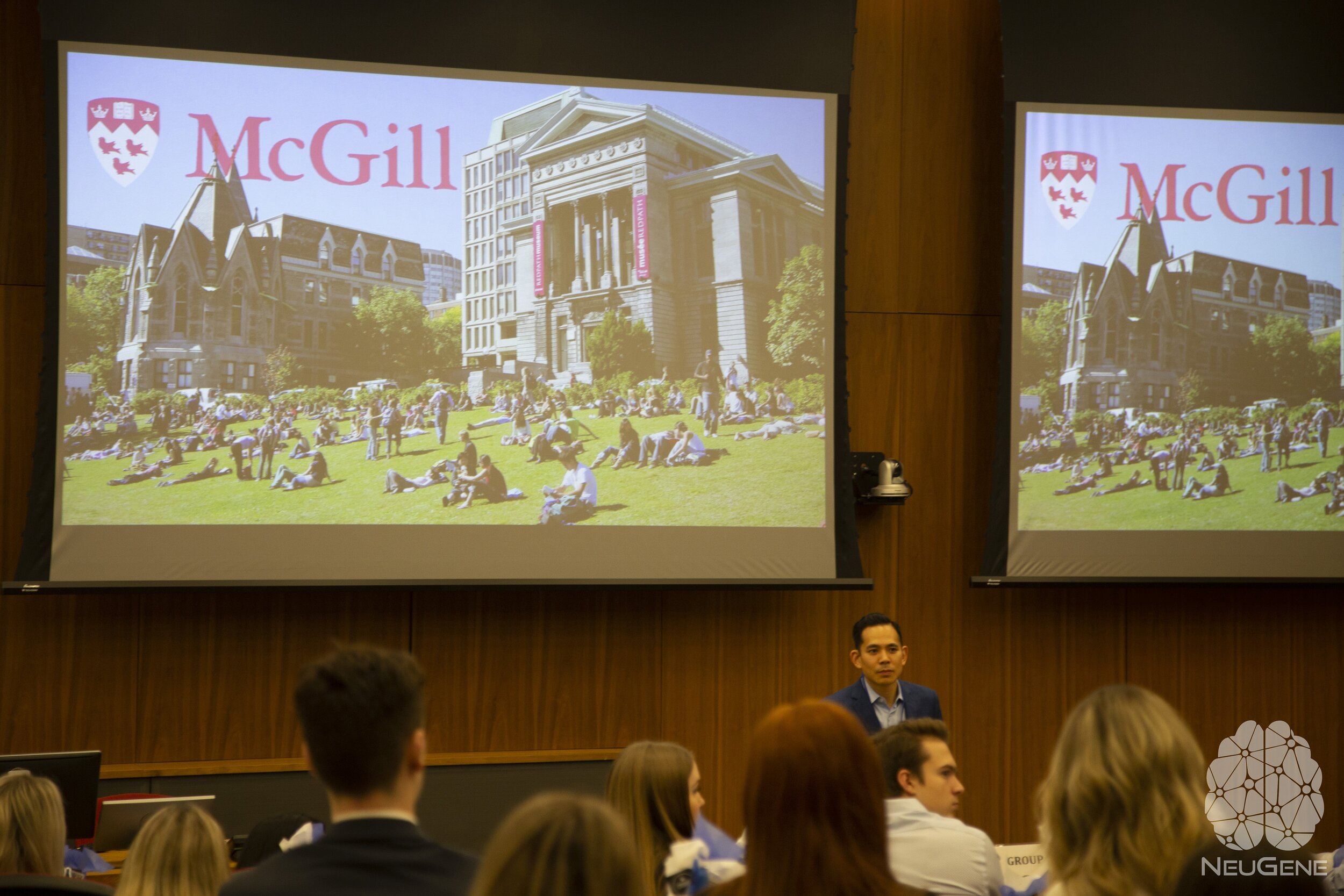
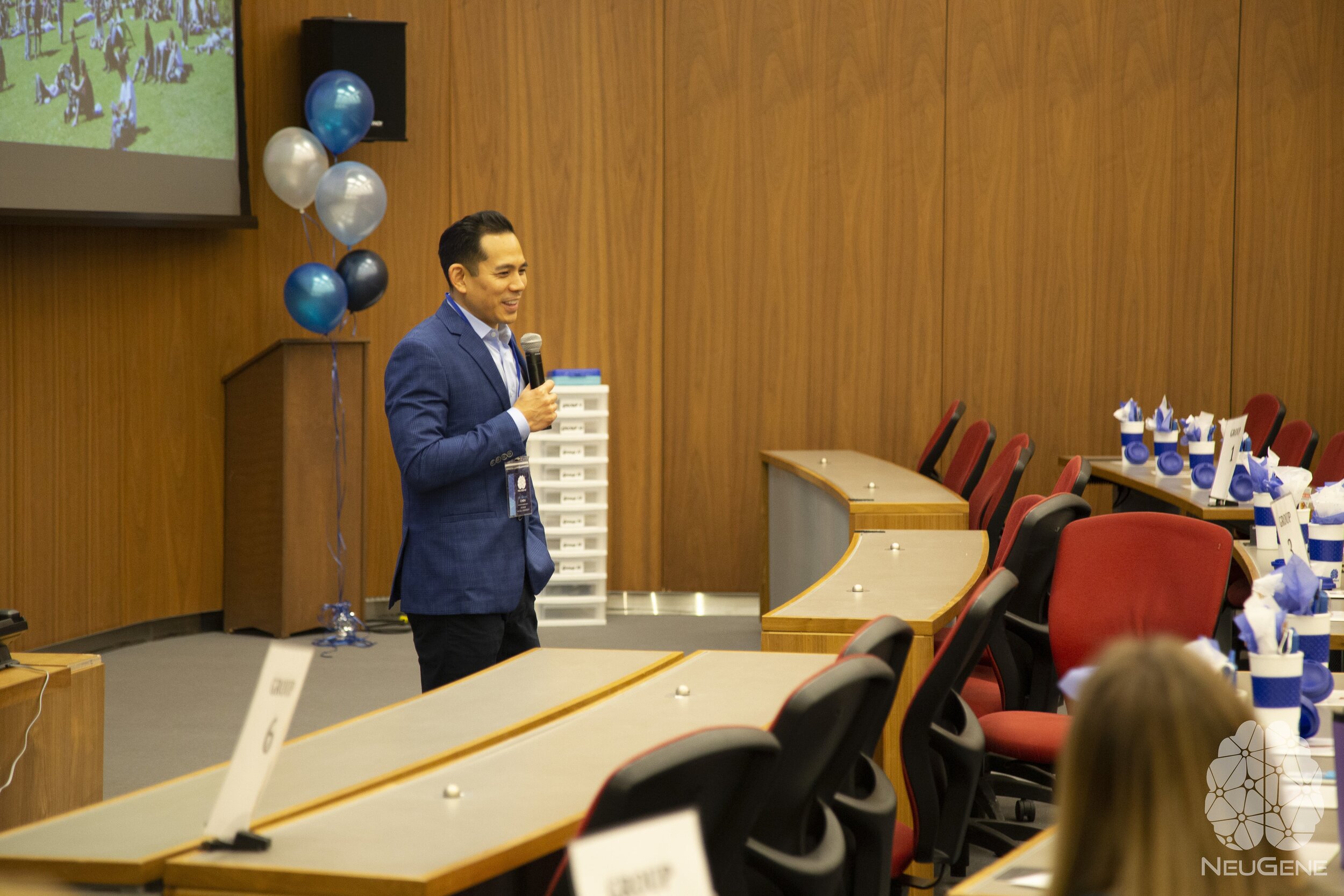
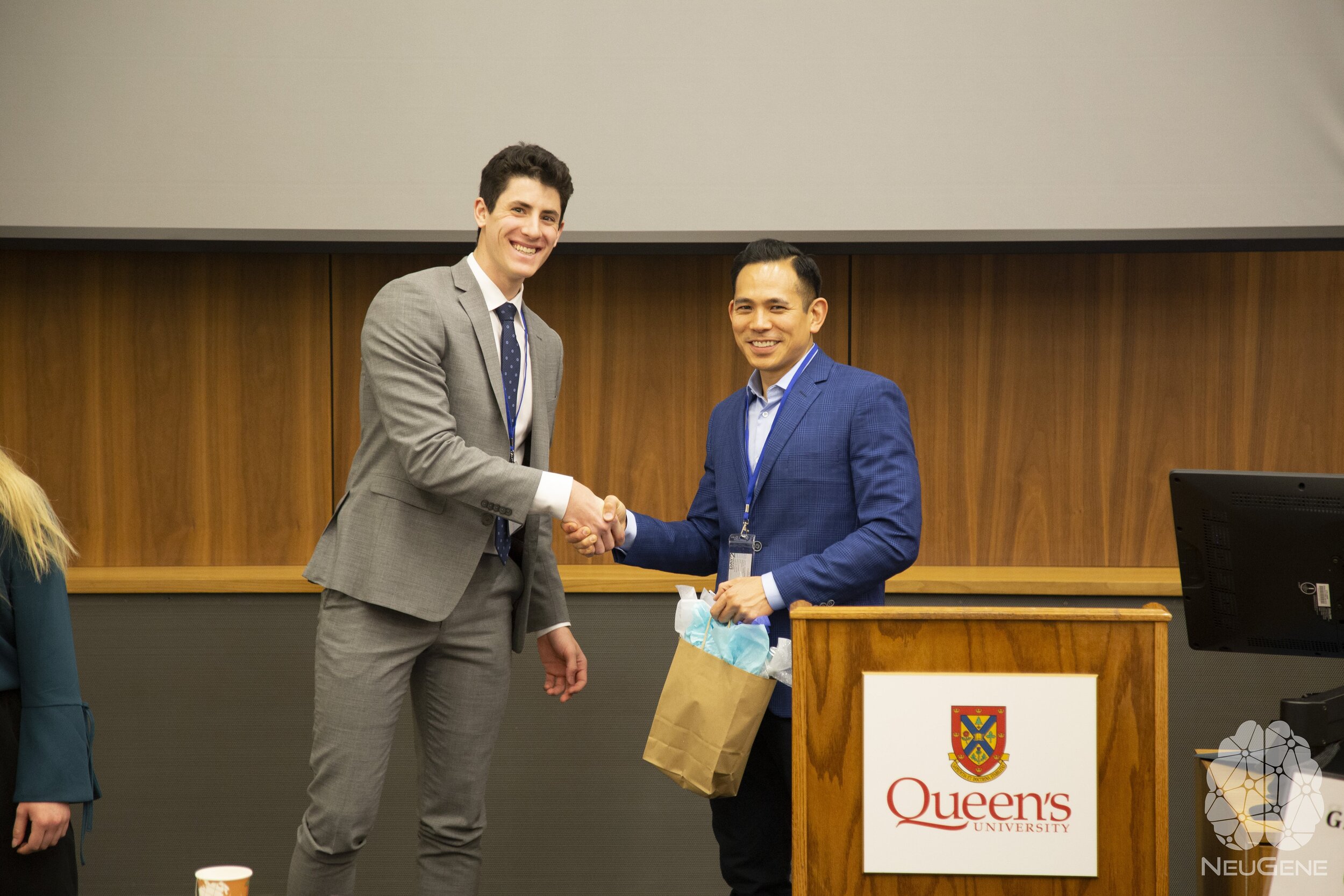
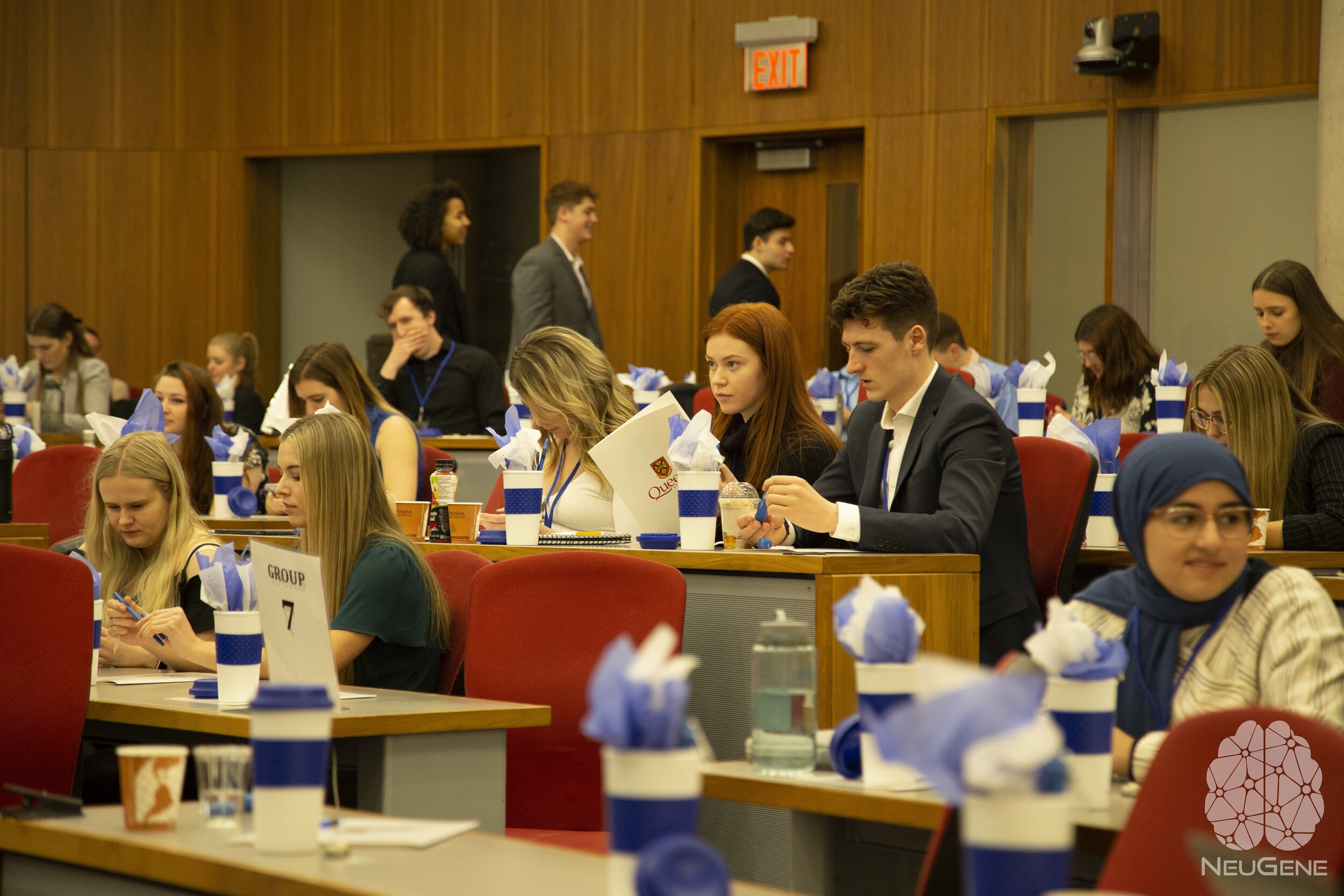
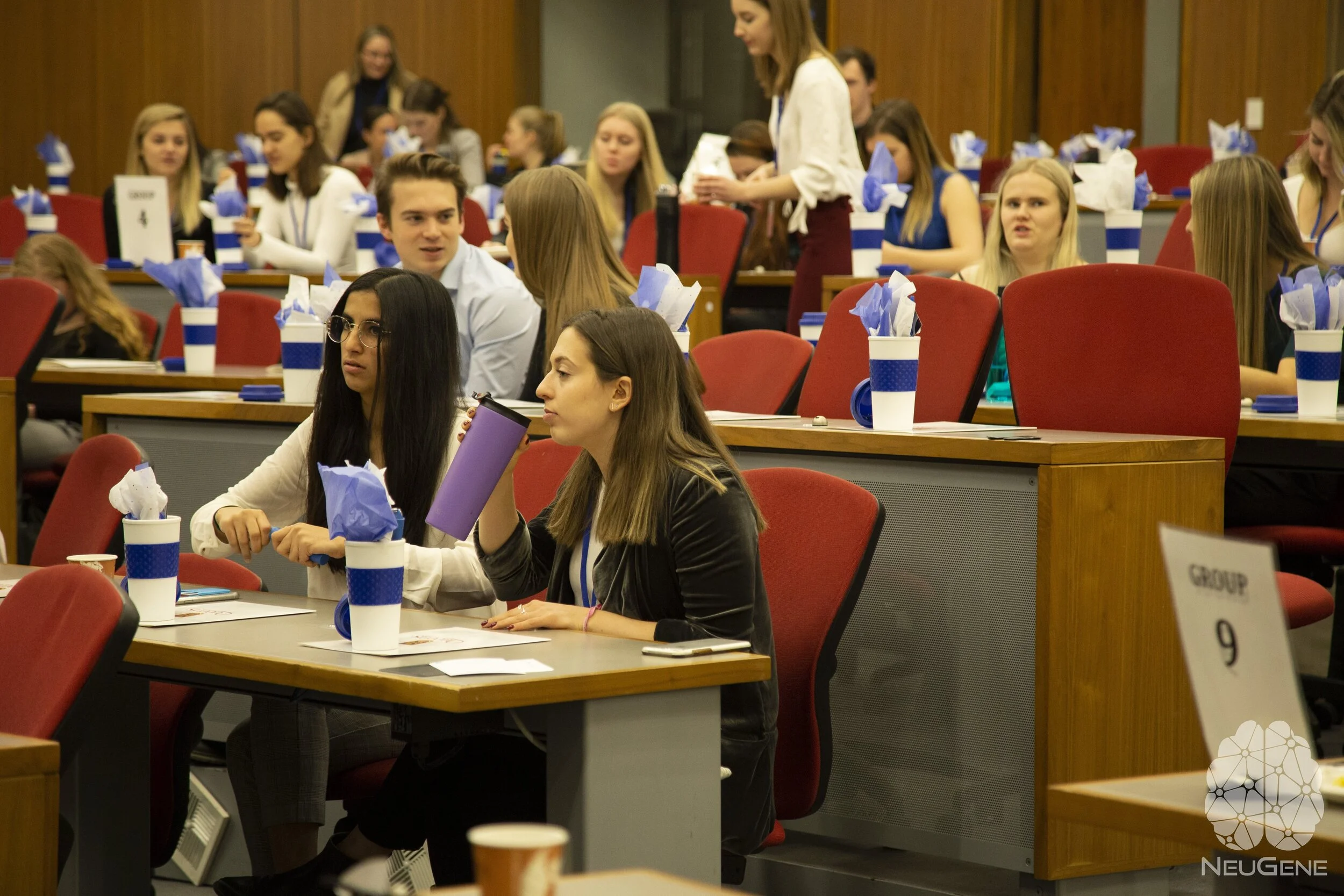
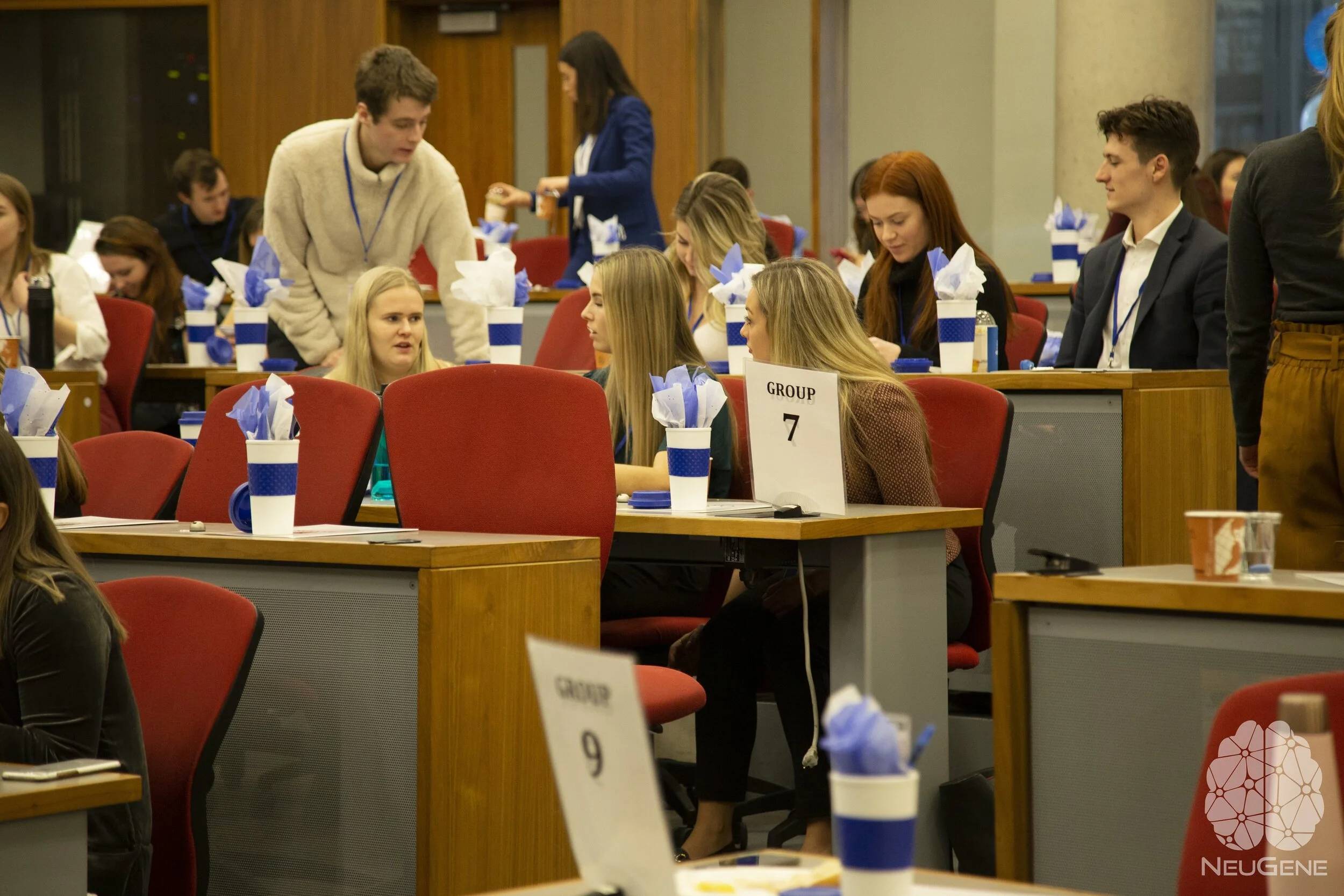
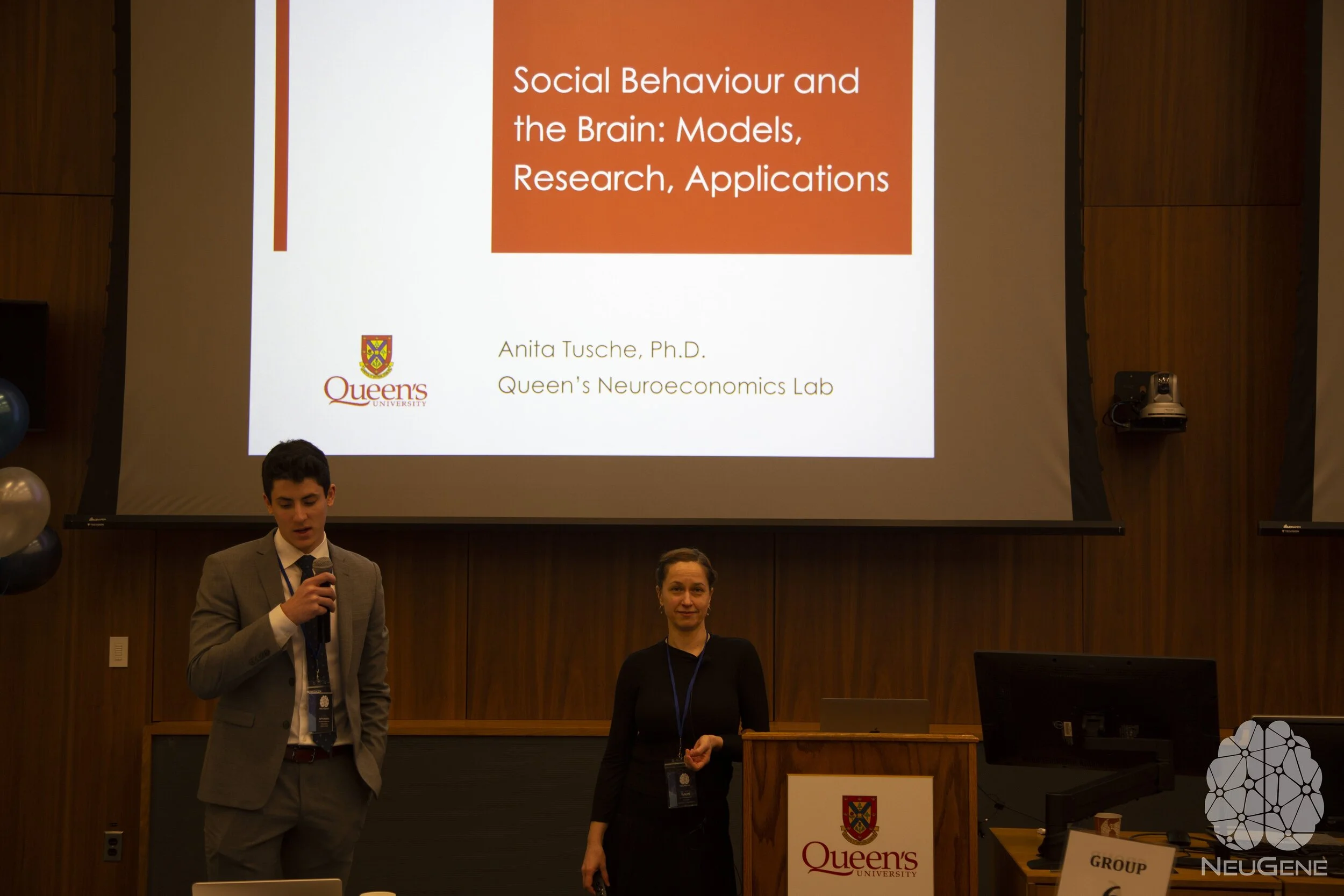
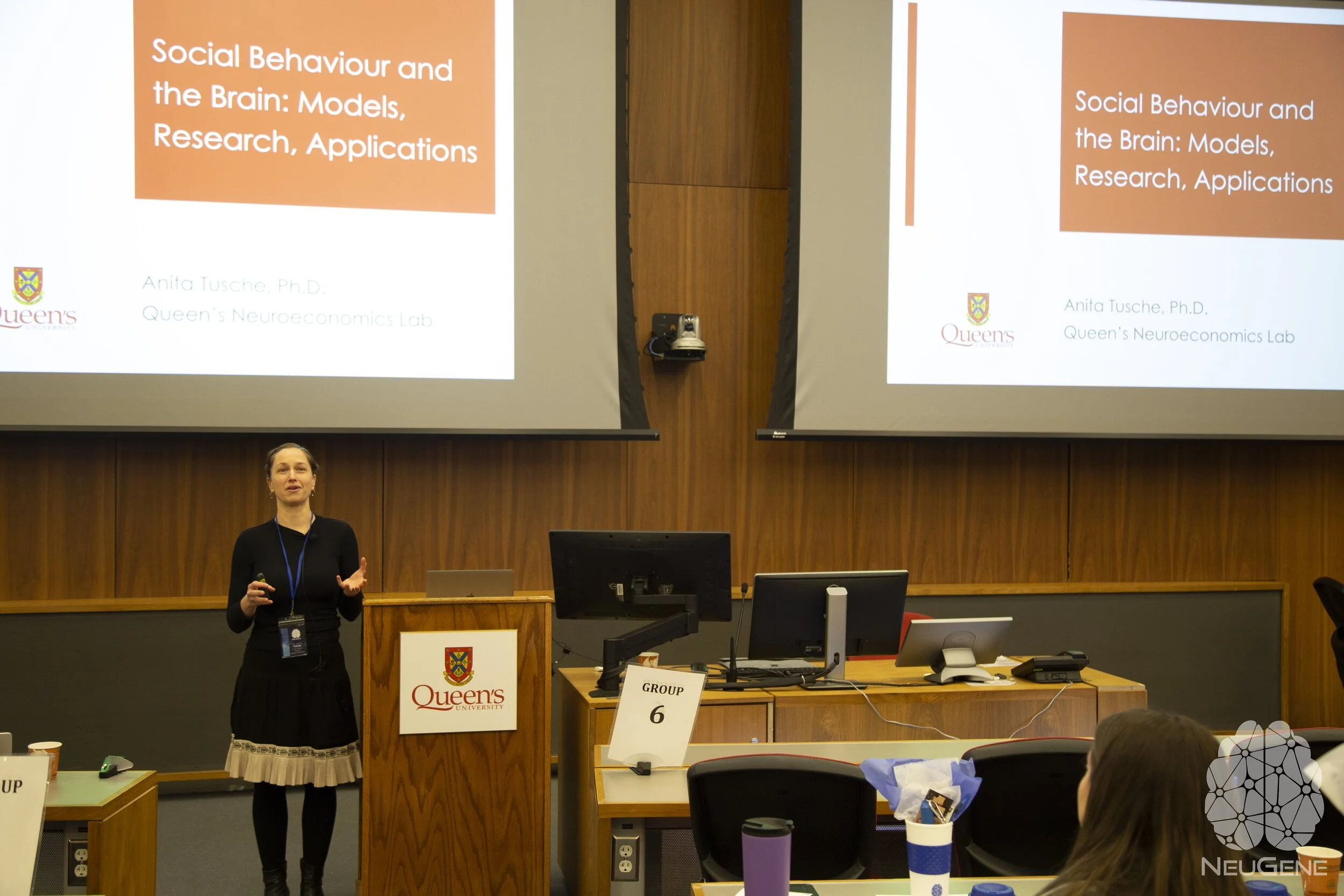
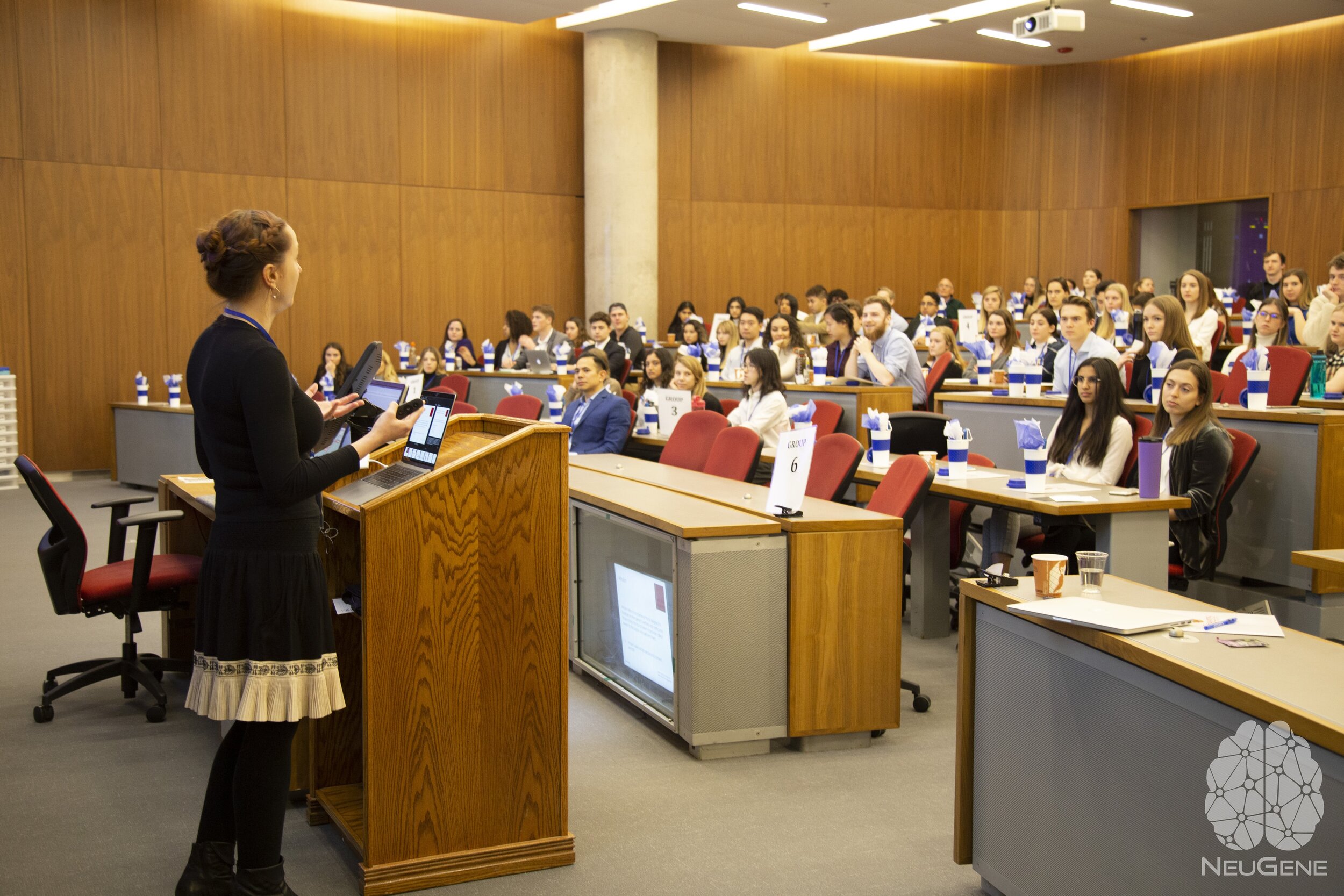
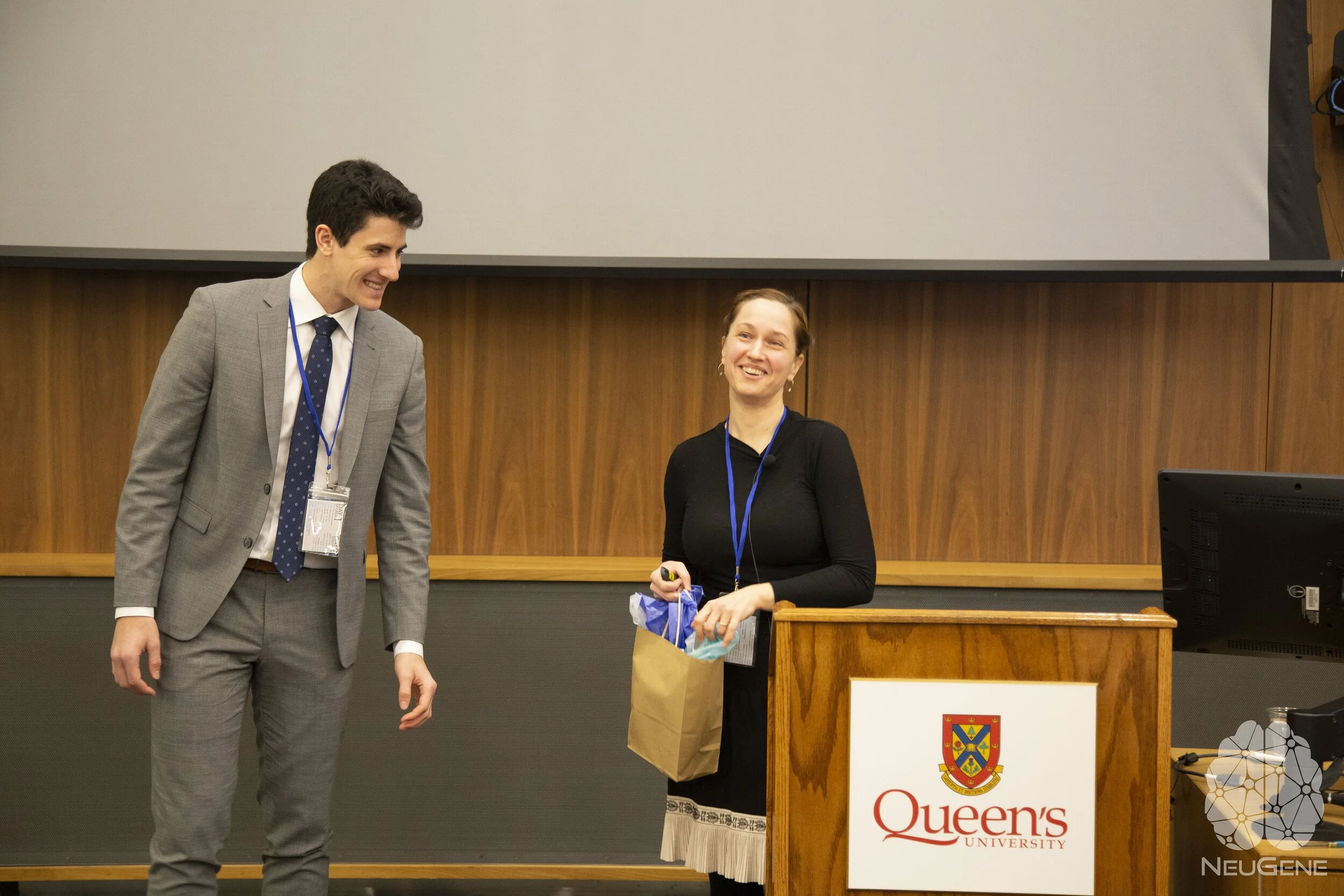
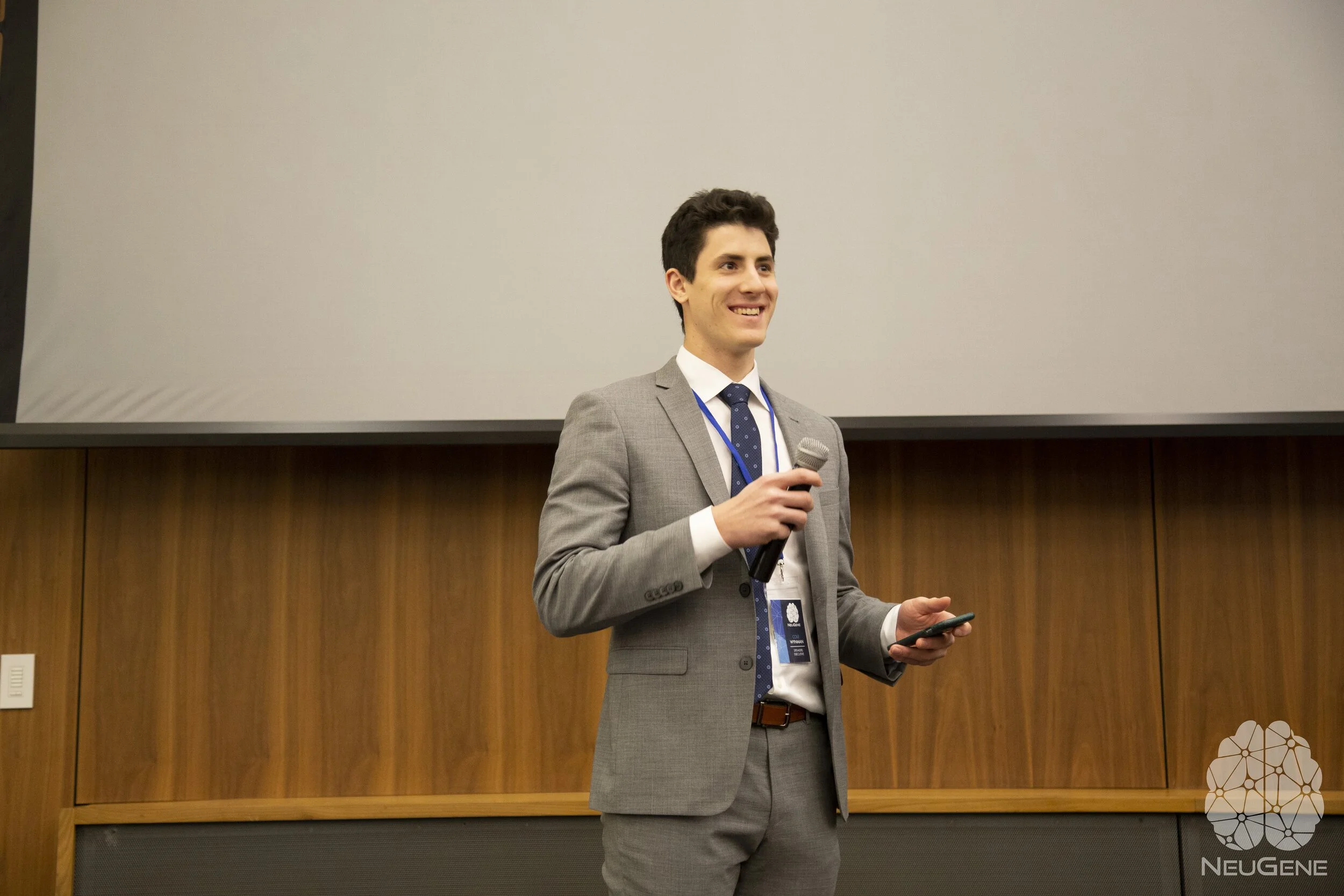
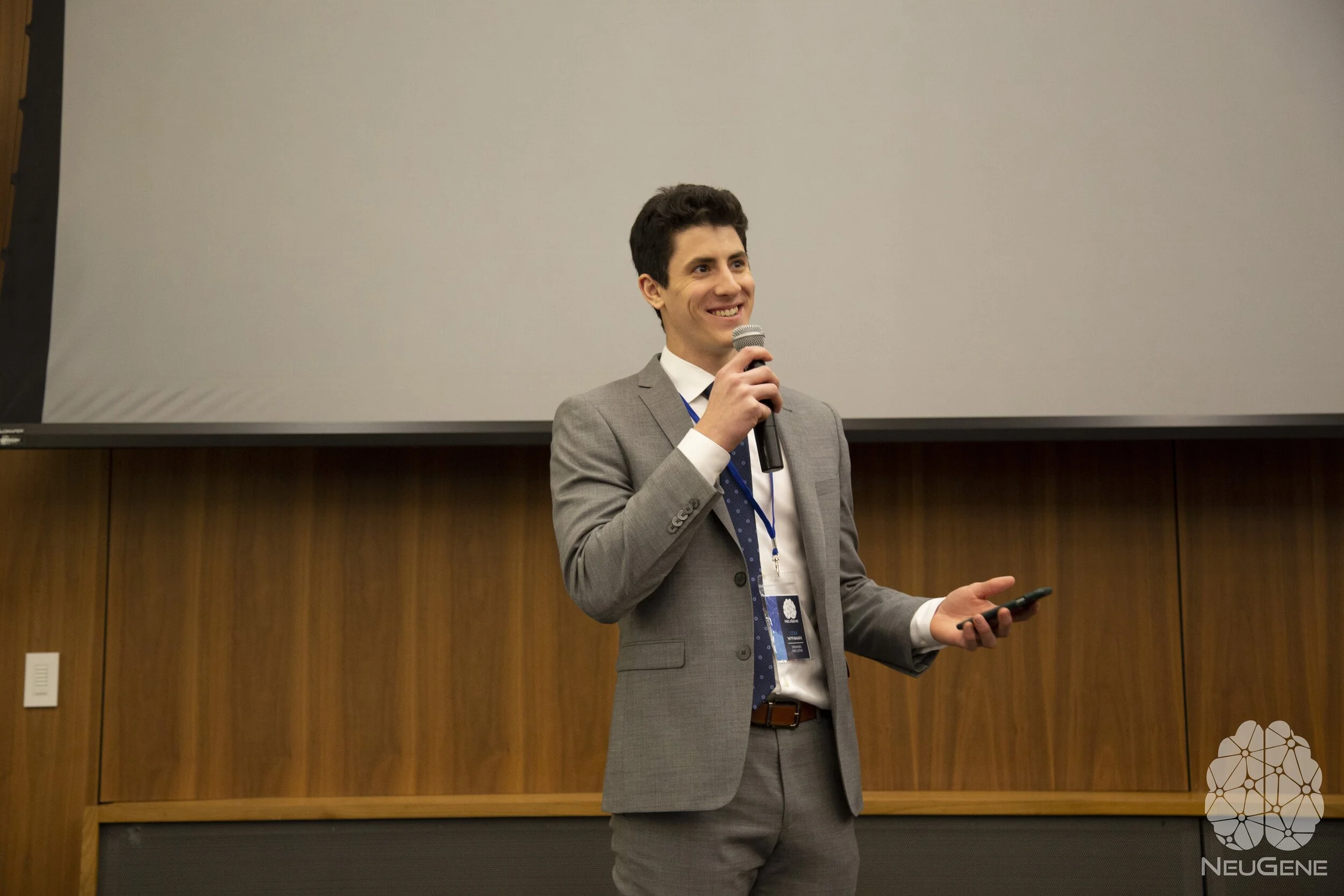
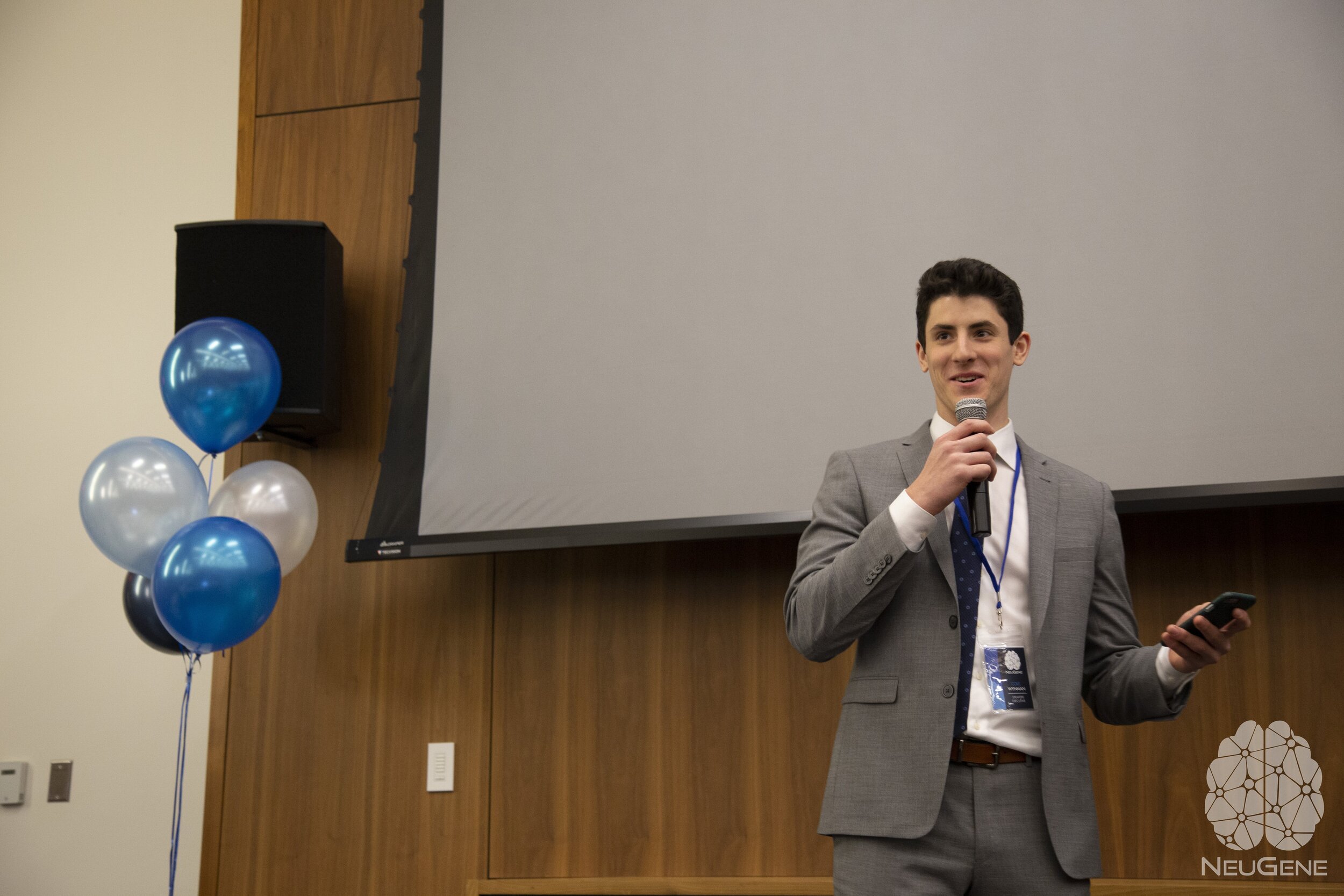
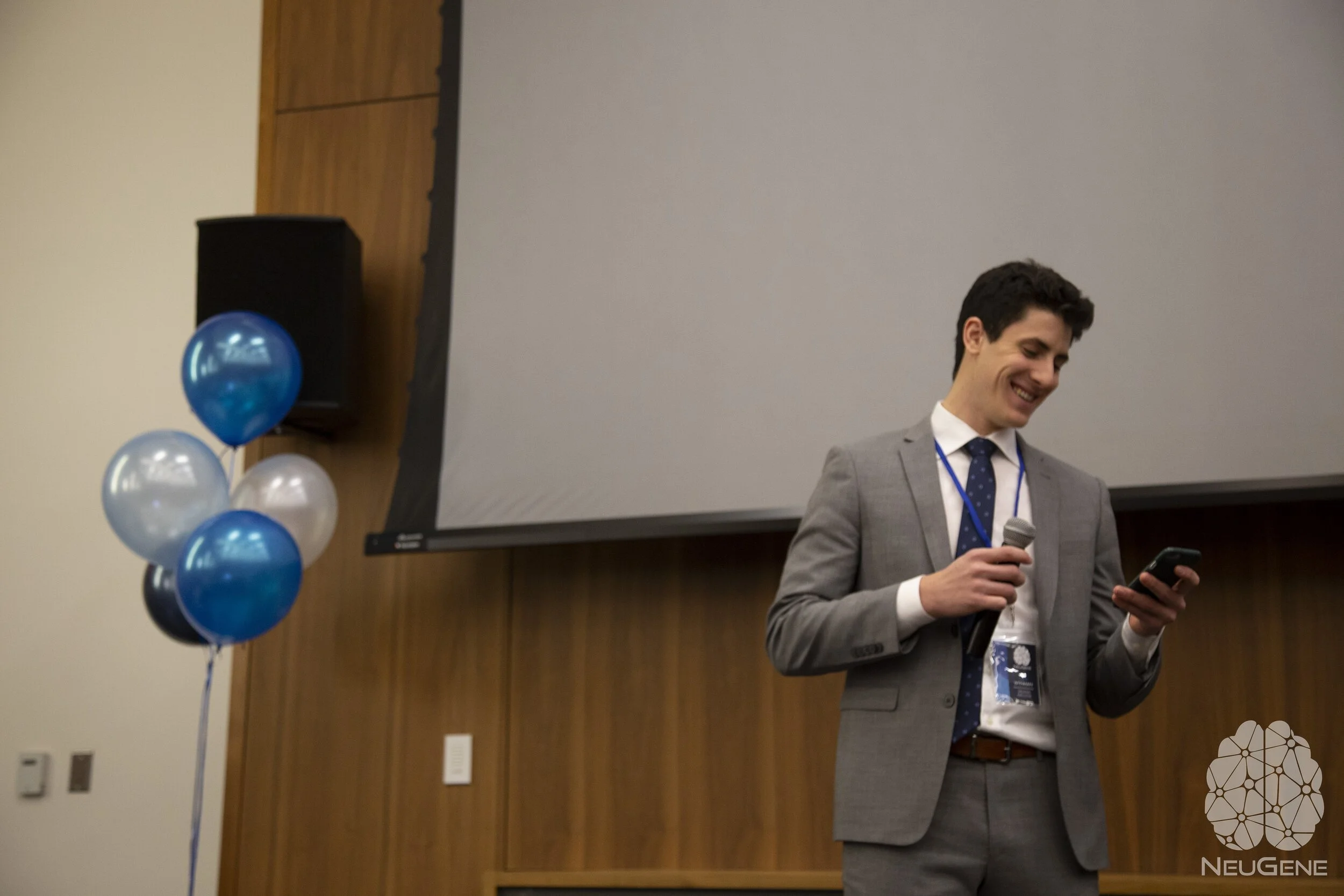
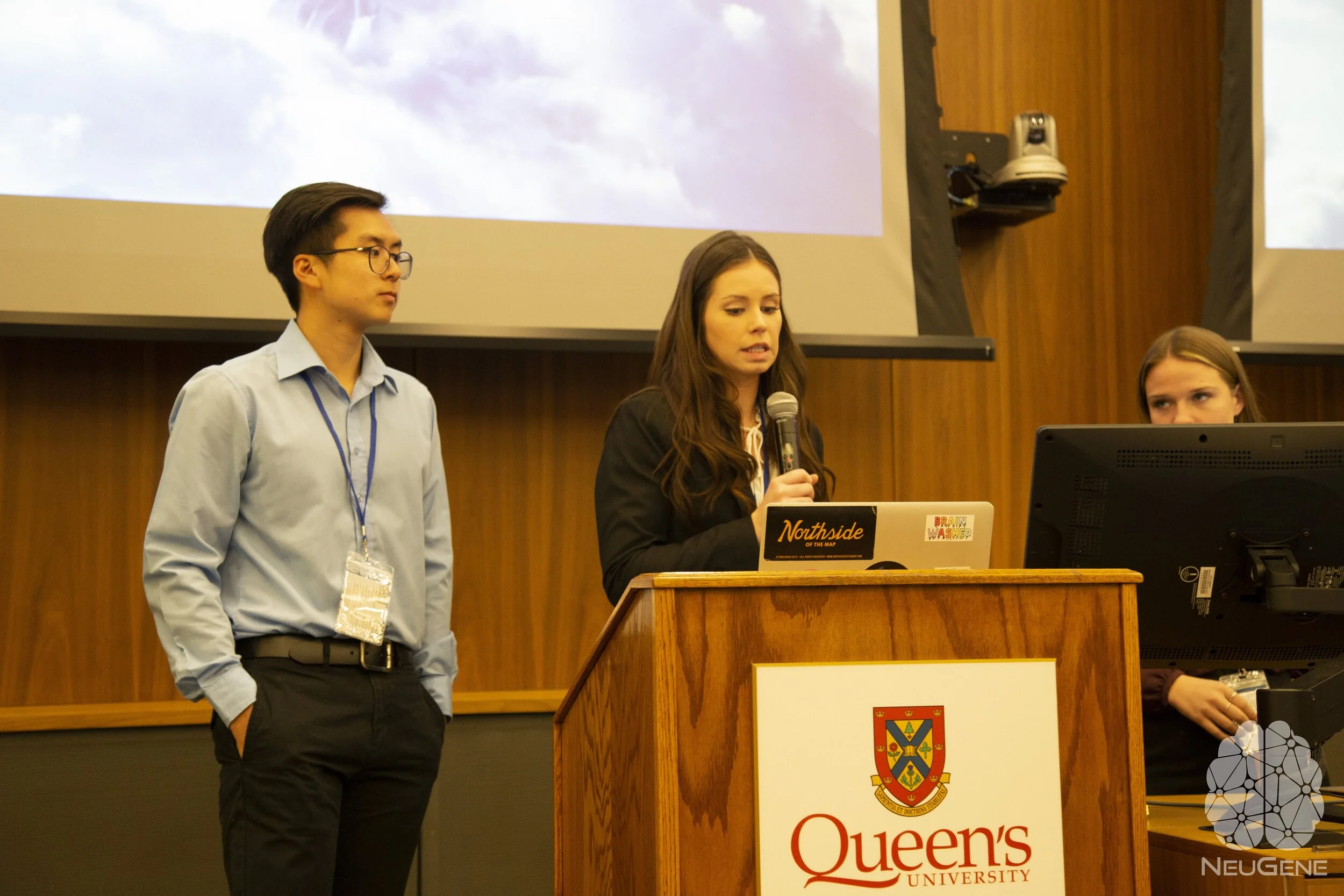
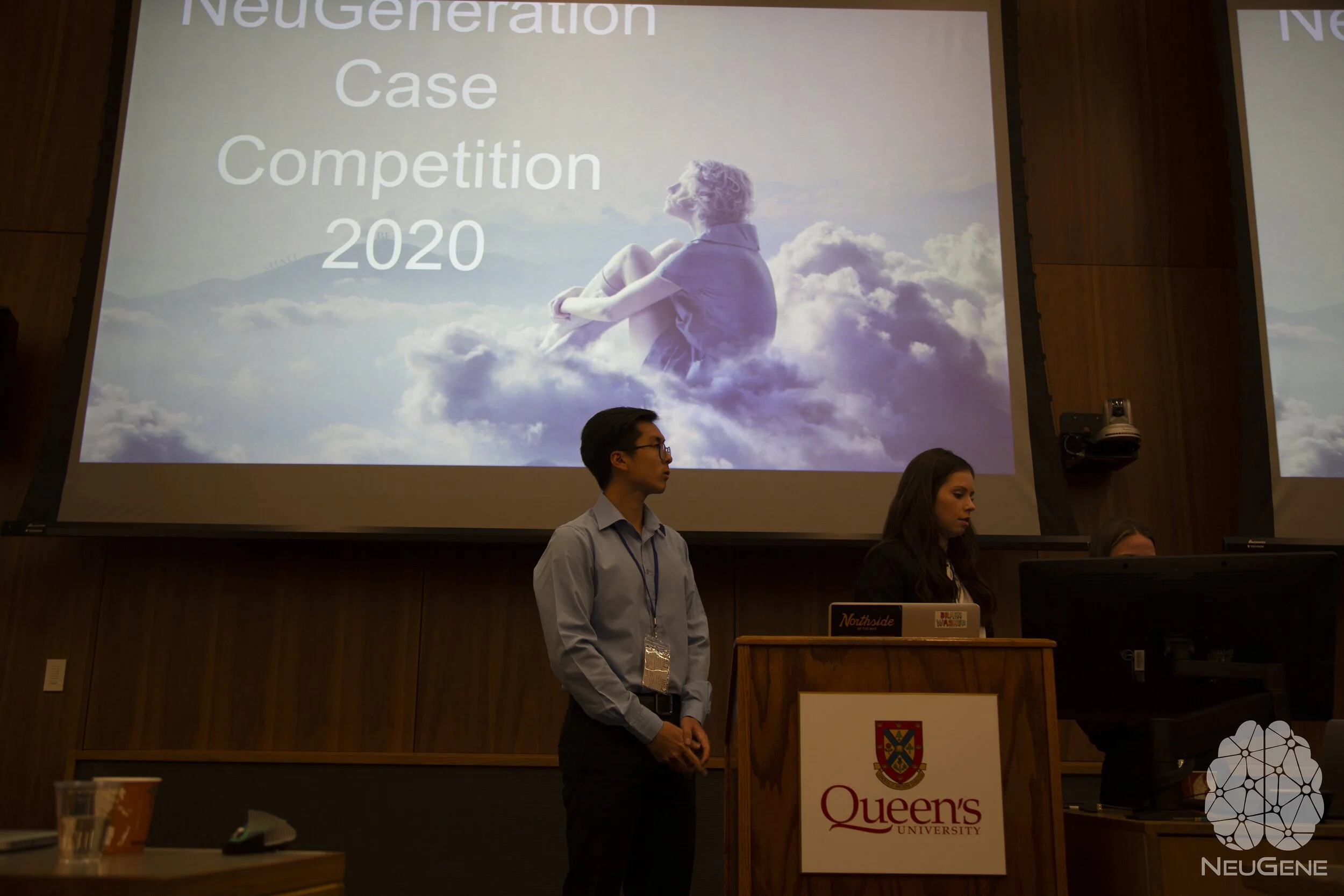
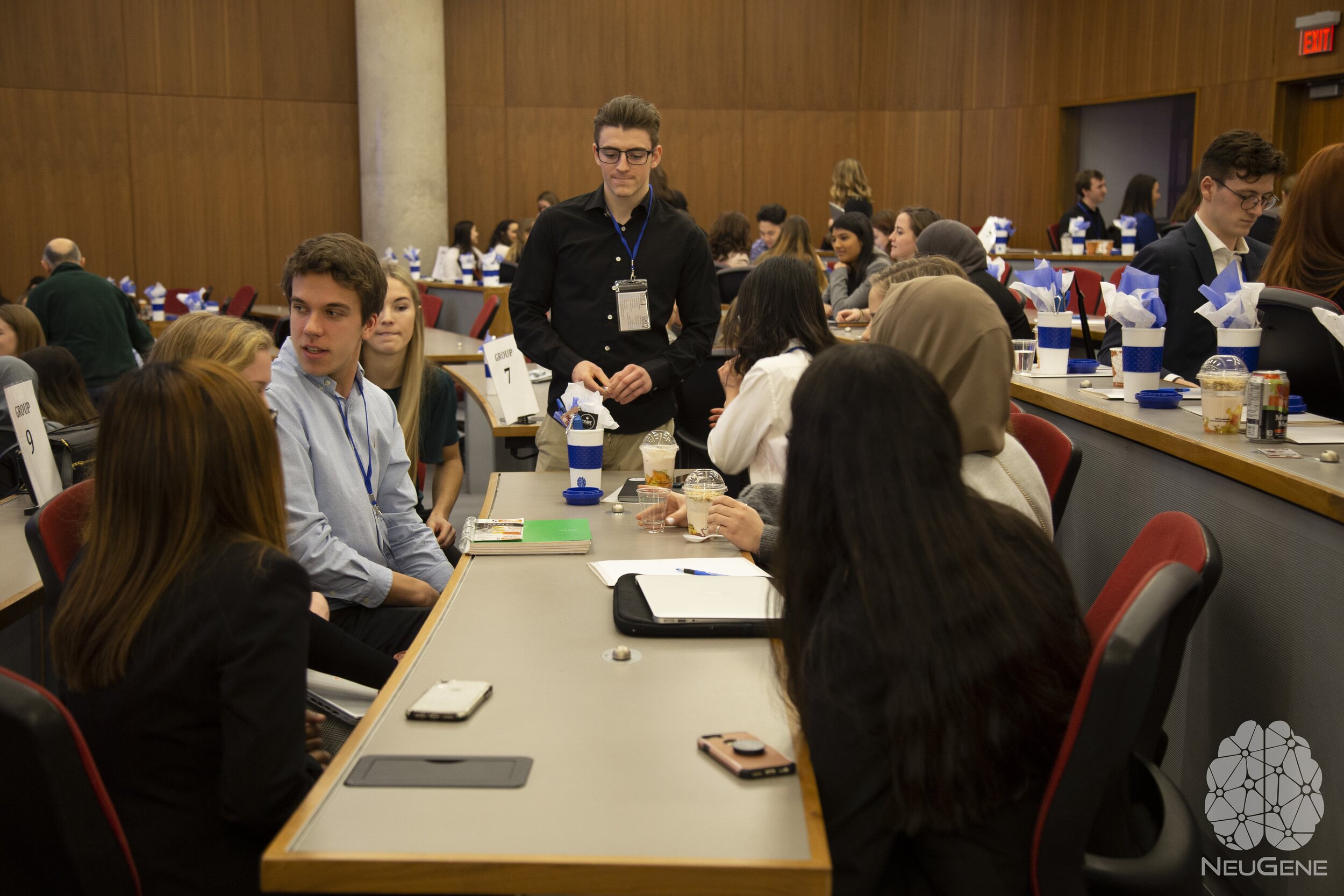
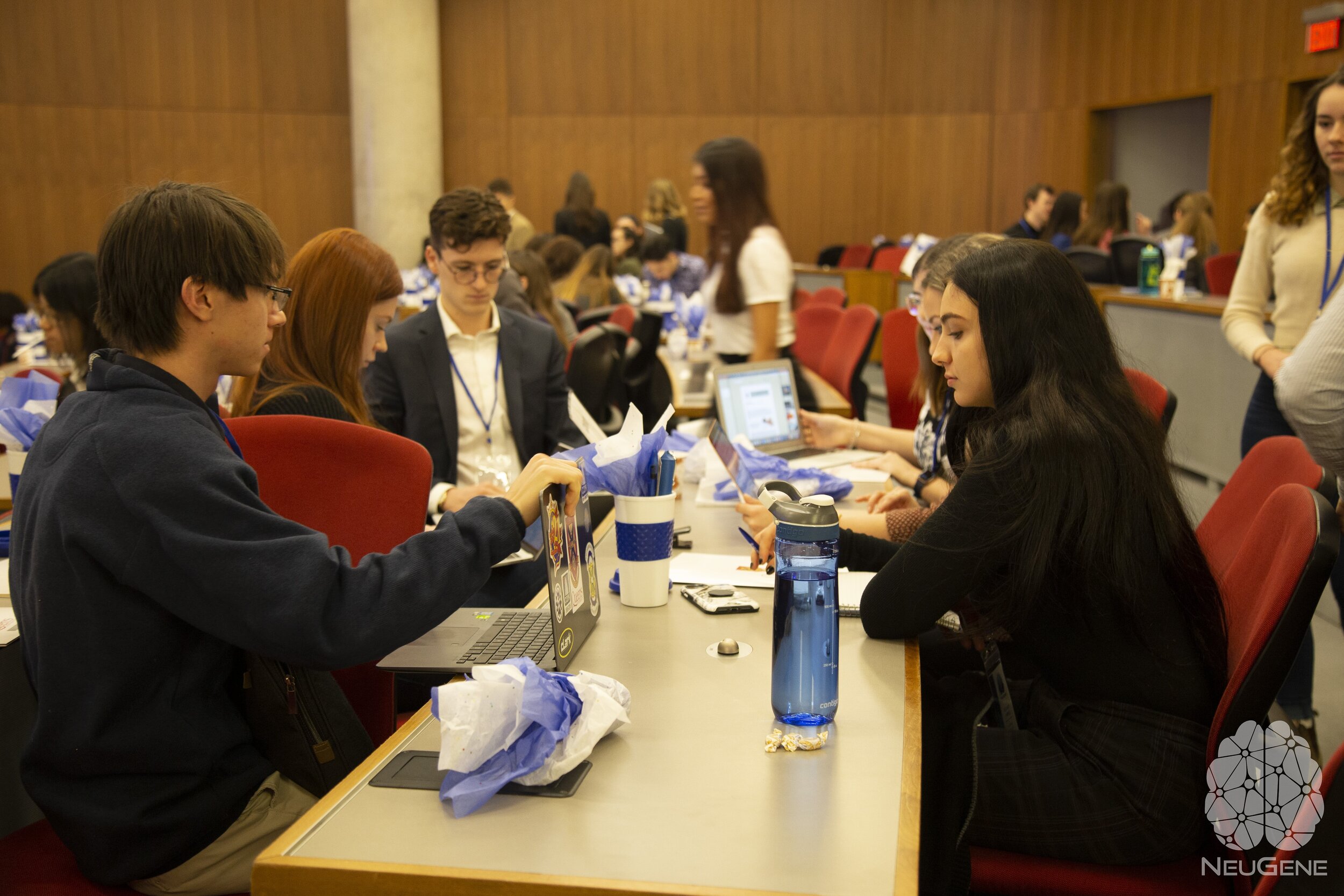
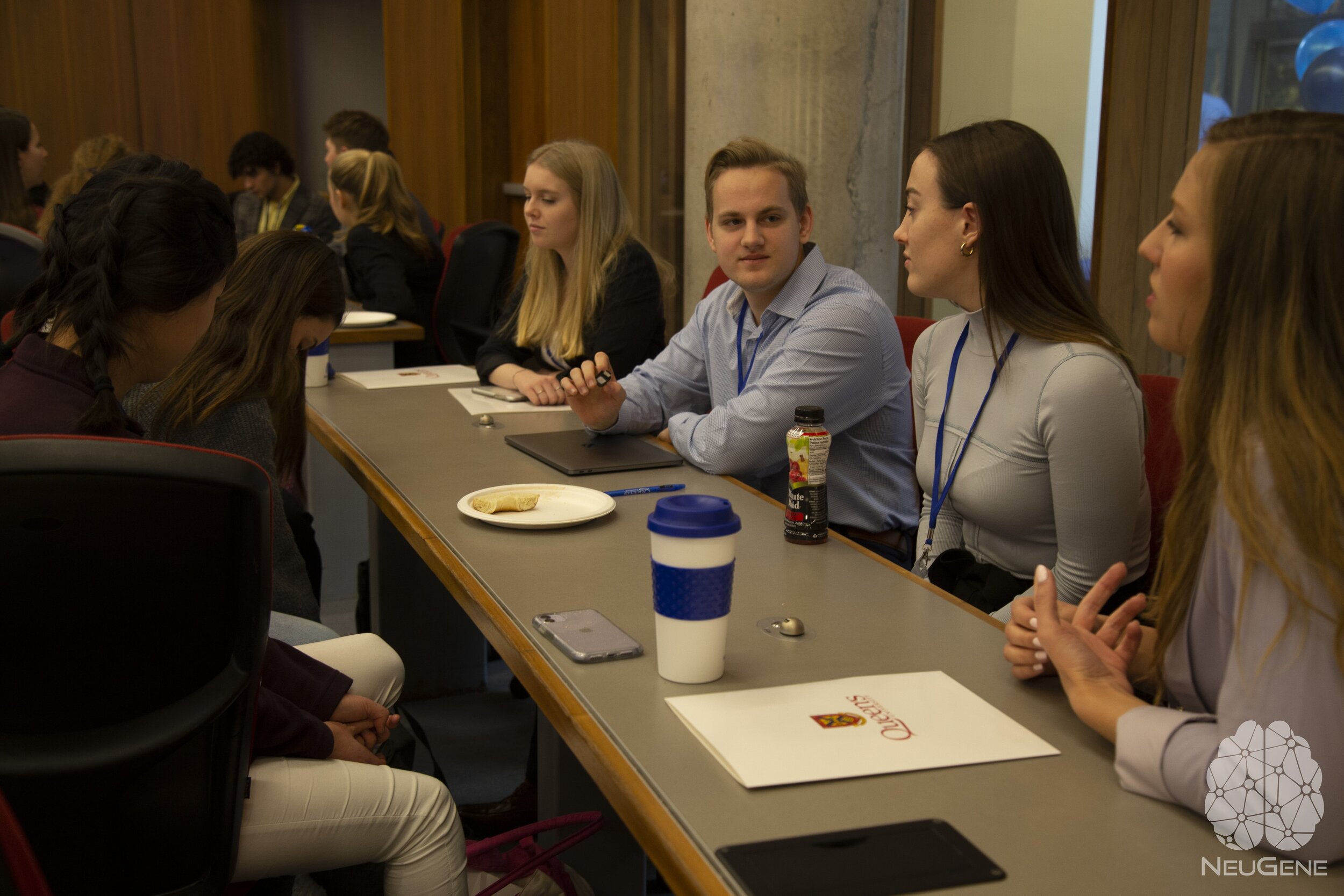
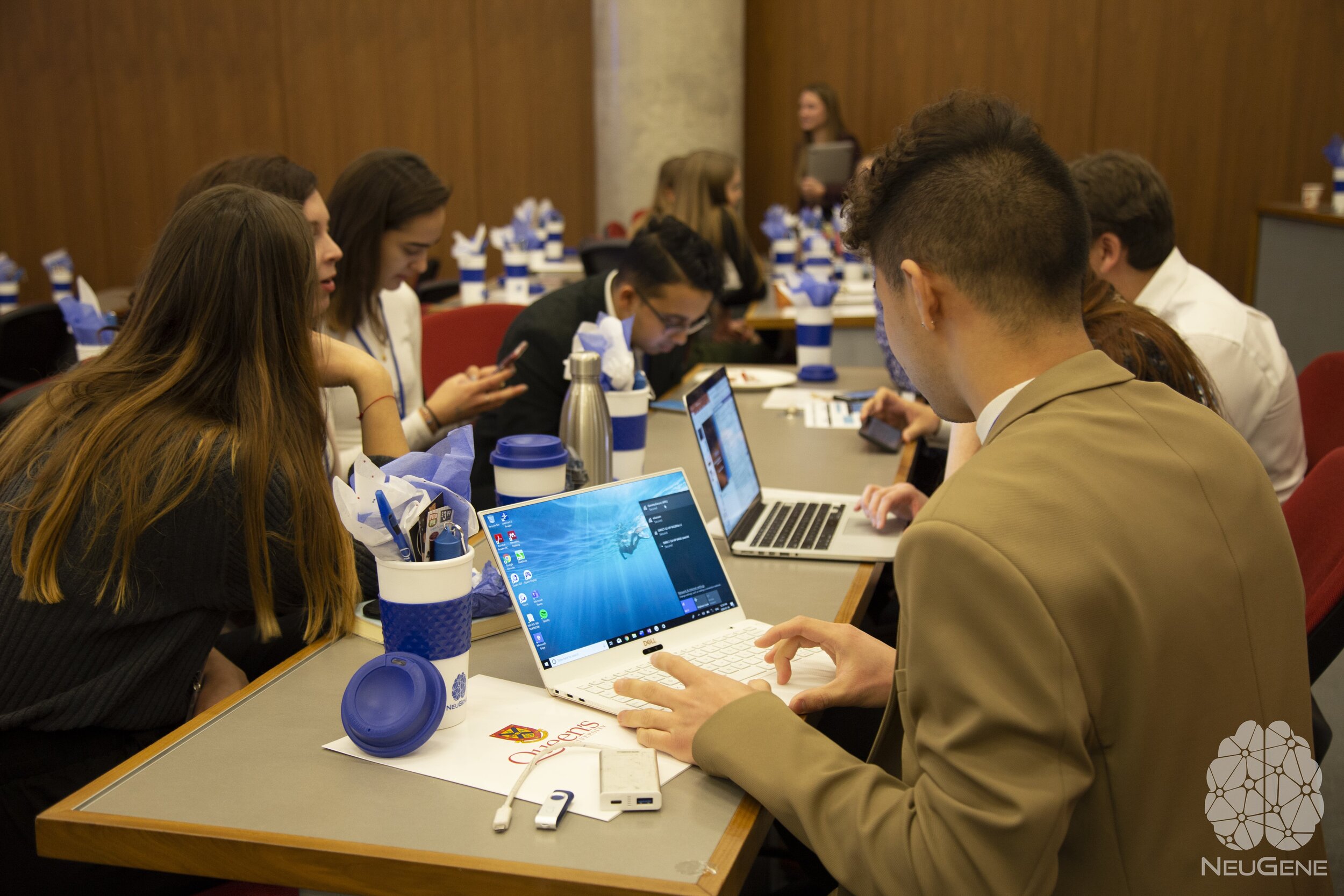

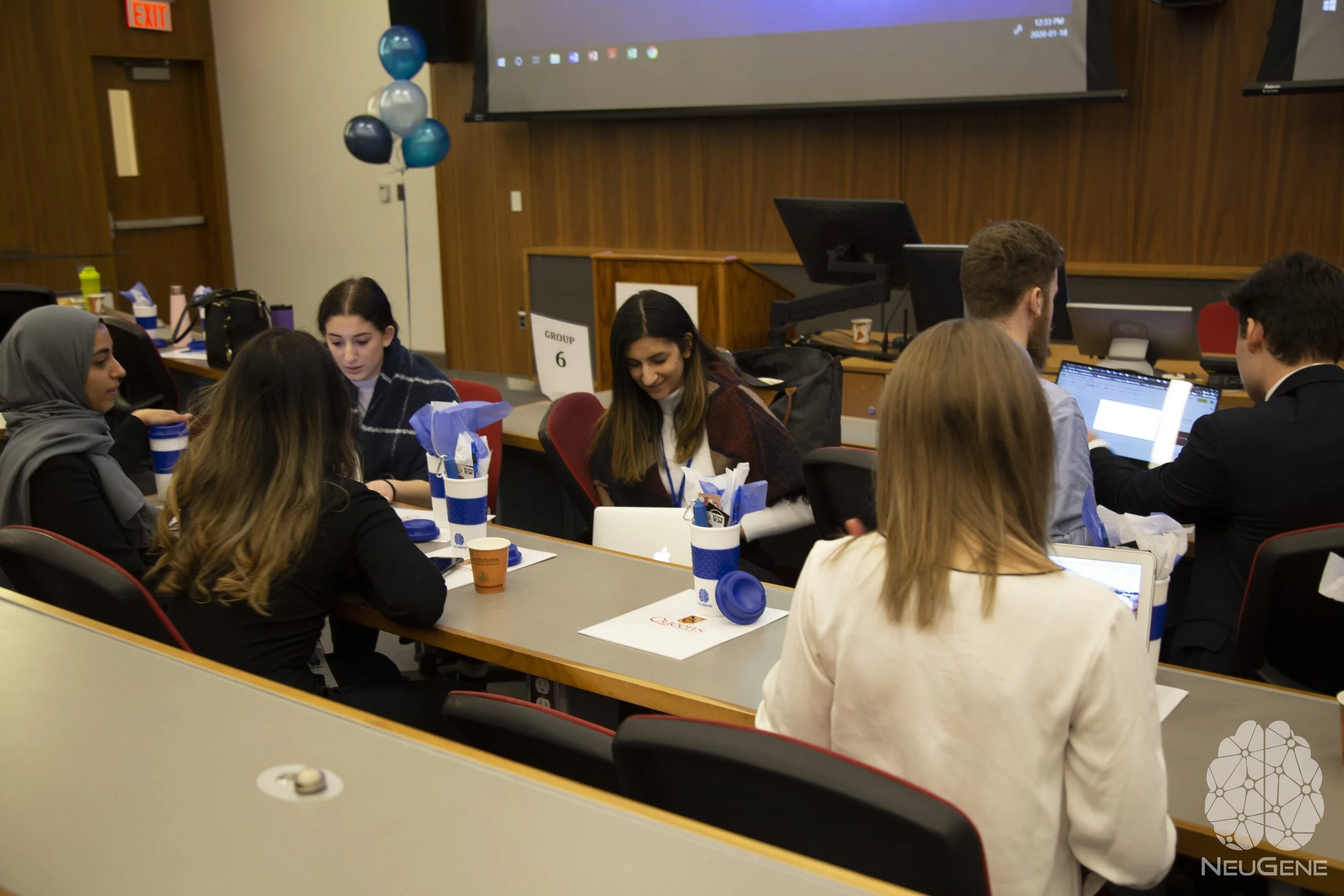
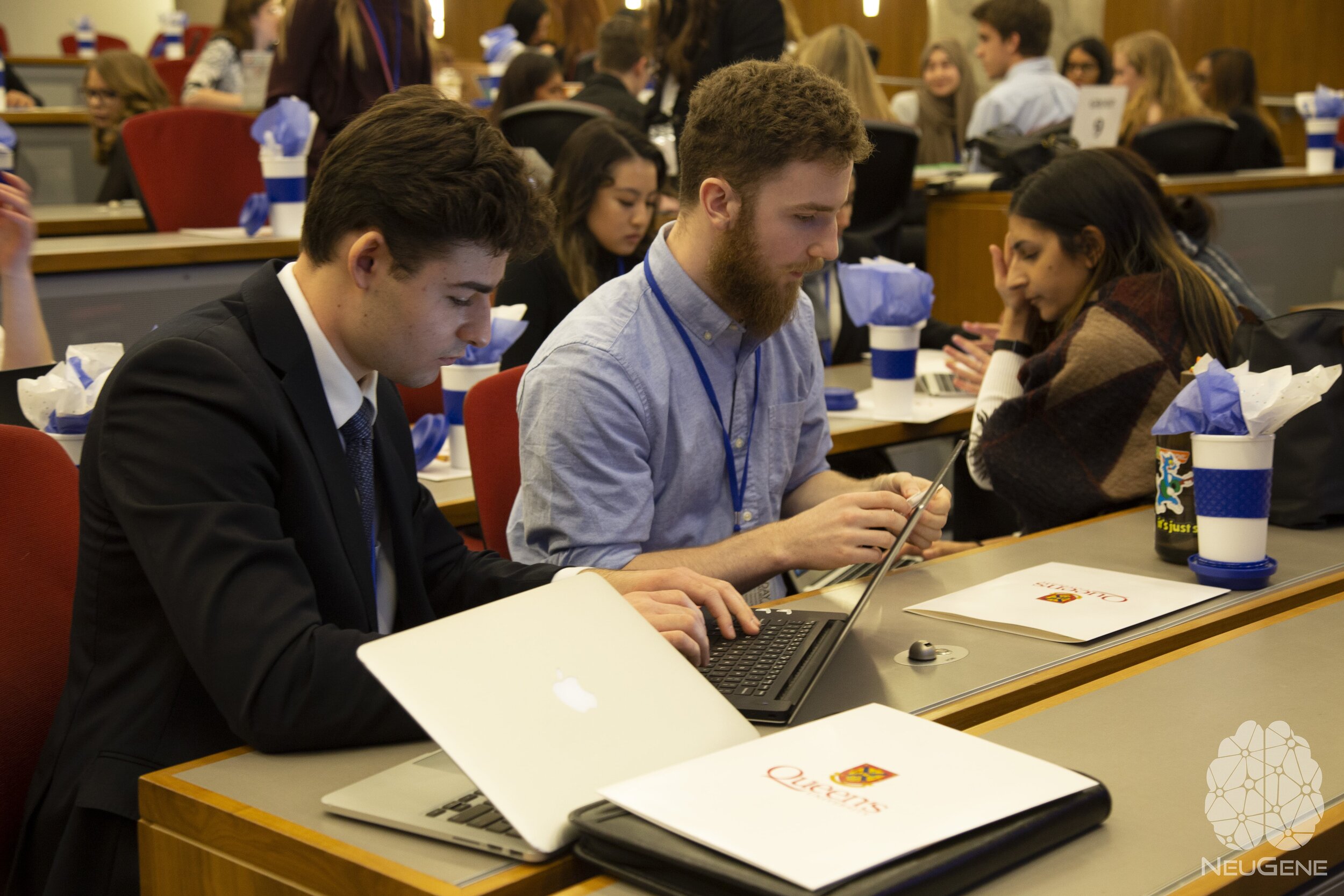
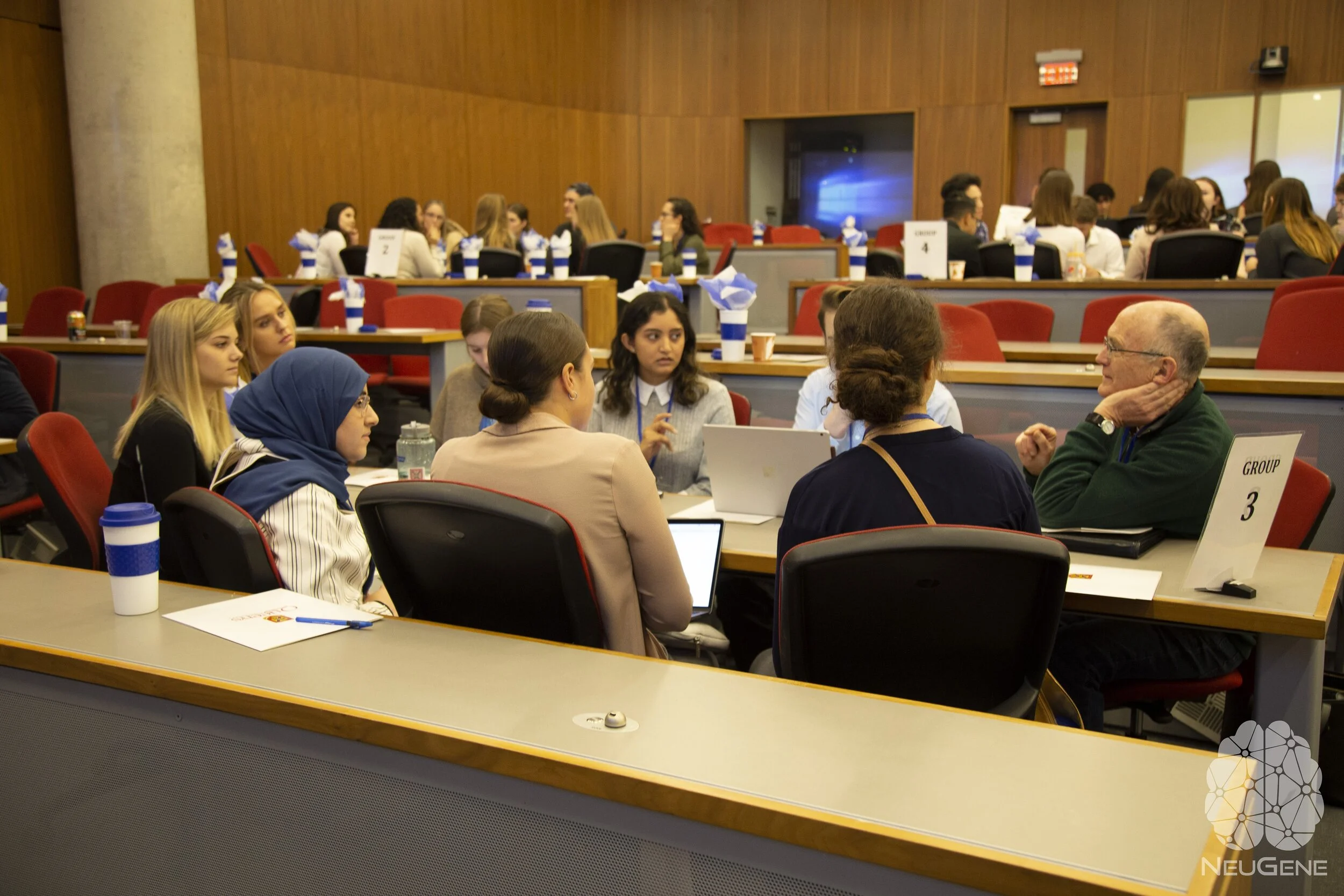
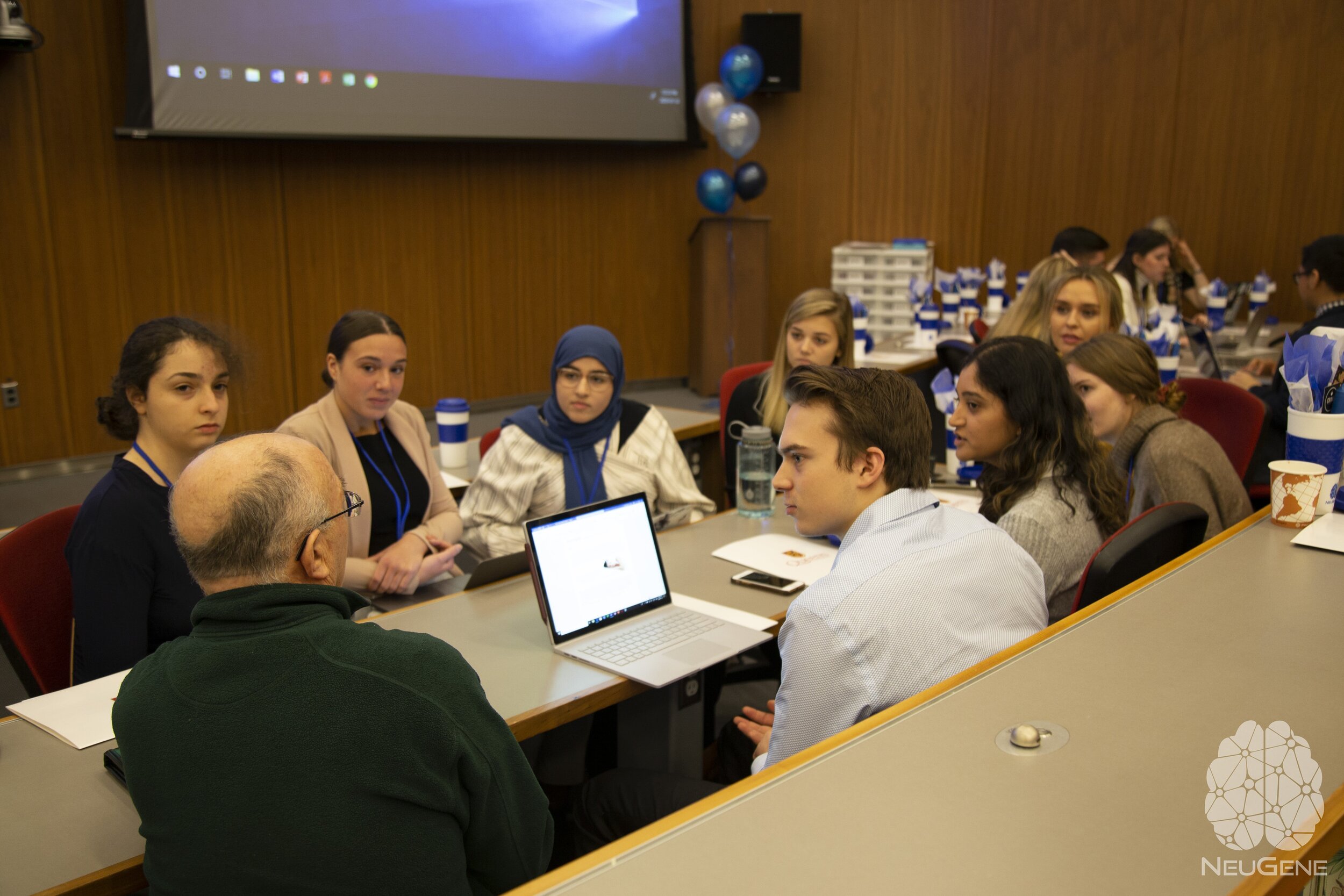
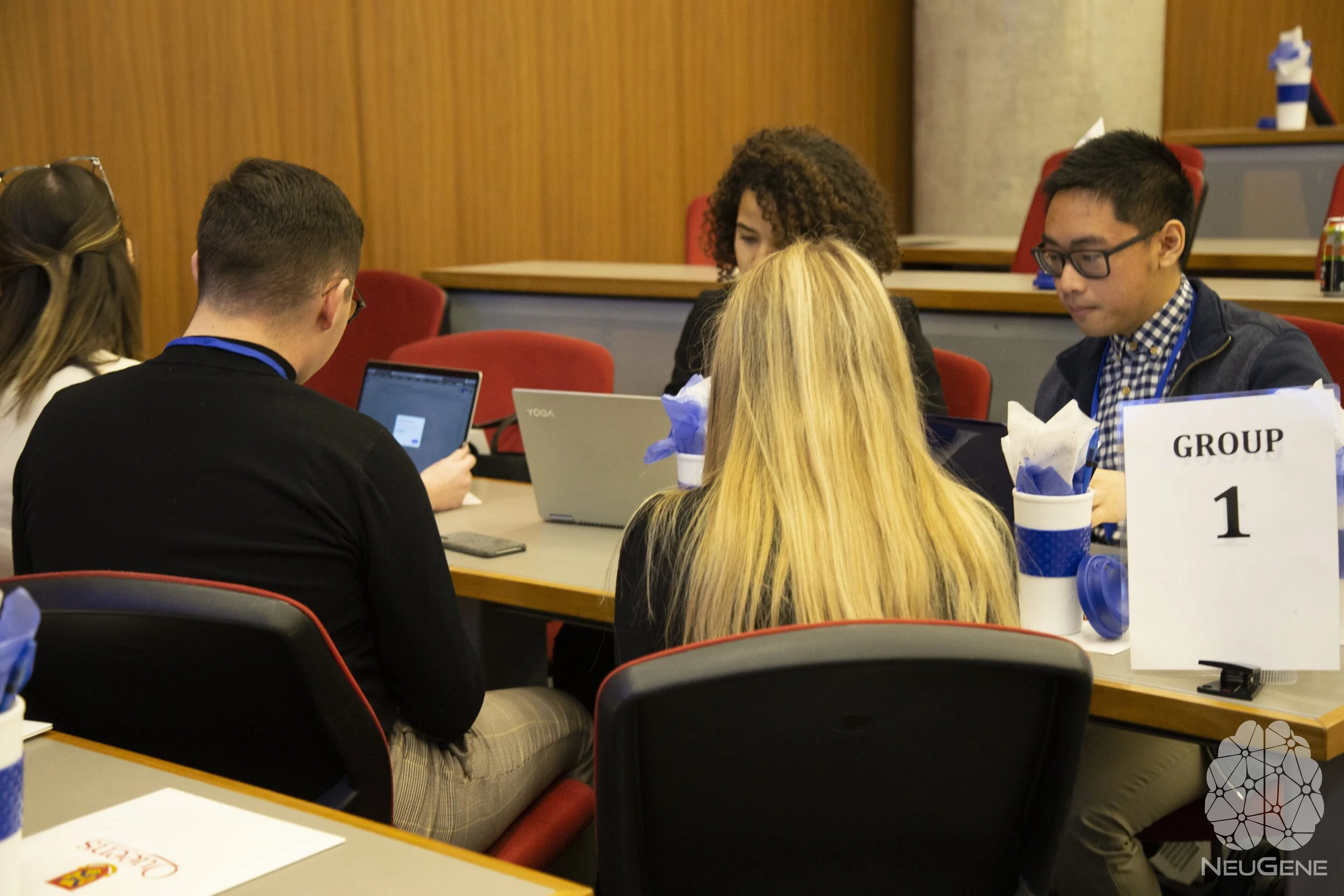

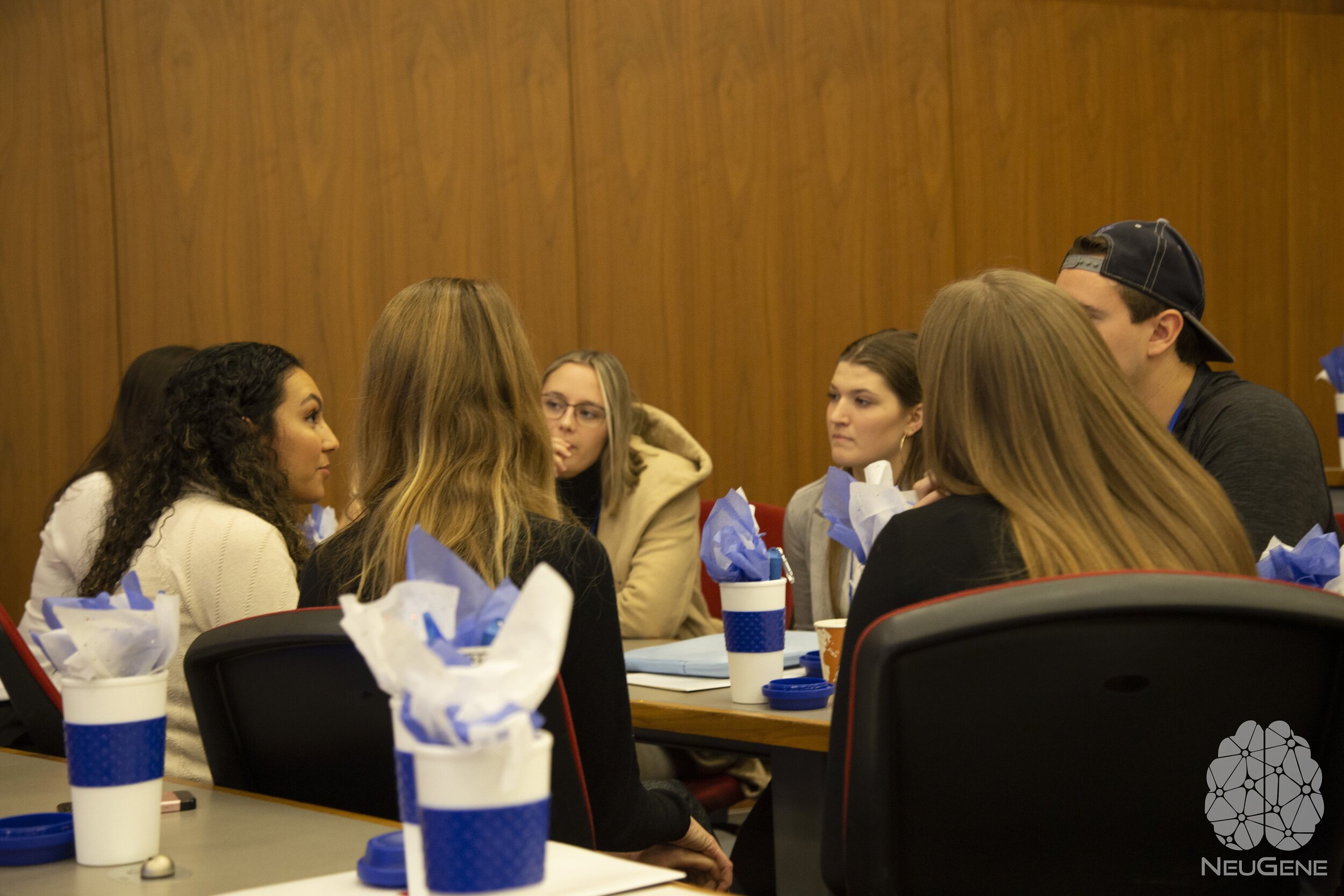
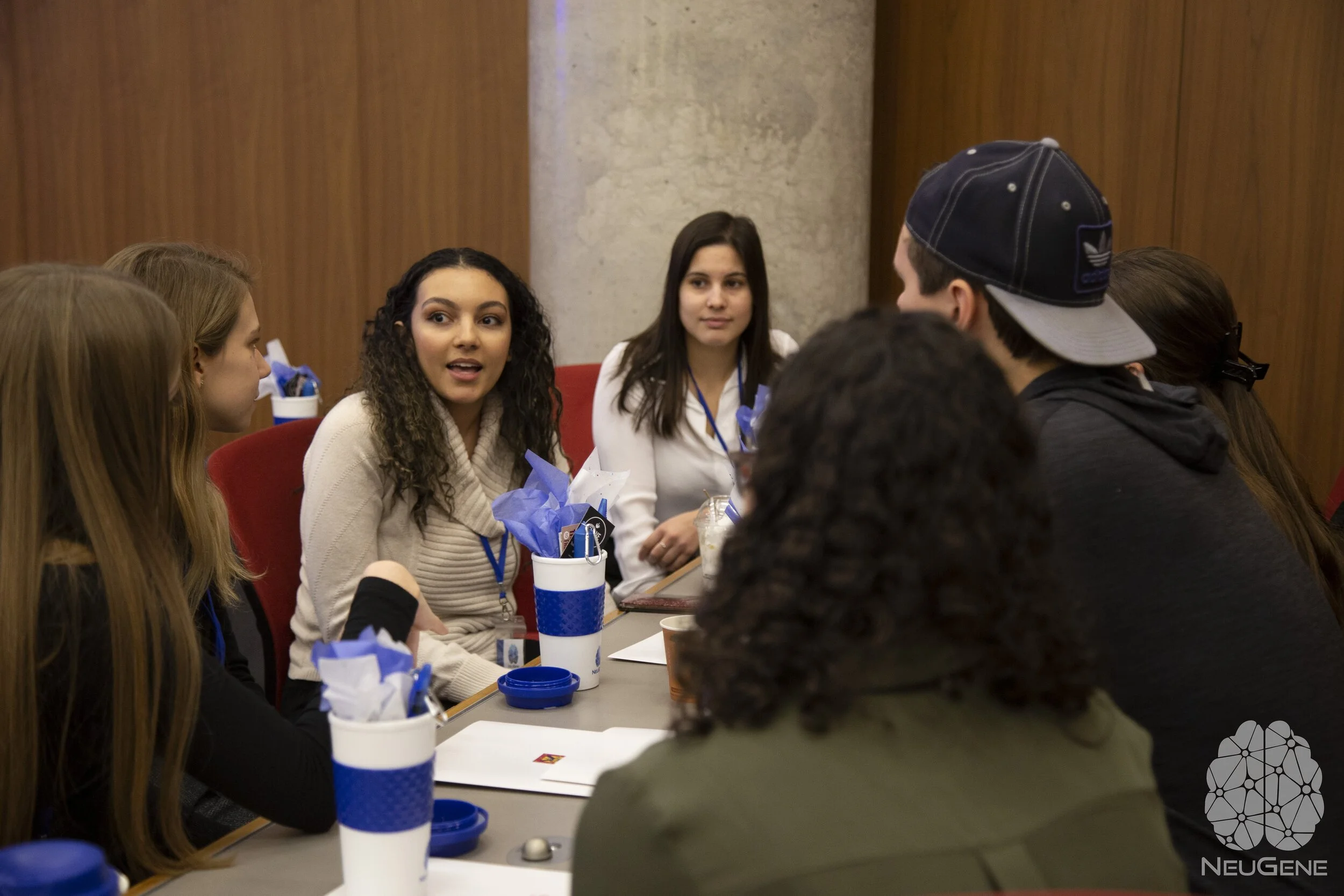
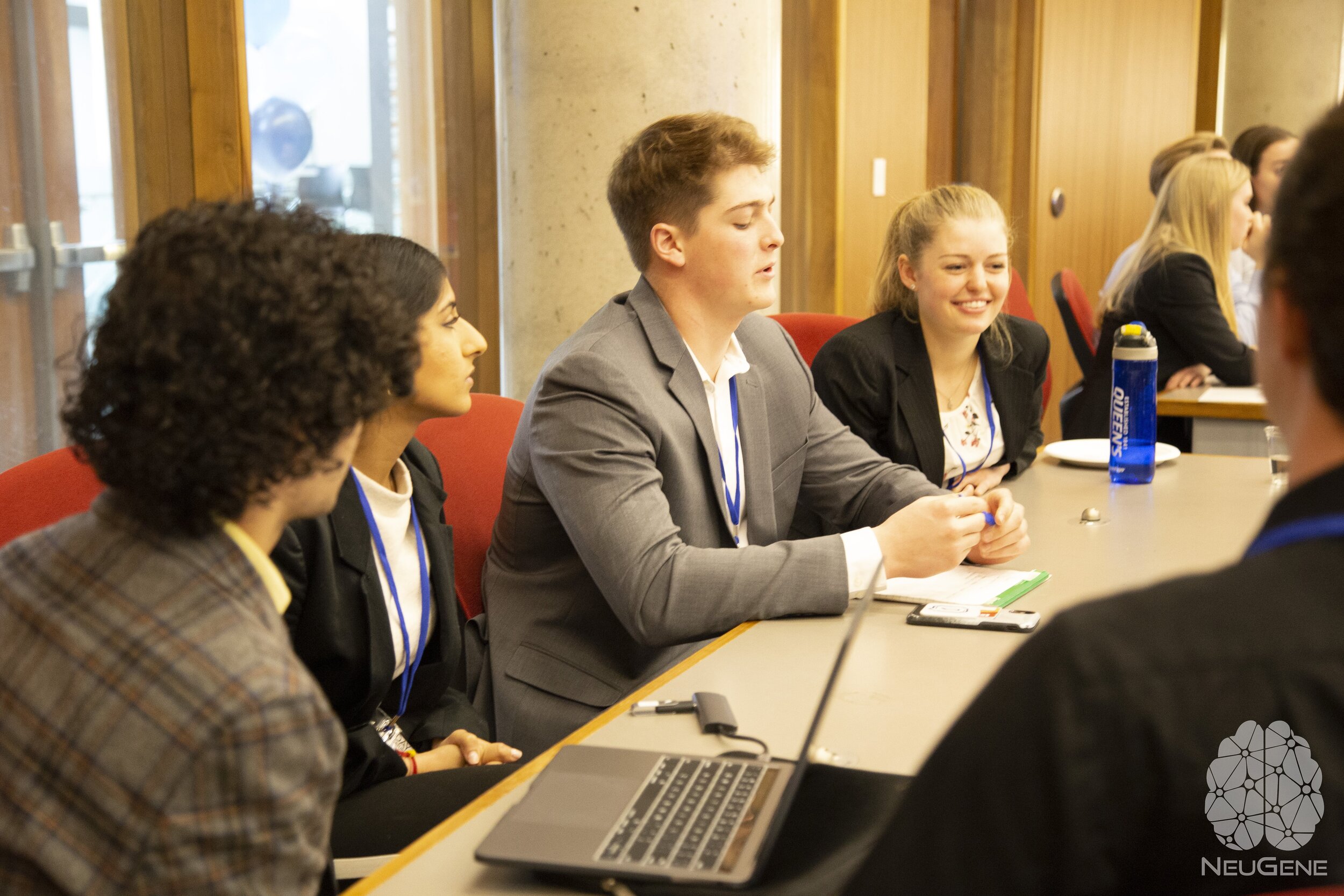
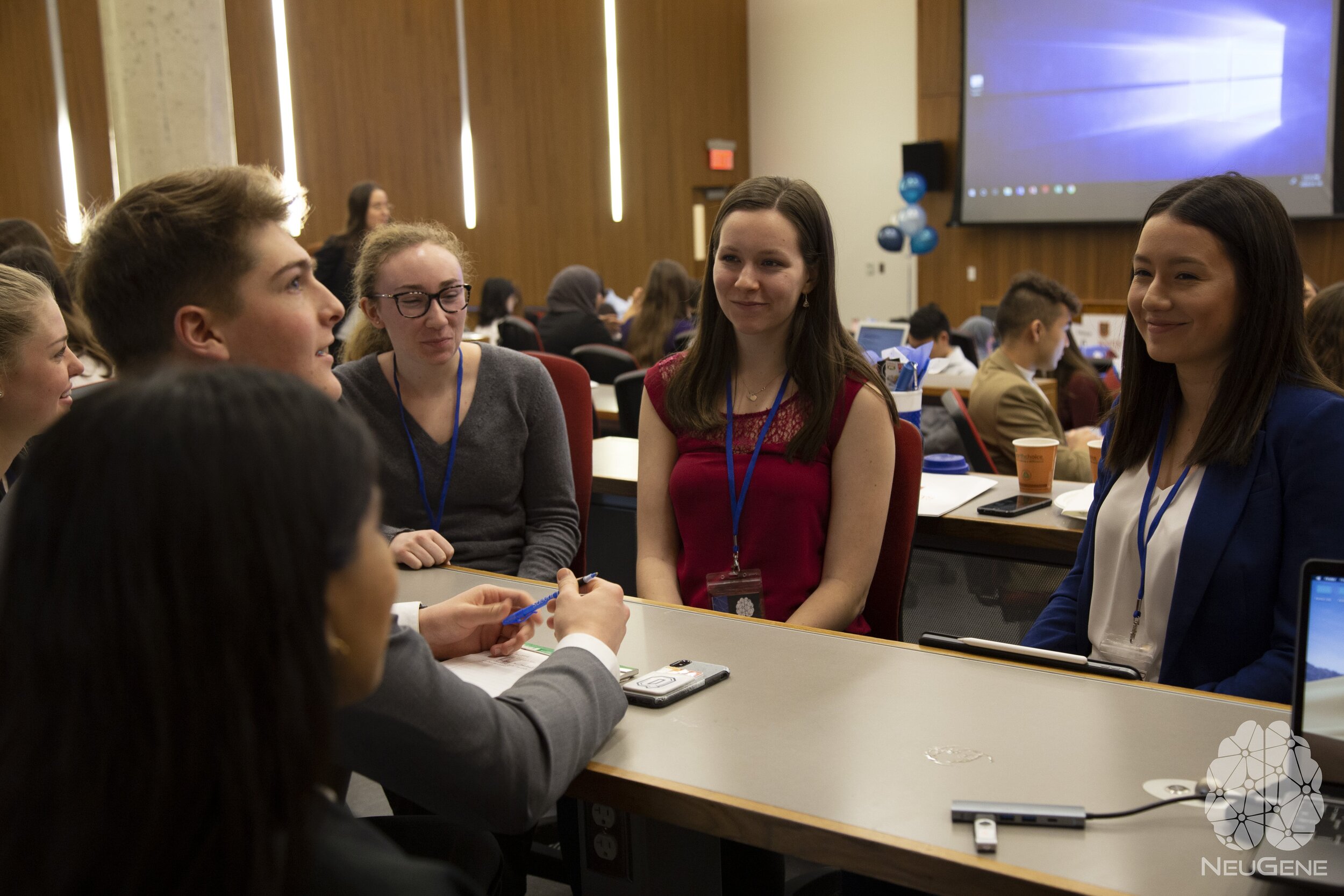
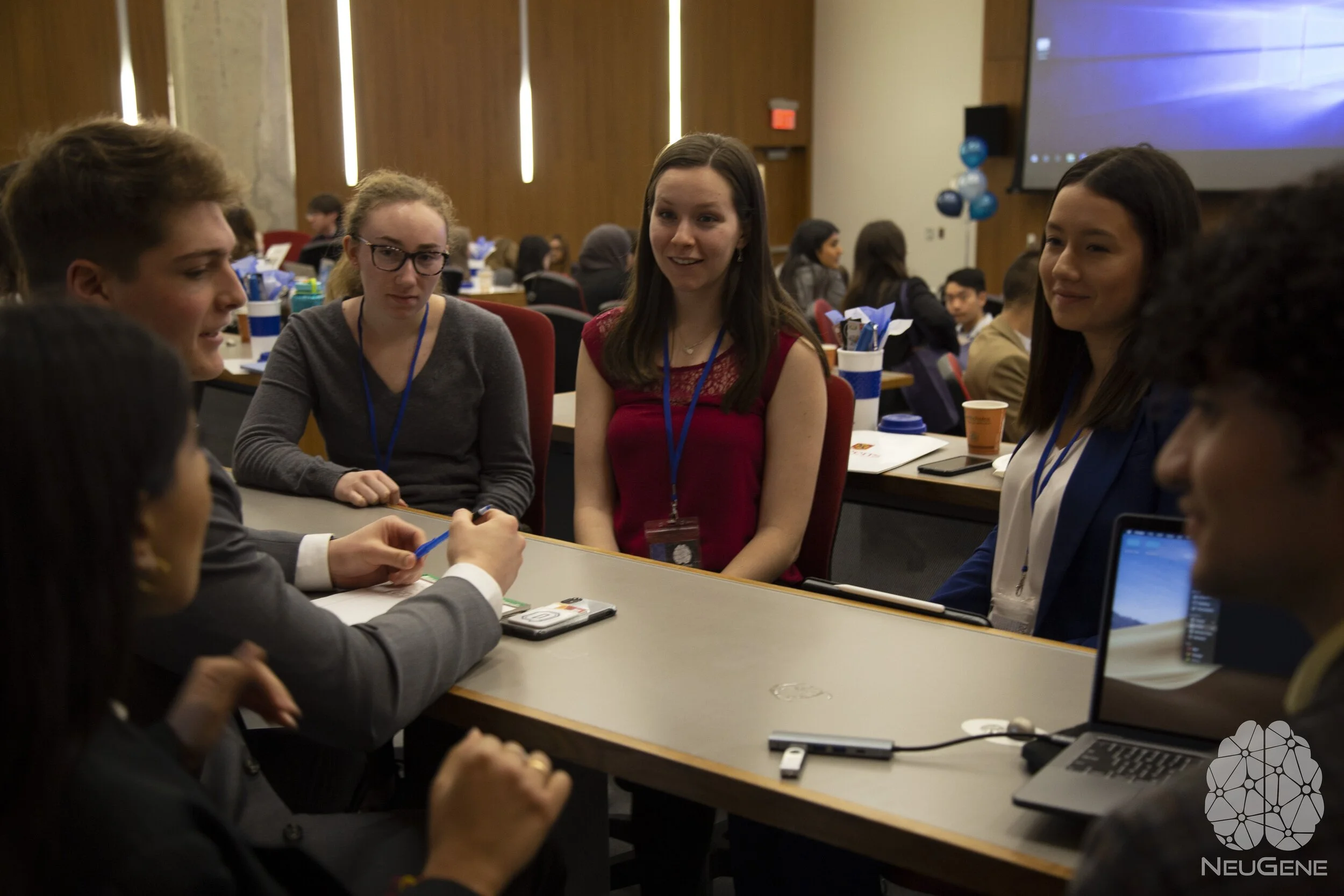
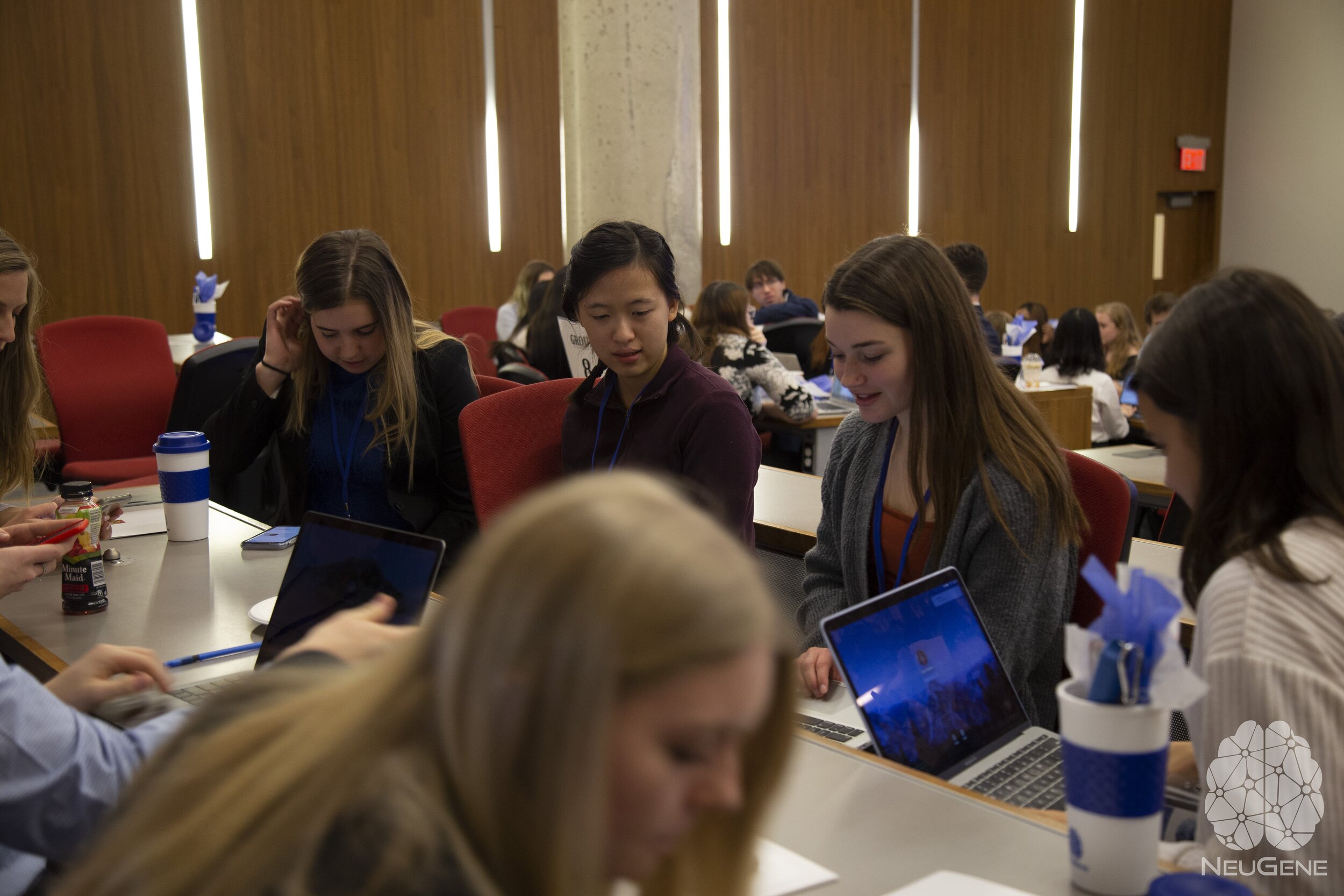
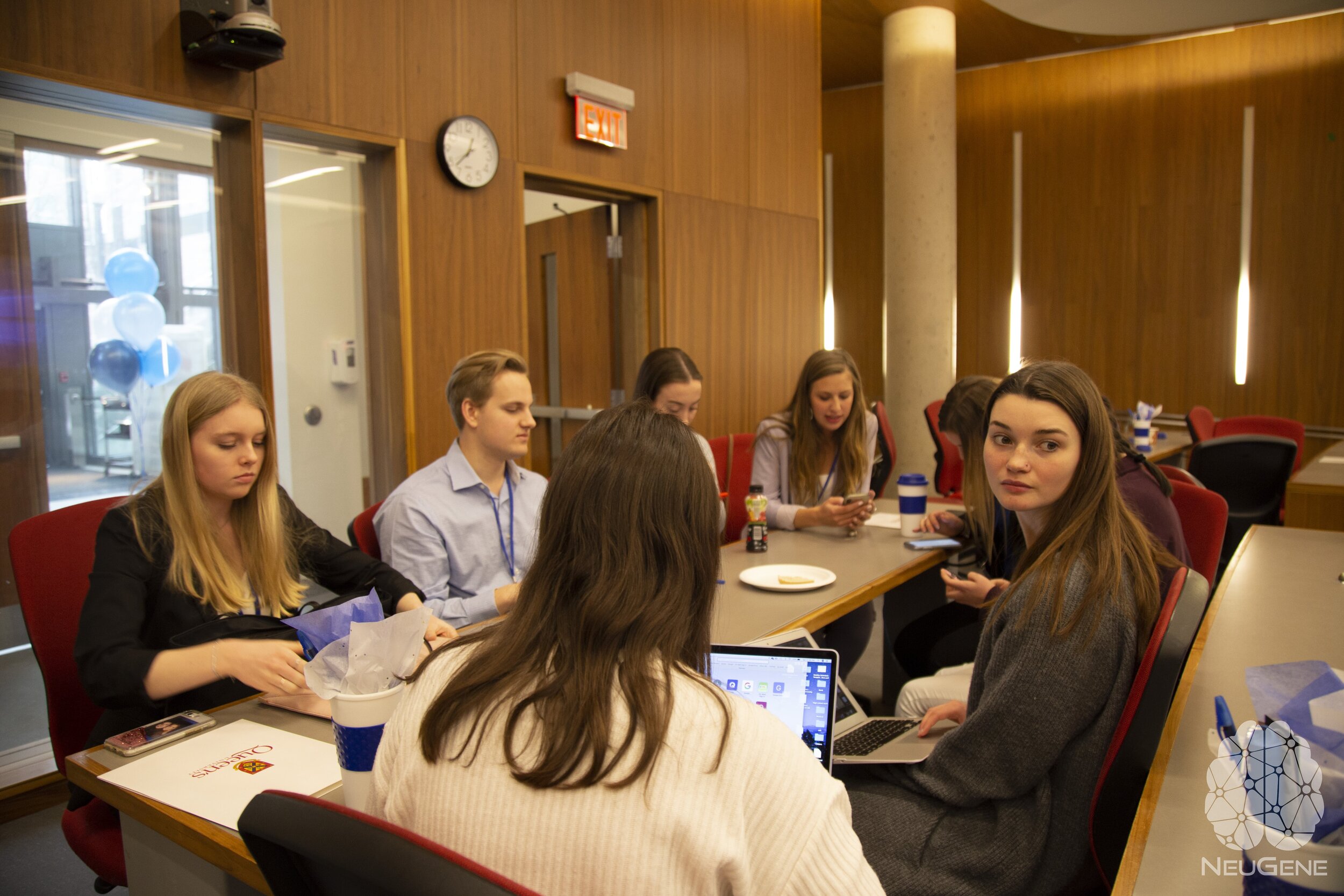

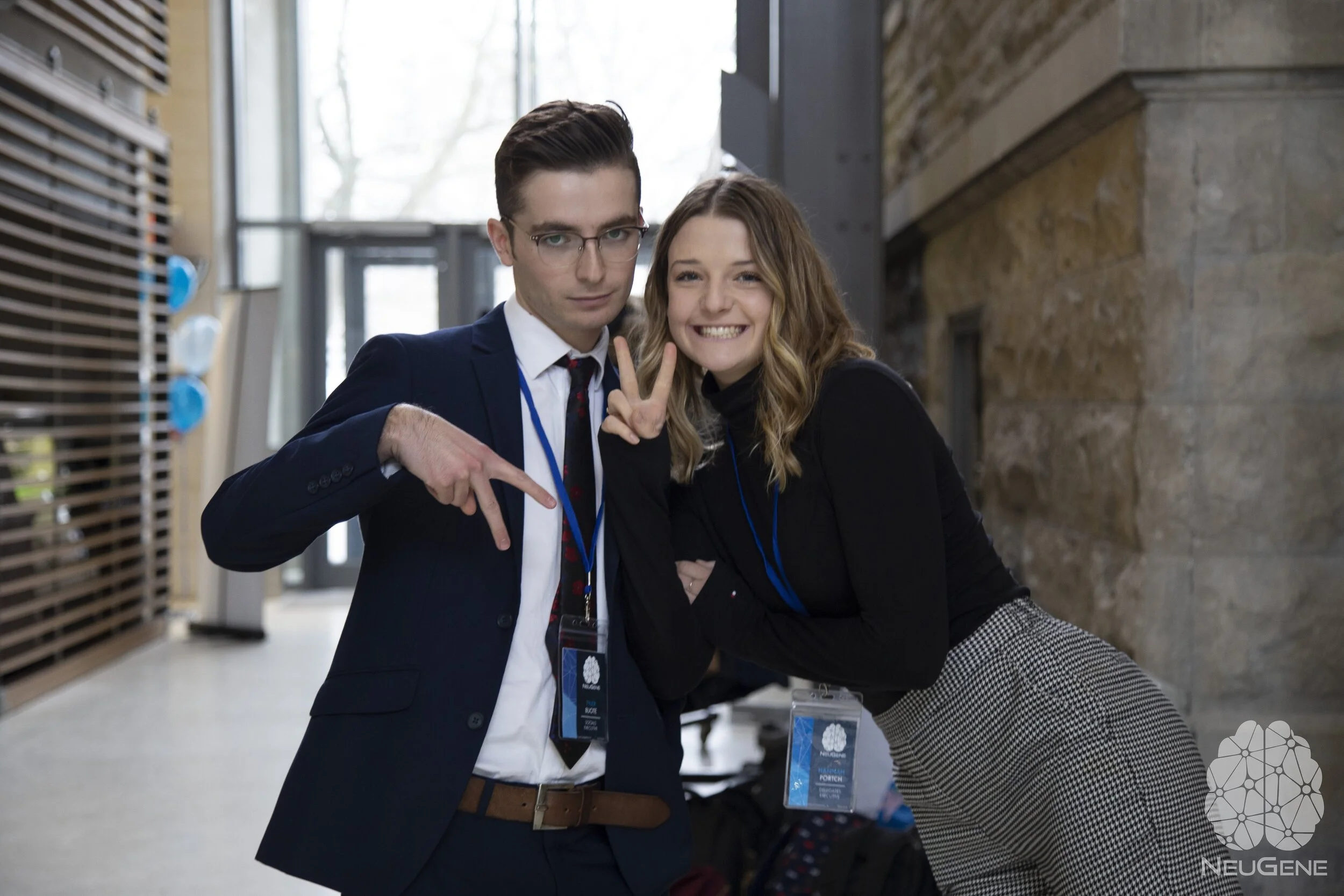
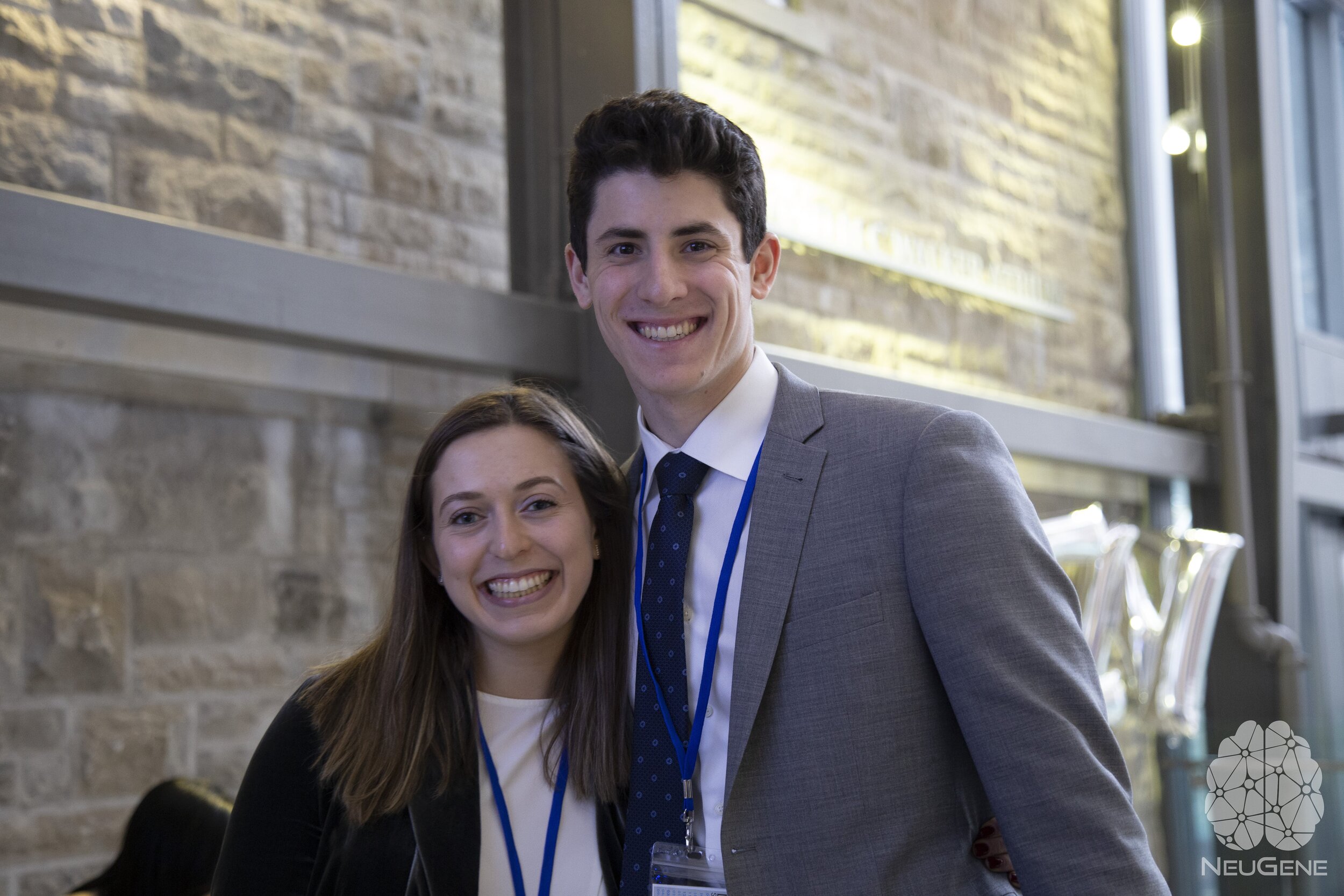
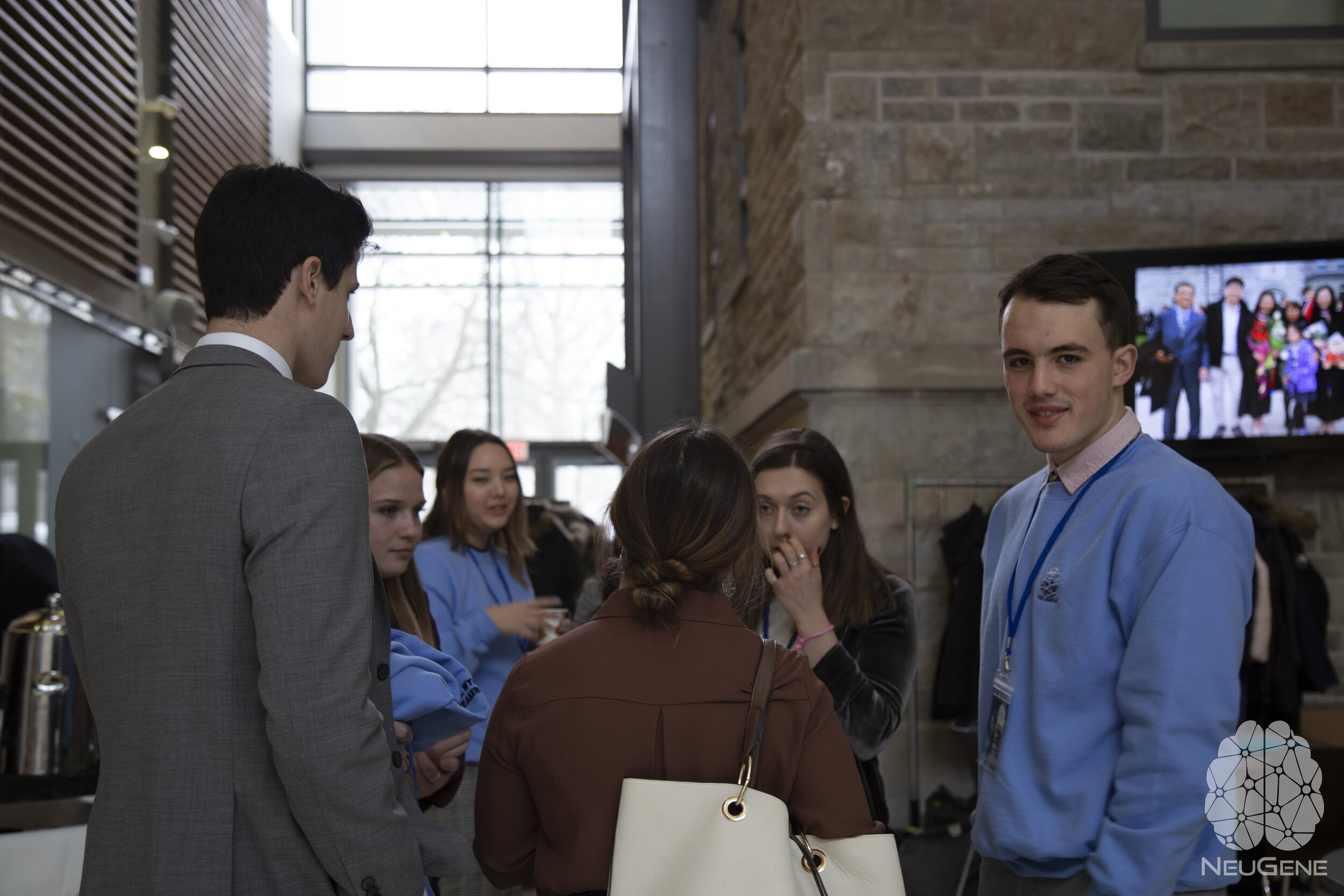
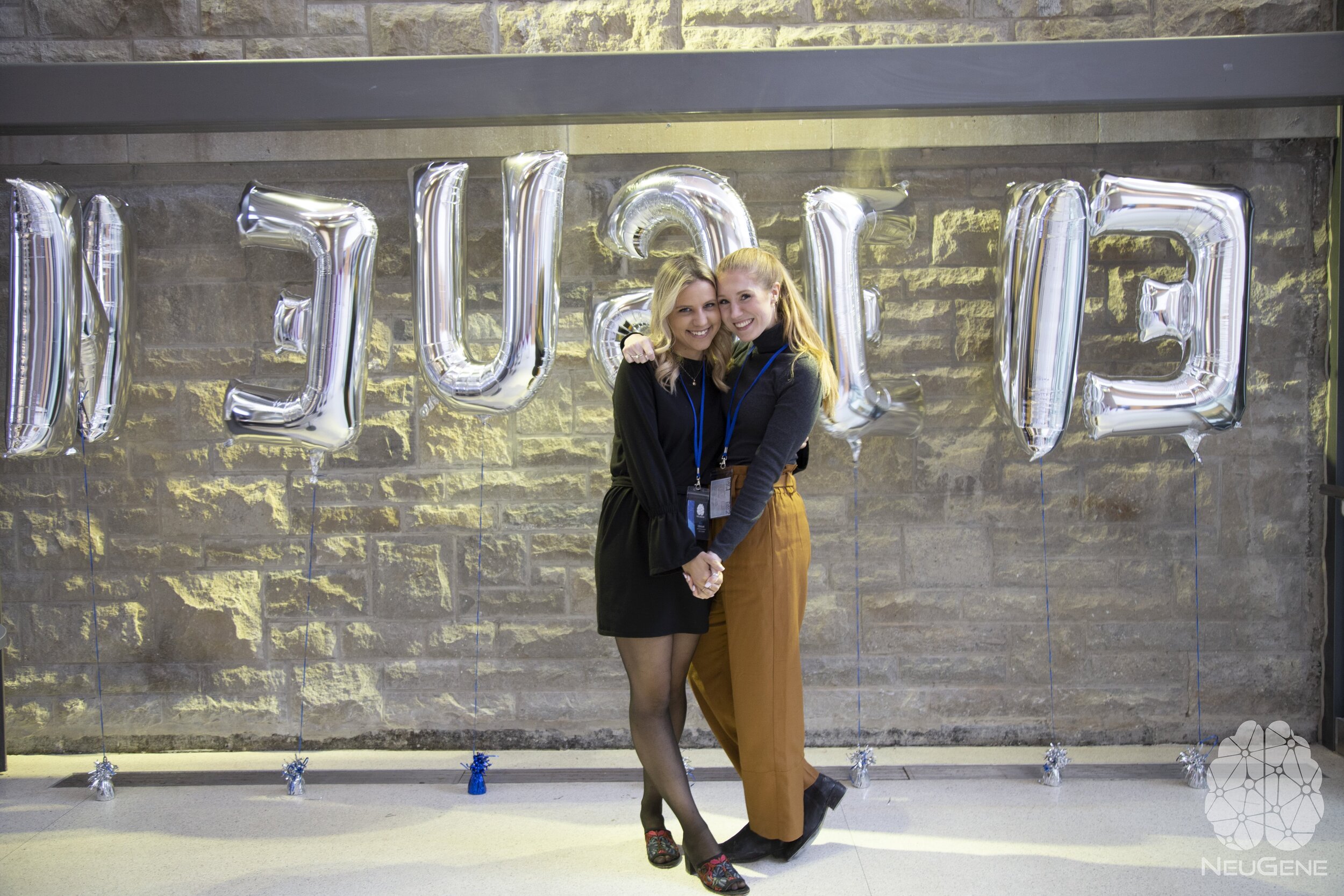
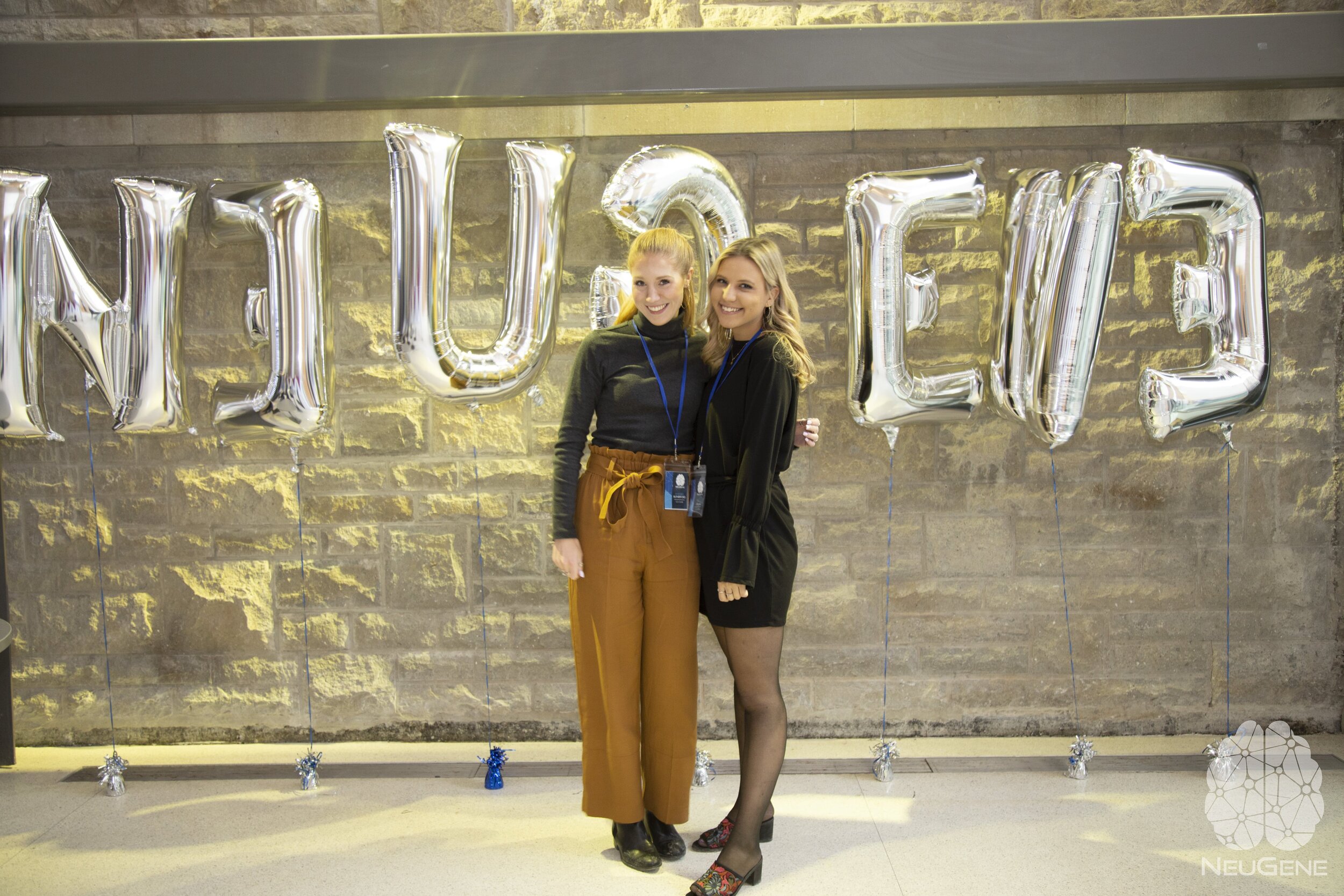
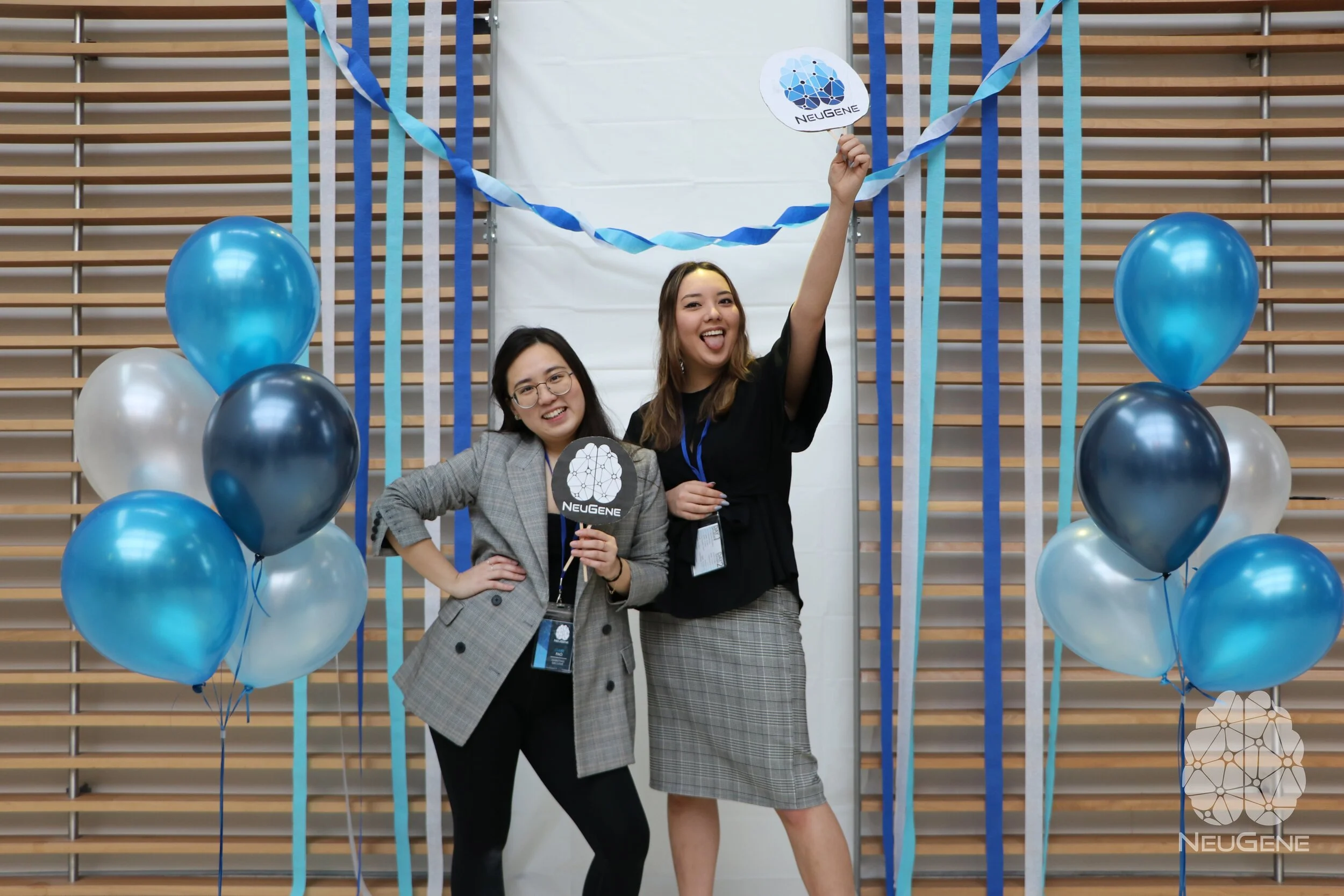
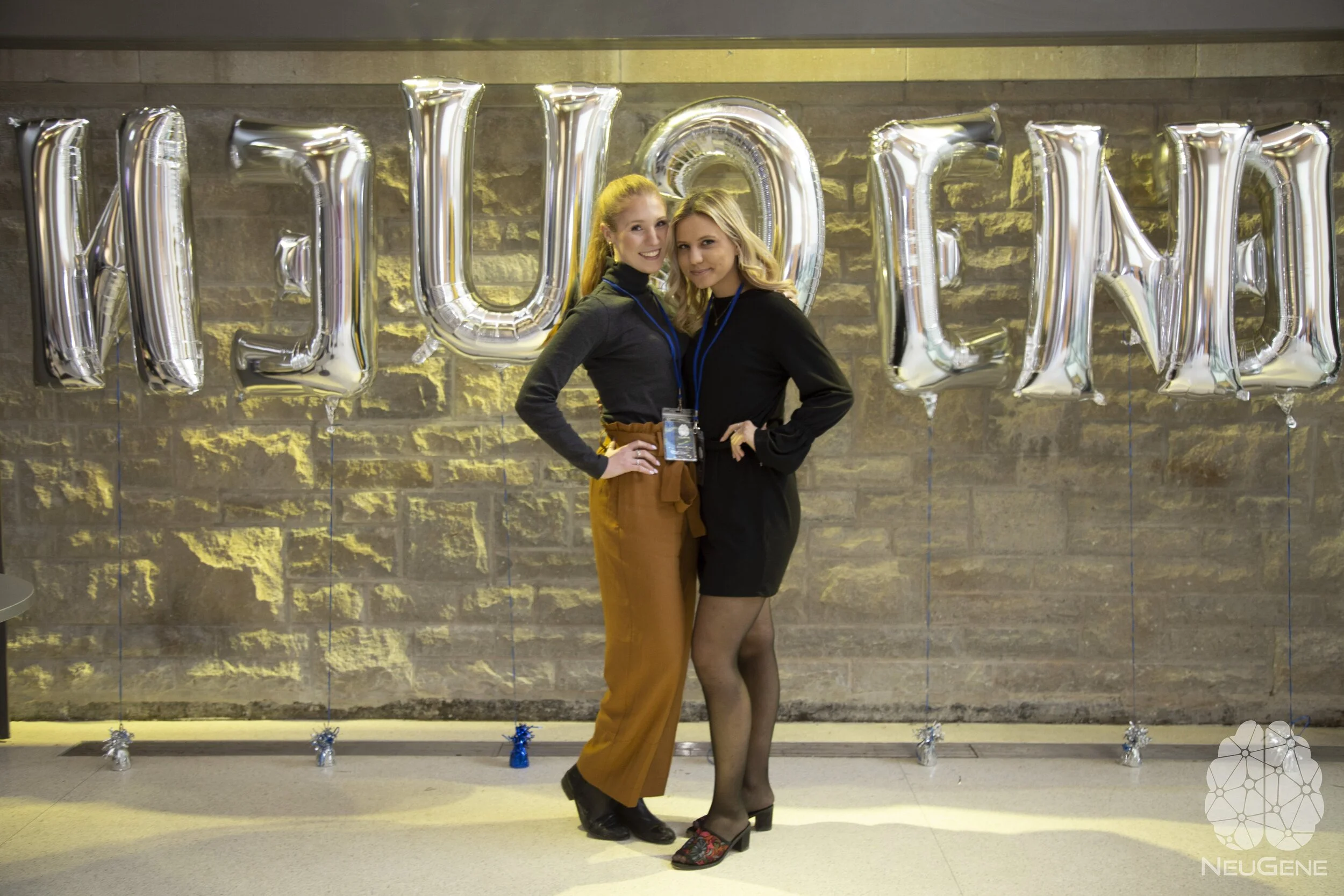
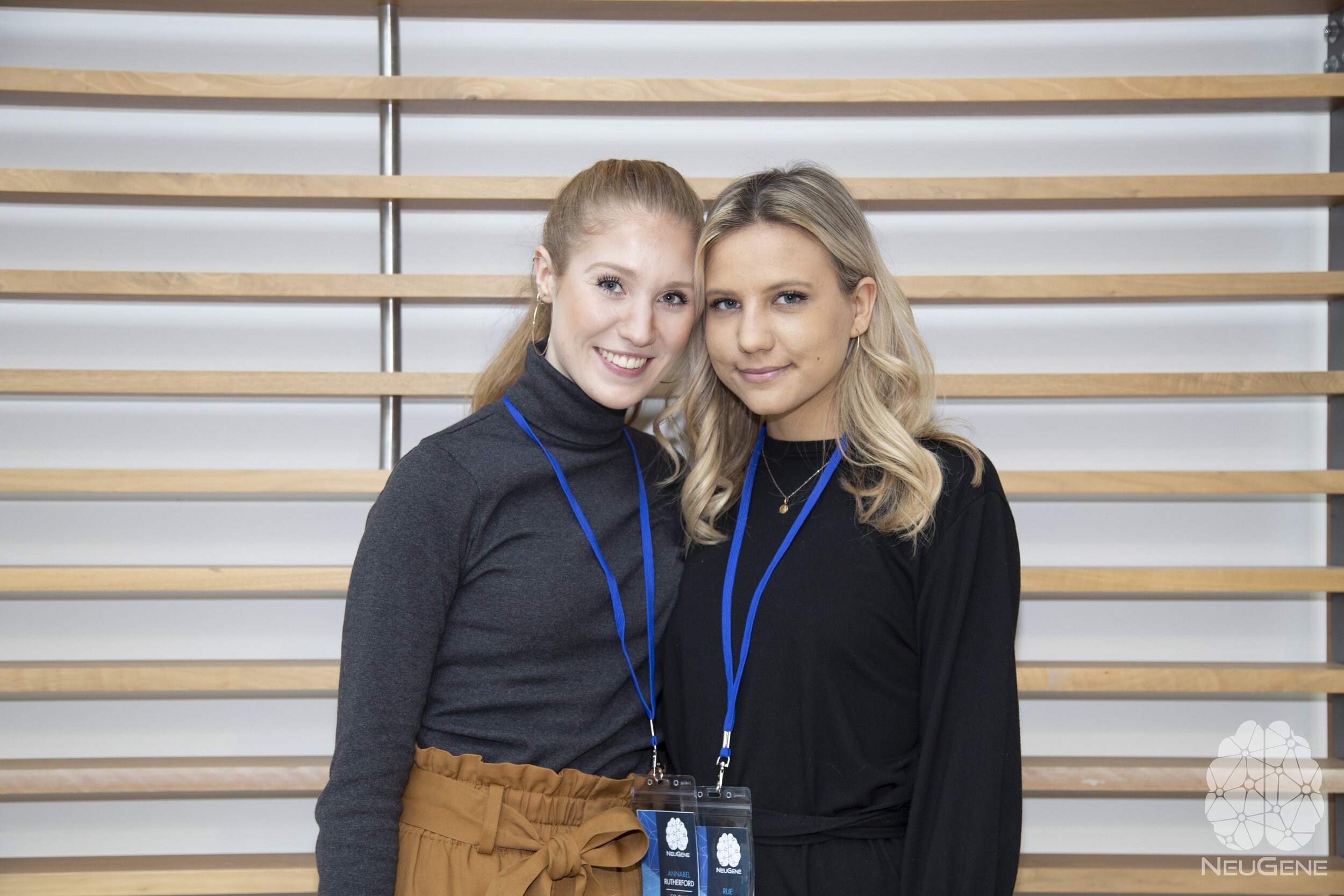
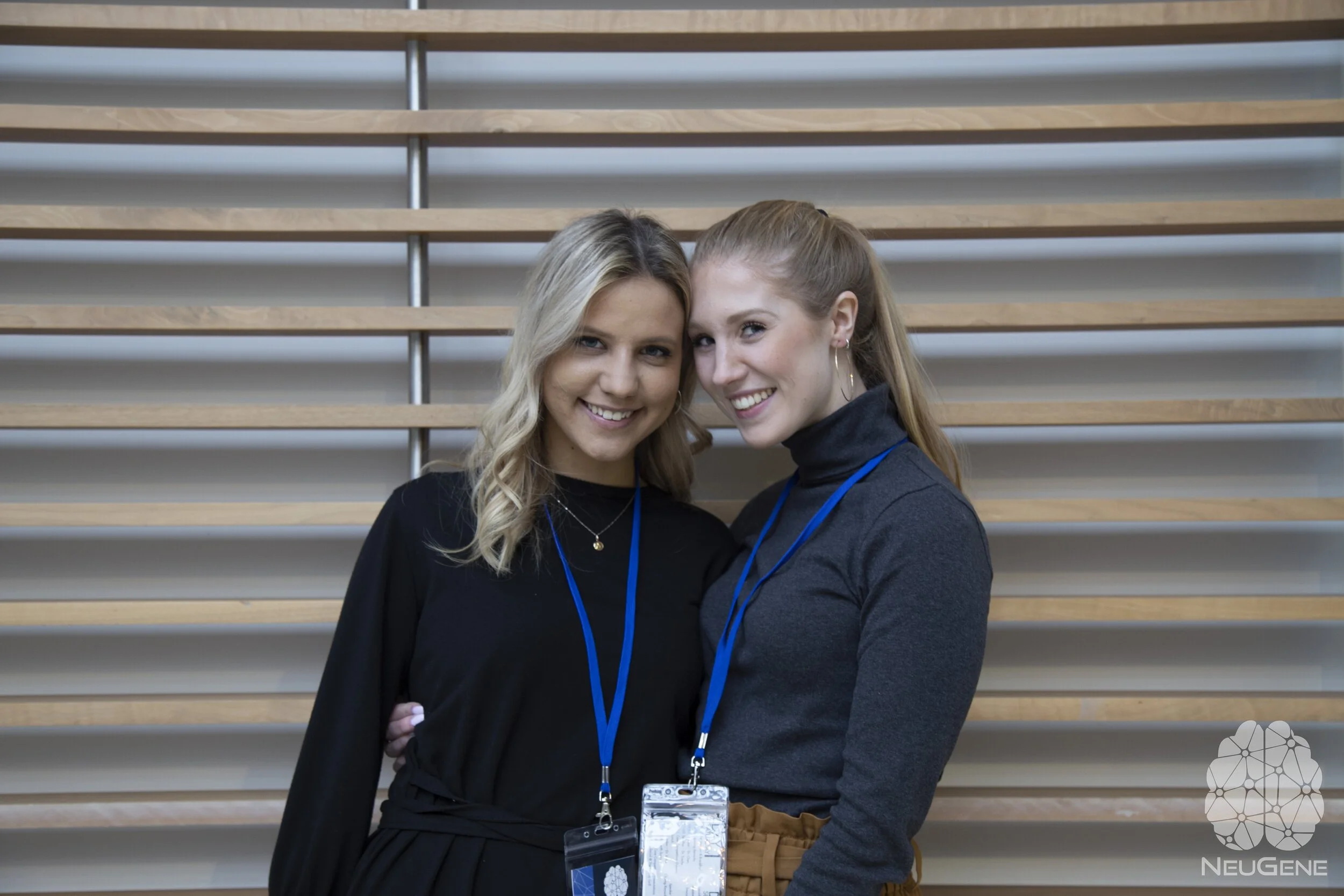
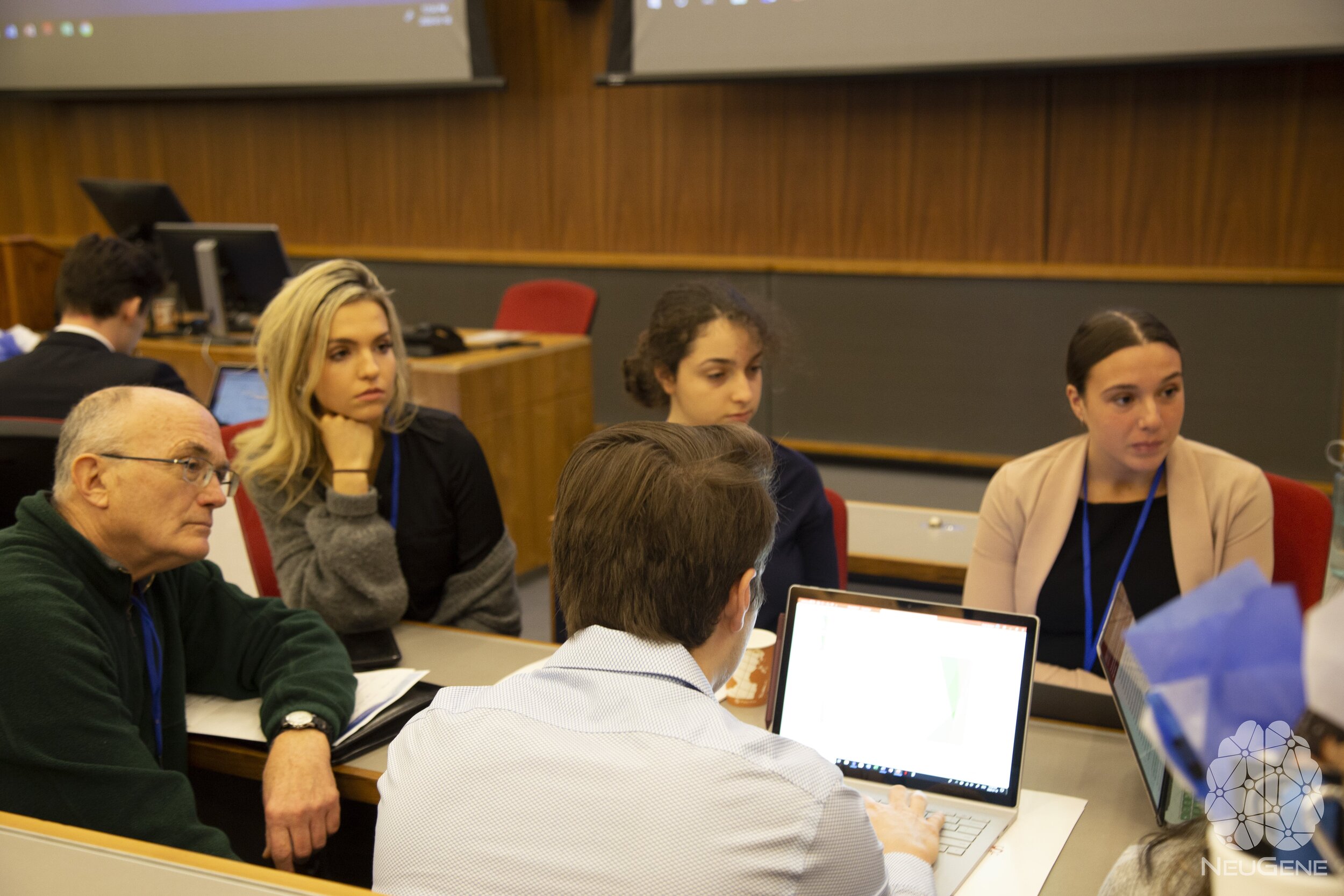
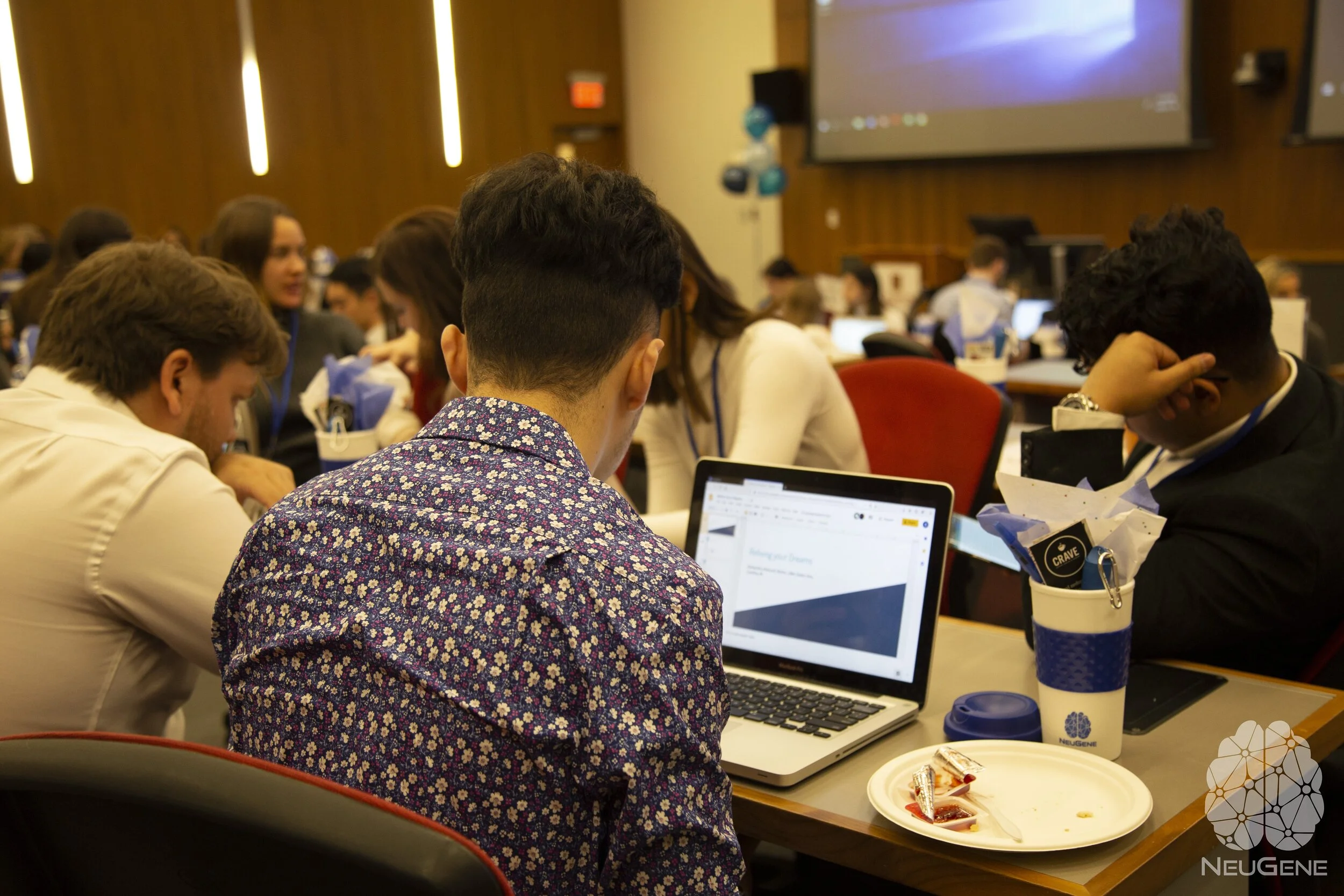
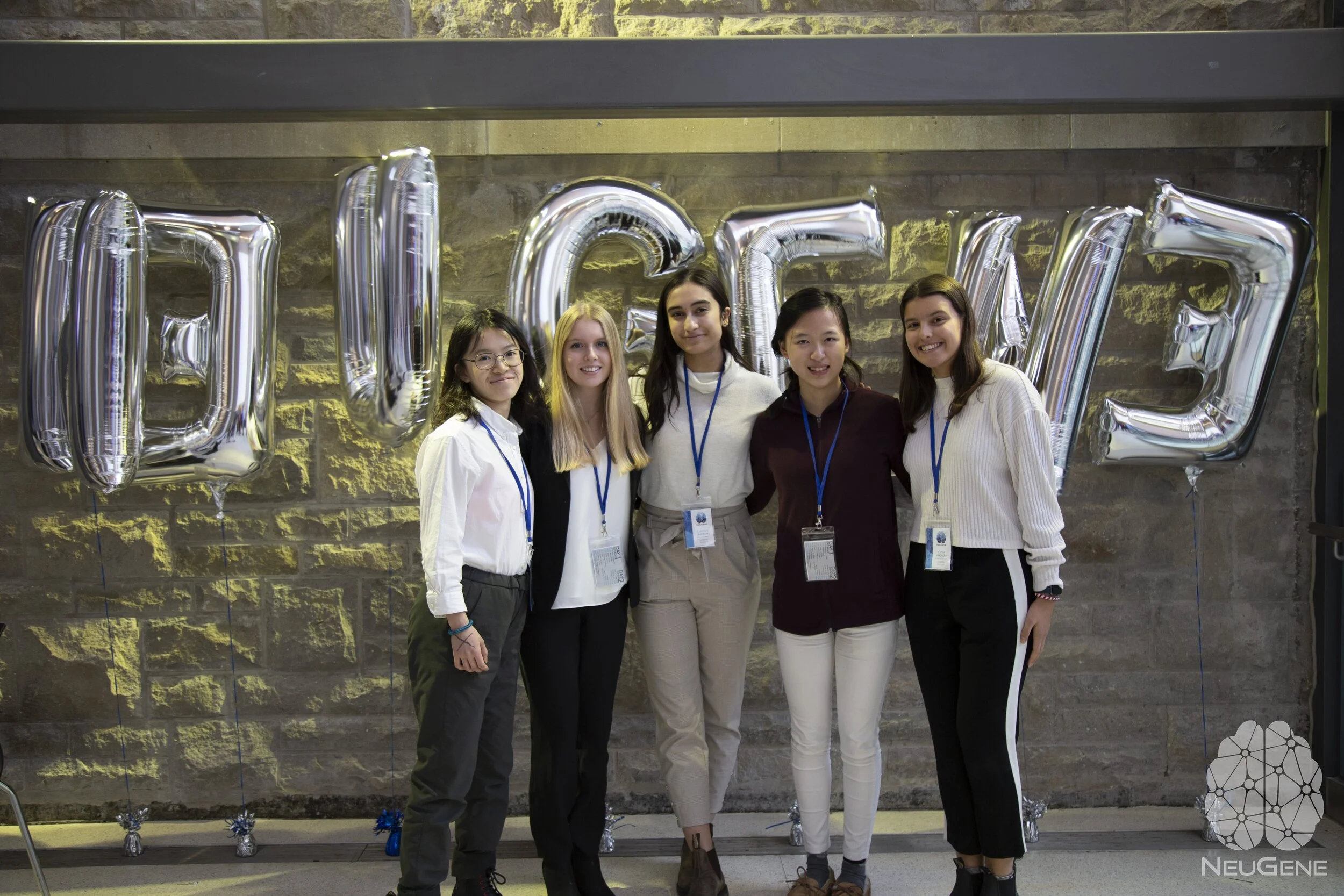
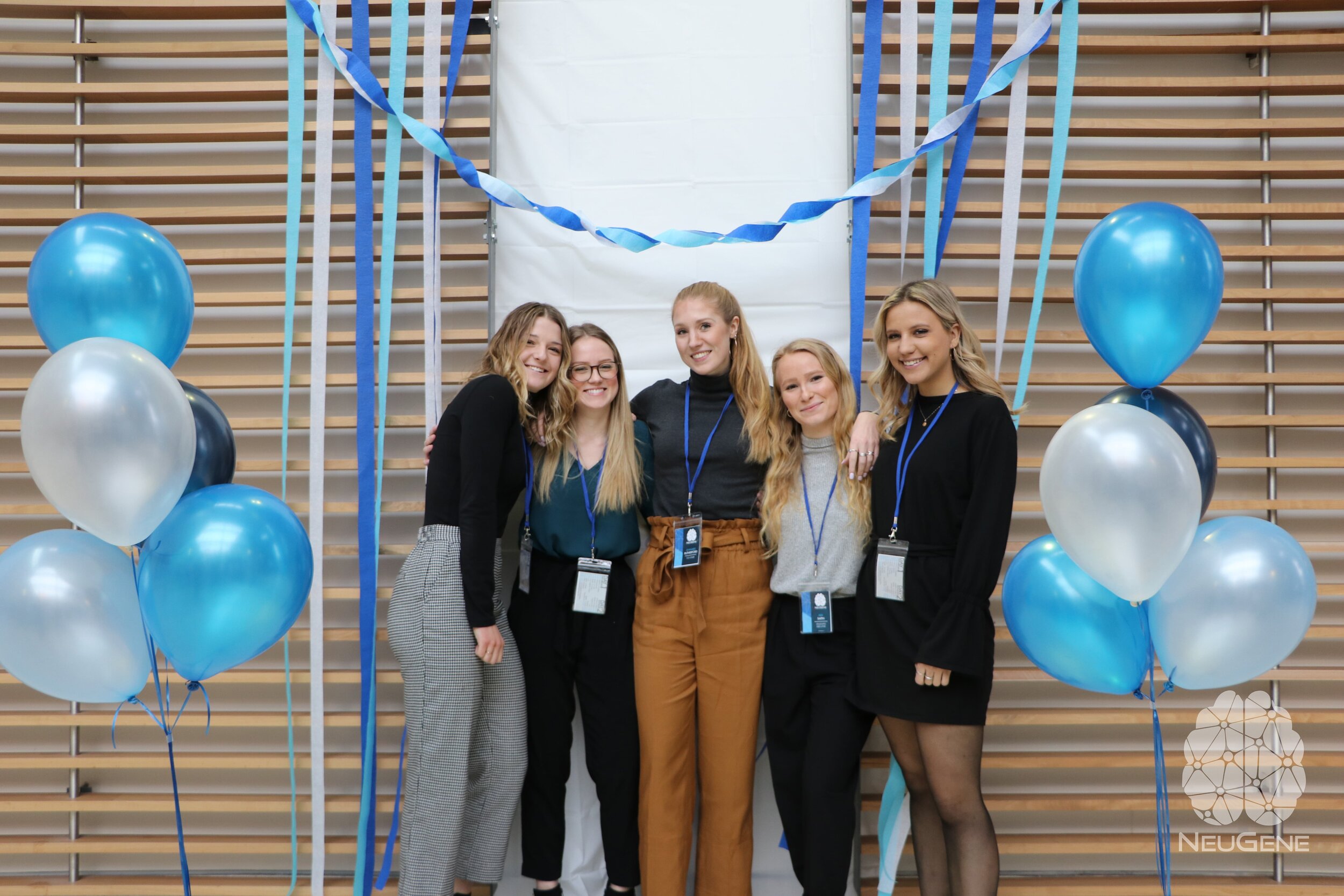
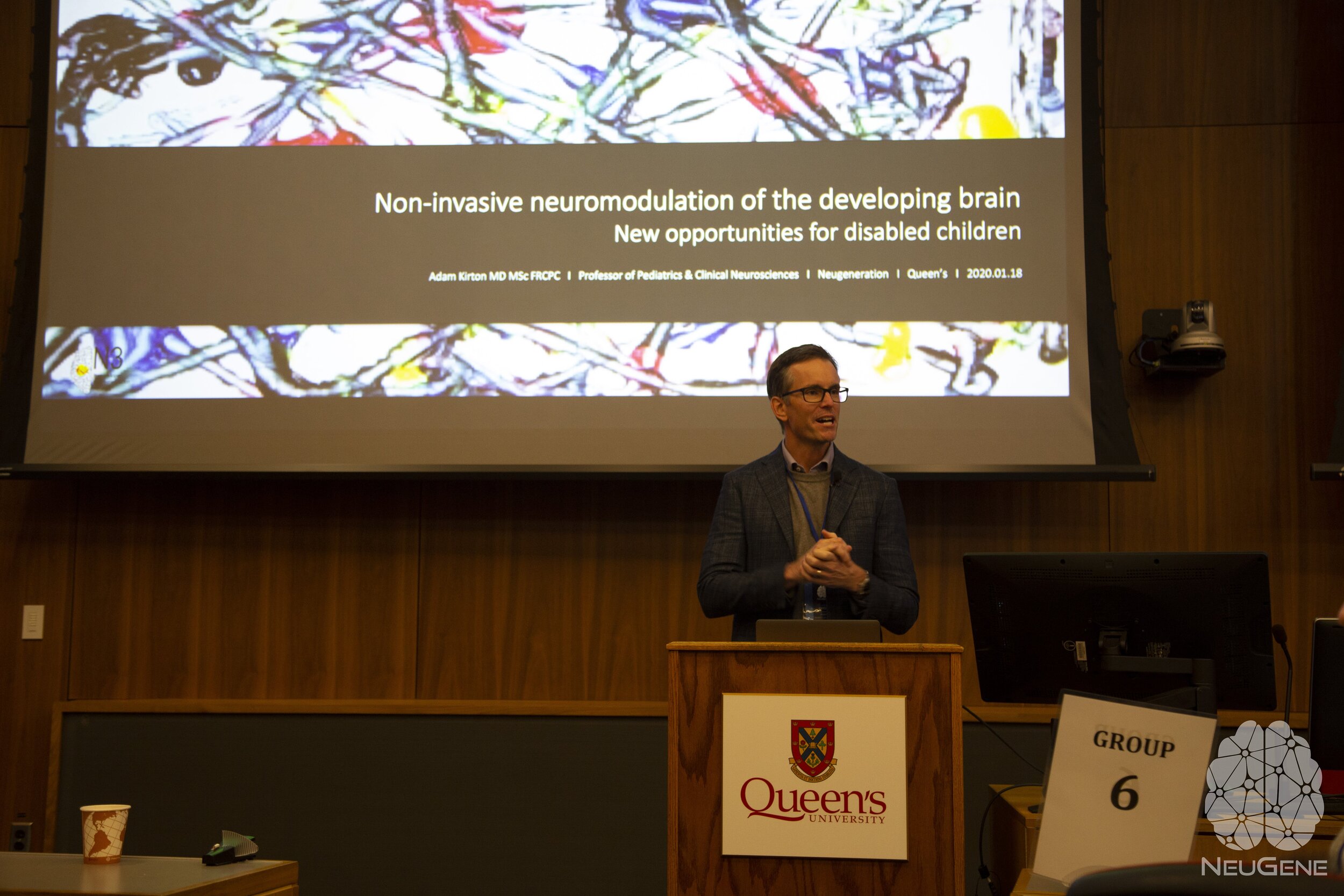
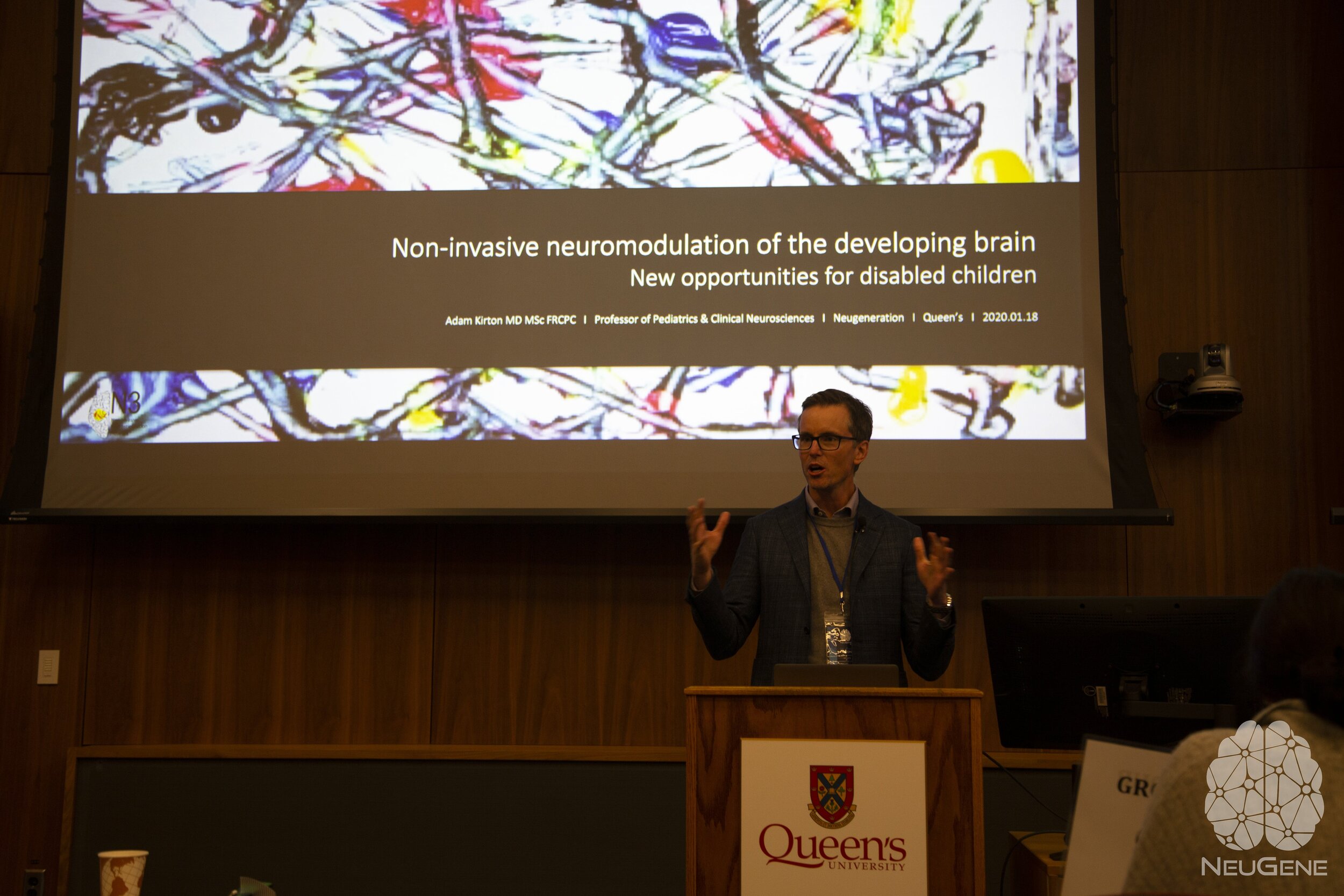
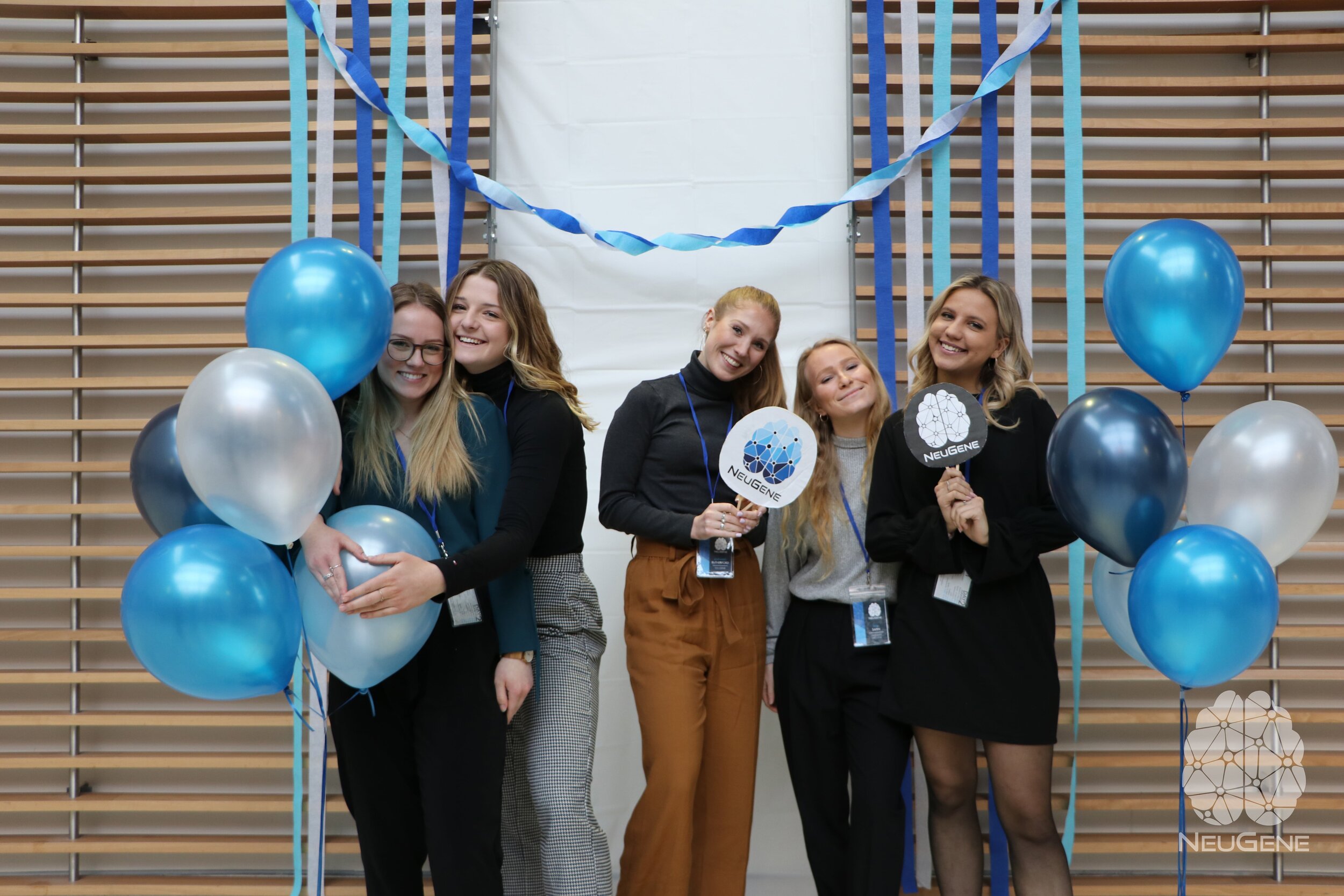

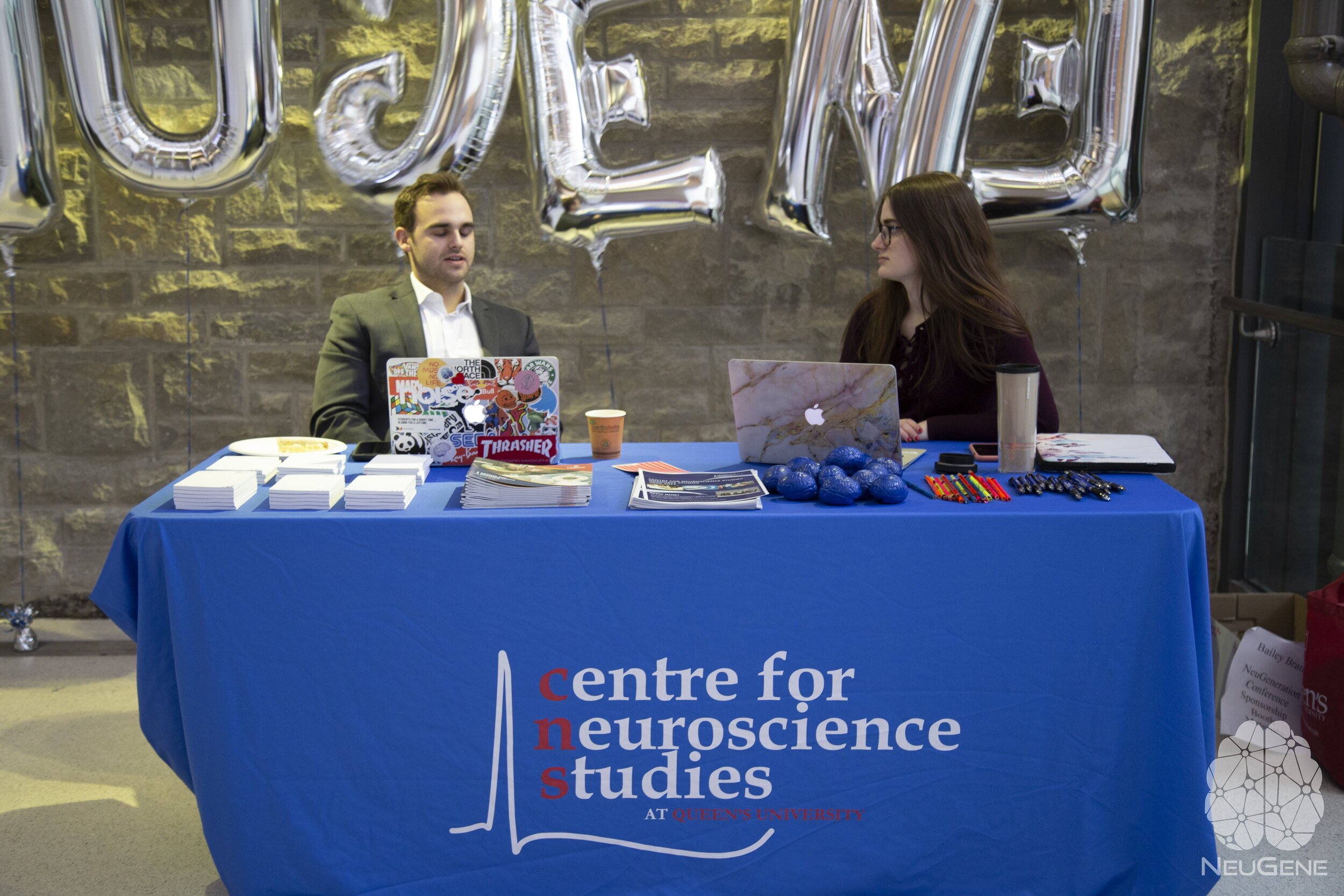
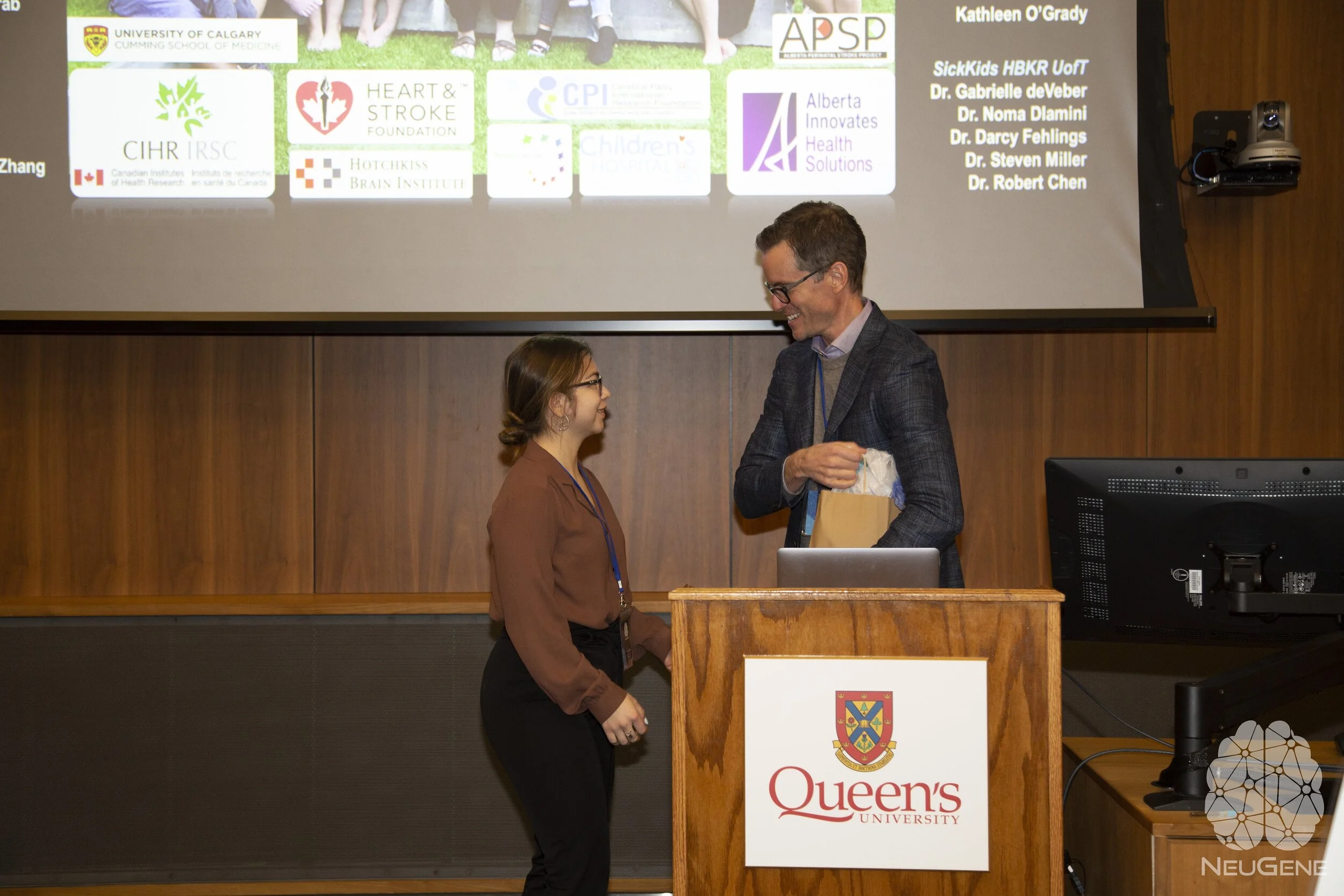
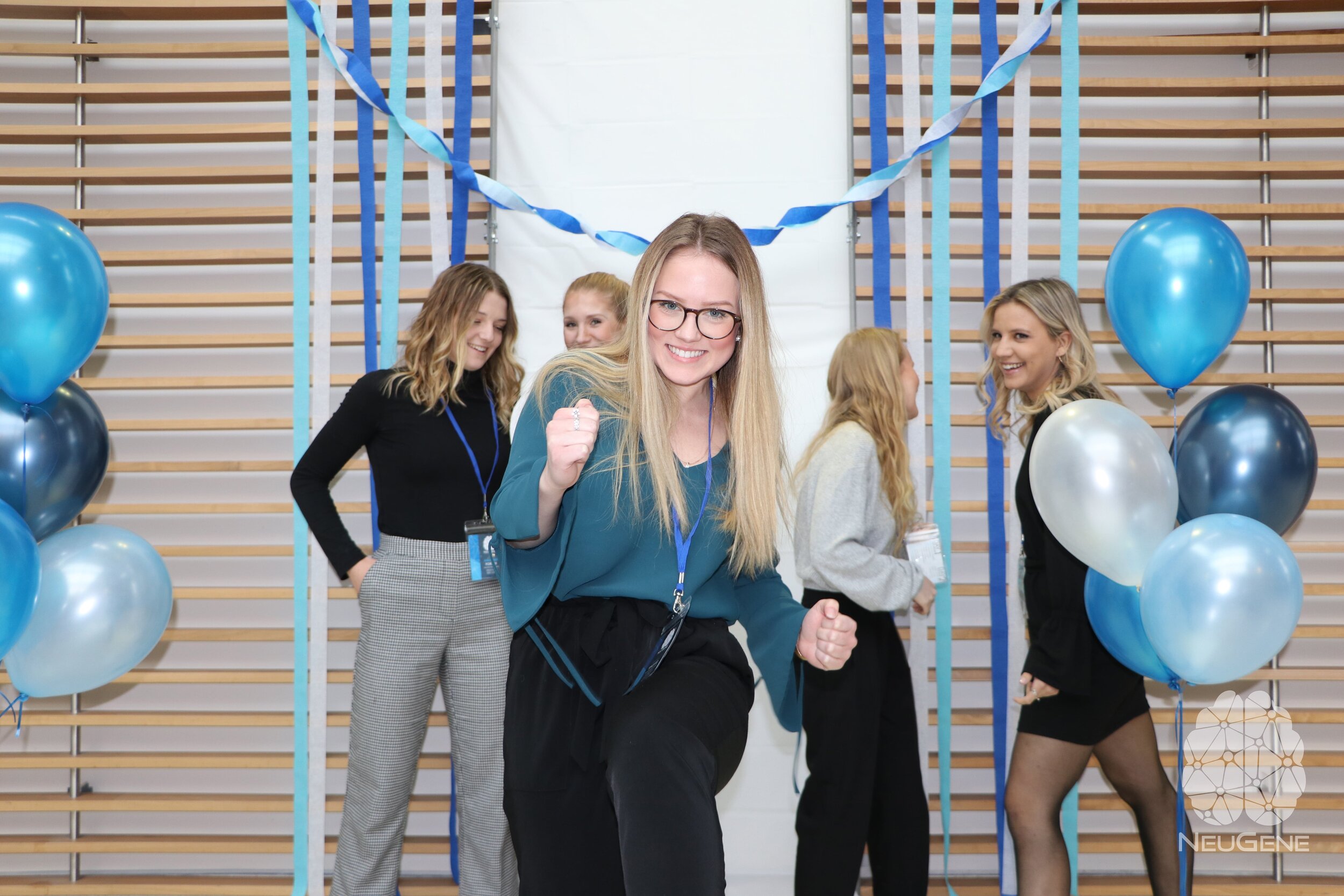
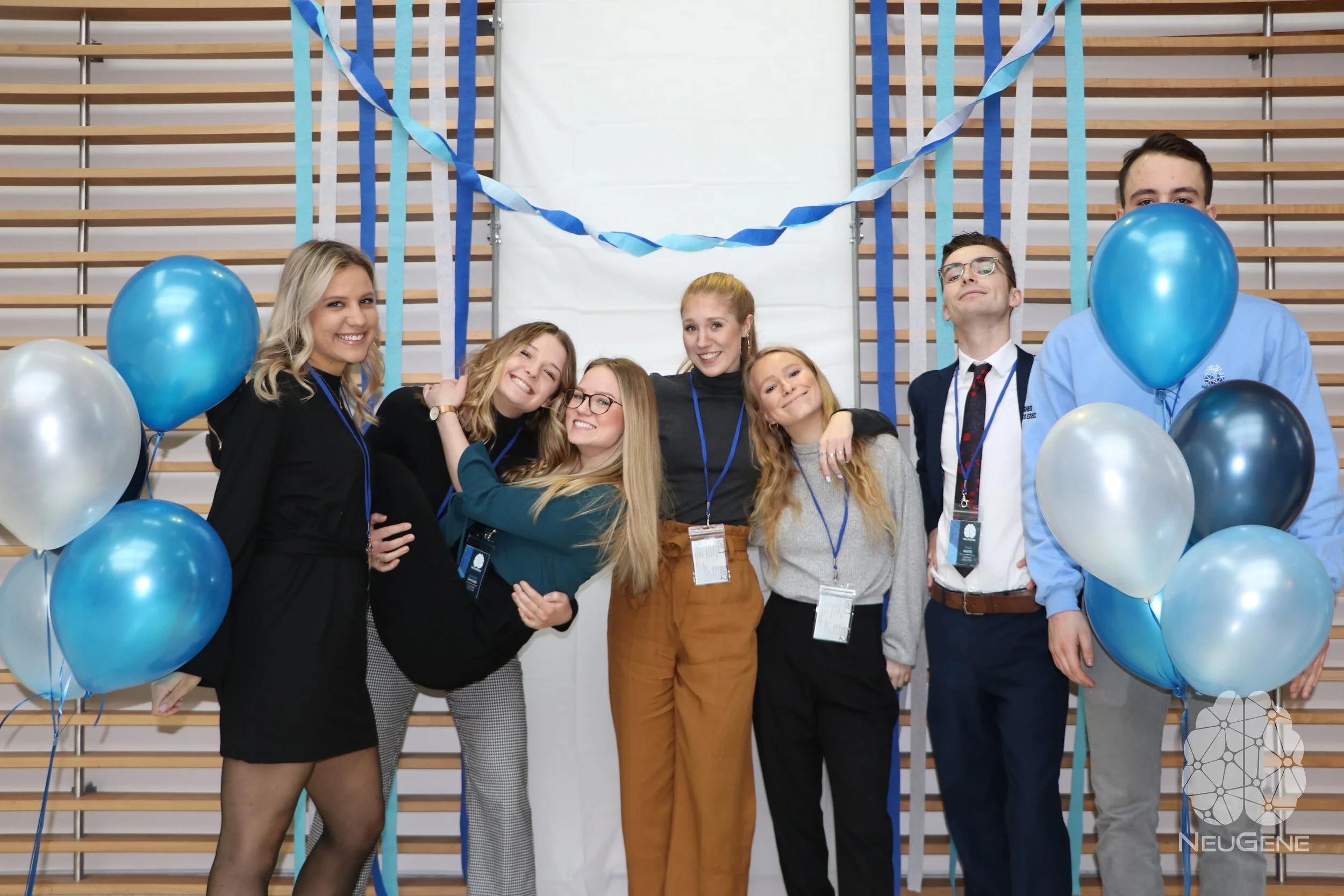
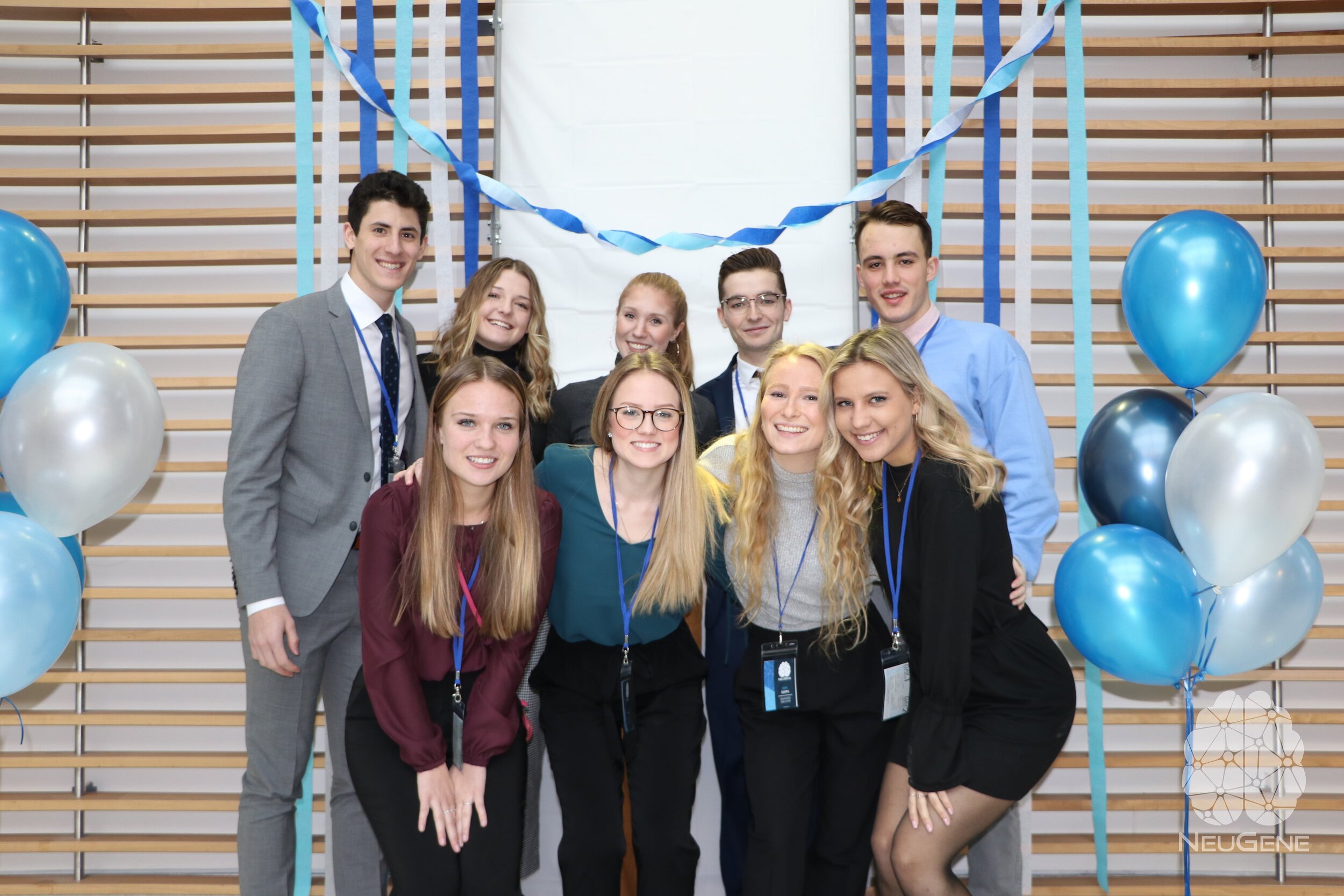
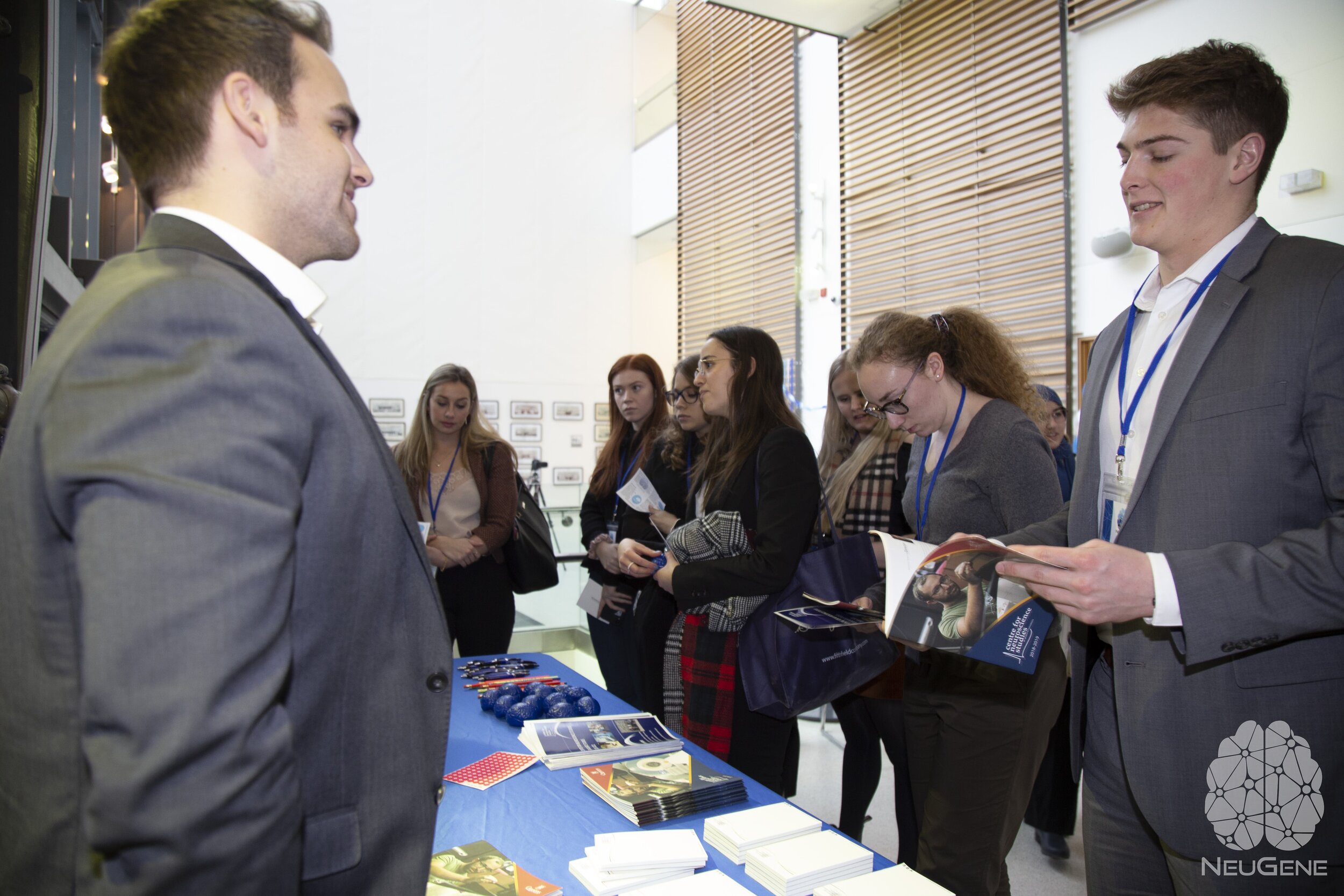
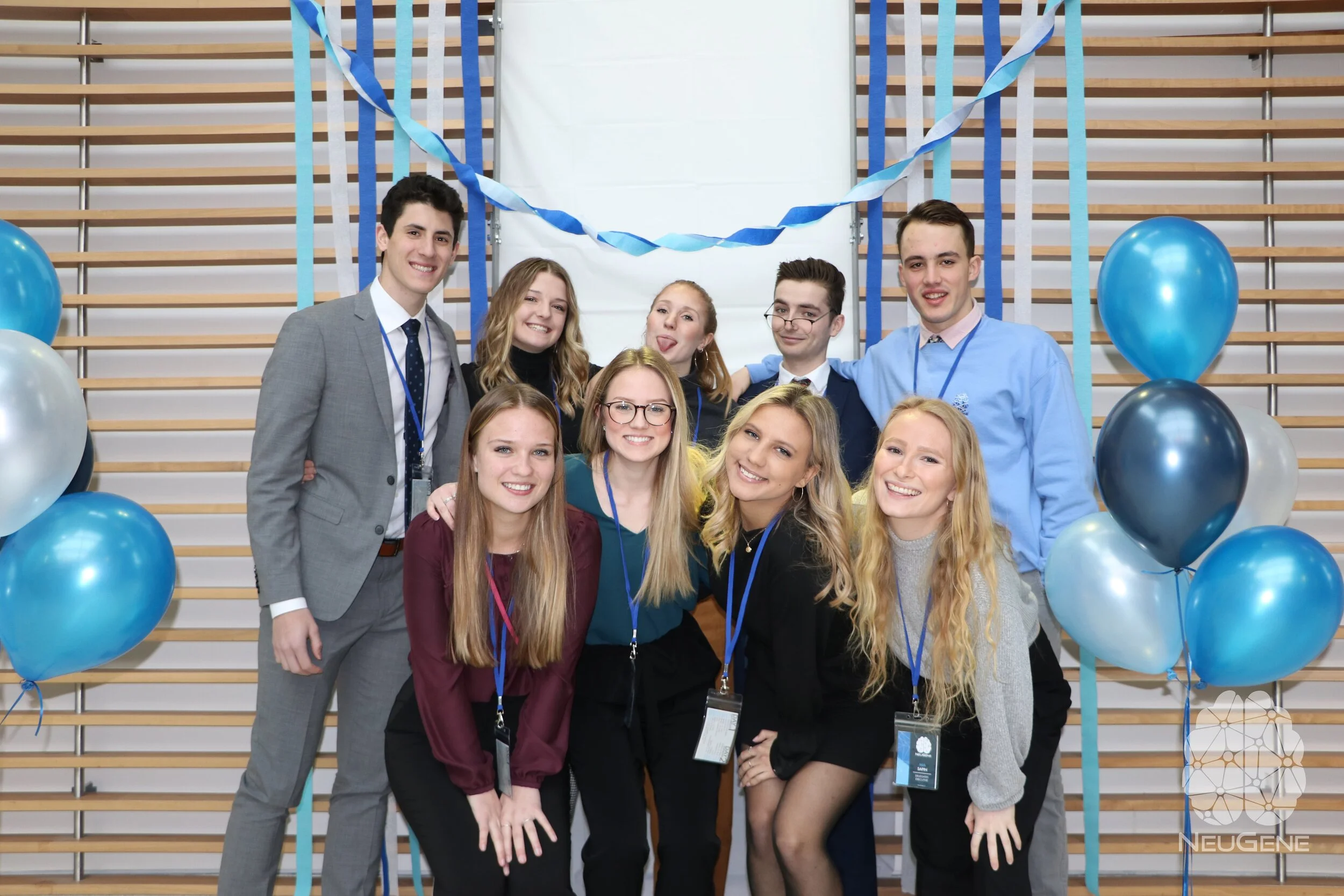
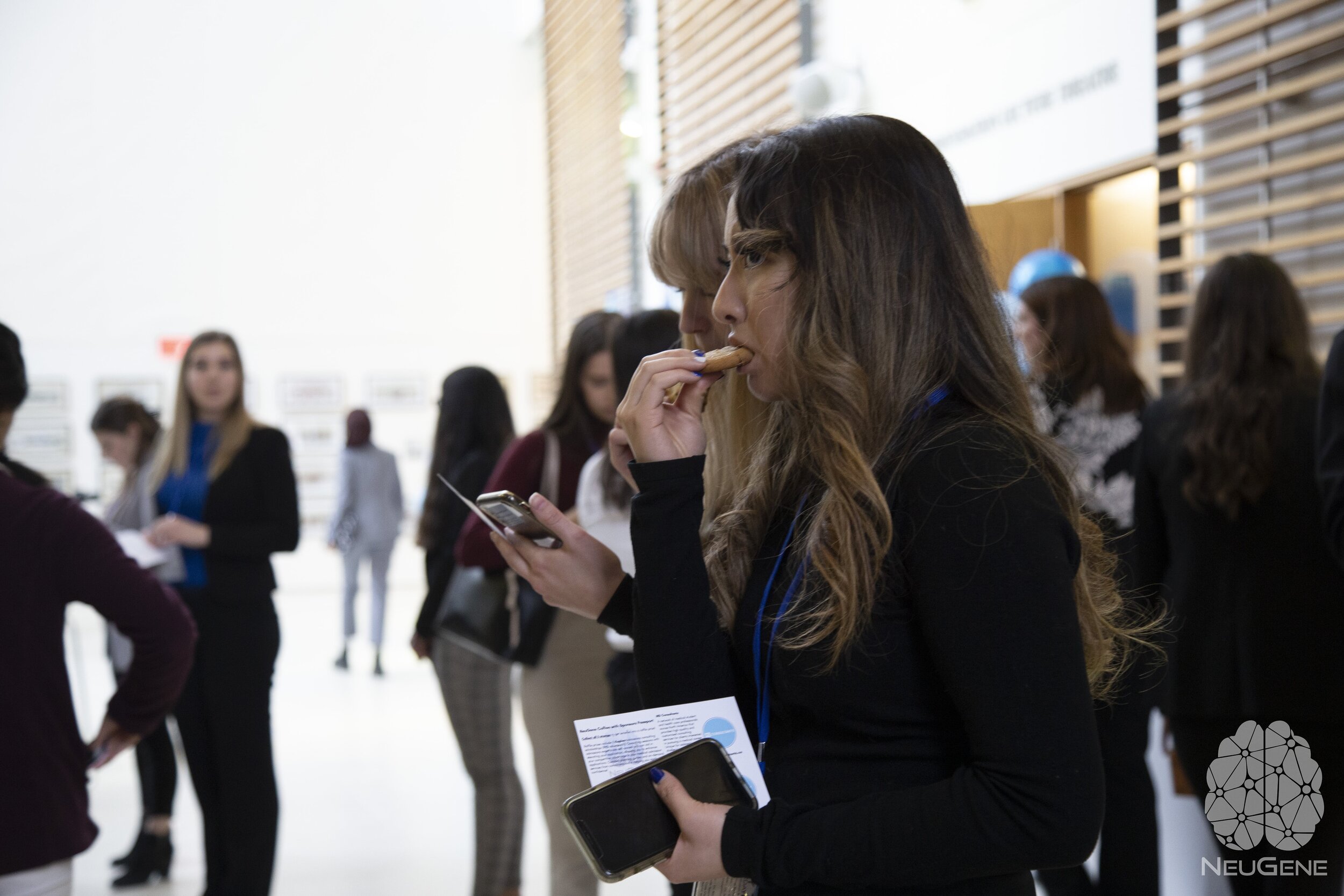
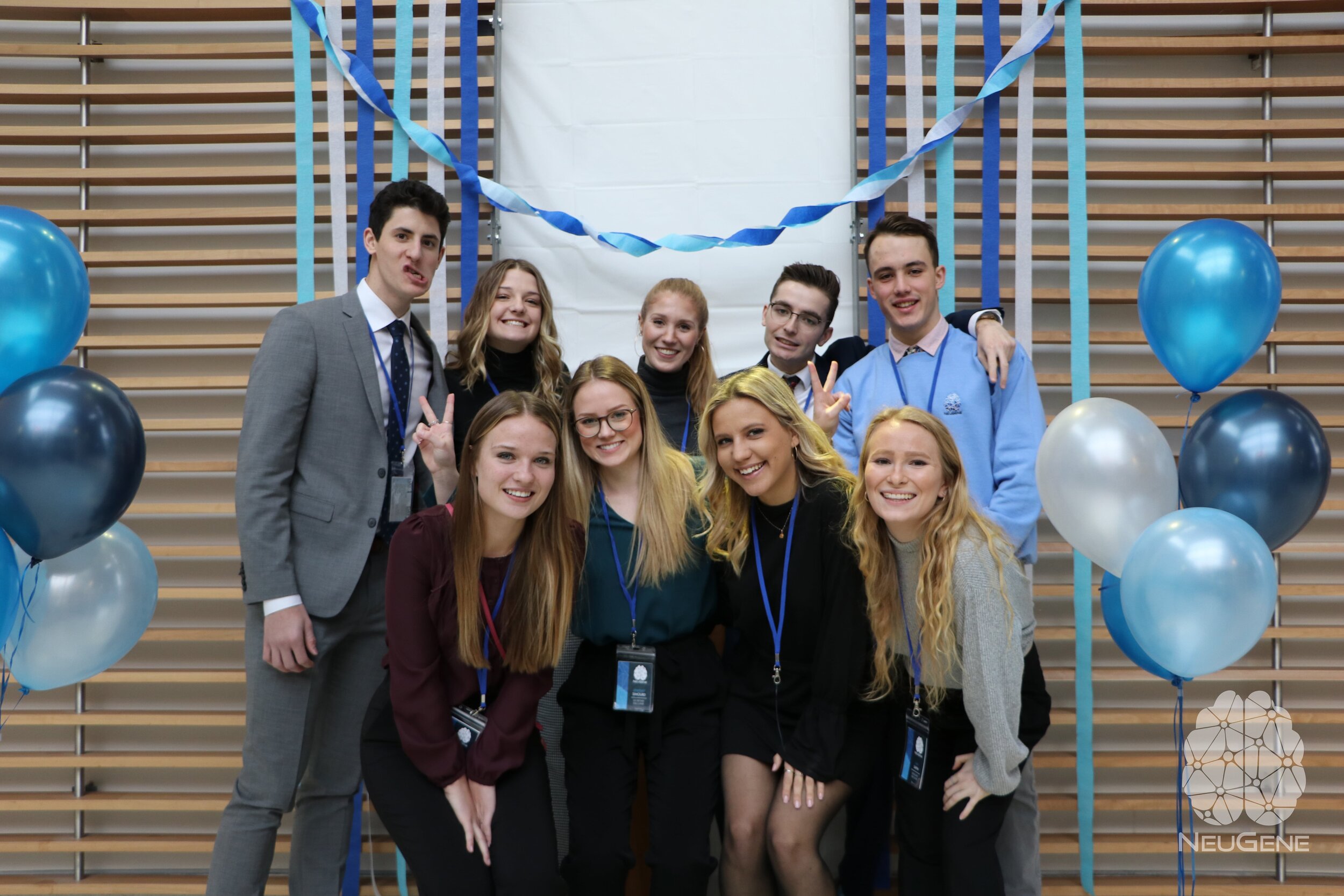
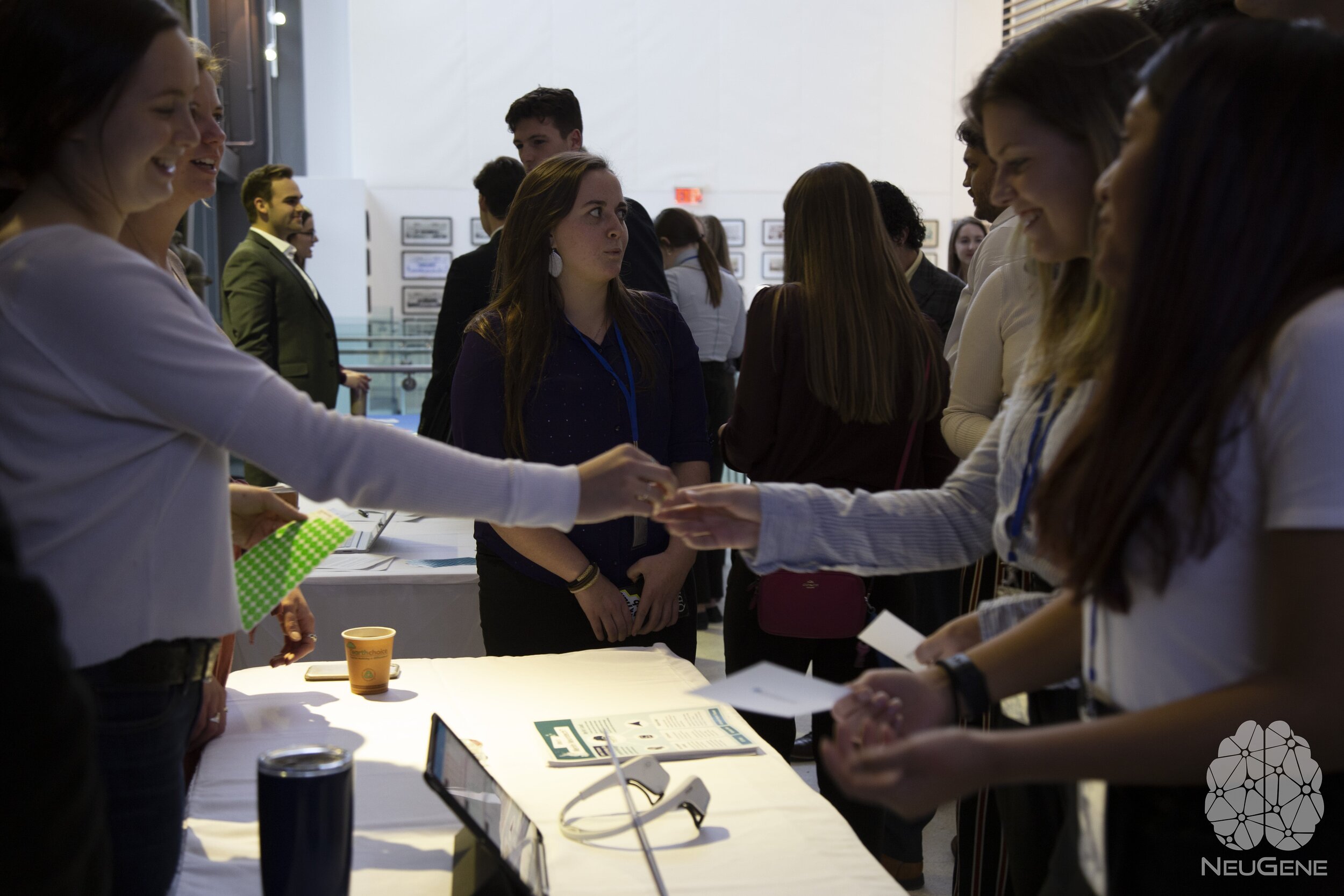
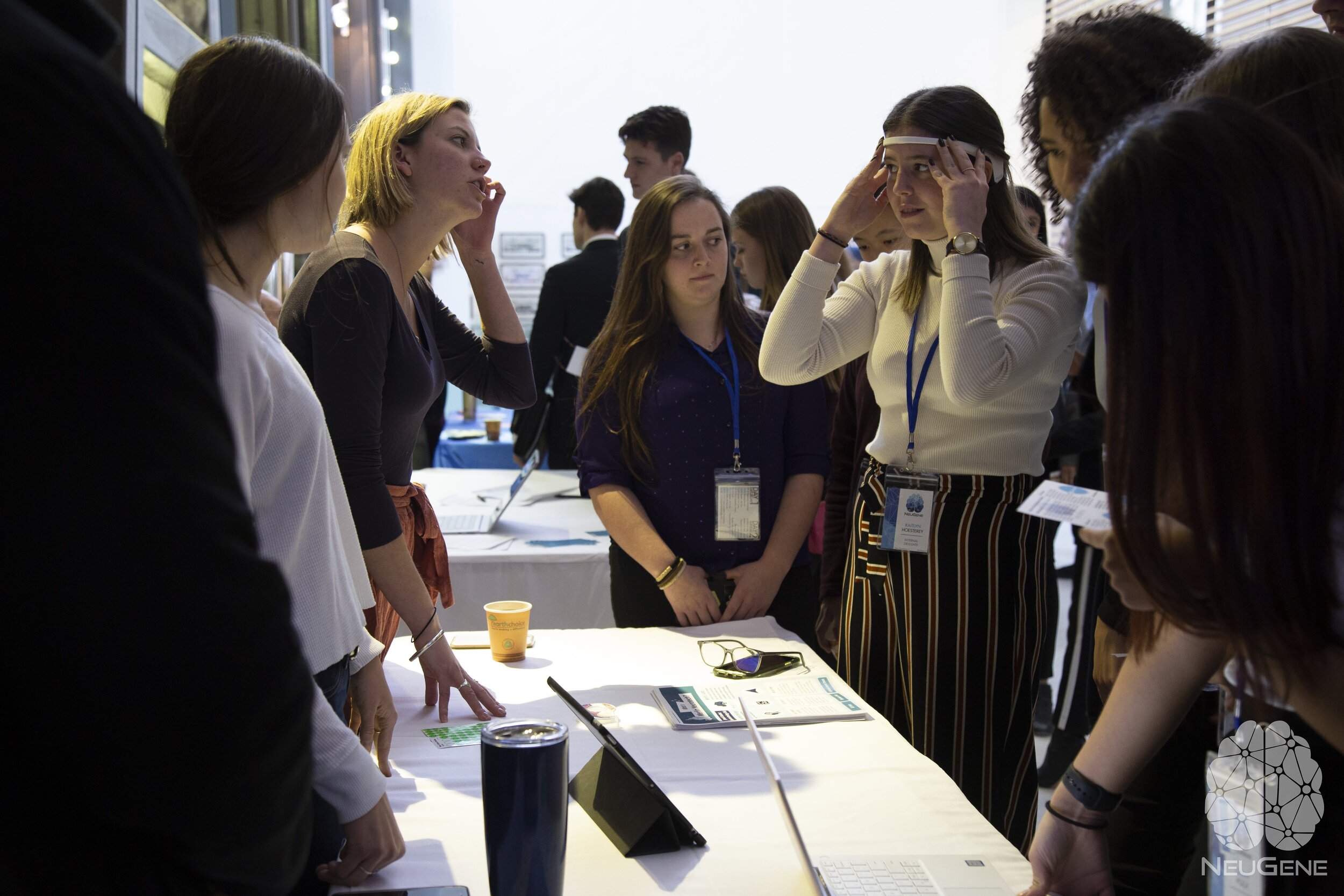
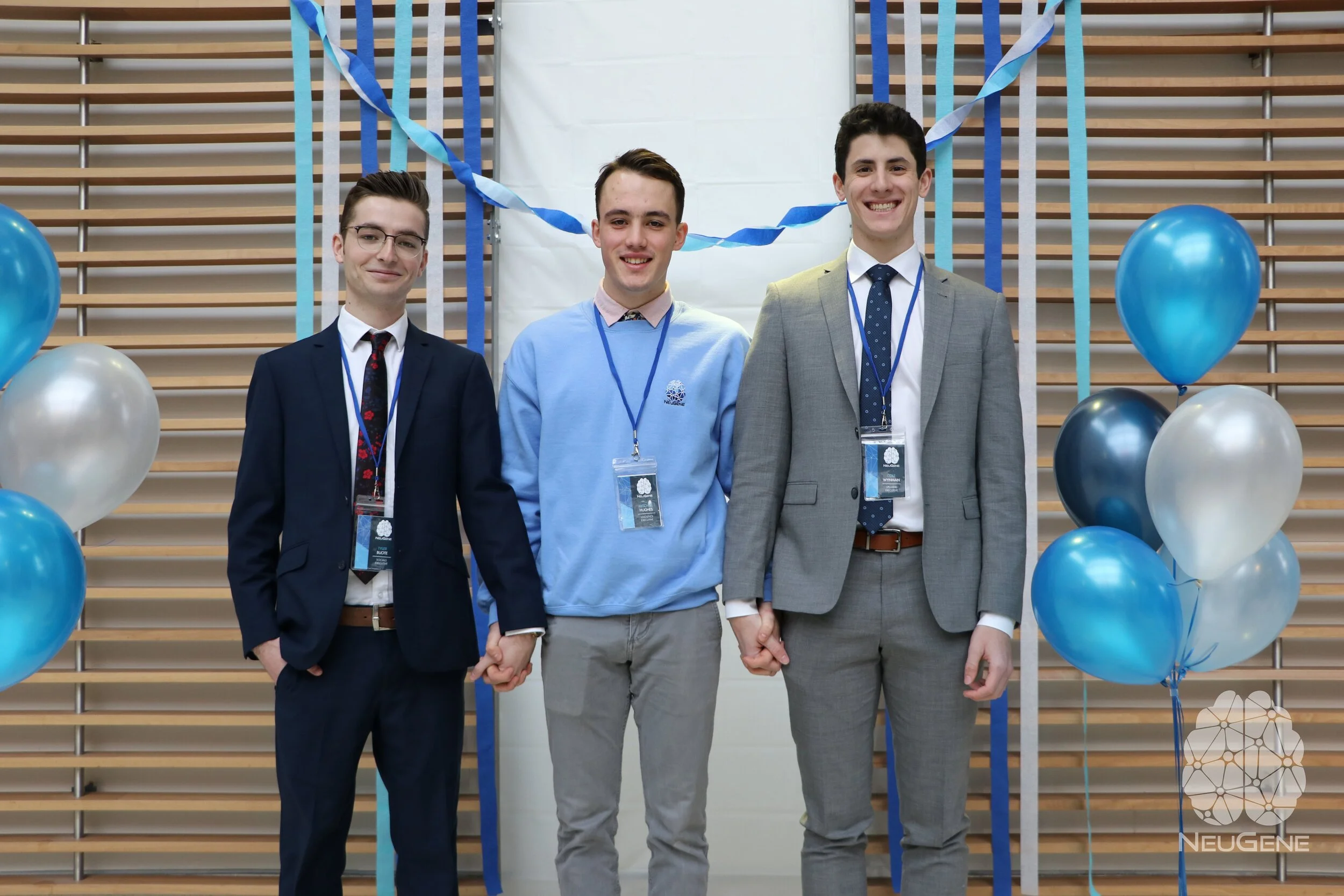
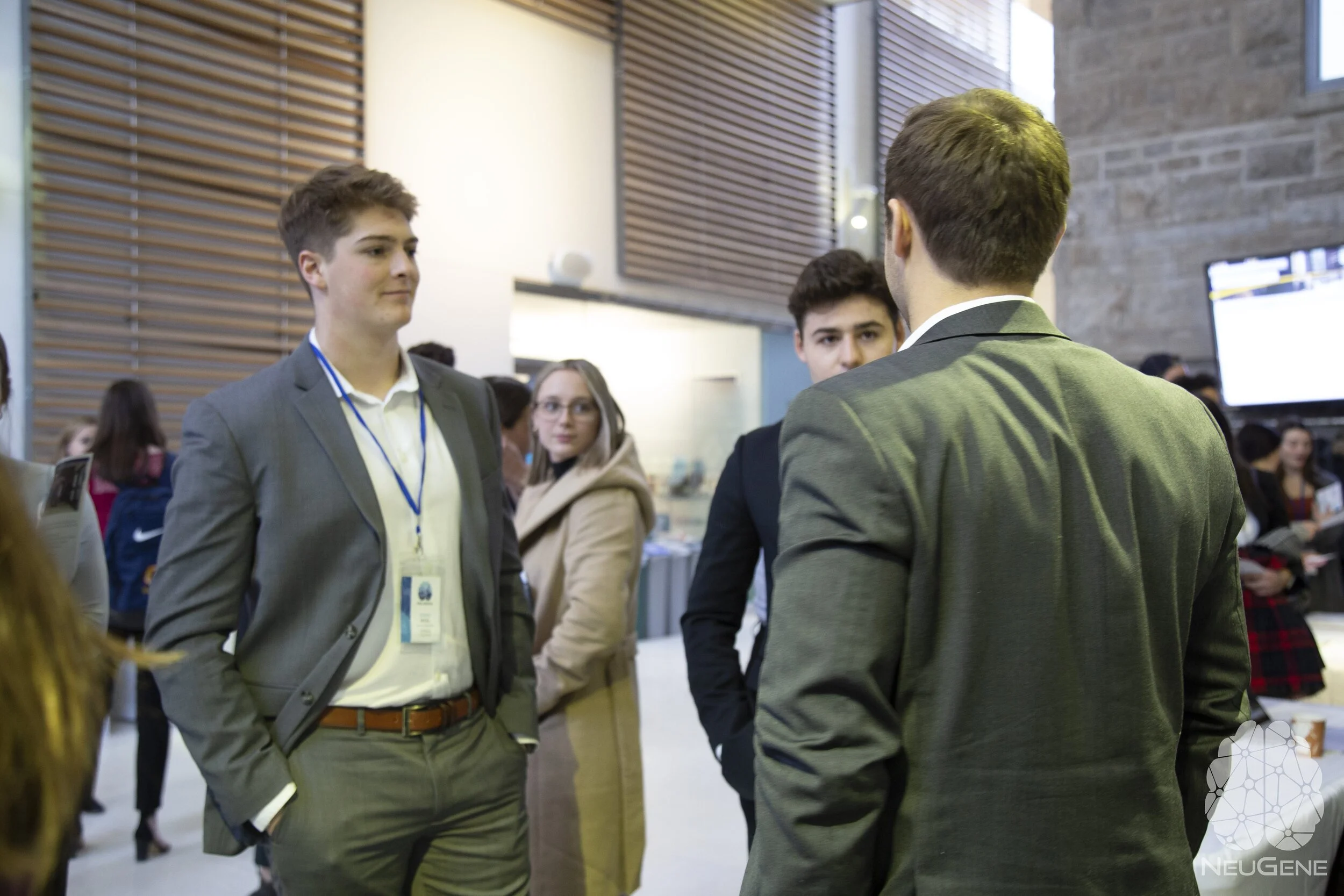
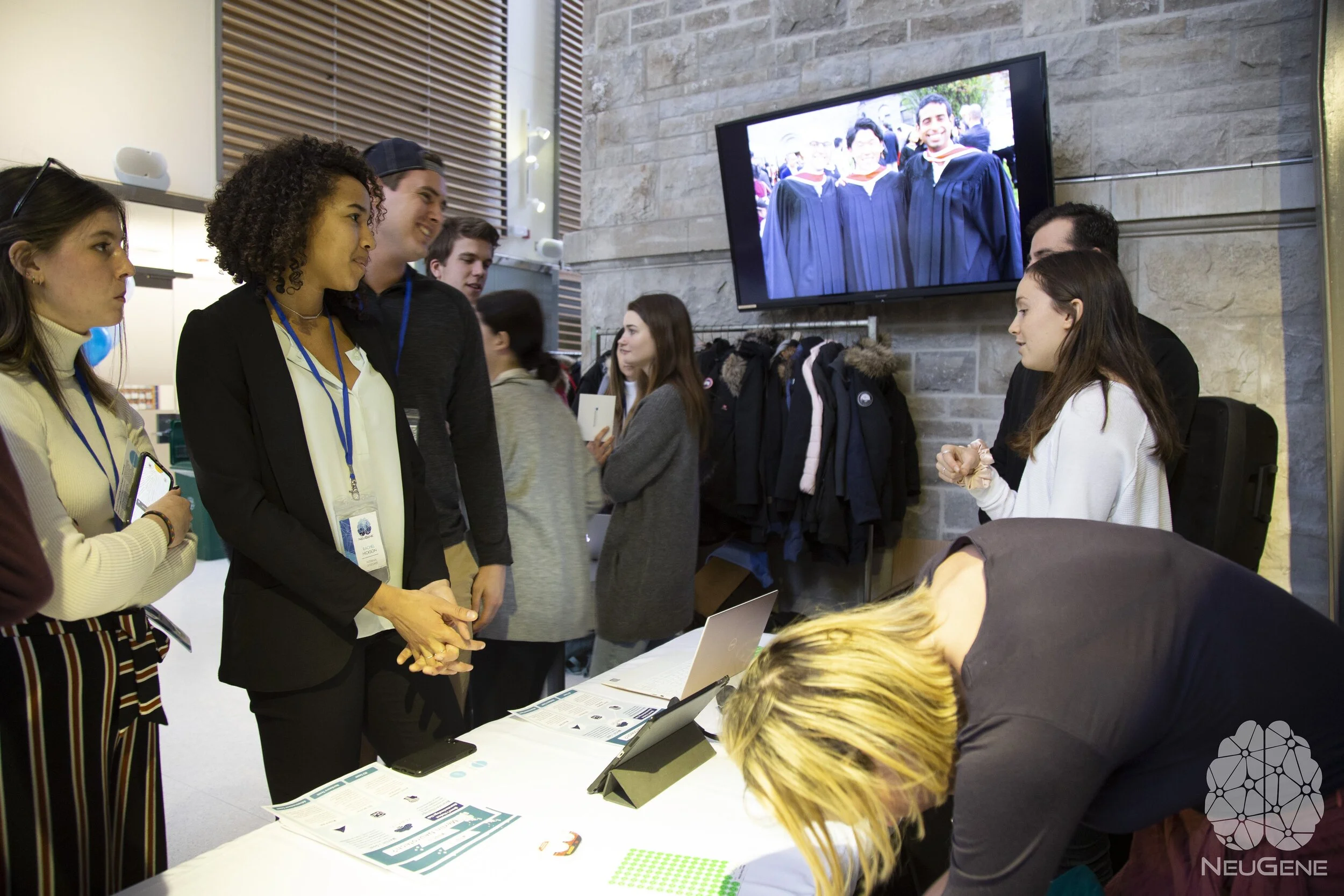
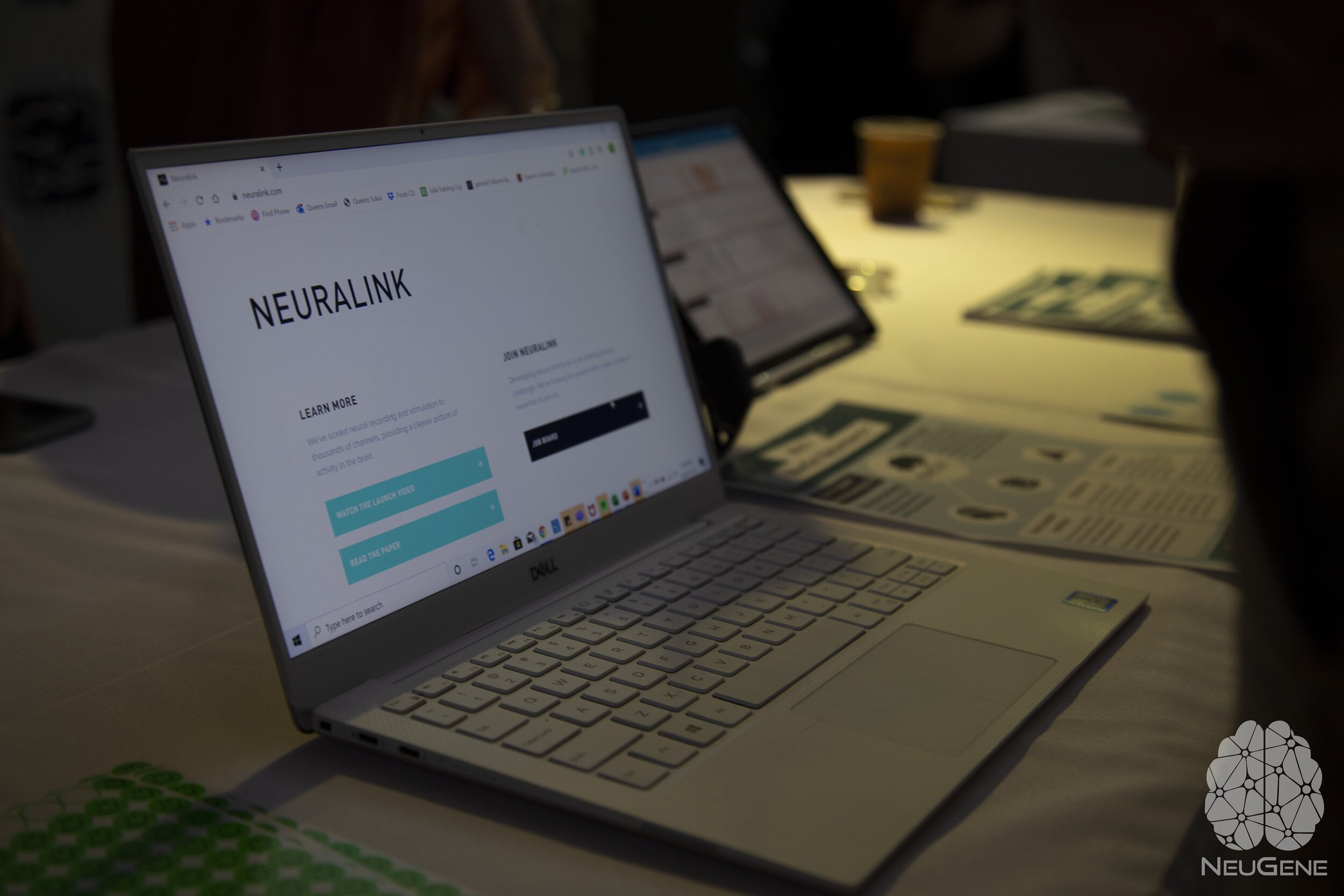
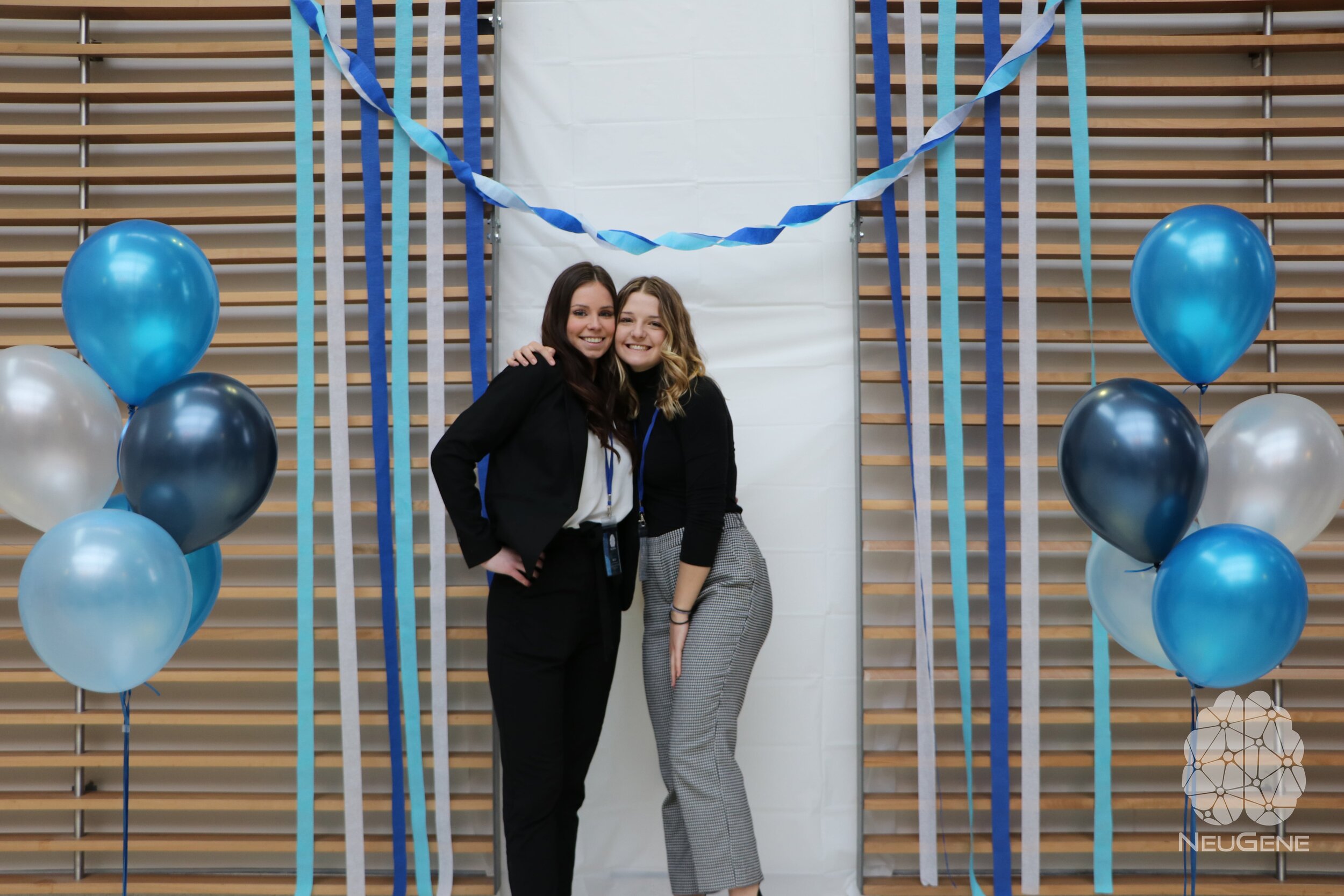
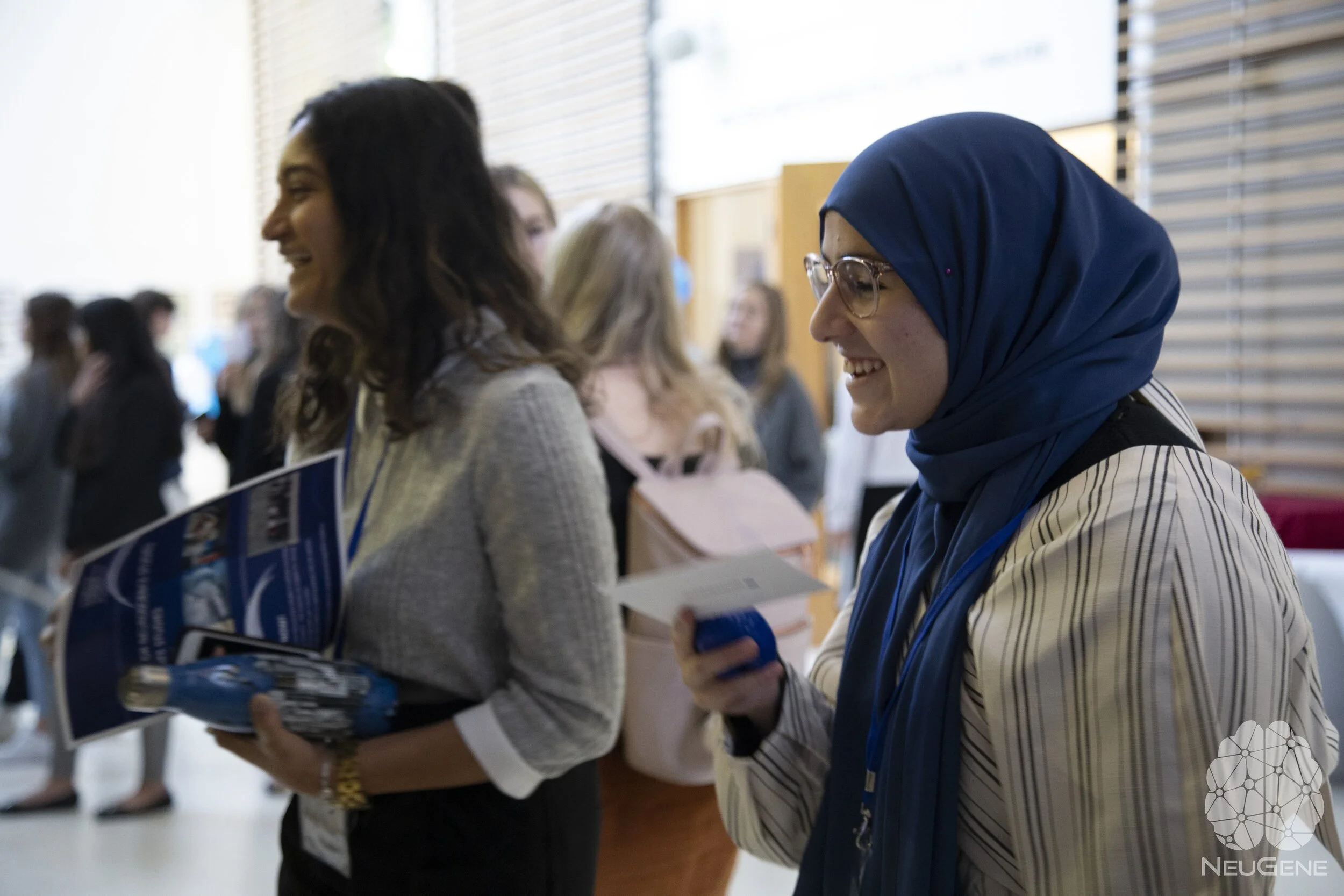
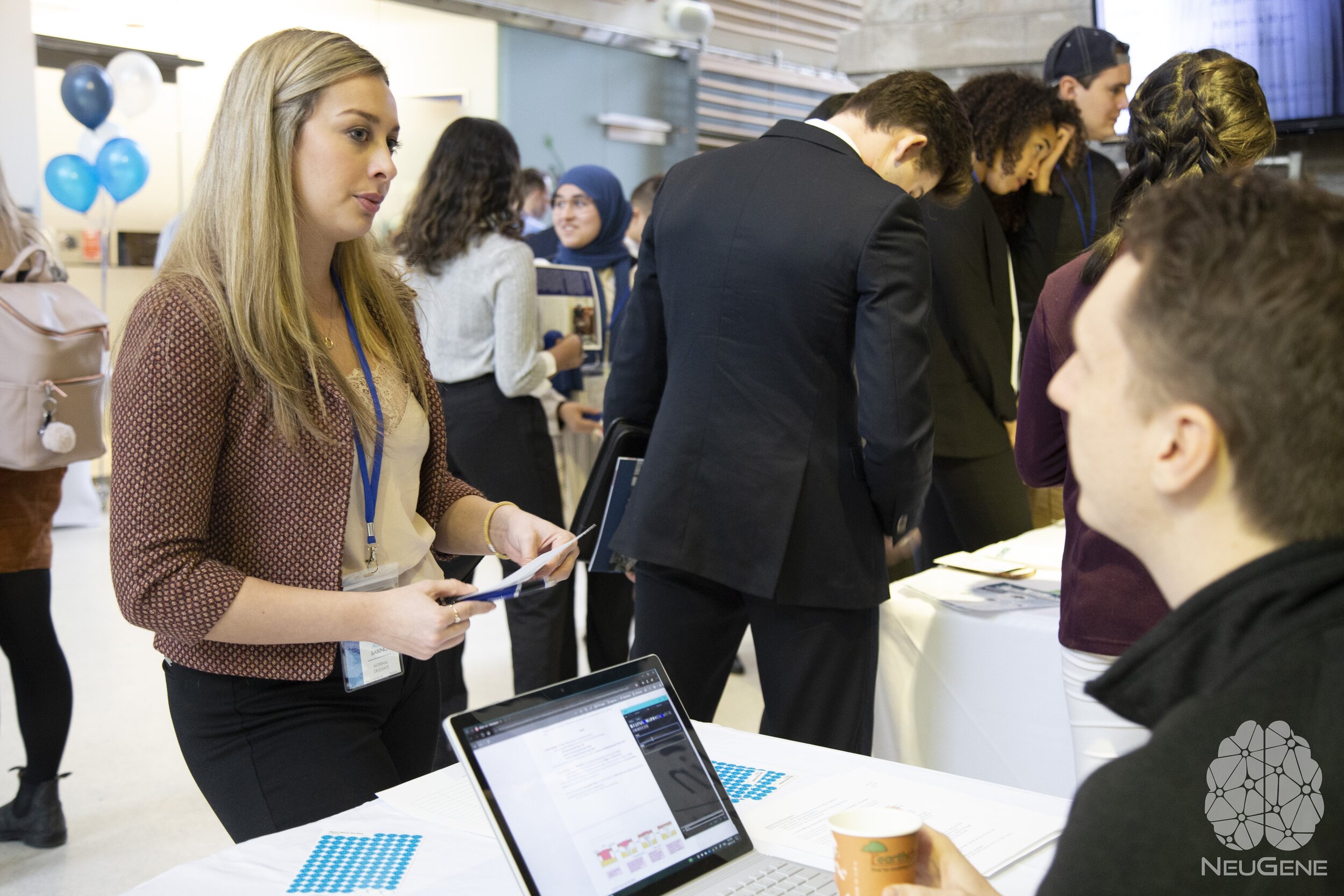

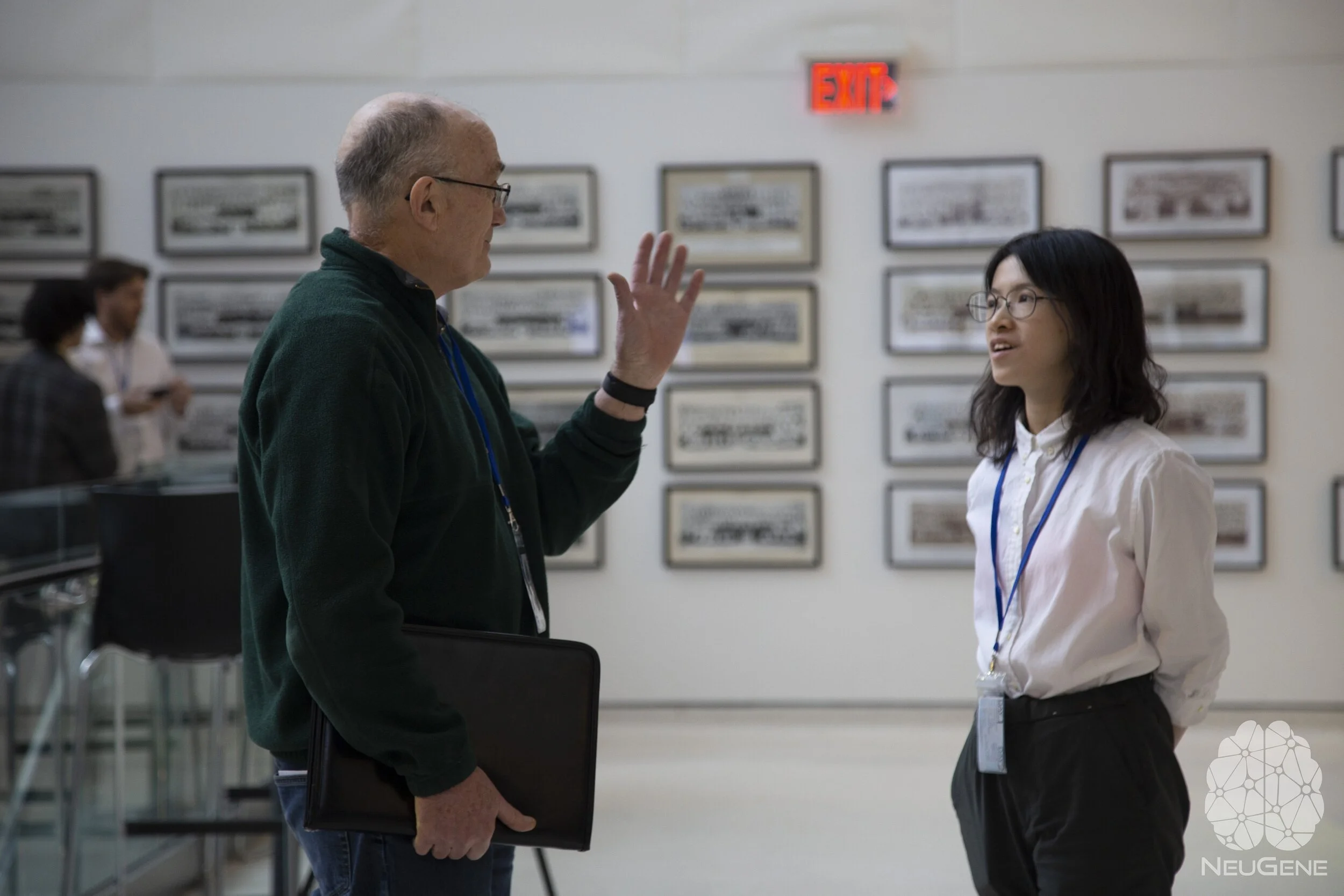
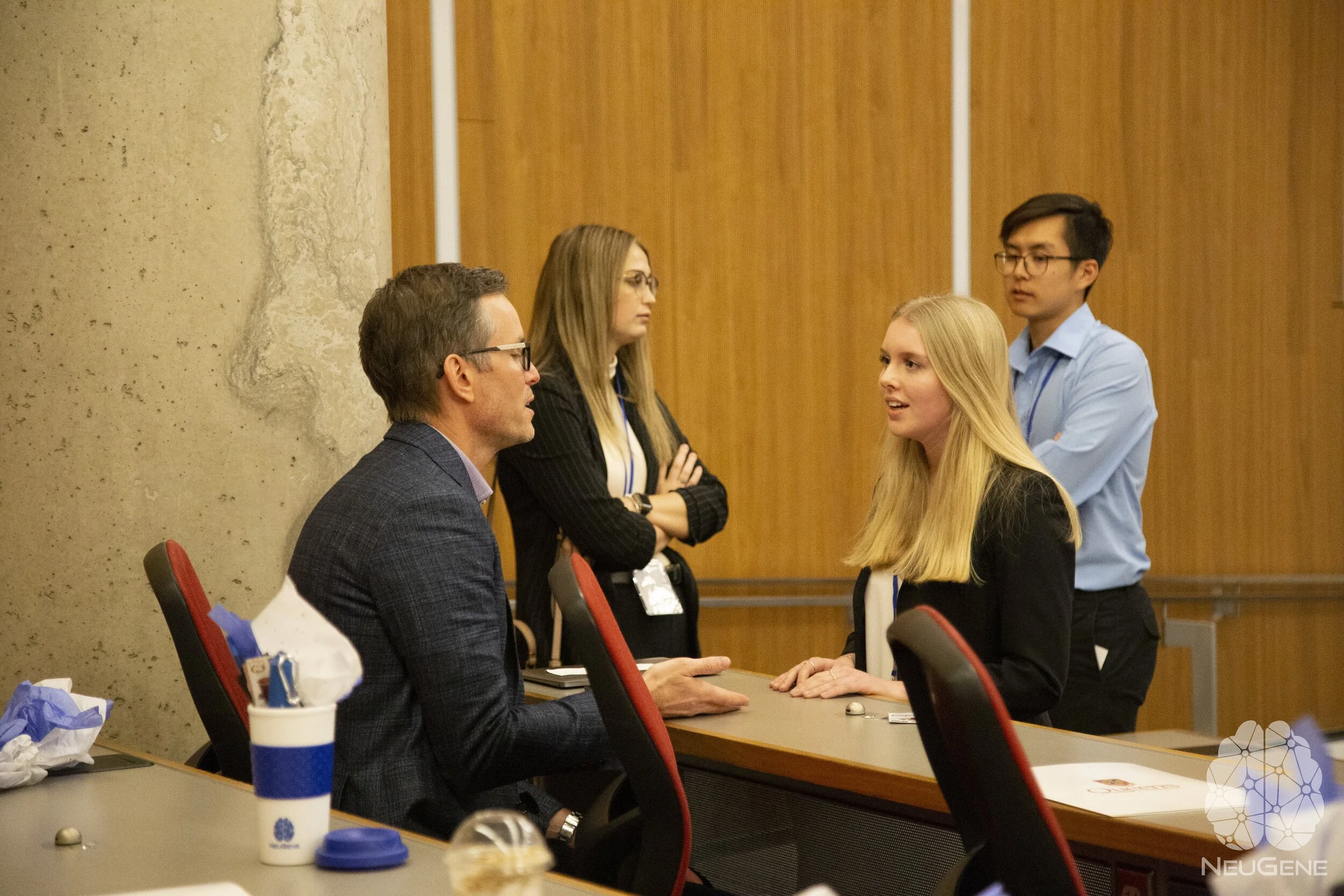
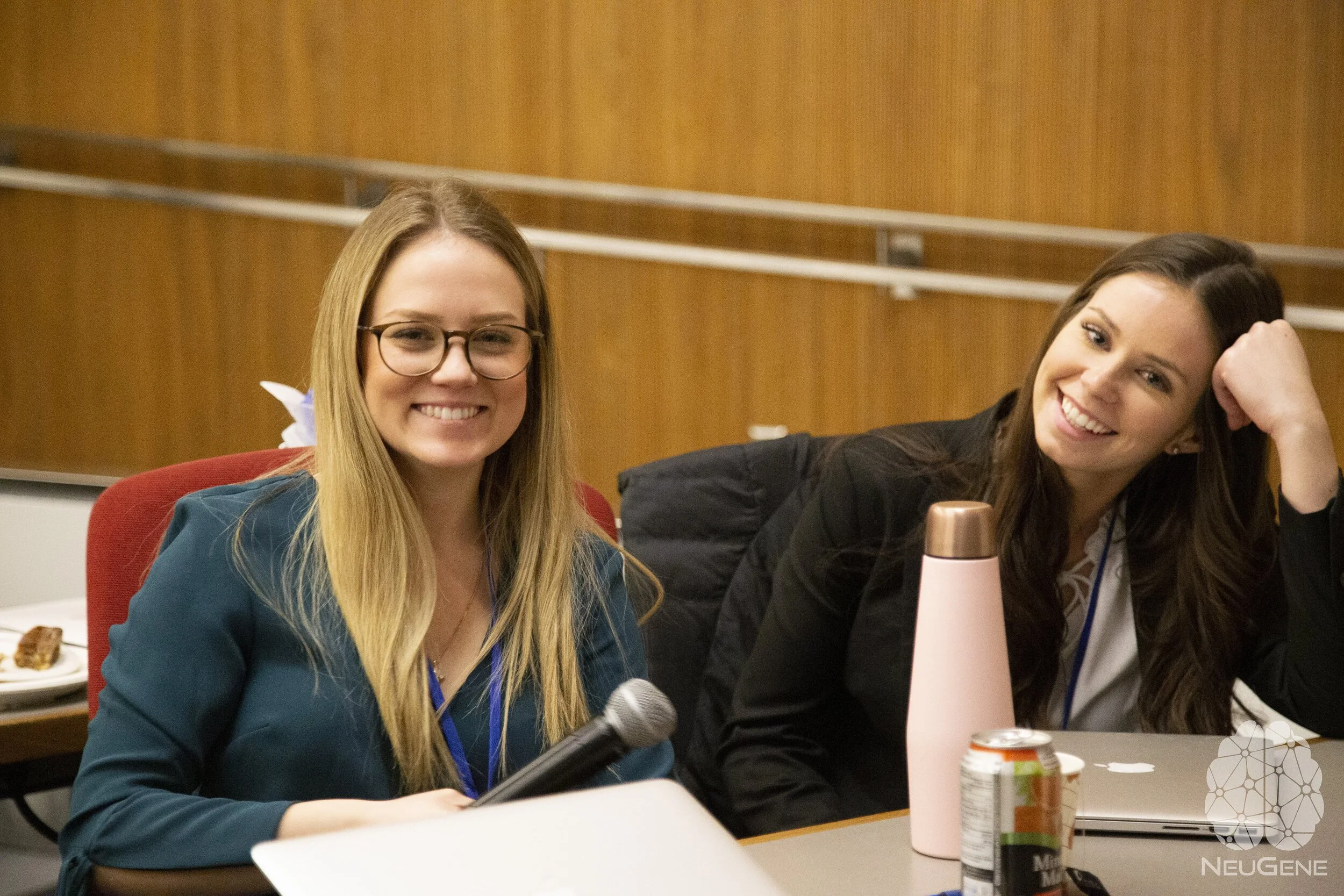
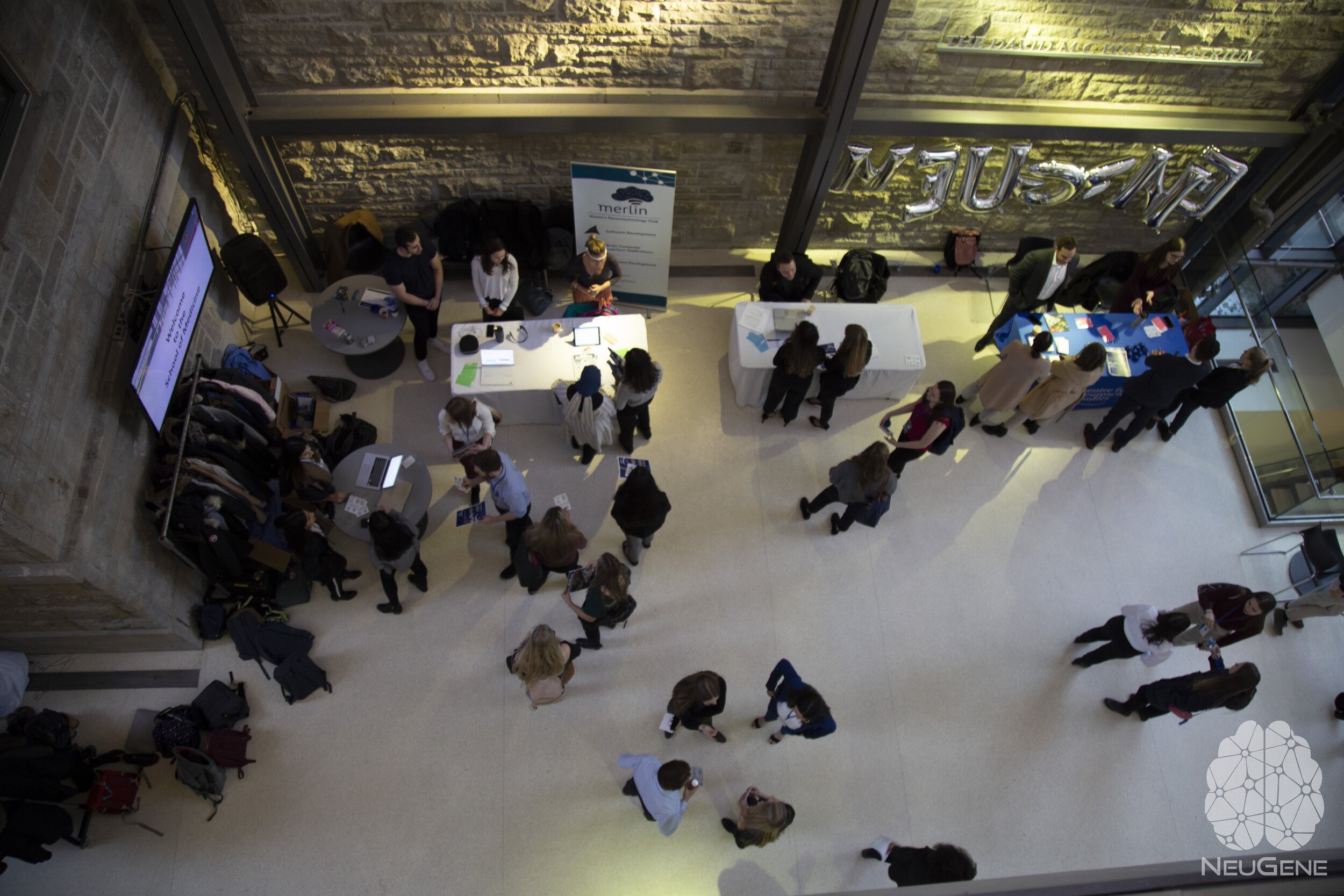
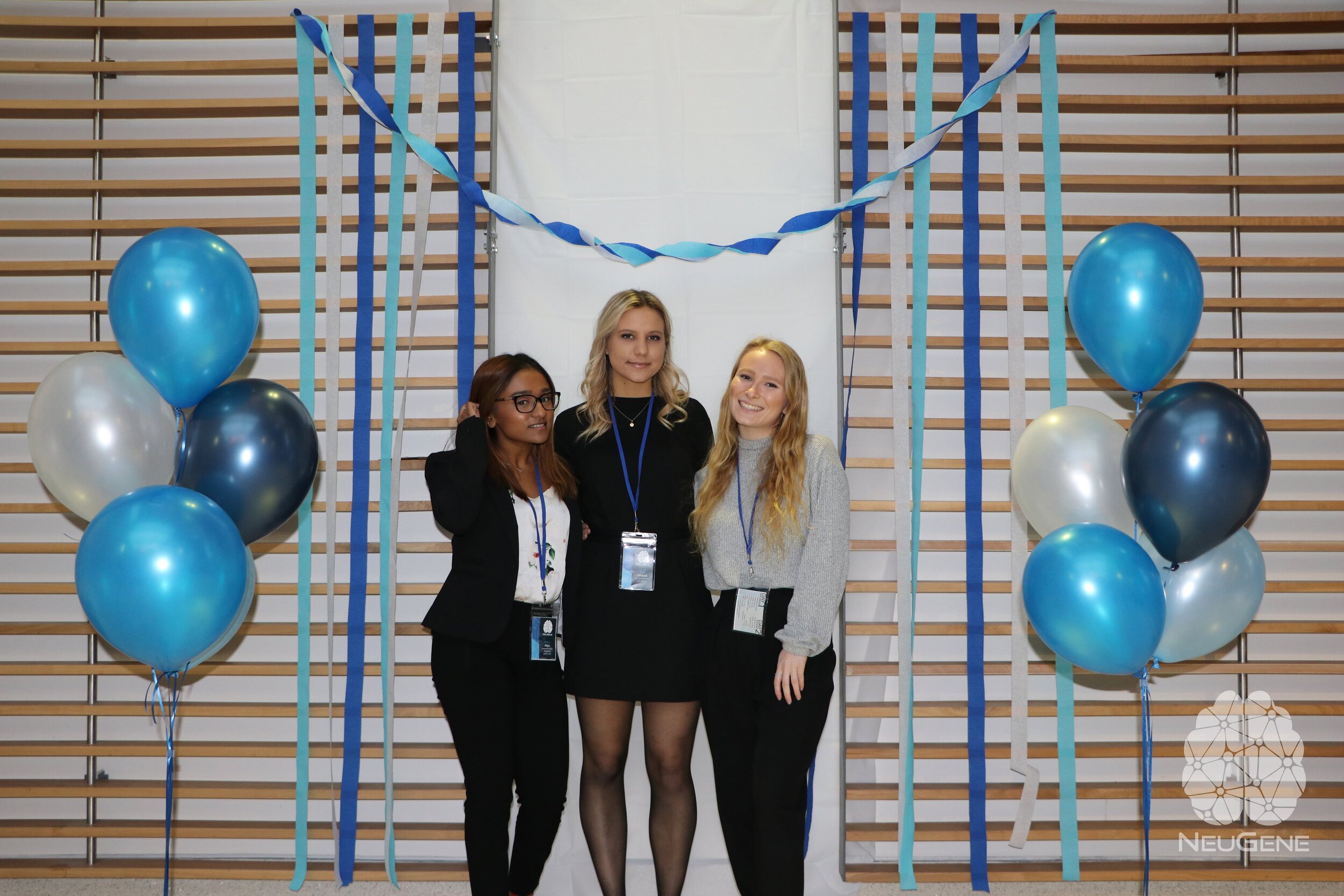
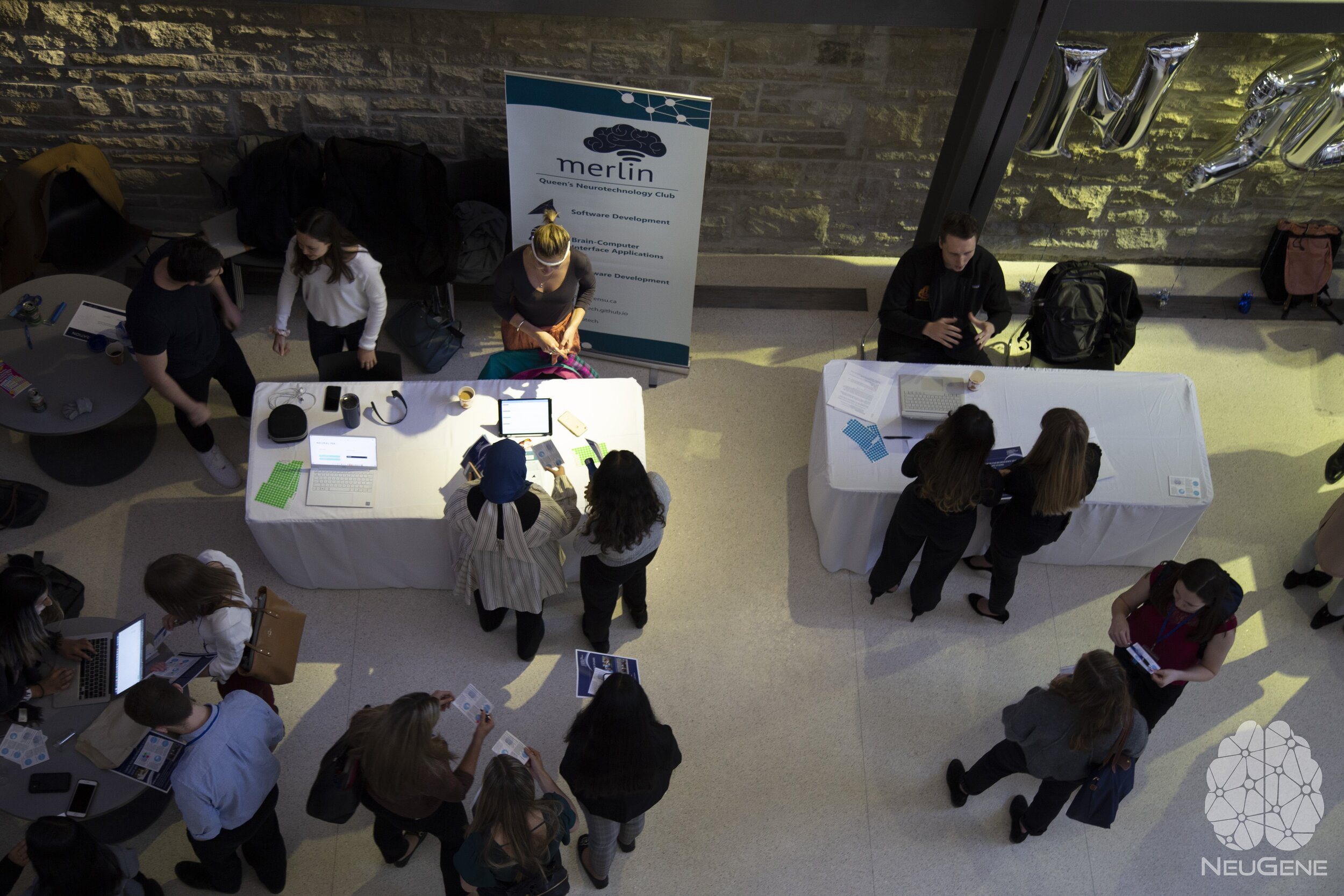
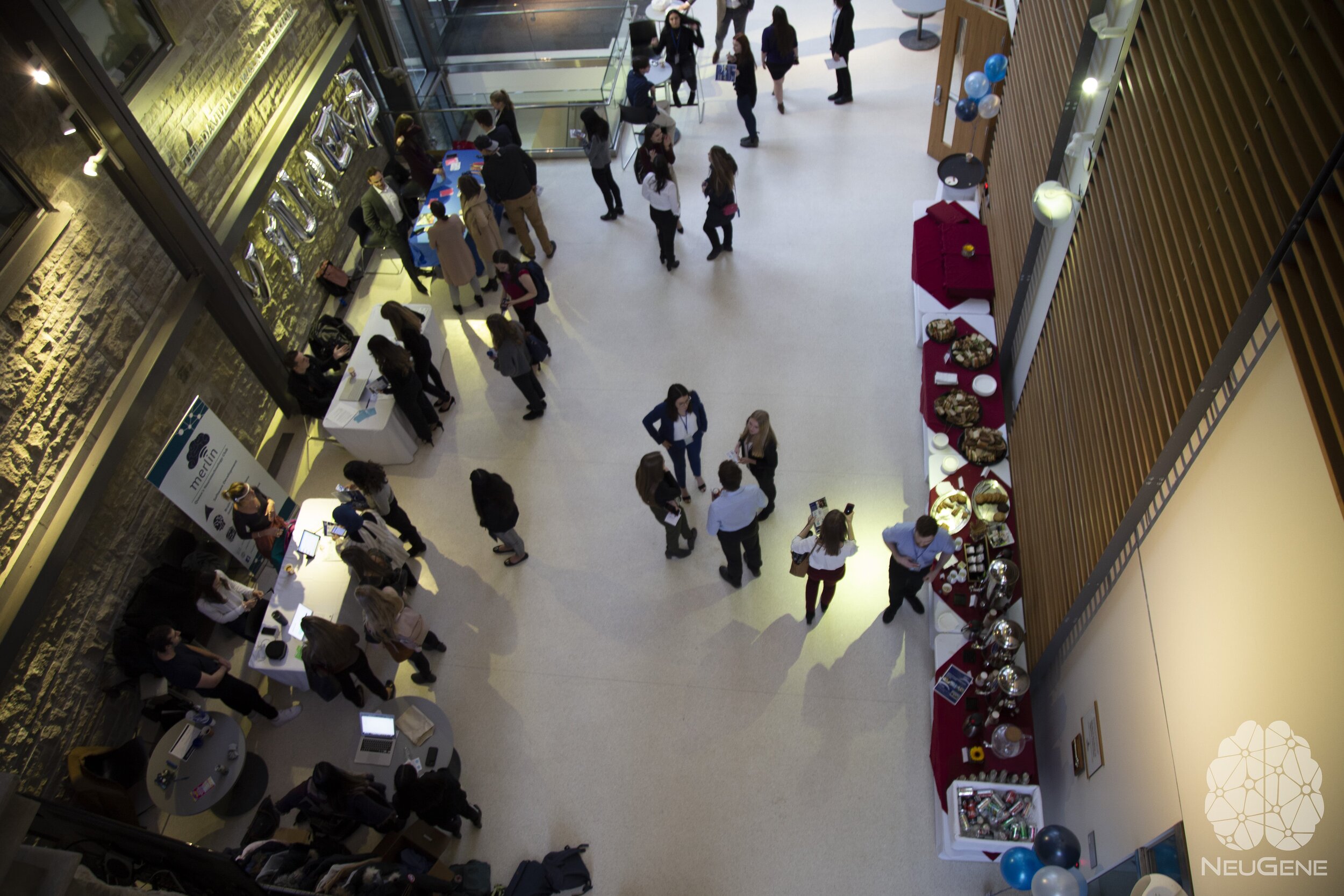
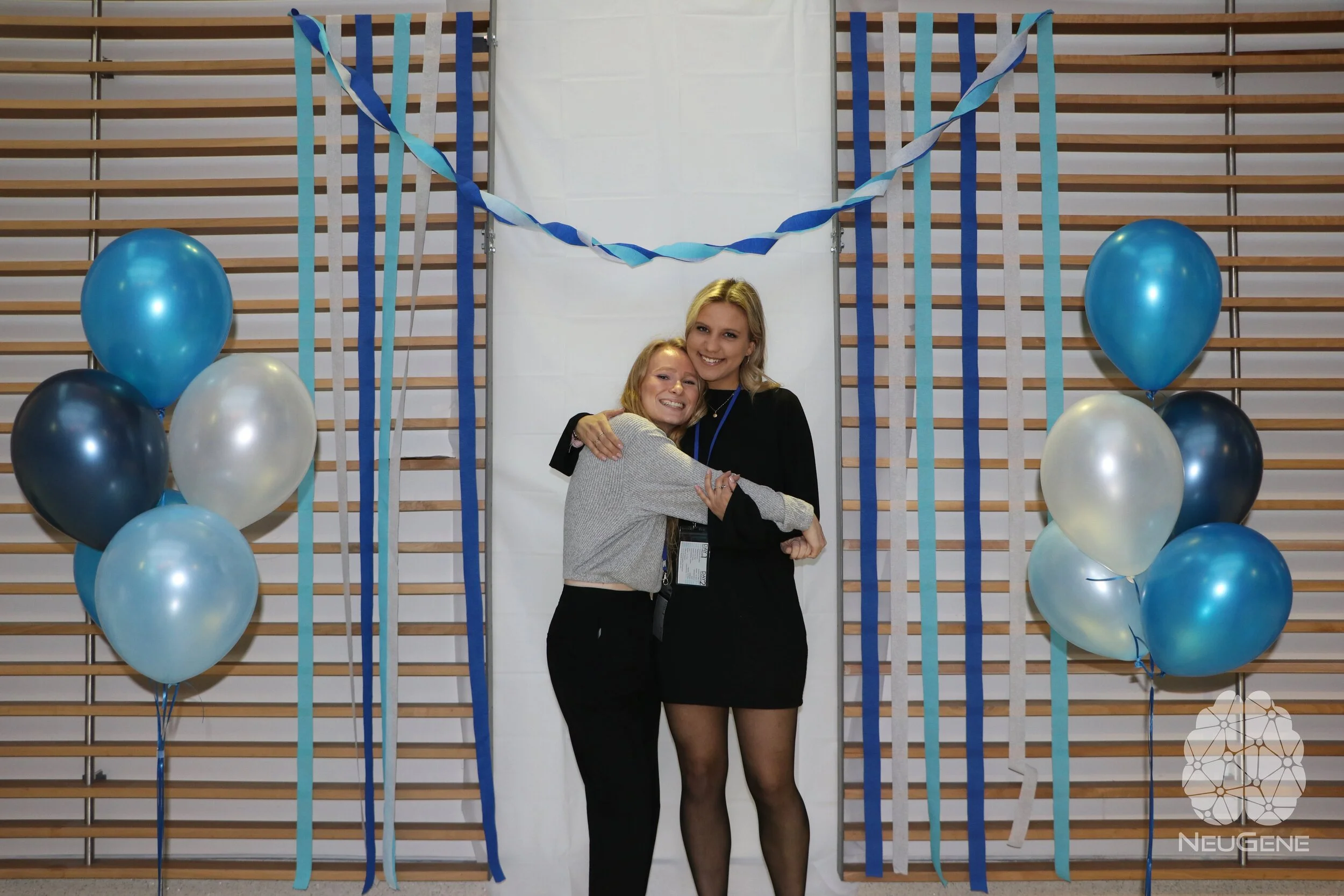
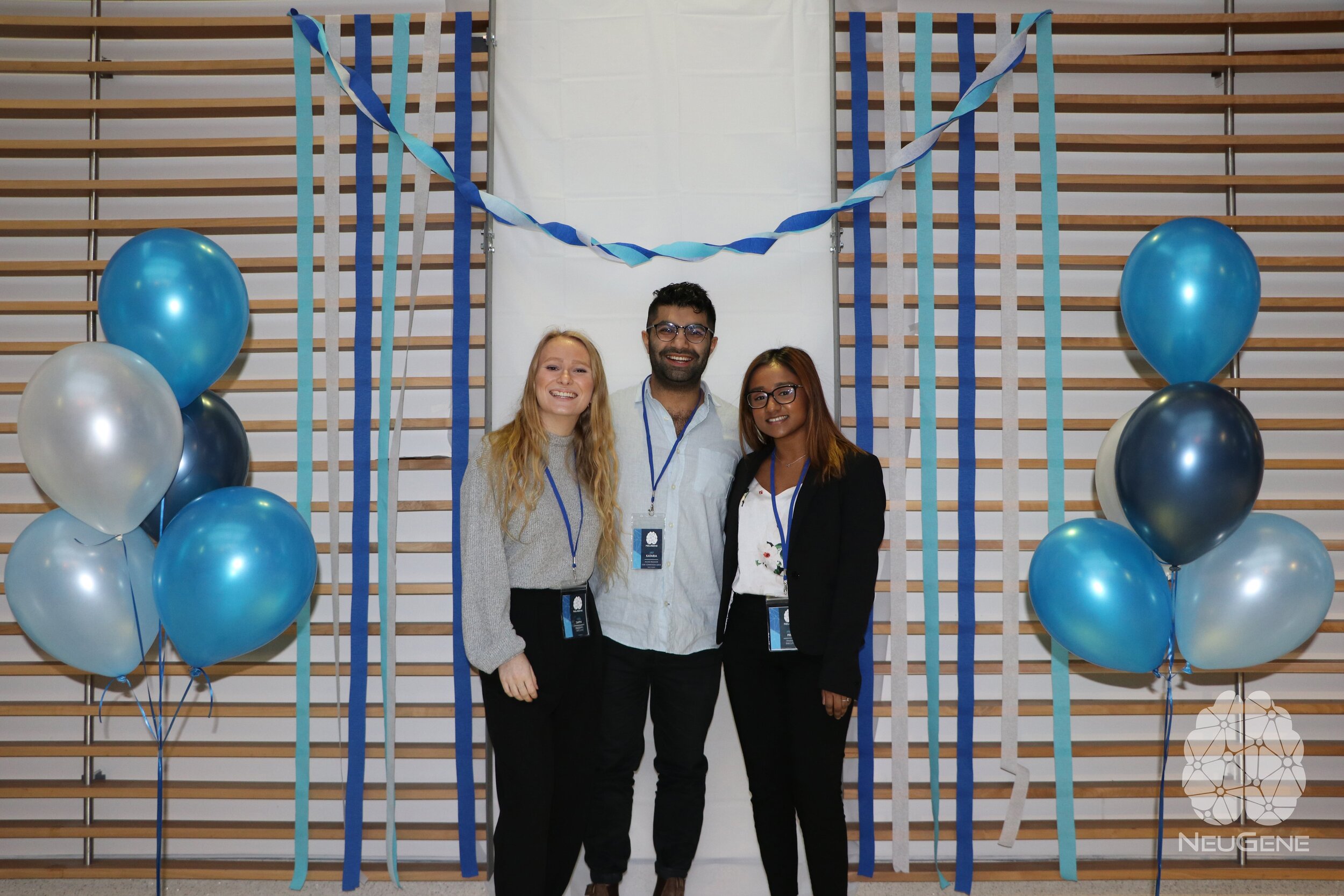
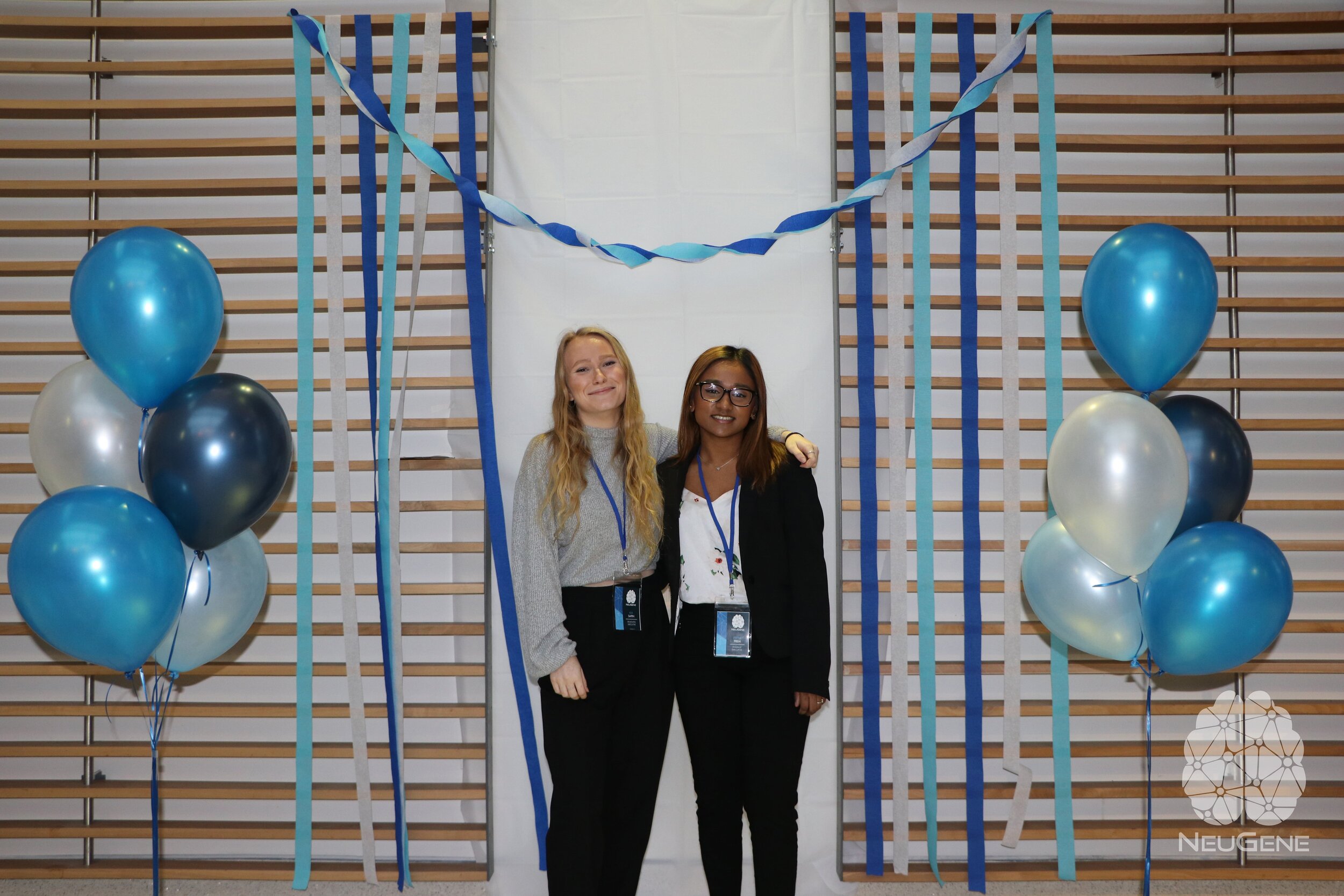
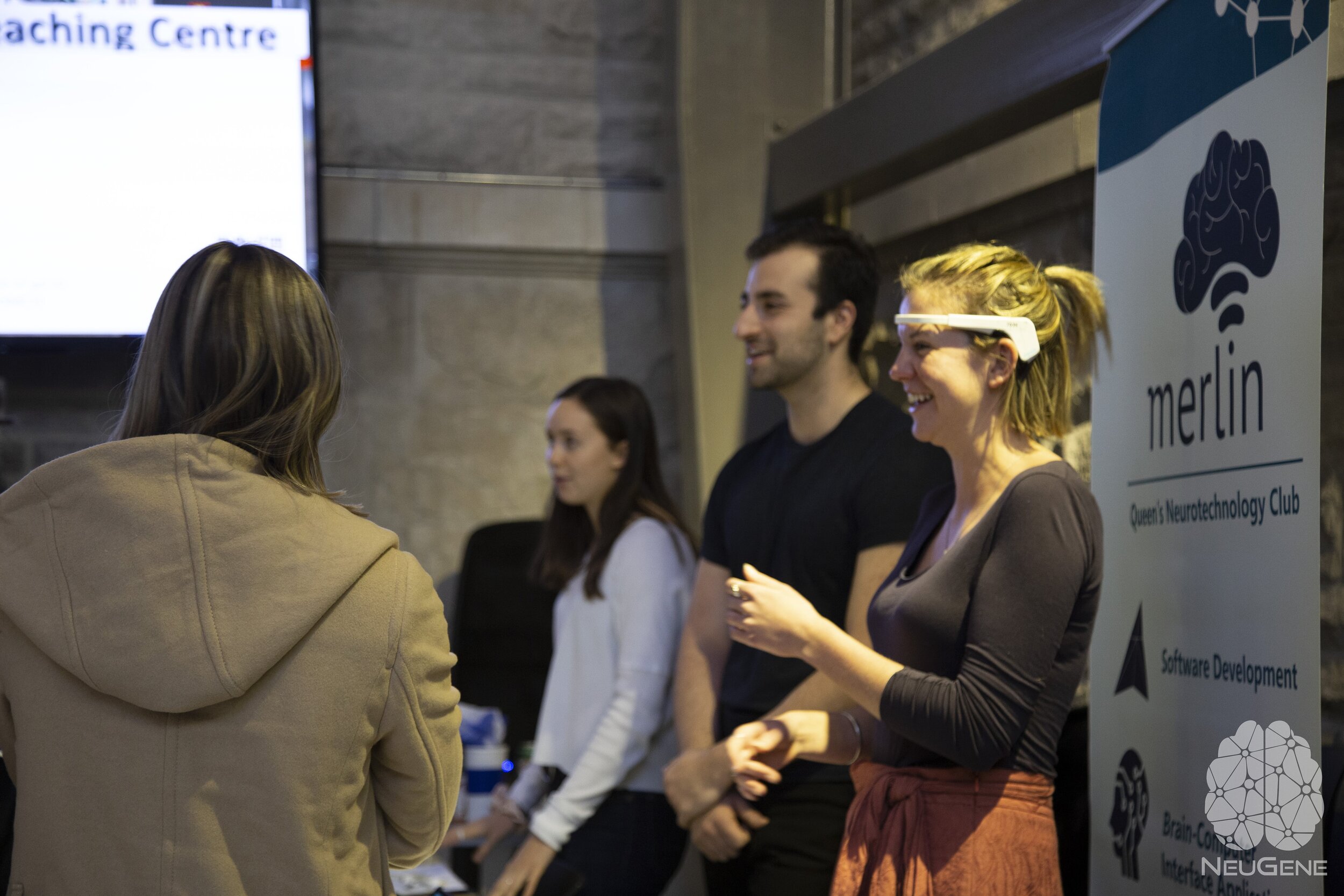
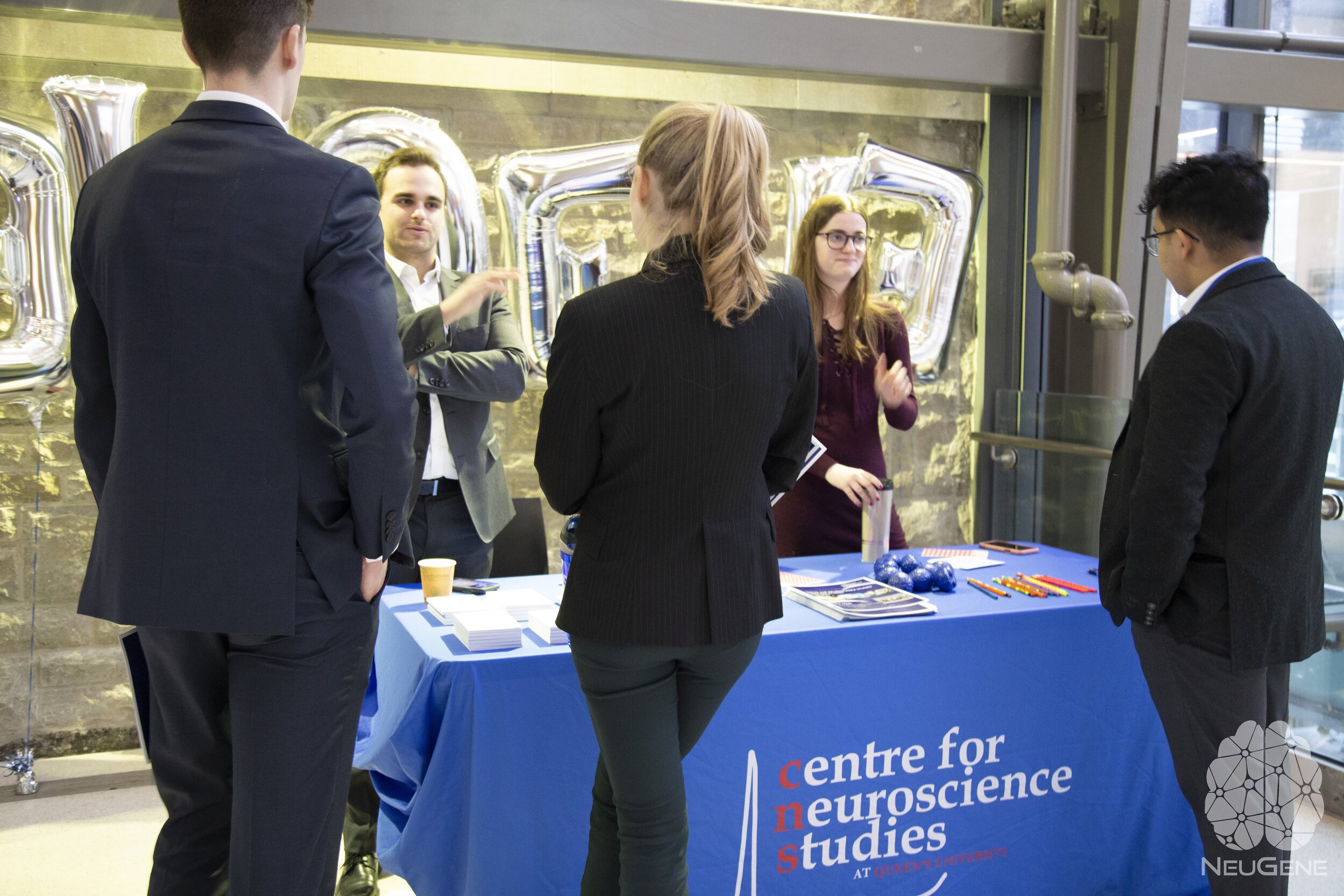
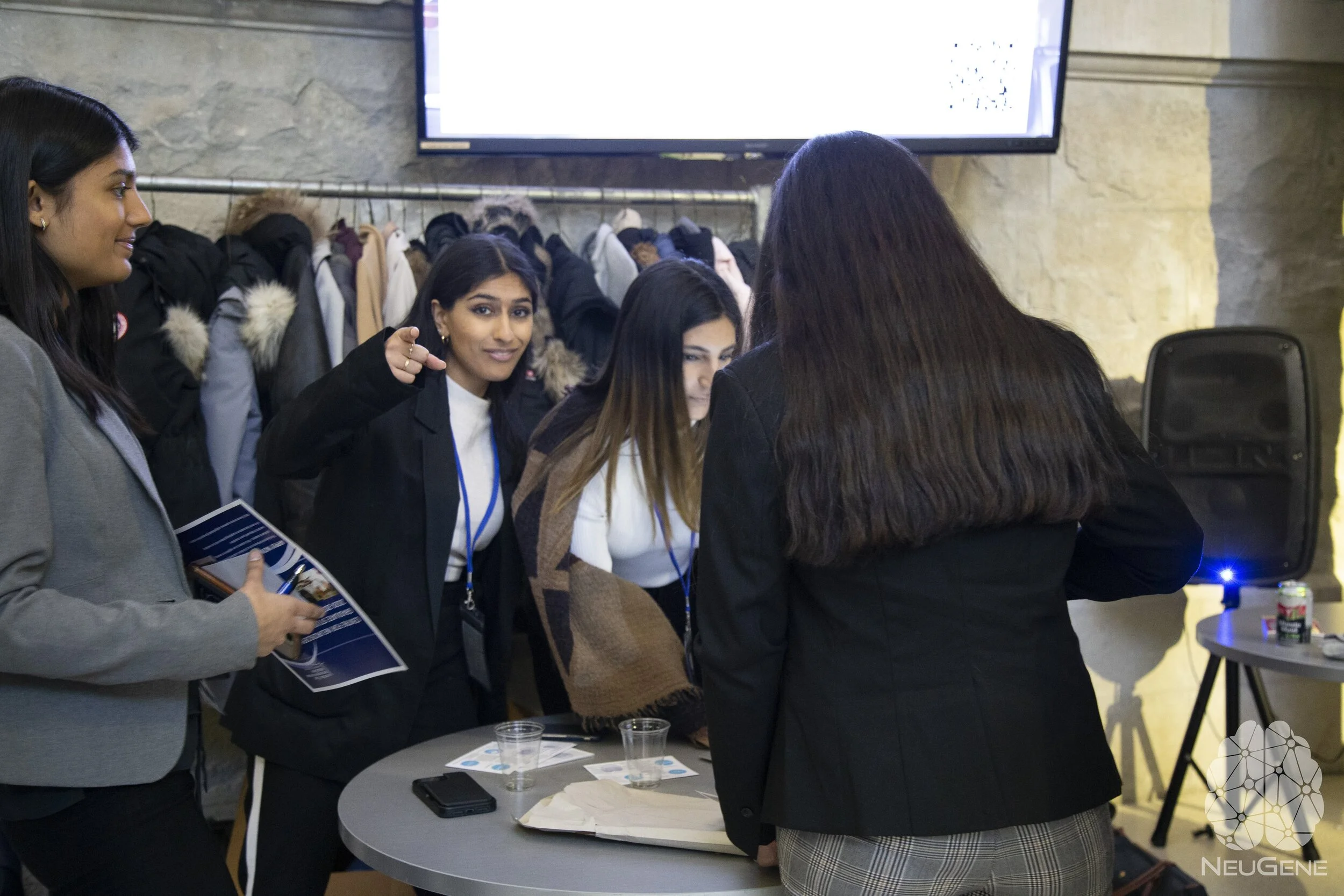
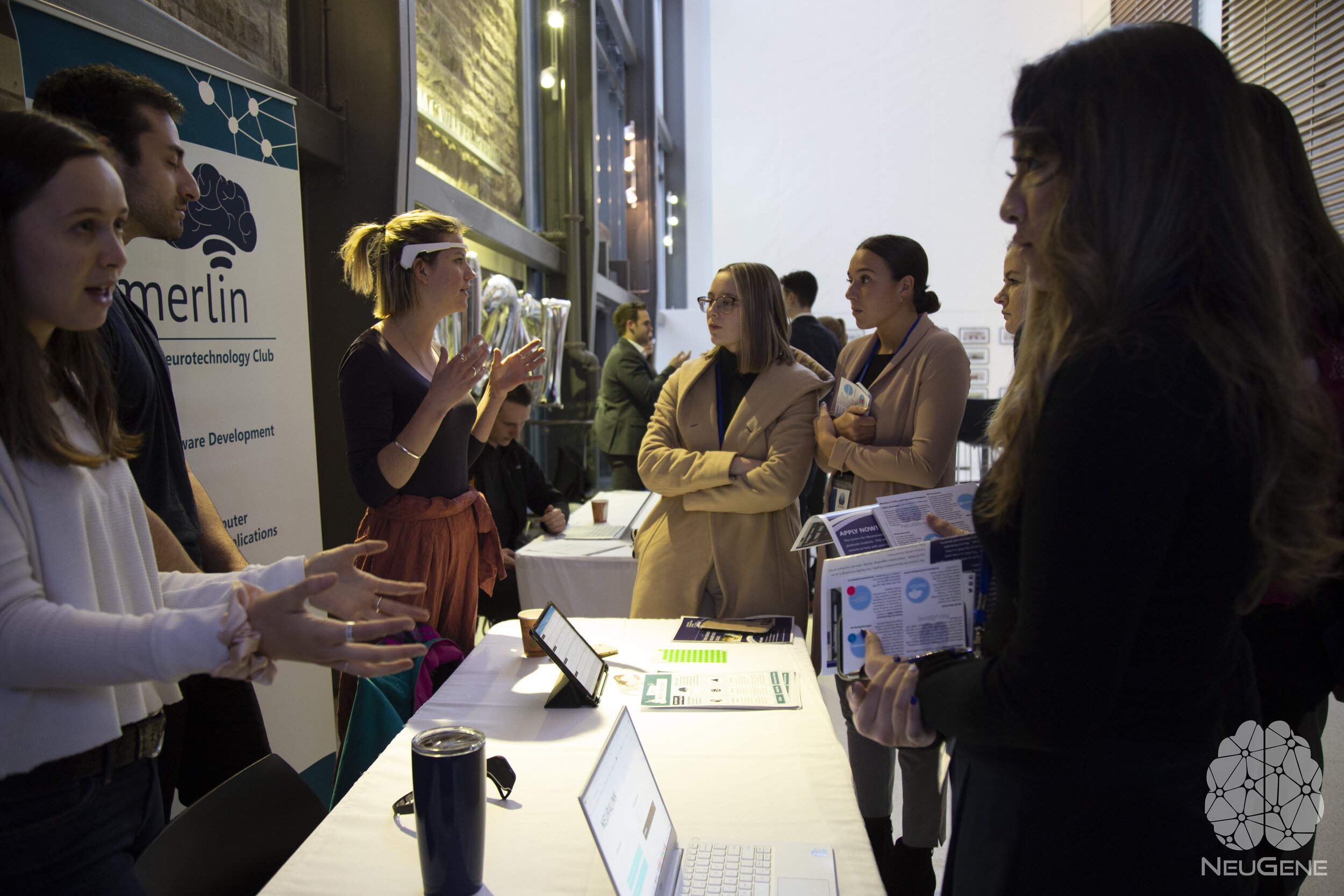
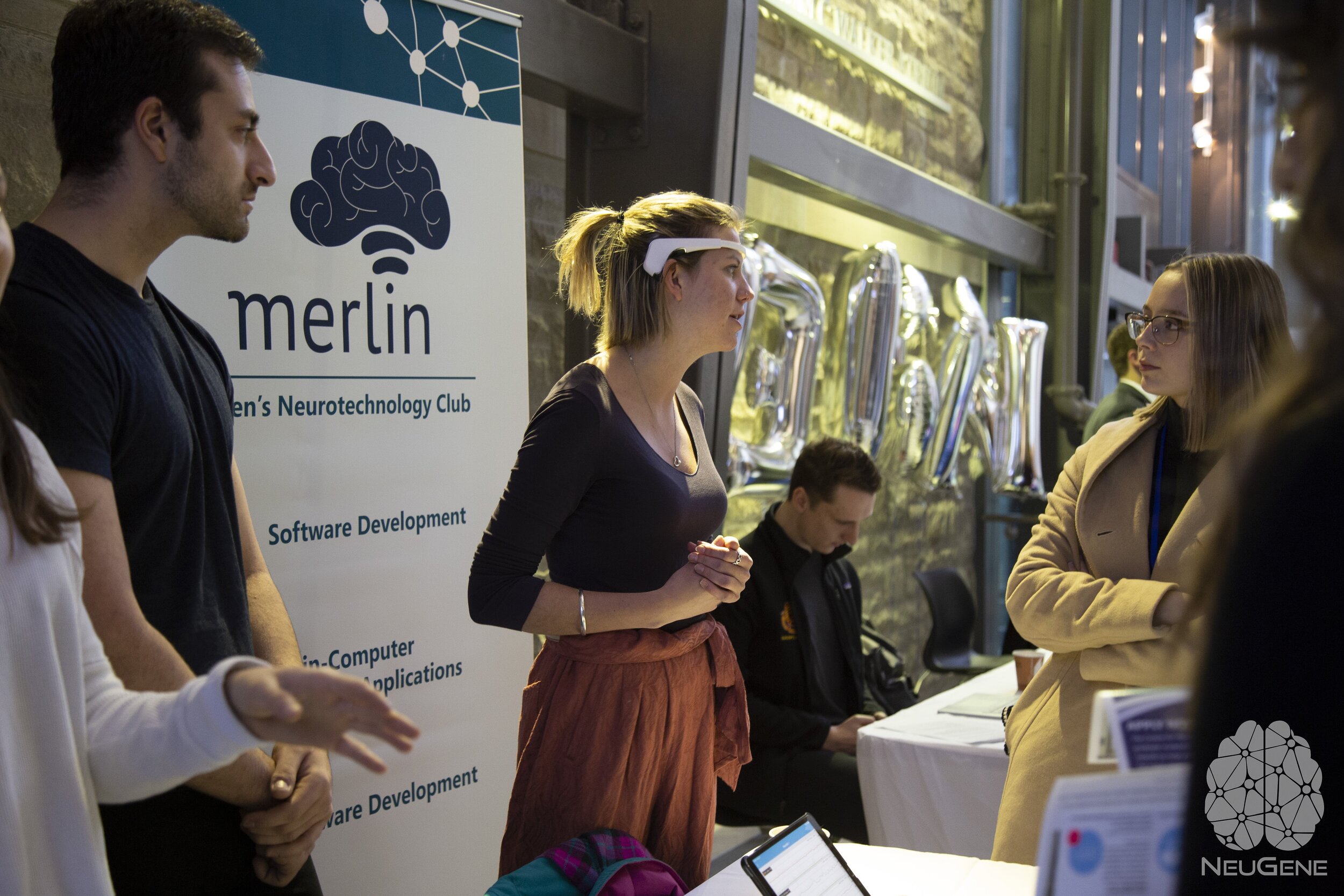
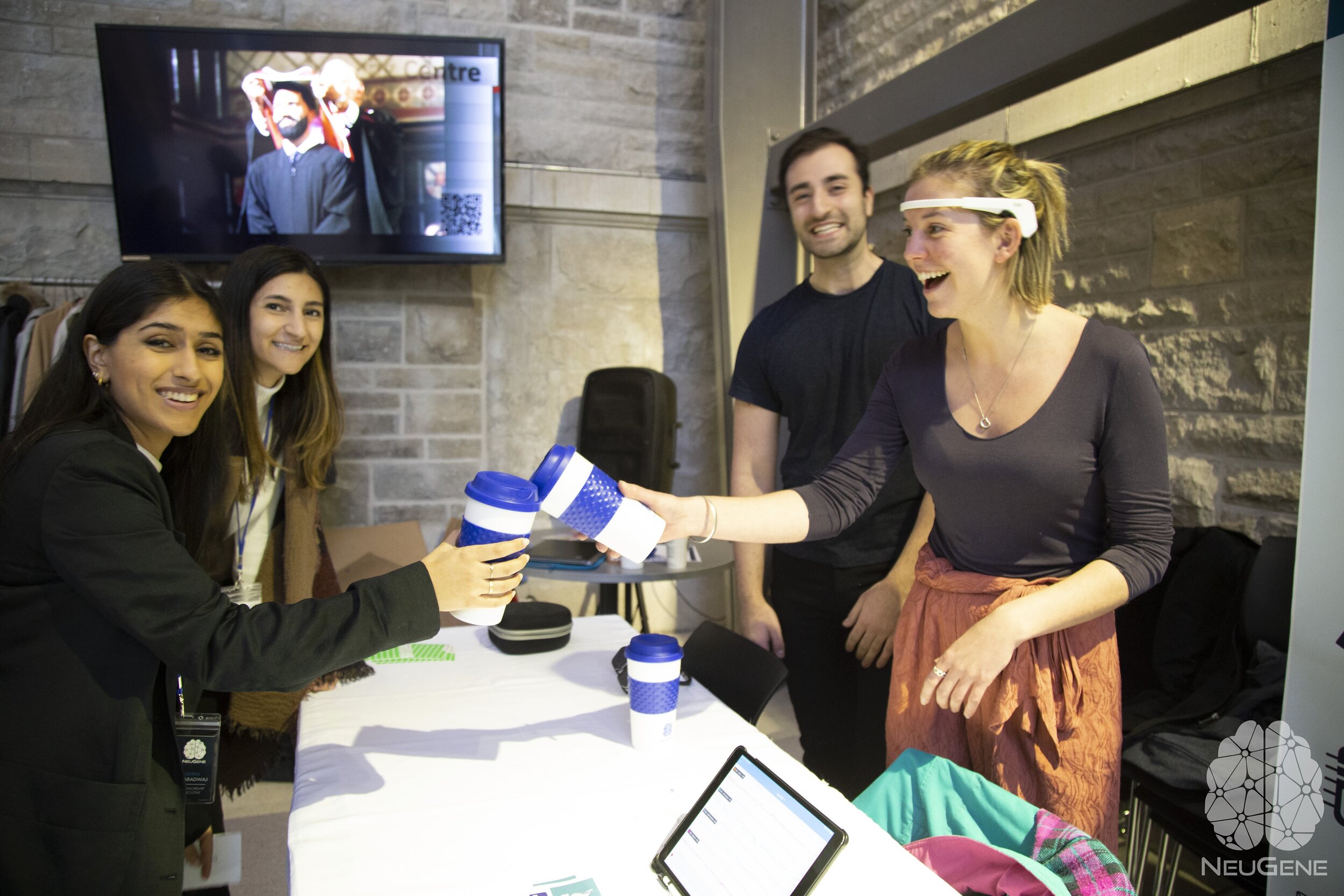

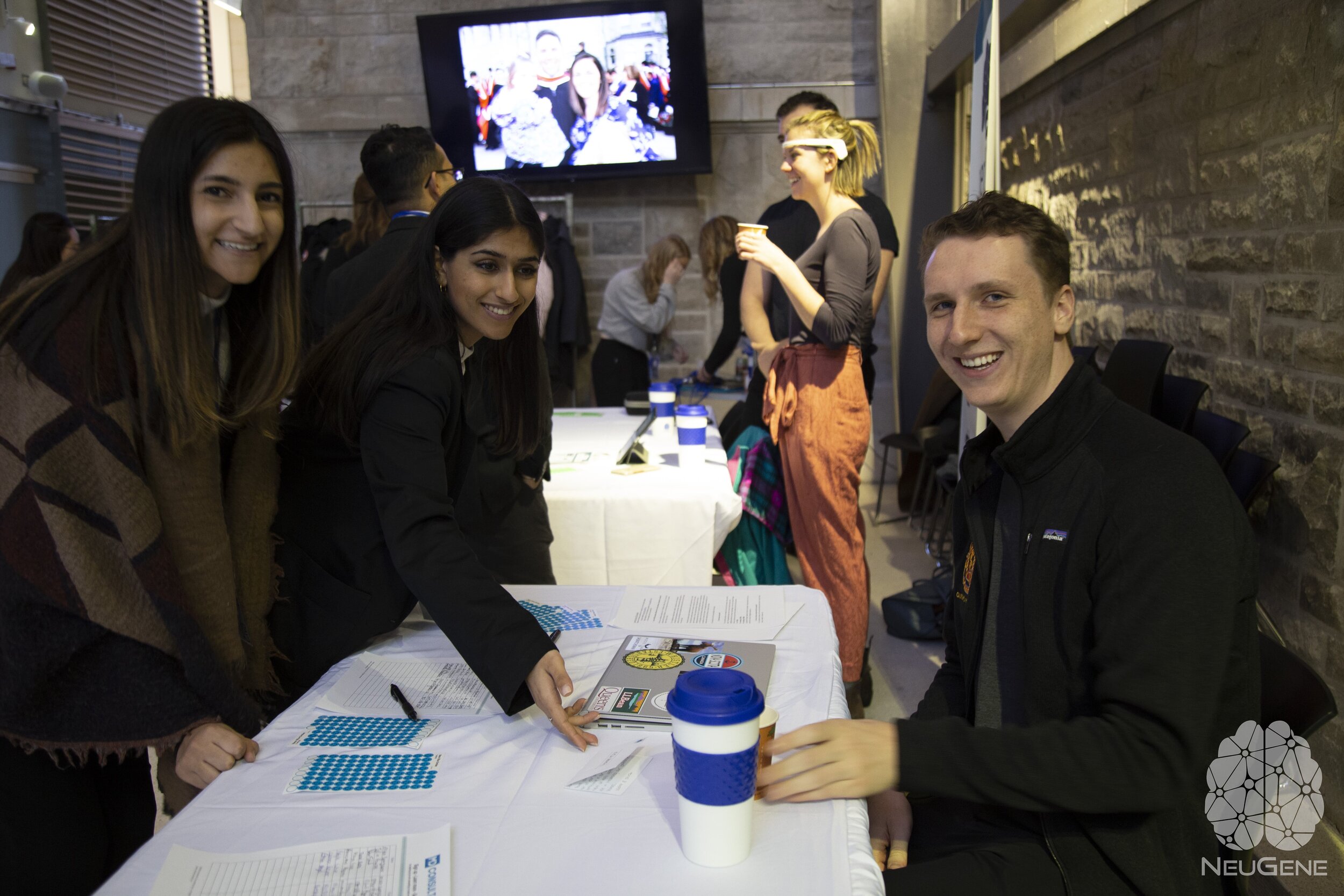
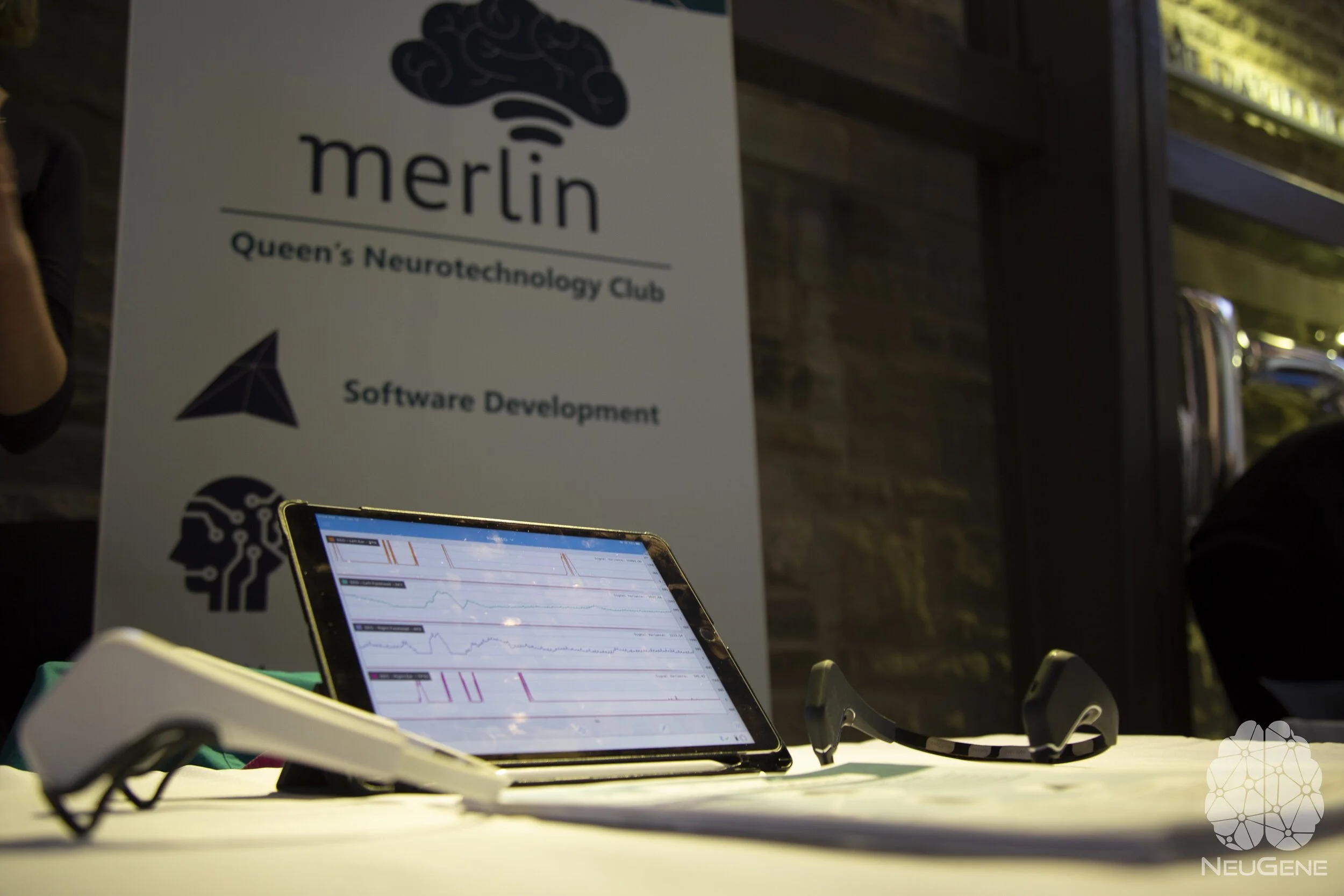
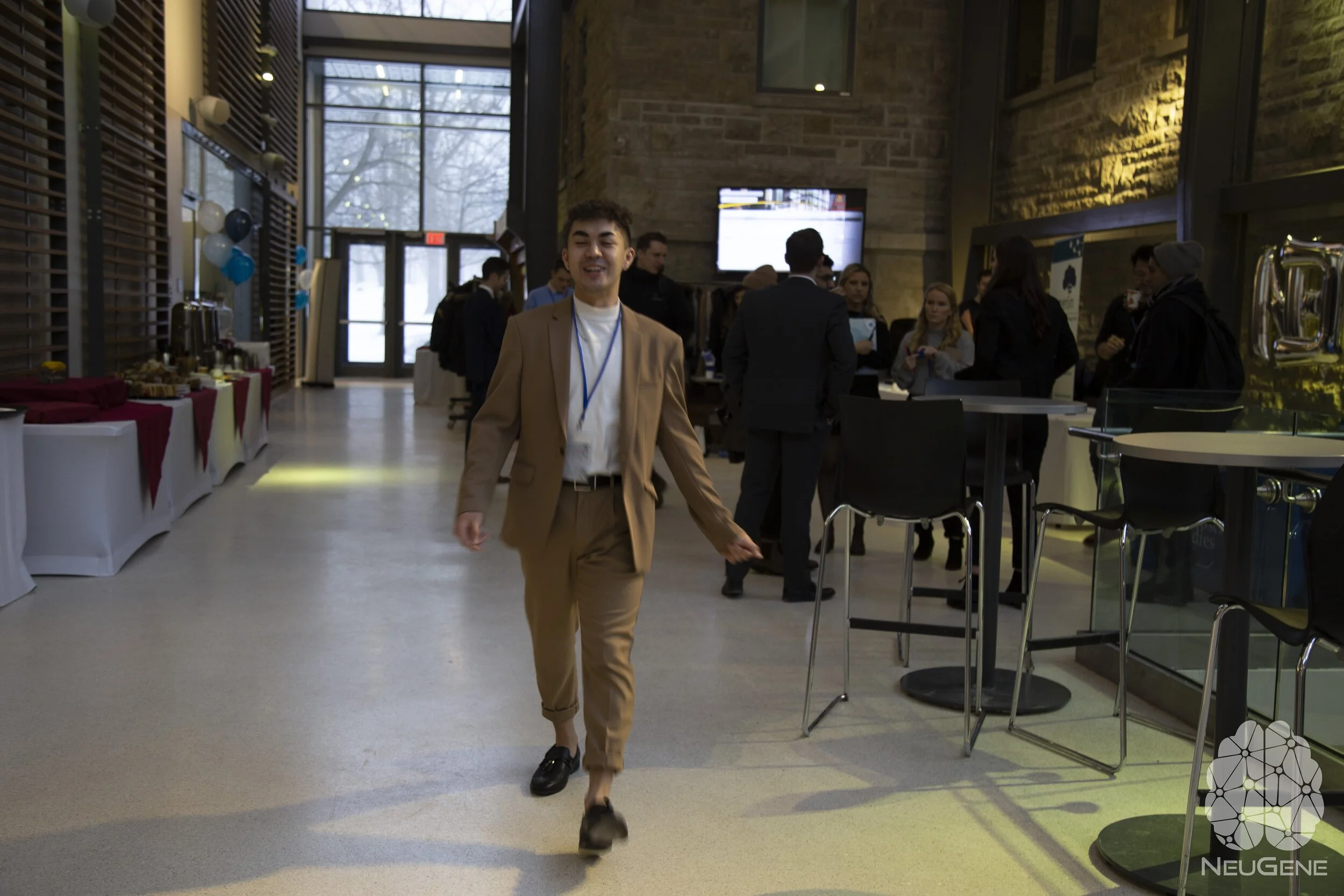
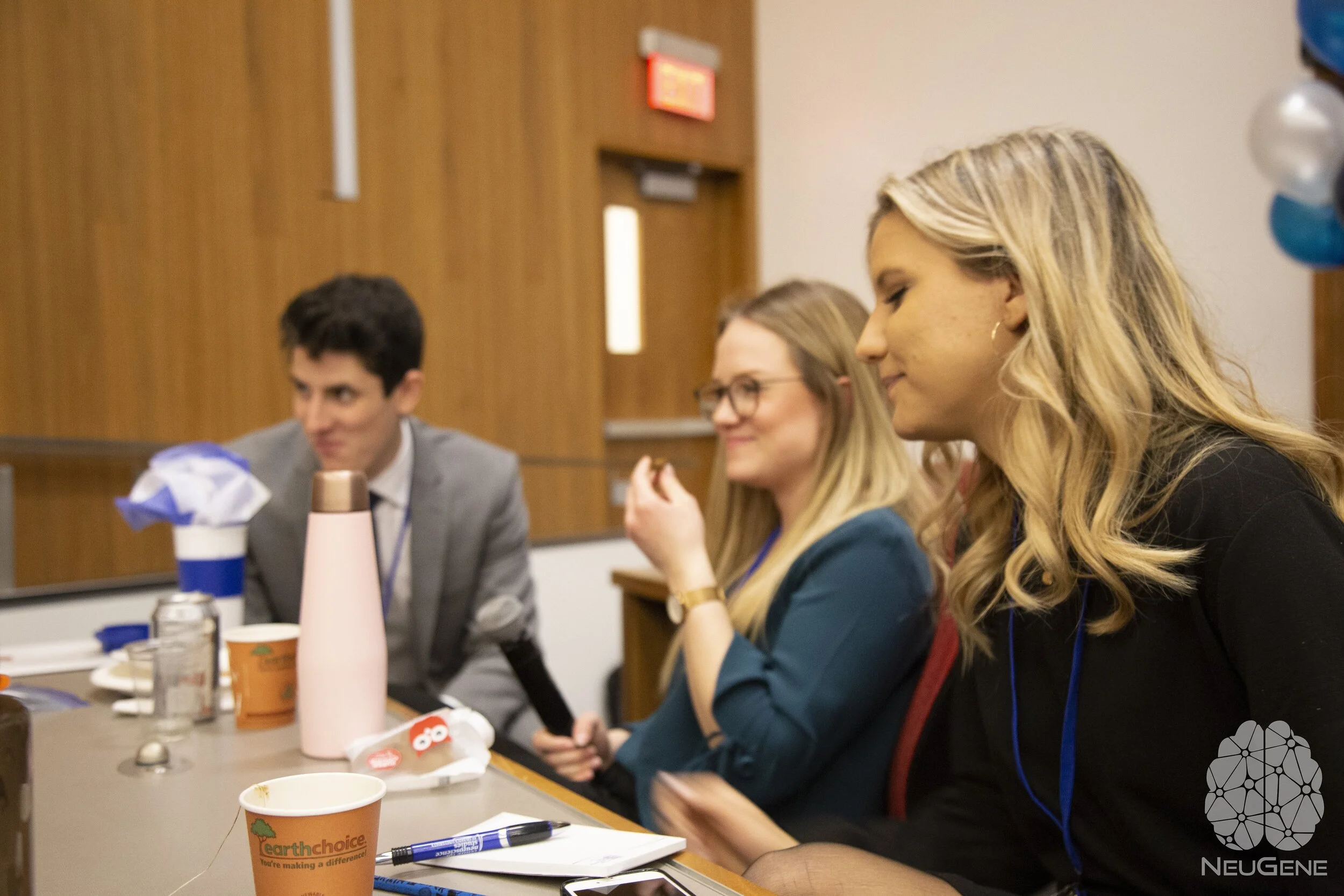
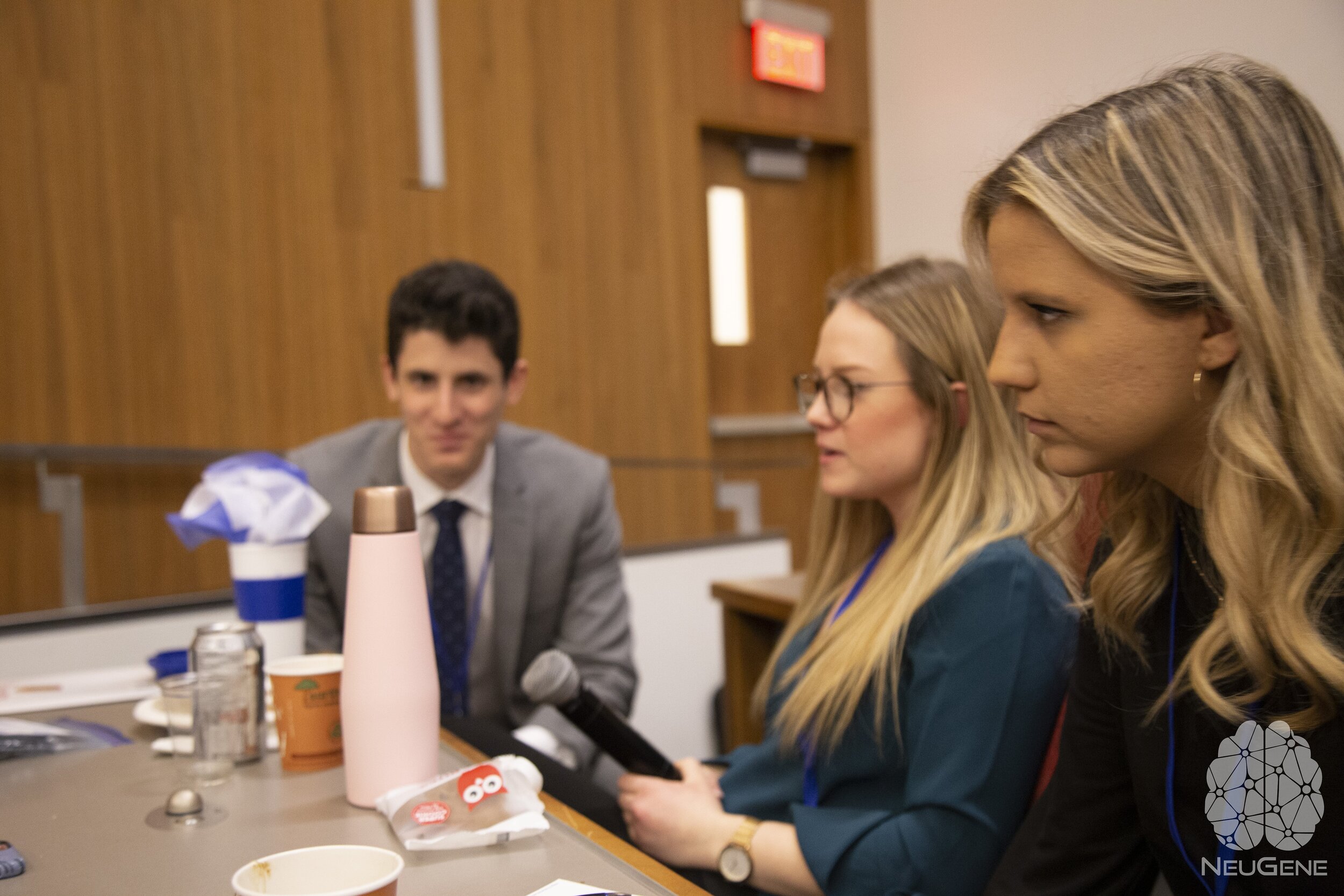

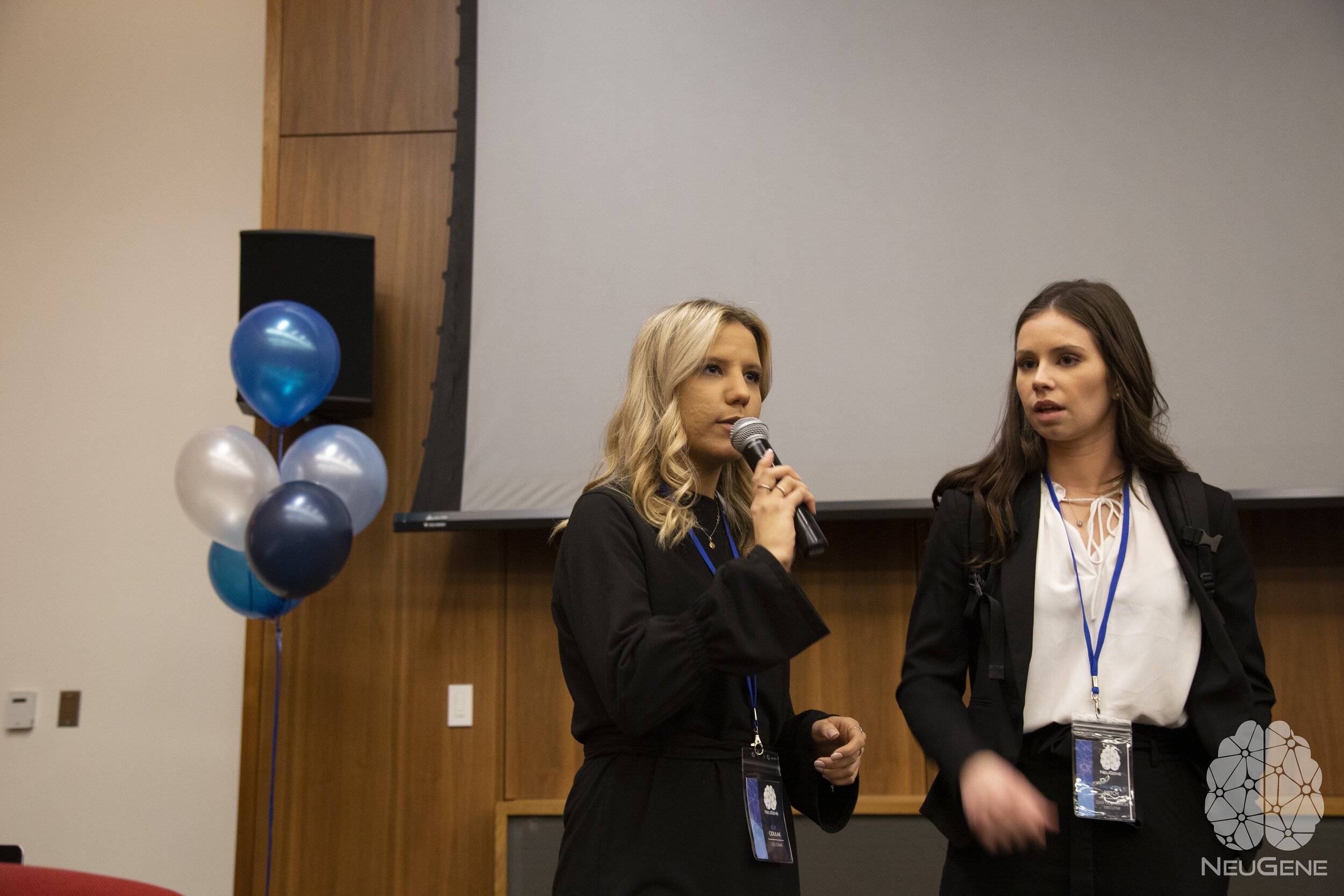


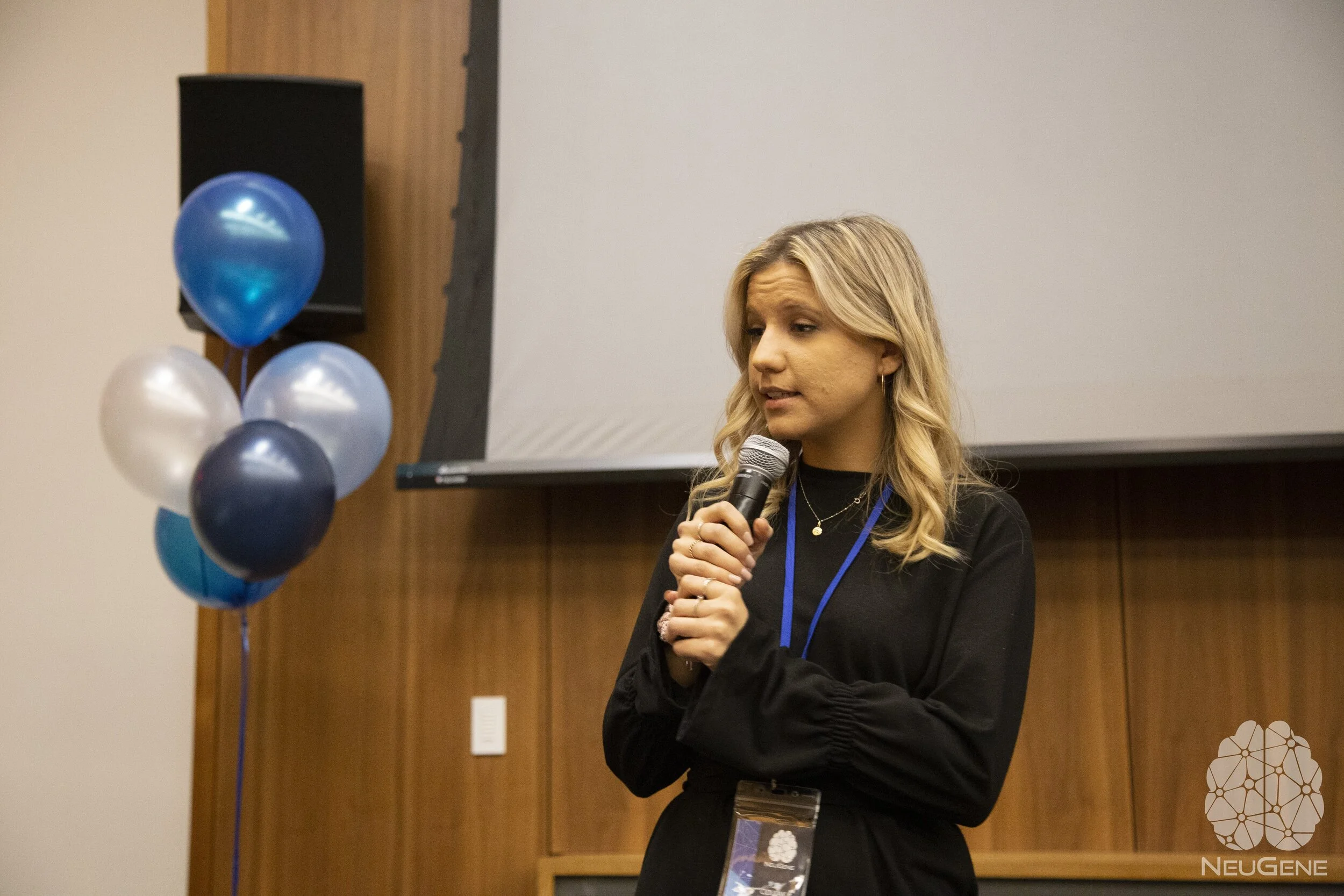
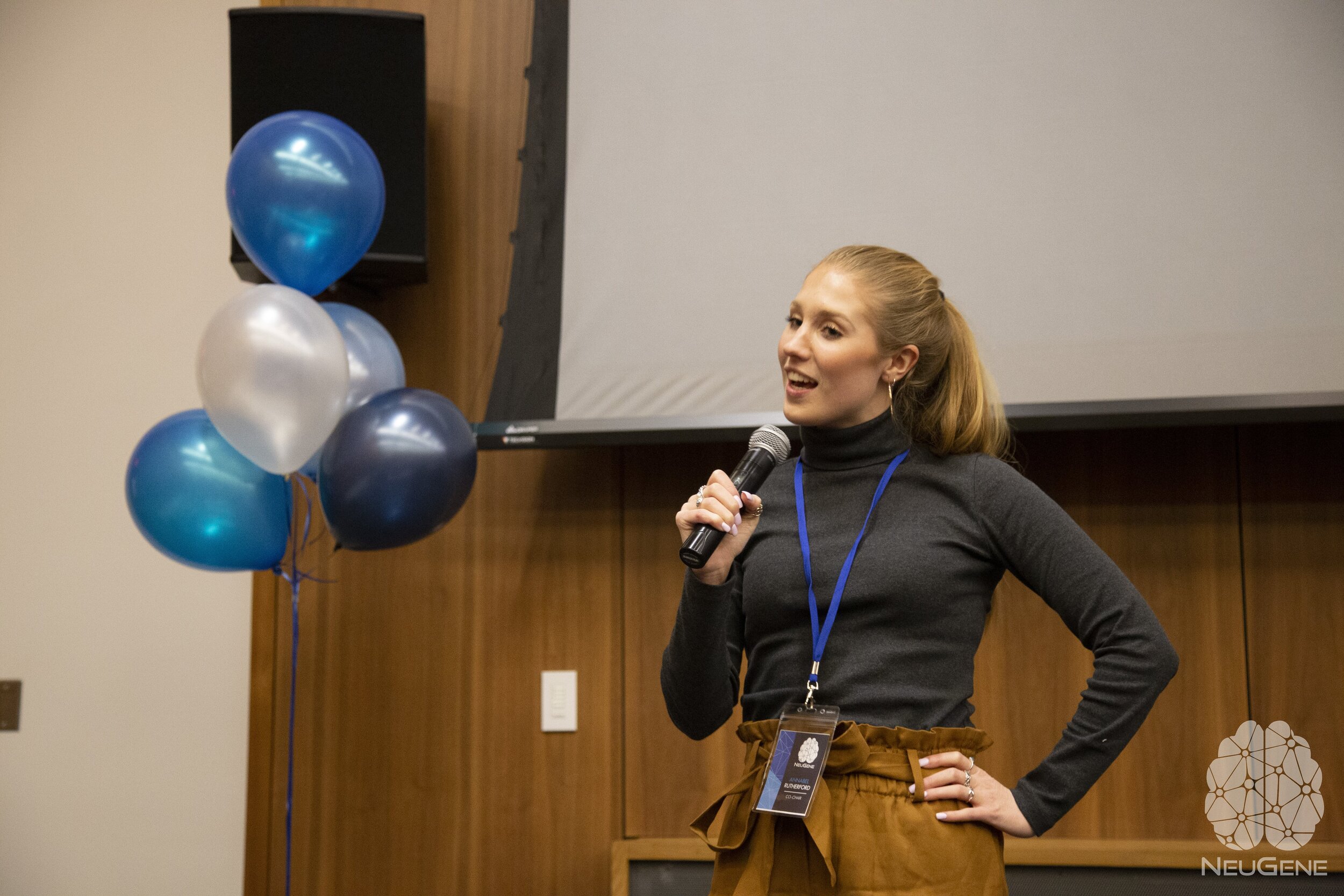
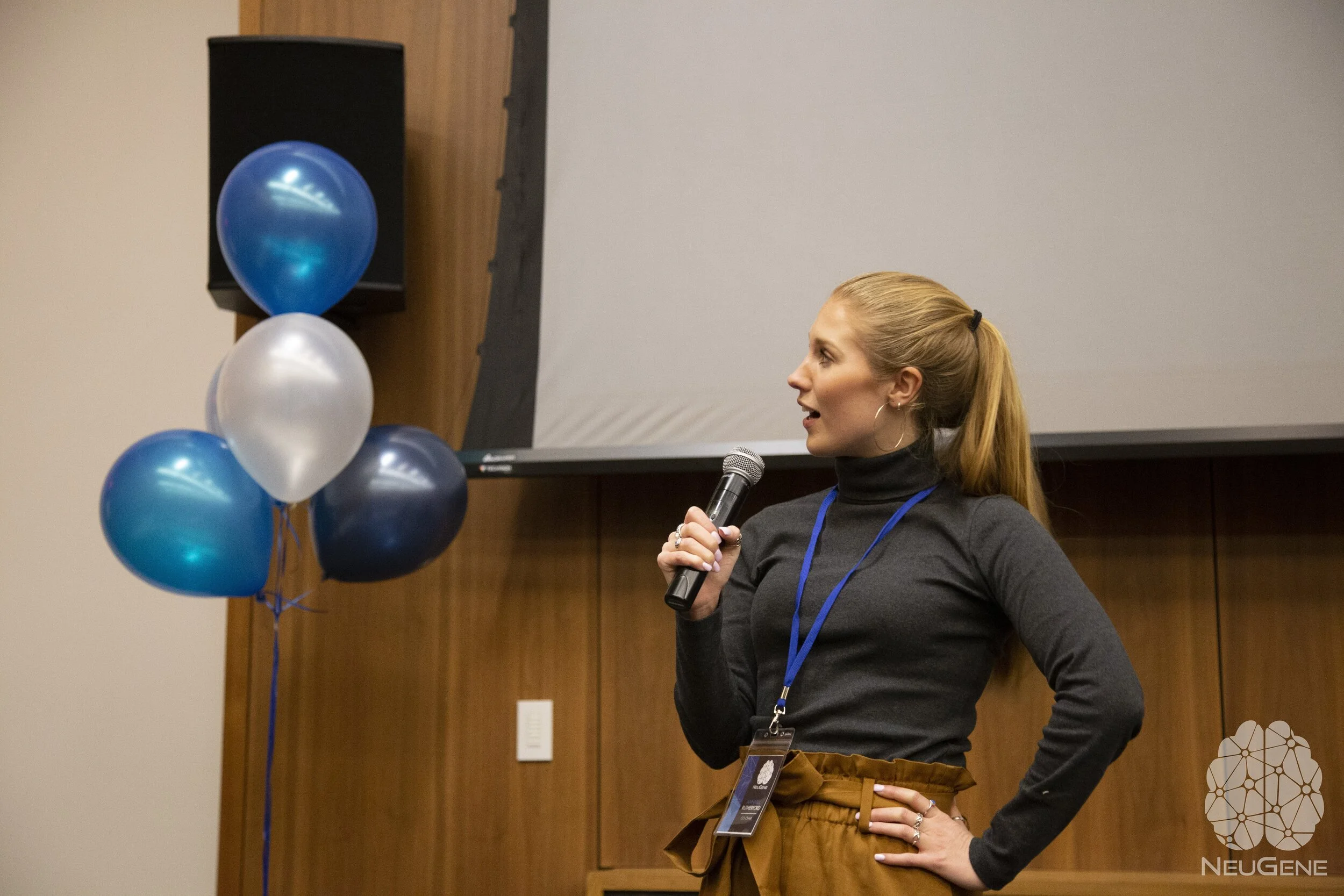
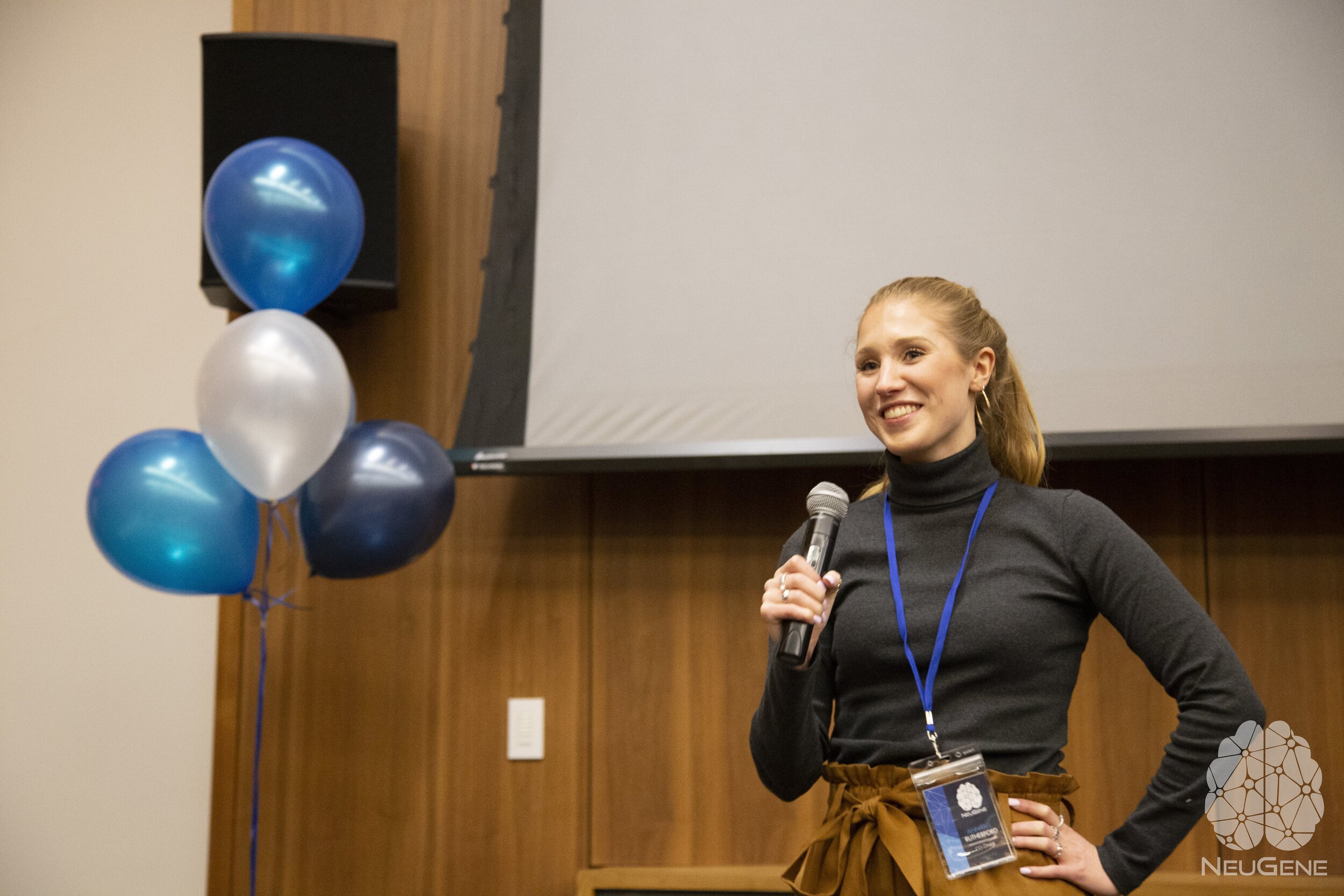
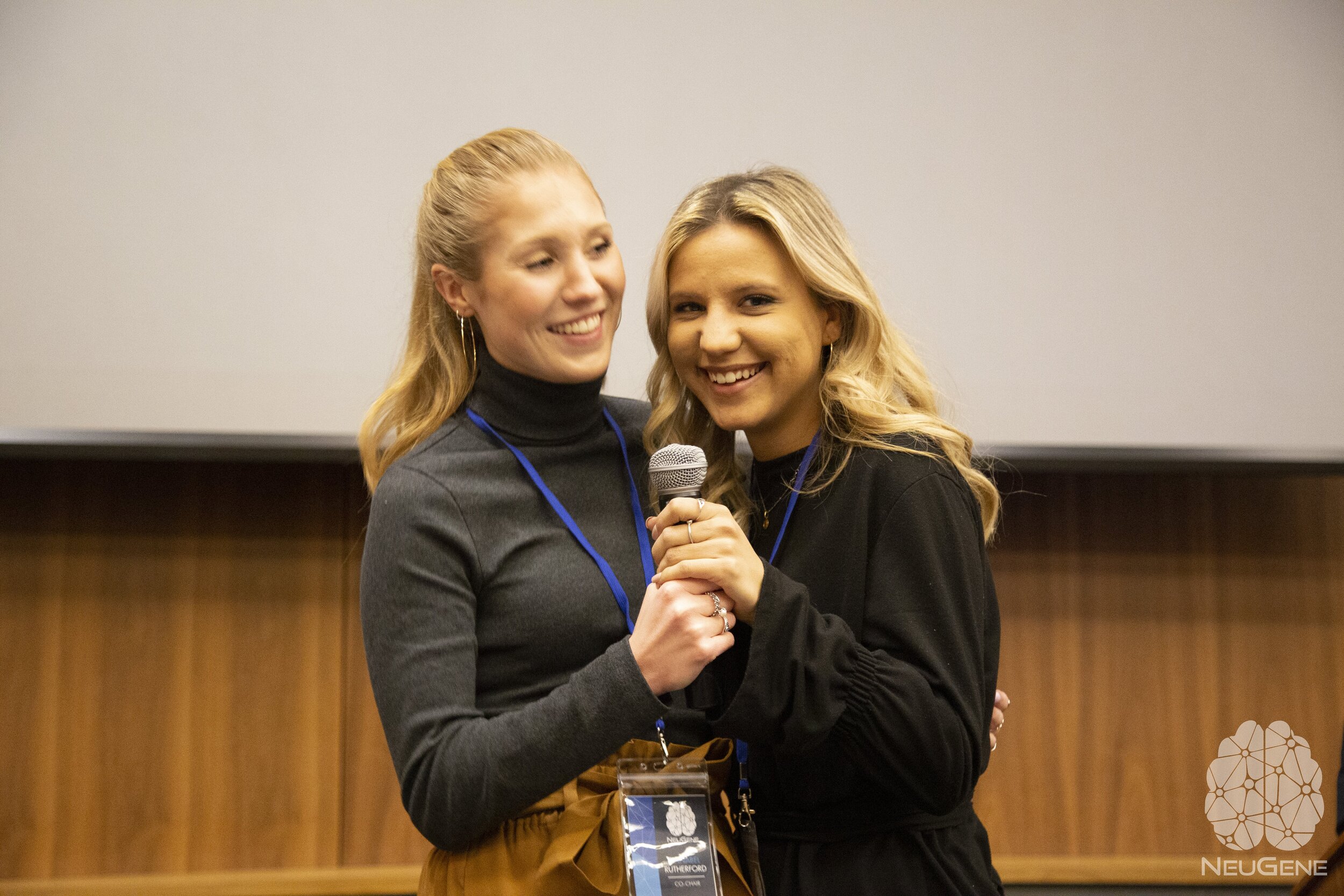
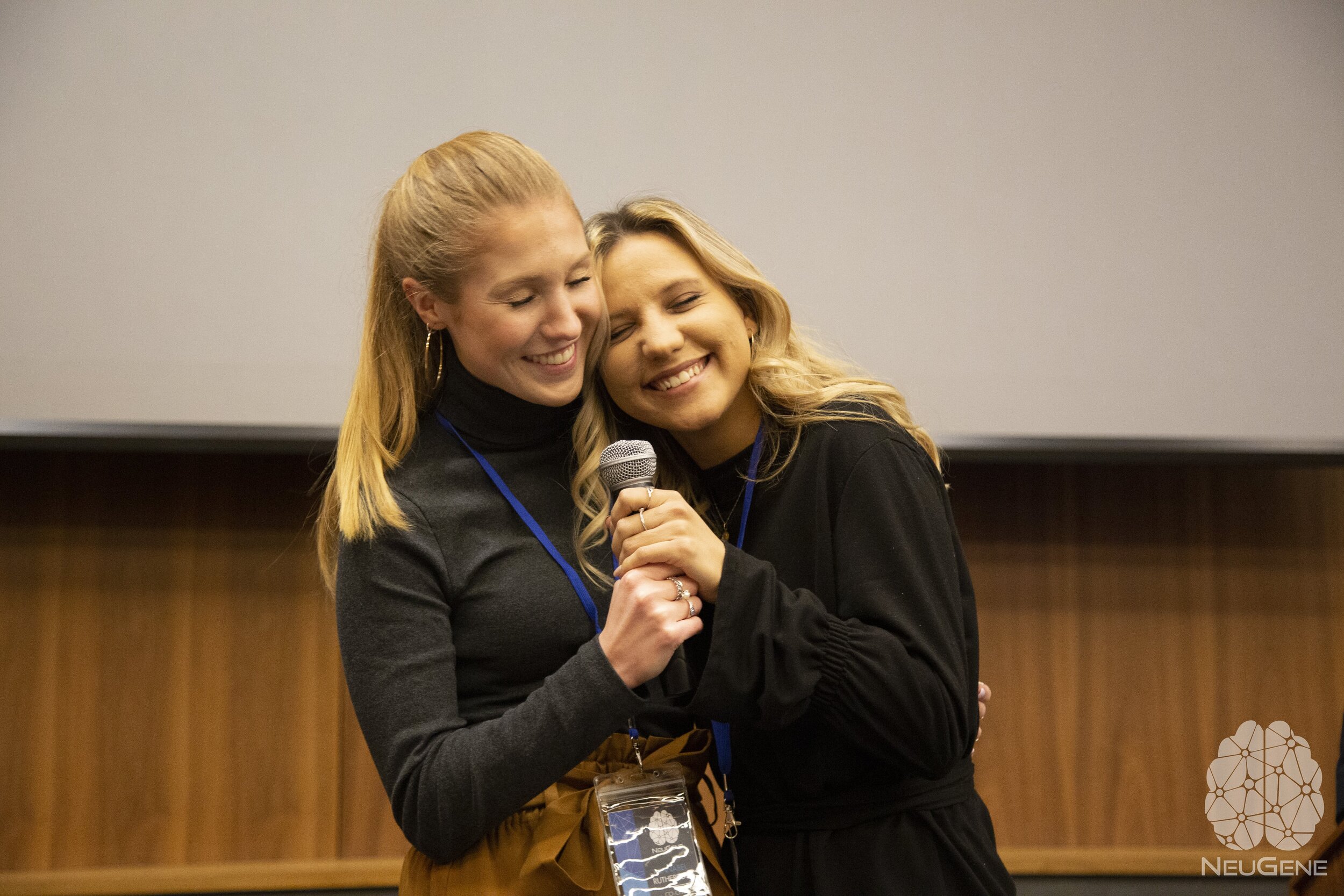
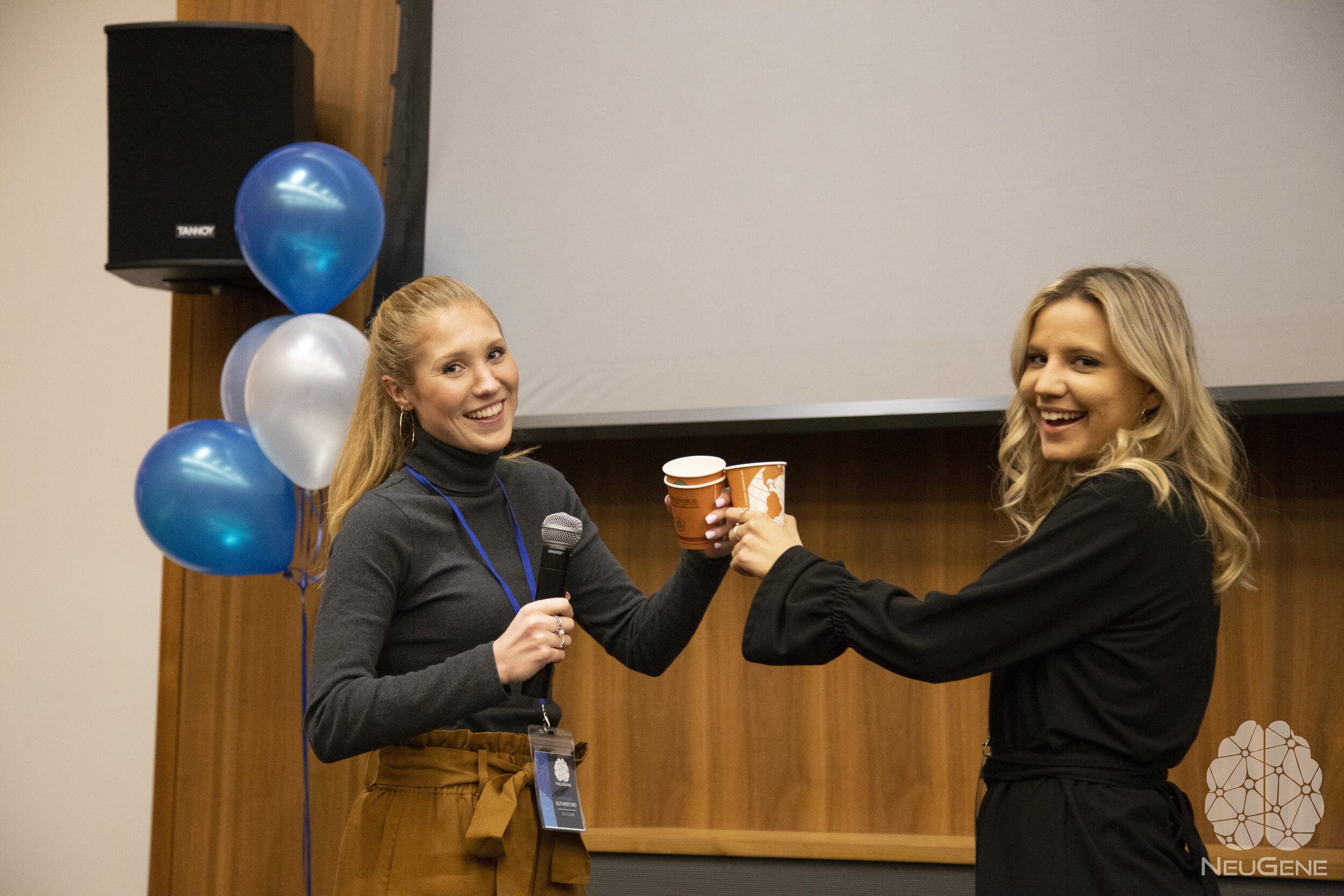
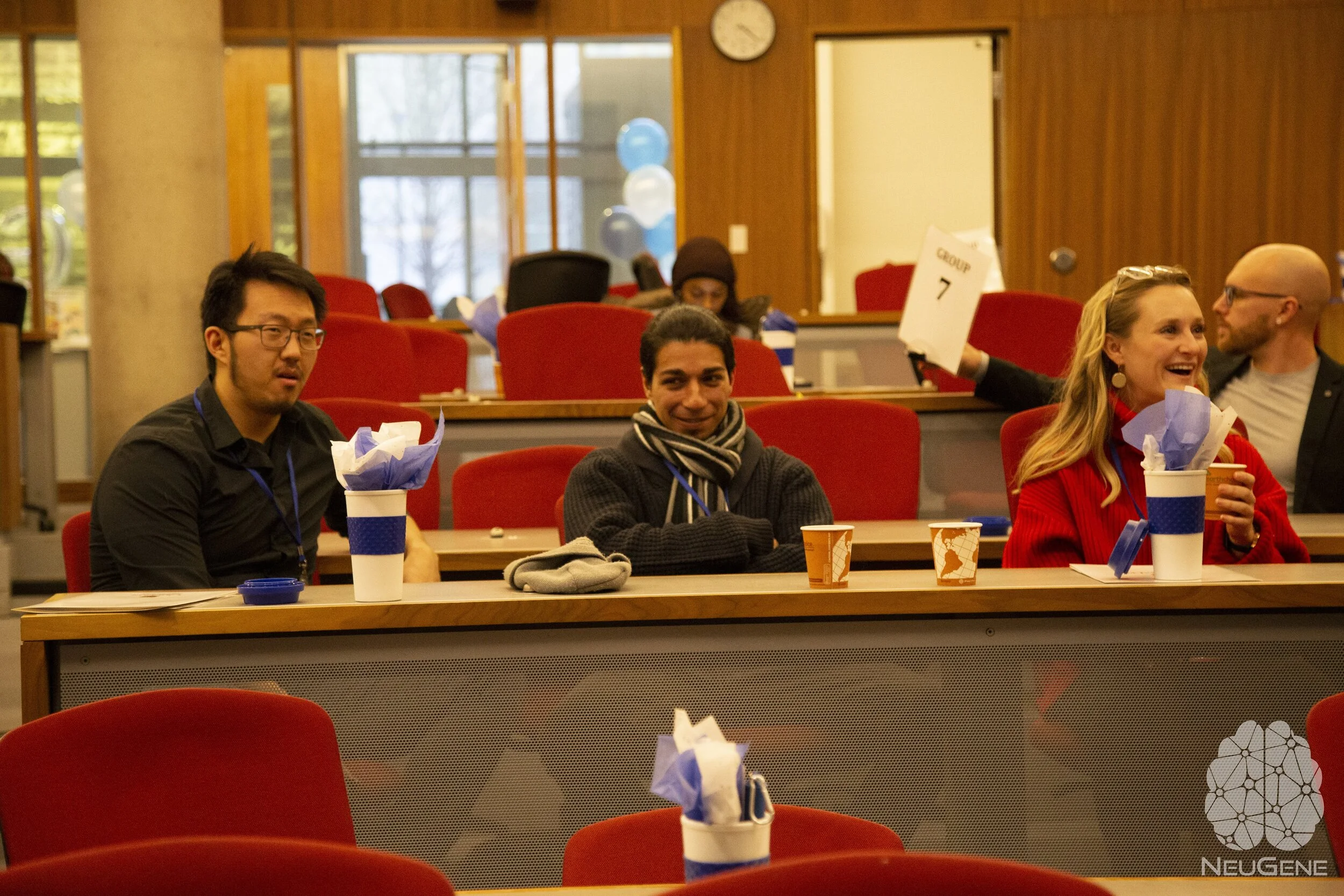
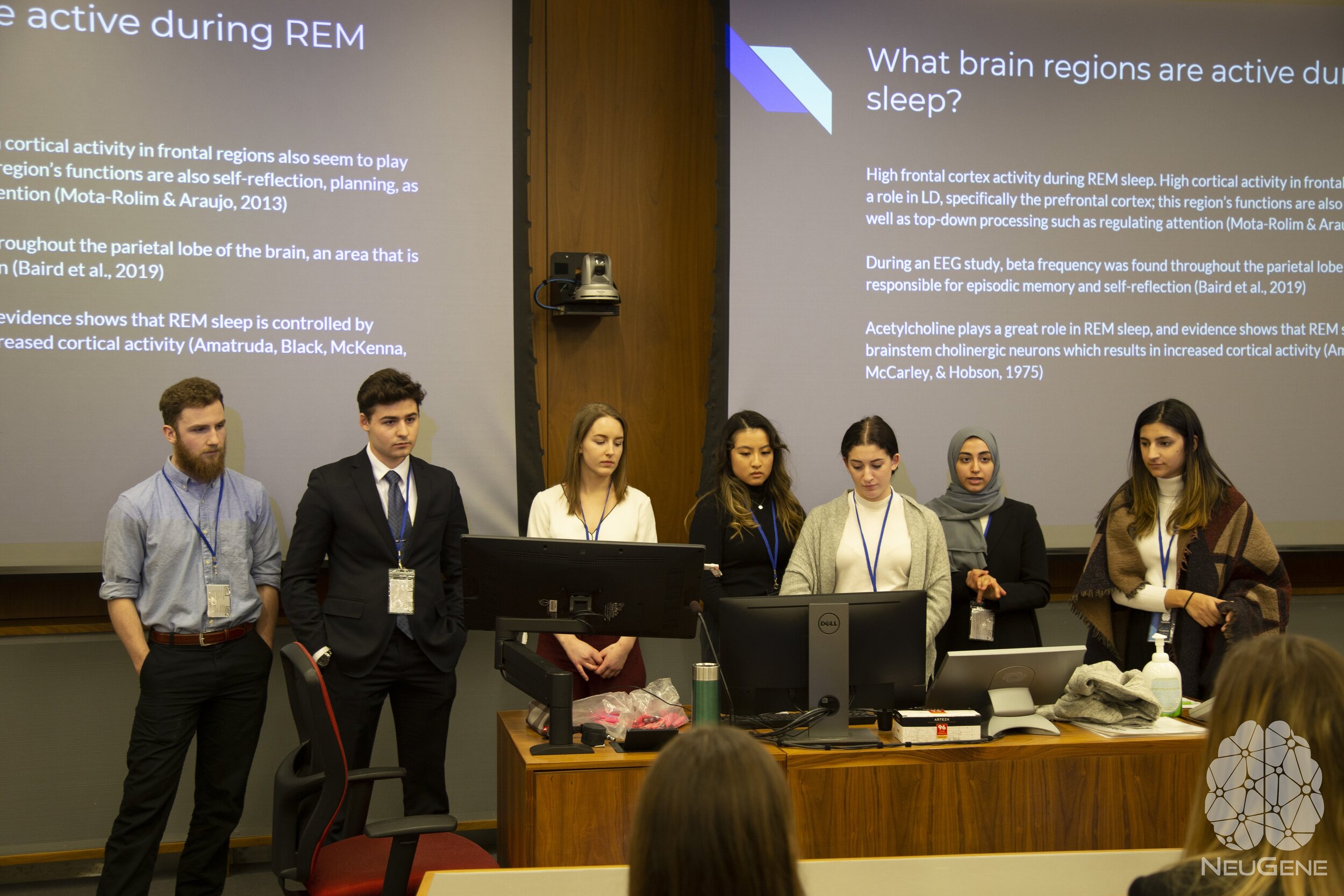
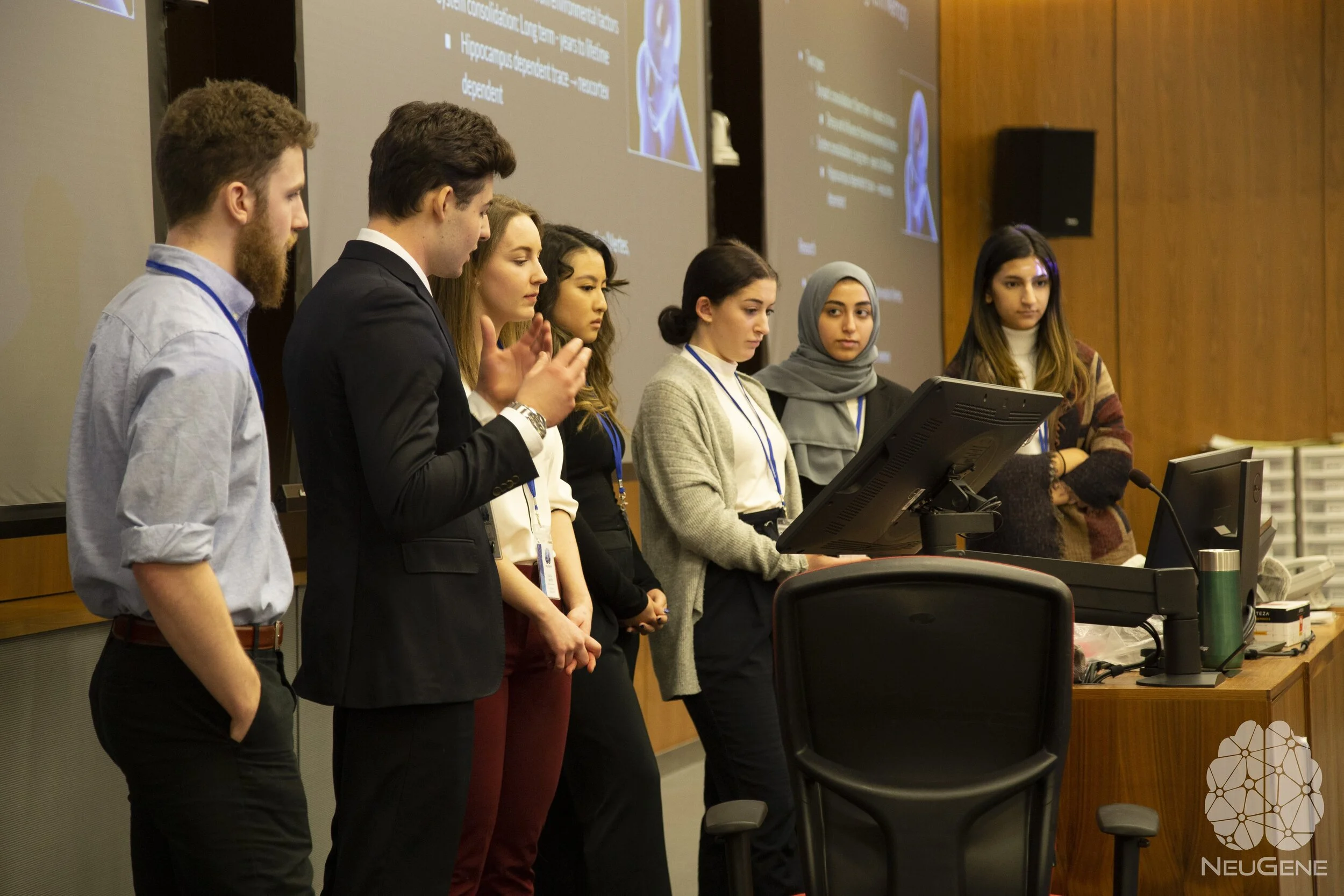
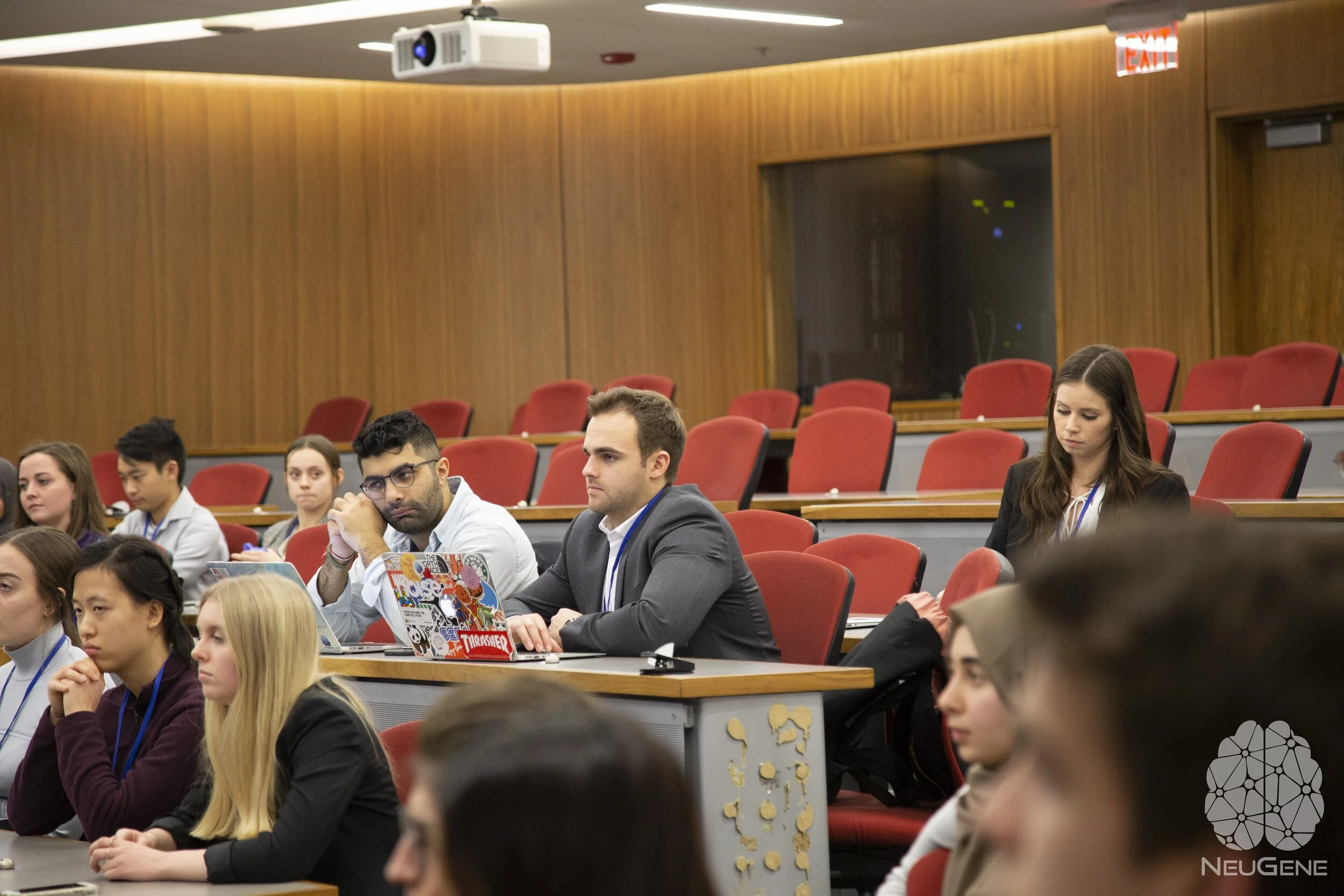
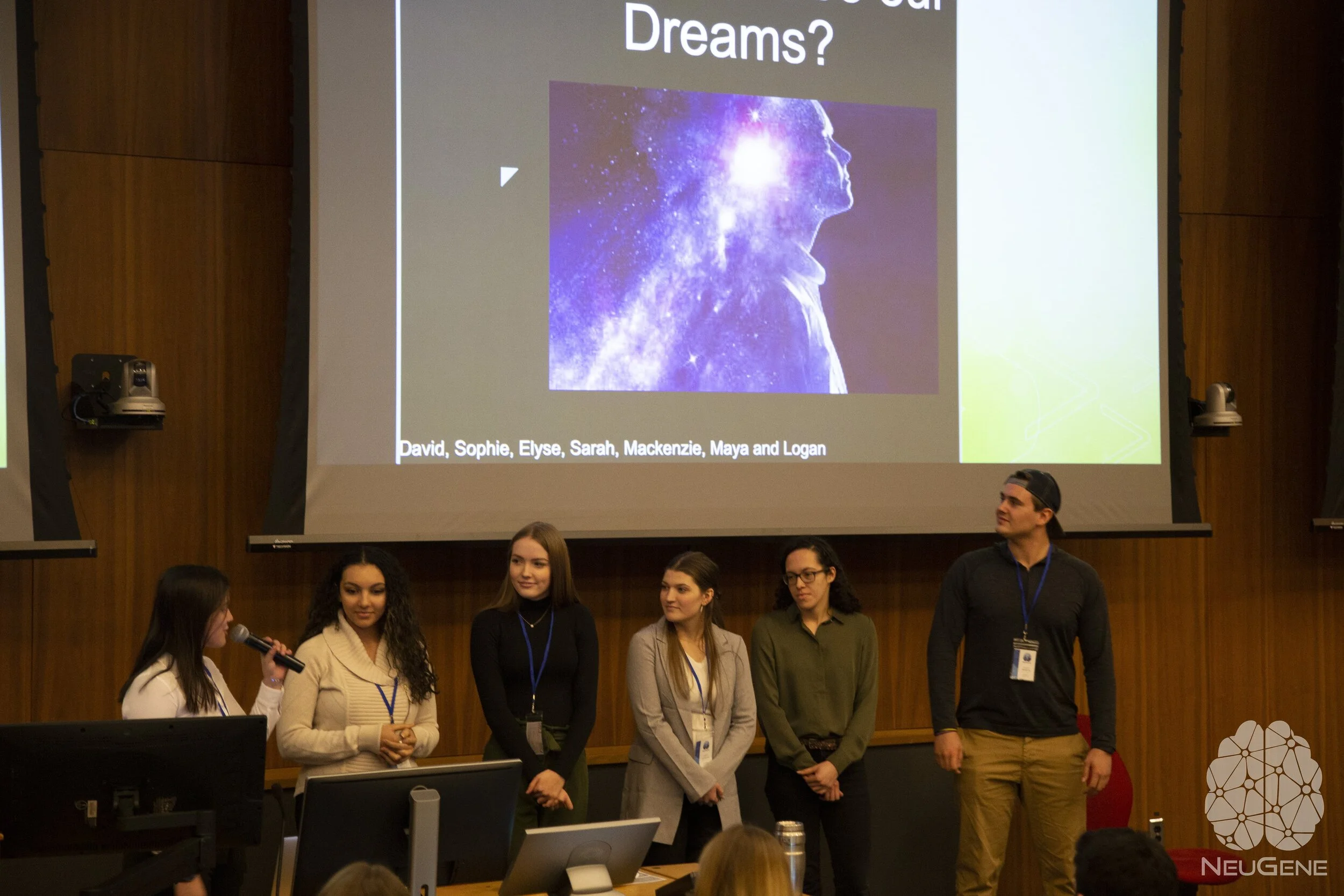
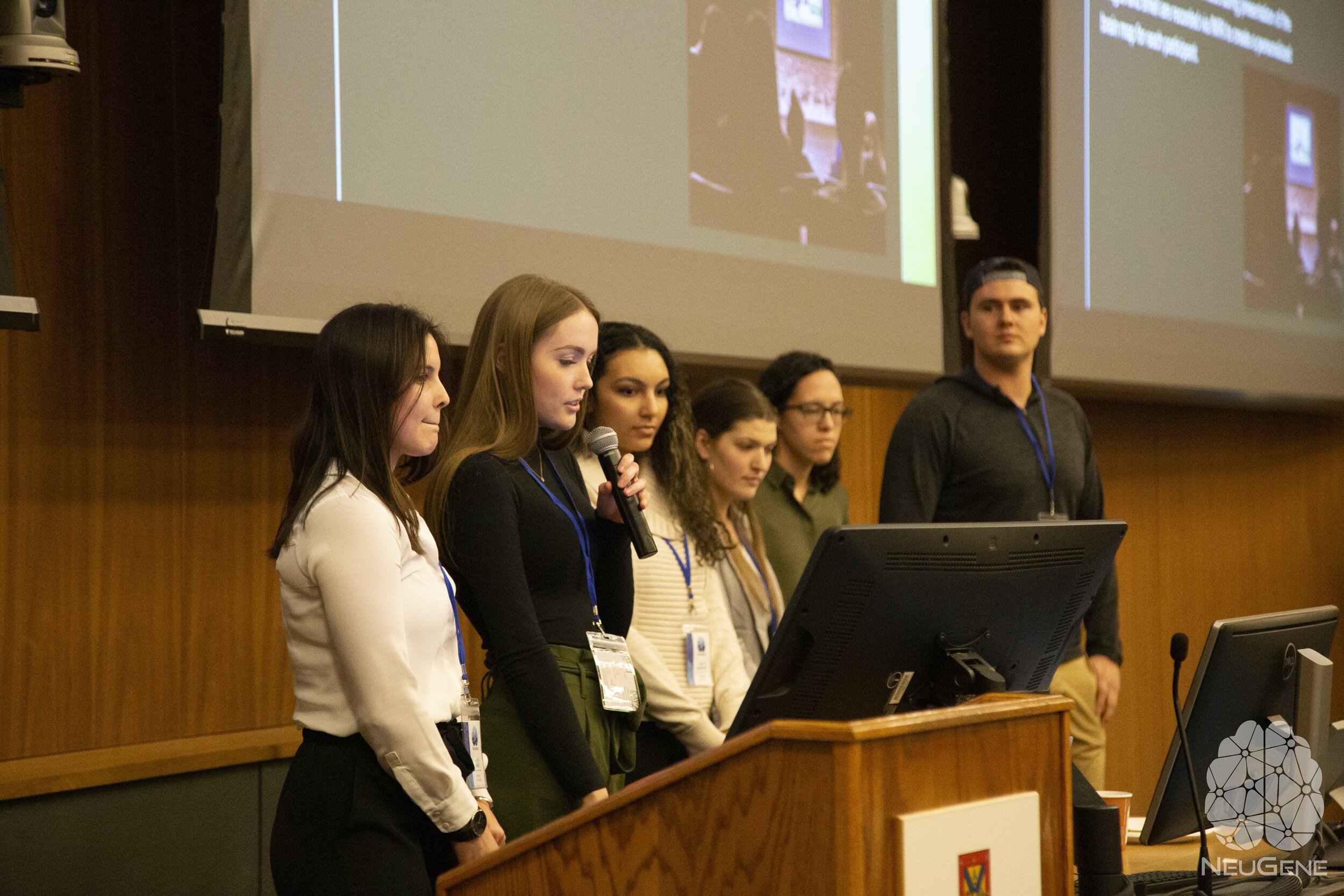
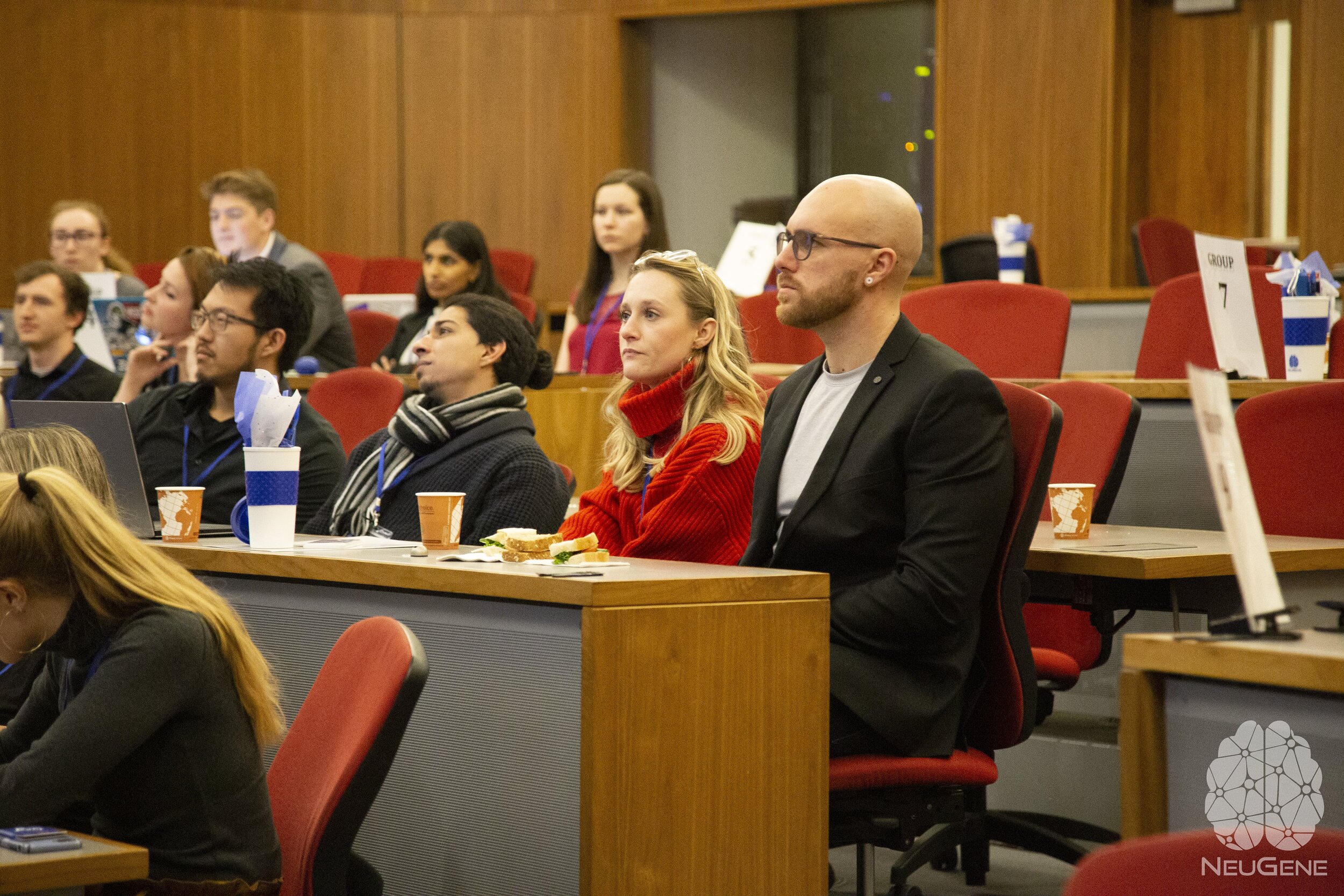
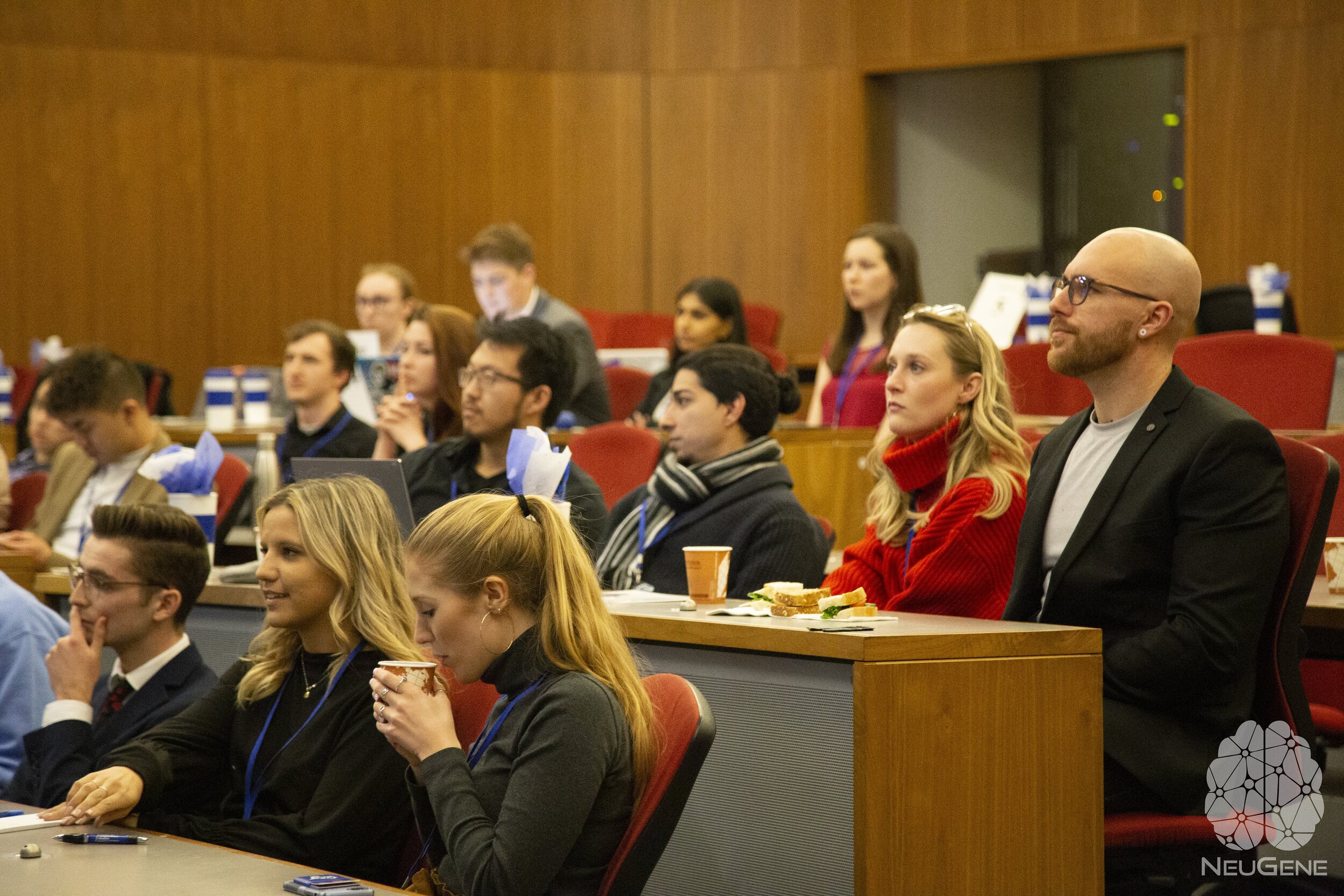
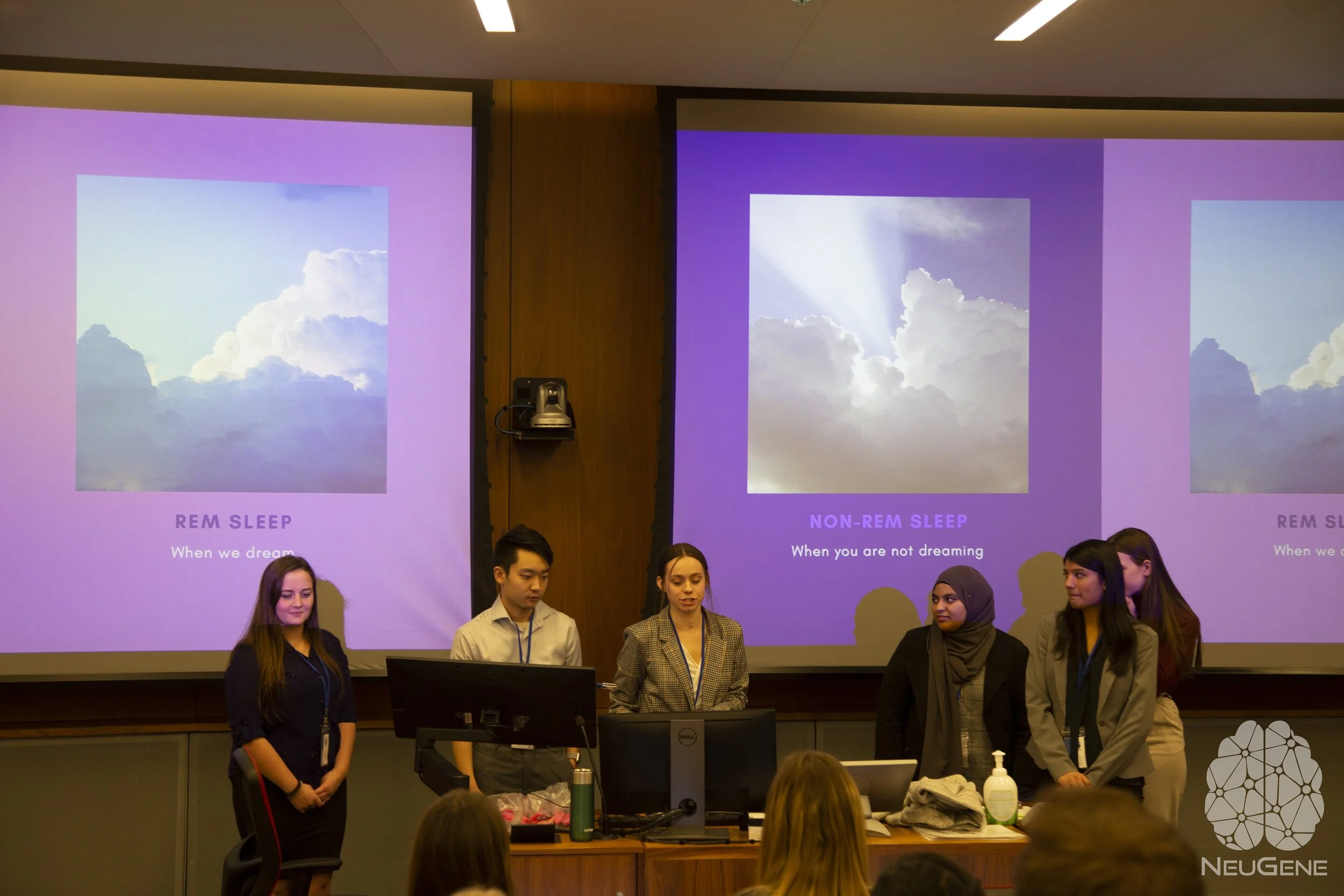

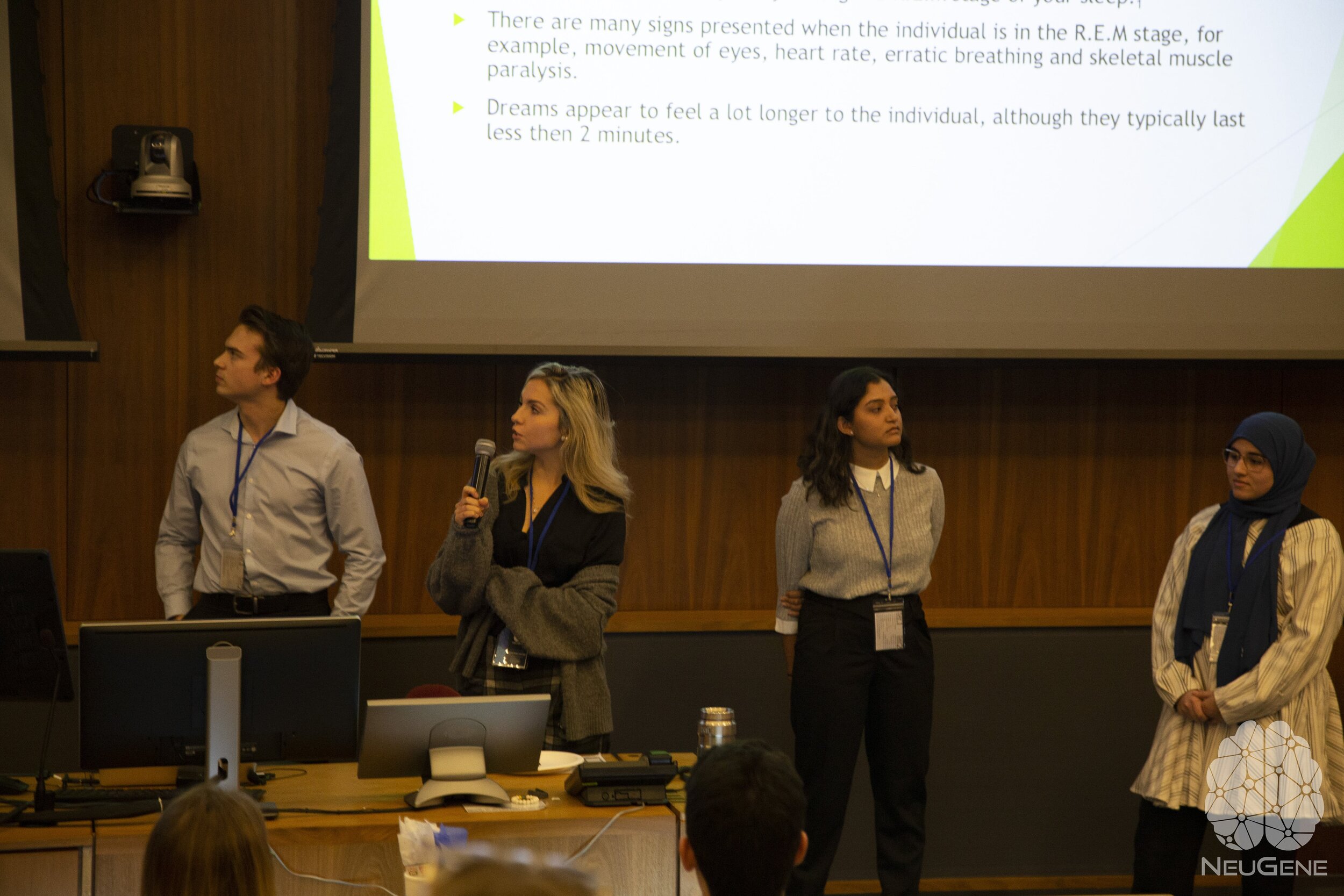
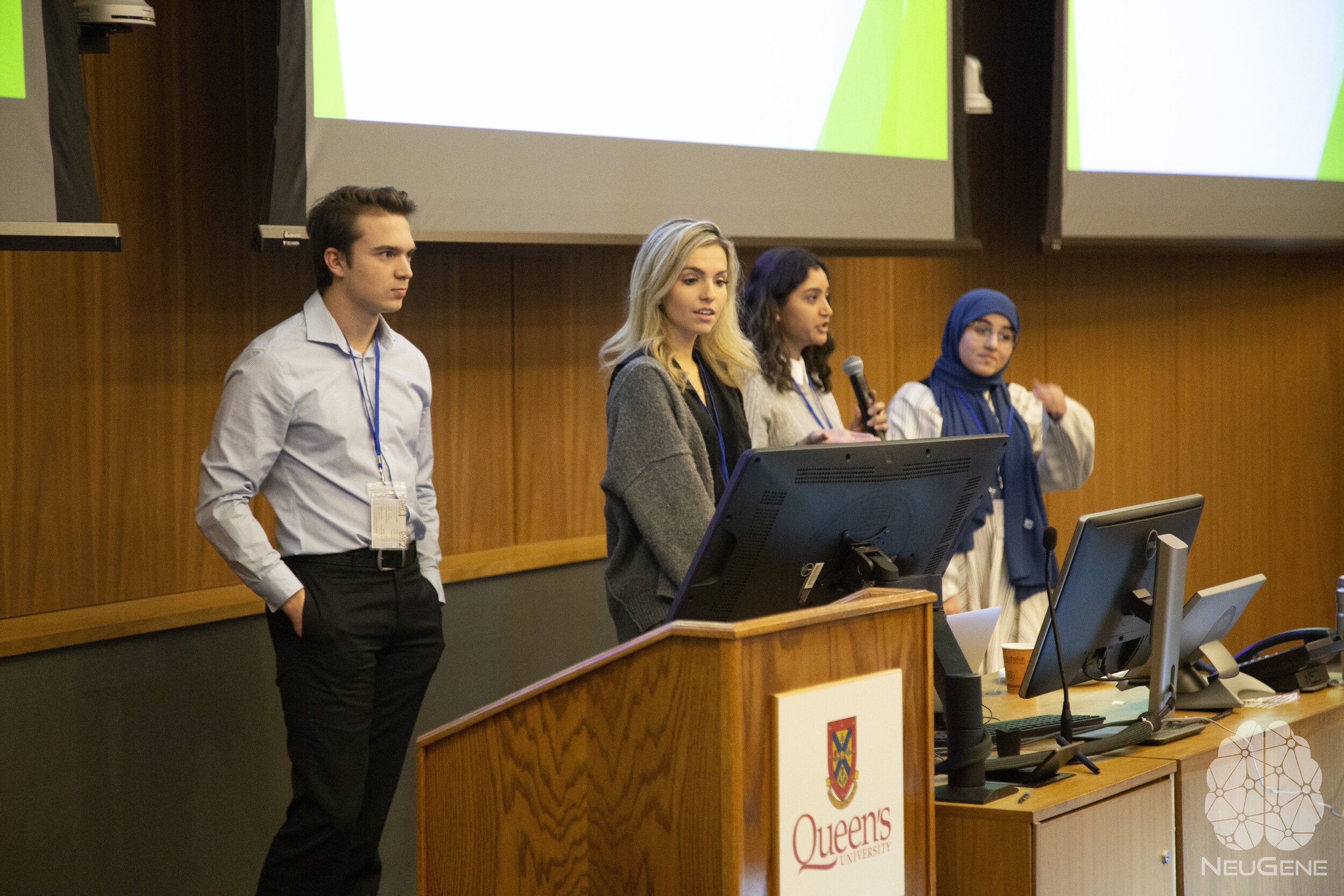
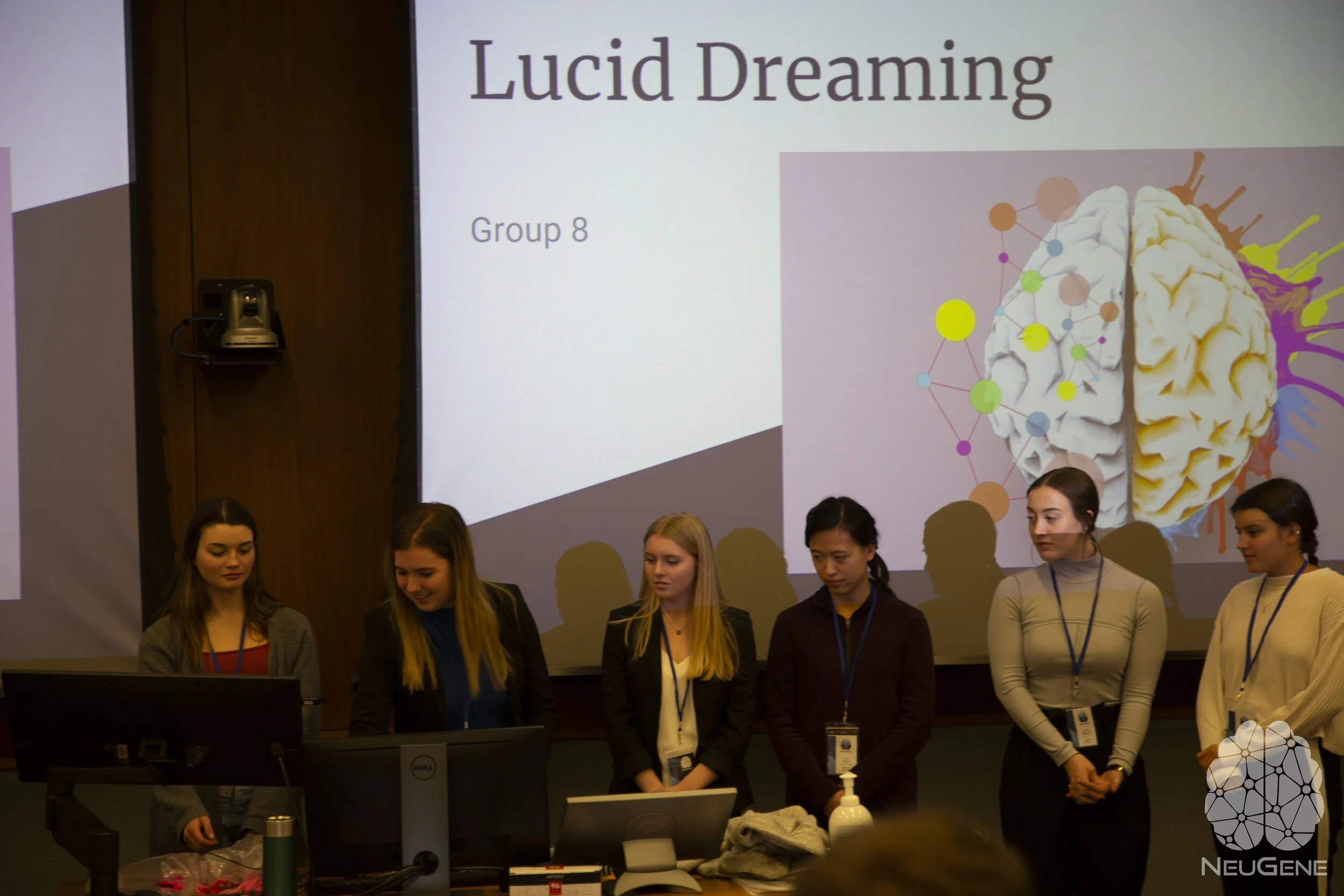
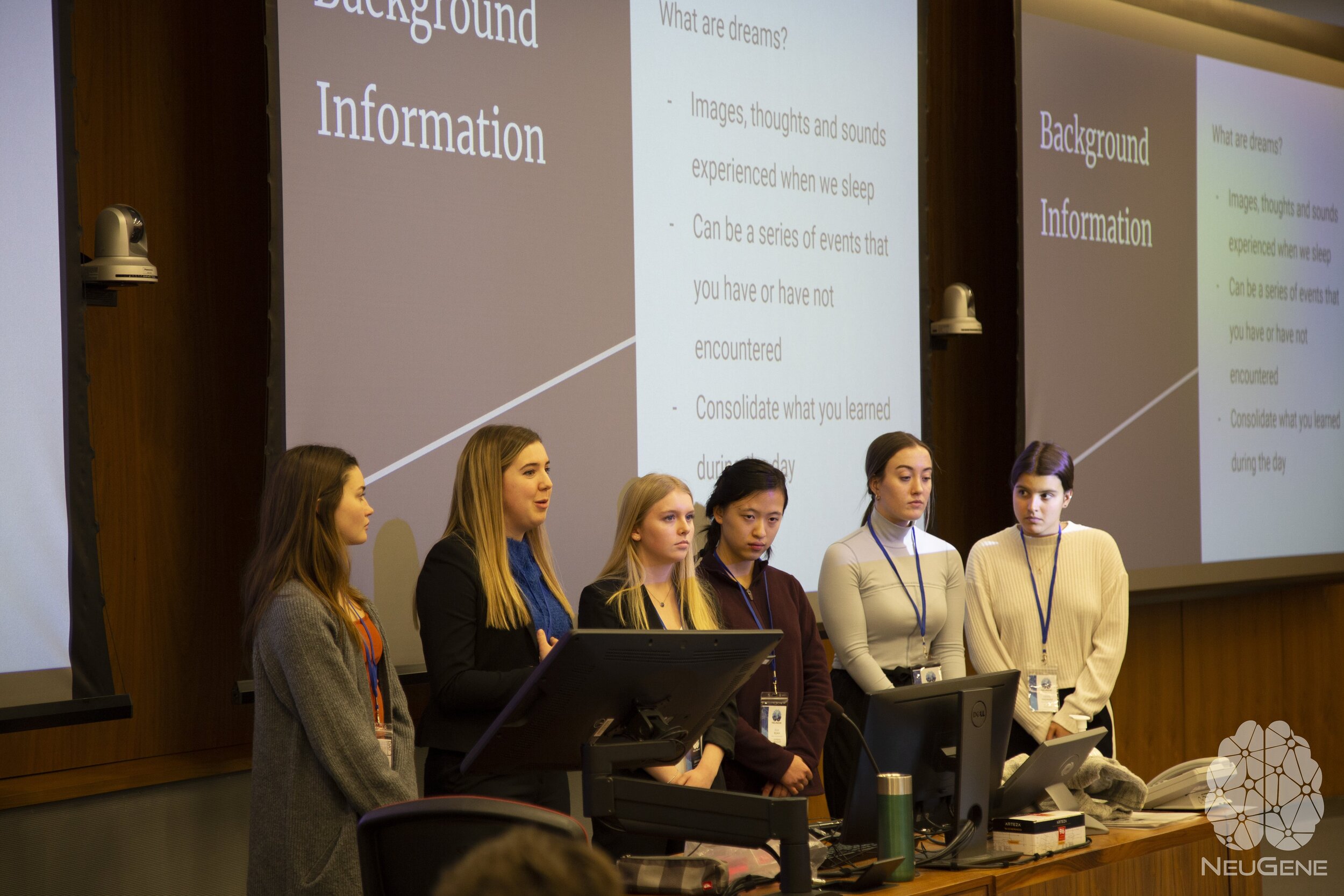
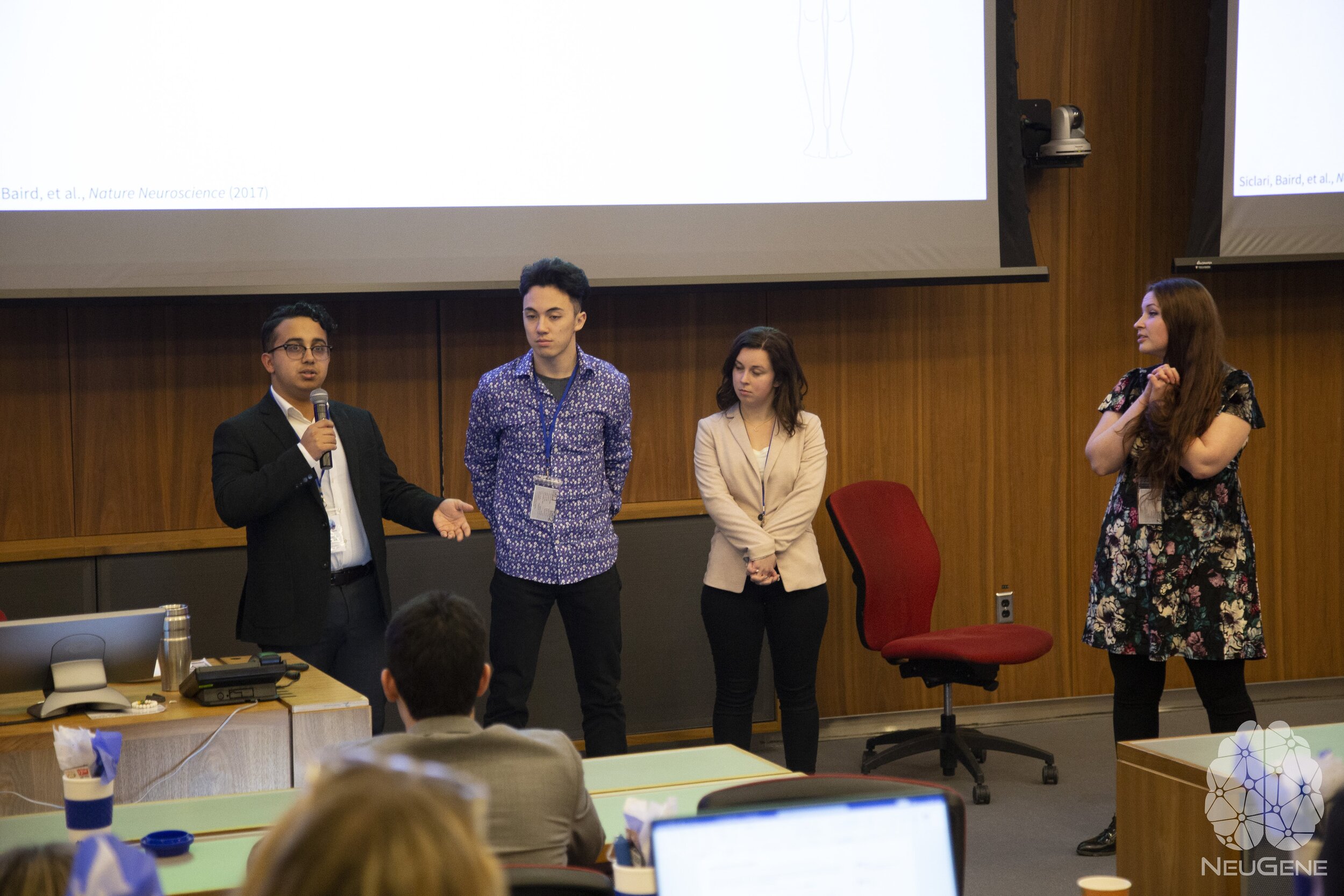
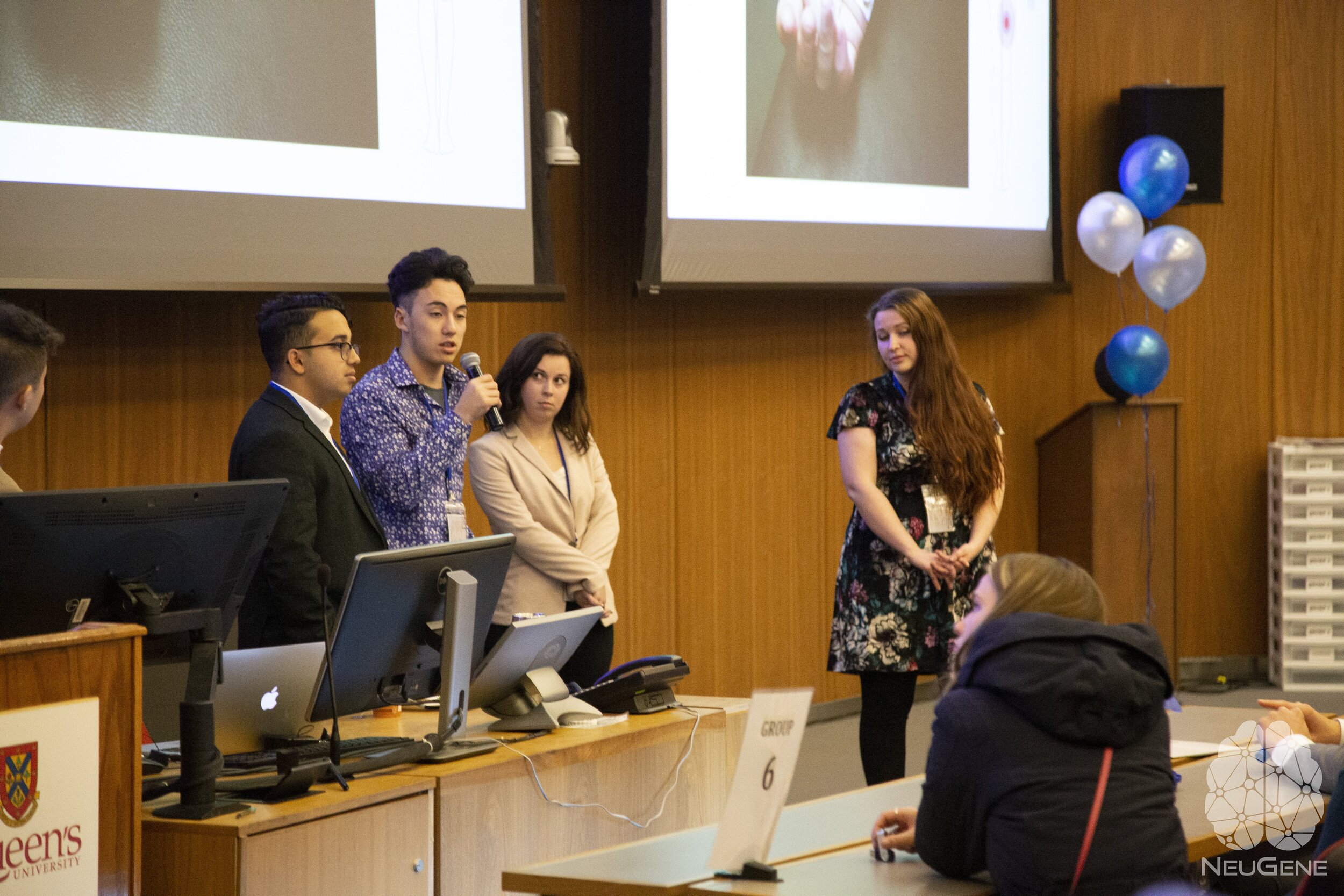

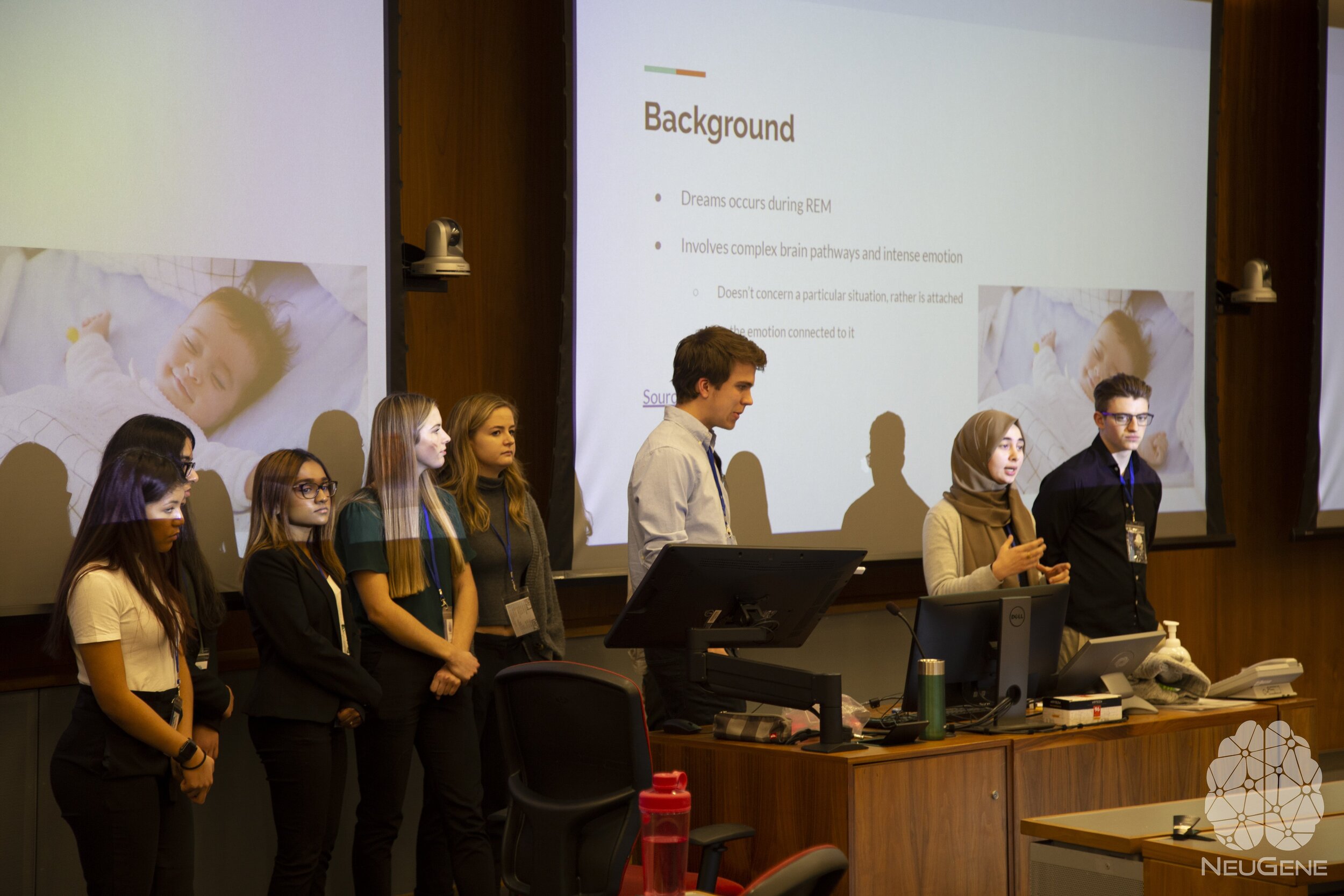
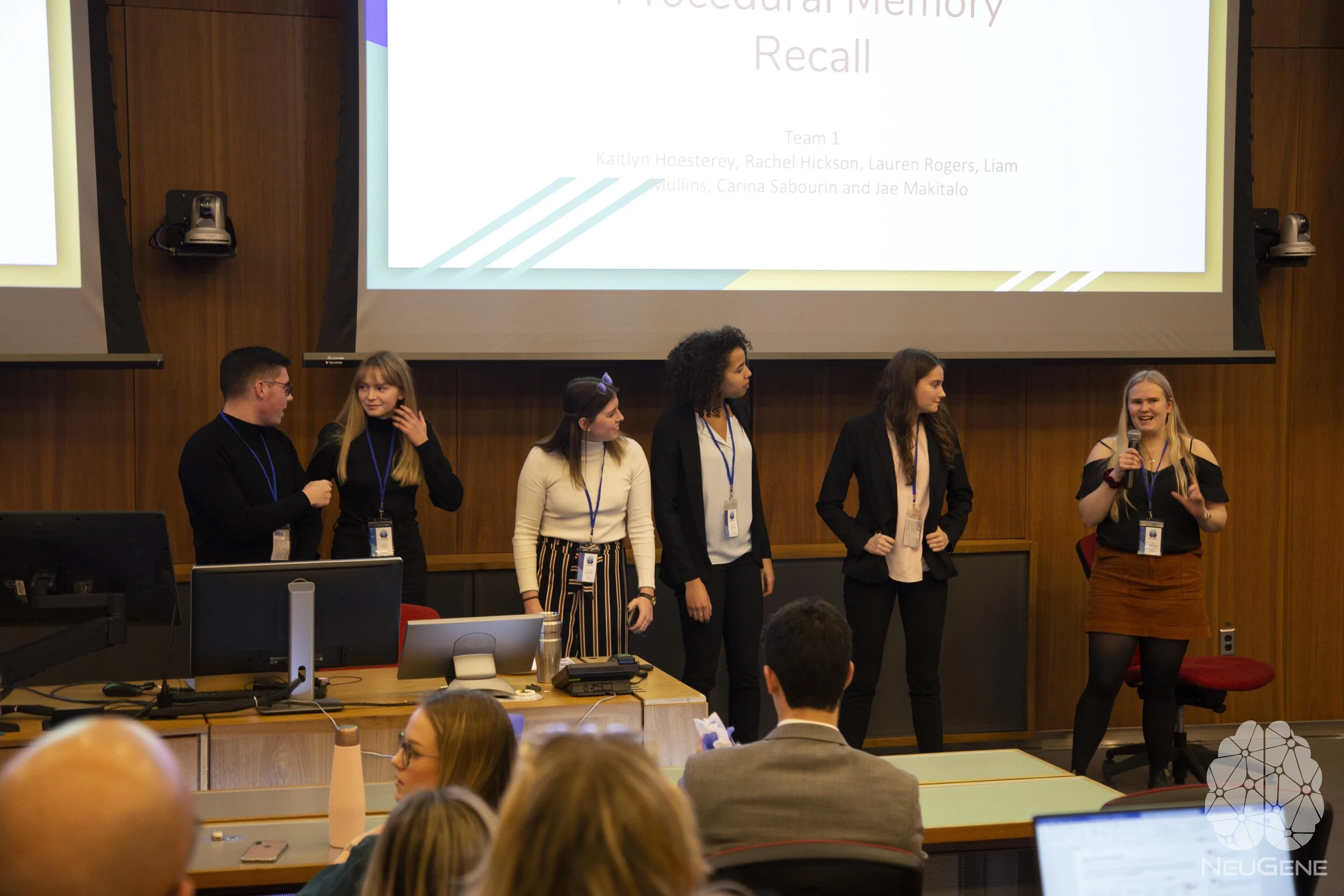
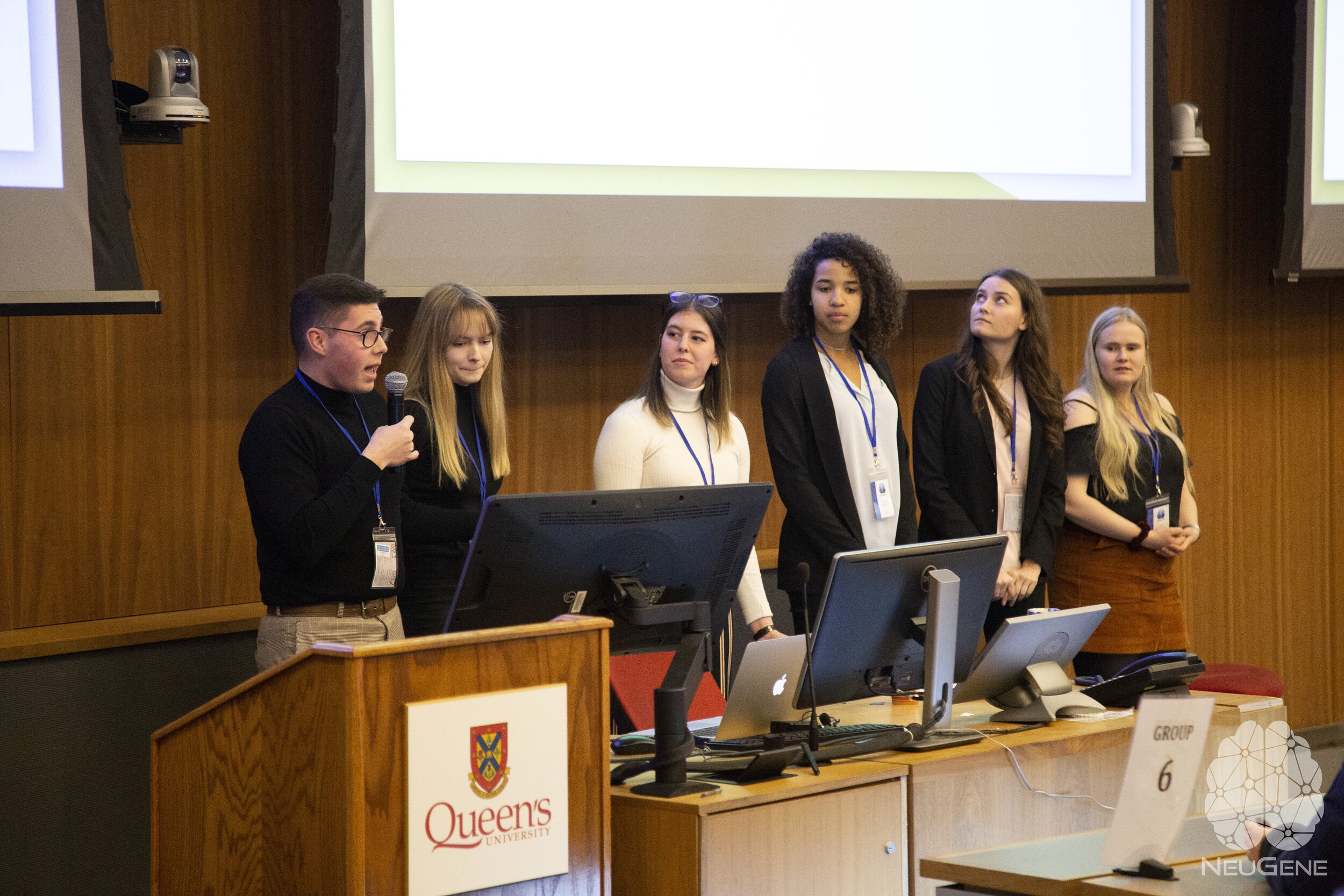
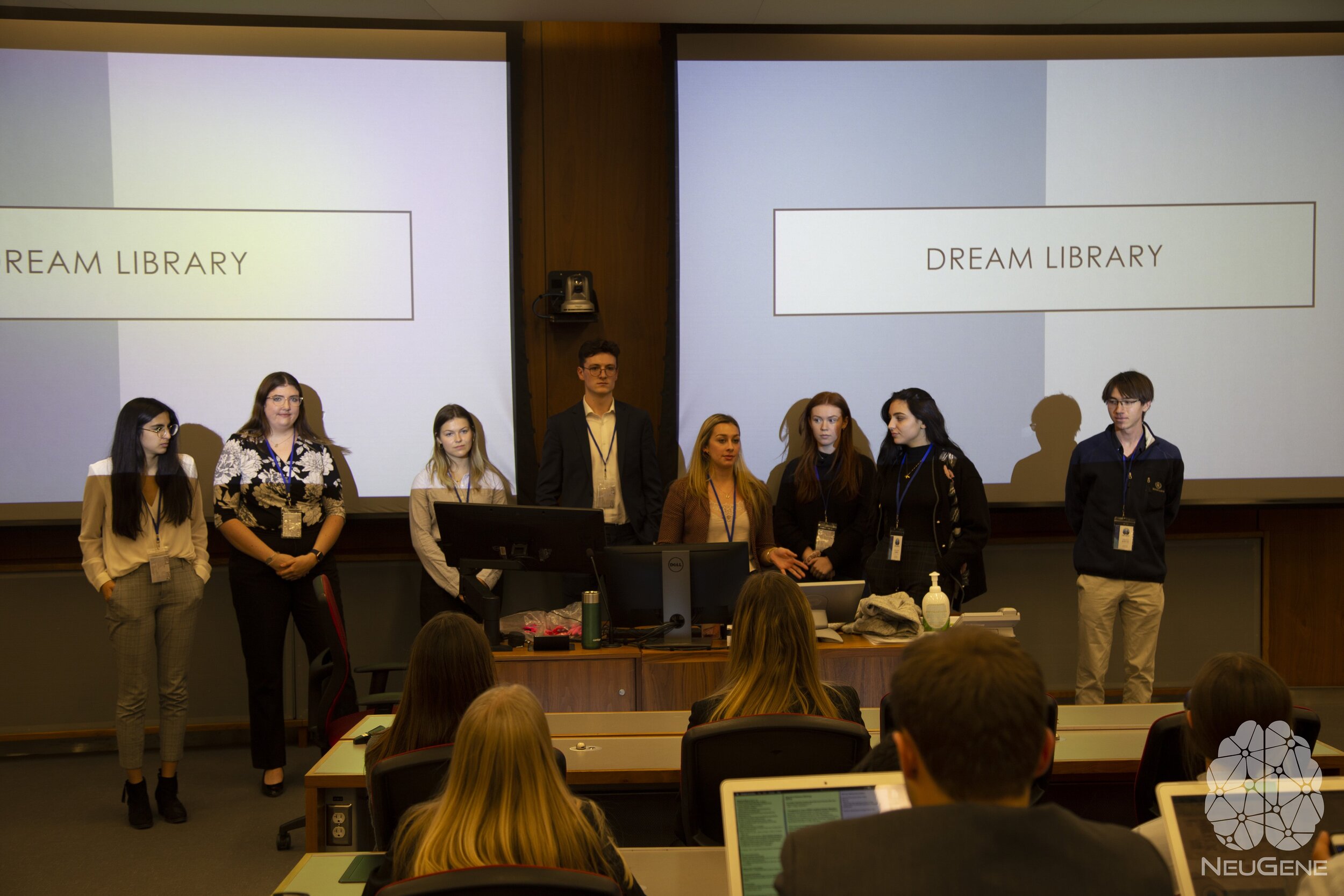
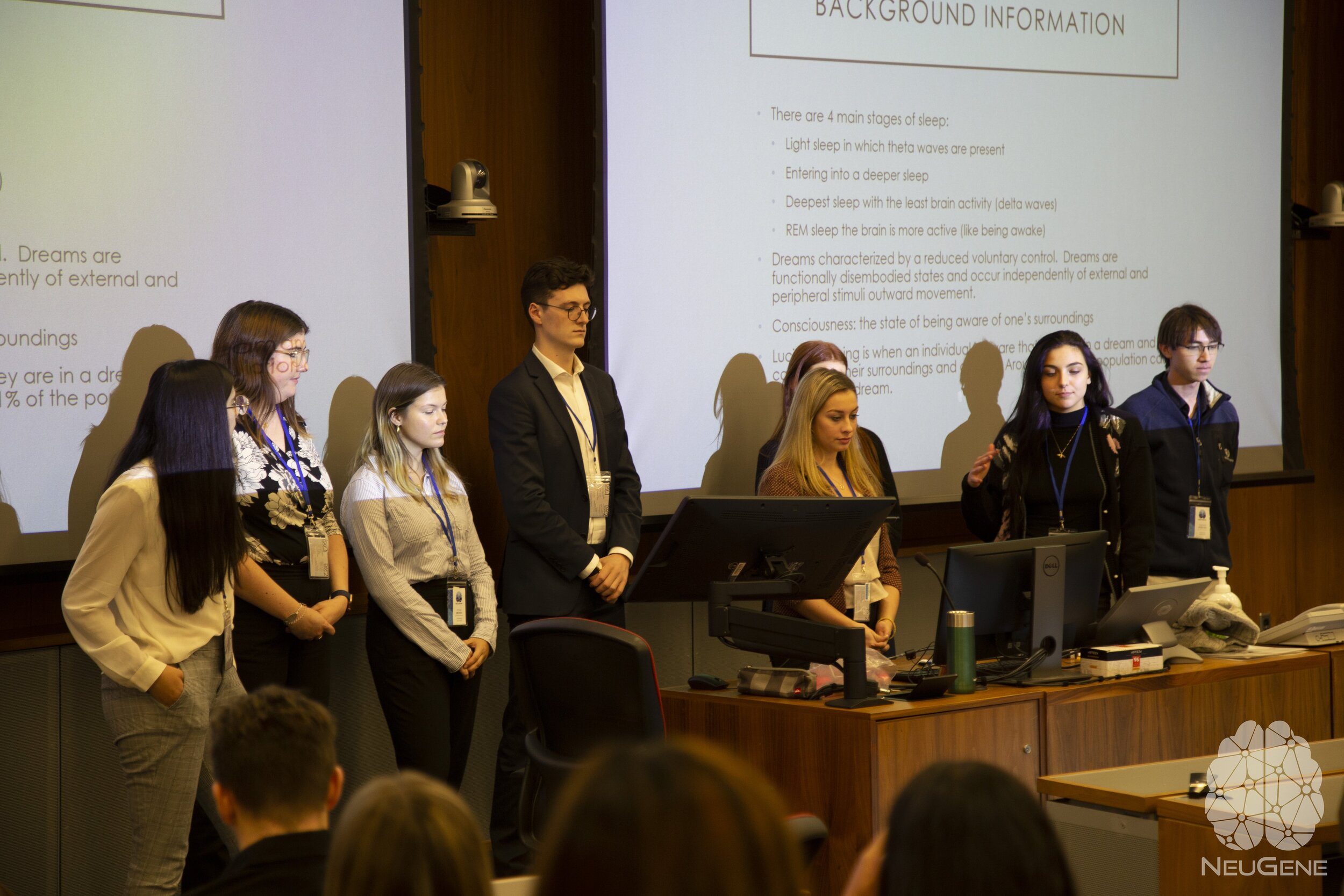

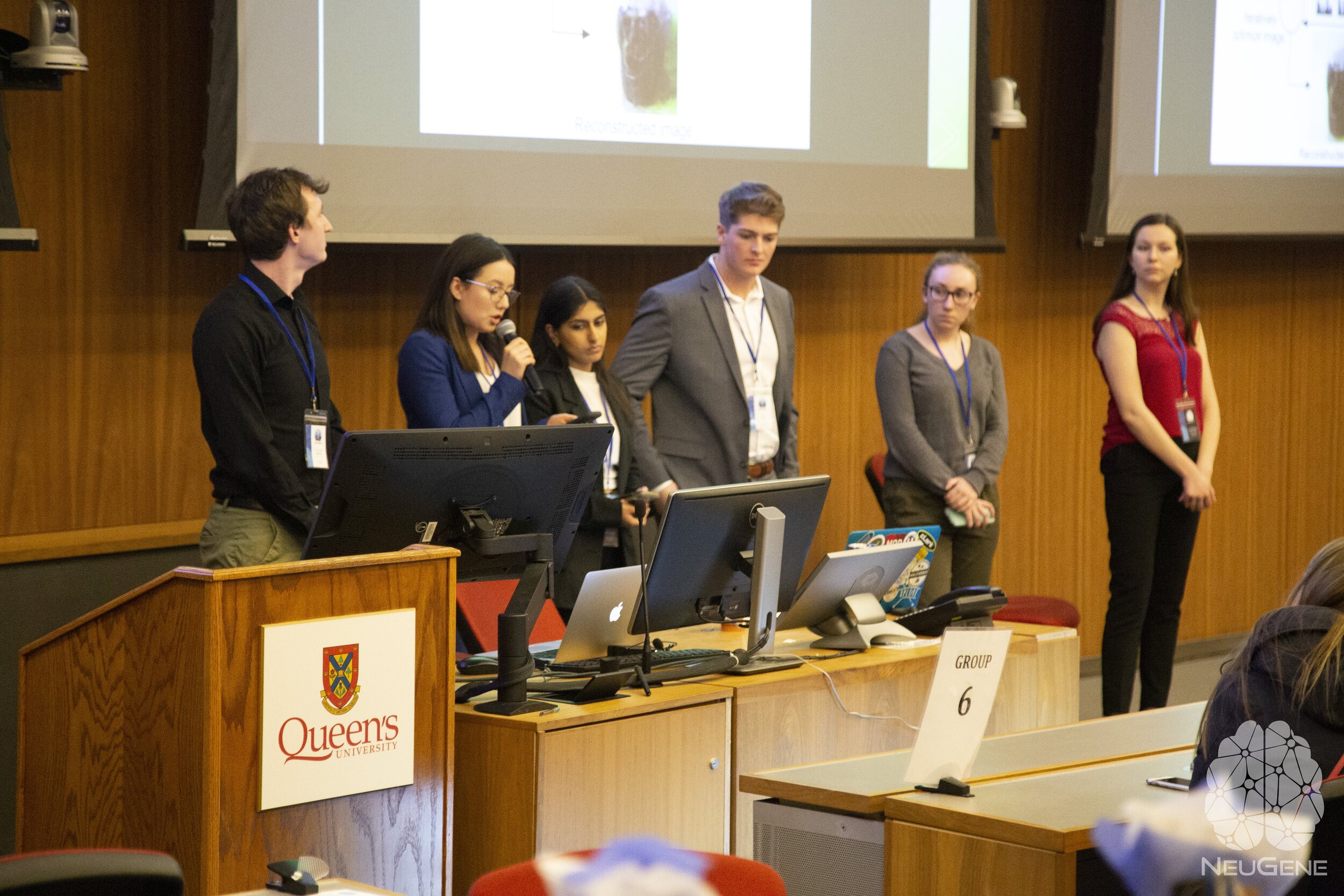
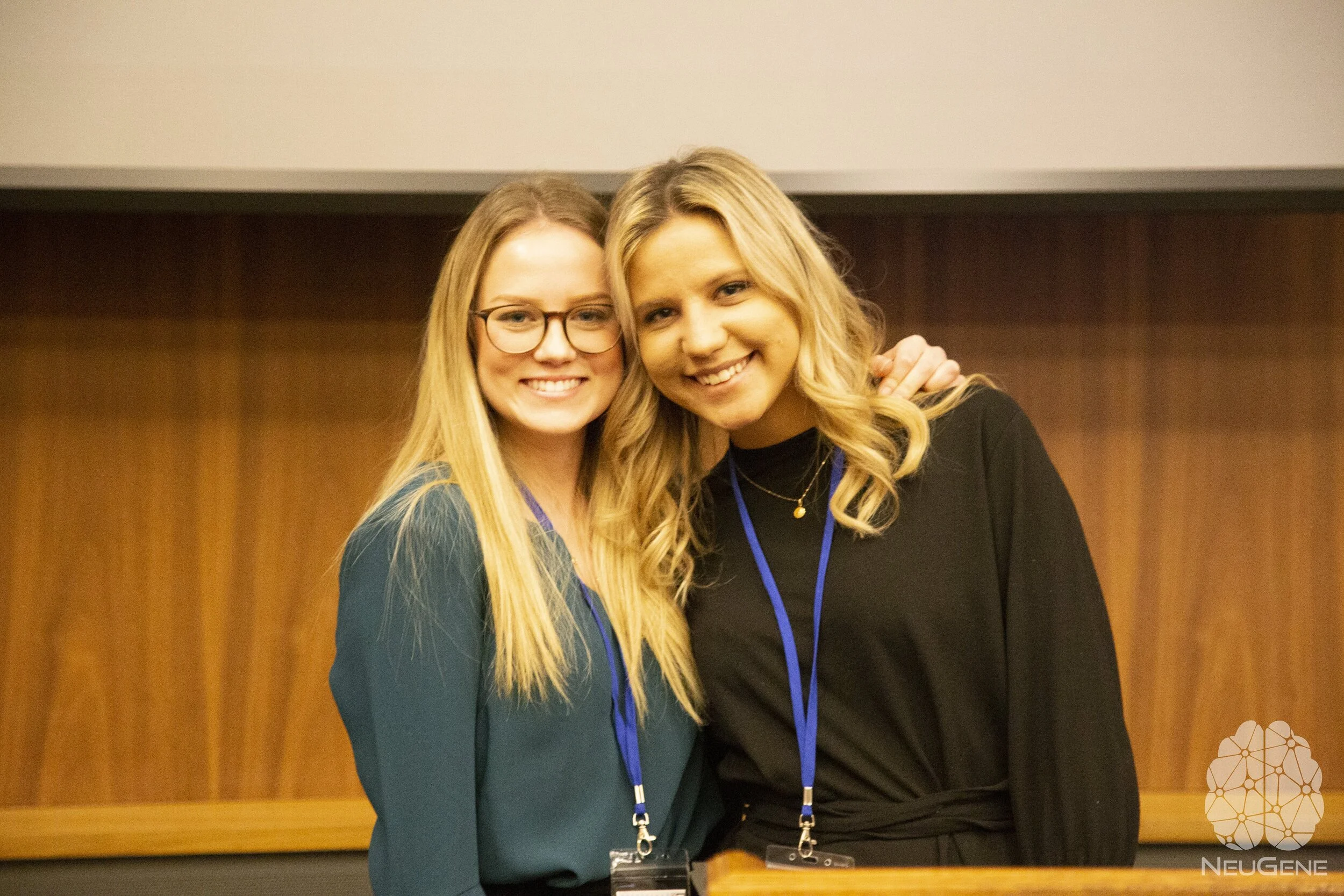
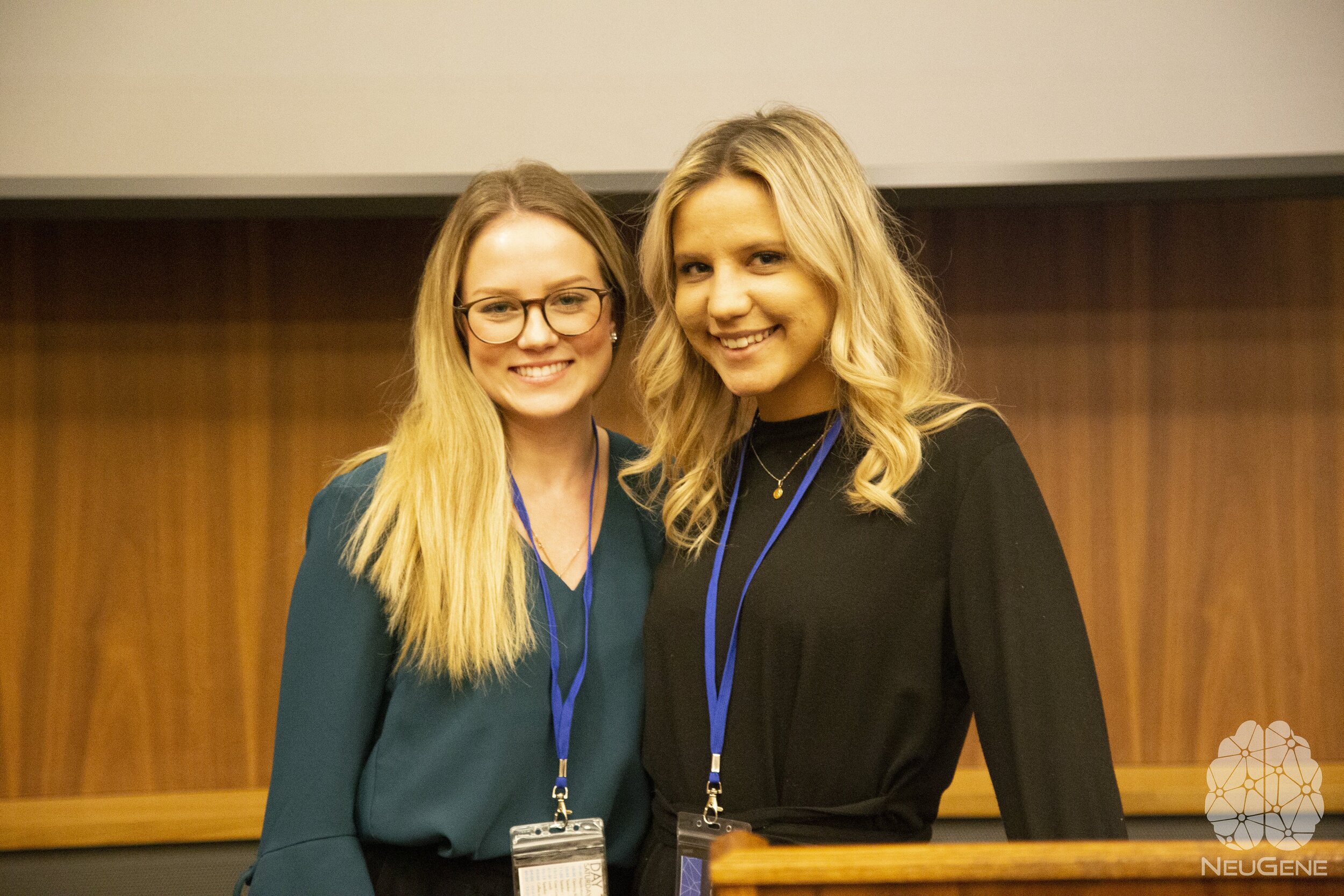
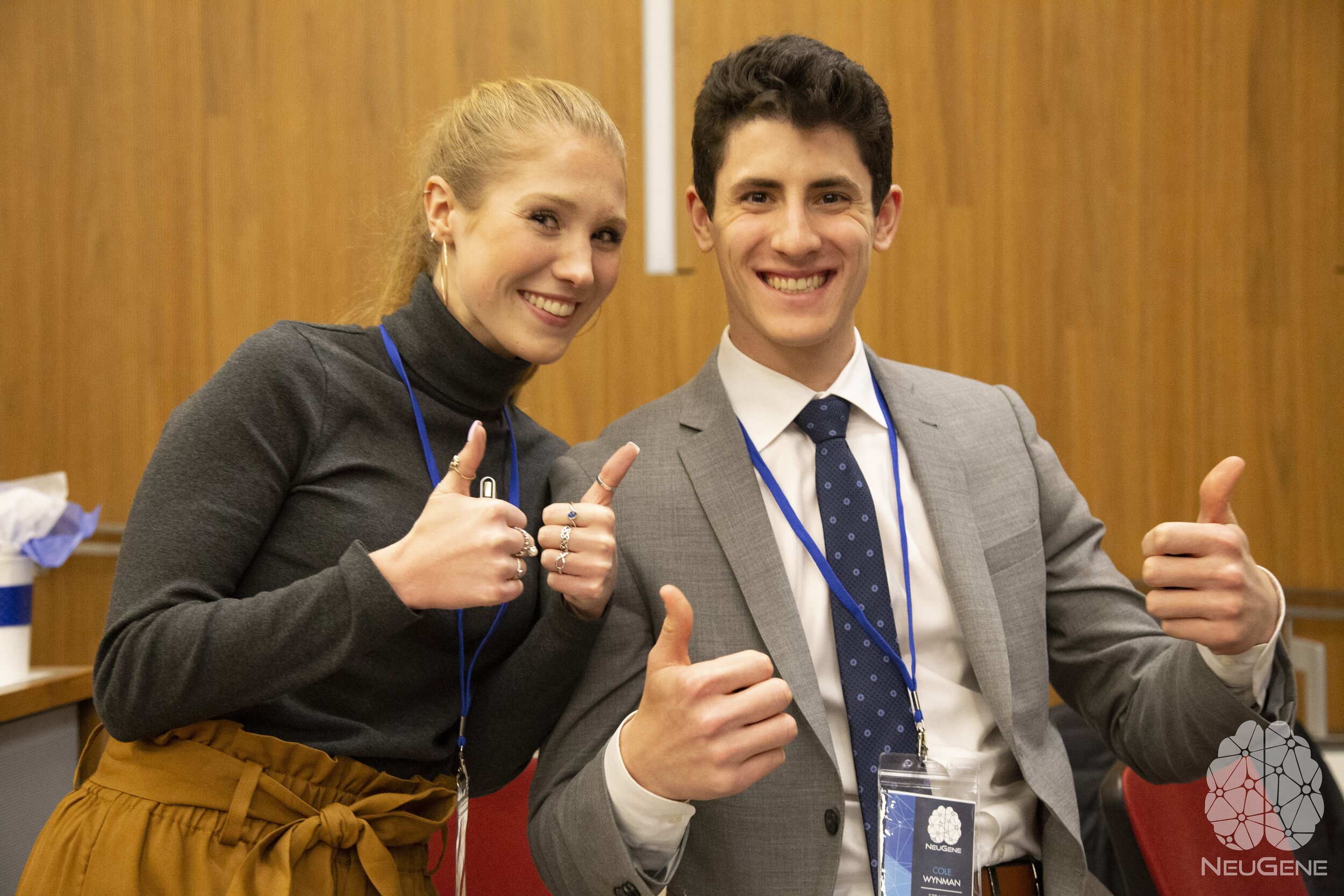
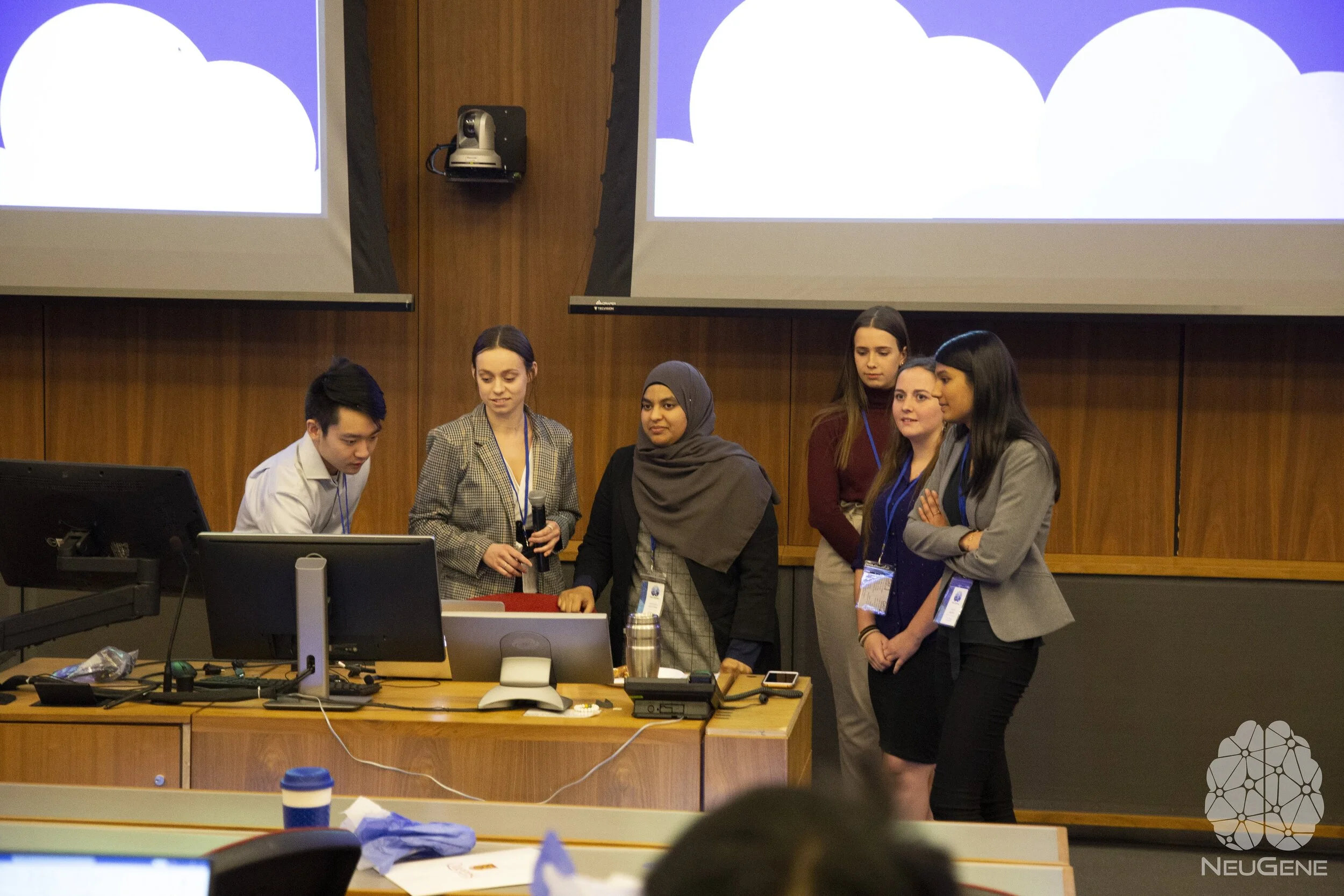
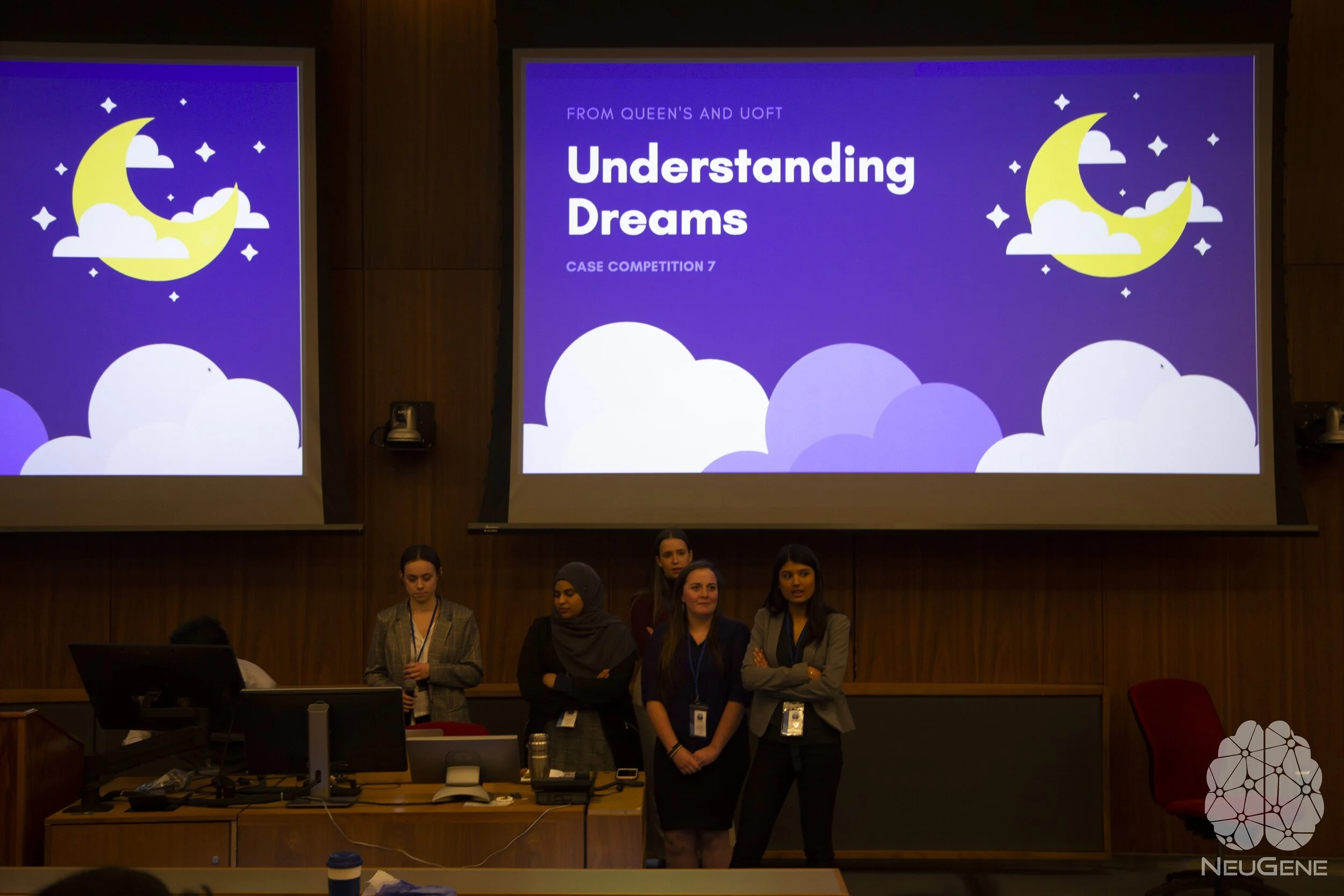
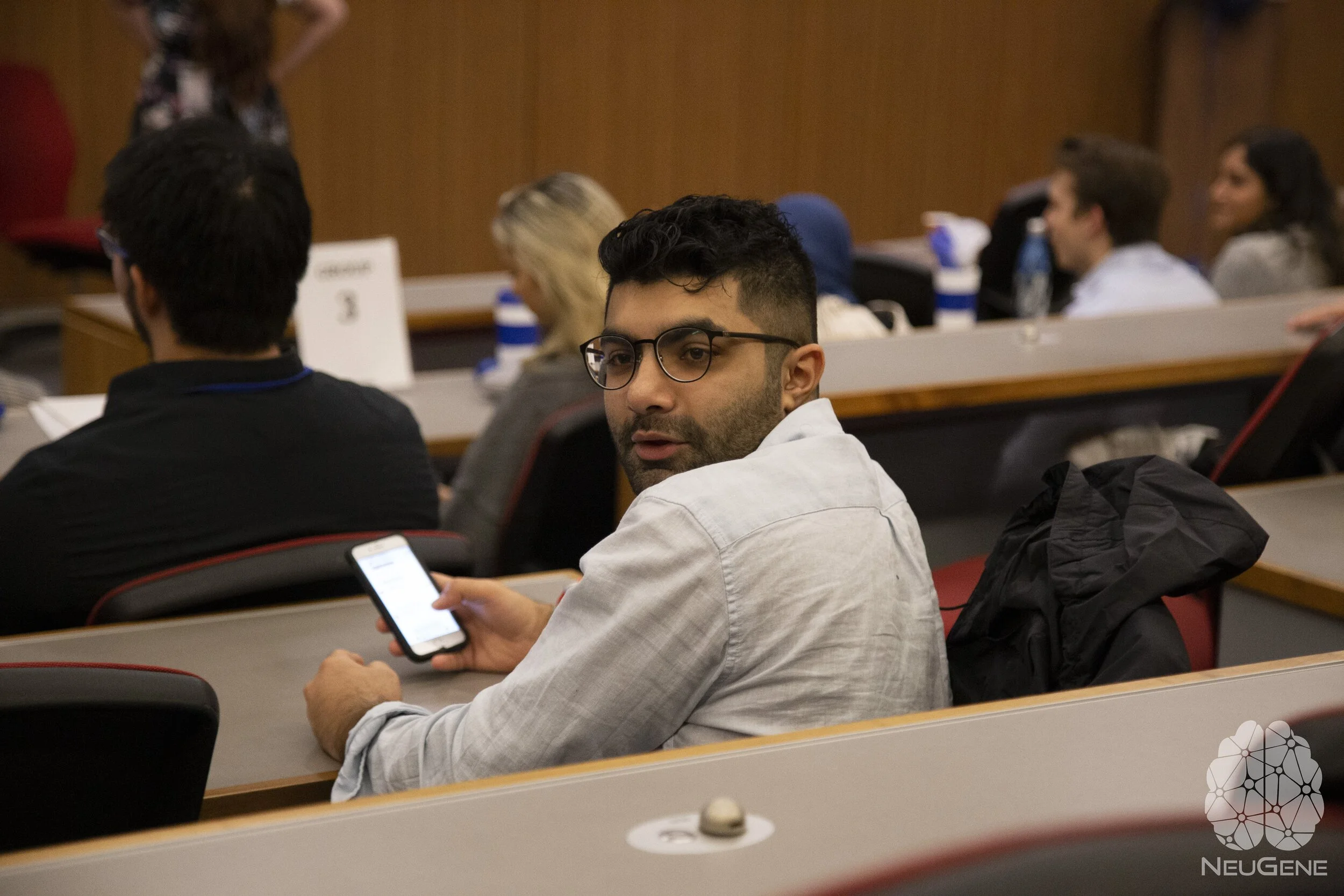
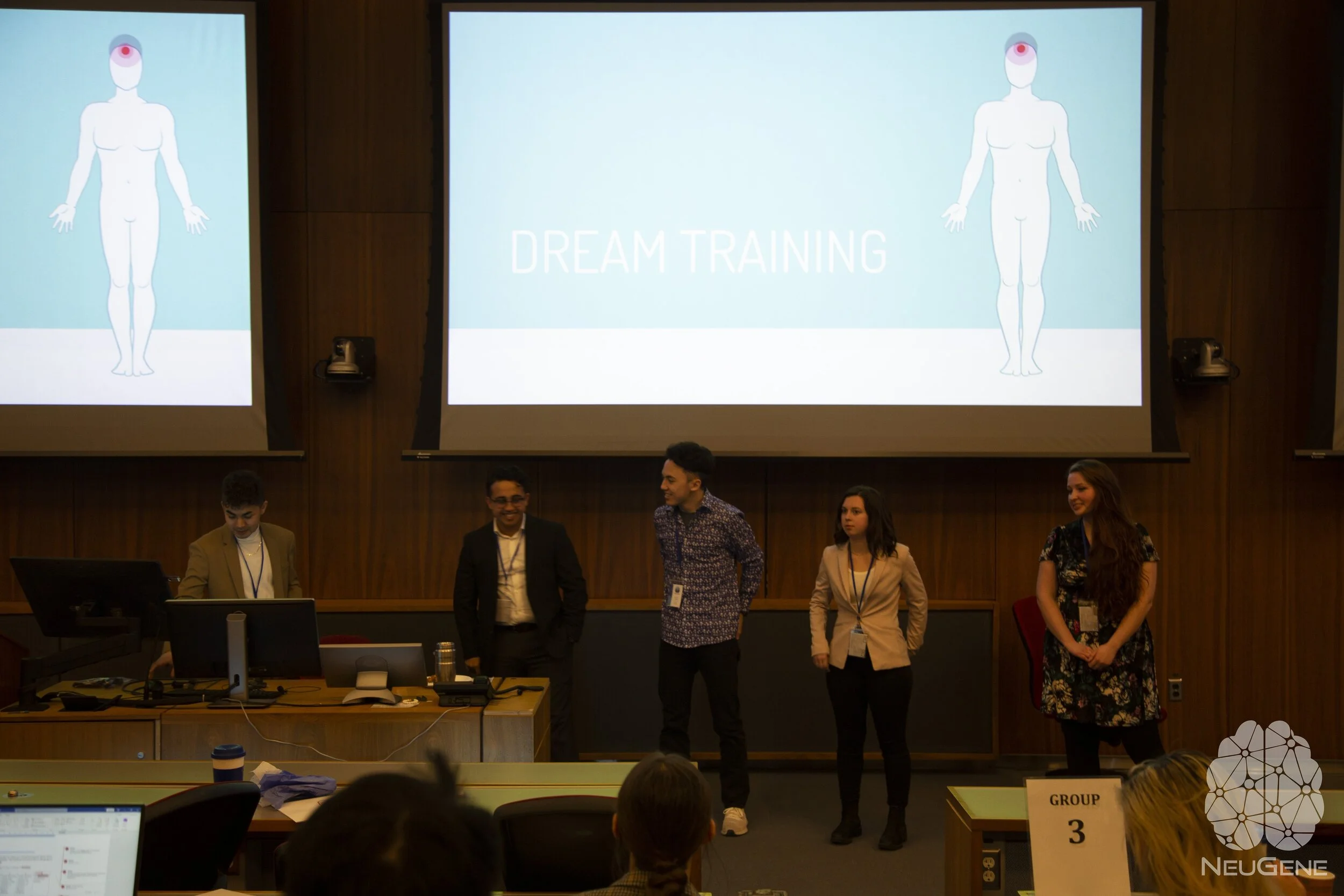

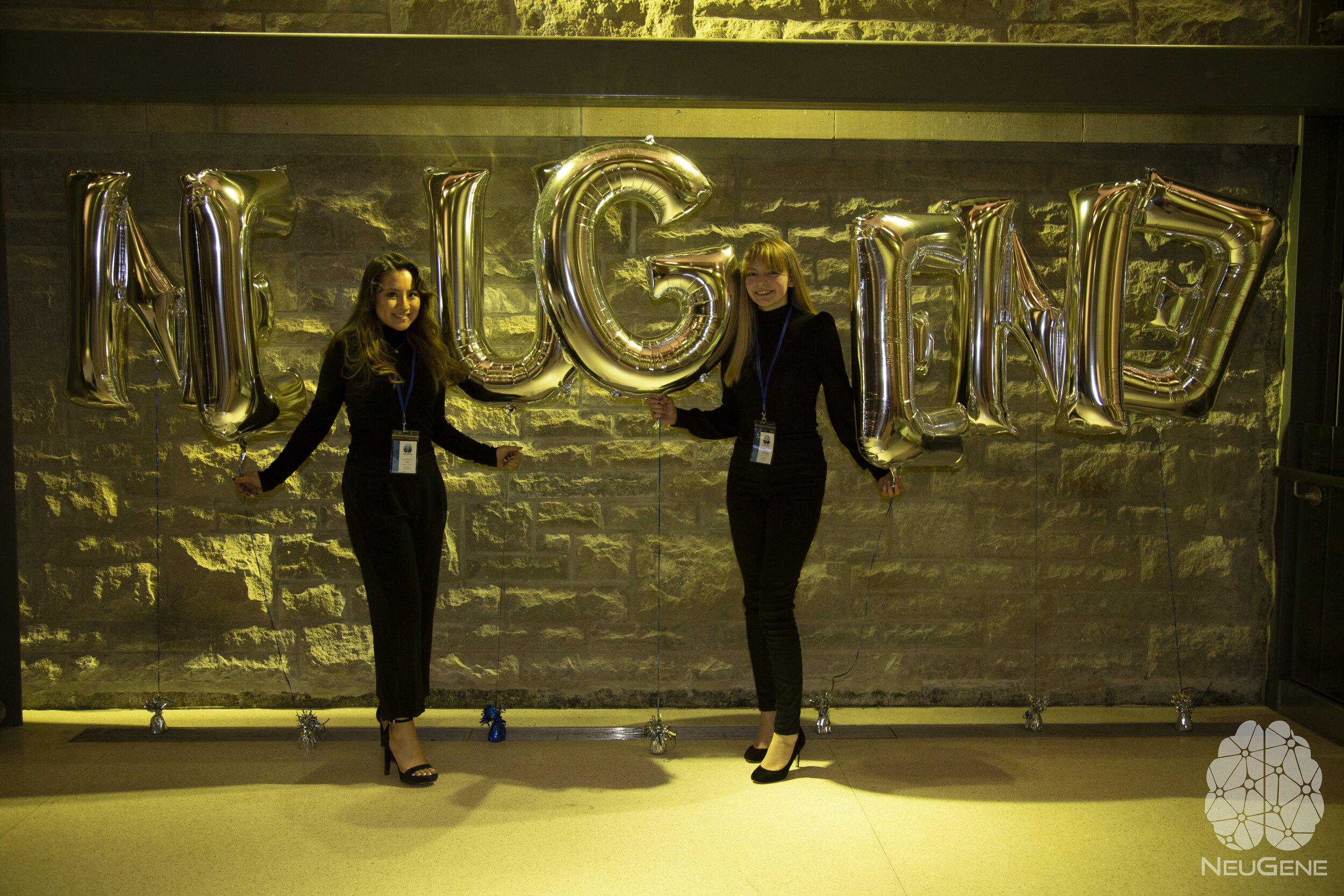
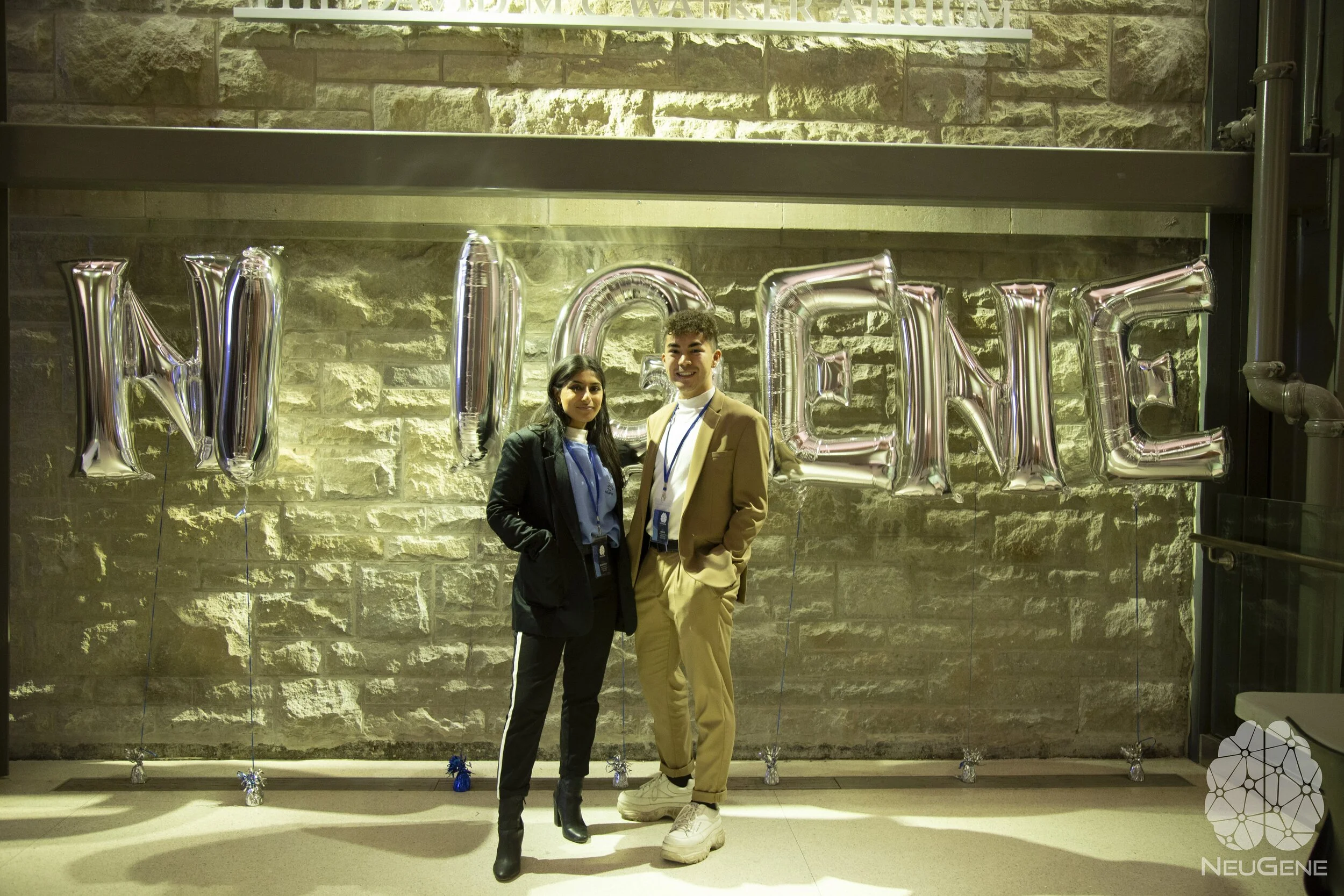
Presenters for Neugeneration 2020 Conference
Dr. Brian Chen
Molecular Instructions to Wire Up a Hard-Wired Neural Circuit
Dr. Brian Chen is an Associate Professor at McGill University. Dr. Chen joined McGill University in 2009, and was awarded the Canada Research Chair in Neural Circuit Formation, the Alfred P. Sloan Foundation Research Fellowship in 2011, and the 2014 Canadian Association for Neuroscience Young Investigator Award. In 2015, Dr. Chen was a winner of the NIH “Follow that Cell” Phase 1 Challenge, and has also been a winner of several entrepreneur competitions as the creator of the GeneDig.org genomics web app, and as a co-founder of the drug discovery company GeneBoost.
Dr. Chen’s research focuses on understanding how the molecular instructions in the genome can hard-wire neural circuits. He hopes to uncover the different molecules and strategies that neurons in the brain use to connect with each other. This research will help us understand how brains can essentially self-assemble and wire up, and how these wiring instructions can go awry in abnormal brain development.
Dr. Adam Kirton
Non-invasive Neuromodulation of the Developing Brain: New Opportunities for Disabled Children
Dr. Kirton is Professor of Pediatrics, Radiology, and Clinical Neurosciences at the University of Calgary and an attending Pediatric Neurologist at the Alberta Children’s Hospital.
His research focuses on applying technologies including non-invasive brain stimulation and neuroimaging to measure and modulate the response of the developing brain to early injury to generate new therapies.
Dr. Kirton directs the Calgary Pediatric Stroke Program, Alberta Perinatal Stroke Project, the ACH Brain Computer Interface Laboratory, and the University of Calgary Noninvasive Neurostimulation Network (N3).
Dr. Luis Flores
The Role of Brain Function in Prosocial Interpersonal Experiences
Dr. Flores earned his B.A. in Psychology at the University of California, Berkeley and his Ph.D. in Clinical/Community Psychology at the University of Illinois, Urbana-Champaign. He completed his clinical psychology internship at Western Psychiatric Institute and Clinic of the University of Pittsburgh Medical Center. Afterward, he completed a postdoctoral fellowship at the VA Pittsburgh Healthcare System and the University of Pittsburgh. In 2018, he moved to Canada and joined the psychology department at Queen’s University as an assistant professor. In his research, Dr. Flores is trying to better understand the mechanisms (including neural mechanisms) by which close relationships are protective against depression and for whom are close relationships most protective. Dr. Flores integrates neuroimaging and naturalistic methods to examine the roles of social and affective neural circuitries in daily interpersonal experiences
Dr. Anita Tusche
Neural Models of Altruistic Choice
Dr. Tusche is an Assistant Professor at Queen’s University (Departments of Psychology and Economics). Crossing the borders of established research disciplines, her research is part of the newly emerging field of neuroeconomics to study decision making (e.g. dietary choice, consumer choice, and cooperation). The overall goal of her research program is to build neurally informed computational models of human decision making that explain differences in observed behaviors across people, context and time. Dr. Tusche has received a Ph.D. in Psychology from Humboldt University (Berlin, Germany) and postdoctoral research fellowships from the California Institute of Technology (USA) and the Max Planck Institute (Leipzig, Germany)
Dr. Gordon Boyd
No matter how brief, a critical illness can do longterm damage to the body and brain. Dr. Gordon Boyd, a neurologist, intensive care physician and clinician-scientist, is studying brain function, how it correlates with long-term neurological recovery, and how to improve outcomes for those who have suffered from cardiac arrest.
Dr. Boyd’s research is focused on predicting how patients react the first few days after cardiac incident, and how to create tests to better gauge the level of damage to each individual by understanding how neurons in the brain react to the loss of blood and oxygen during an arrest. By doing so, he hopes to be able to develop processes and treatments in the ICU that have a significant impact on patient recovery.
NeuGeneration 2019
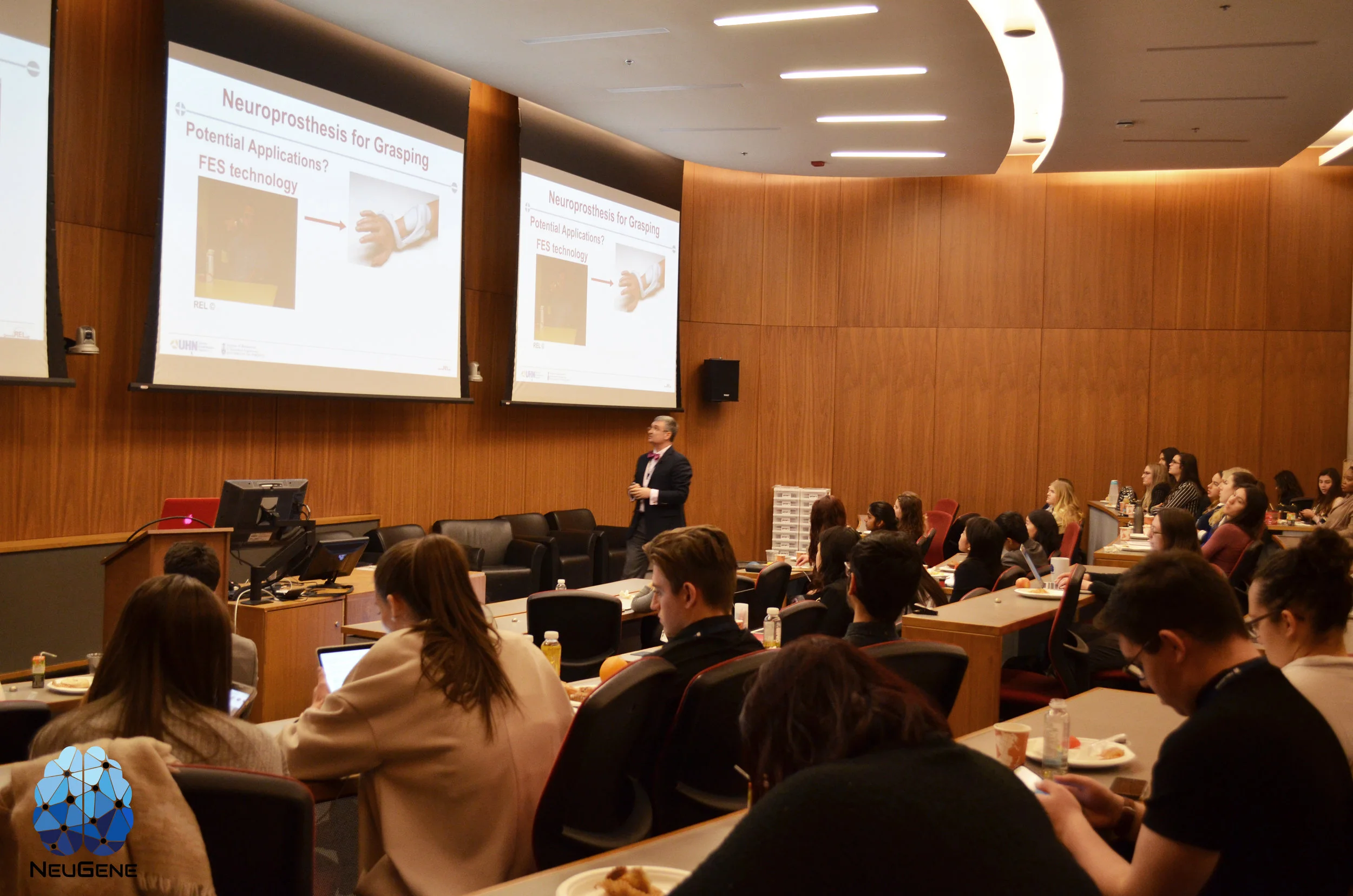
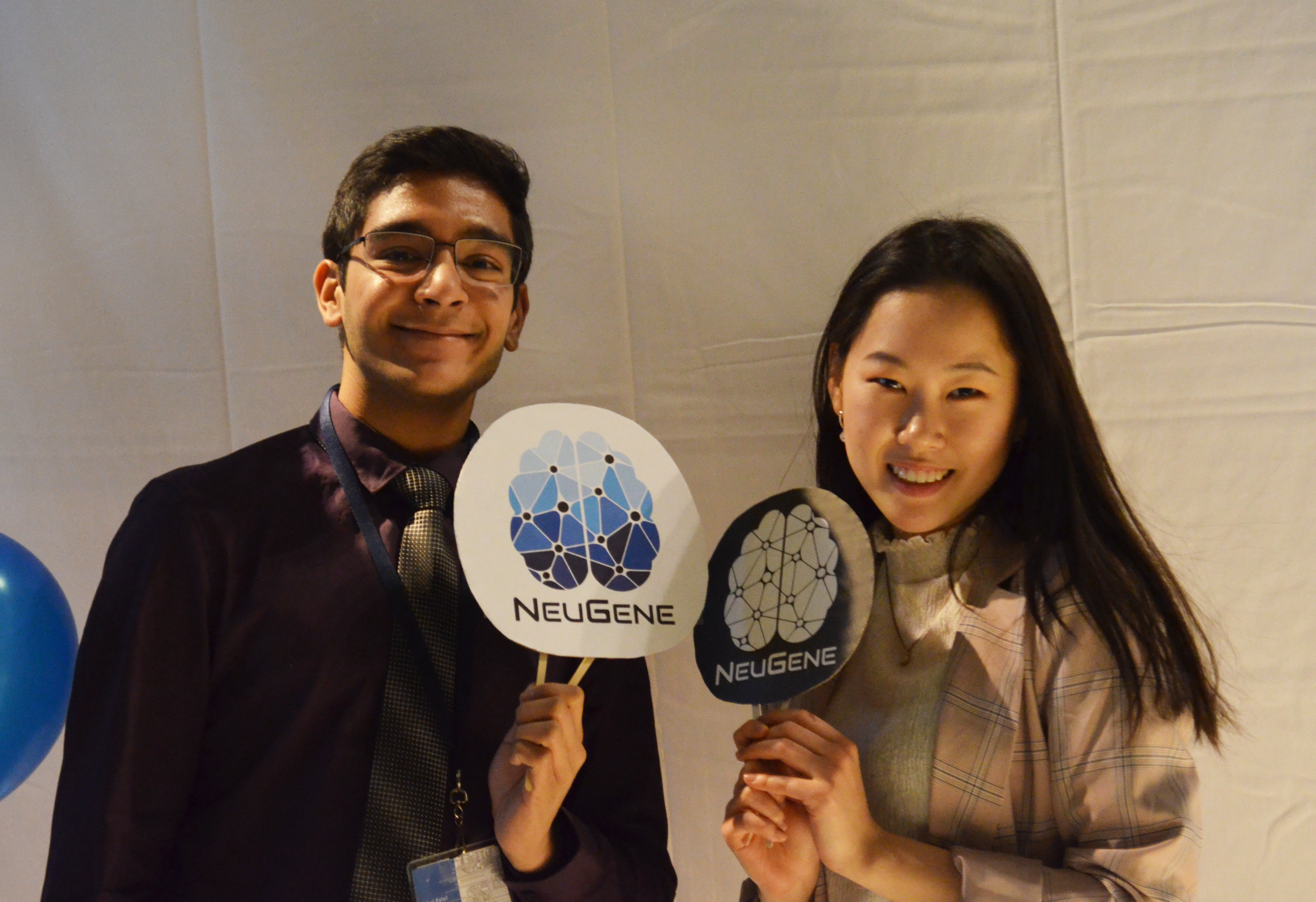
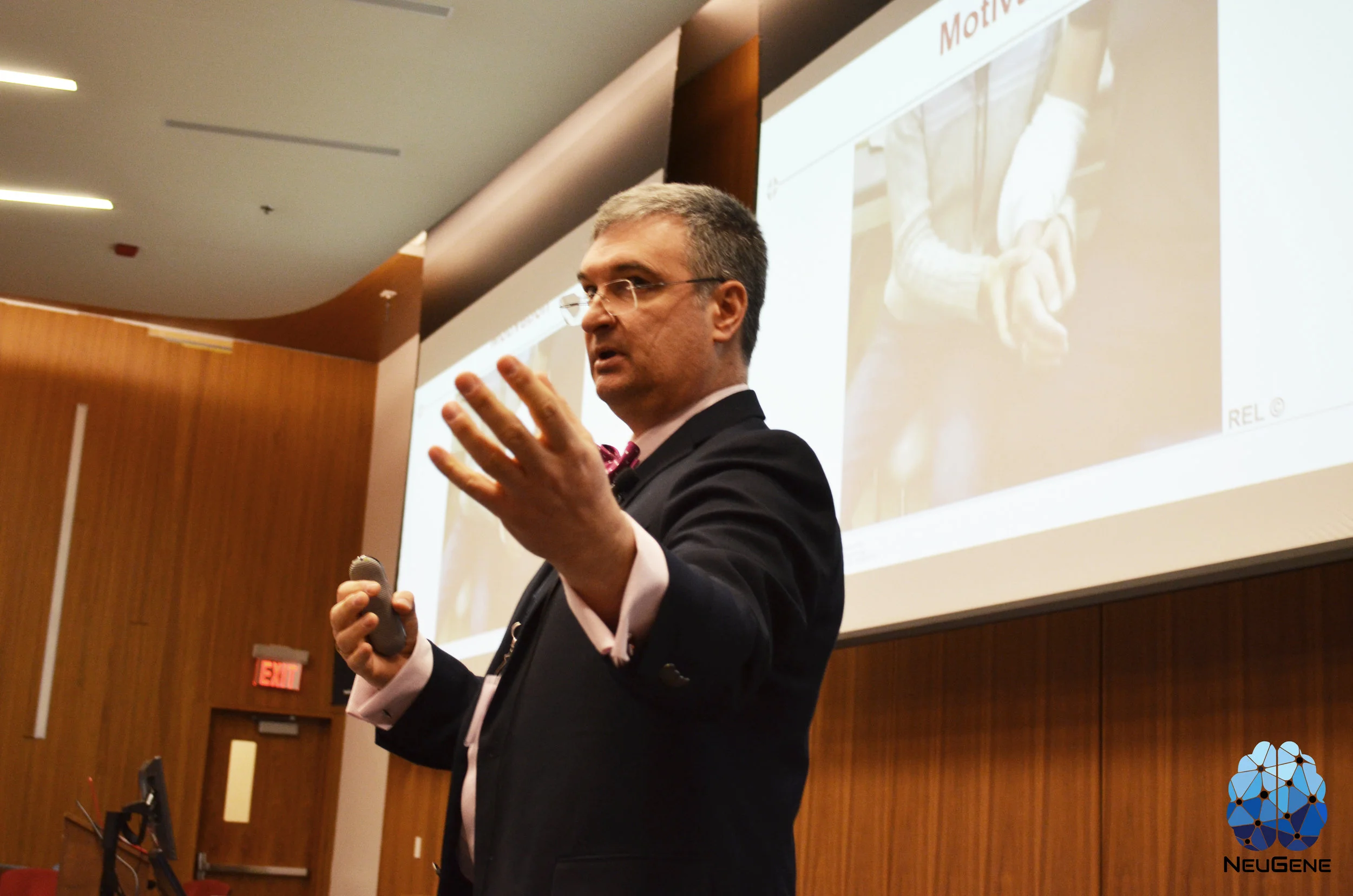

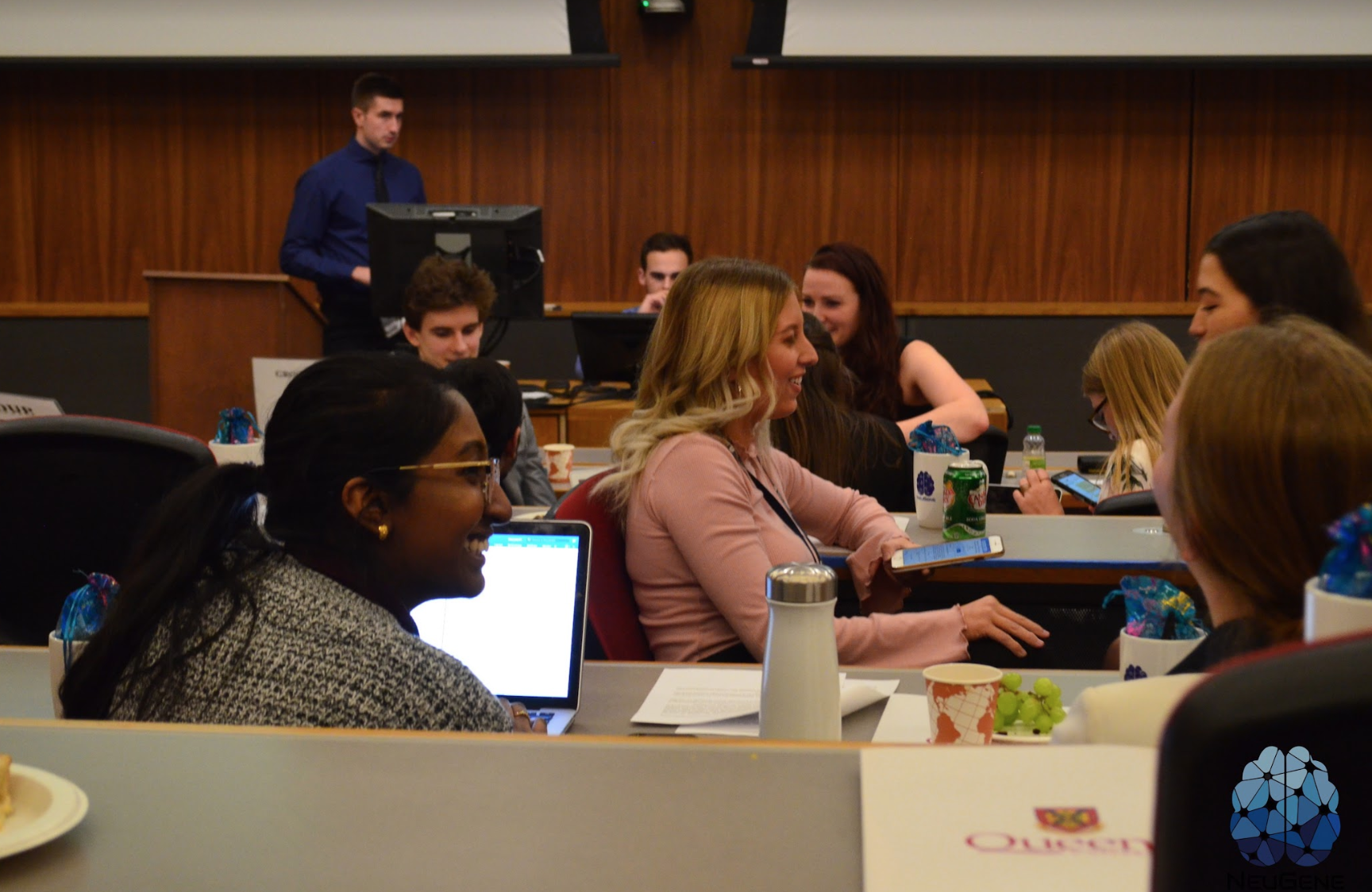


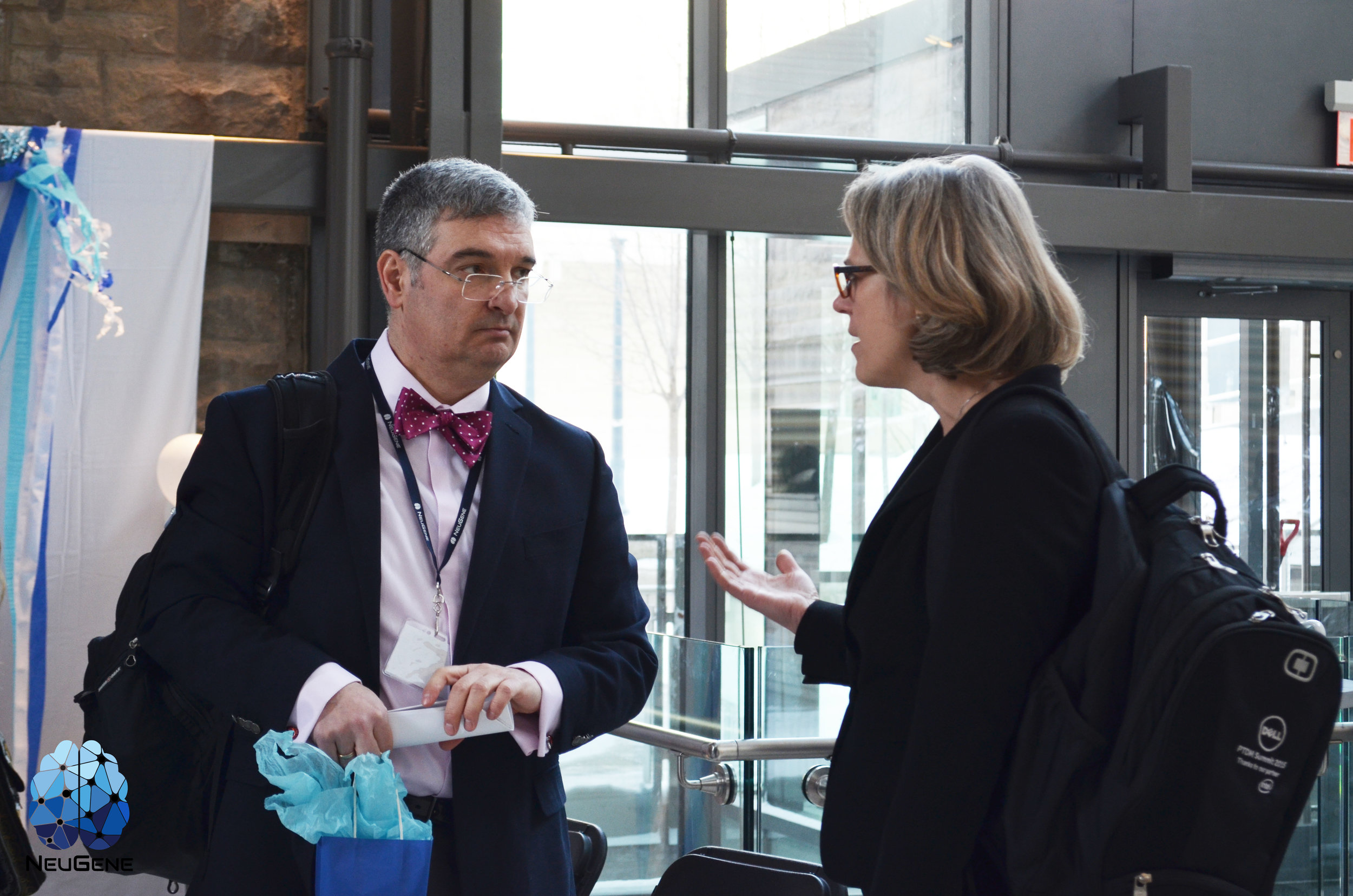
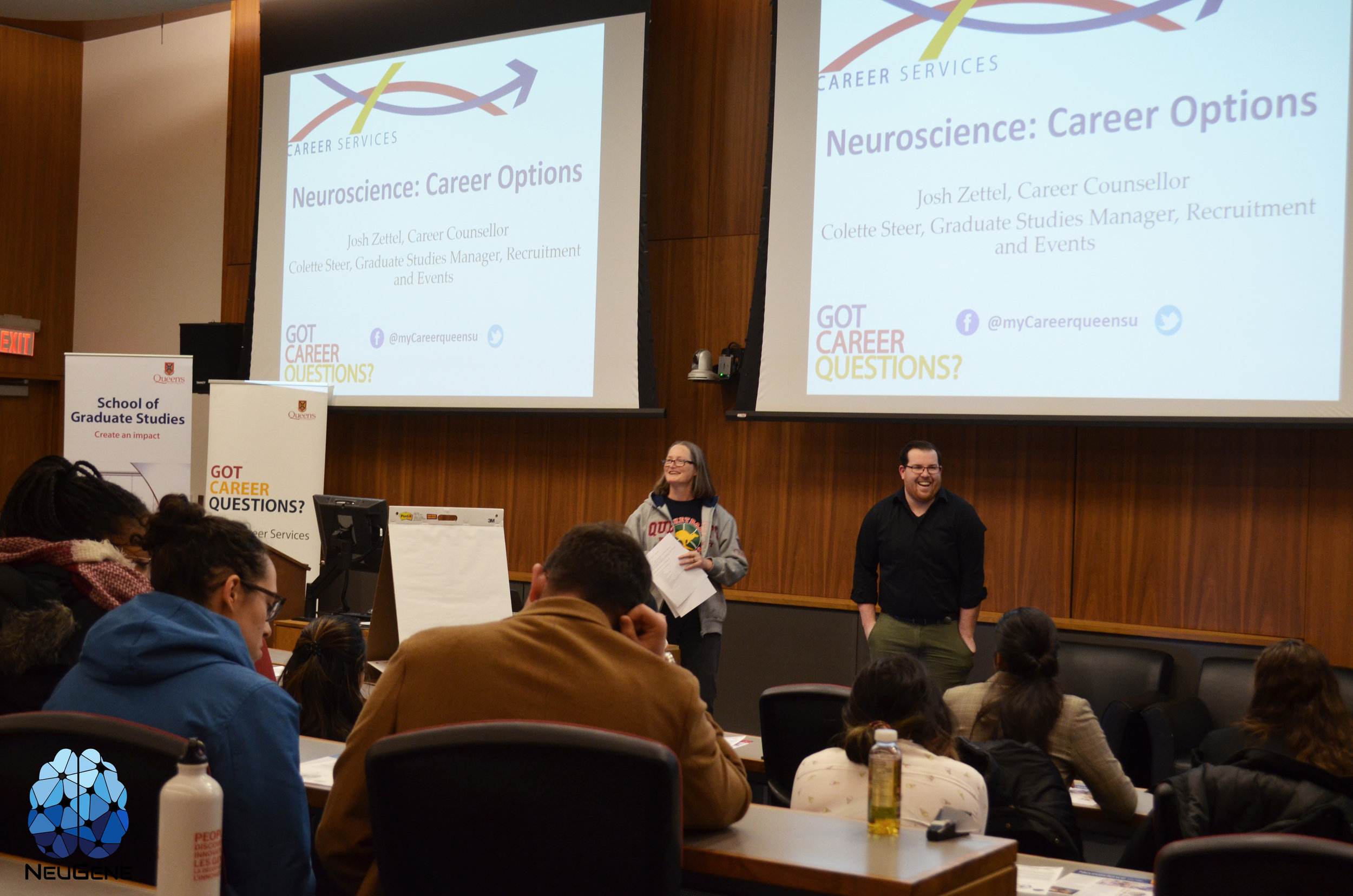

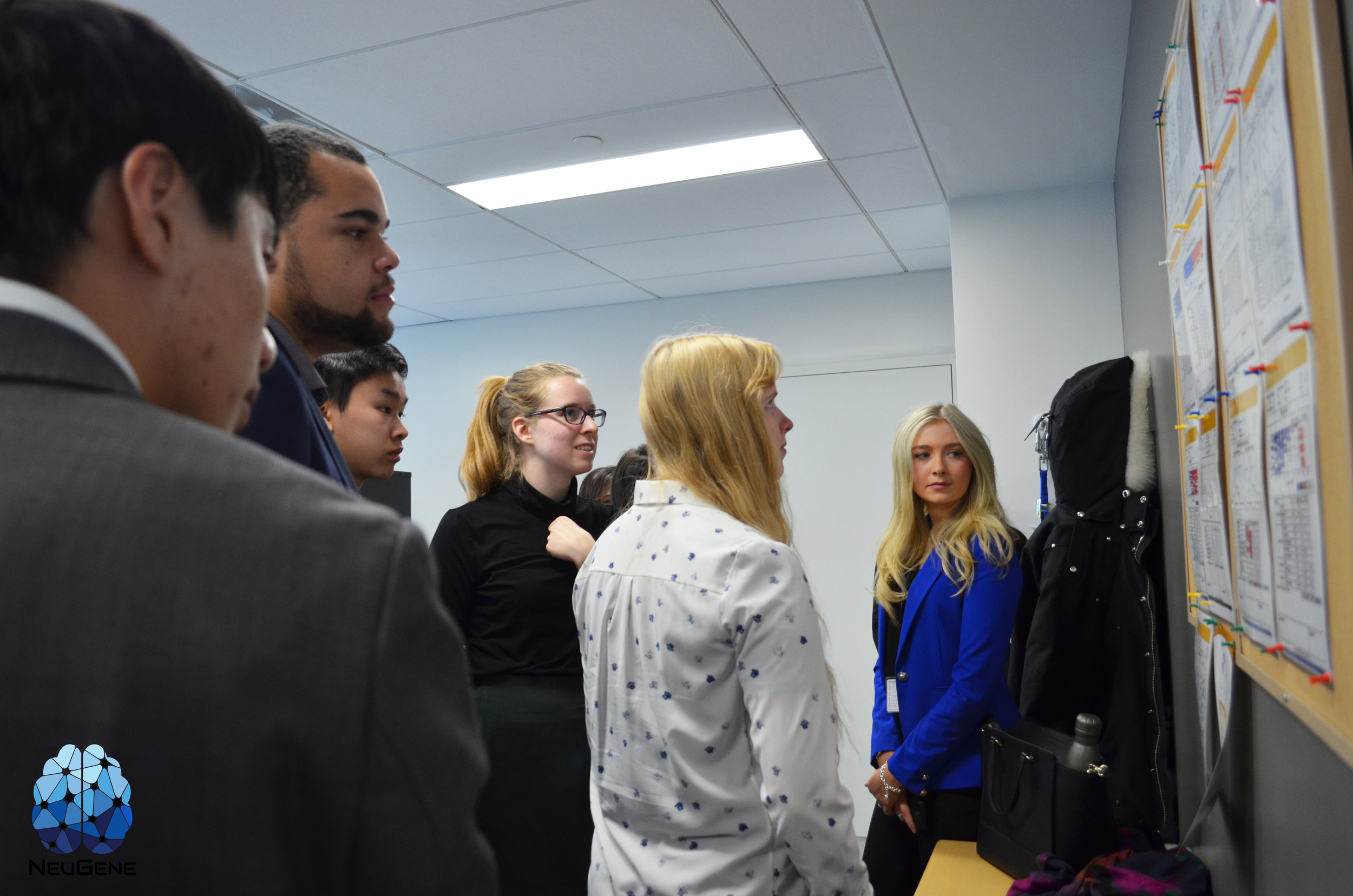
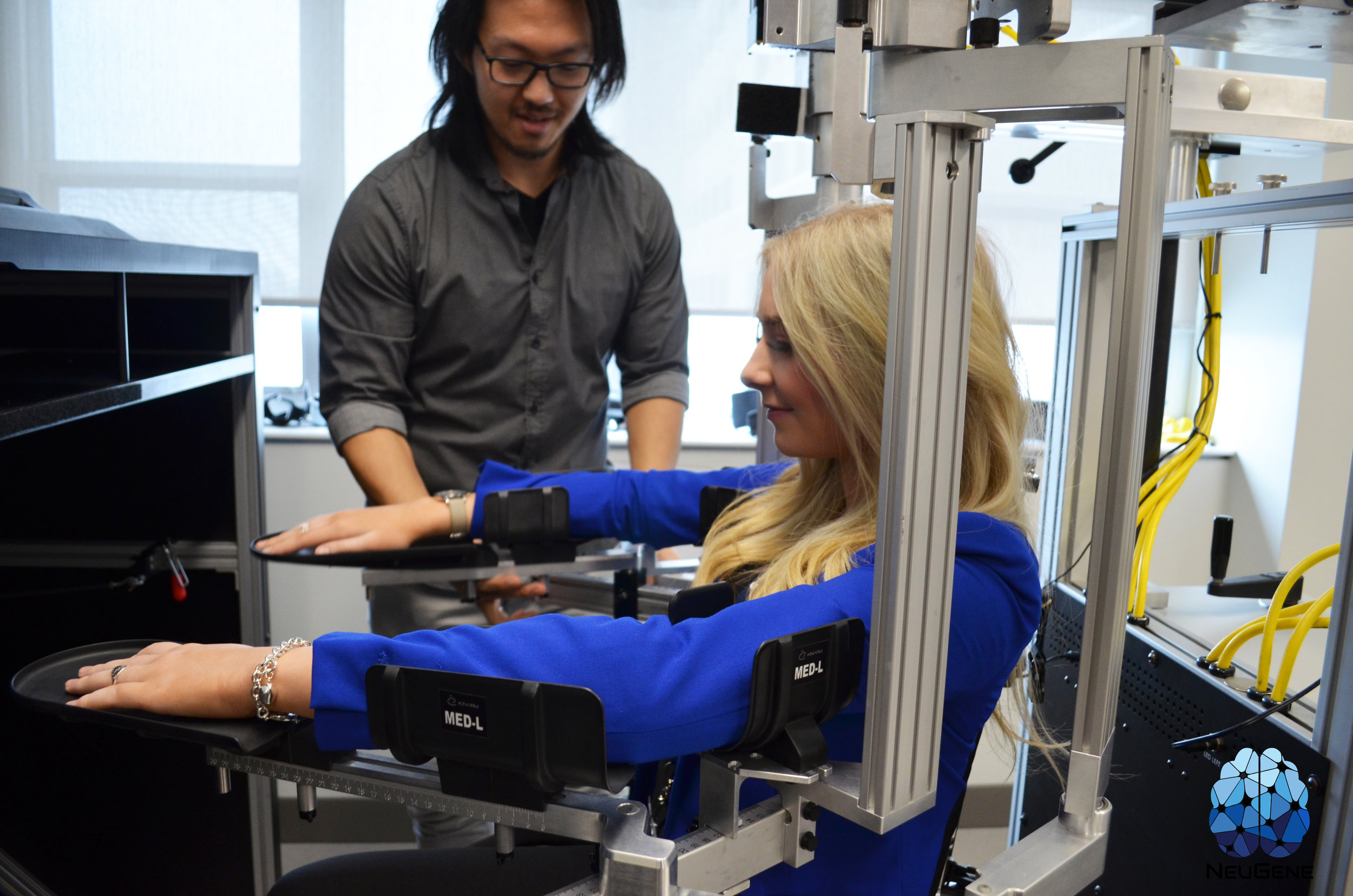
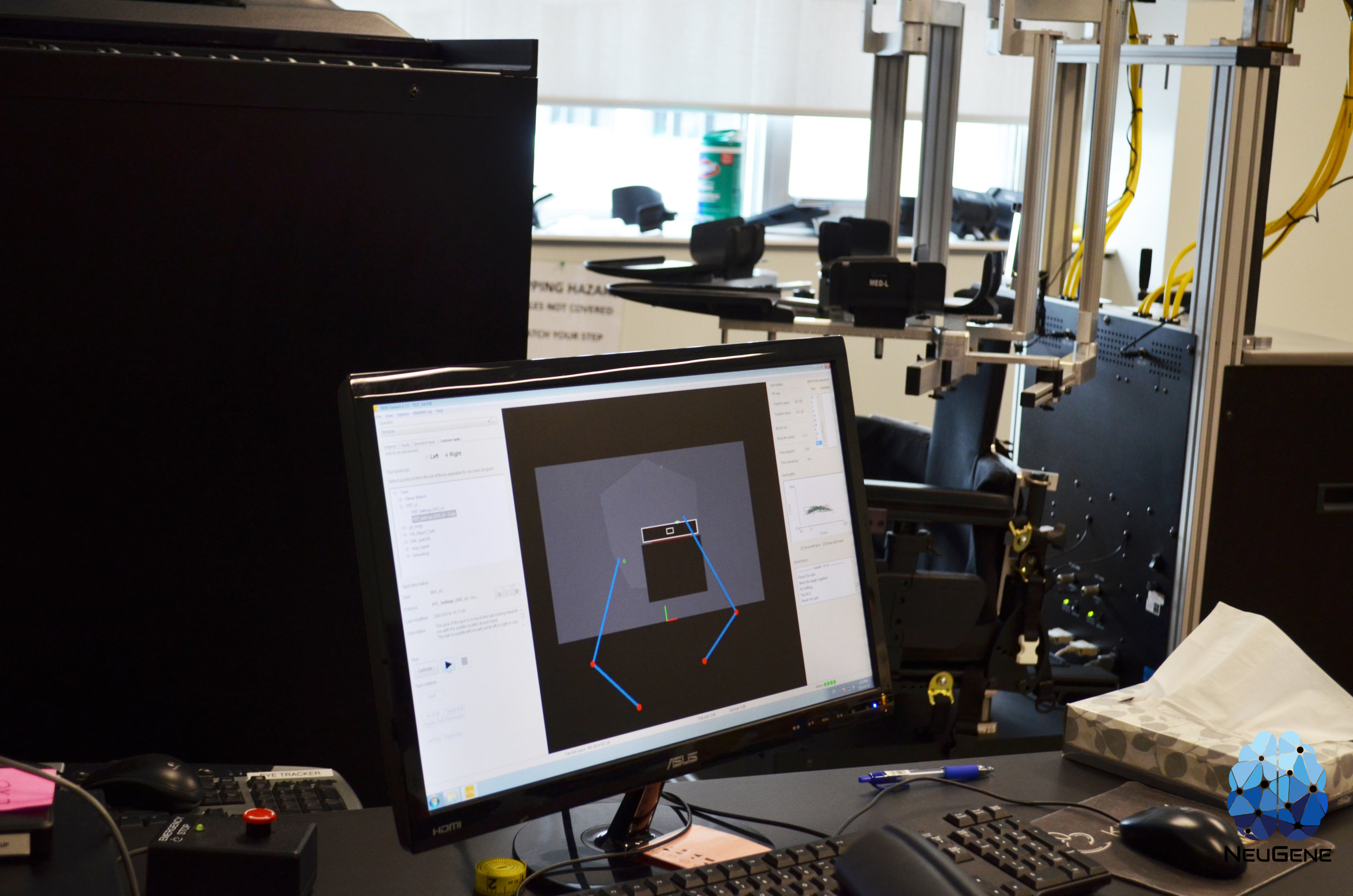
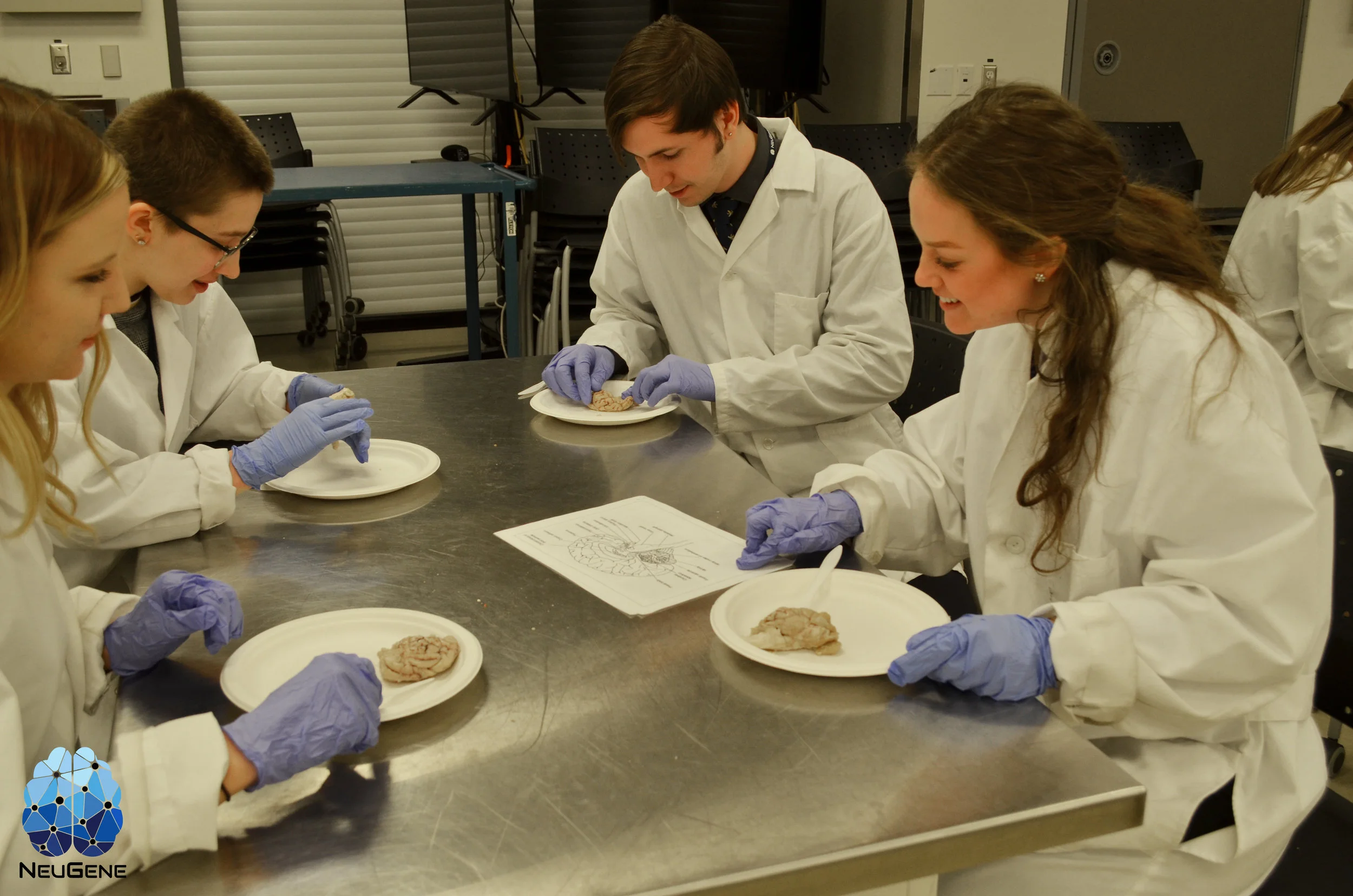
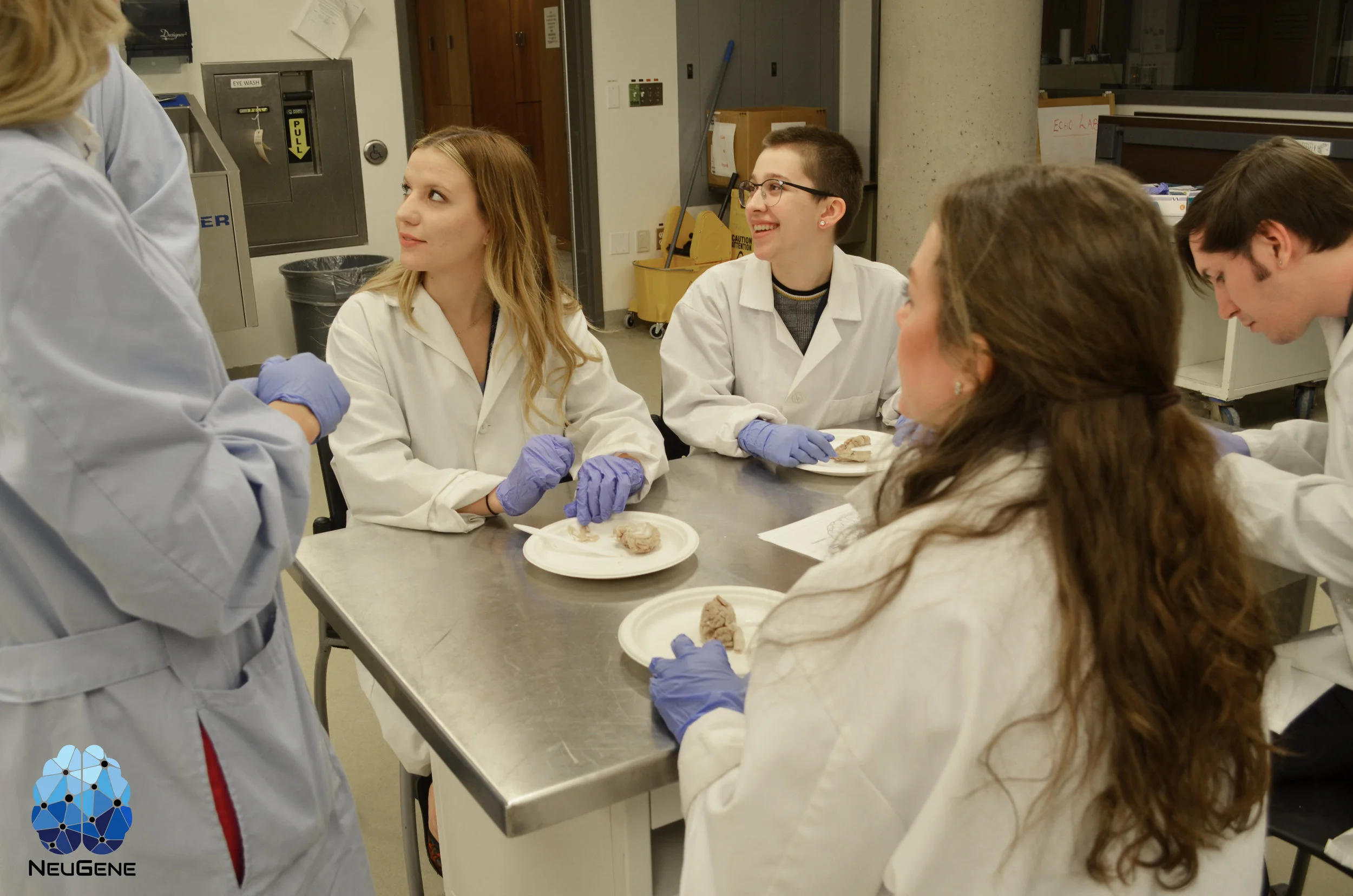
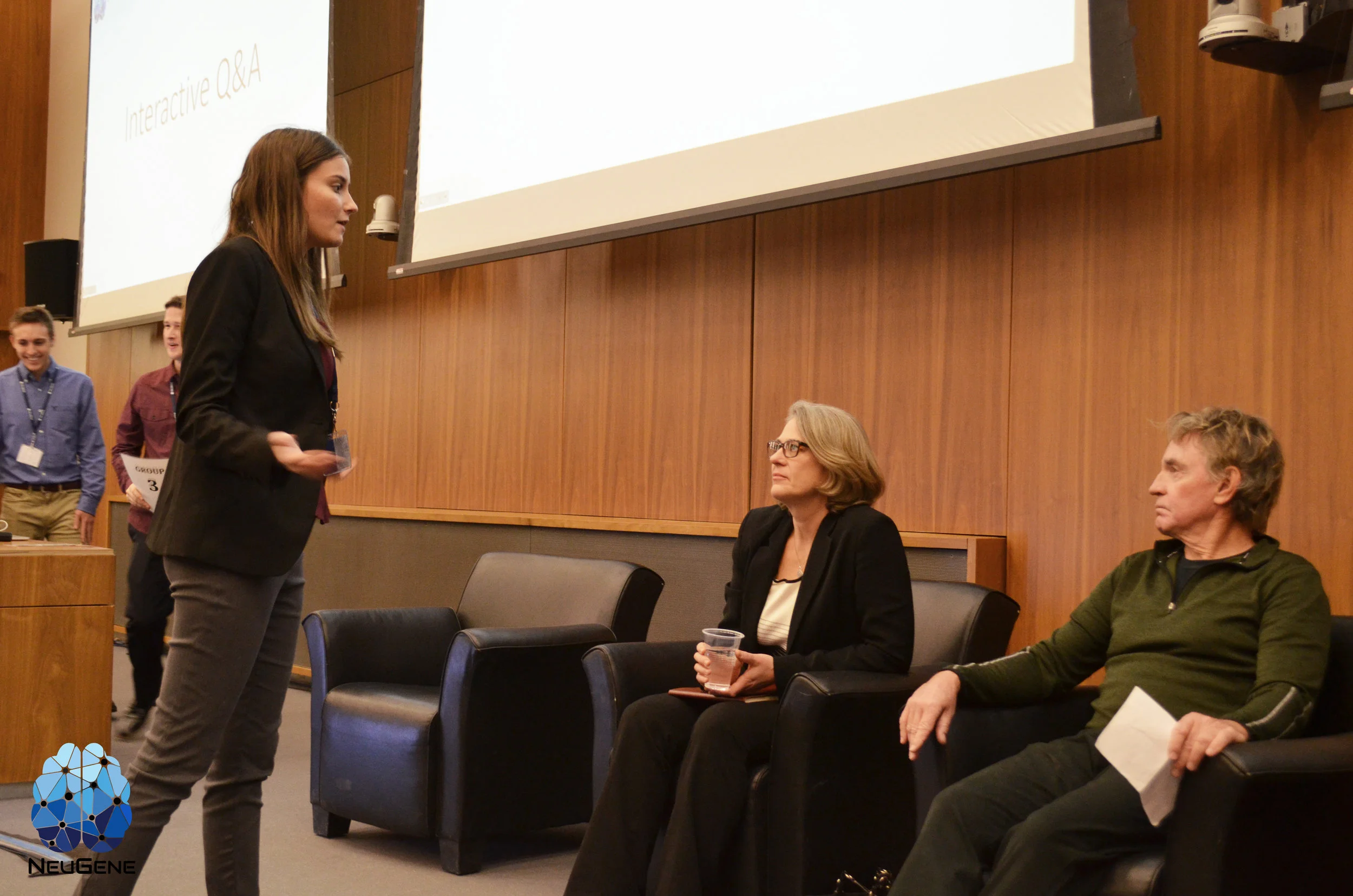
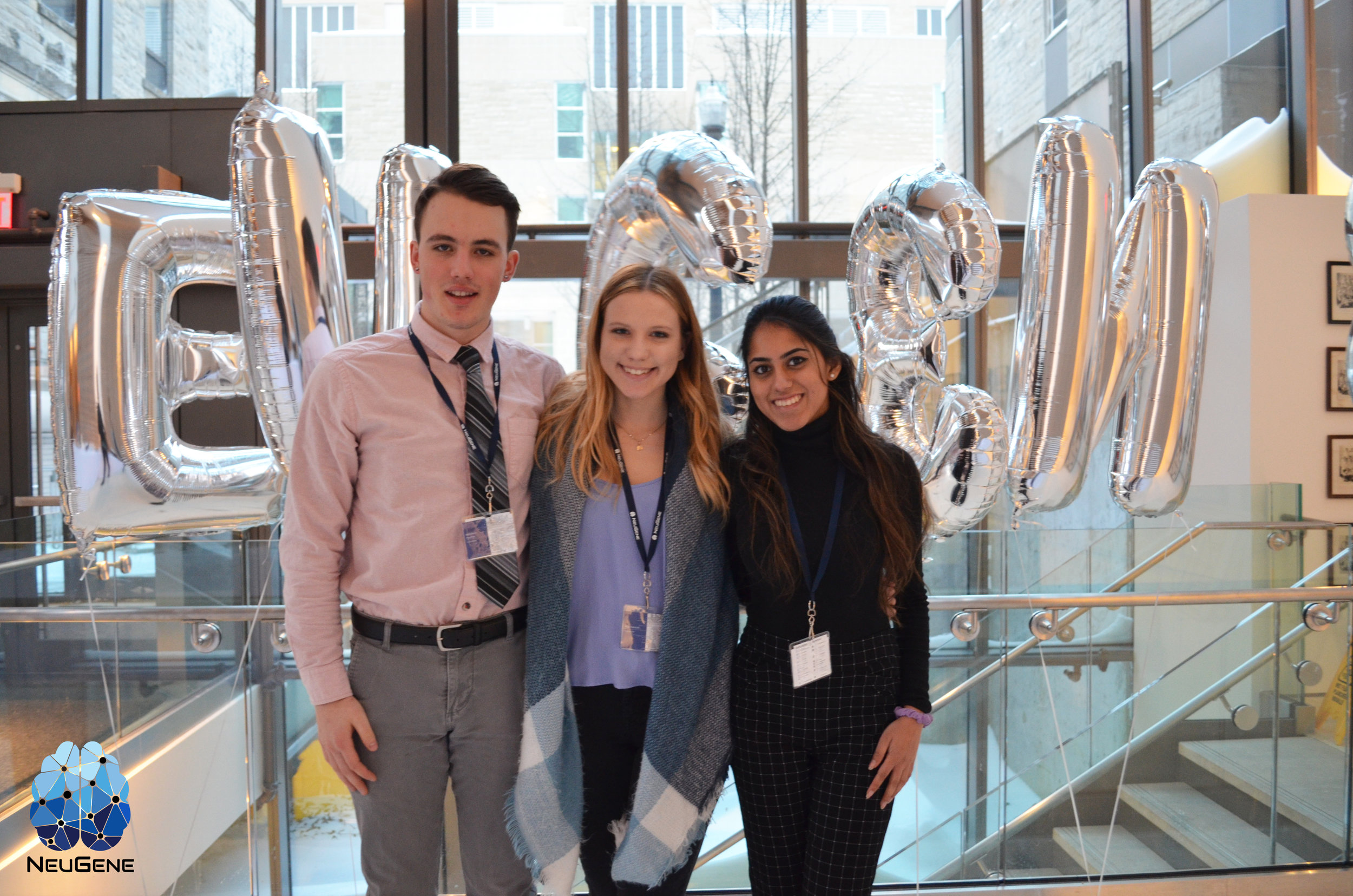
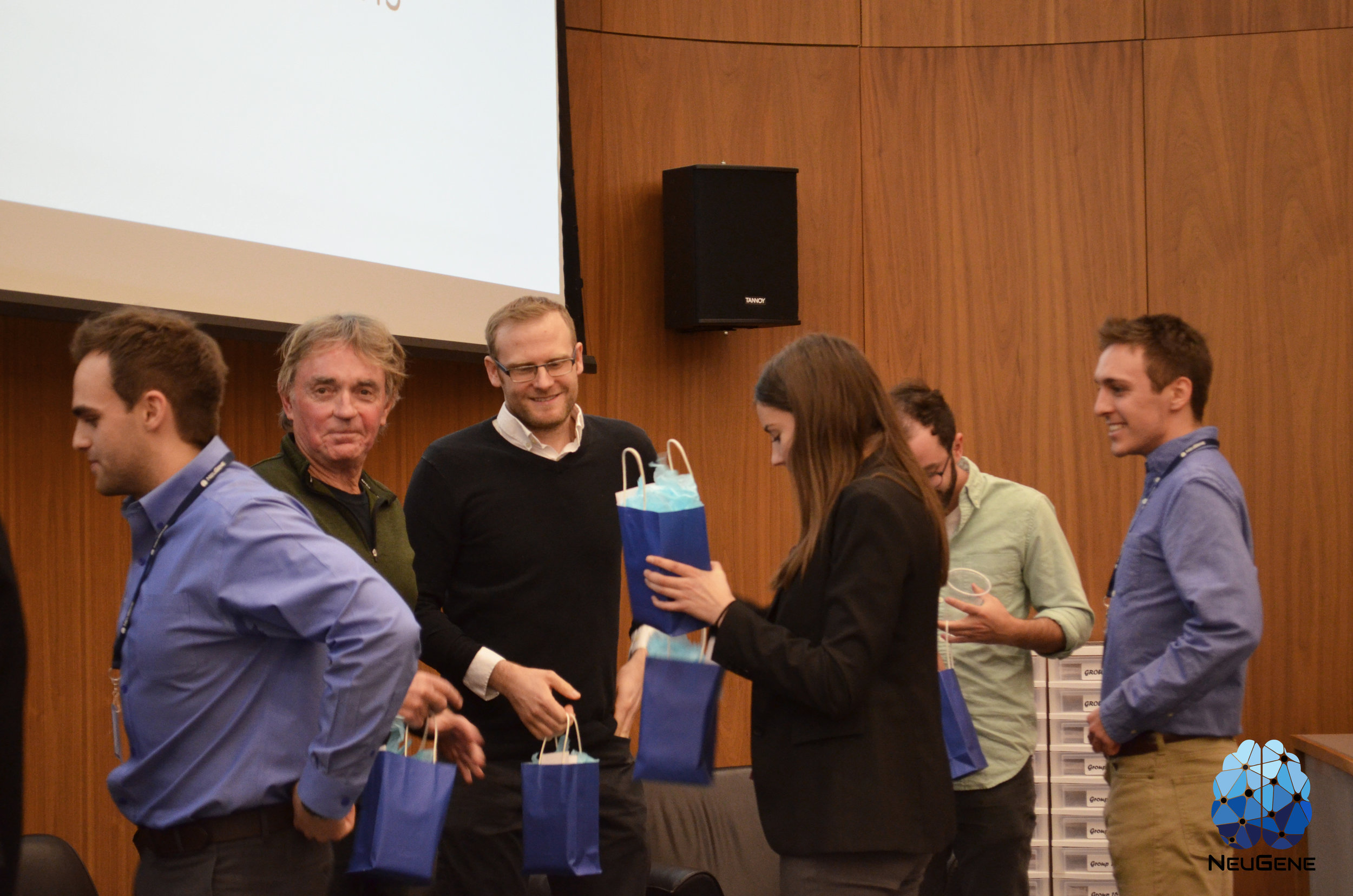
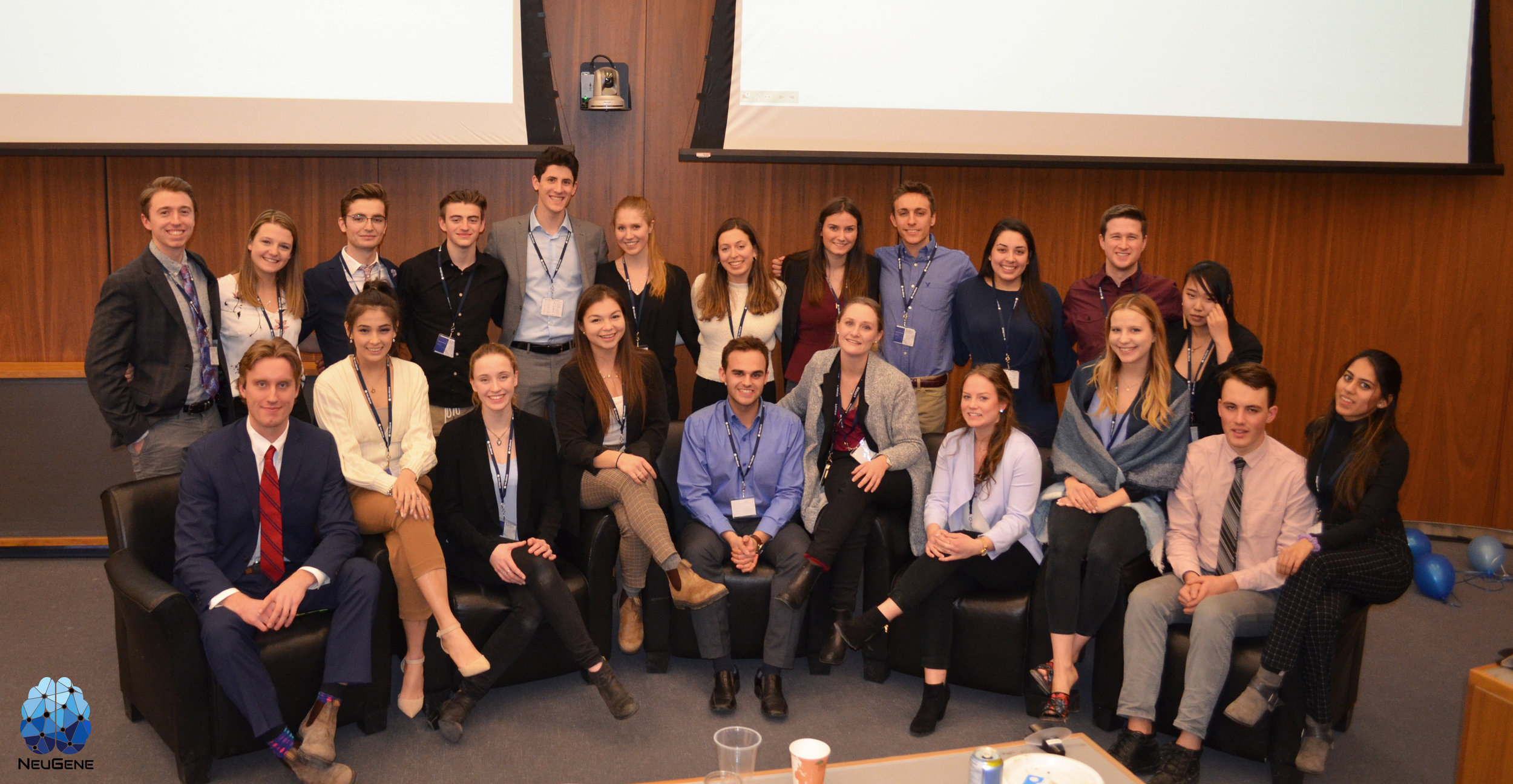
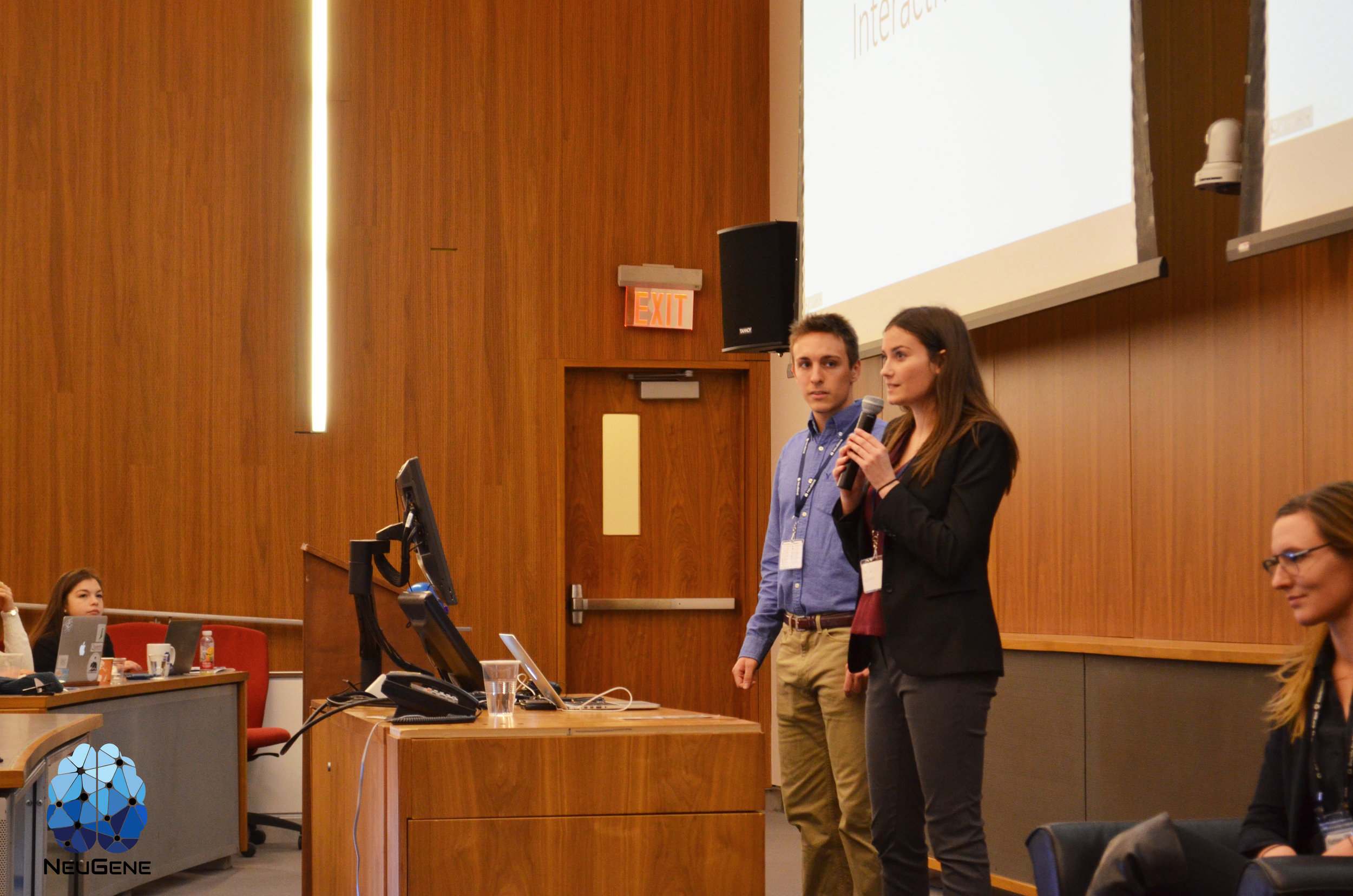
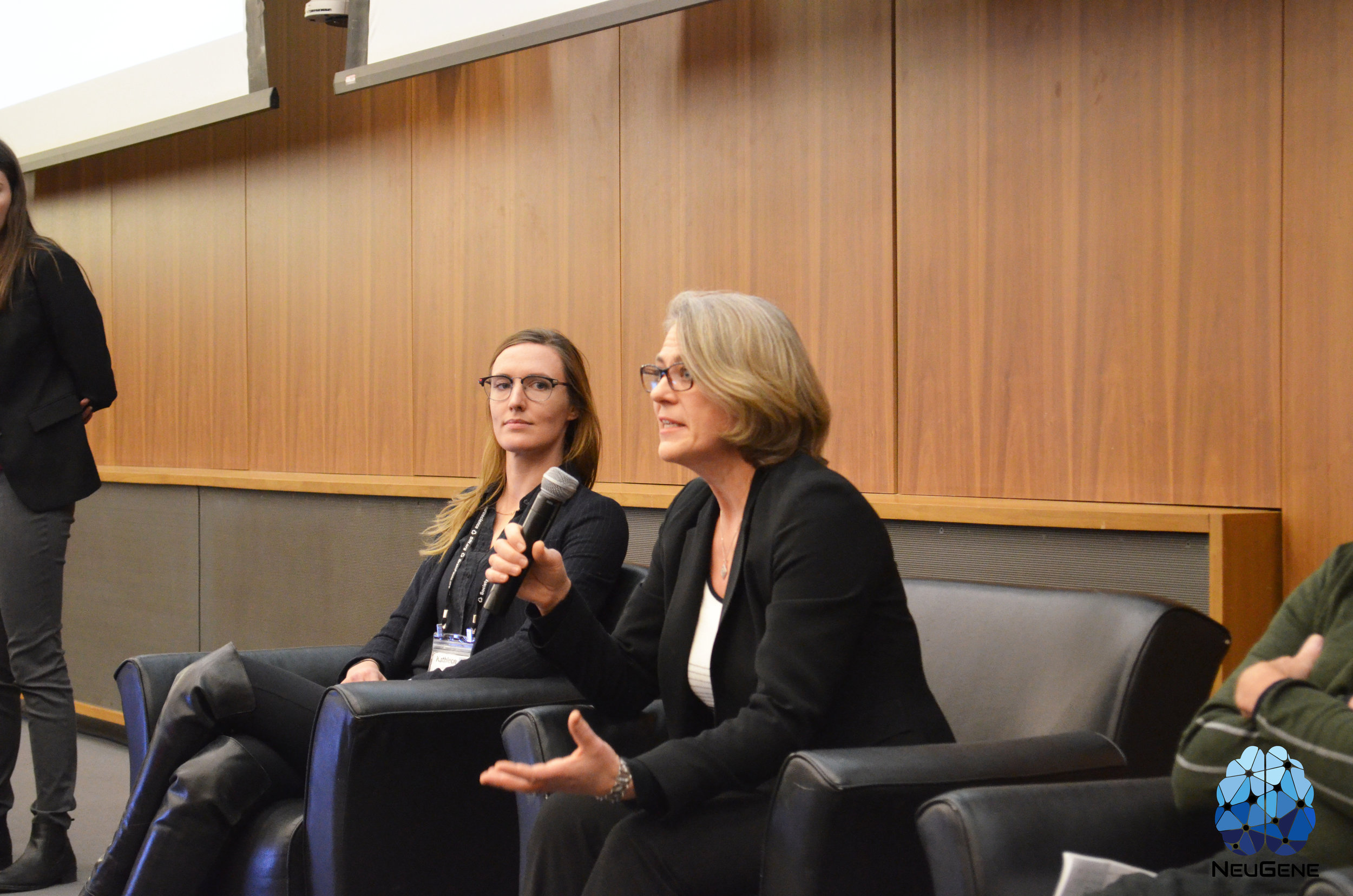
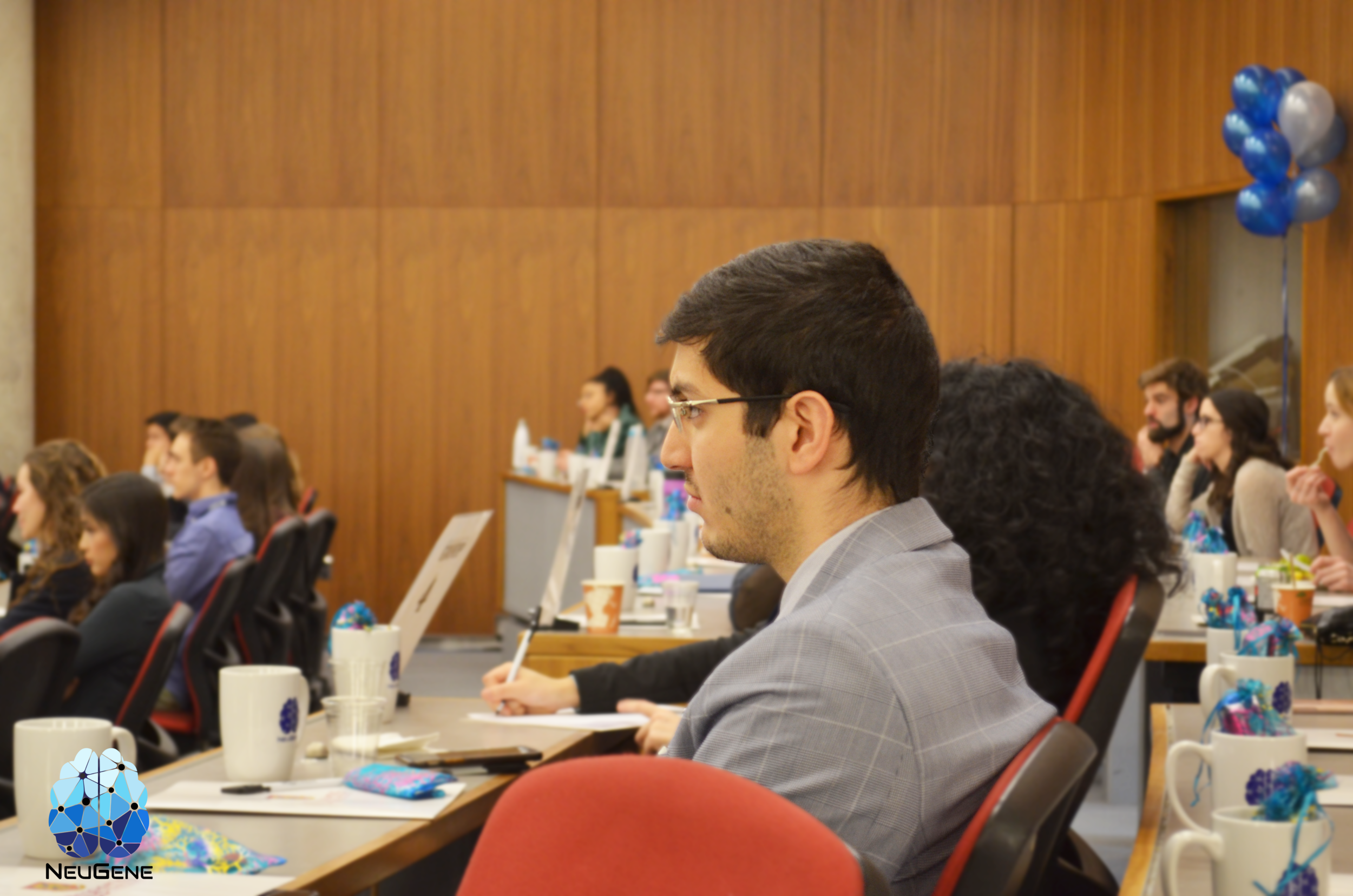
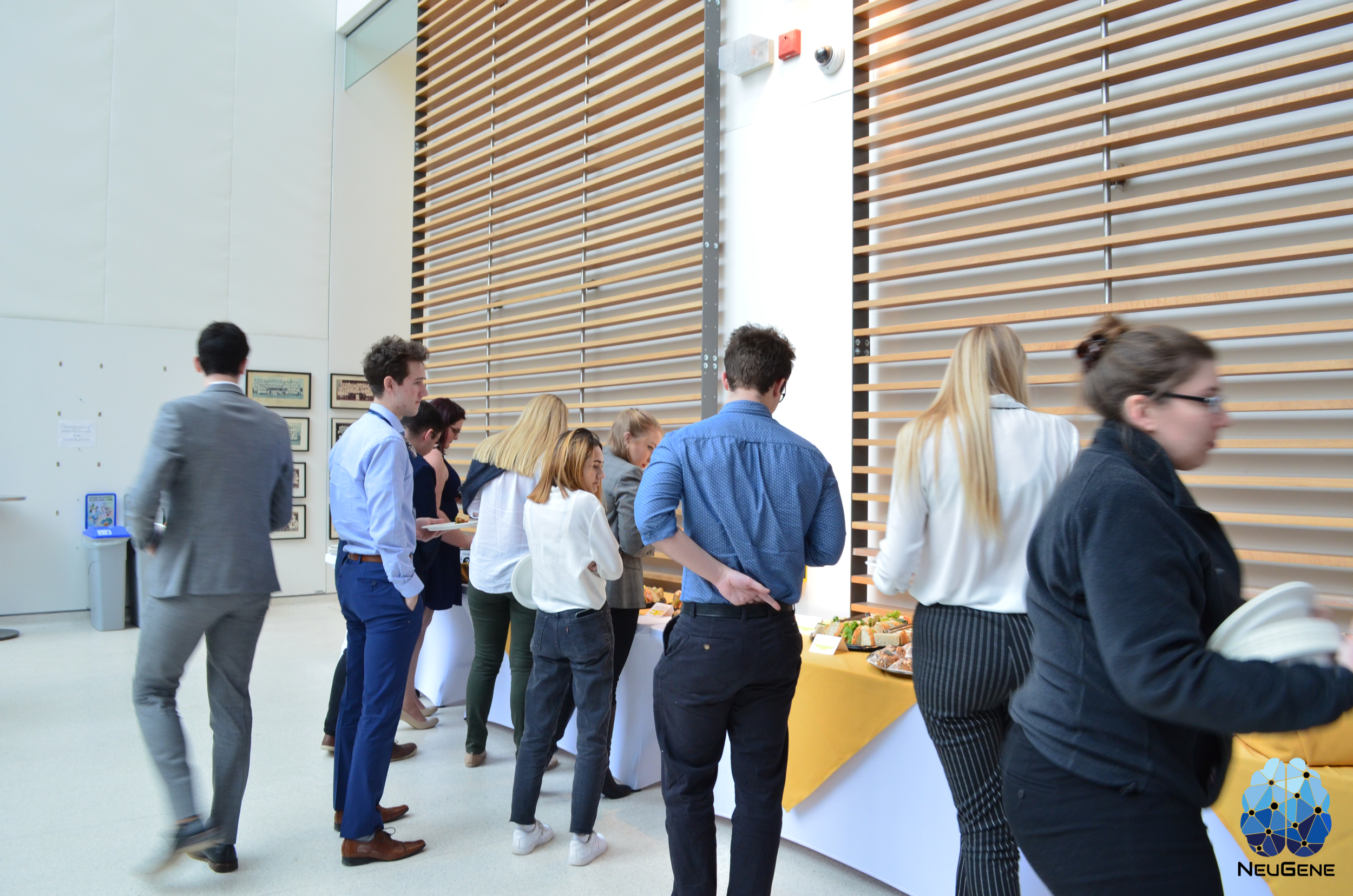
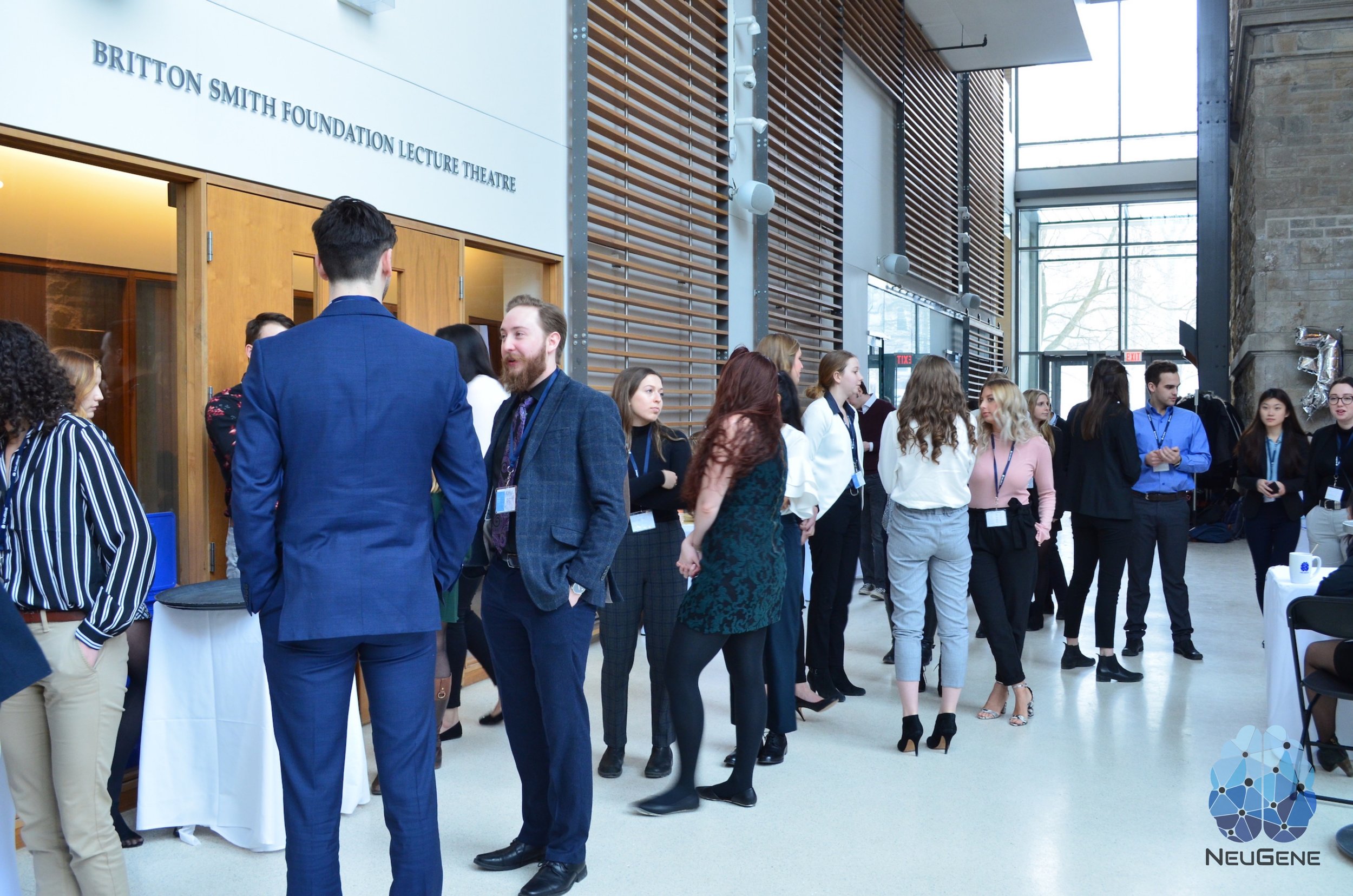
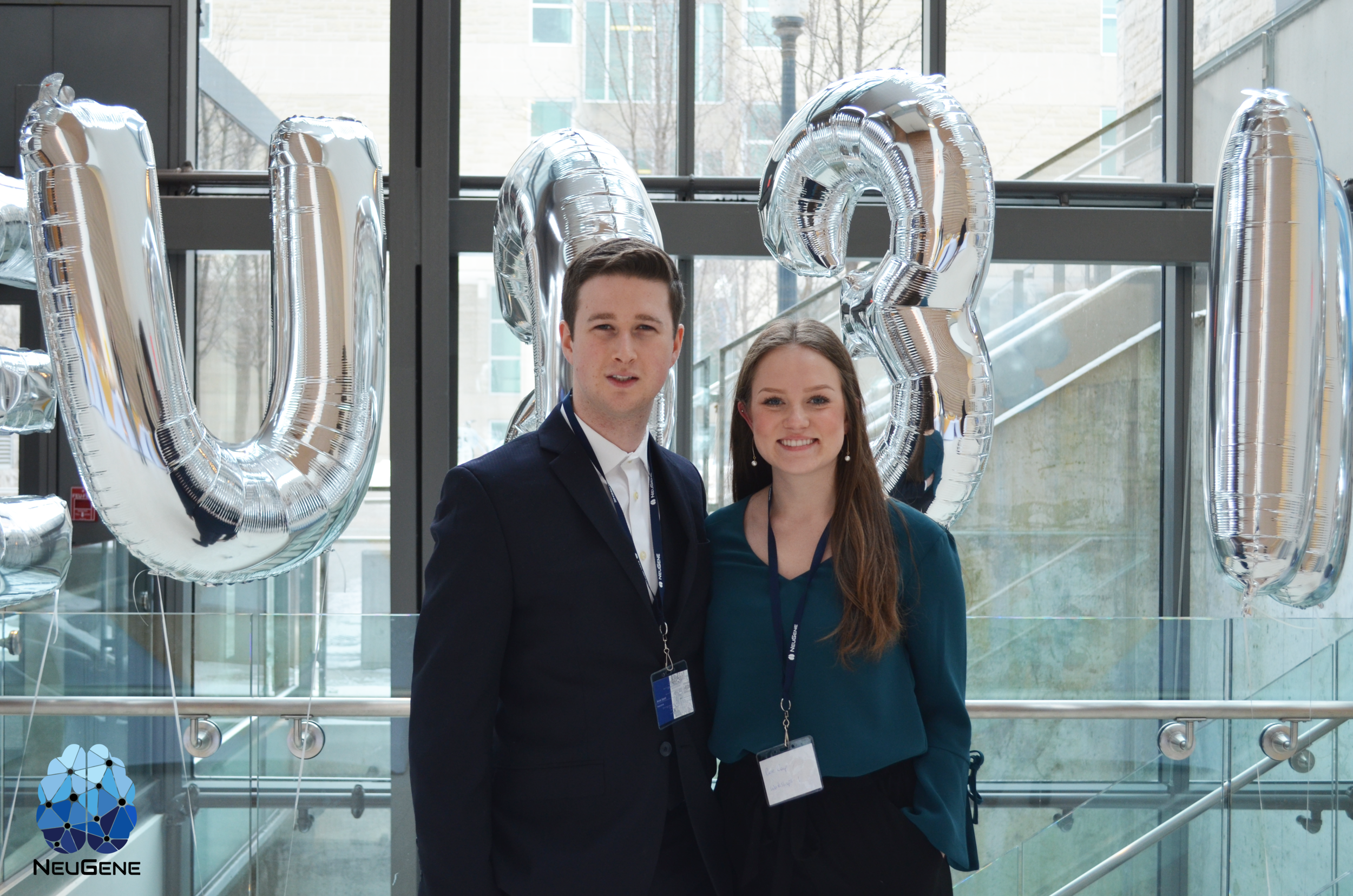
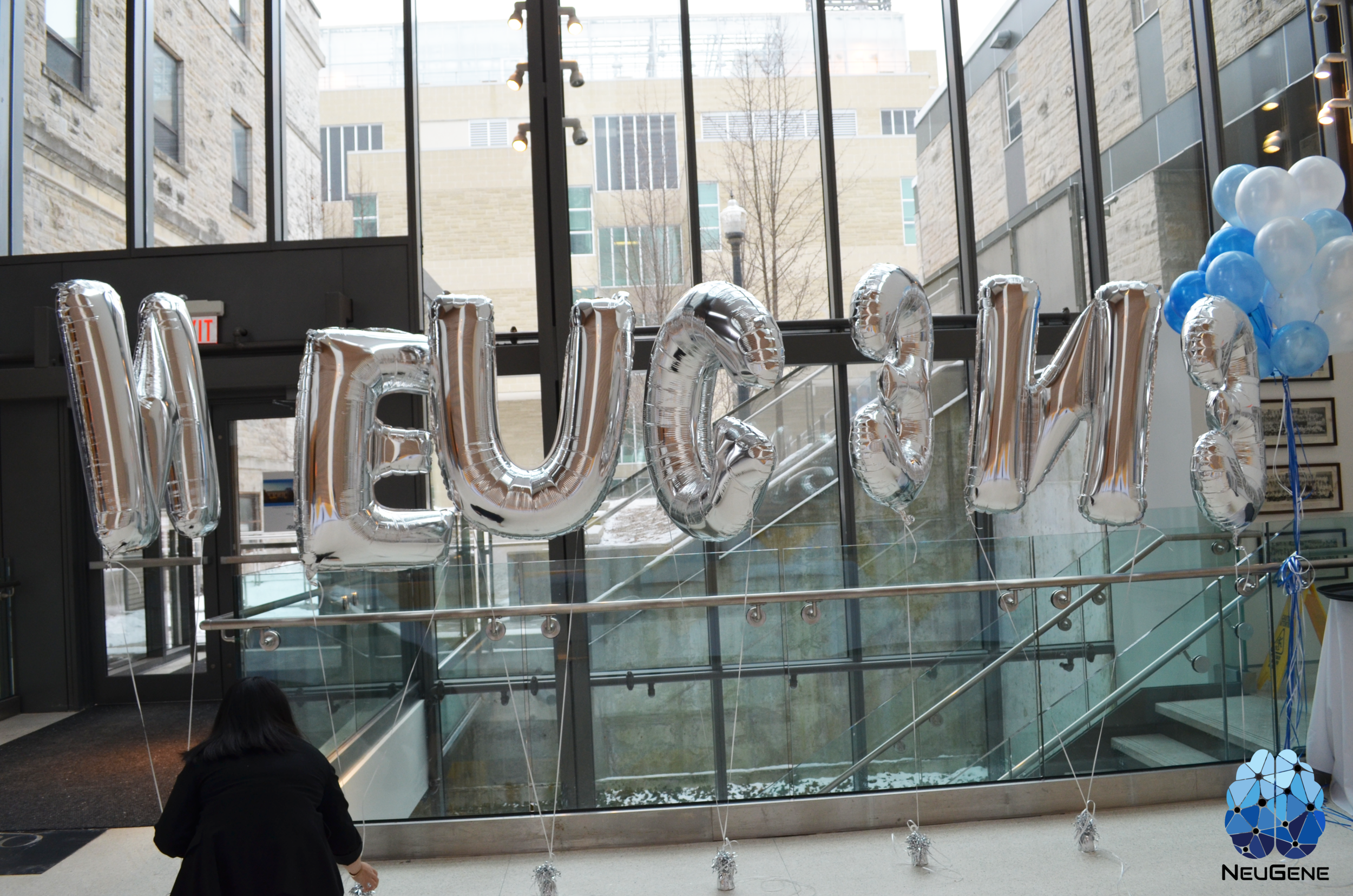

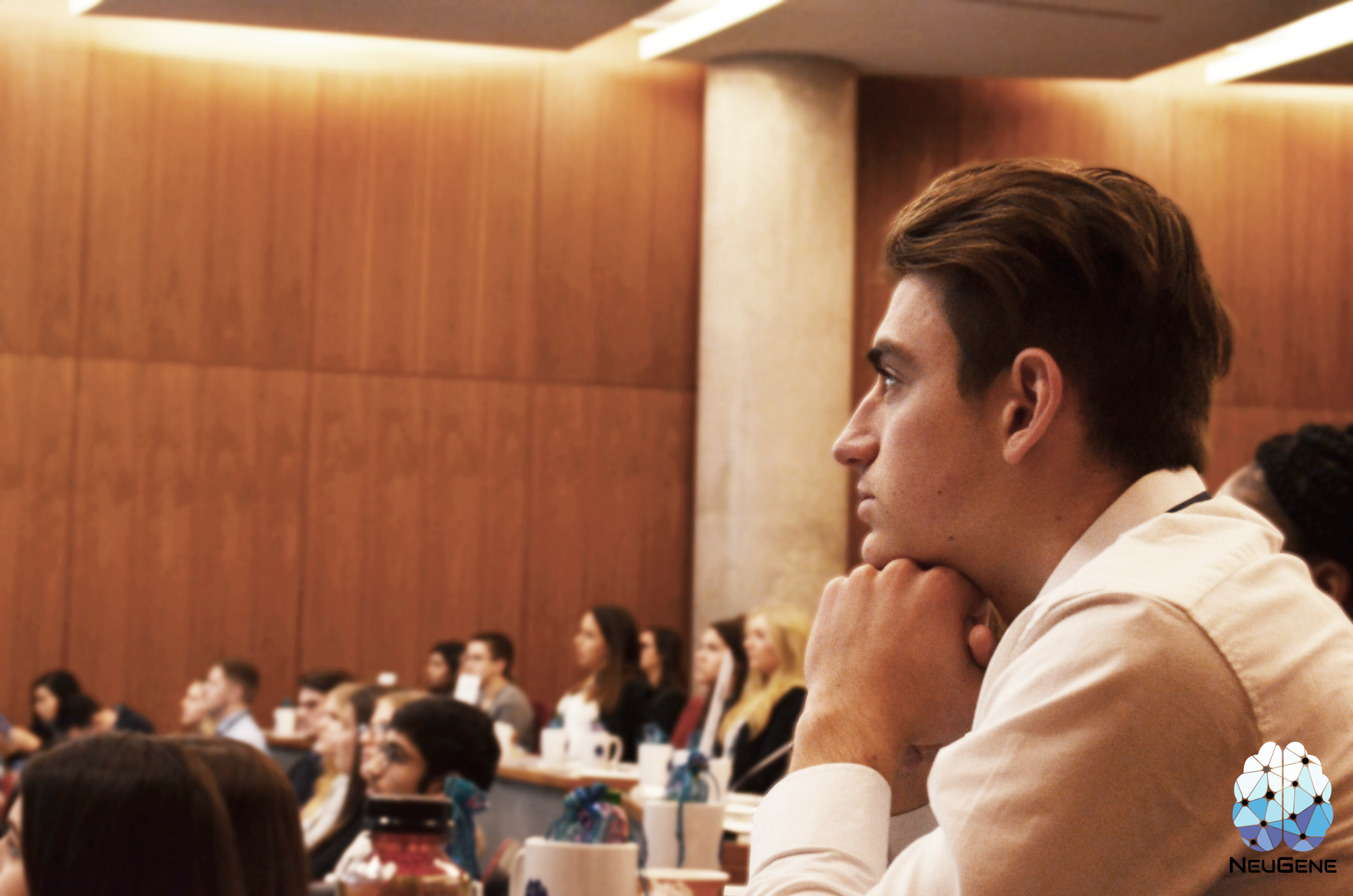
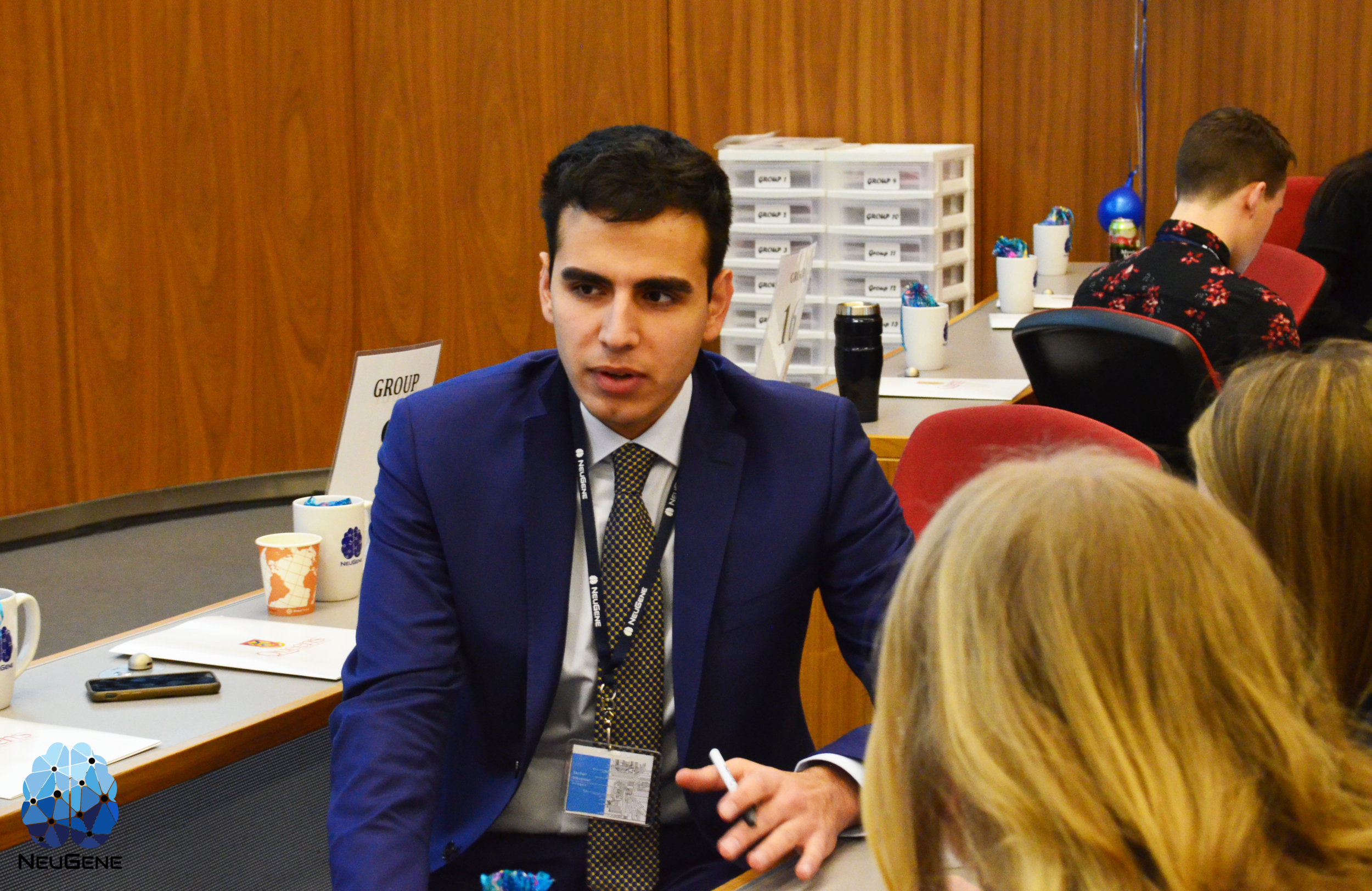

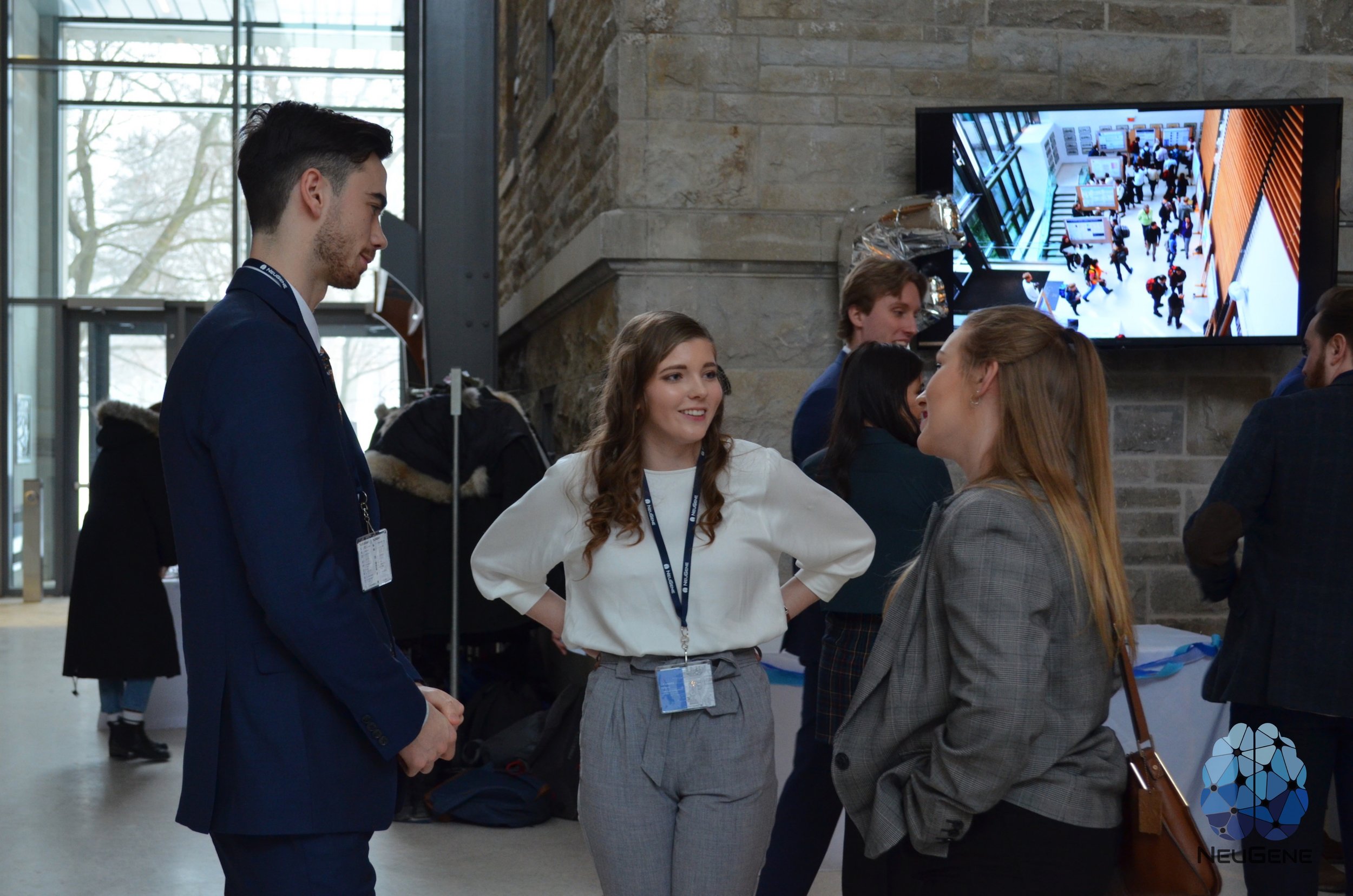
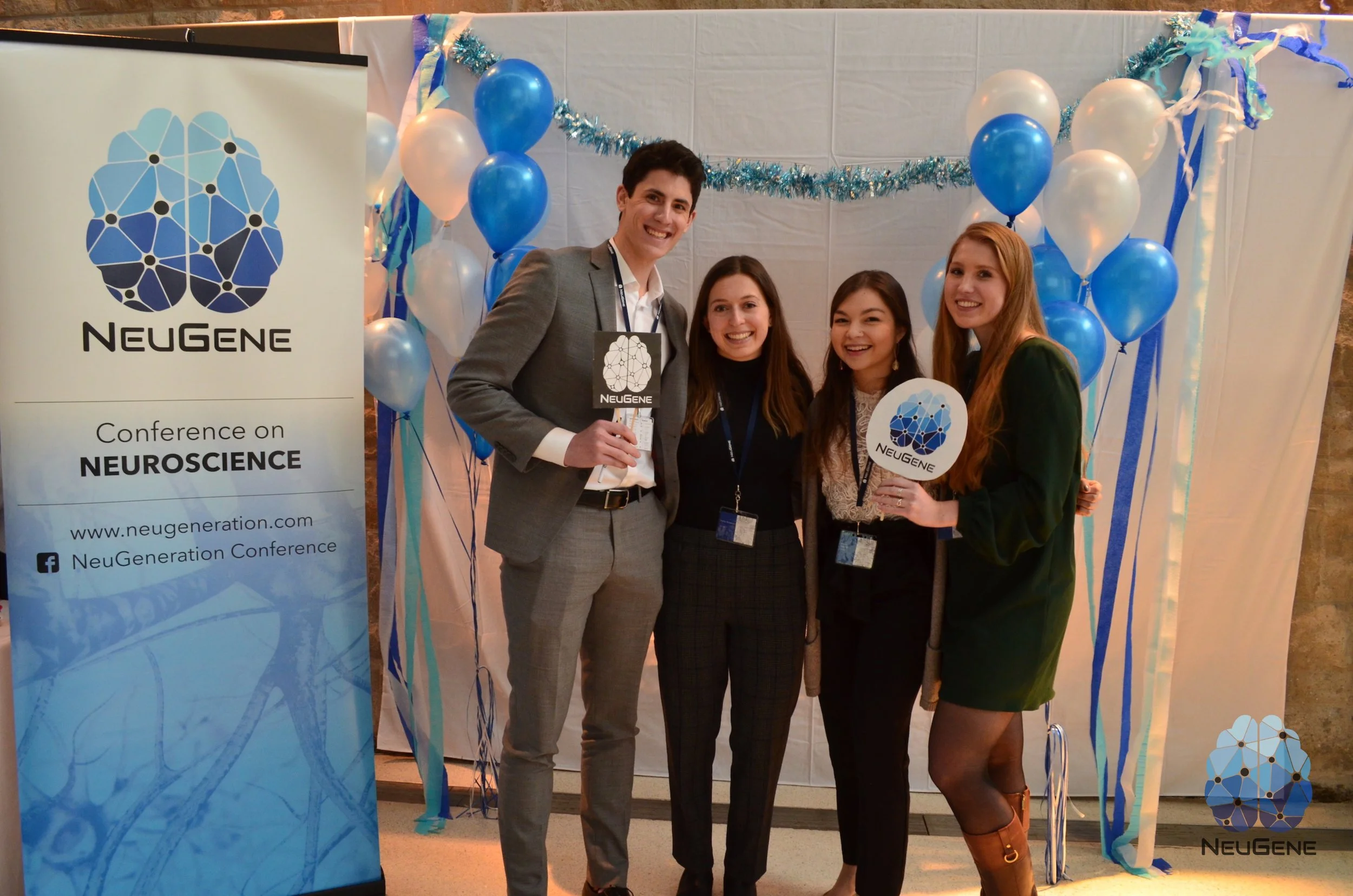
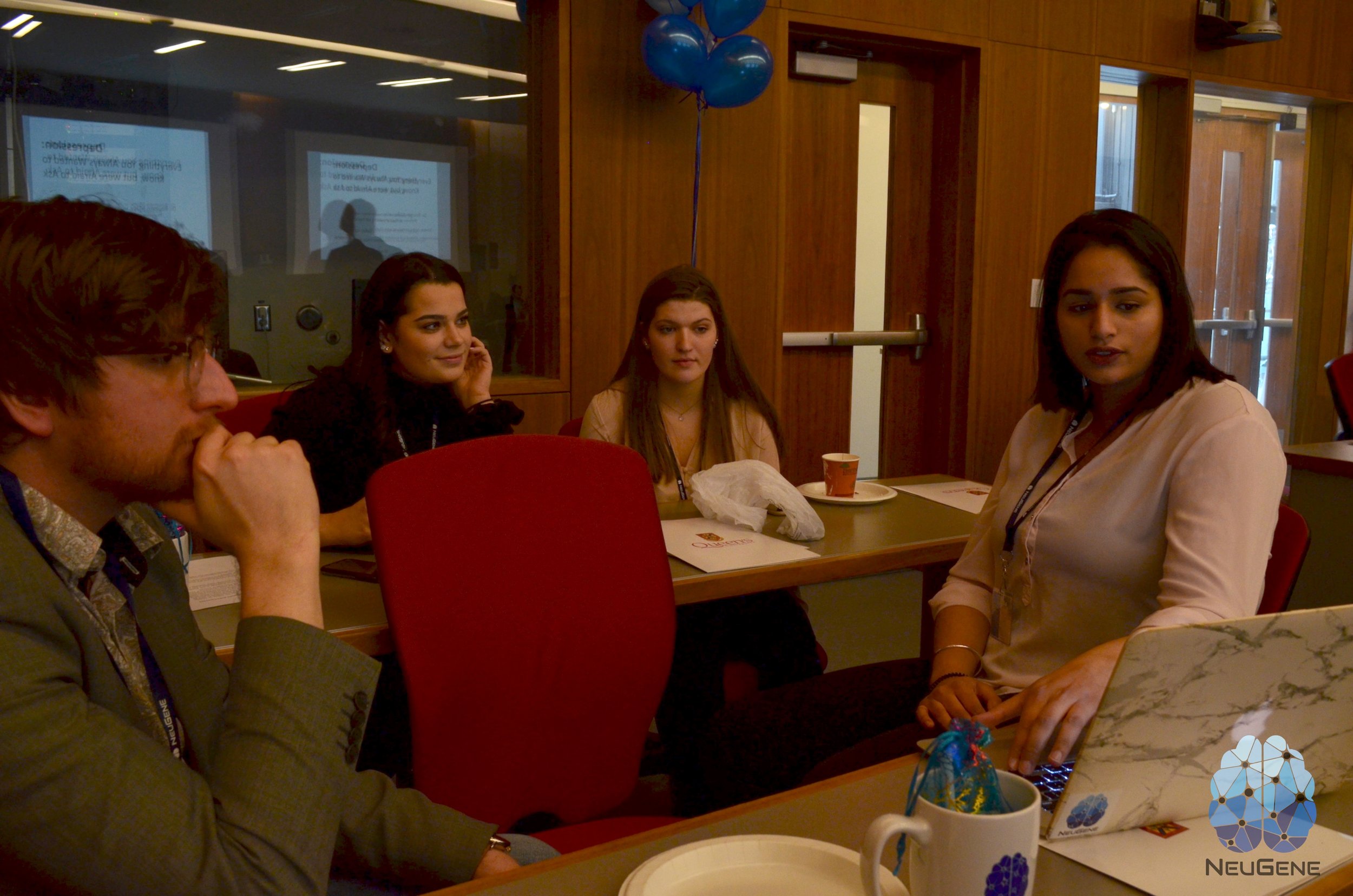
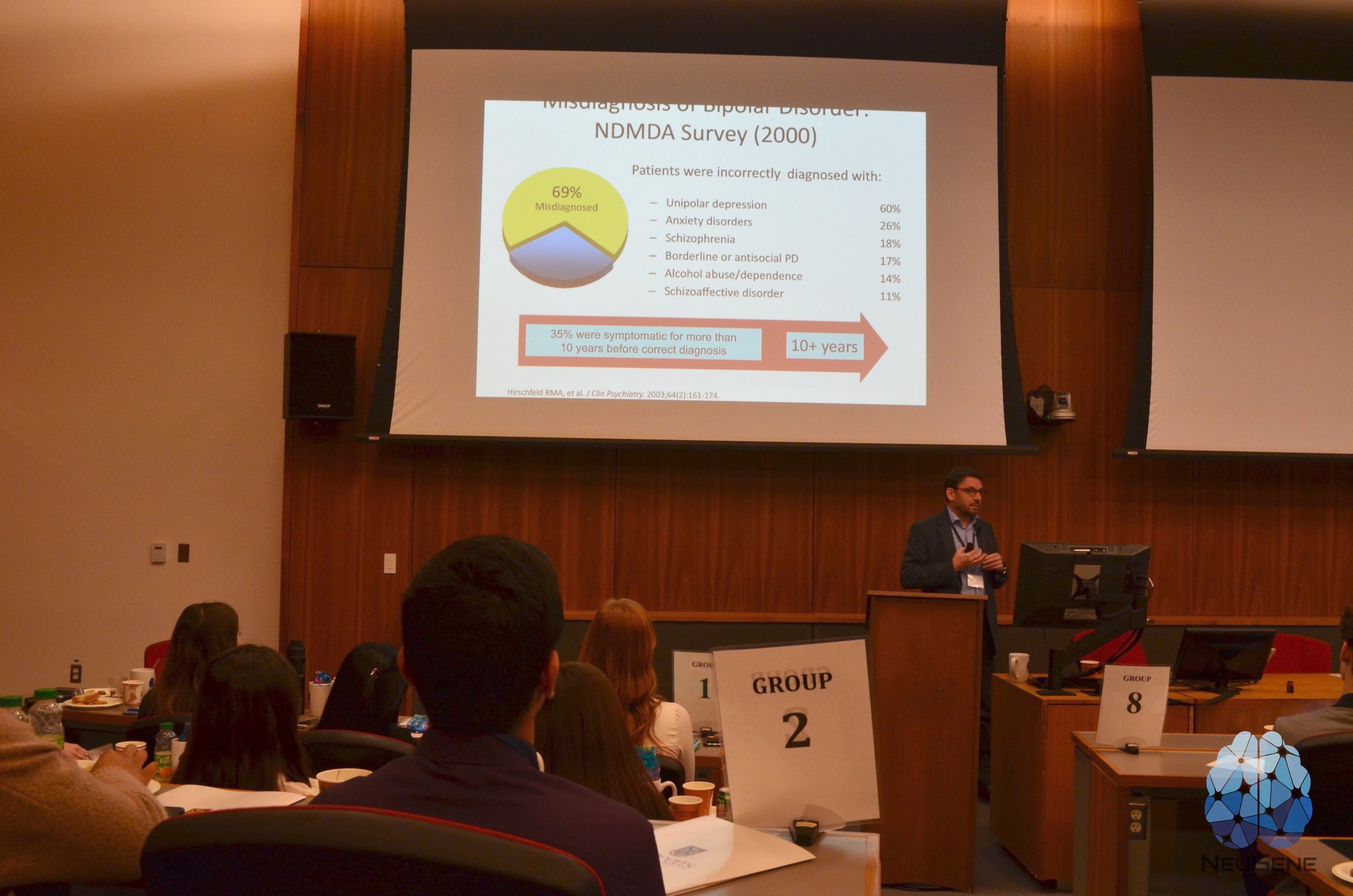
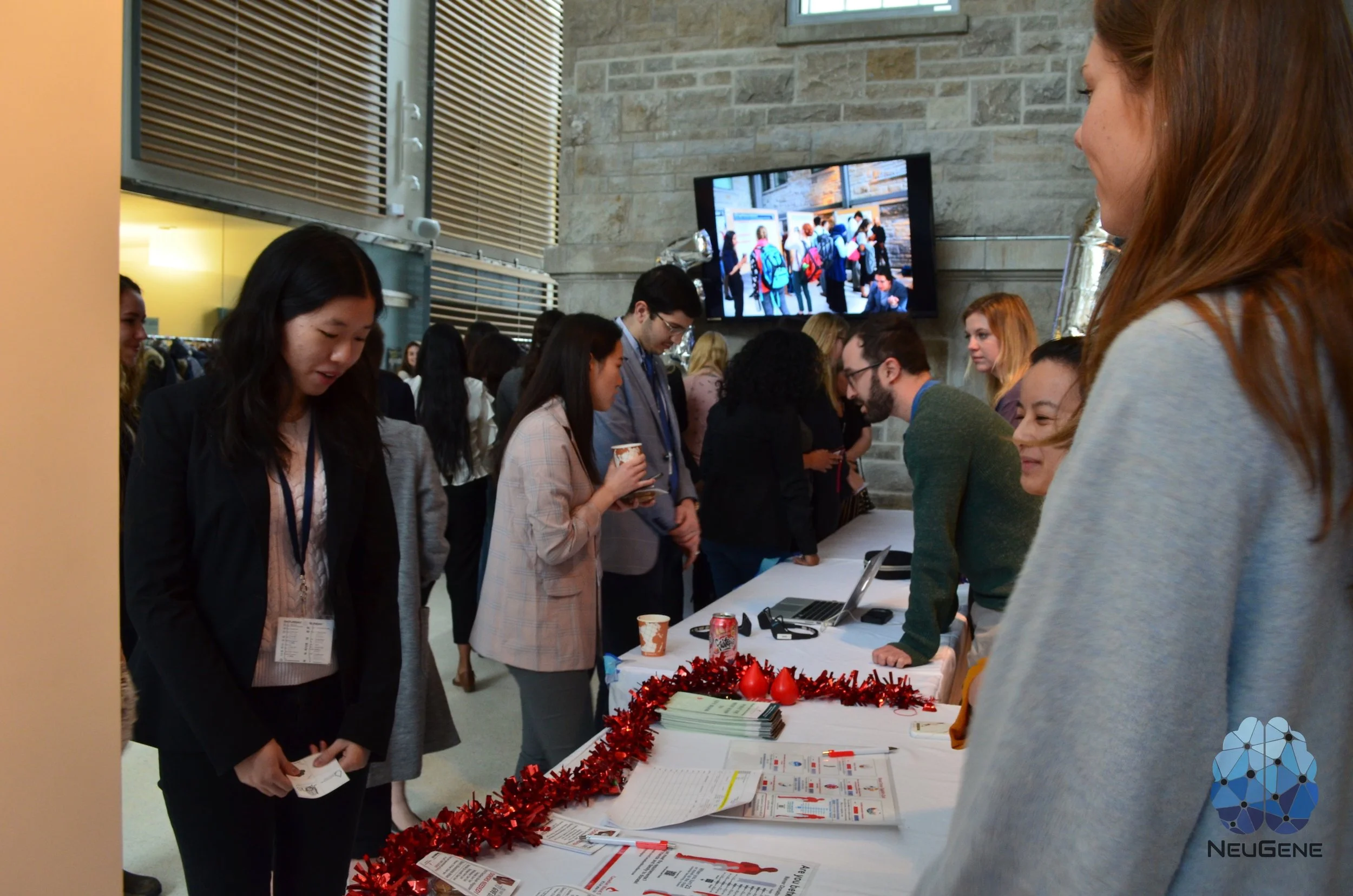
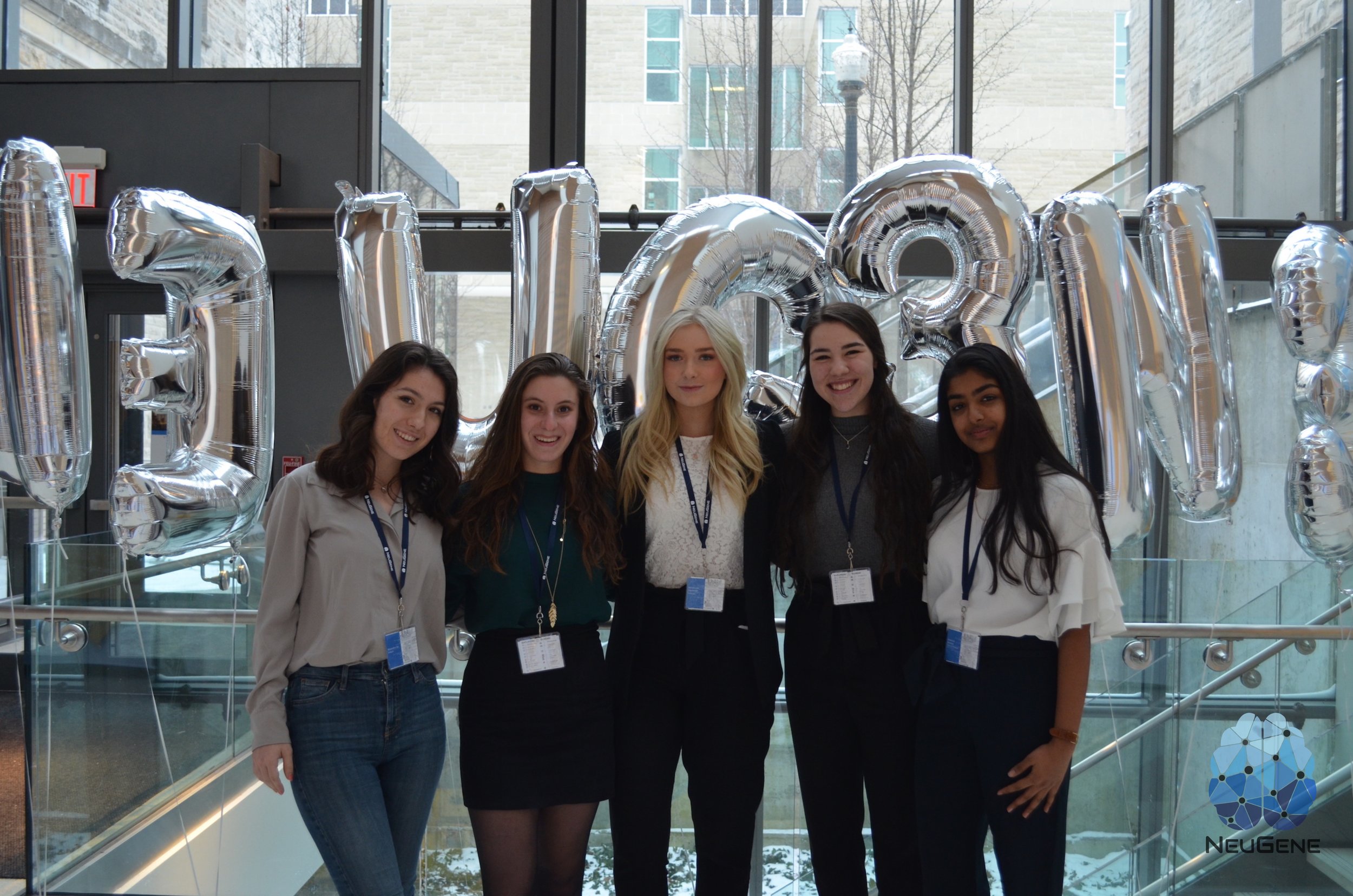
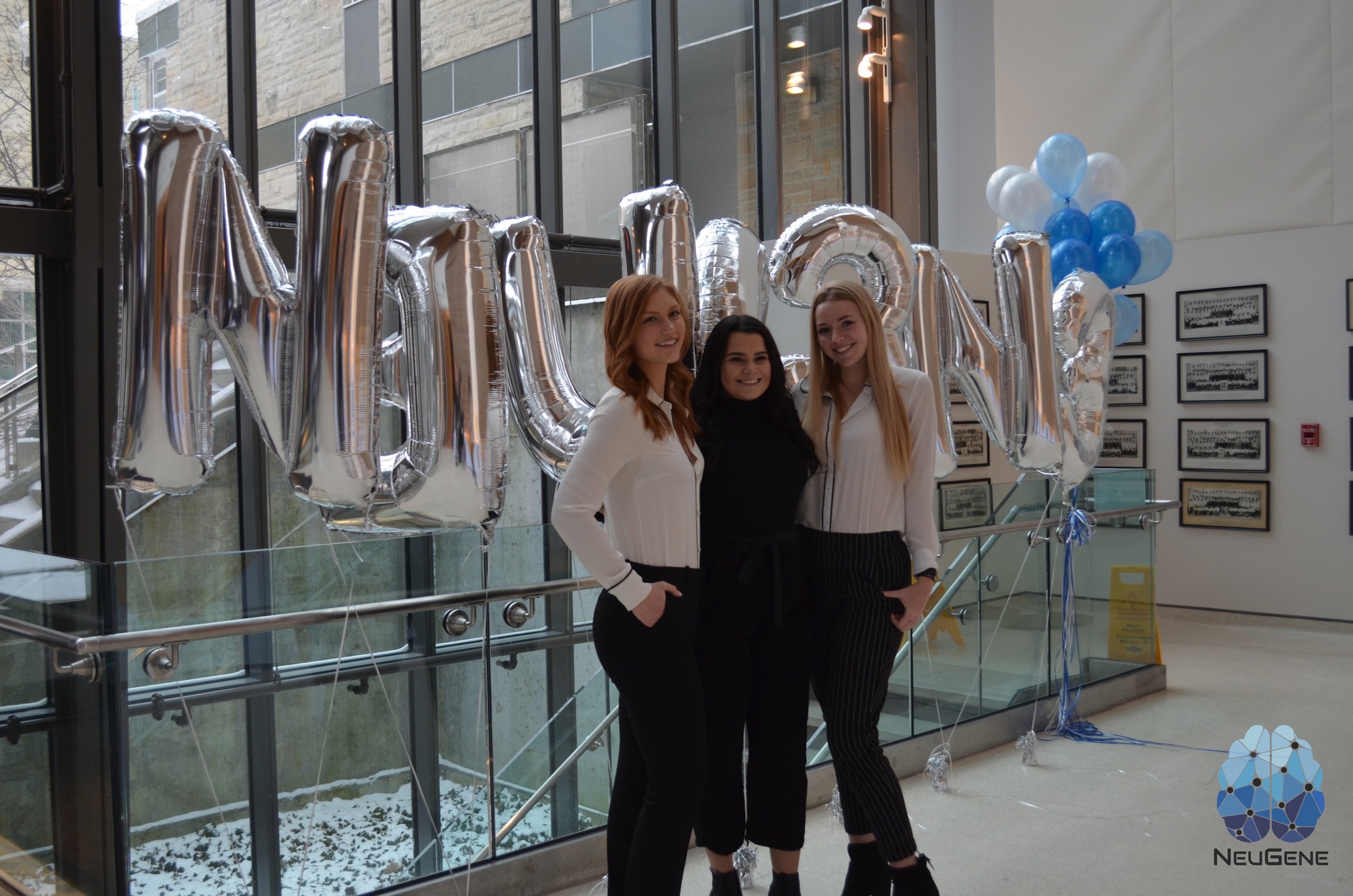
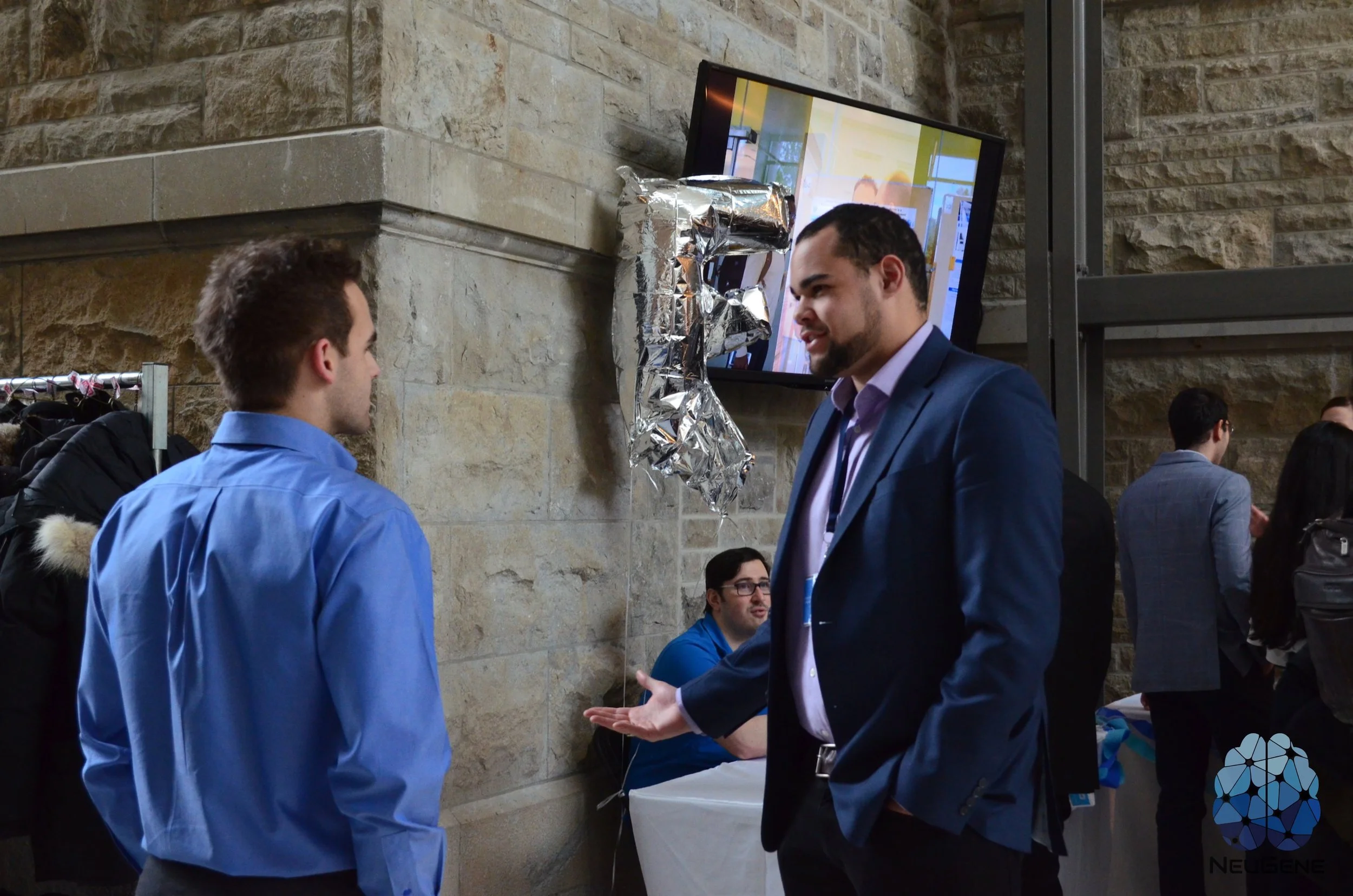
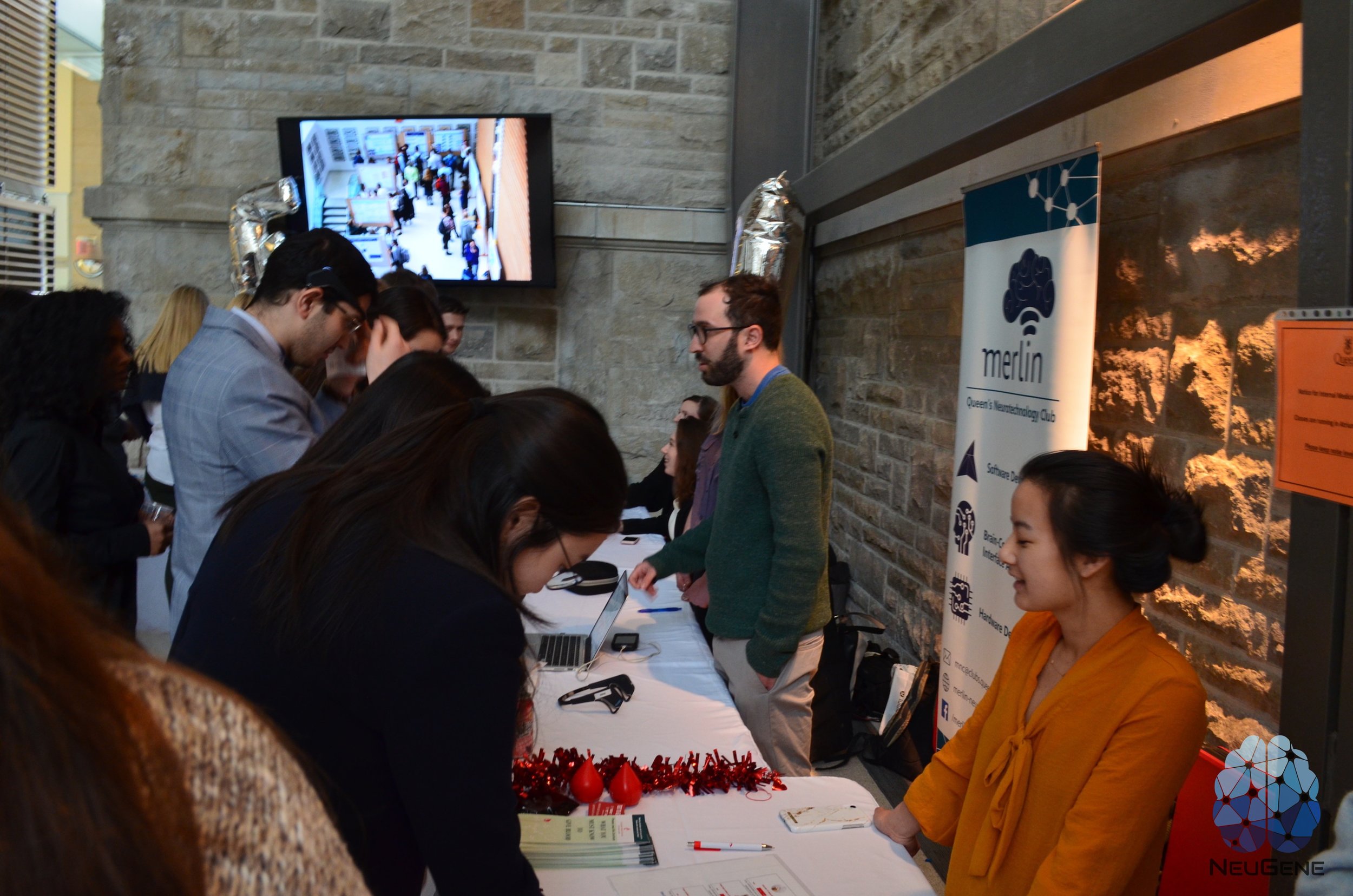
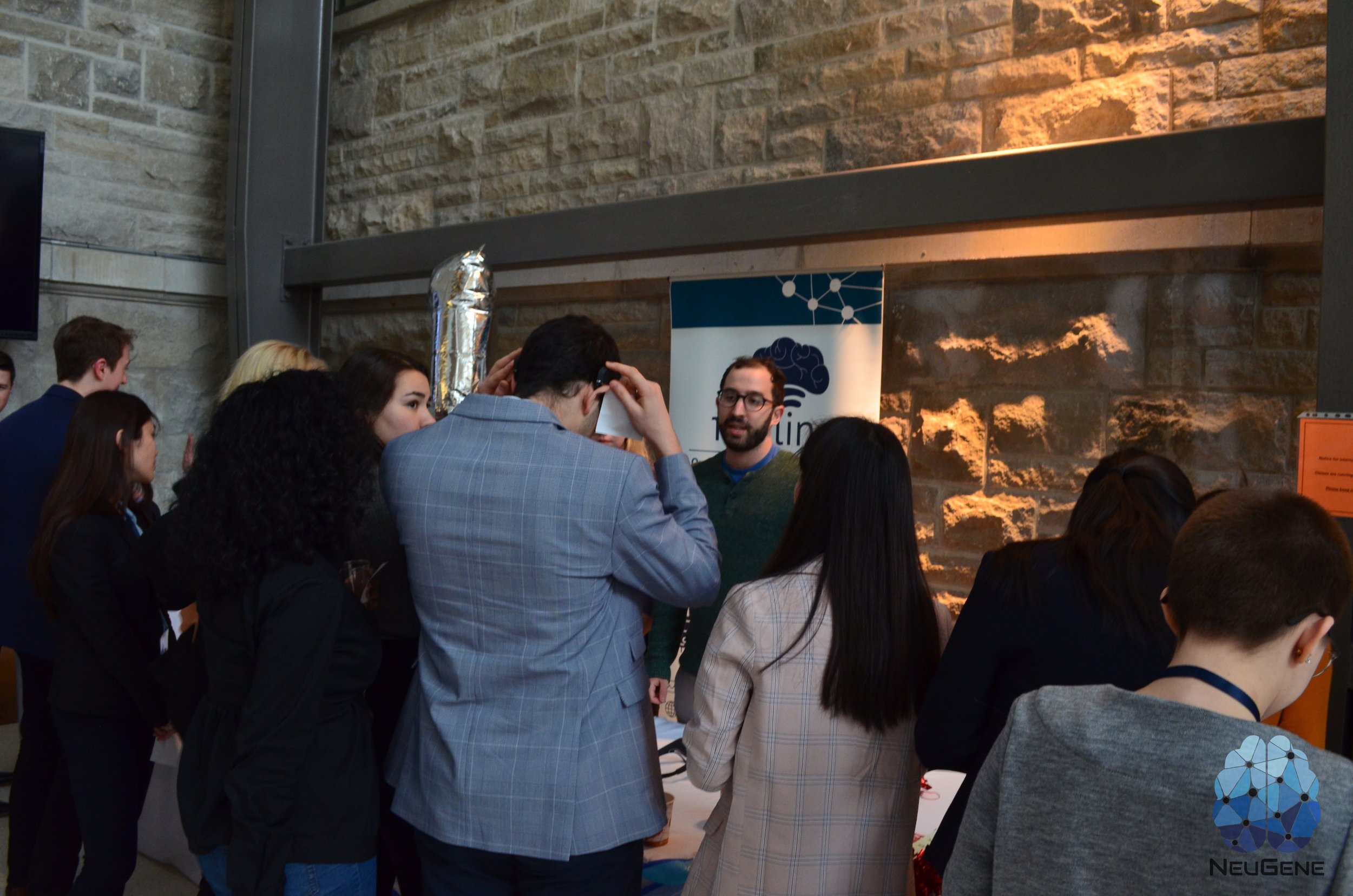
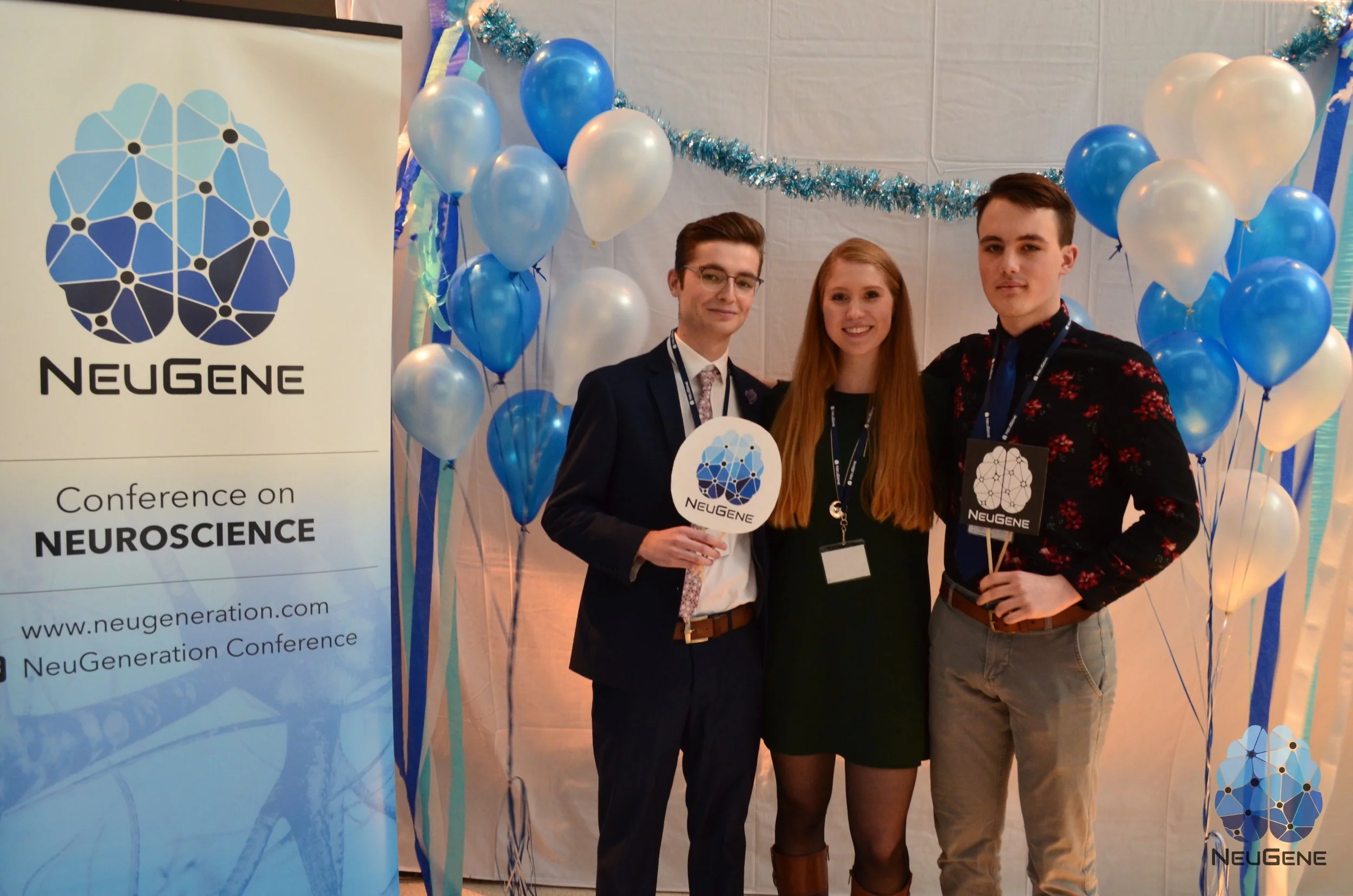
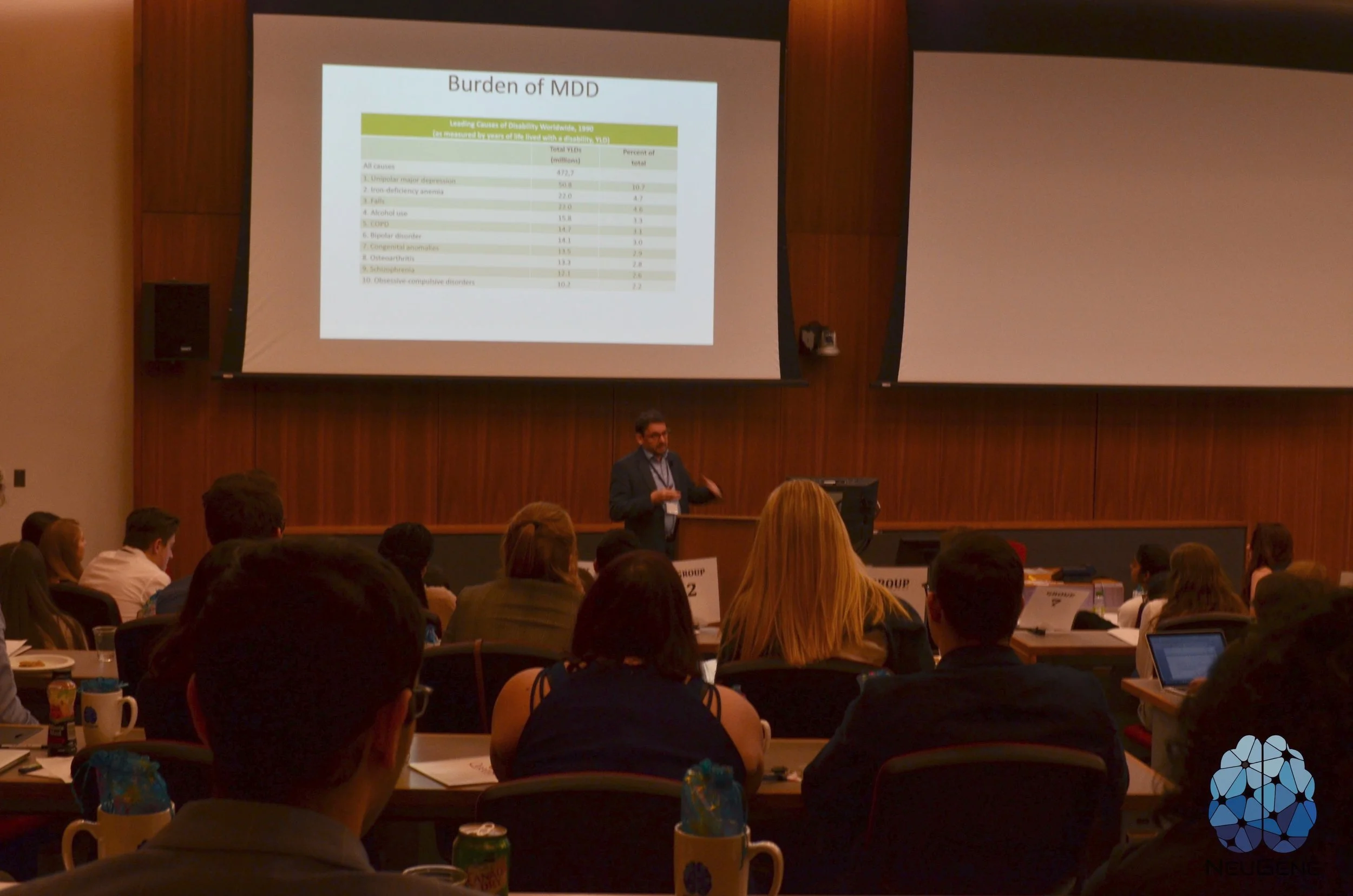
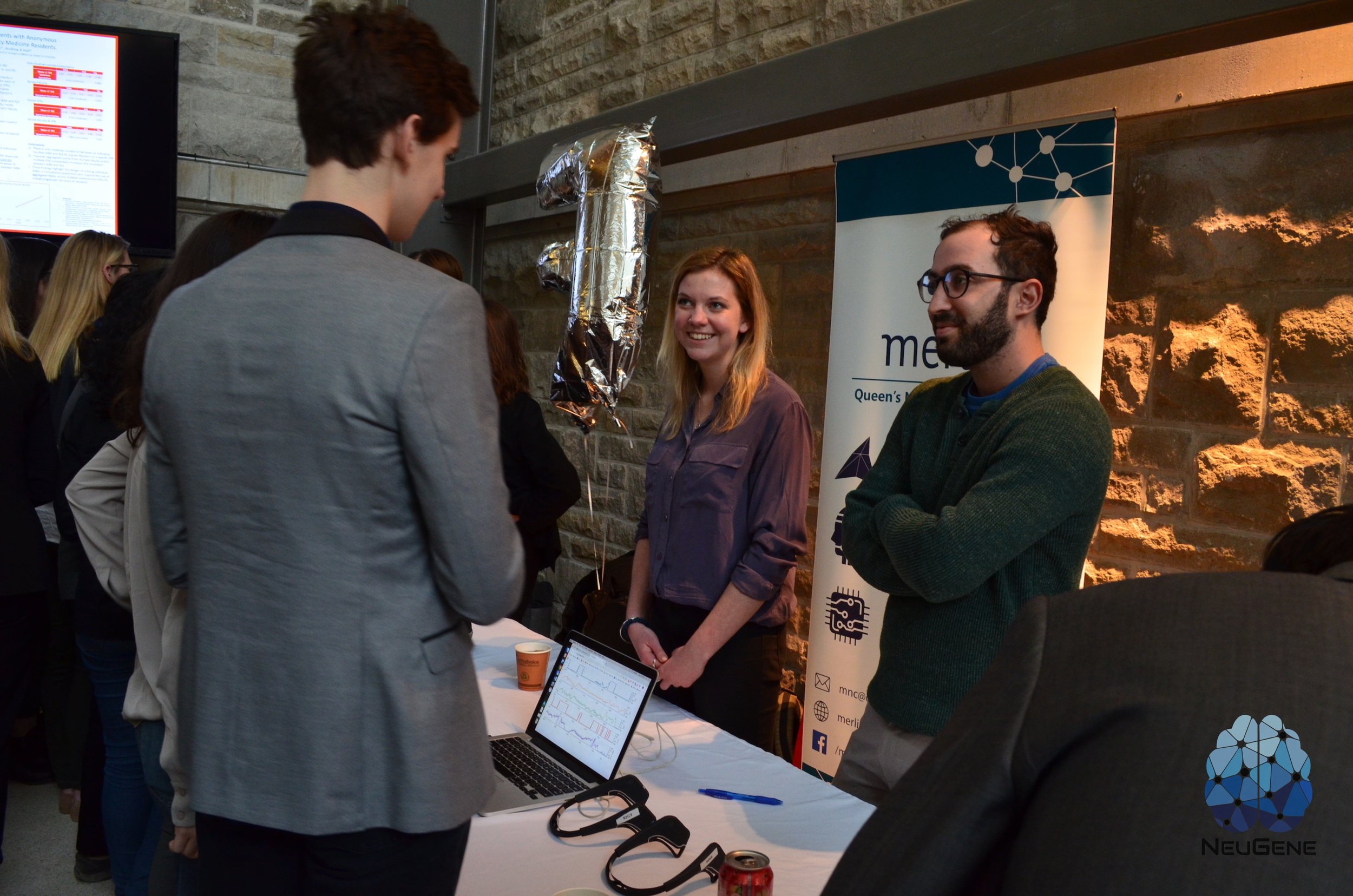
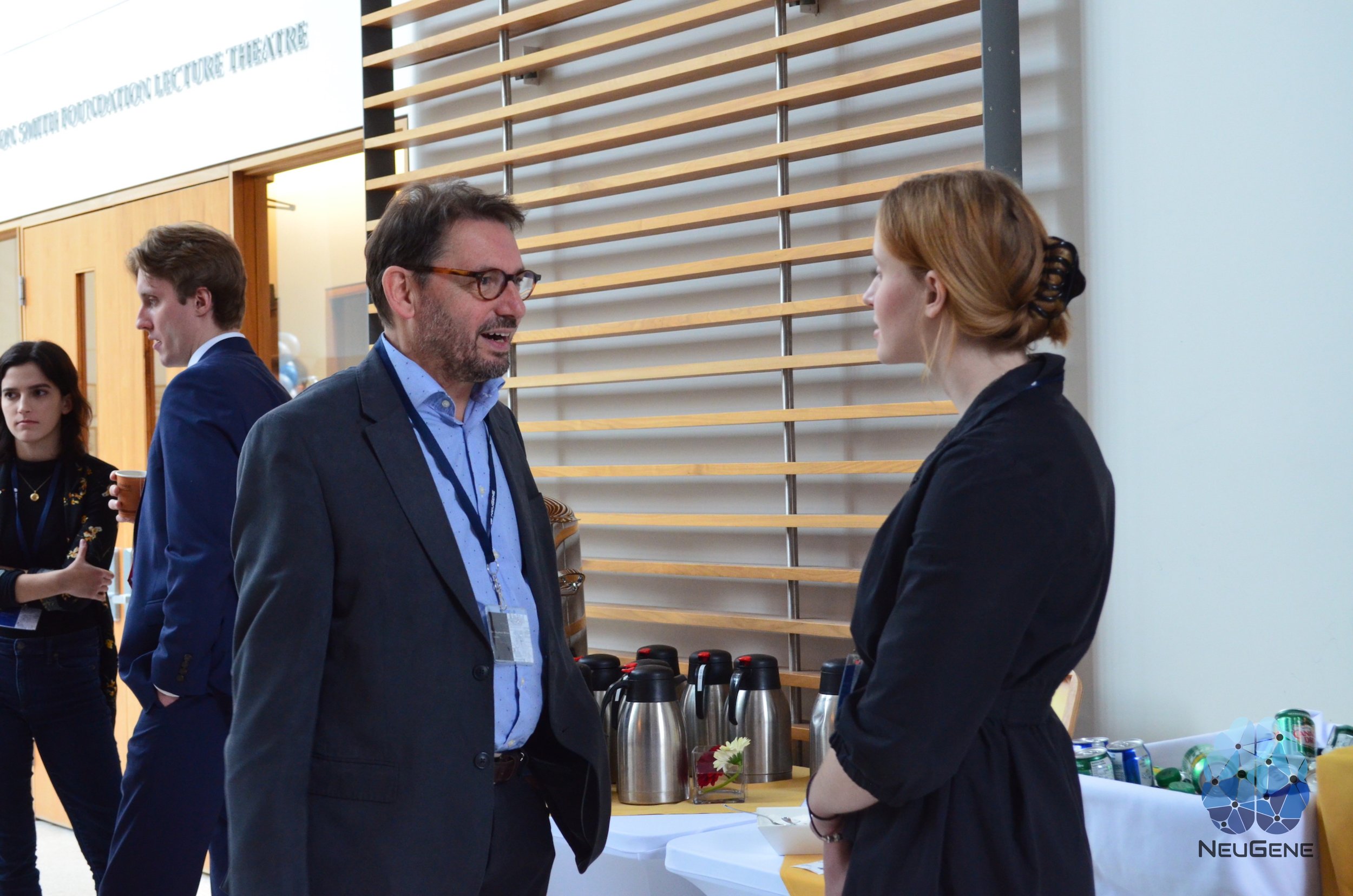
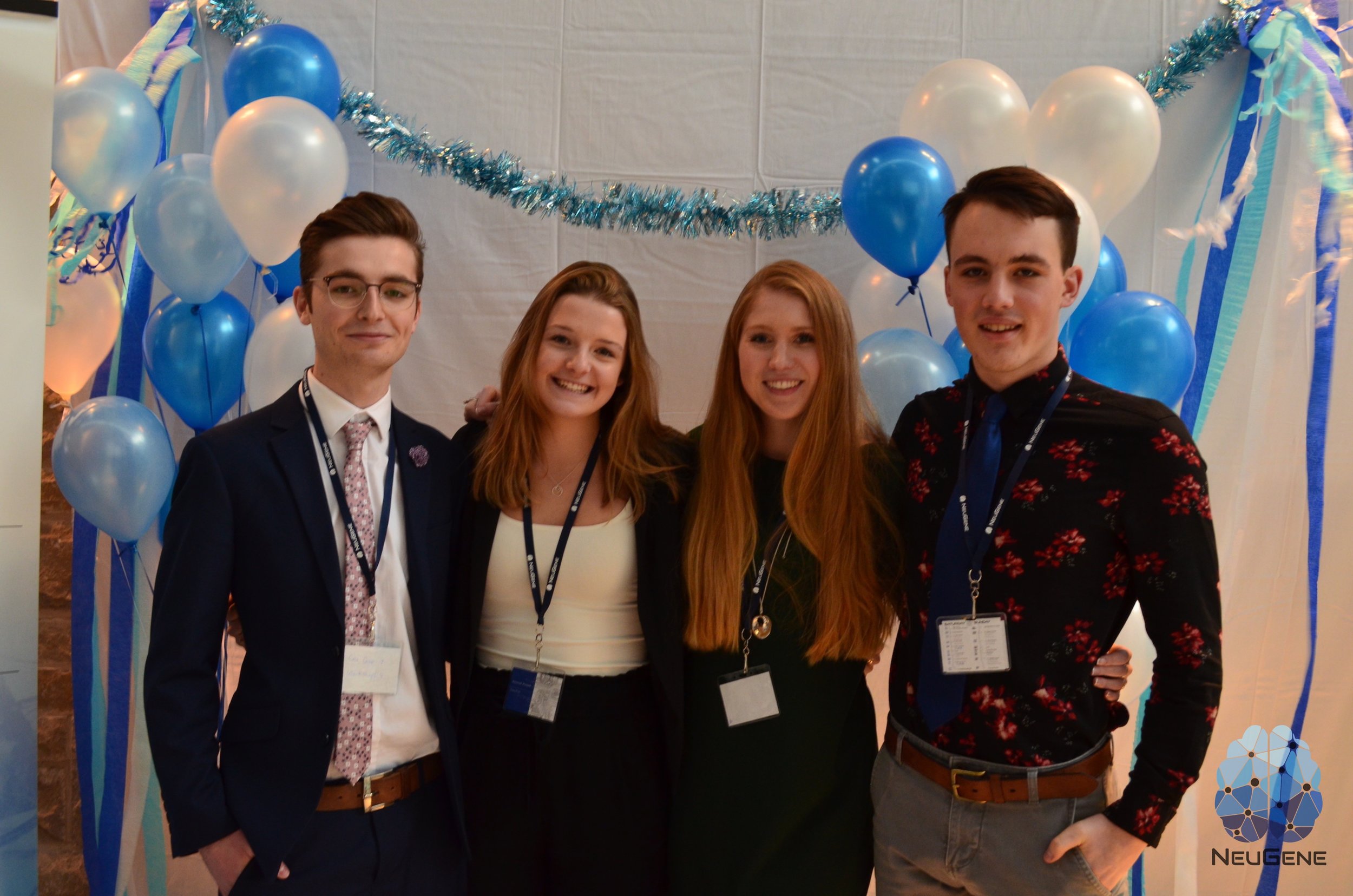
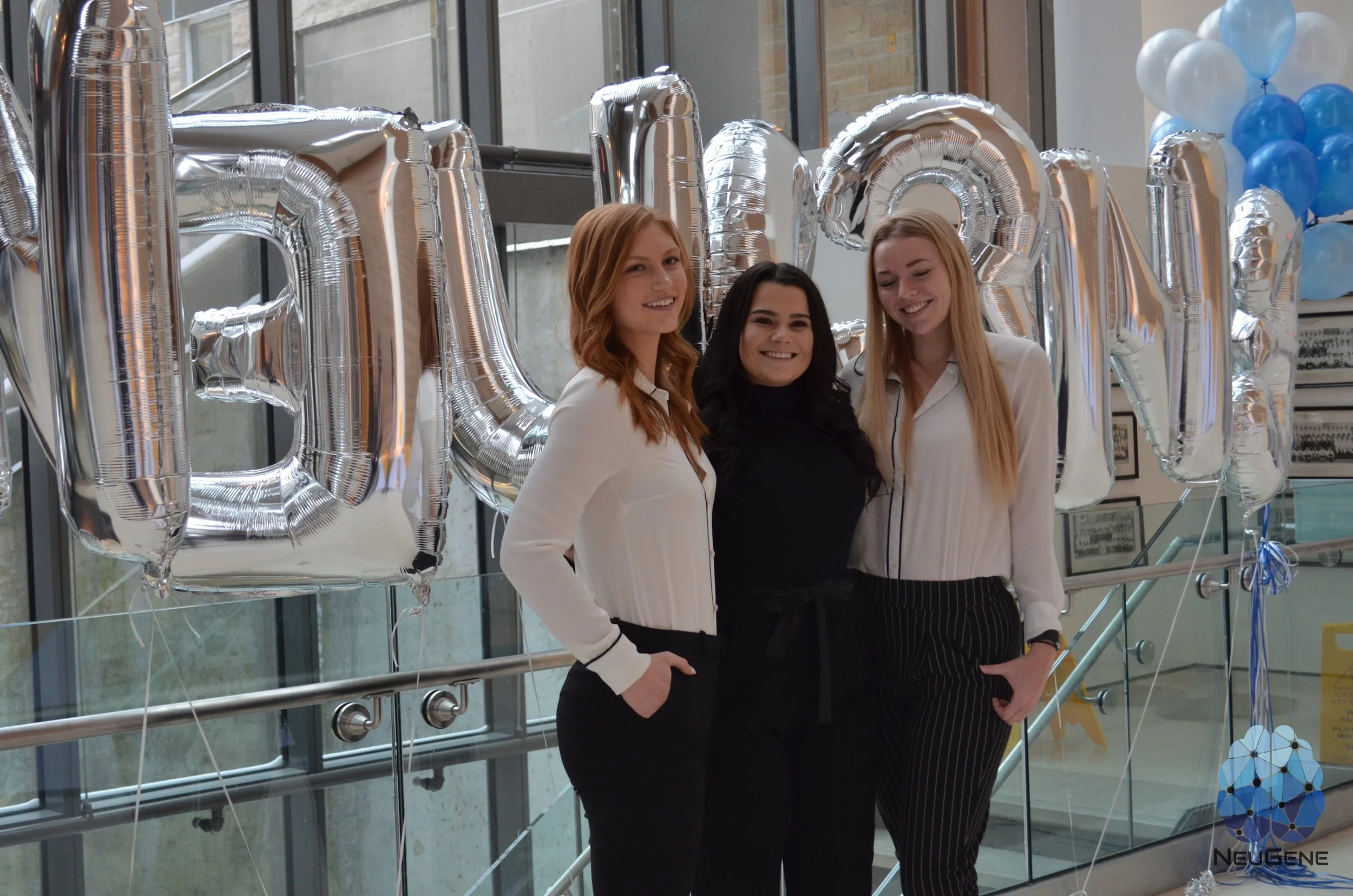
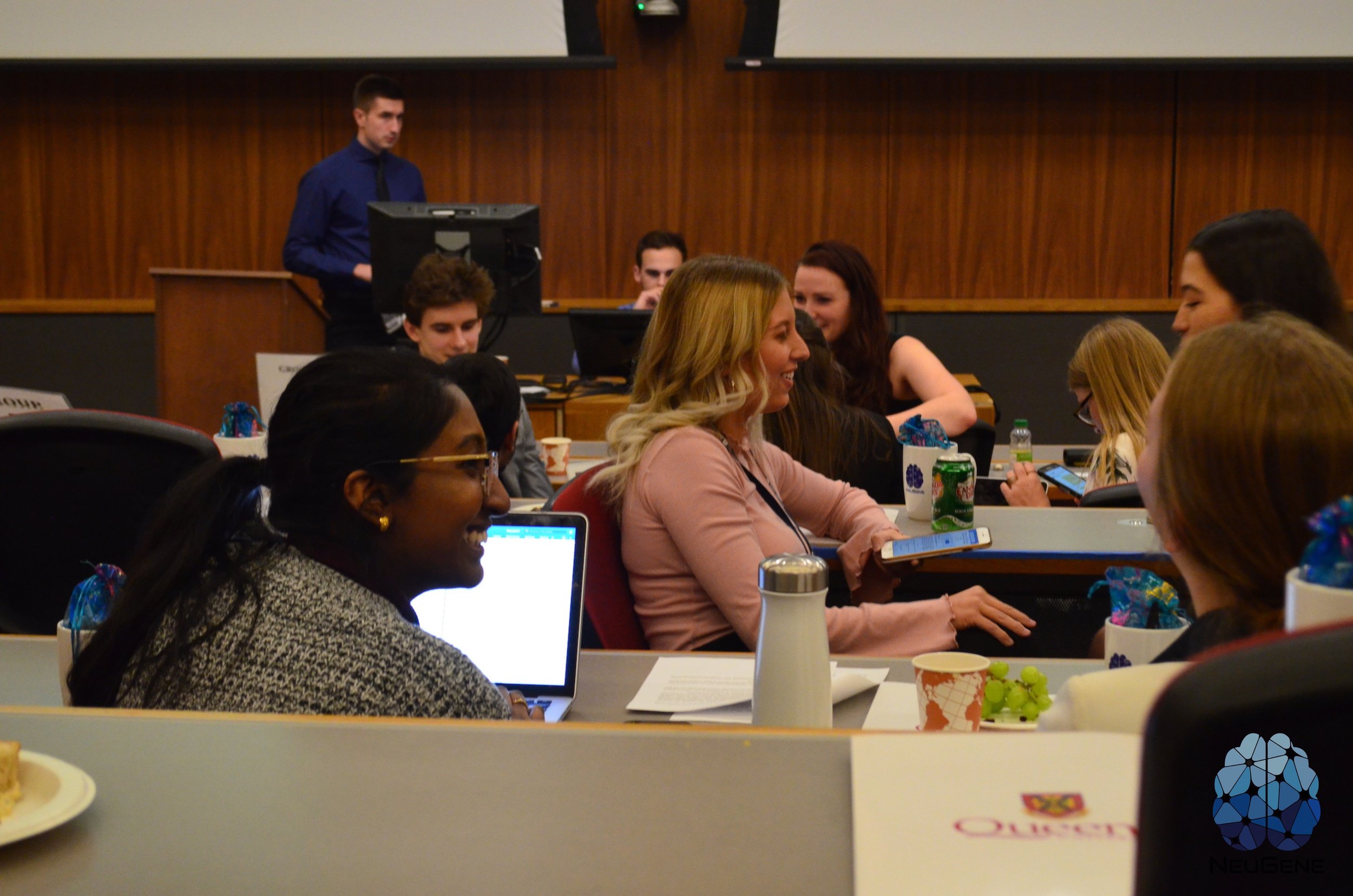
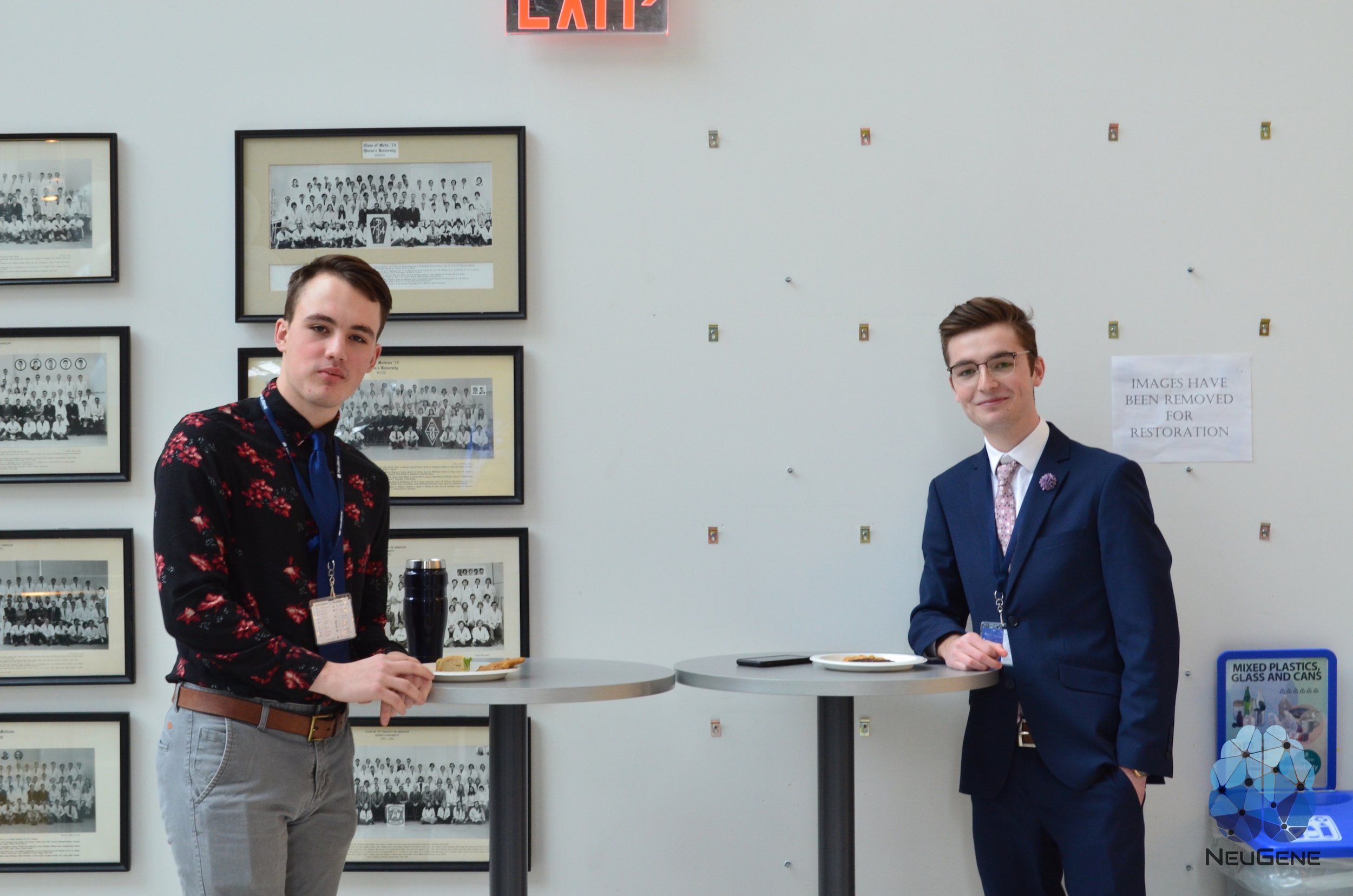
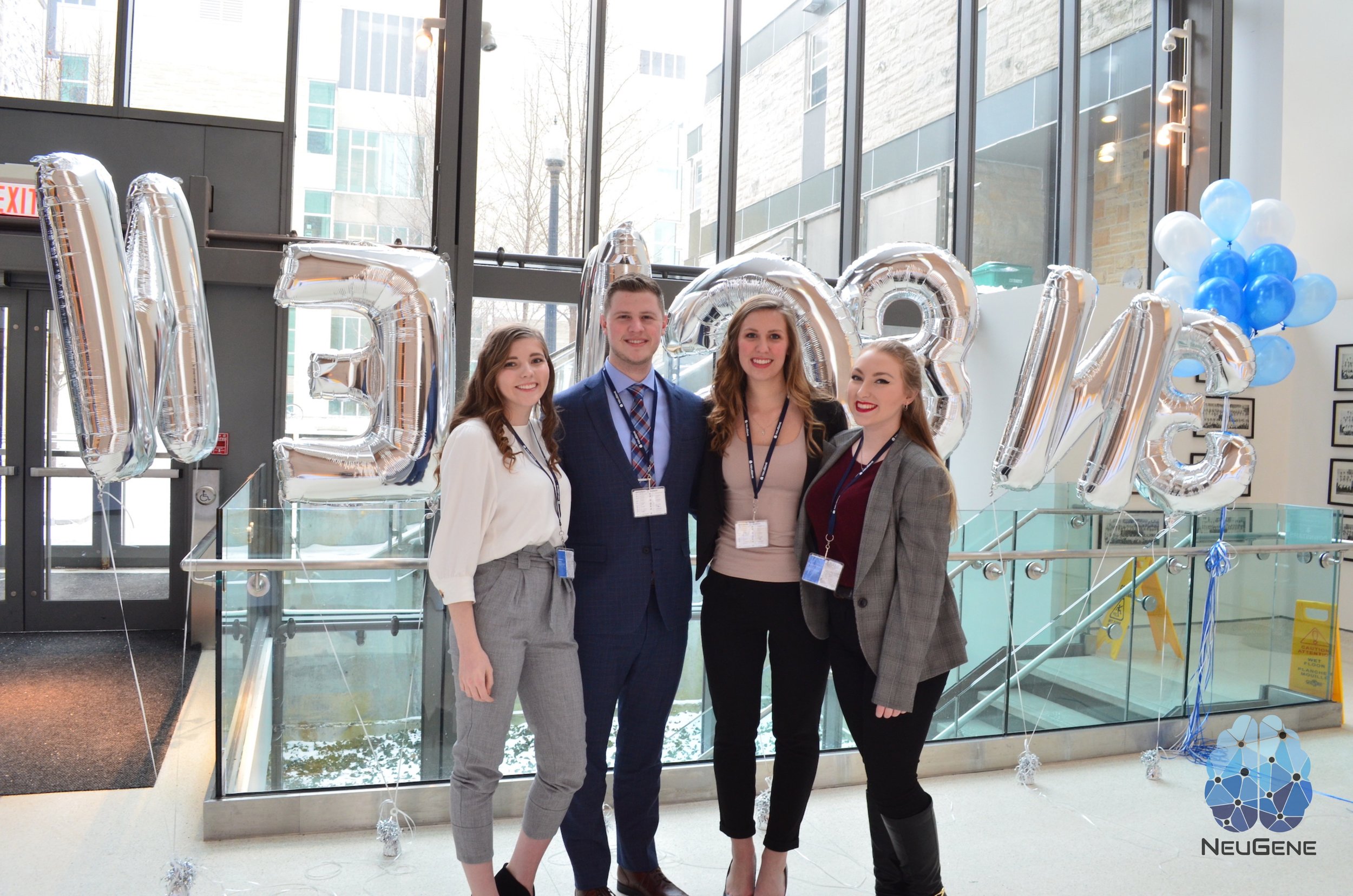
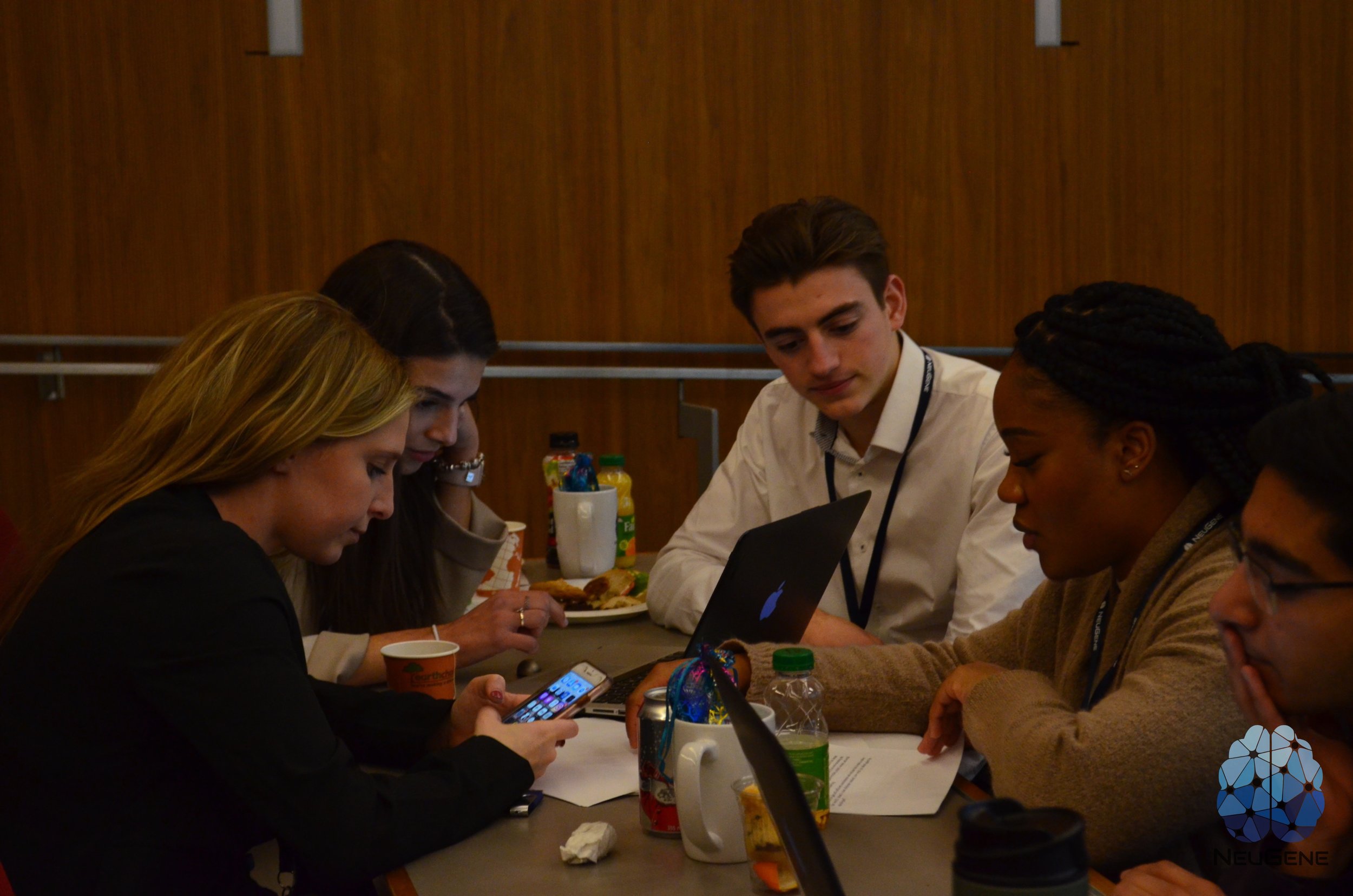
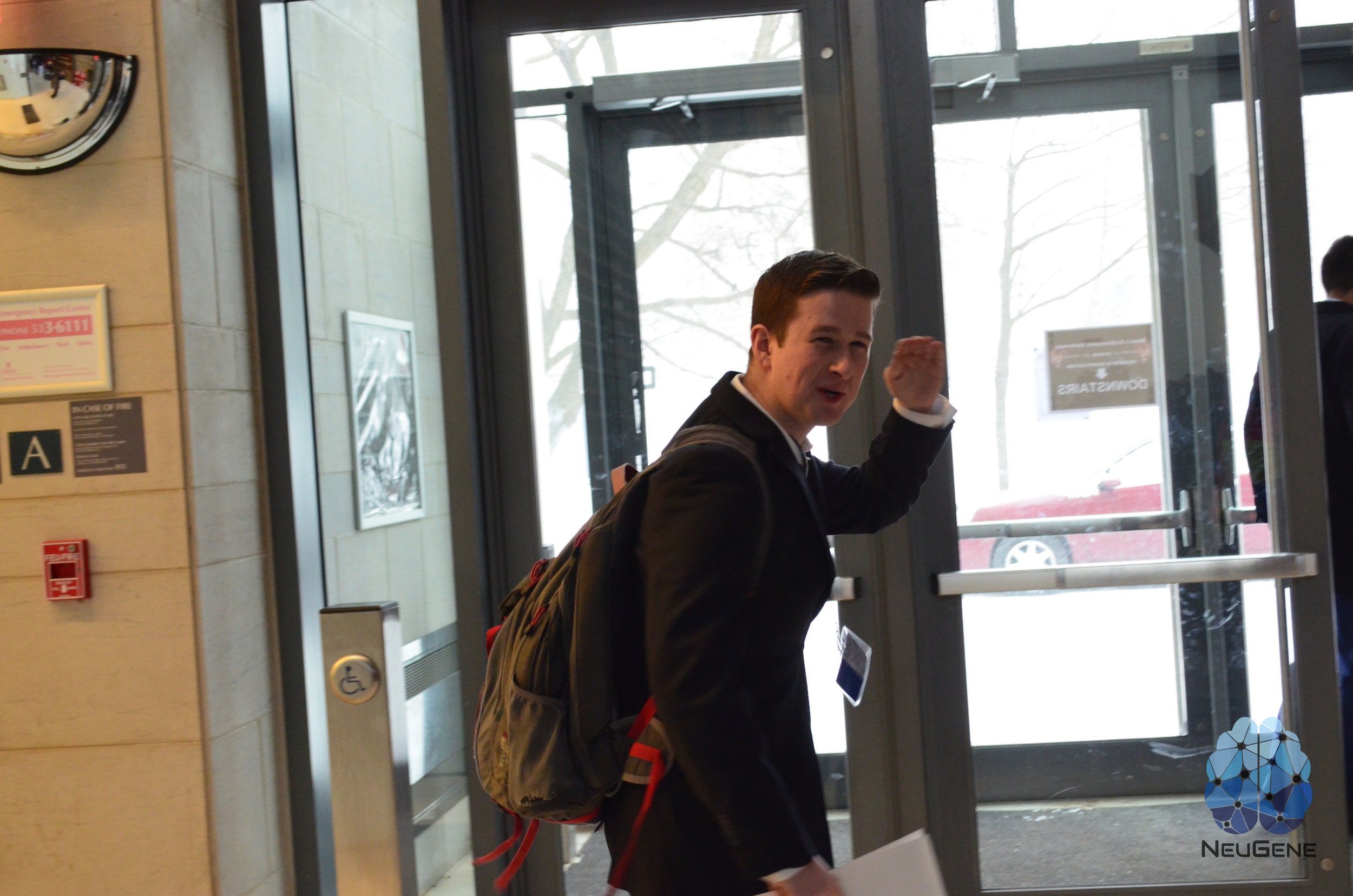
Presenters for Neugeneration 2019 conference
Dr. Alan Lomax
Microbes on the Mind: How Bacteria Influence Sensory Pathways From the Gut
Dr. Lomax is a neurophysiologist who received his PhD from the University of Melbourne in 2000. Following postdoctoral training at the University of Calgary, he joined the faculty of the Department of Physiology at Queen’s University in 2006.
While neurons in the central nervous system are protected from the rest of the body by the blood-brain barrier, neurons in the periphery constantly interact with all other cell types in the body.
Dr. Lomax has studied these intercellular interactions throughout his career. He has investigated how autonomic neurons respond to activation of the immune system, and has recently begun to decipher how microbes in the gut communicate with sensory neurons. This latter topic will be the subject of his seminar.
Dr. Milos R. Popovic
Neuroplasticity: How Neuroprosthesis for Reaching and Grasping Can Be Used to Overcome Paralysis
Milos R. Popovic is the Institute Director, Research at the Toronto Rehabilitation Institute - University Health Network. He is also a Professor (Tenured) in the Institute of Biomaterials and Biomedical Engineering at the University of Toronto. Dr. Popovic is the co-founder and director of (i) MyndTec; (ii) the CentRe for Advancing Neurotechnological Innovation to Application (CRANIA) at the University Health Network and the University of Toronto; (iii) the CRANIA Neuromodulation Institute at the University of Toronto; and (iv) the Canadian Spinal Cord Injury Rehabilitation Association. He is also the founder of the Rehabilitation Engineering Laboratory at the Toronto Rehabilitation Institute - University Health Network. Dr. Popovic held the Toronto Rehab Chair in Spinal Cord Injury Research appointment from 2007 until 2017.
Dr. Popovic received his Ph.D. degree in mechanical engineering from the University of Toronto, Canada in 1996, and the Dipl. Electrical Engineer degree from the University of Belgrade, Serbia in 1990. His fields of expertise are functional electrical stimulation, neuroprostheses, neuro-rehabilitation, neuromodulation, brain machine interfaces, physiological control systems, assistive technology, modeling and control of linear and non-linear dynamic systems, robotics, and signal processing.
In 1997, together with Dr. Keller, he received the Swiss National Science Foundation Technology Transfer Award - 1st place. In 2008, Dr. Popovic was awarded the Engineering Medal for Research and Development from the Professional Engineers of Ontario, and Ontario Society of Professional Engineers. In 2011, he was elected to the College of Fellows of the American Institute of Medical and Biological Engineering. In 2012, company MyndTec Inc., which Dr. Popovic co-founded in 2008, won the 1st Prize and the Best Intellectual Property Award at the annual TiEQuest Business Venture Competition. In 2013, he received the Morris (Mickey) Milner Award for outstanding contributions in the area of Assistive Technologies from the Health Technology Exchange. Also, in 2013, together with Drs. Prodic, Lehn, and Huerta-Olivares, and Mr. Tarulli, Dr. Popovic received the University of Toronto Inventor of the Year Award. In 2015, Dr. Popovic received the 2014 University Health Network’s Inventor of the Year Award. In 2017, he won the Accessibility Innovation Showcase and Tech Pitch Competition Award at the Ontario Centers of Excellence Discovery 2017 Conference. In 2018, Dr. Popovic received a Jonas Salk Lifetime Achievement Award for his lifetime contributions from the March of Dimes Canada.
In this lecture, I will present a neuroprosthesis for grasping, which does not belong to a typical “garden variety” neuroprostheses that one can commonly find discussed in the literature. In the literature, the neuroprostheses for grasping are used to replace and substitute function, and patients are expected to depend on these devices their entire lives to reach and grasp objects. This lecture will showcase a neuroprosthetic application, which is aimed at restoring voluntary hand function after severe stroke and spinal cord injury, instead of making the users depend on technology to perform reaching and grasping. In the lecture, the results of two Phase II randomized control trials will be presented, which were pivotal for this technology to become a commercially viable product. The second part of the lecture will discuss 20+ years-long journey from invention to commercialization, and what were the challenges we had to face to develop MyndMove® product.
Dr. Roumen Milev
Depression: What You Always Wanted to Know But Were Afraid to Ask
Dr. Milev completed medical degree in Sofia, Bulgaria in 1983, obtained Specialty of Psychiatry in Bulgaria, MRCPsych in England and FRCPC in Canada and defended PhD in Forensic Psychiatry. In 1995 he moved to Regina, Canada where he became Medical Director of the Mental Health Clinic. In 2001 he was appointed Clinical Director of the Mood Disorder Research and Treatment Service in Kingston. From 2007 until 2017 he was the Head of Department of Psychiatry at Queen’s University and affiliated teaching hospitals, and since 2017 Director of Centre for Neuroscience studies at Queen’s University. In Octomber 2018 he was appointed as Vice President, Medical and Academic Affairs at Providence Care Hospital. He is a Fellow of the Royal College of Psychiatrists (UK) and a Distinguished Fellow of both Canadian and American Psychiatric Associations.
Dr. Milev is actively involved in research in Depression, Bipolar Disorder, and other mental disorders. Main areas of his research include stigma, sleep architecture, psychopharmacological and rTMS treatments. Most recent focus of his research have been biomarkers for treatment response in depression, as part of the CAN-BIND integrated discovery program.
Dr. Milev has over 80 peer reviewed publications and book chapters. He has lead many symposia, workshops and panel discussions at conferences and has presented numerous lectures to psychiatrists, primary care providers and other health professionals. Dr. Milev is involved actively in undergraduate, graduate and postgraduate teaching, including supervision of Masters and PhD students. He has co-autheored several CANMAT guidelines for management of patients with Major Depressive Disorder and Bipolar Disorders. He has won several prizes and awards.
Dr. Isabelle Aubert
Translational Research in Focused Ultrasound for neurodegenerative Disorders: Preclinical Findings to Clinical Trials
Dr Aubert obtained her PhD in neurosciences from McGill University, Montréal, Canada. She studied the plasticity of cholinergic systems in neuorodegenerative disorders, i.e. Alzheimer’s and Parkinson’s diseases, and during normal brain development and aging. She completed her post-doctoral training in gene therapy and axonal regeneration at the Salk Institute in San Diego, California.
Dr Aubert is a professor at the University of Toronto. As a senior scientist, she leads the Brain Repair Group and is a member of the Centre for Excellence in Focused Ultrasound at Sunnybrook Research Institute, Toronto, Canada.
Her research aims at developing therapies for Alzheimer’s disease. She is evaluating drug, gene and cell therapies for their potential in maintaining neural and vascular health, promoting brain repair and regeneration, halting degeneration and restoring cognitive functions. Dr Aubert uses focused ultrasound to deliver therapeutics from the blood to targeted brain areas, aiming to increase treatment efficacy for Alzheimer’s disease and other neurological disorders. In addition, her work builds on seminal discoveries using focused ultrasound, with no therapeutic added, to promote hippocampal neurogenesis, activate glial cells, reduce amyloid pathology and promote cognitive functions in Alzheimer’s disease.
Dr. Susan Crocker
Piecing Together the Fragments: The Cytogenomics of Neurological Disease
Dr. Susan Crocker received her Bachelor of Science (Honours) degree from University of King’s College (Halifax, Nova Scotia) and then completed a combined Ph.D. in the Departments of Pharmacology and Neuroscience at Dalhousie University (Halifax, Nova Scotia). Following her doctoral studies, she received a fellowship from Newborn Screening Ontario to support her postdoctoral research in the labs of Drs. Alex MacKenzie, Pranesh Chakarborty and Michael Geraghty at the Neuroscience Research Institute (Ottawa Hospital Research Institute) and the Ontario Newborn Screeening Laboratory (Ottawa).
She then received a postdoctoral fellowship from the Ontario Ministry of Health and Long Term Care to support her Clinical Genetics (Canadian College of Medical Genetics (CCMG)) training with the Eastern Regional Genetics Training Program in Cytogenetics at the Children’s Hospital of Eastern Ontario (CHEO)(Ottawa,Ontario). Currently, Dr. Crocker is Director of the Cytogenetics Laboratory at Kingston Health Science Centre (KHSC) and Assistant Professor at Queen’s University (Kingston, ON).
Dr. Crocker’s research interests include the study of novel molecular biomarkers using high-throughput approaches to interrogate biological fluids in complex neurological diseases.
Dr. Doug Munoz
A systems neuroscience approach to understanding behaviour and brain function
Doug Munoz received his Ph.D. from McGill University in 1988 in Neurology and Neurosurgery followed by a Post-doctoral Fellow at McGill and subsequently at the National Eye Institute, National Institutes of Health. He came to Queen’s in 1991 as an Assistant Professor in the Department of Physiology. He currently holds a position of Professor in the Departments of Biomedical and Molecular Sciences and Medicine, Associate Professor in the Department of Psychology. He held the position of Director of the Centre for Neuroscience Studies for 17 years.
The main goals of his research are devoted to: 1) understanding the neural circuitry controlling visual fixation and the generation of saccadic eye movements, and 2) using our knowledge of this circuitry to probe a variety of neurological and psychiatric disorders such as Attention Deficit Hyperactivity Disorder, Parkinson’s Disease, Alzheimer’s Disease, Huntington’s Disease, and Amyotrophic Lateral Sclerosis.
Dr. Munoz currently holds a Tier 1 Canada Research Chair and was awarded the Premier’s Research Excellence Award in 1999, the Basmajian Award in 1997 and the Aesculapian Society Teaching Award in 2001. He is currently funded with a foundation grant by the Canadian Institutes of Health Research, Brain Canada, and the Ontario Brain Institute. He is also involved in many joint funding initiatives which includes an NSERC Create Program, Ontario Institute for Regenerative Medicine and the Canadian Consortium on Neurodegeneration in Aging. He is an active collaborator with internationally recognized scientists from the United States, Netherlands, Brazil, France and Japan.
Dr. Jessica Grahn
Dr. Jessica Grahn studies how music affects our brain and behaviour, specializing in the study of rhythm. Her major focus has been understanding why we move to music, and her work has shown that the brain areas that control movement respond when we listen to musical rhythm, even if we are sitting still. By studying the neural mechanisms of how we ‘feel the beat’, her work can be applied to optimize our understanding of how patients with neurological movement disorders, such as Parkinson's disease, may benefit from musical interventions.
Dr. Grahn has degrees in Neuroscience and Piano Performance from Northwestern University, as well as a PhD from Cambridge, England, in the Neuroscience of Music. She is an Associate Professor in the Psychology department and Brain and Mind Institute at the University of Western Ontario. She has received the Charles Darwin Award in Public Communication of Science from the British Science Association. She also has an Early Researcher Award from the Ontario government, a New Investigator Award from the Canadian Institutes for Health Research, and an Understanding Human Cognition Award from the James S. McDonnell Foundation. Dr. Grahn’s research is supported by the GRAMMY foundation, Parkinson Society Canada, Canadian Foundation for Innovation, and the three major Canadian research councils. Her TedX talks on music are popular, with hundreds of thousands of views online.
NeuGeneration 2018
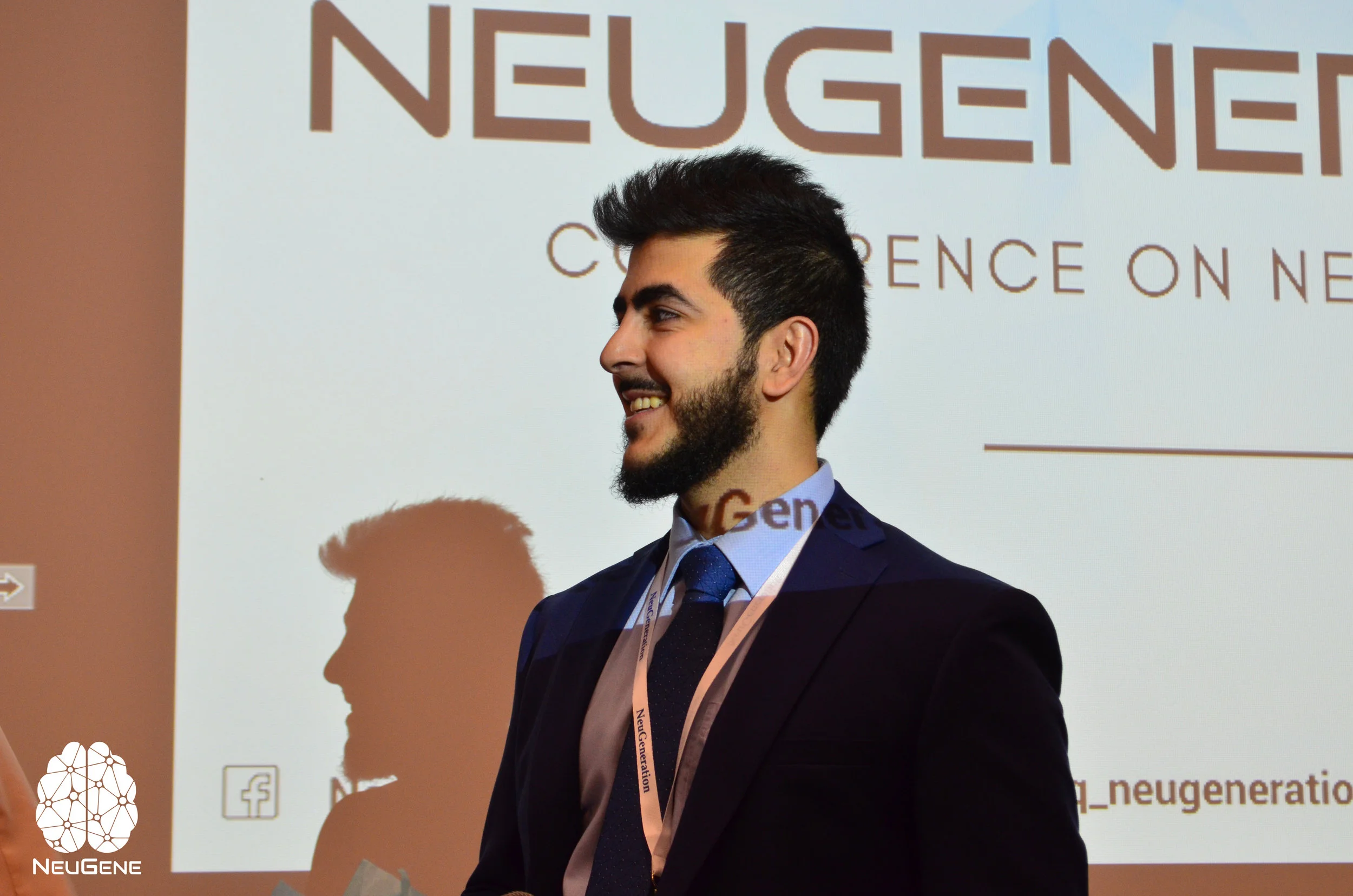

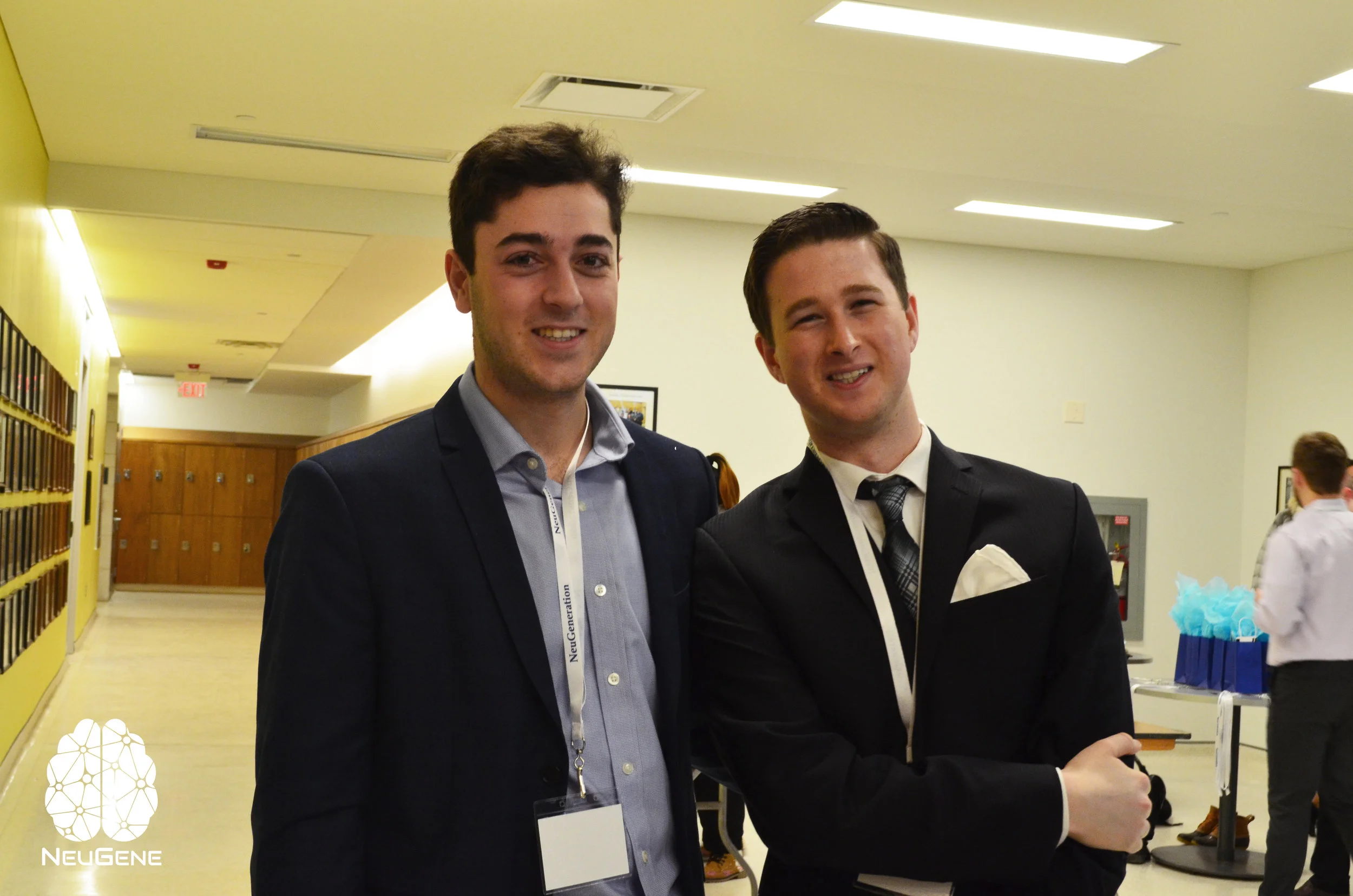
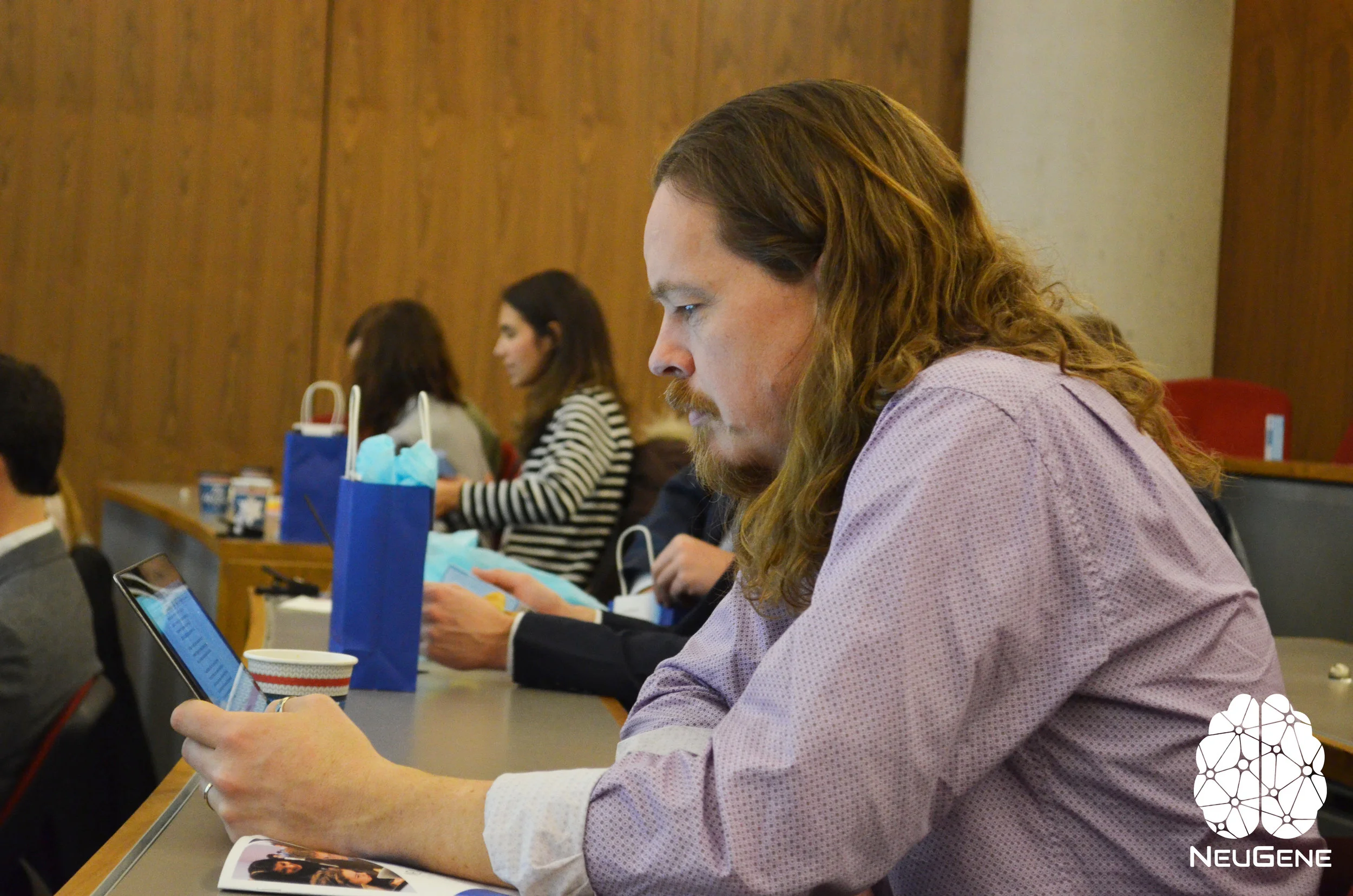
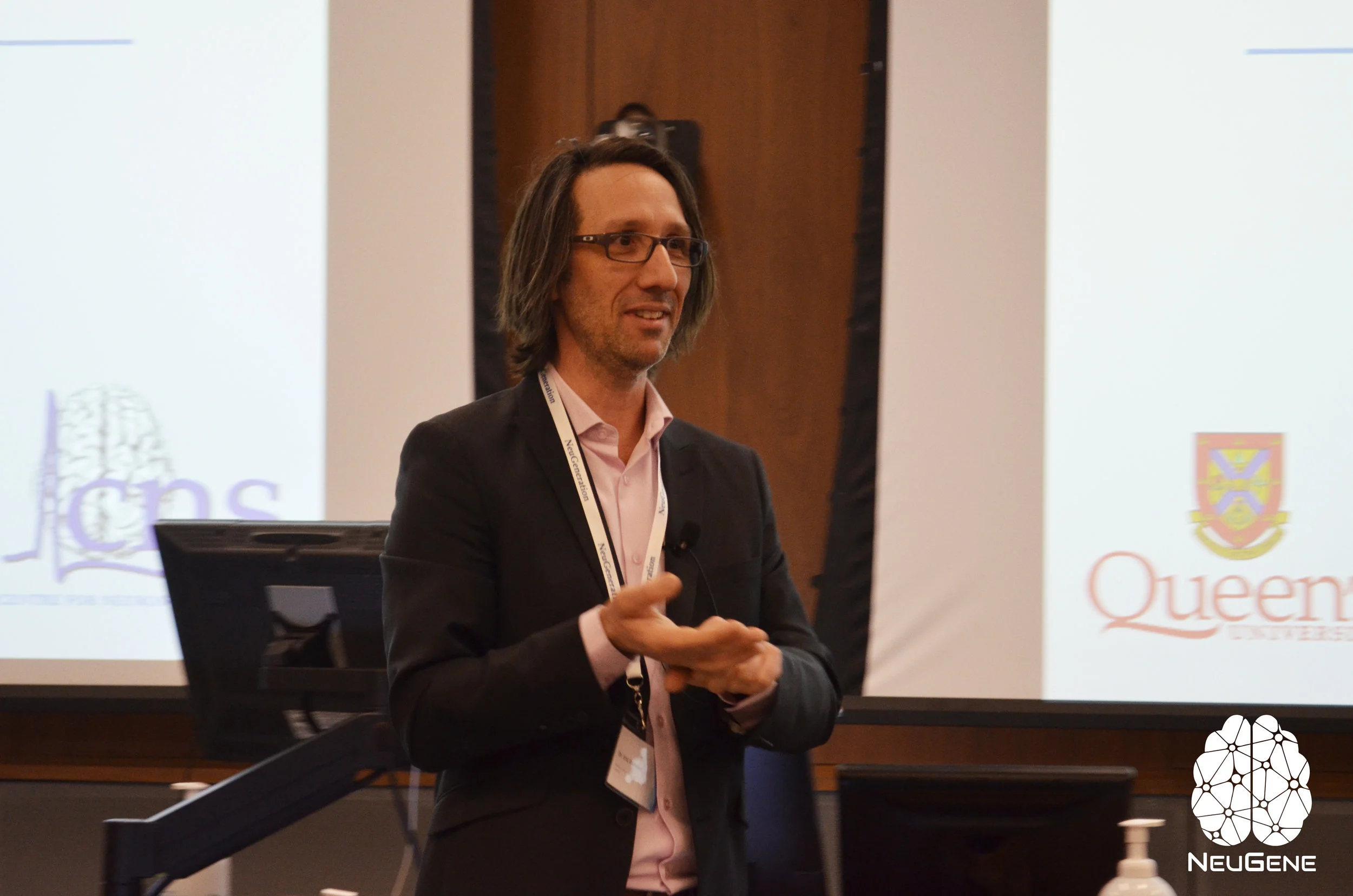
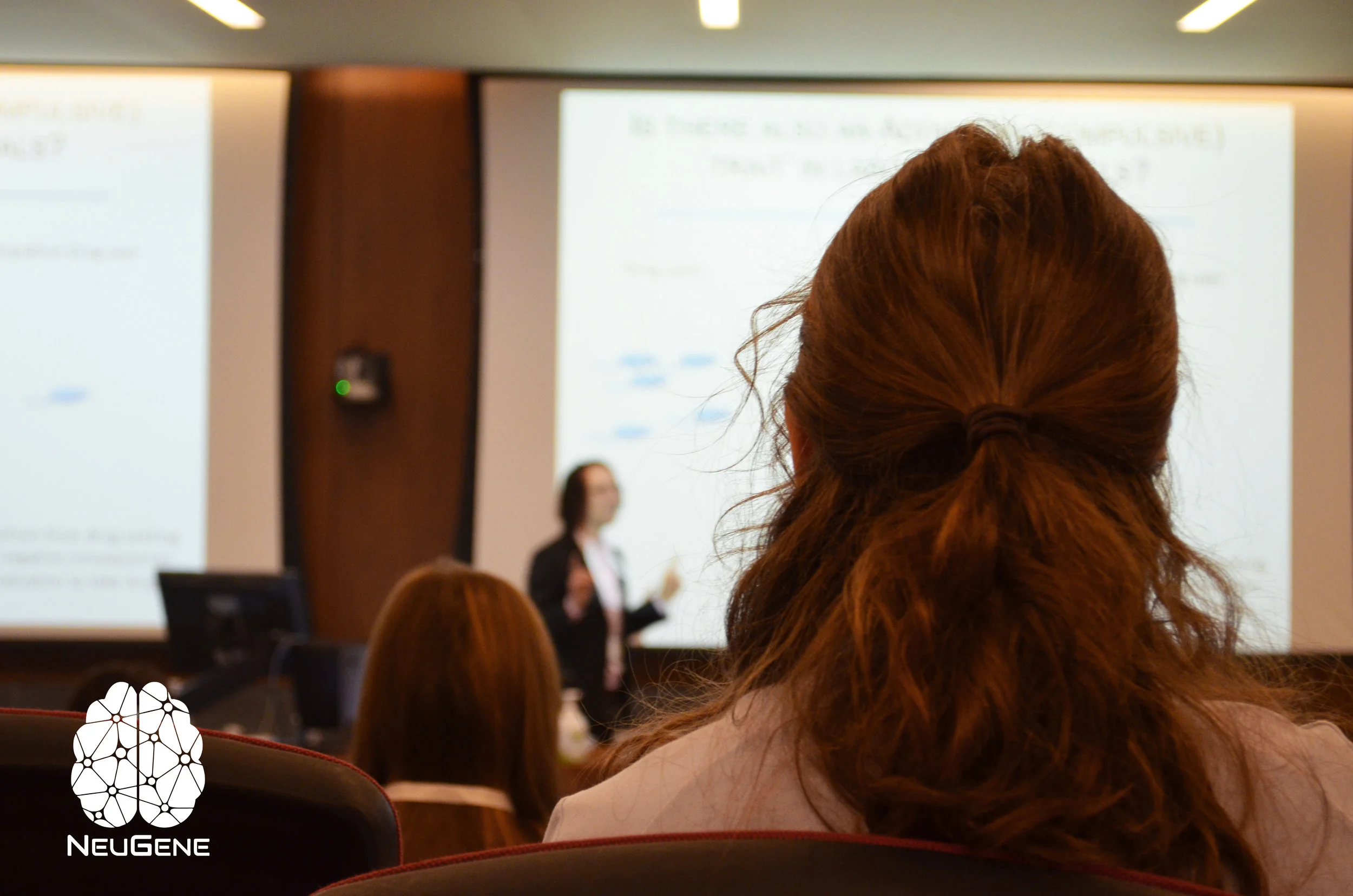
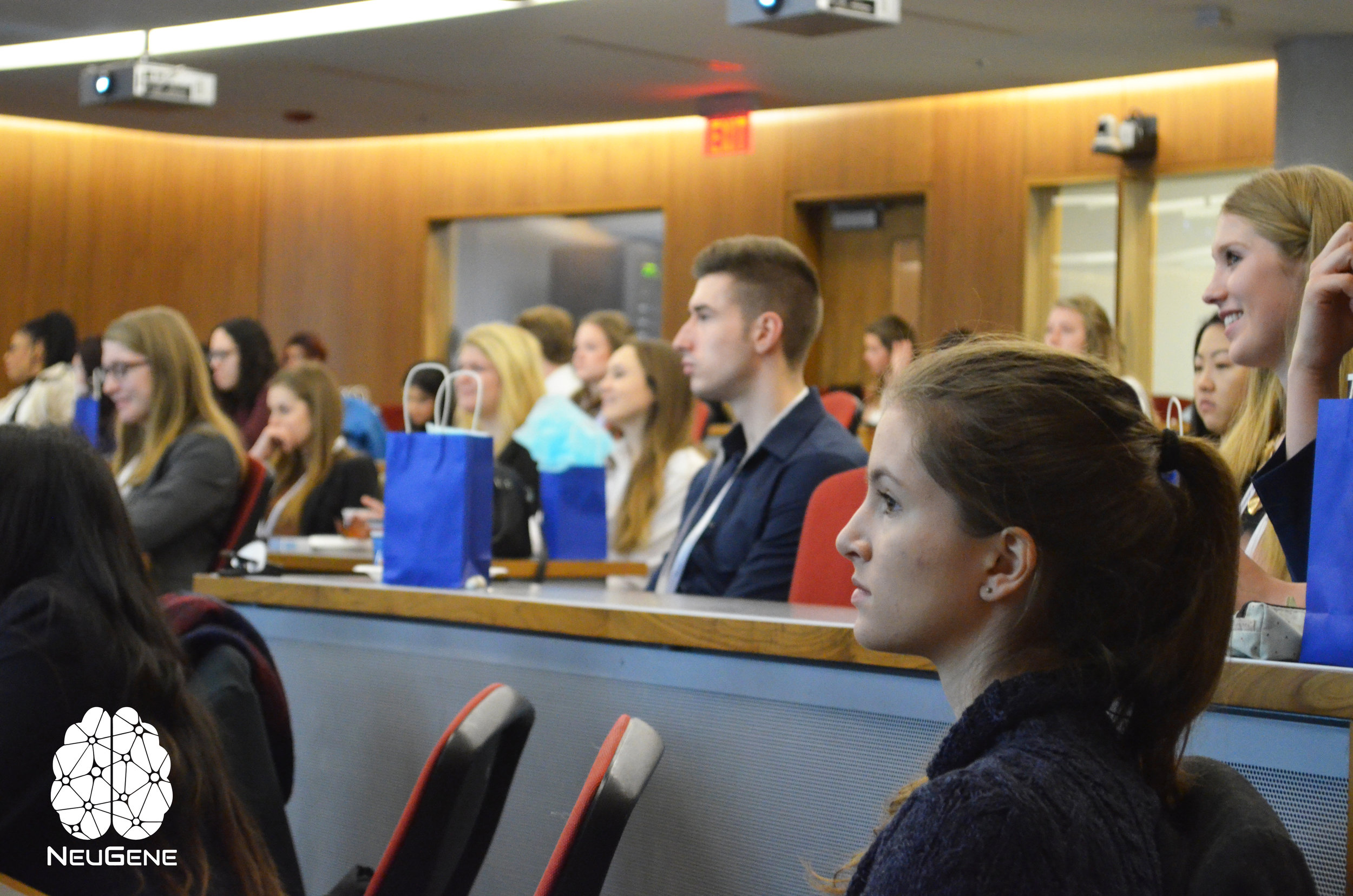
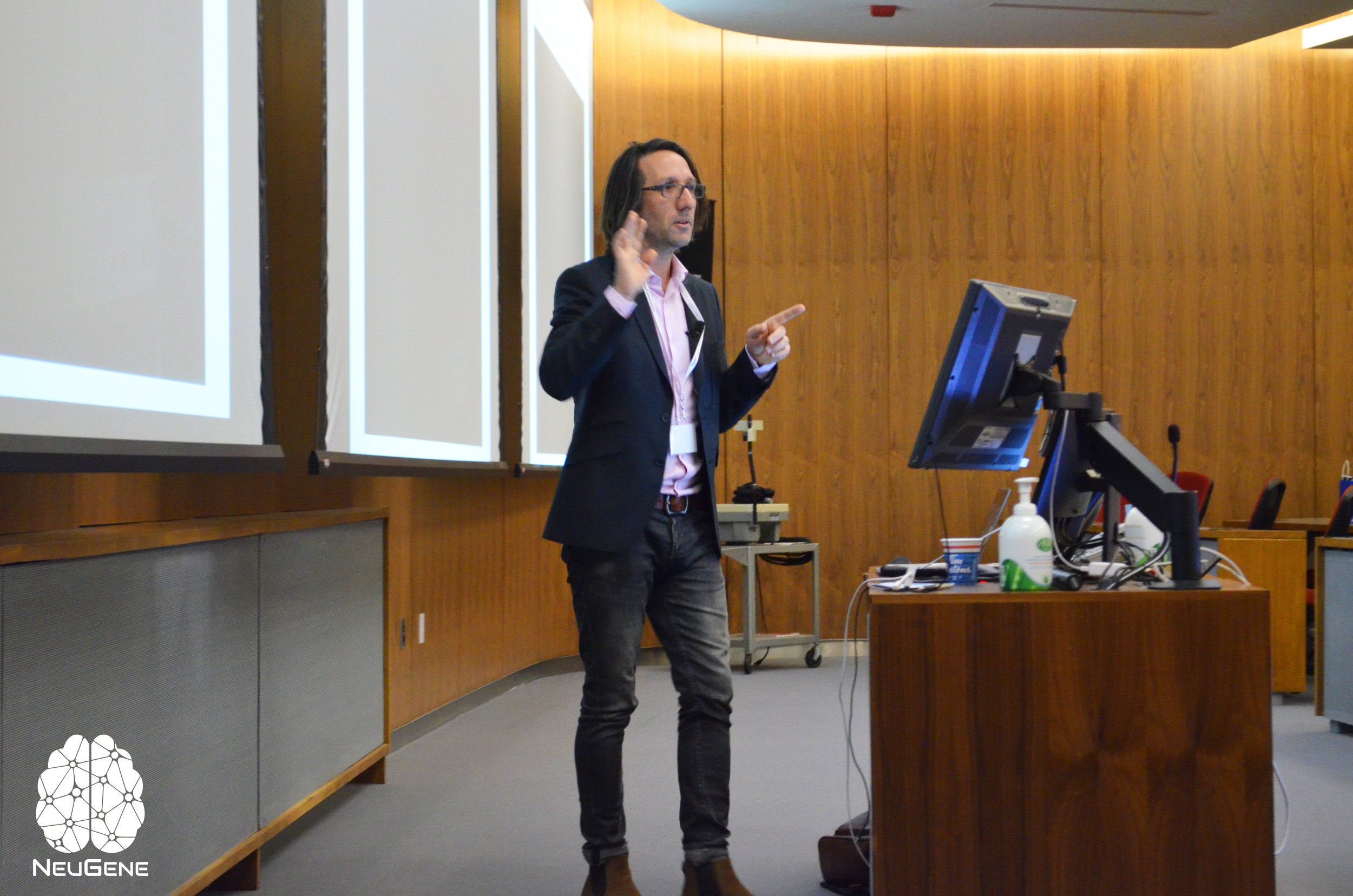
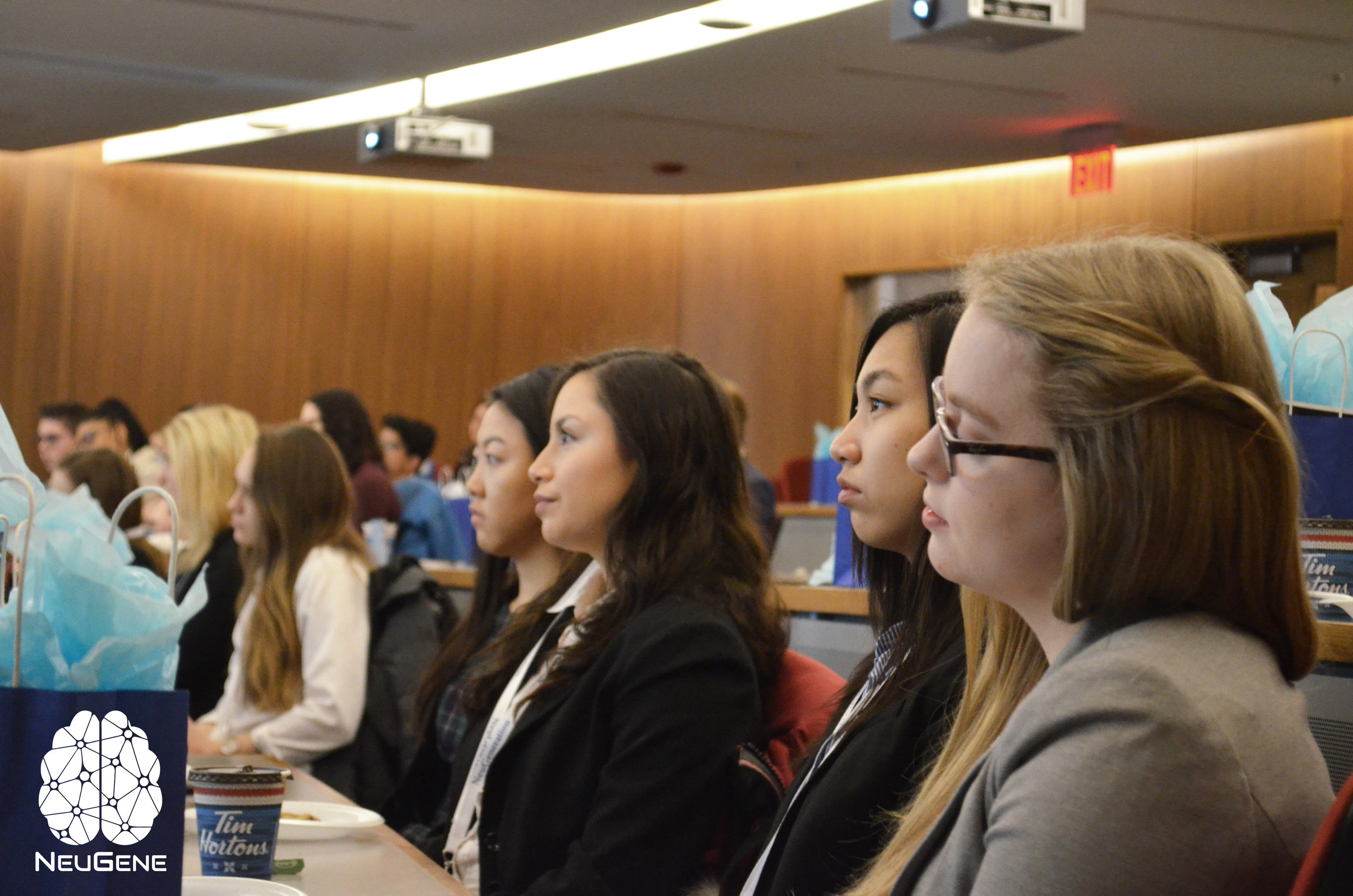
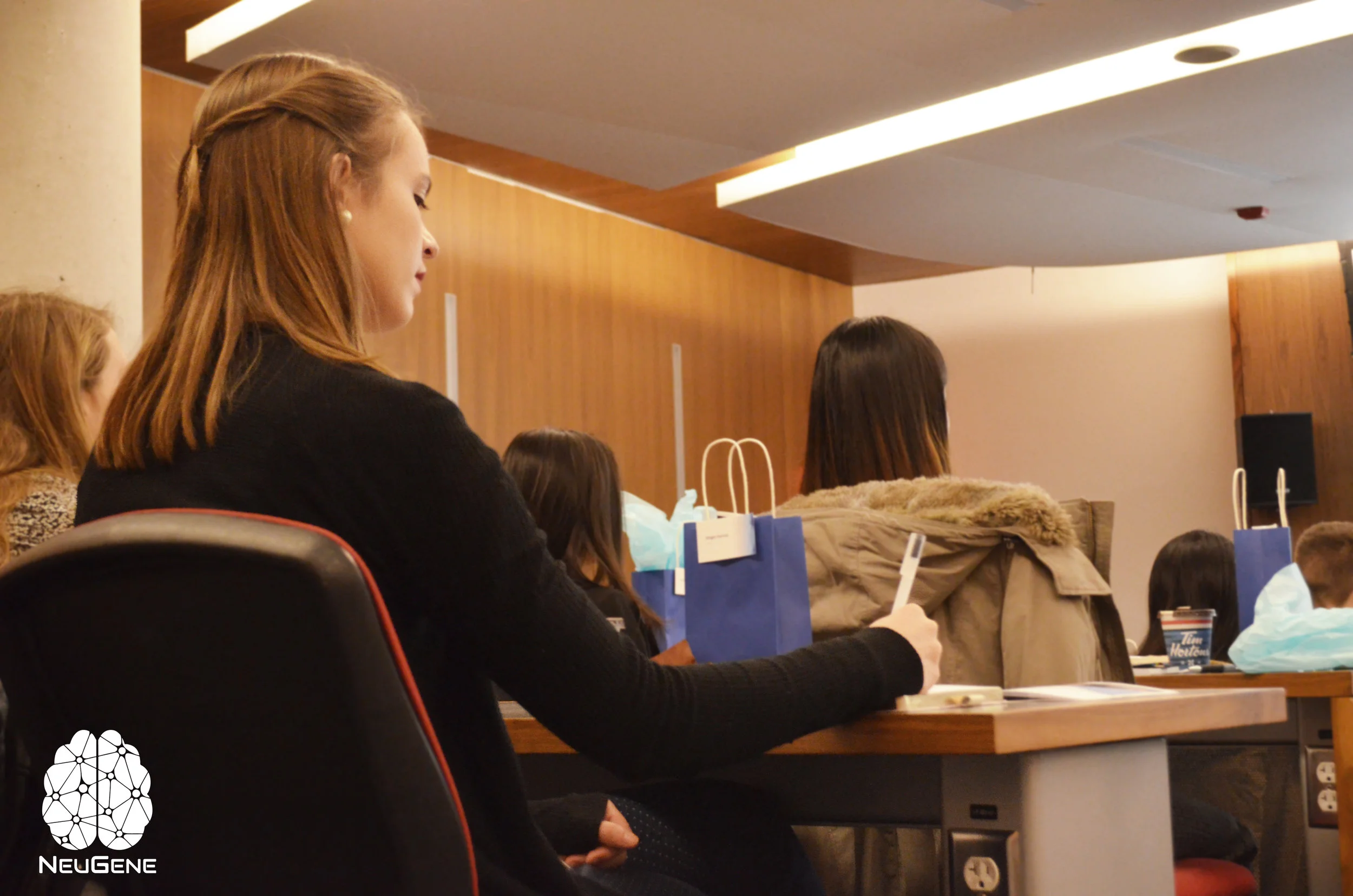
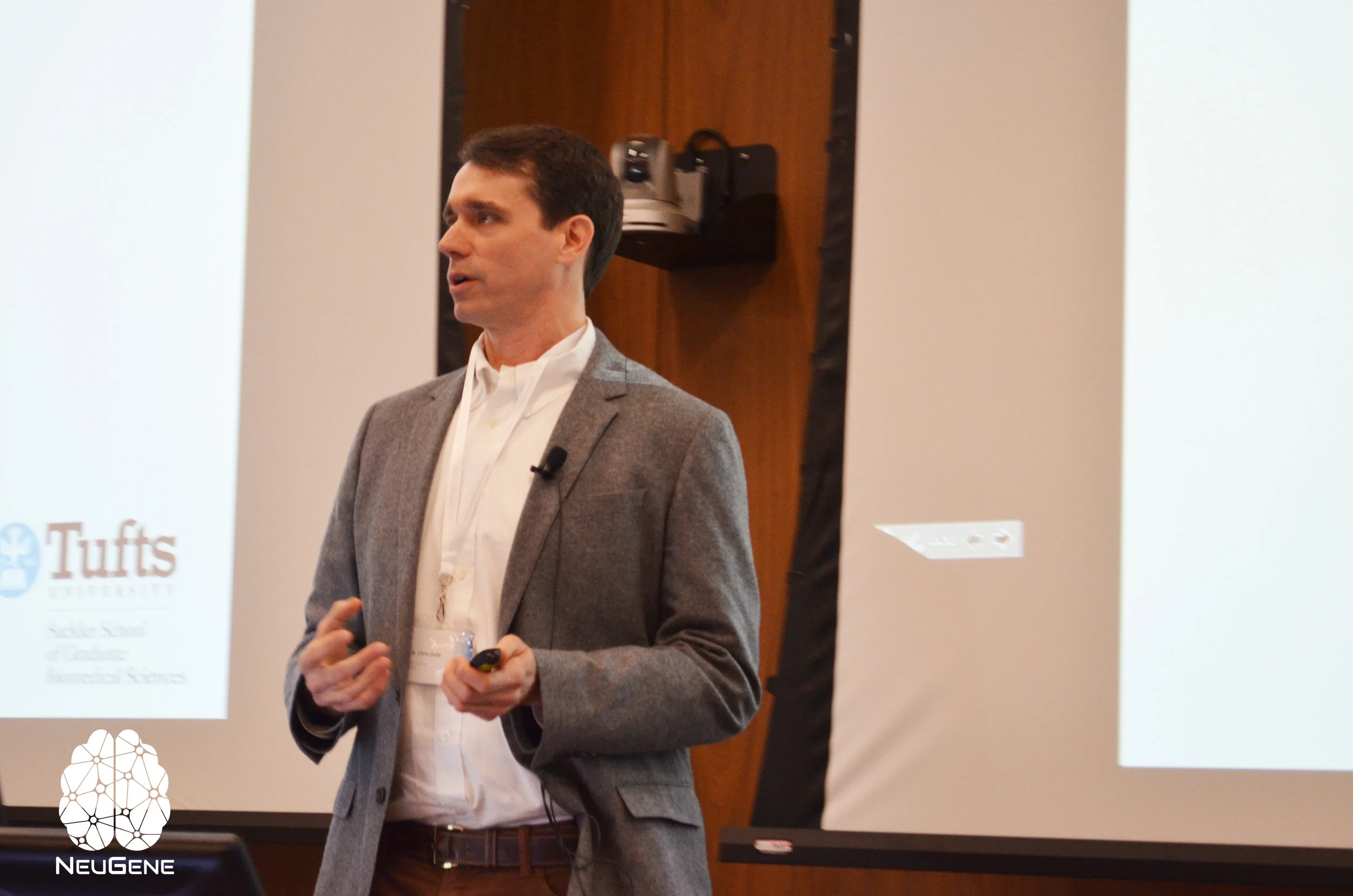
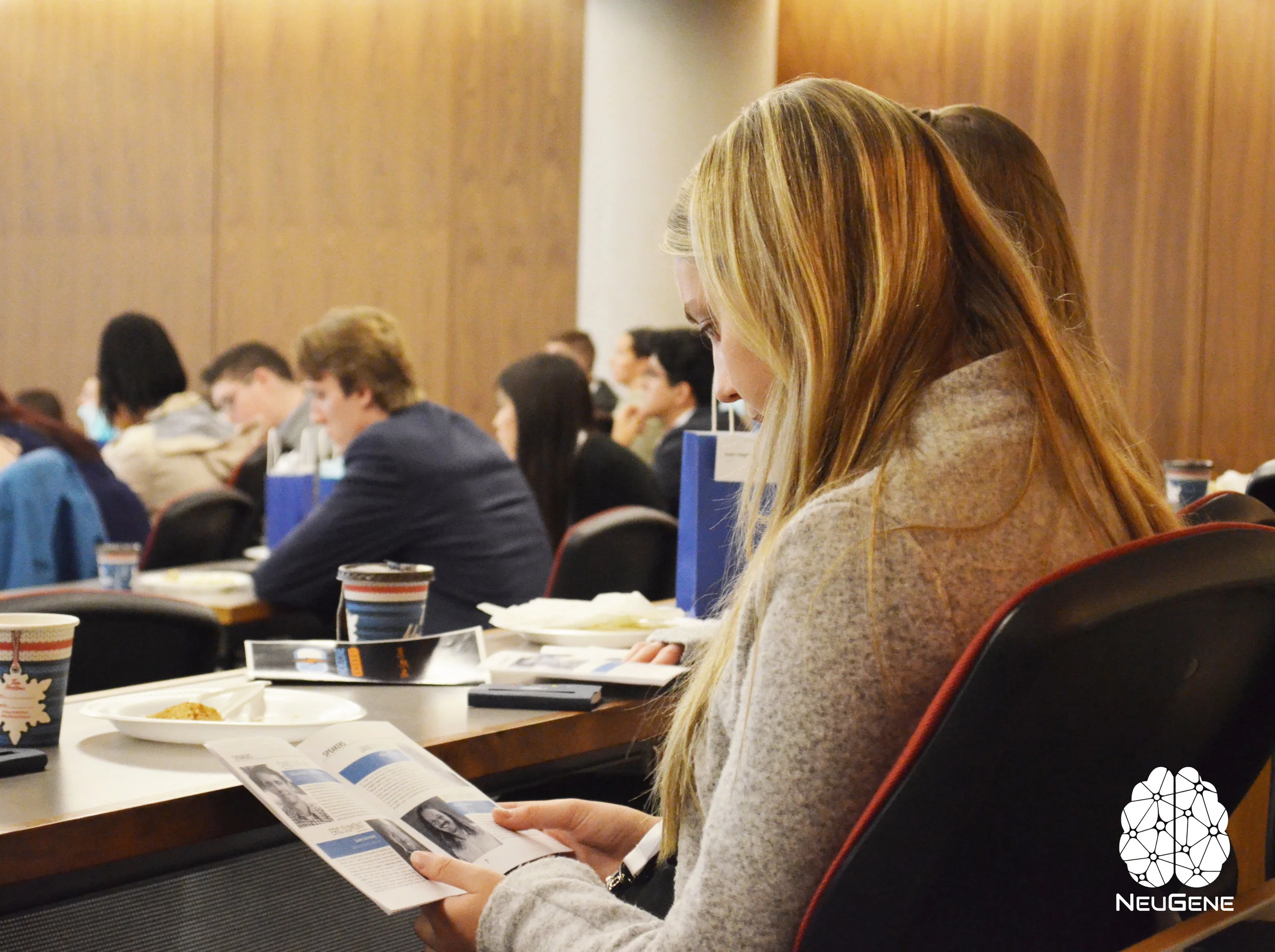
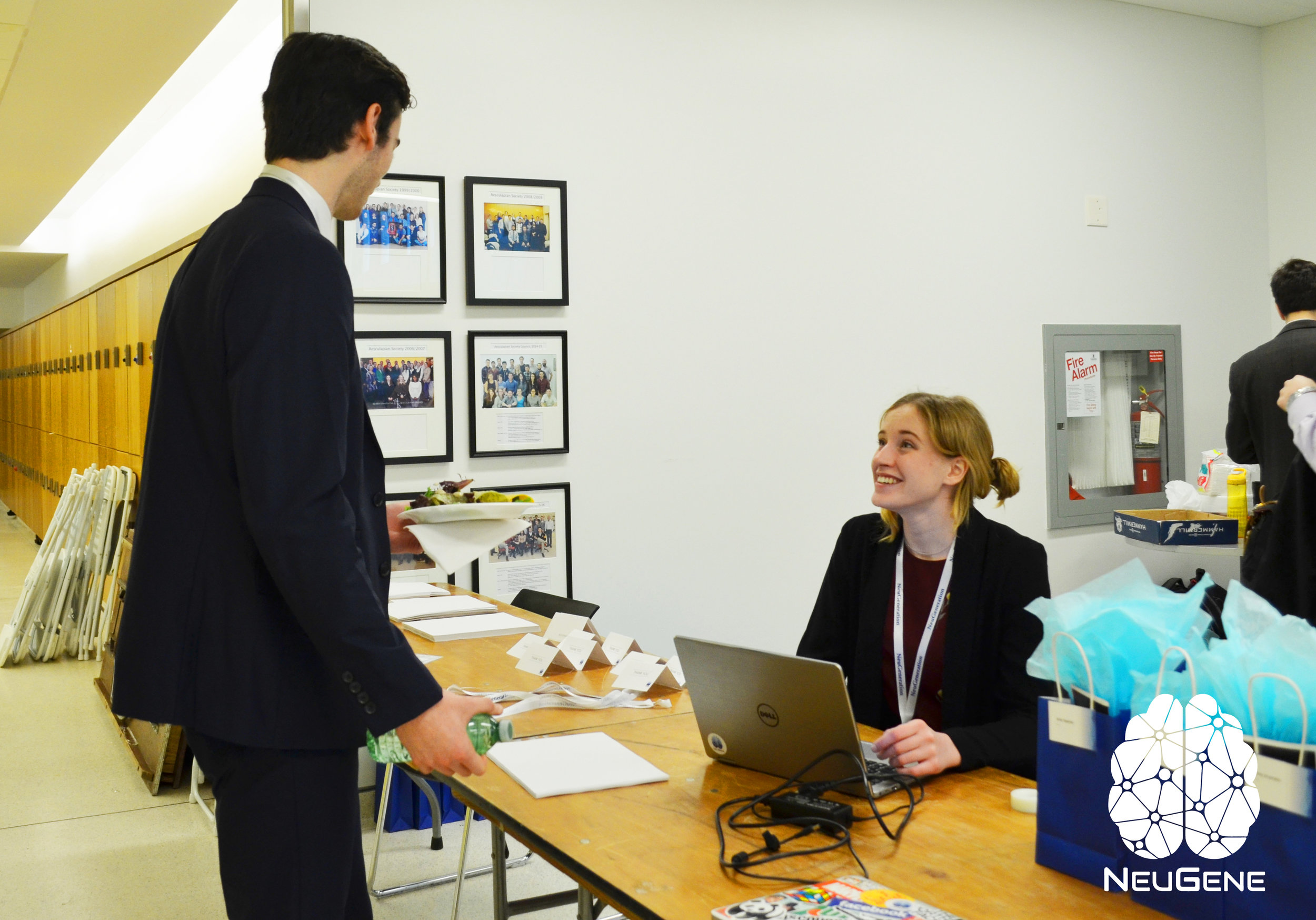
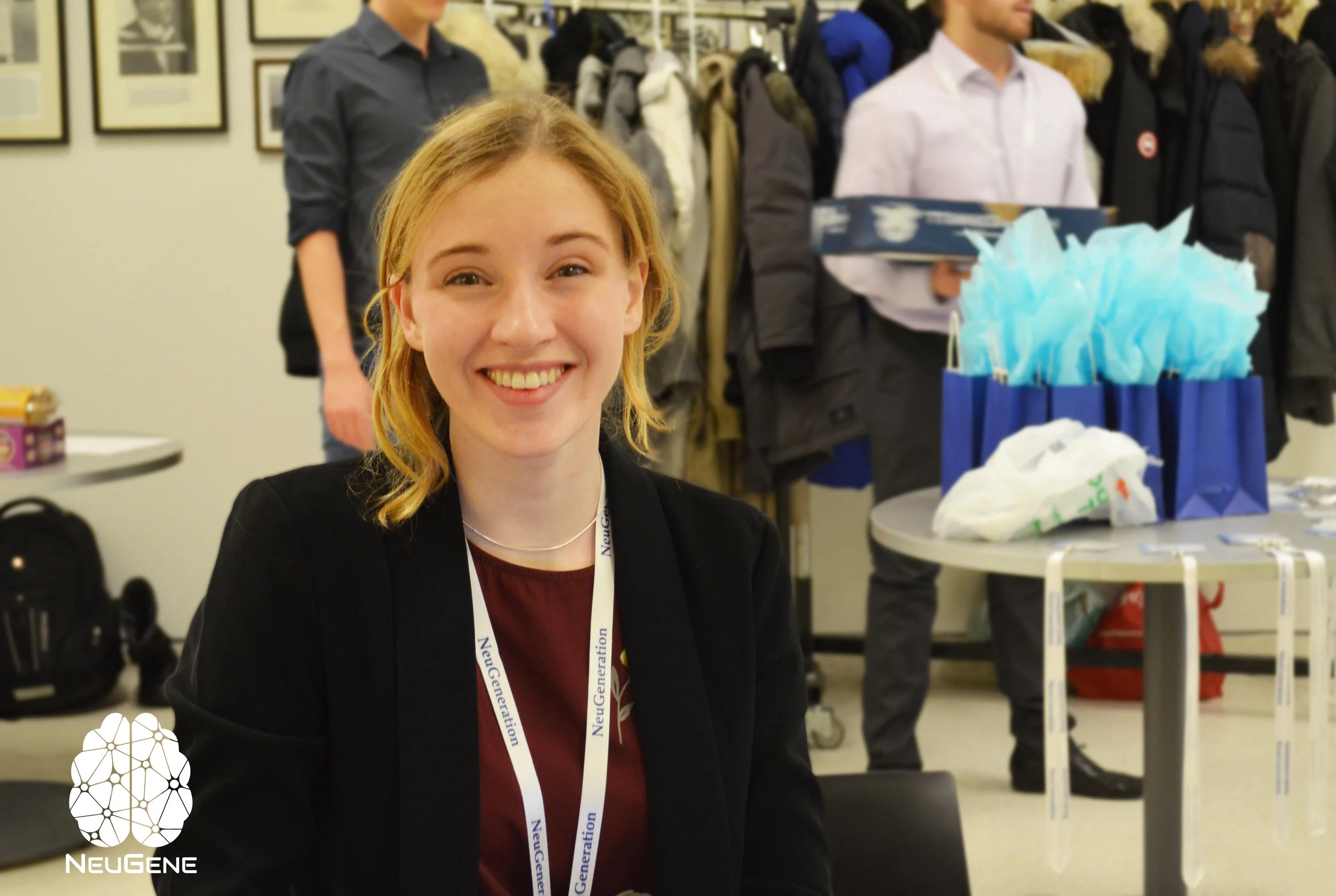
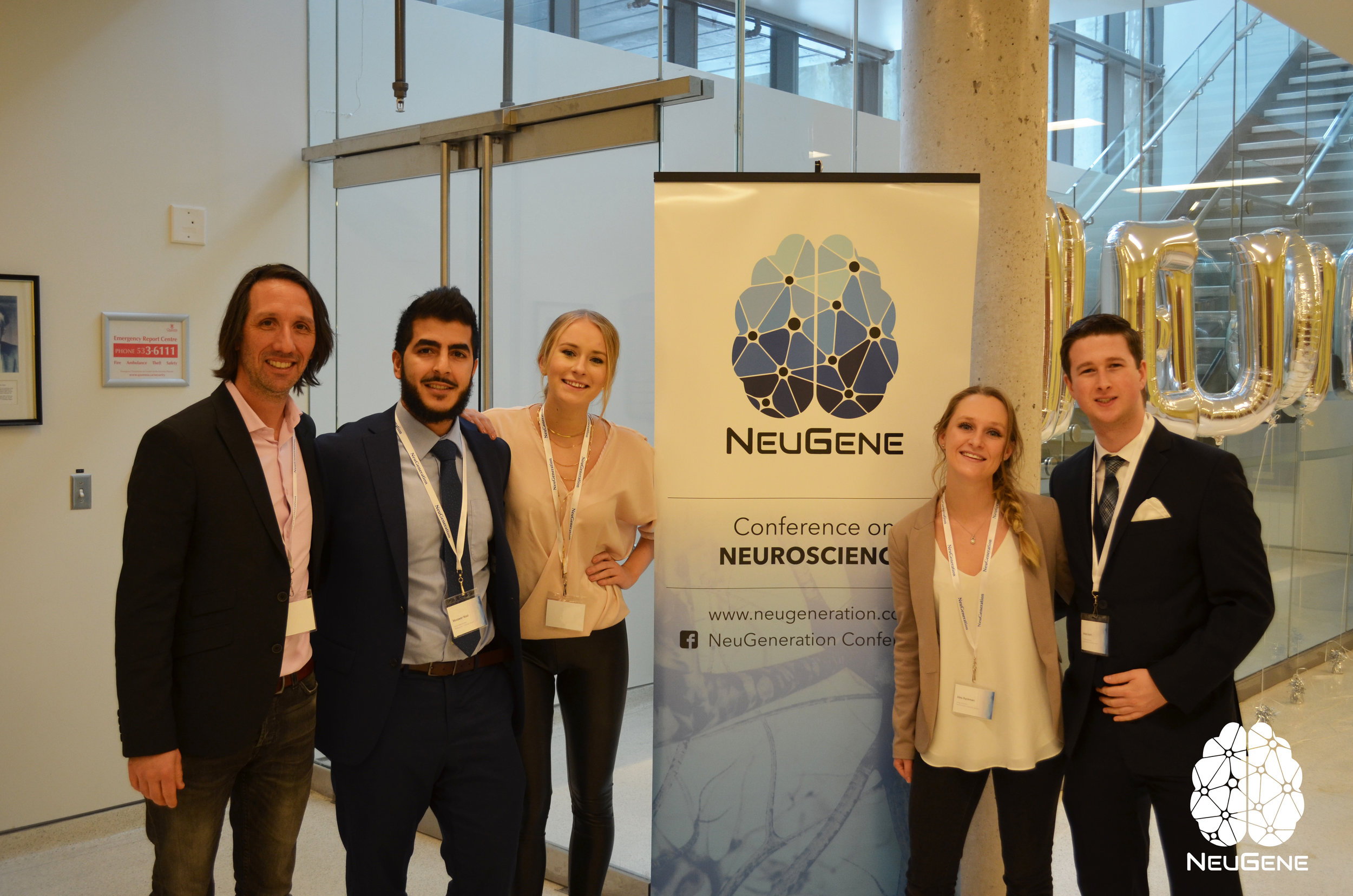

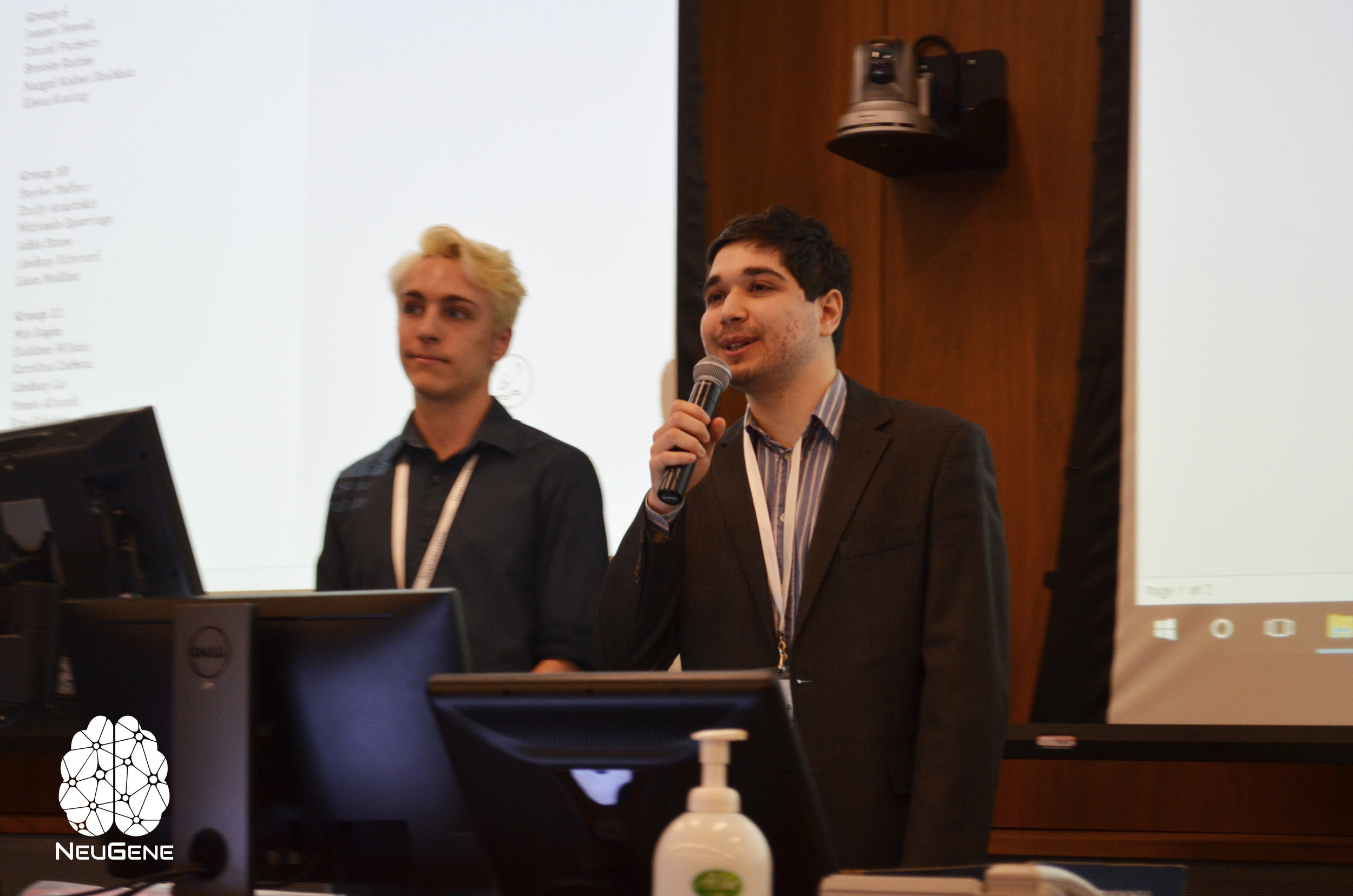

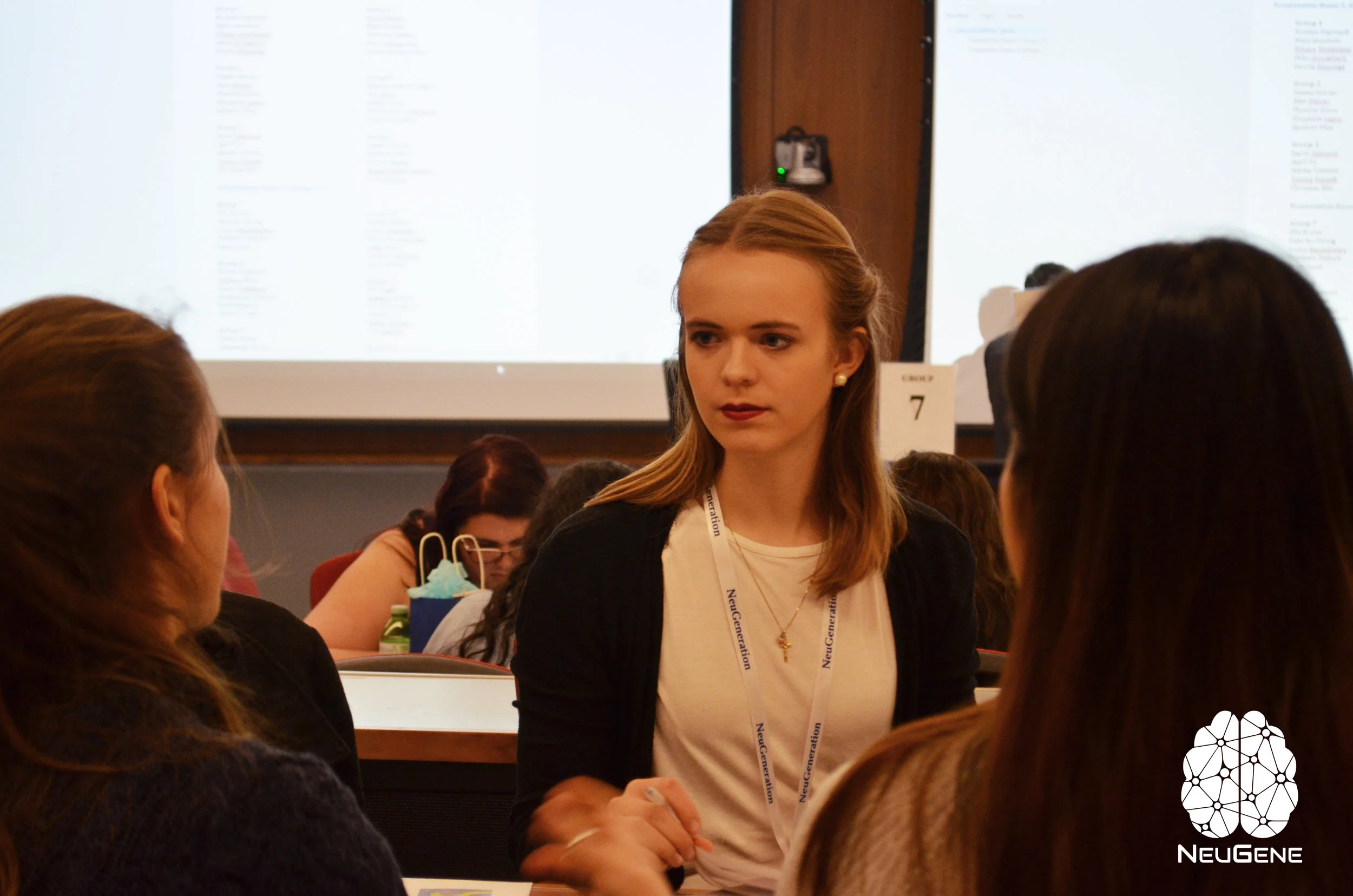
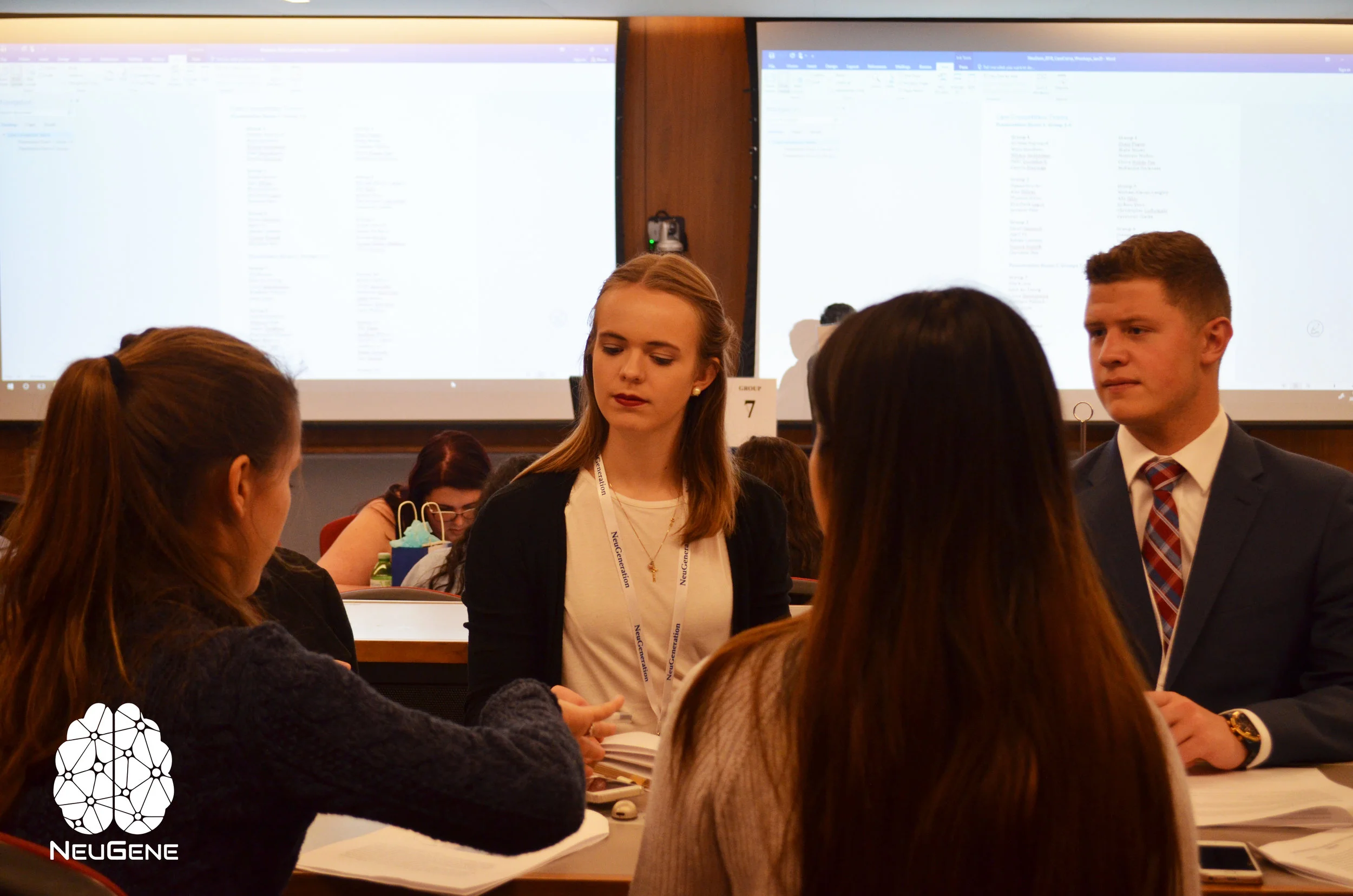
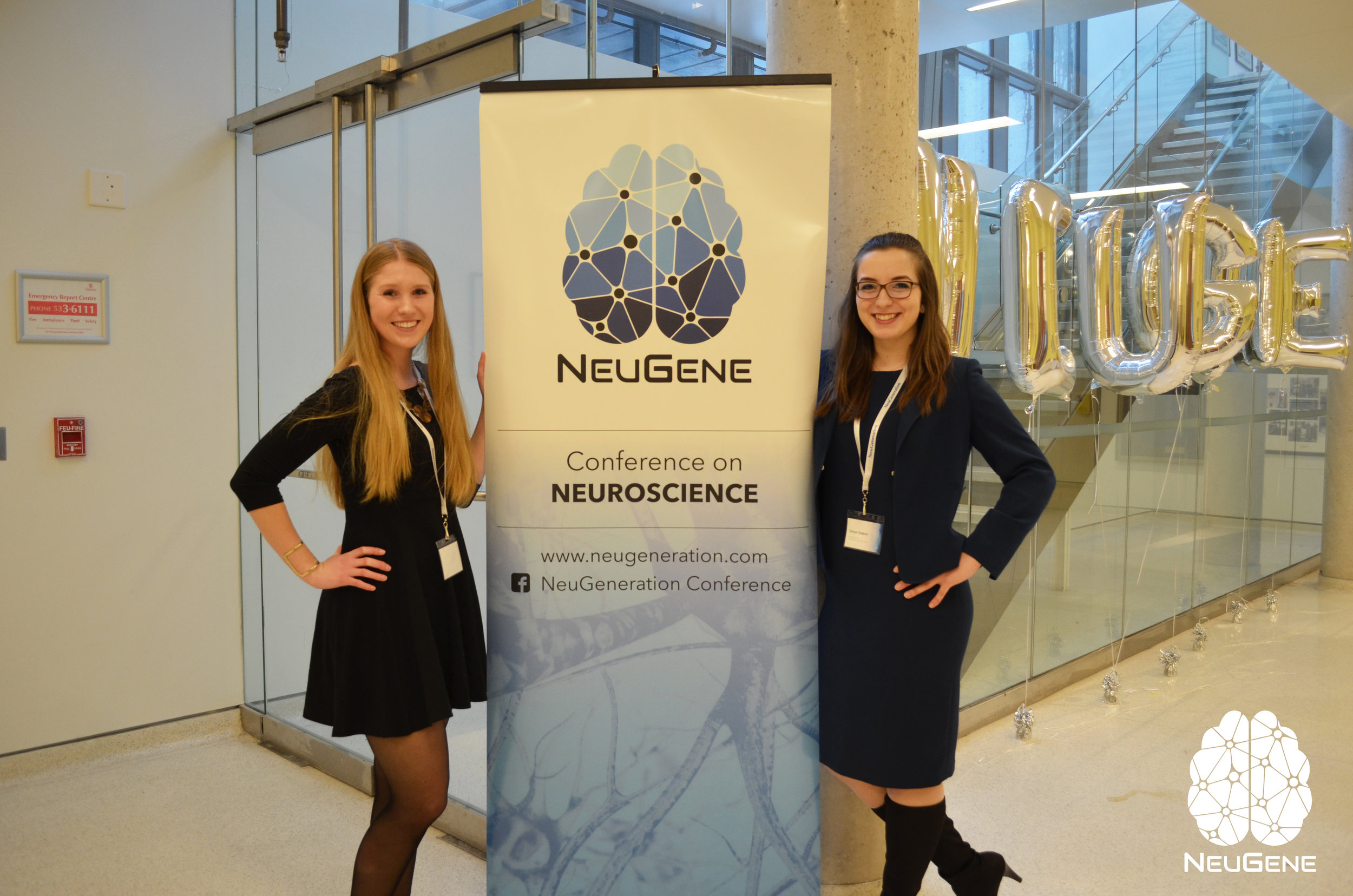
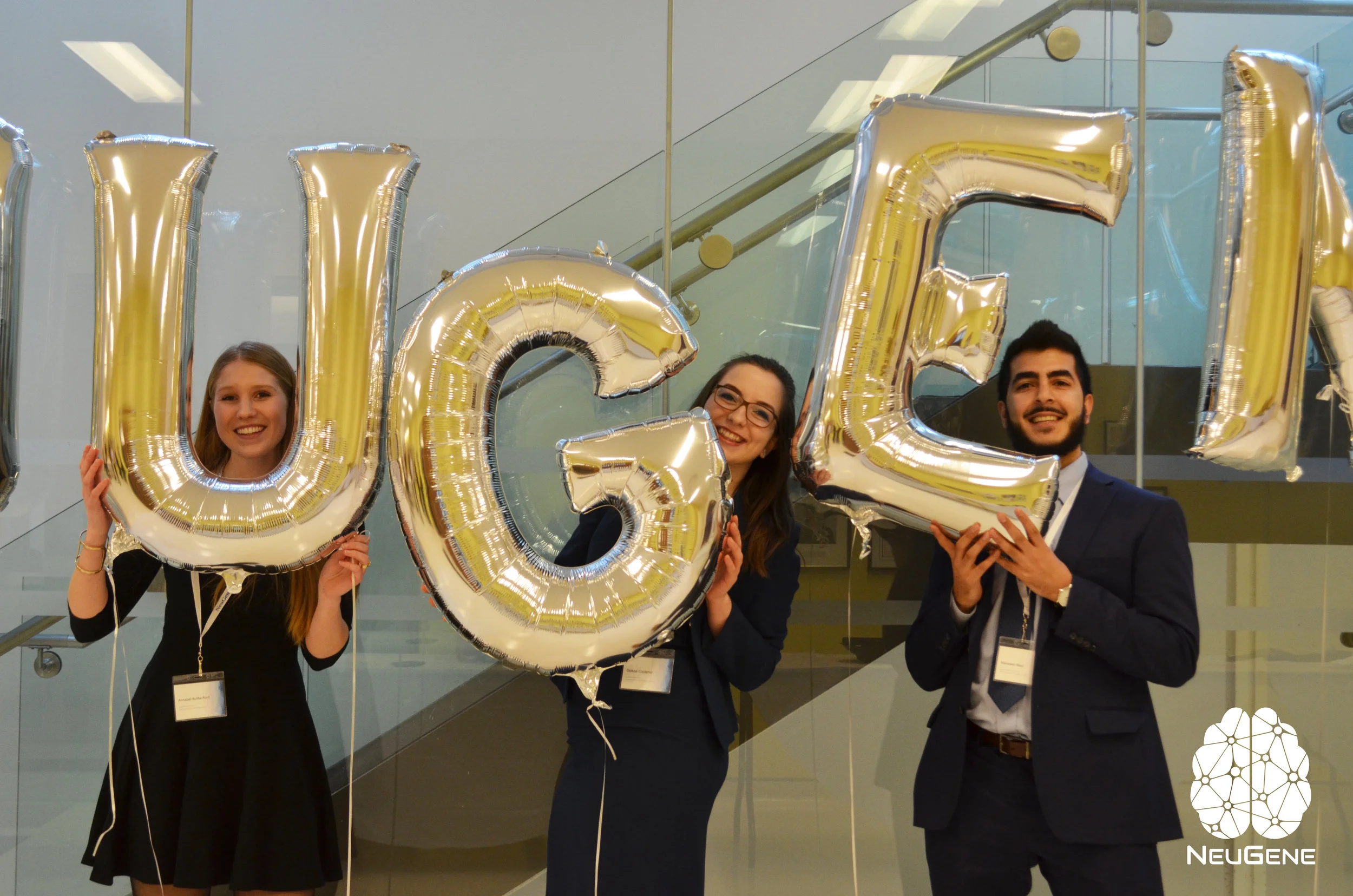
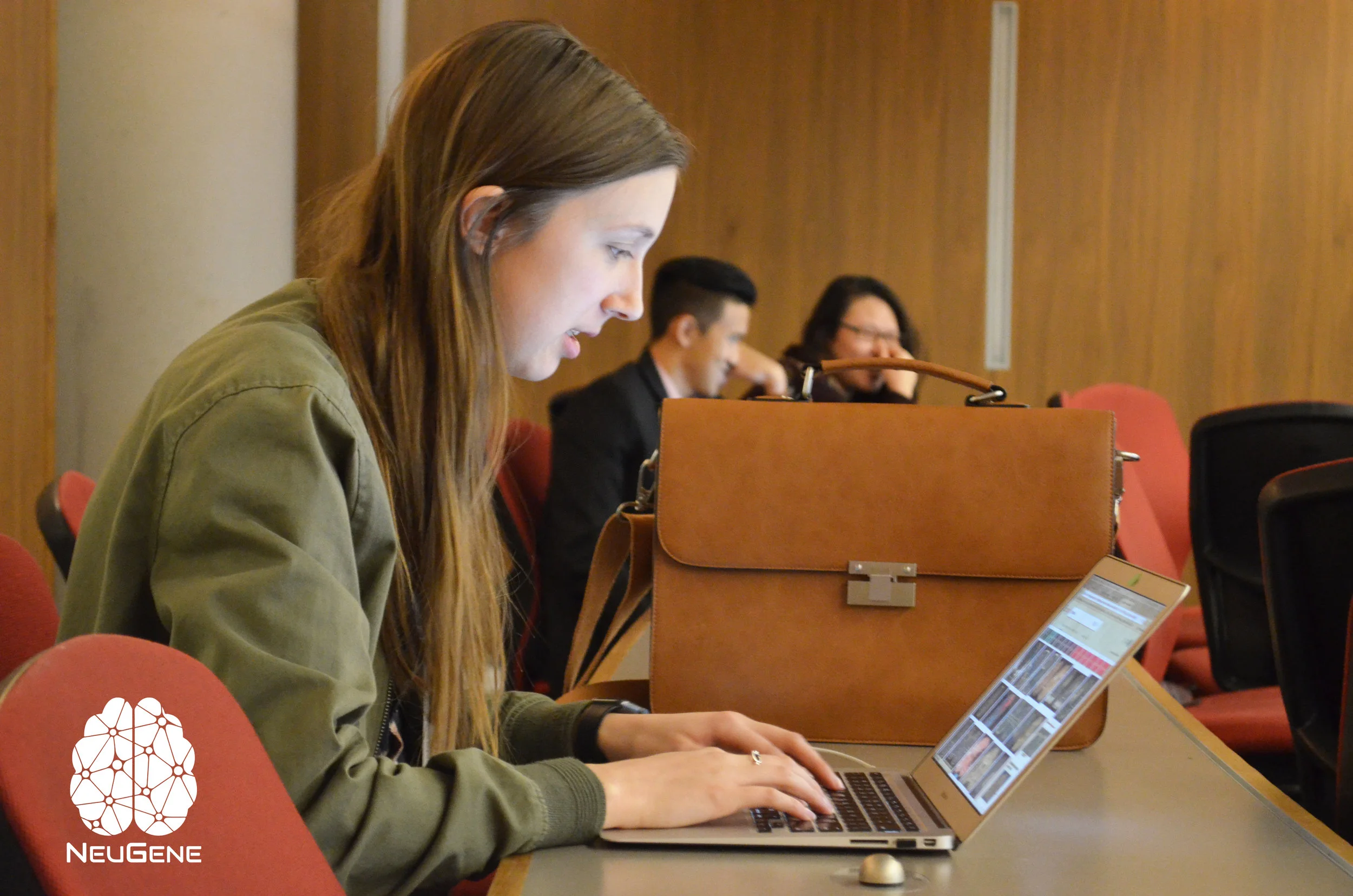
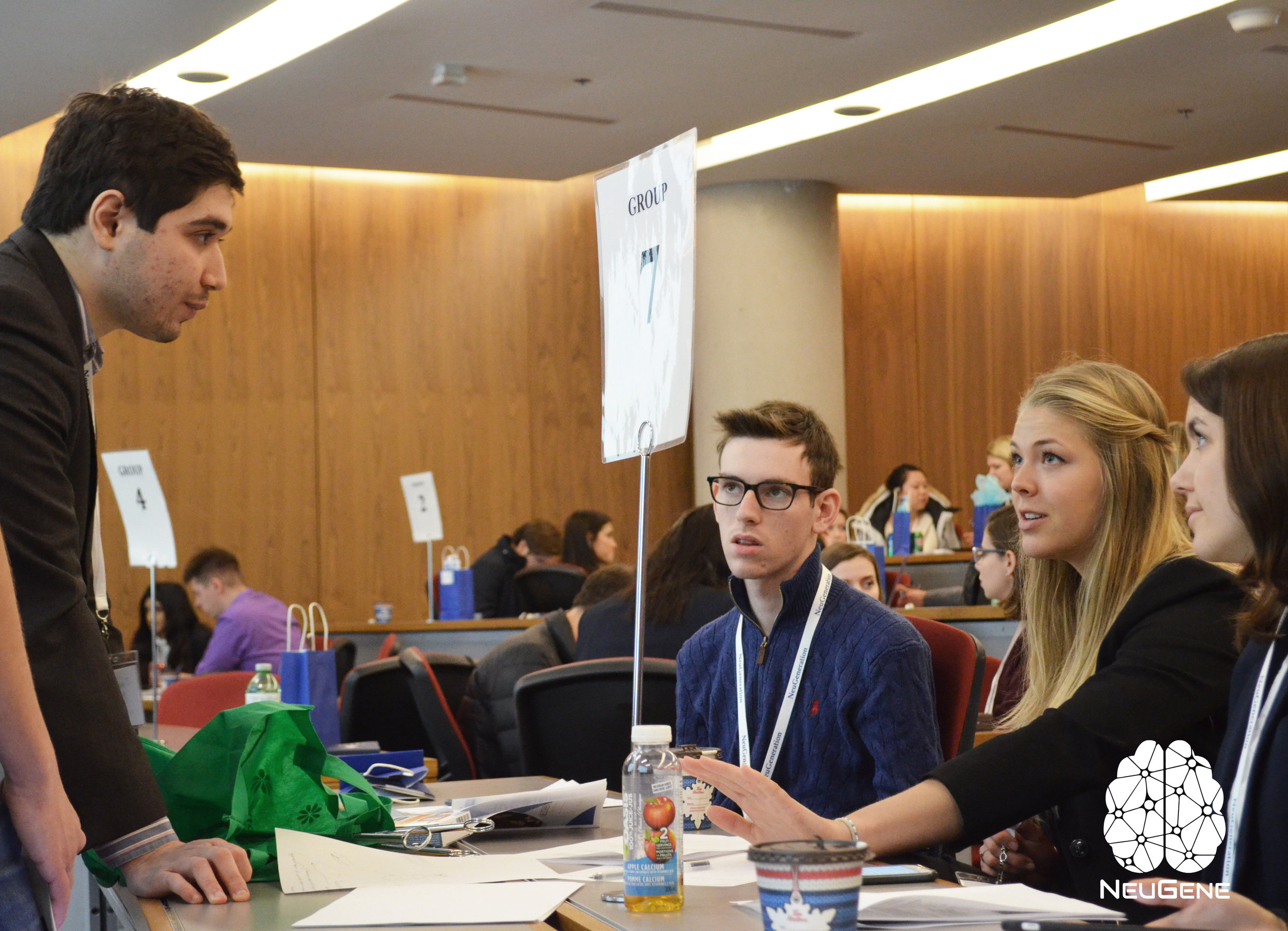
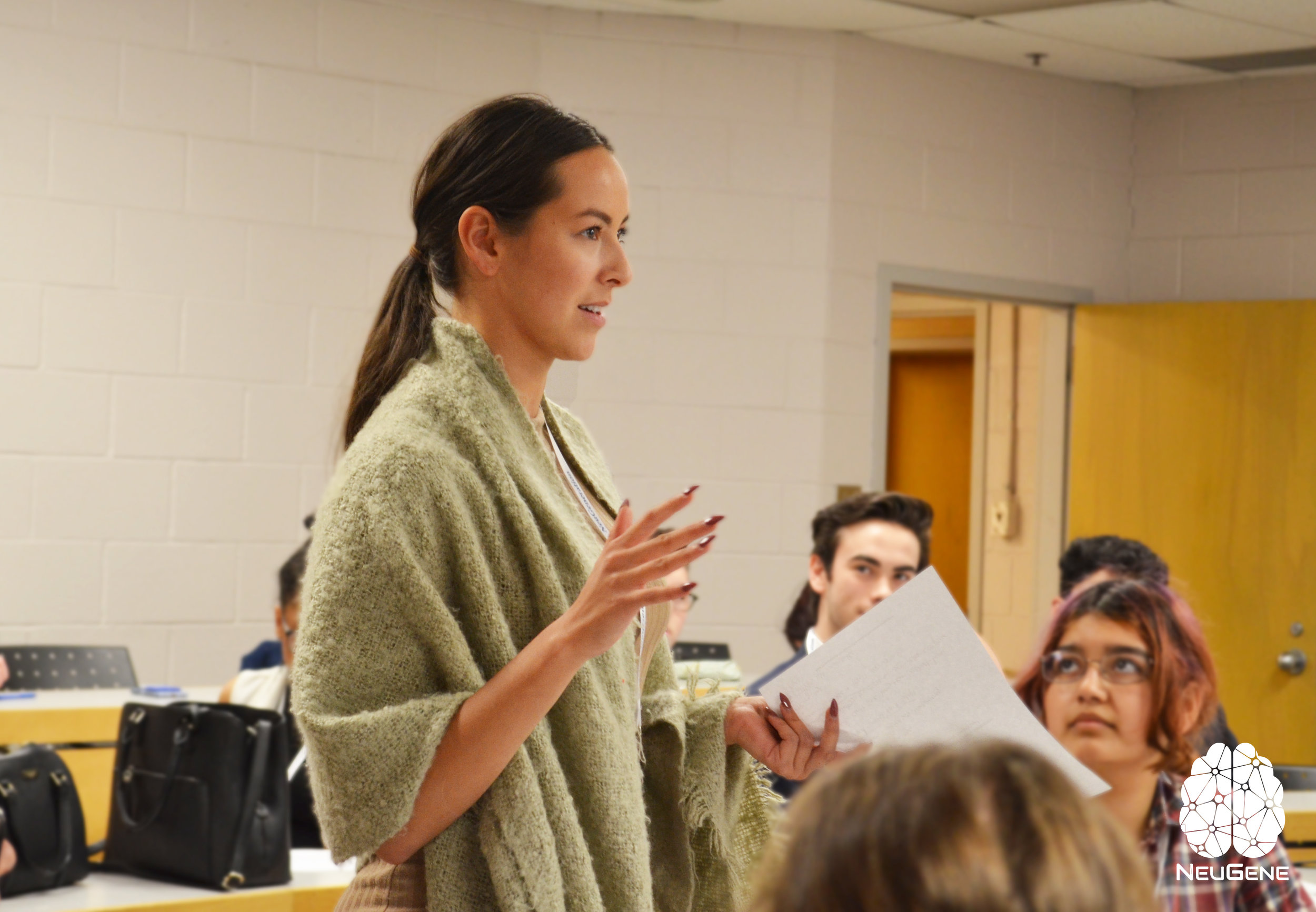
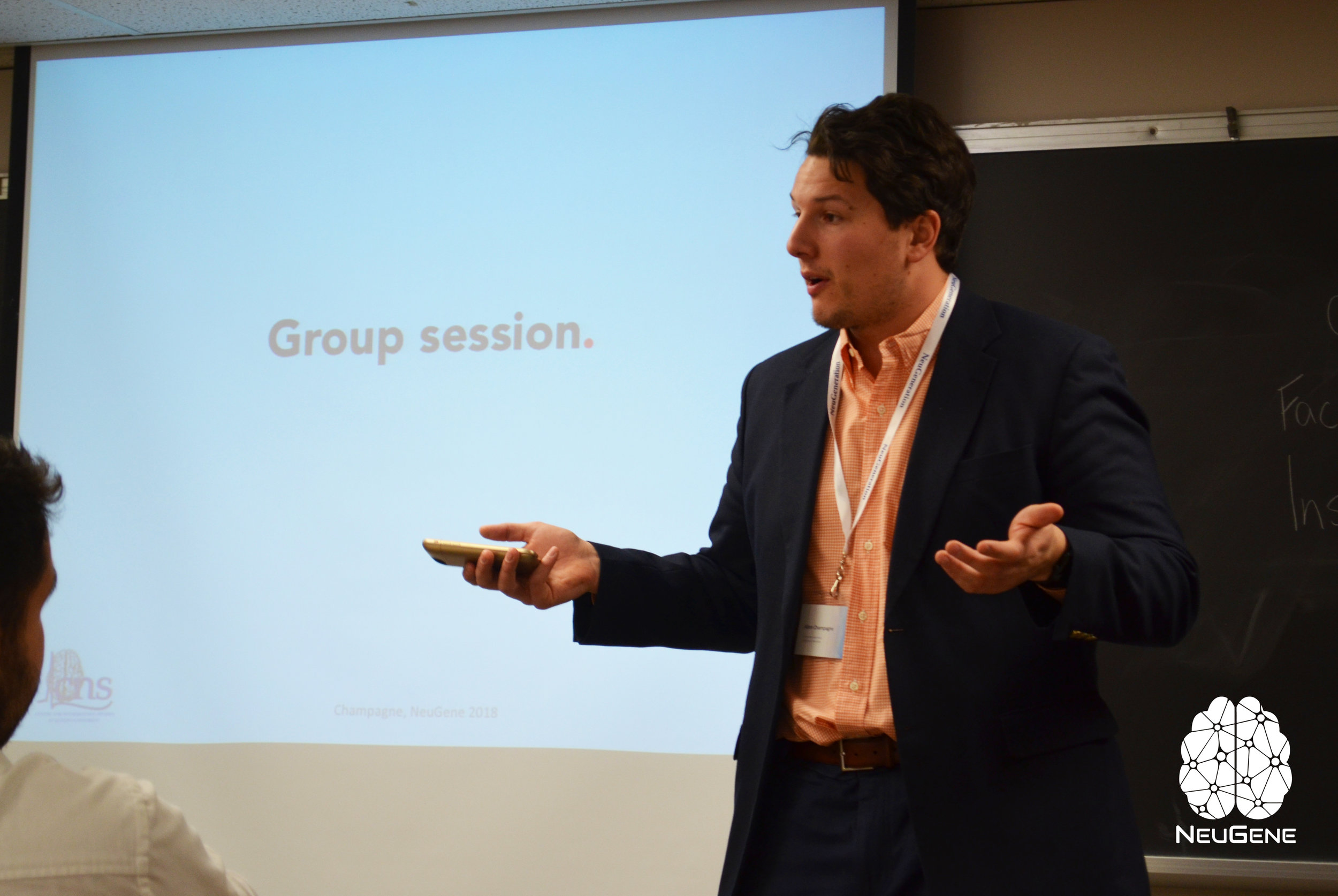
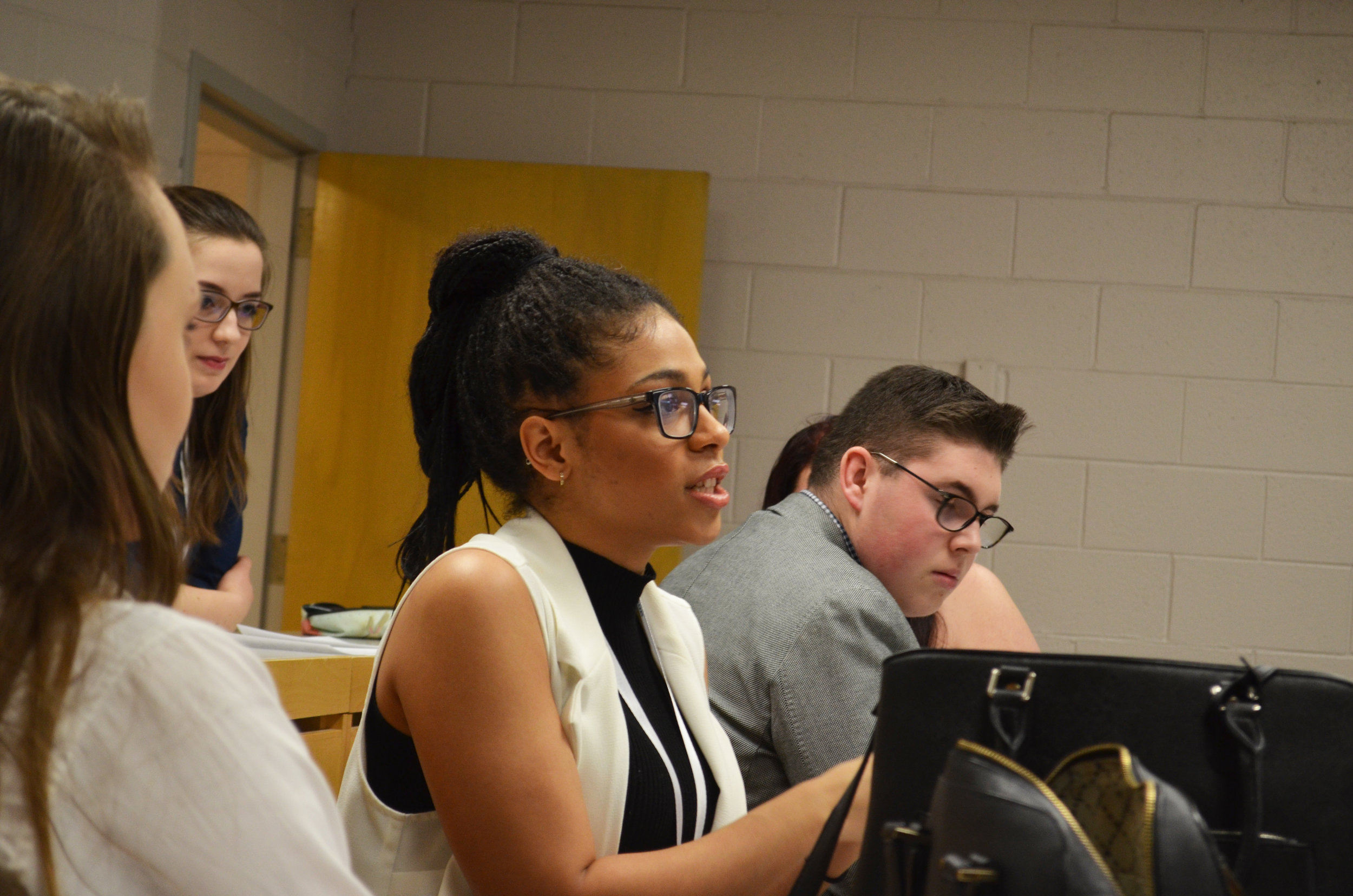
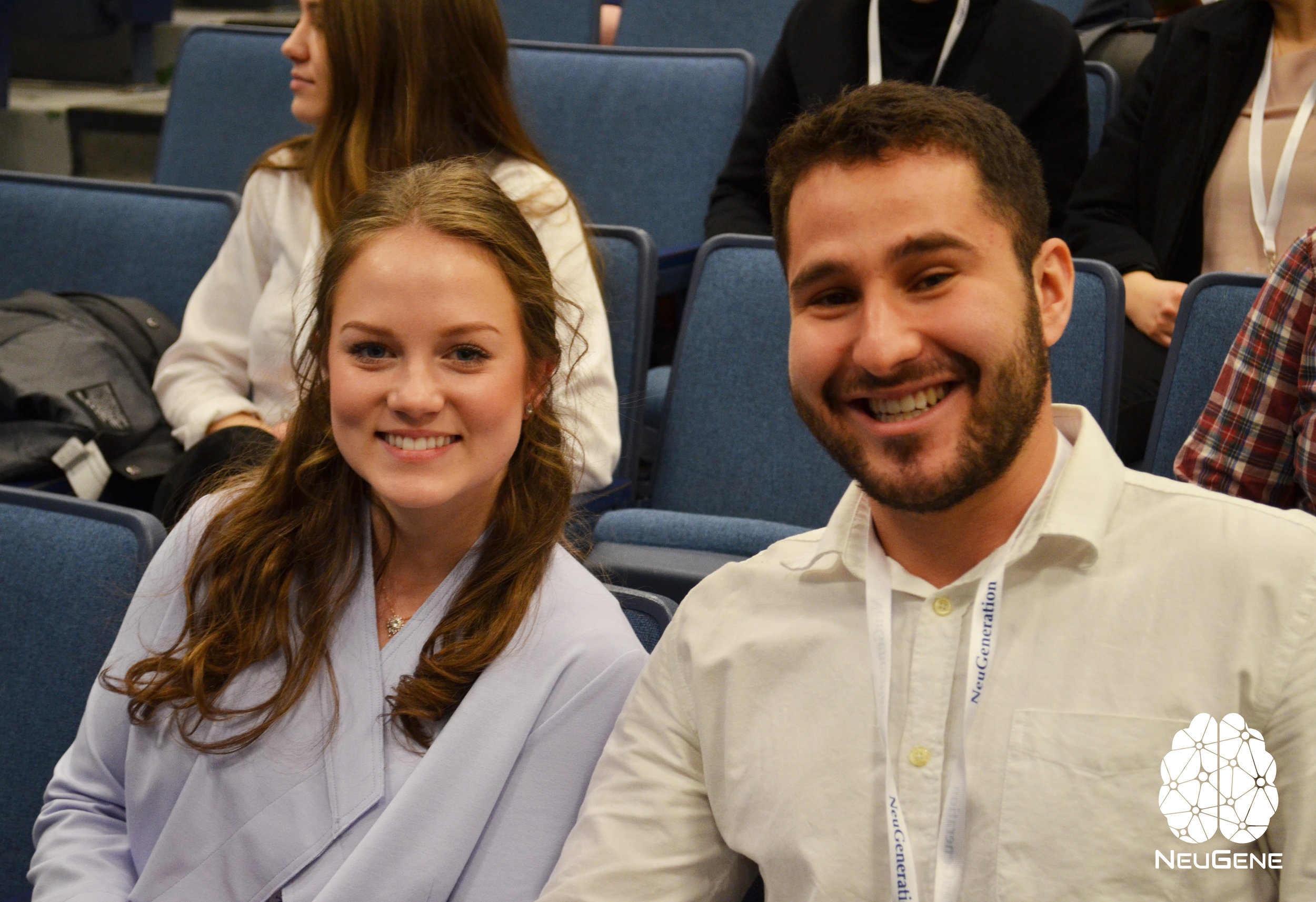
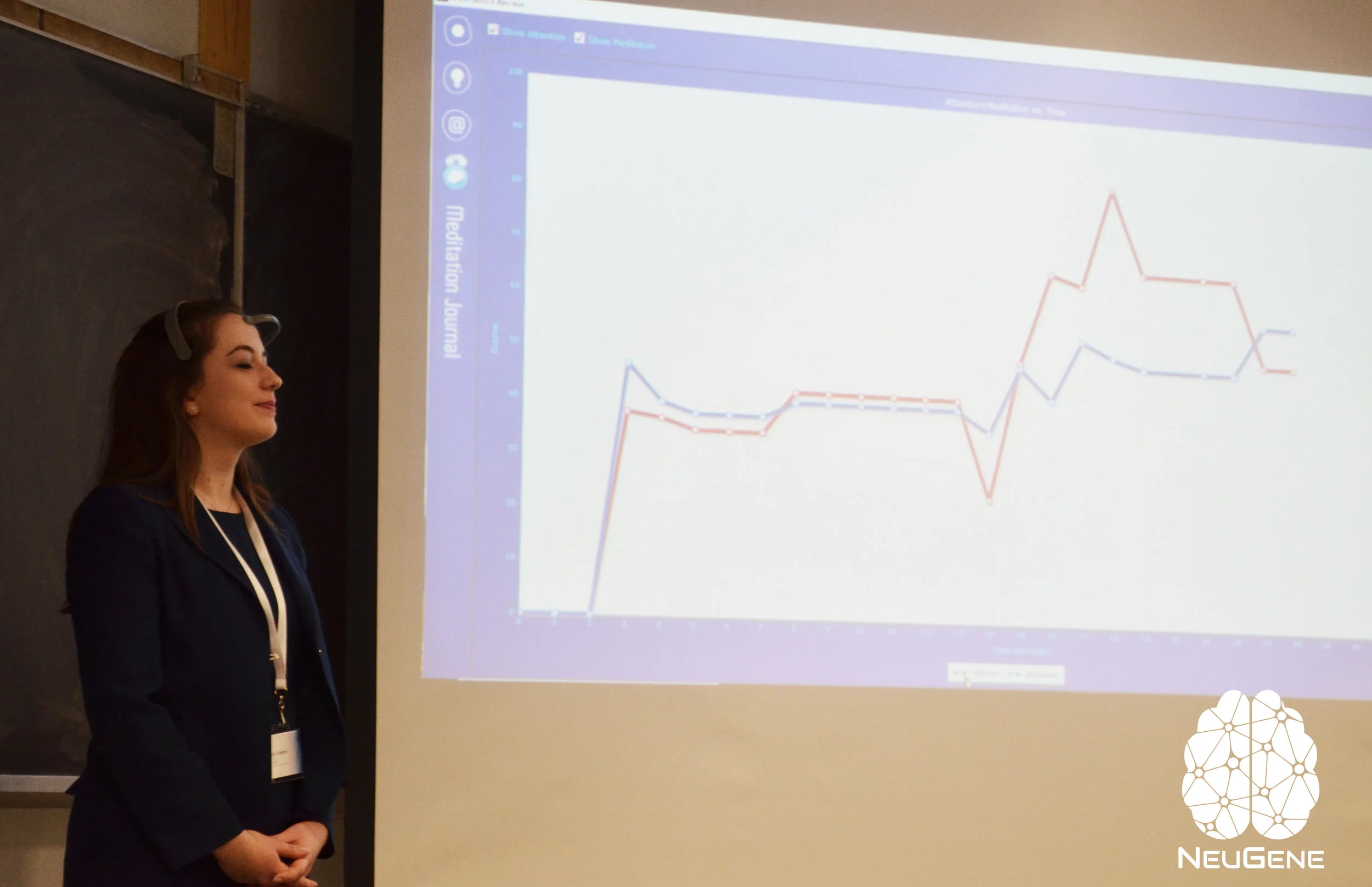
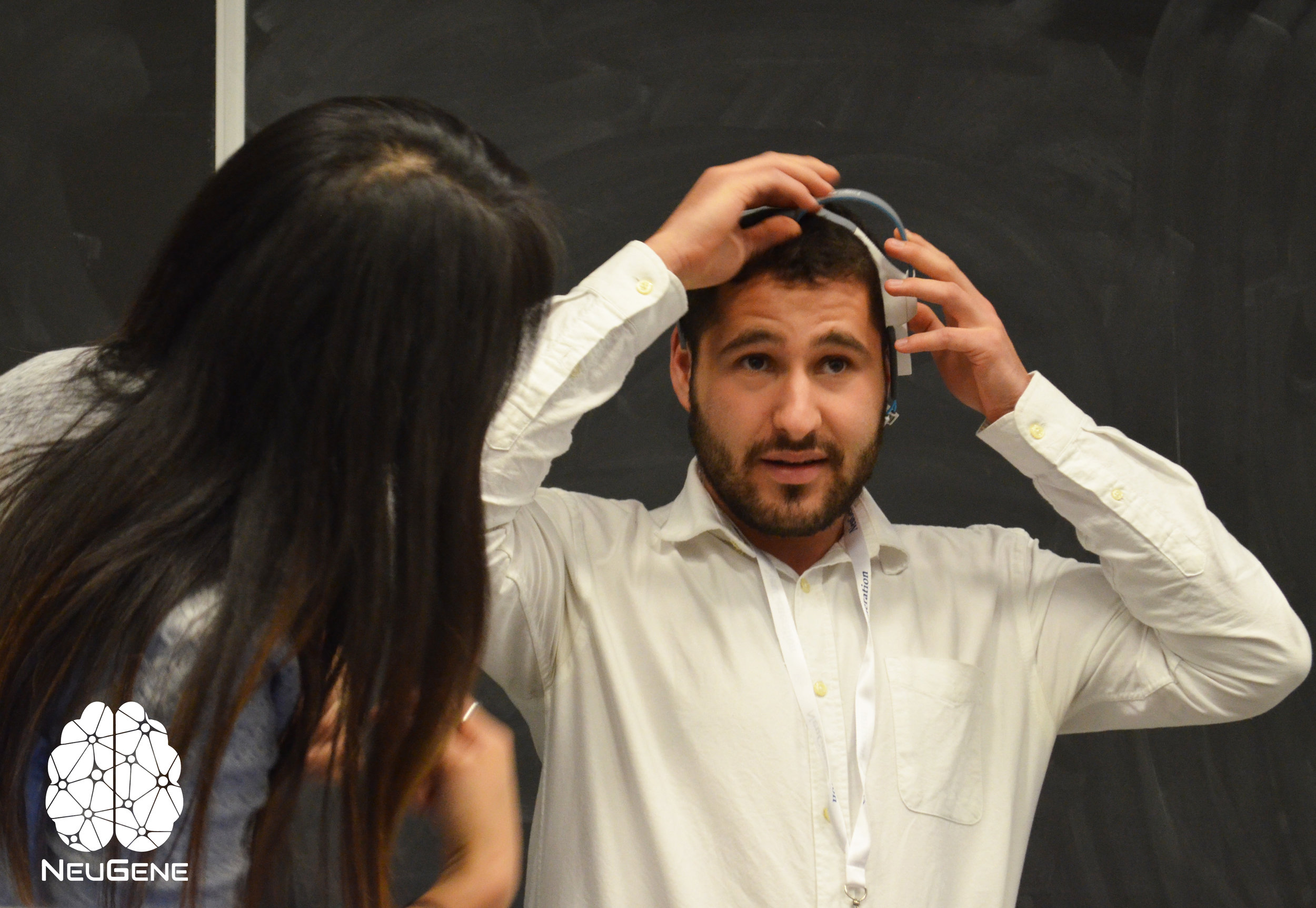
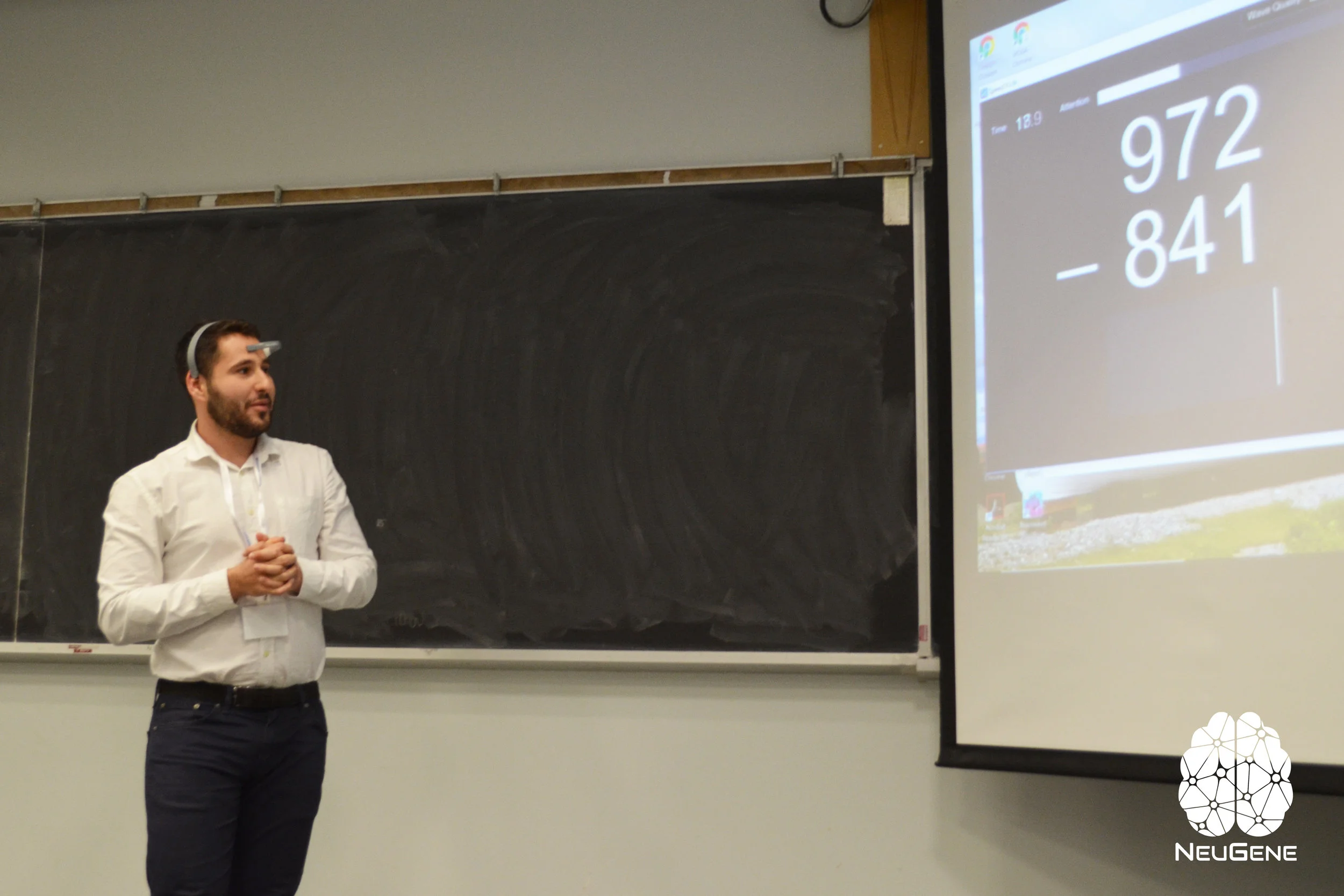
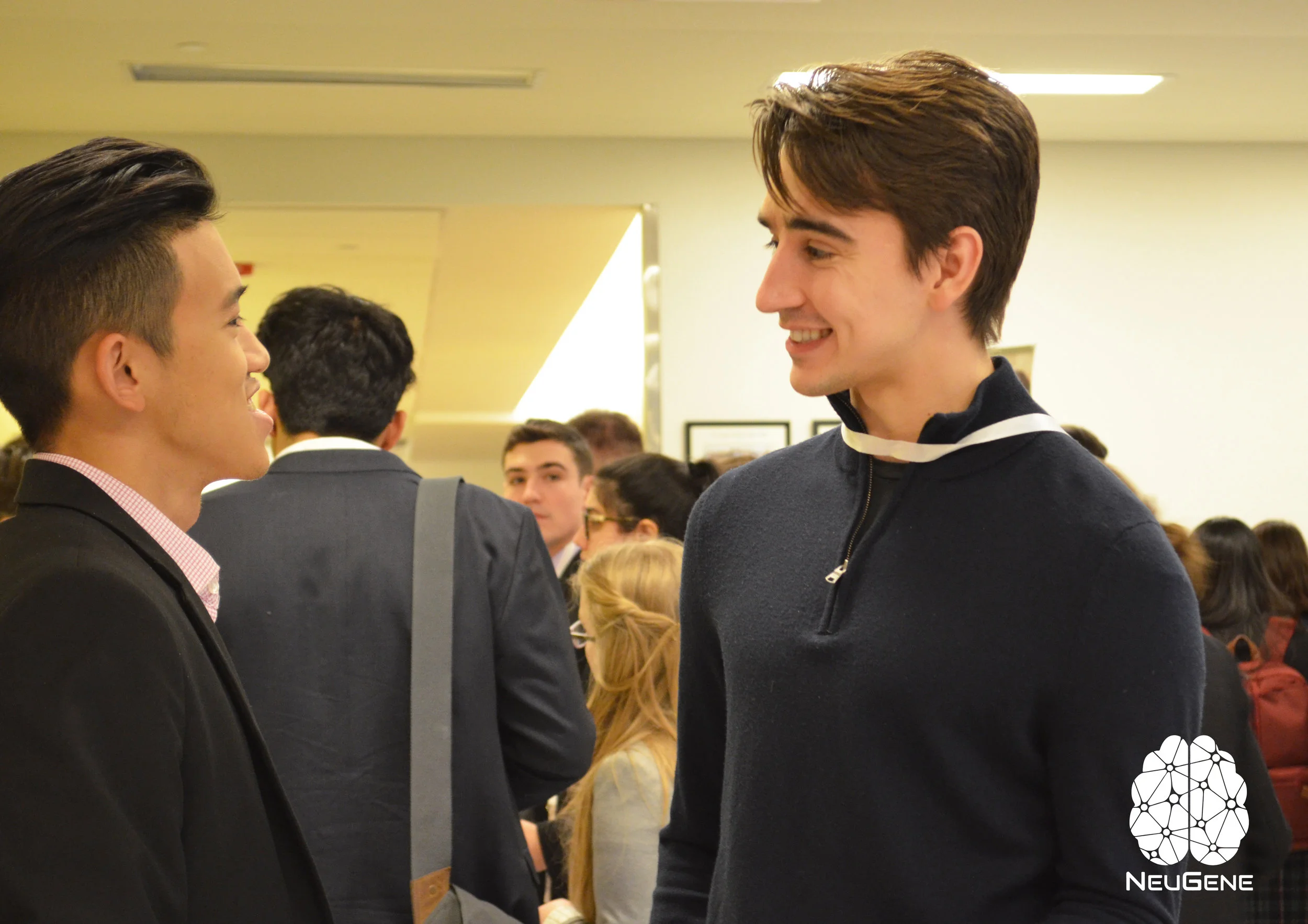
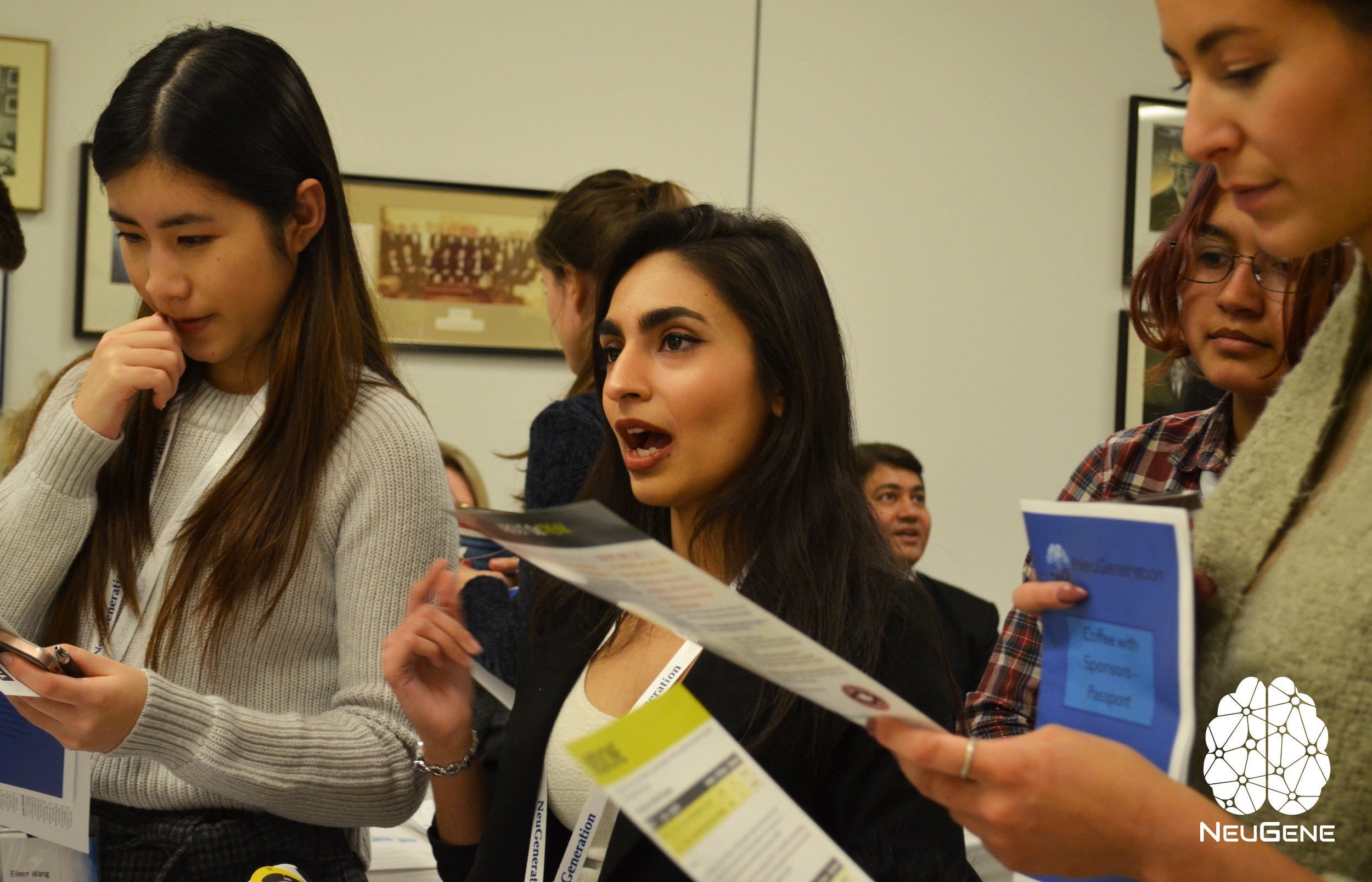
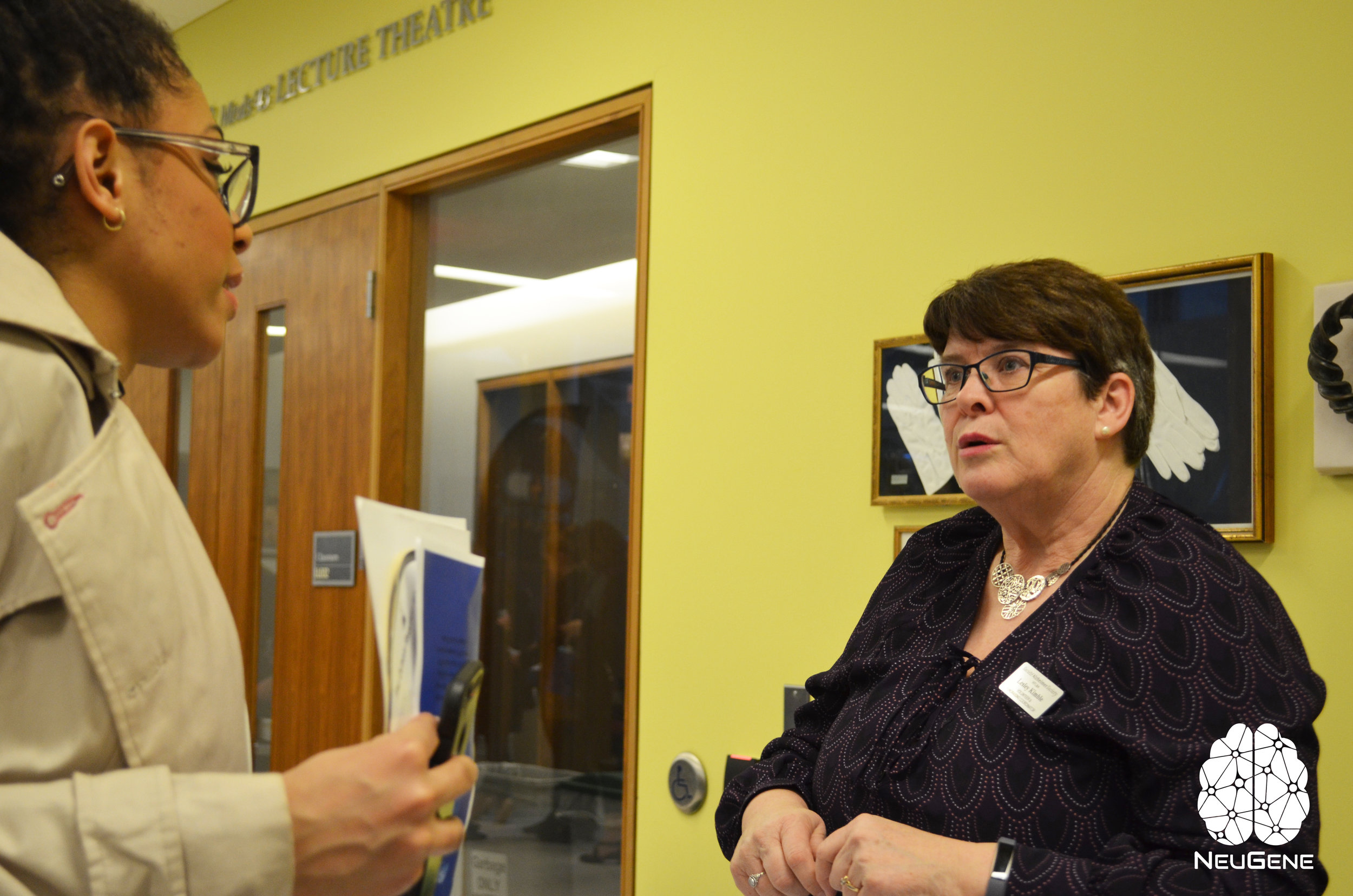
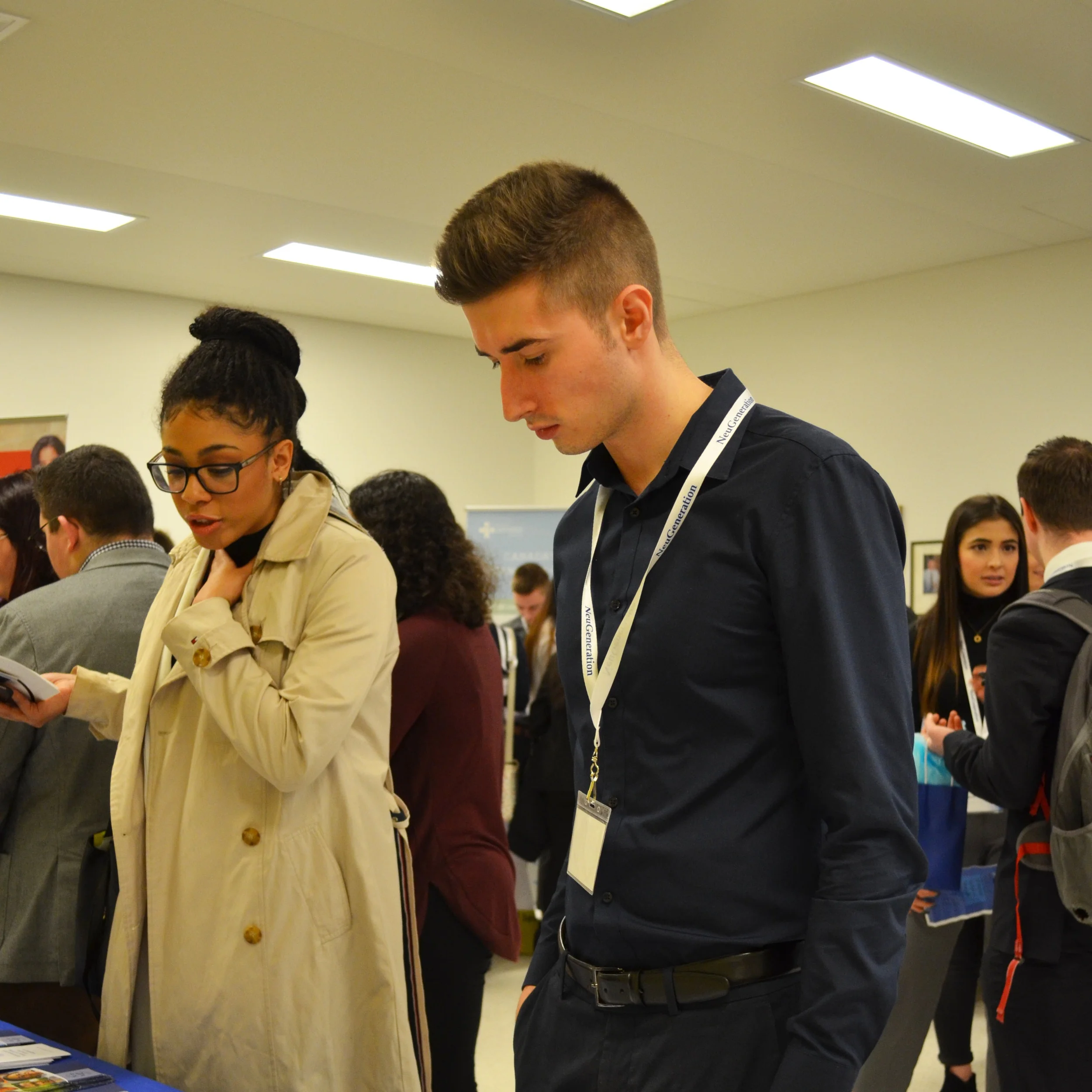
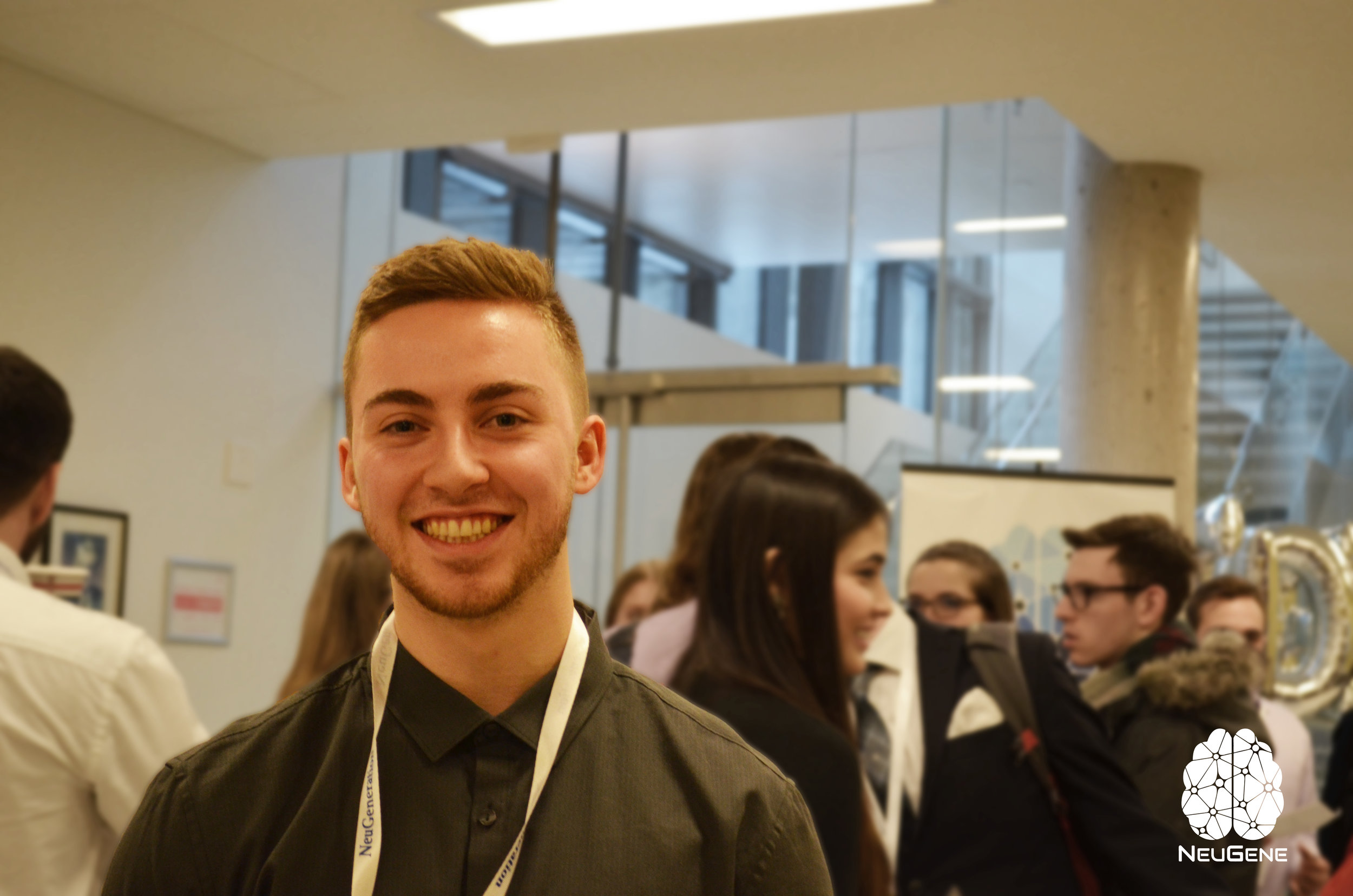
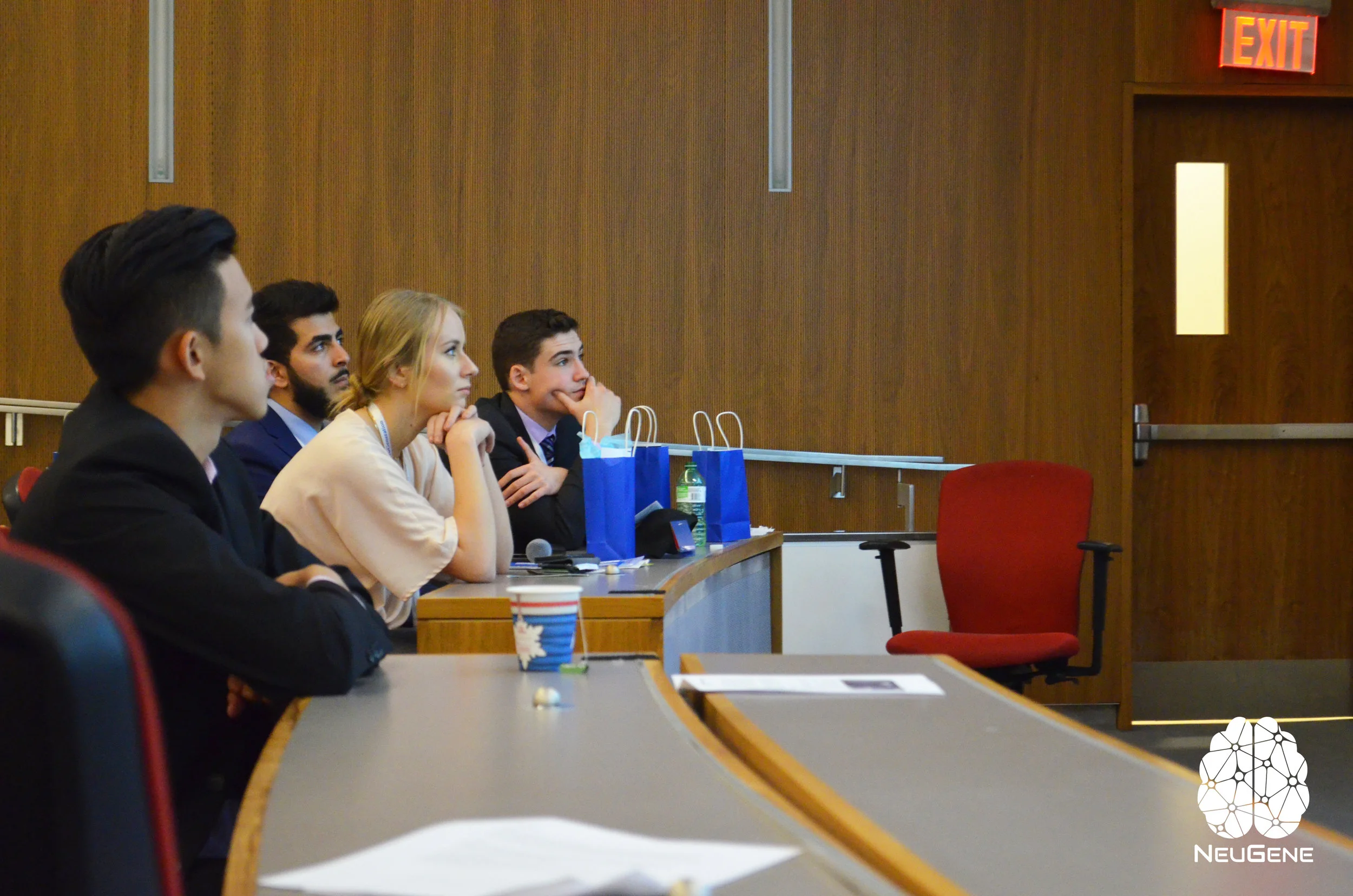
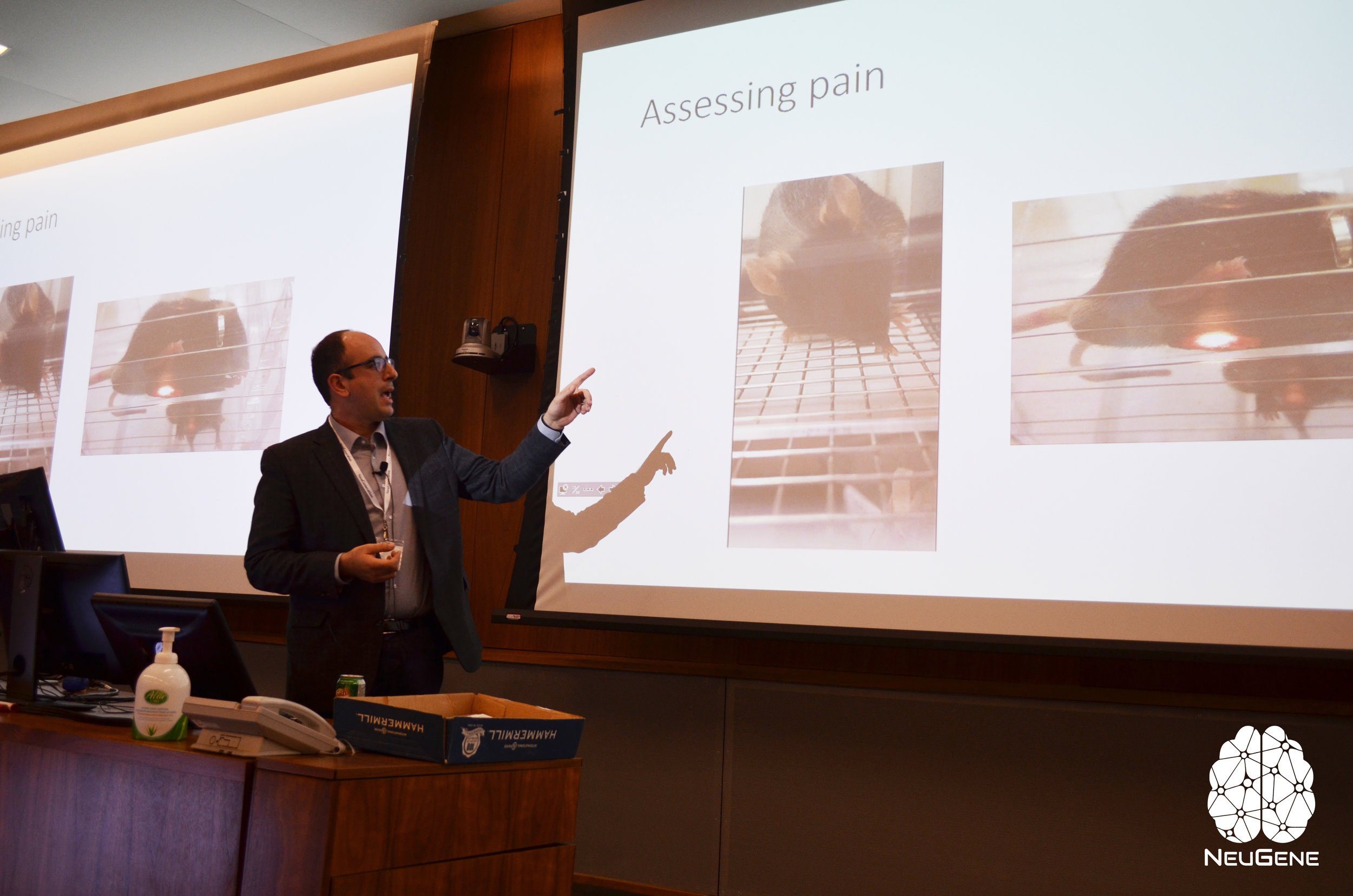
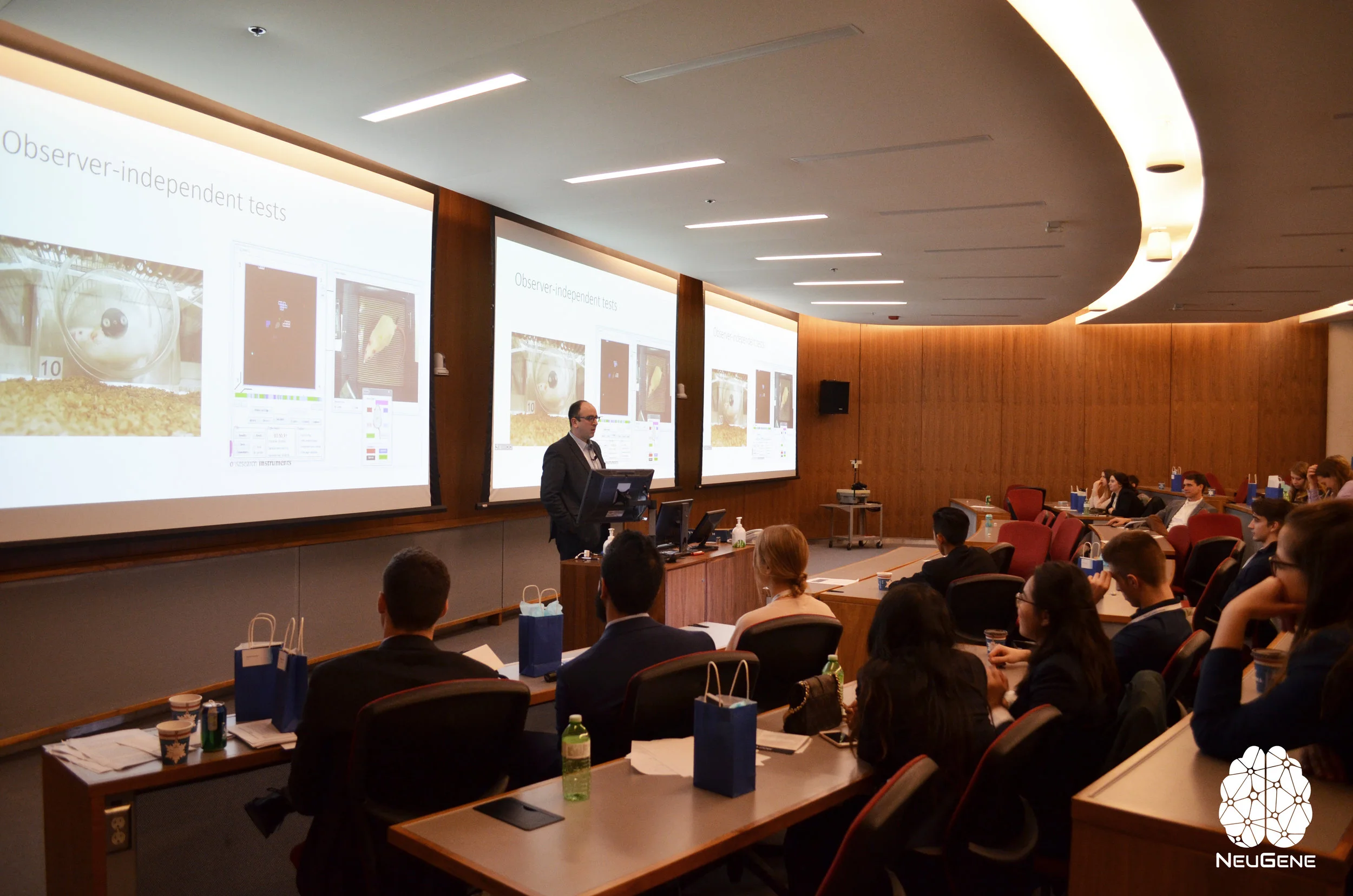
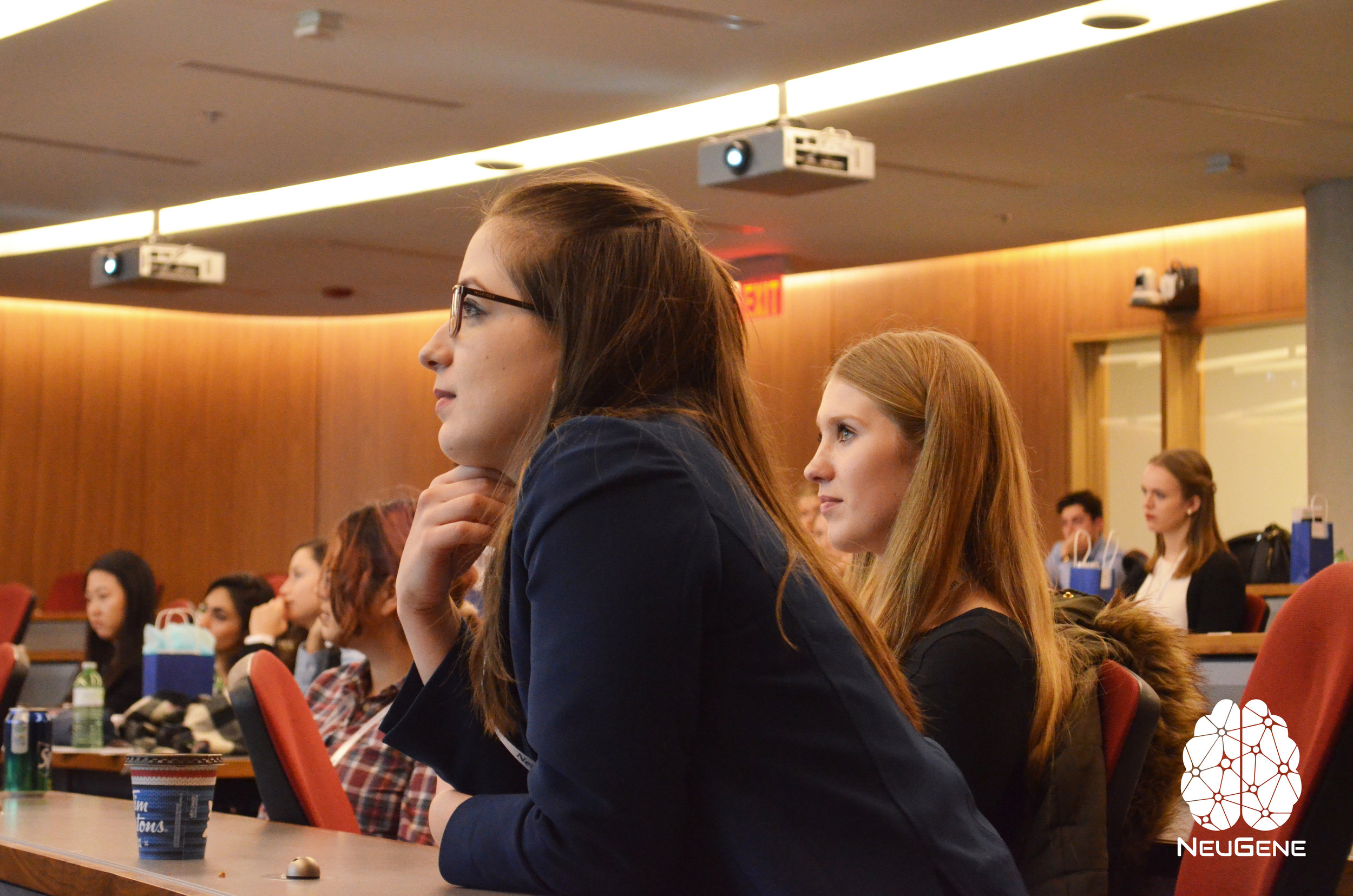
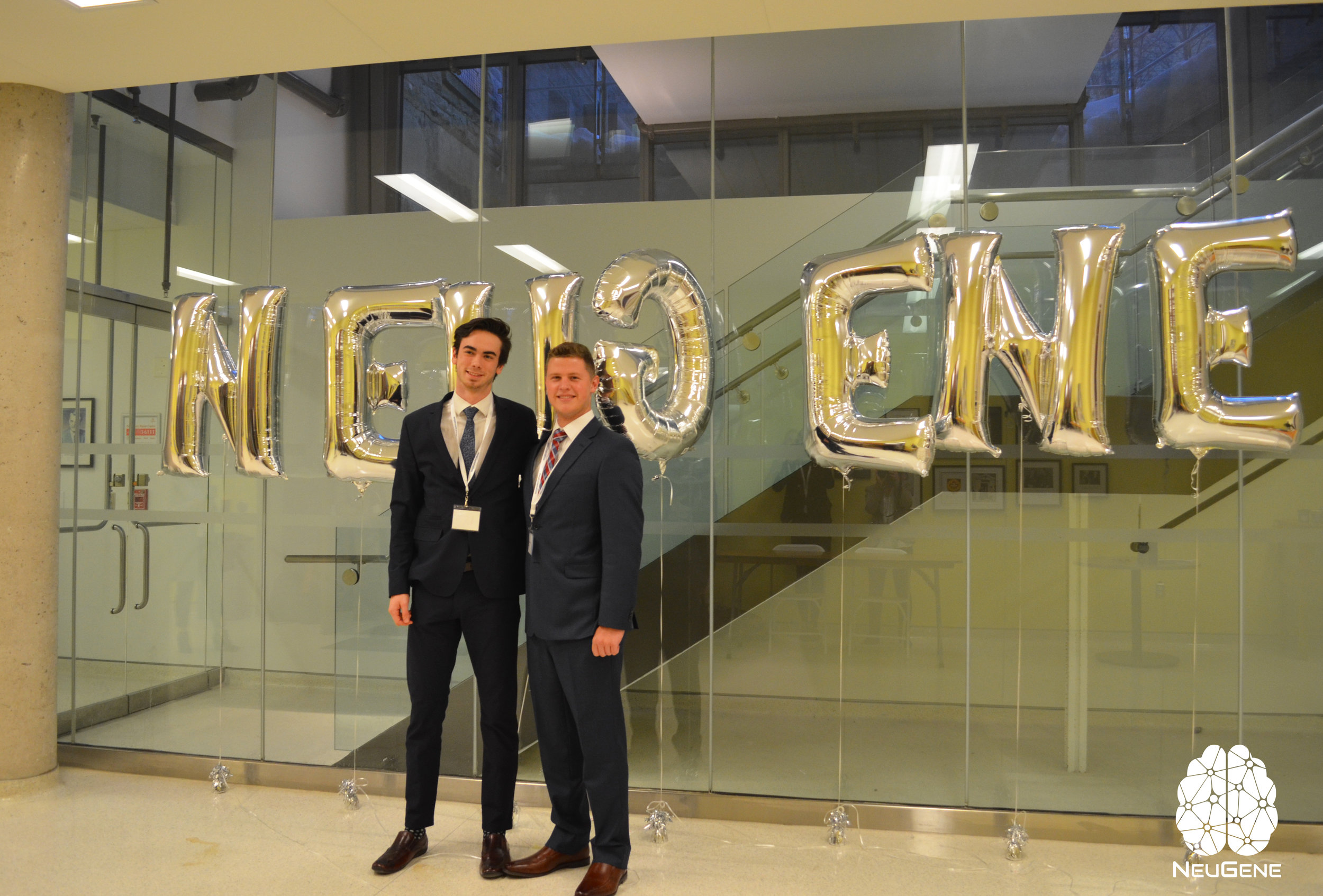








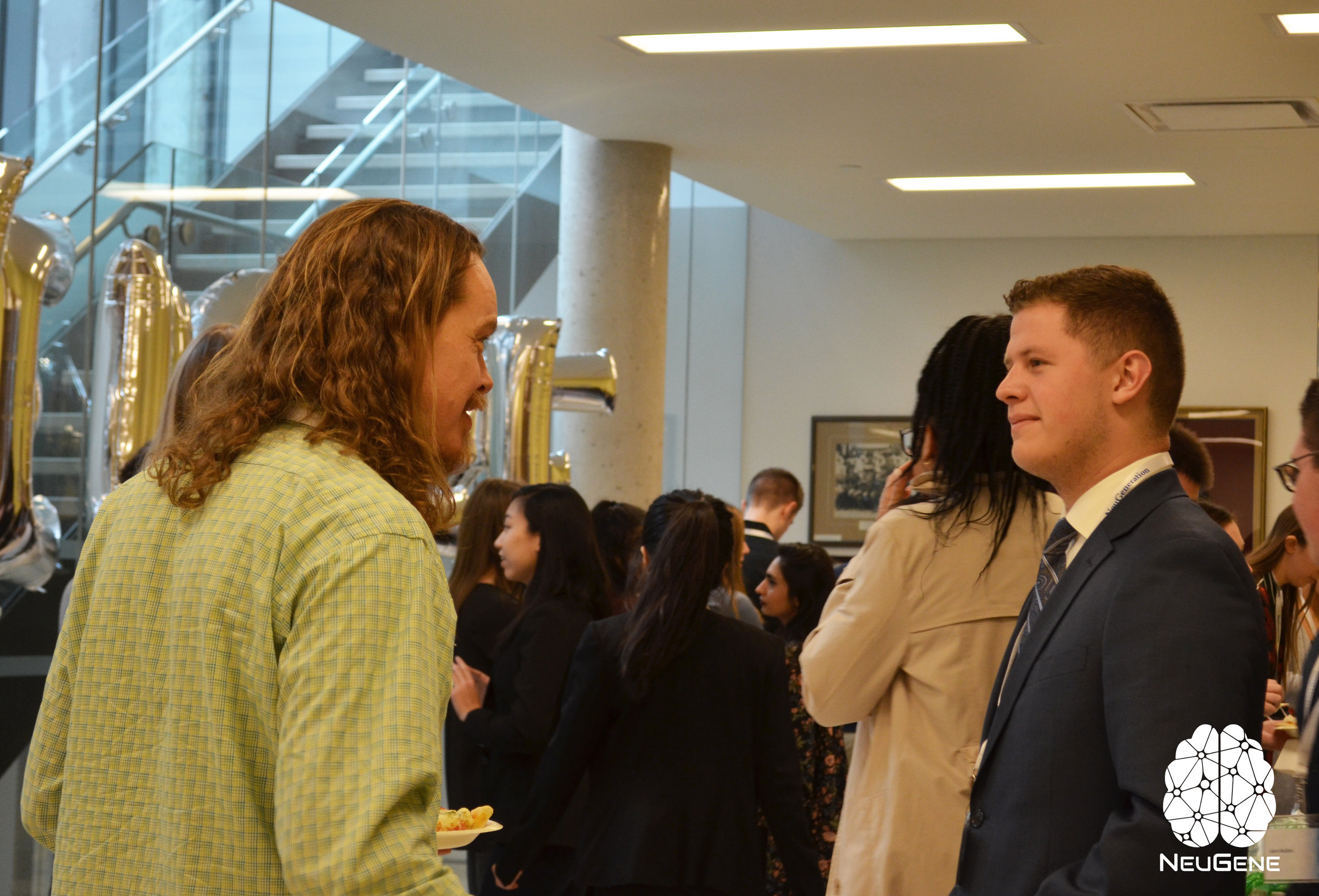














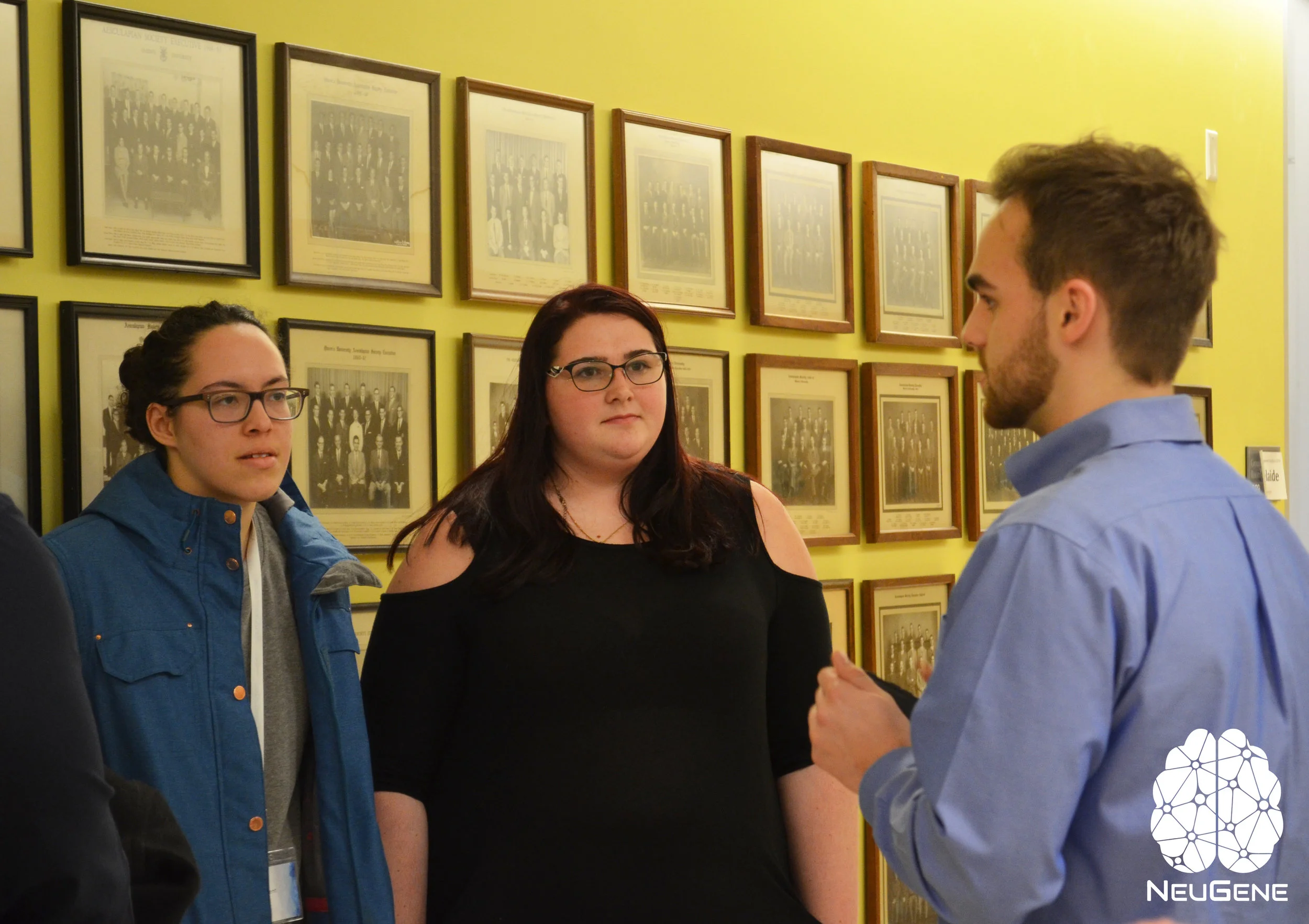

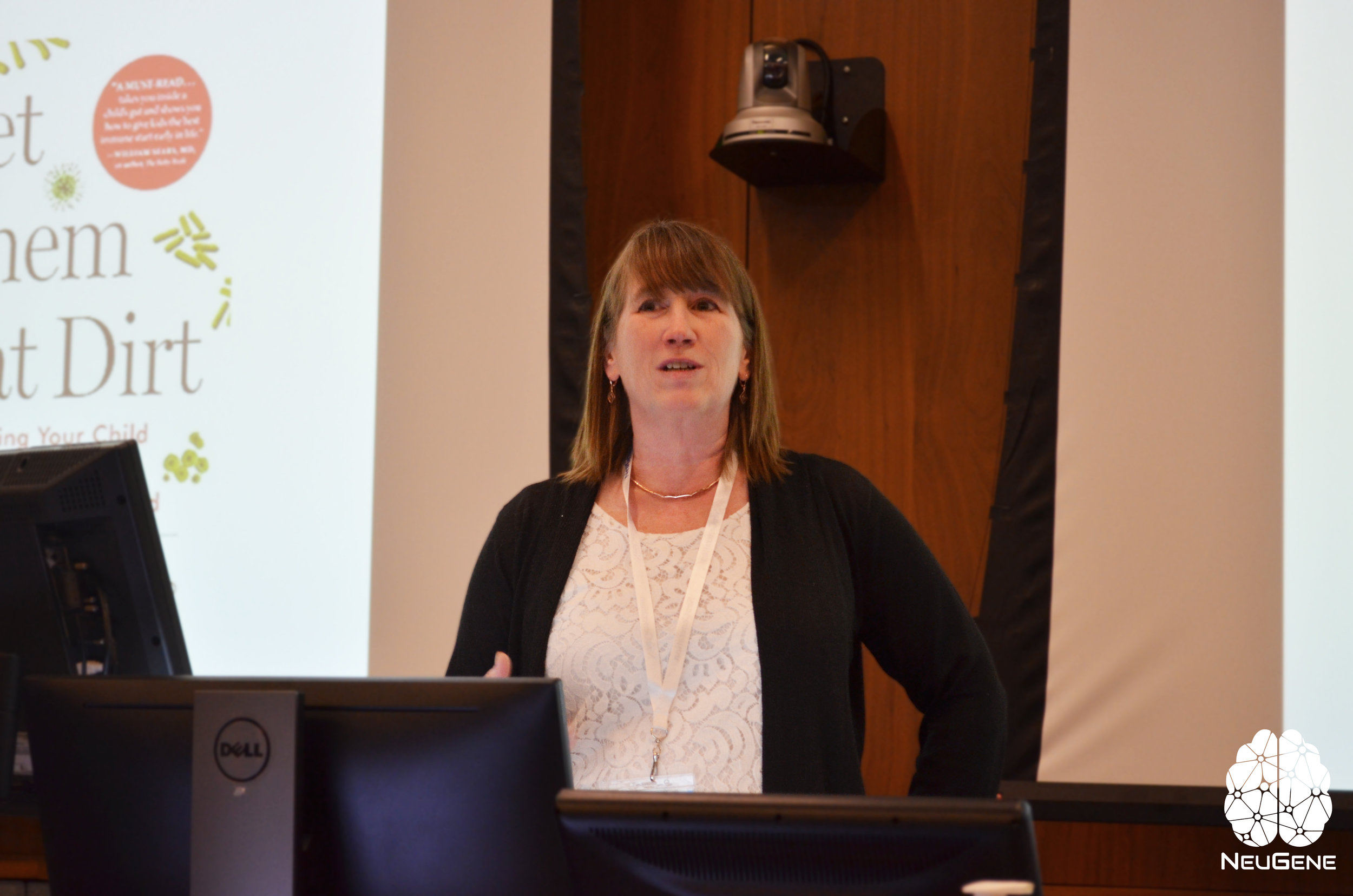

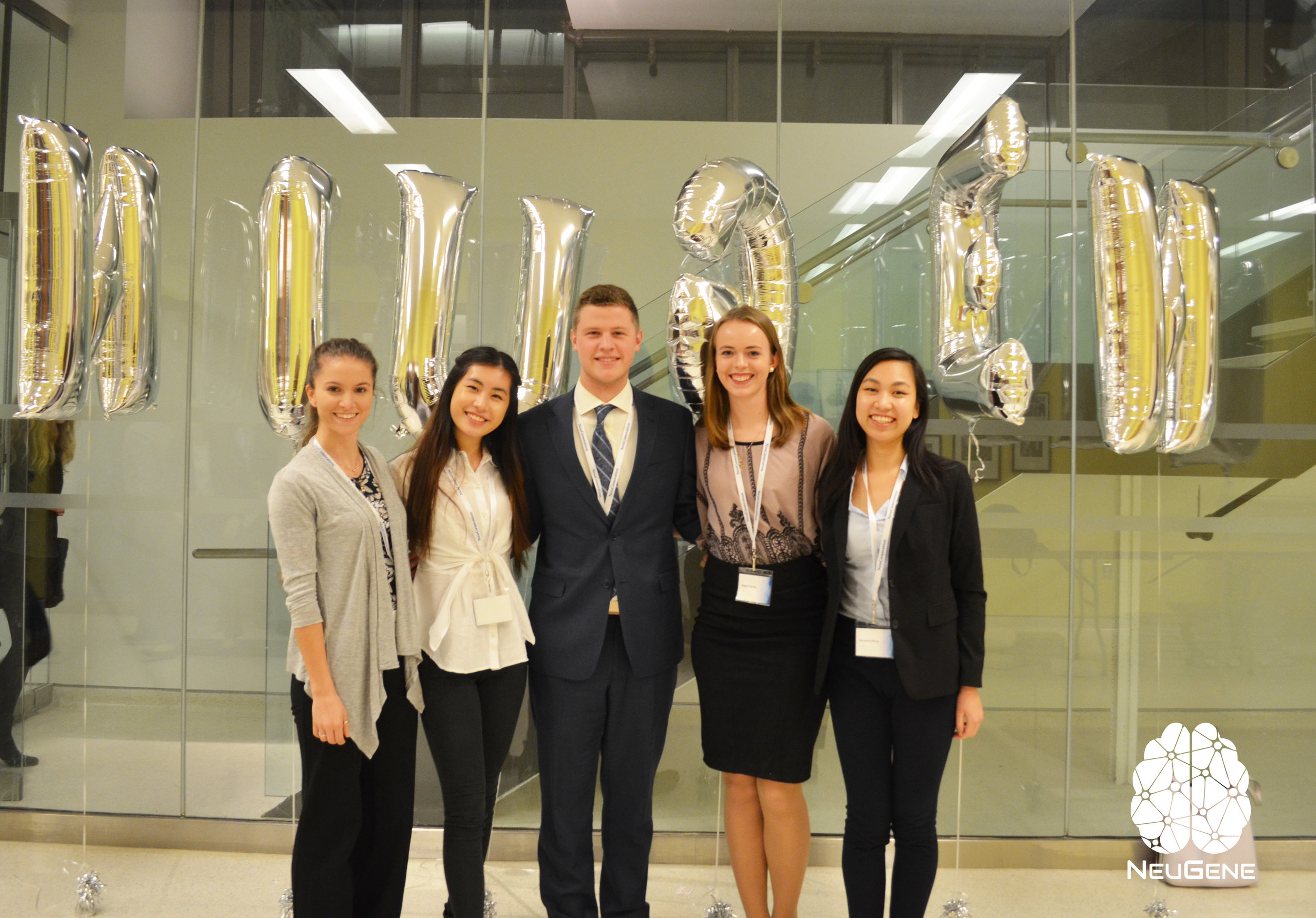
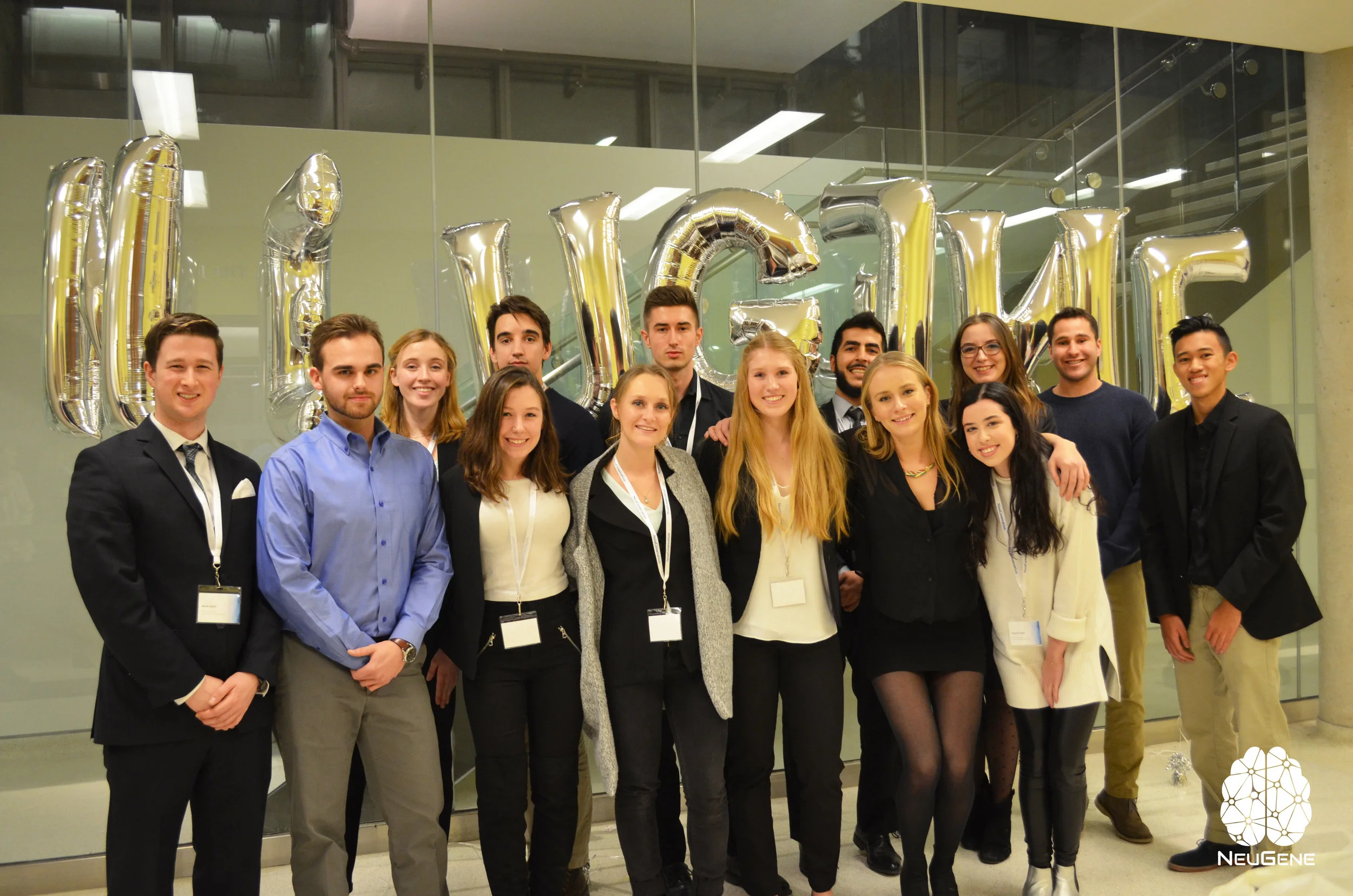
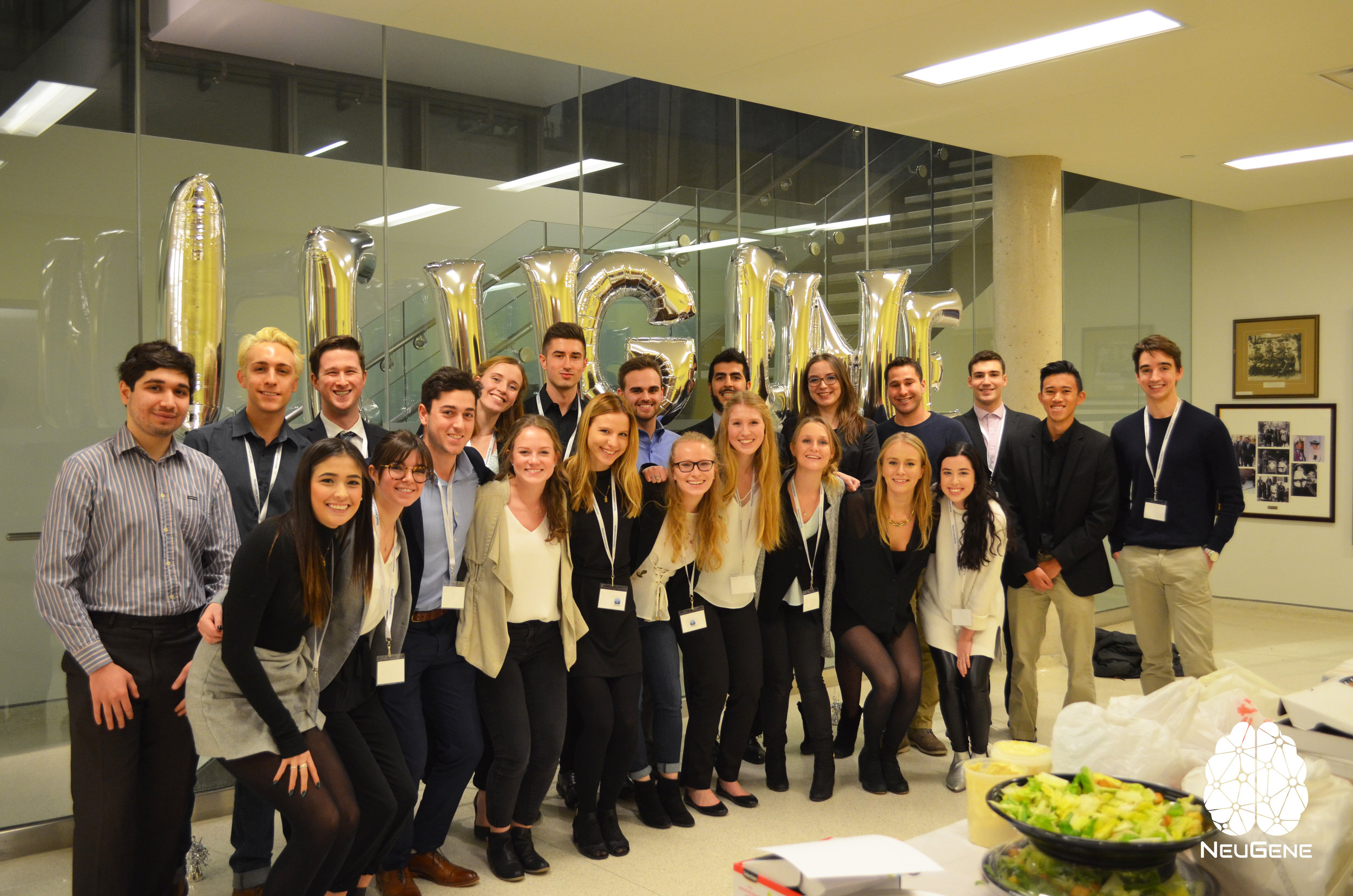
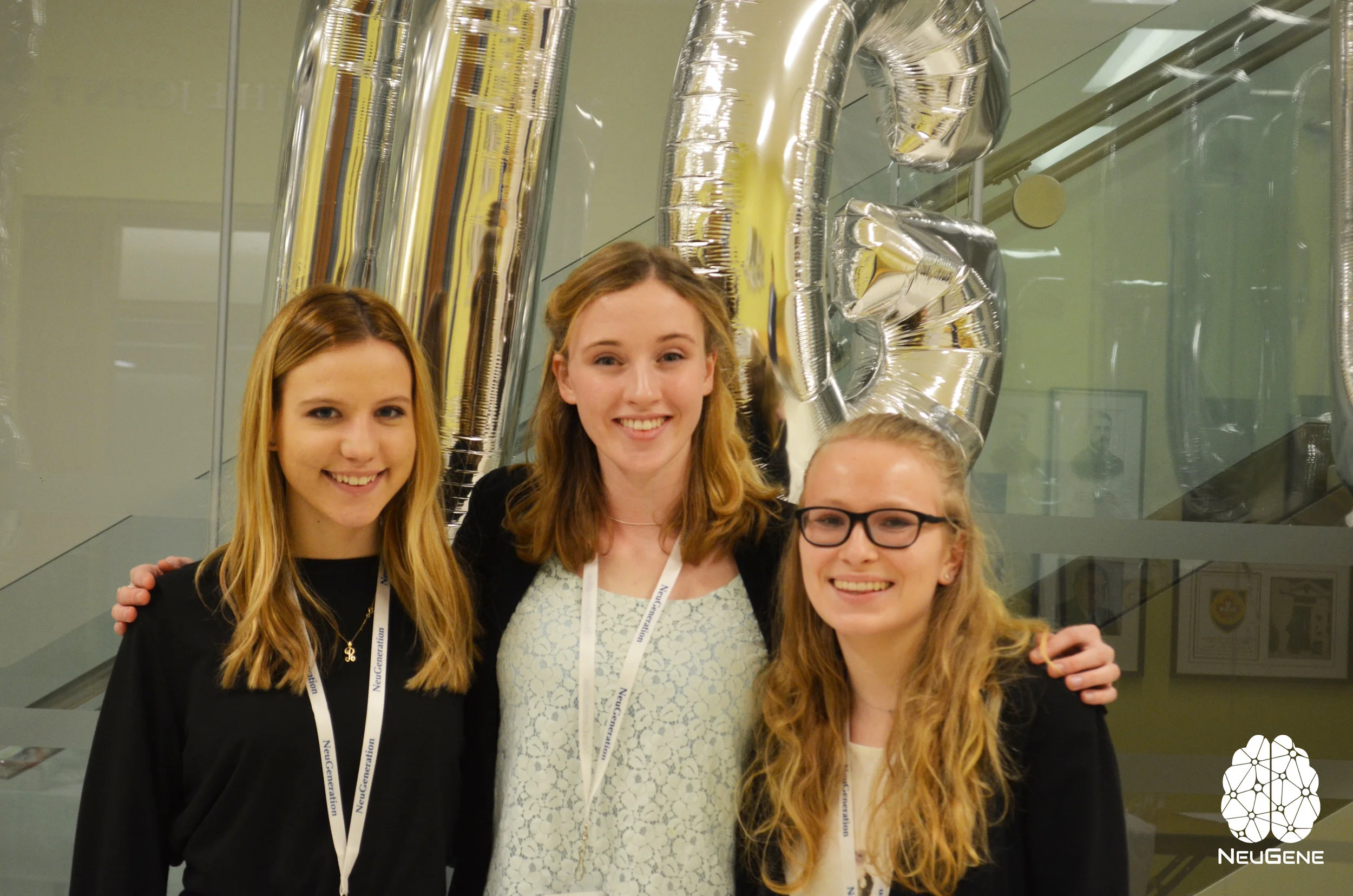



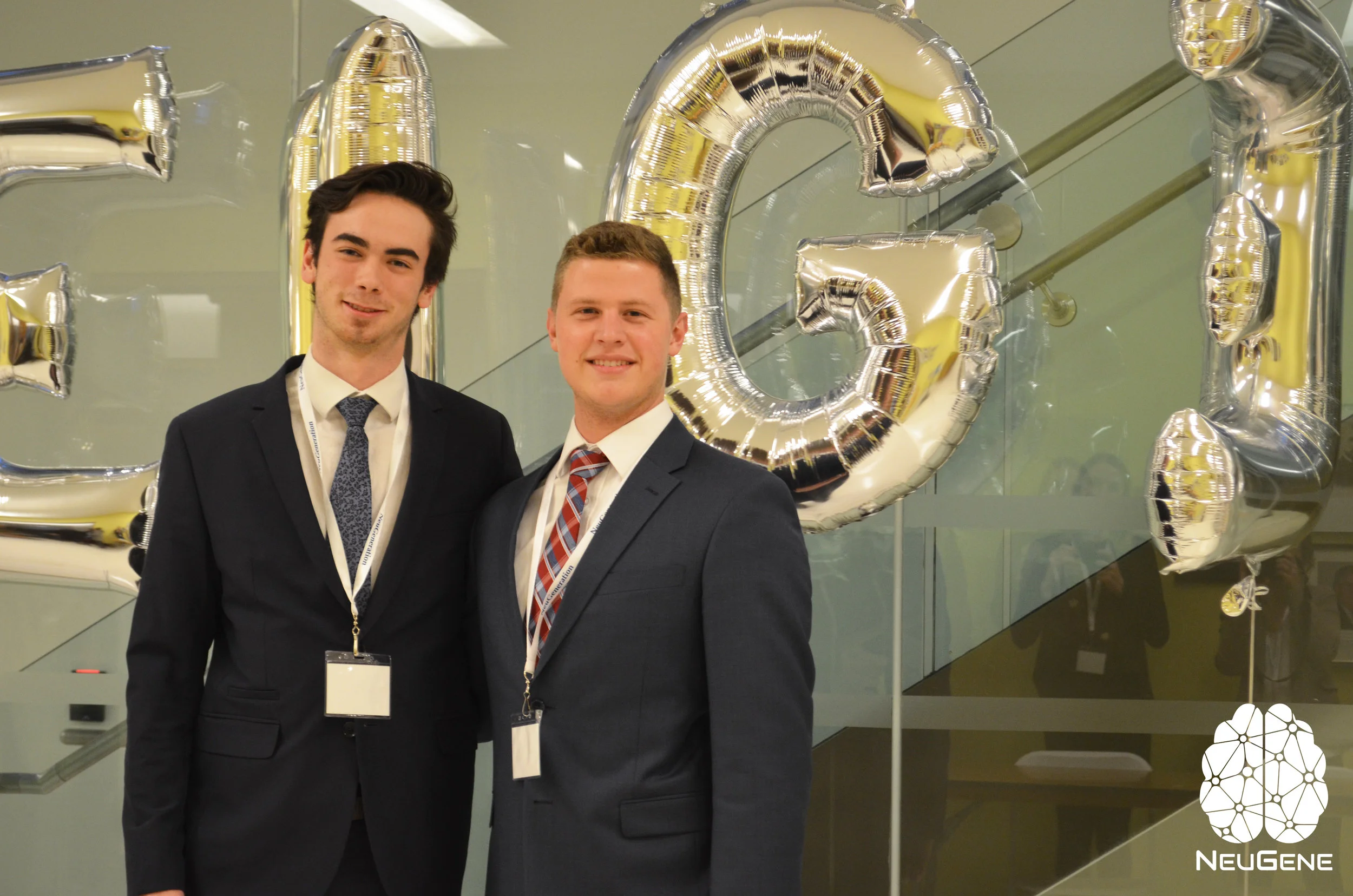
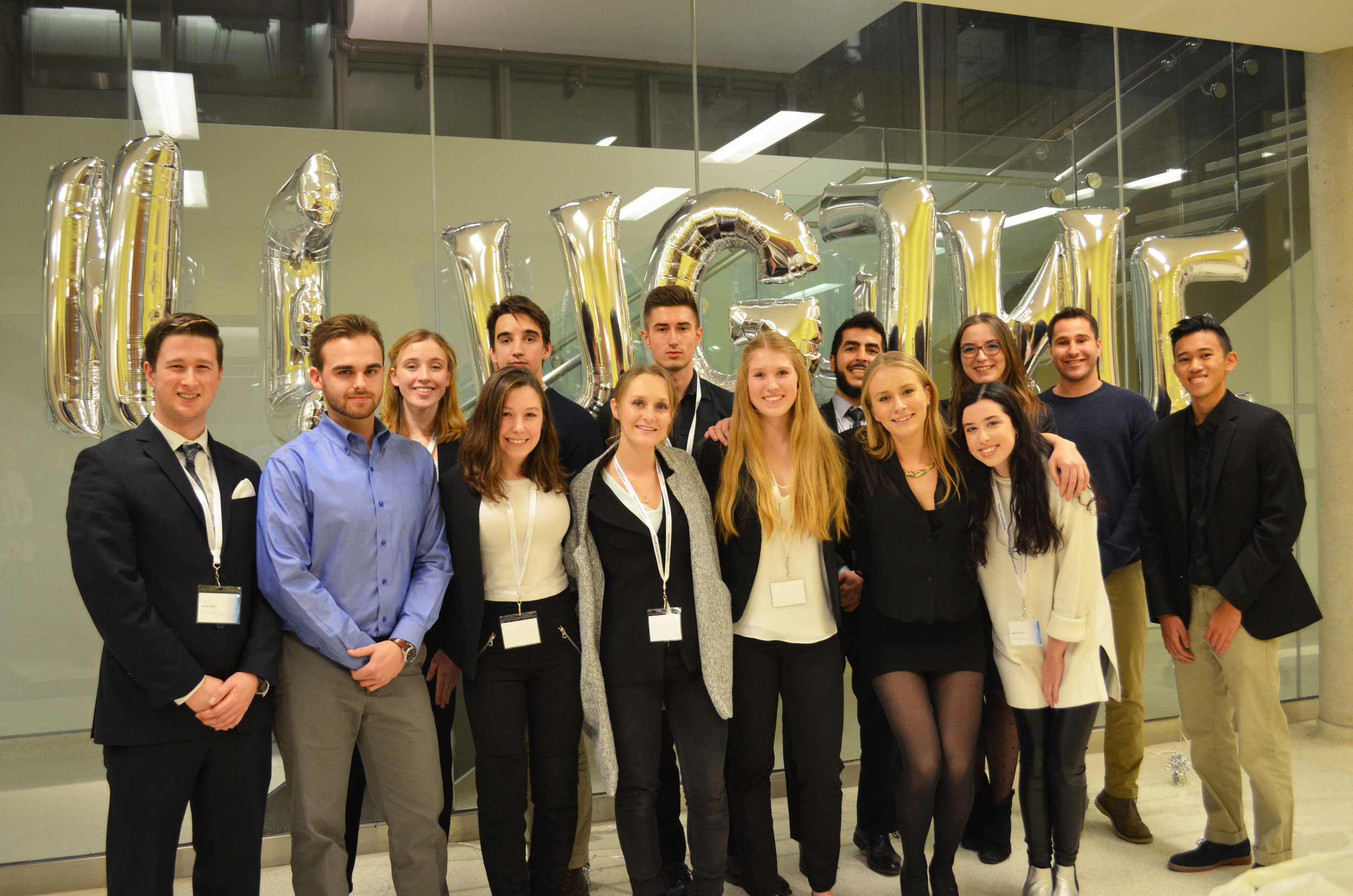
Presenters for NeuGeneration 2018 Conference
Dr. Claire Davies
Engineering & Neuroscience
Claire Davies comes from a diverse background having attended Queen’s University for her undergraduate degree, the University of Calgary for her masters and the University of Waterloo for her doctorate.
She did a postdoctoral research fellowship in the Department of Surgery at the University of Auckland before taking an academic role in the Department of Mechanical Engineering at the University of Auckland, and is now at Queen's.
From an industrial standpoint, for several years she was a rehabilitation engineer at the Saskatchewan Abilities Council, developed an industrial biomedical engineering Master's program with Fisher and Paykel Healthcare in New Zealand, and has acted as an expert witness in both the Auckland and Christchurch High Courts.
Dr. Jane A. Foster
Gut-Brain Interaction
Dr. Foster is an Associate Professor in the Department of Psychiatry and Behavioural Neurosciences at McMaster University in Hamilton, ON. She holds a research appointment as a Scientific Associate with the University Health Network and as a Scientist at St. Michael’s Hospital in Toronto, ON.
Dr. Foster is an active researcher in two large translational networks - the Province of Ontario Neurodevelopmental Disorders Network (POND) and the Canadian Biomarkers in Depression (CAN-BIND). Dr. Foster’s research focuses on the role of immune-brain and gut-brain interactions on neurodevelopment, behaviour, and brain function.
Dr. Foster hopes that her research accomplishments lead to a better understanding of how these relationships contribute to psychiatric disorders such as neurodevelopmental disorders, anxiety and depression.
Dr. Chris Dulla
Epilepsy & Traumatic Brain Injury
Chris Dulla Ph.D. is an assistant professor in the department of Neuroscience at Tufts University School of Medicine. Throughout his career he has focused specifically on understanding the synaptic mechanisms which underlie epileptic network activity. Chris received his B.S. from the University of Arizona in 2000. He went on to complete his doctoral training in the lab of Dr. Kevin Staley at University of Colorado where he focused on the role of adenosine in mediating CO2-induced changes in excitability and network activity.
Chris then completed his post-doctoral training at Stanford University in the lab of Dr. John Huguenard where he continued his studies of epilepsy and focused on how cortical malformations disrupt cortical glutamatergic neurontransmission.
The Dulla Lab focuses on molecular and cellular underpinnings of epileptogenesis. Techniques used in the lab center around electrophysiology, imaging, and EEG. Chris has also always enjoyed developing novel technical approaches and currently is exploring laser-scanning photostimulation of astrocytes, high-speed imaging of neuronal activity, and models of epilepsy and brain injury.
Dr. Eric Dumont
Substance Abuse & Addiction
My research program aims at understanding the neurophysiological mechanisms governing behaviours in mammals. In particular, I try to understand how the brain resolves the adaptive conflict imposed by engagement in individual/species surviving behaviours despite several threats or negative consequences. In fact, numerous human mental health diseases including anxiety disorders, substance abuse, and obsessive-compulsive disorders seem to result from a poor neurophysiological resolution of this conflict and we strive to discover the underlying cellular and molecular dysfunctions.
I teach cellular and molecular neuroscience using an active class-learning model whereby students are invited to a journey through the critical steps that lead from the initial discovery to the most recent outstanding questions driving current research of a few selected fundamental concepts in cellular neuroscience. In parallel, I use the content of my courses as a vehicle to encourage independent learning, problem-solving and communication skills.
Dr. Nader Ghasemlou
Neuroimmunology of Pain
Dr. Nader Ghasemlou is the Assistant Professor, Departments of Anesthesiology & Perioperative Medicine and Biomedical & Molecular Sciences at Queen’s University.
He is also the Director at the Pain Chronobiology & Neuroimmunology Laboratory.
Dr. Ghasemlou received his BSc and MSc at Queen’s University, and completed his PhD at McGill University with a focus on the neuroimmunology of spinal cord injury. He was a Banting Fellow during his post-doctoral research fellowship at Harvard Medical School and Boston Children’s Hospital, where his work focused on pain behaviour and physiology.
Dr Ghasemlou joined Queen’s University in 2015, and his laboratory has received funding from CIHR, NSERC, National MS Society (USA), Conquer Paralysis Now Foundation, the Canadian Anesthesiologists’ Society, and other local, national, and international groups.
Dr. James Danckert
A consequential experience: Exploring the cognitive, neural and genetic profile of boredom.
Dr. James Danckert was trained as a Clinical Neuropsychologist in Melbourne, Australia, where he also received his PhD. He completed a Postdoctoral Fellowship at Western under the guidance of Dr. Mel Goodale, before taking up a Tier II Canada Research Chair in Cognitive Neuroscience at the University of Waterloo in 2002.
His work has broadly explored brain-behaviour relationships in many different neurological populations including patients with Alzheimer's Disease, Schizophrenia and most prominently, stroke survivors. He has examined the brain bases of attention, visuomotor control and decision making.
His current focus on boredom stems from an interest in the consequences of traumatic brain injury where he has shown that patients report elevated levels of boredom post-injury.

